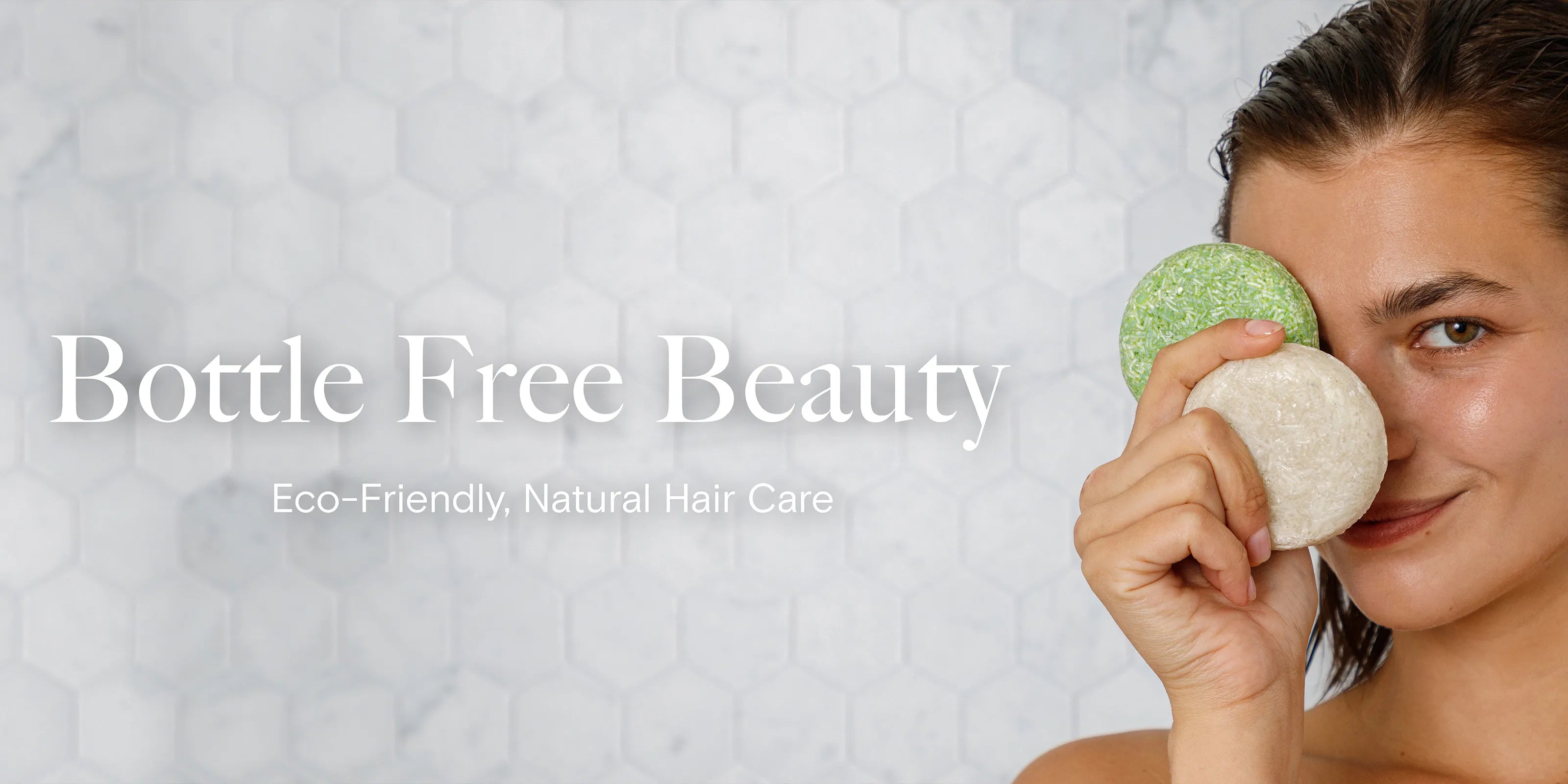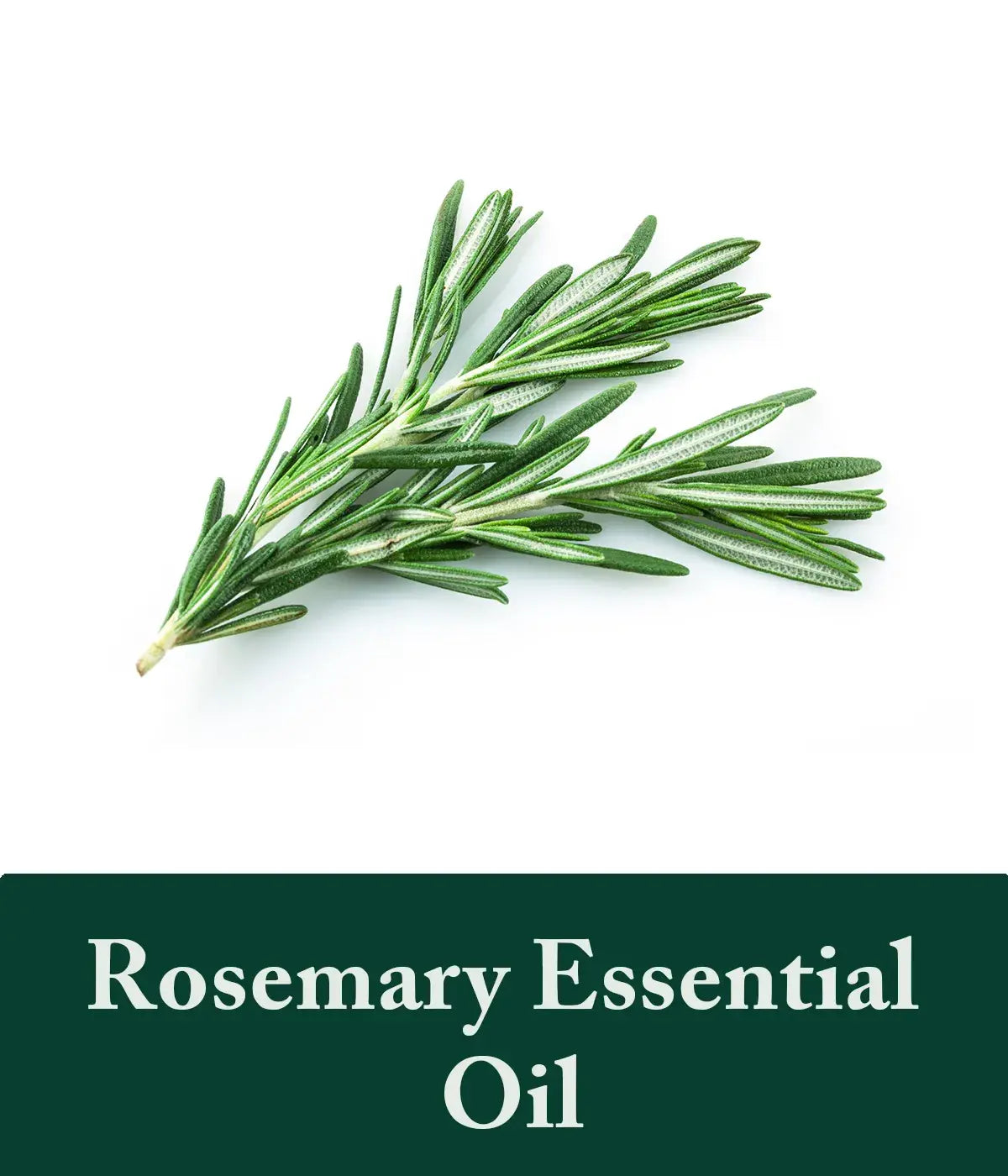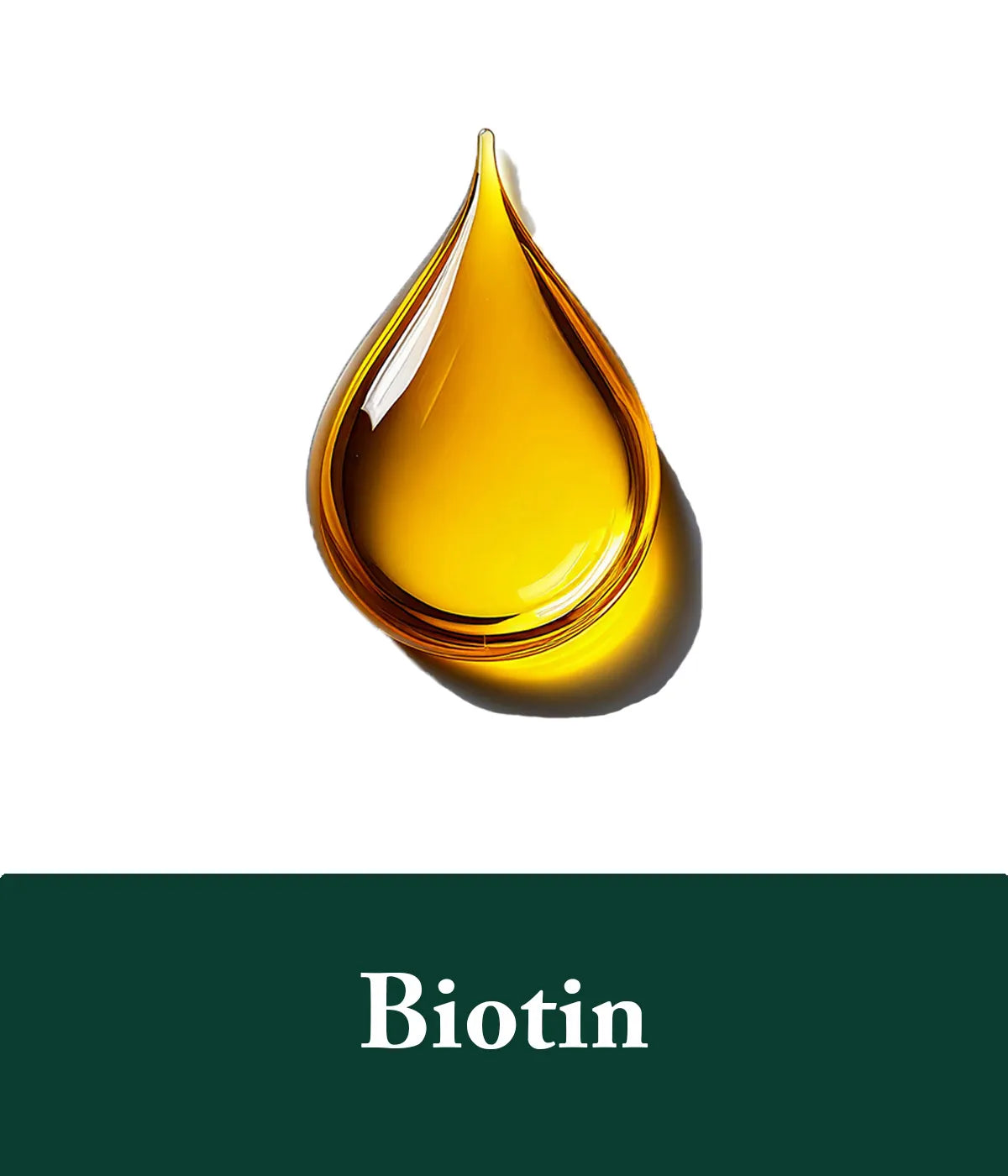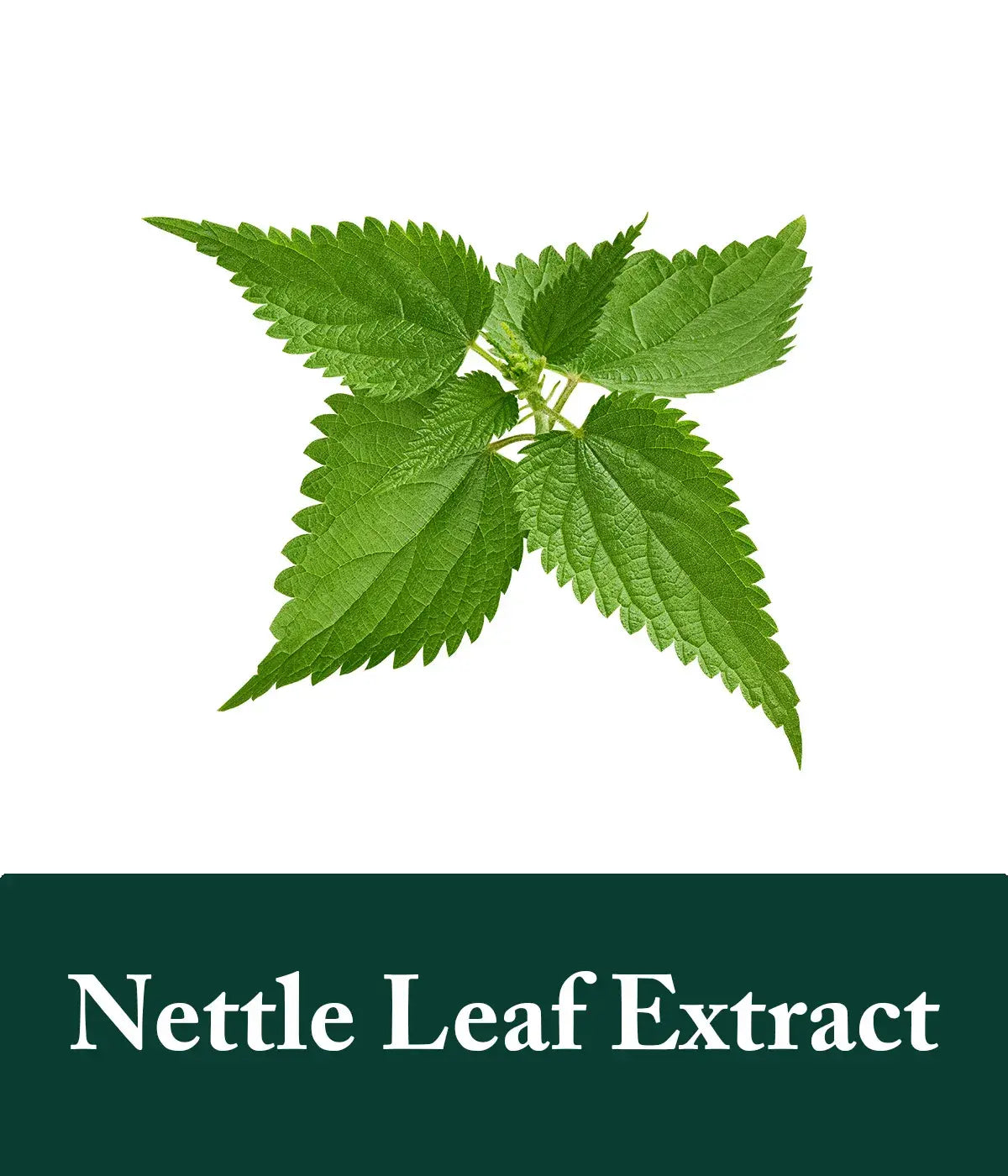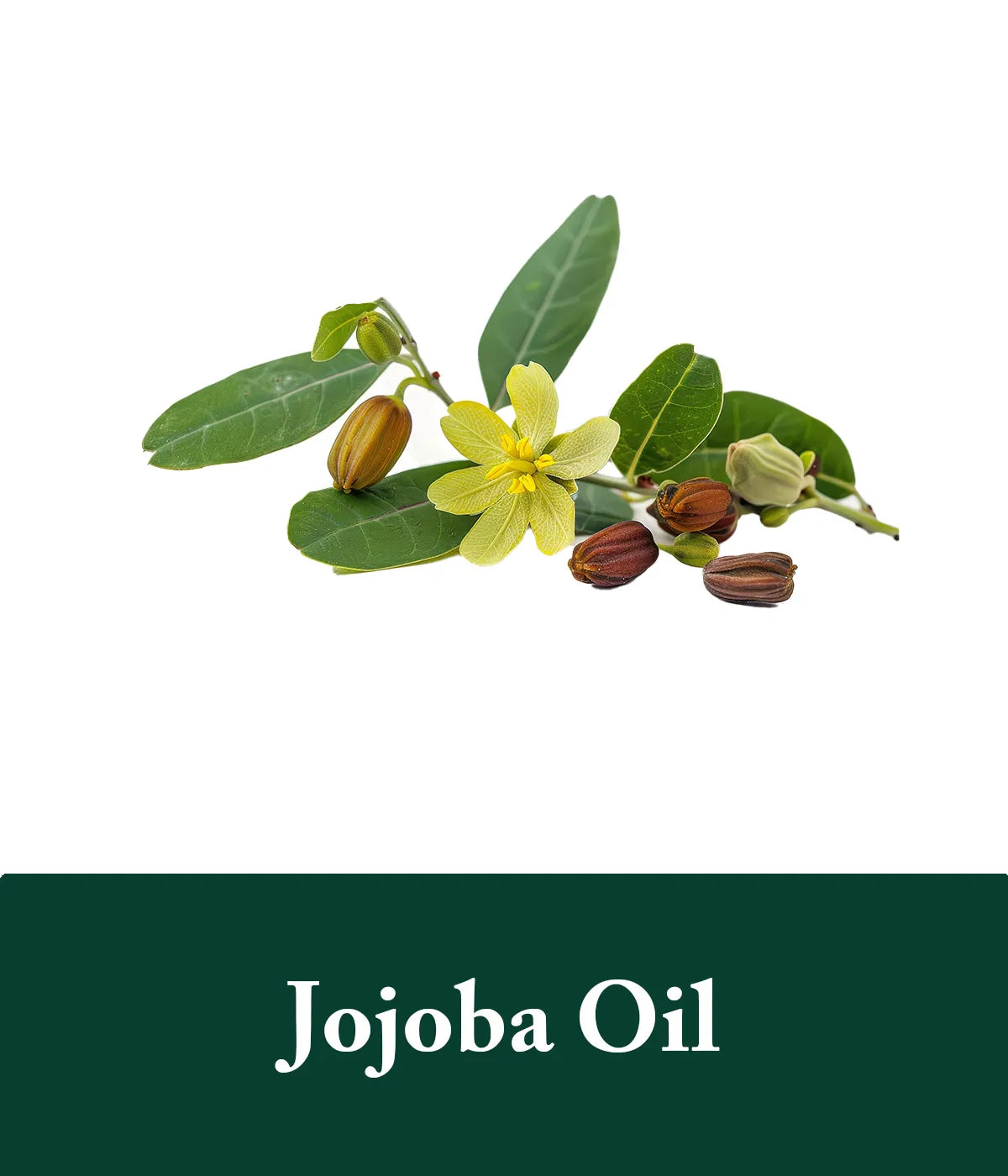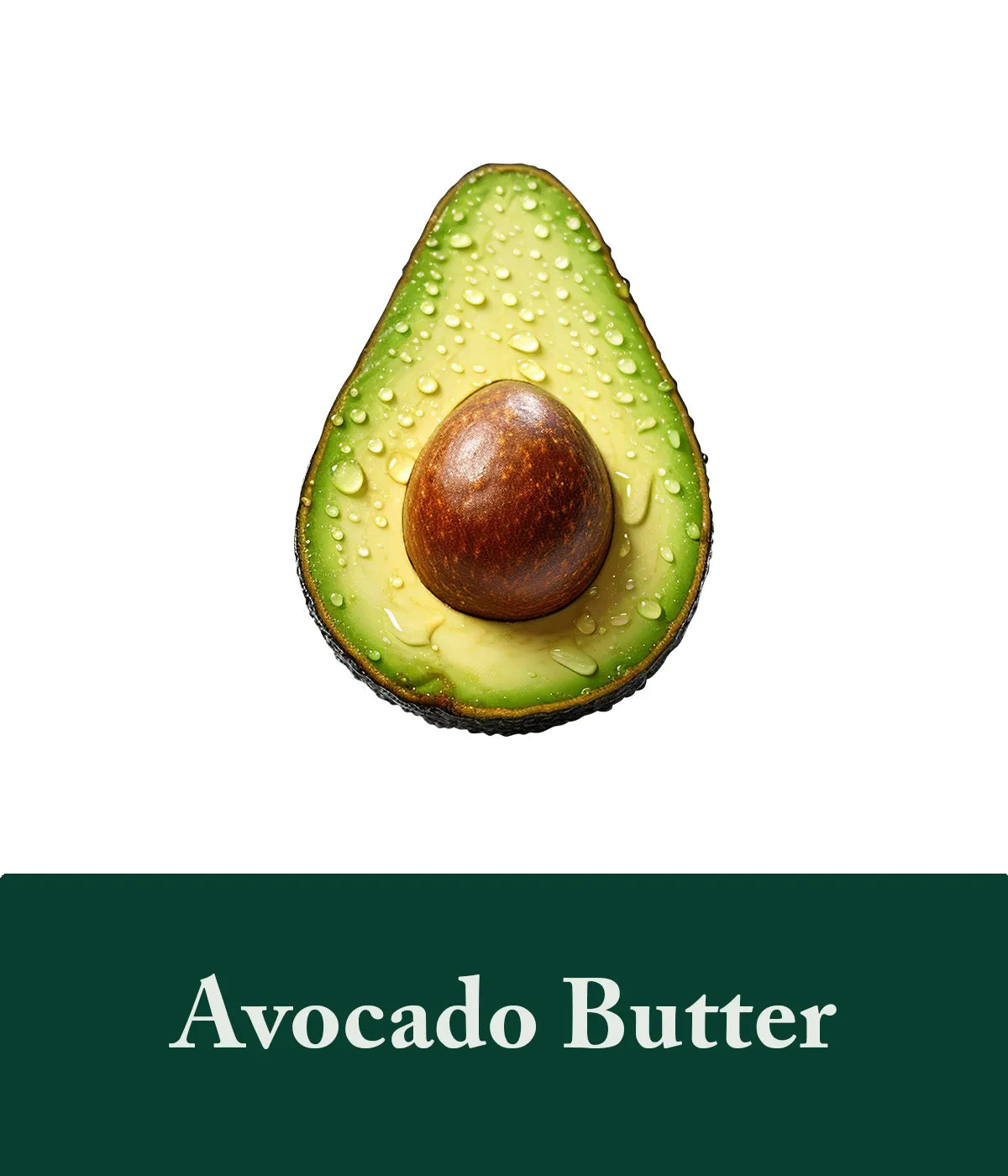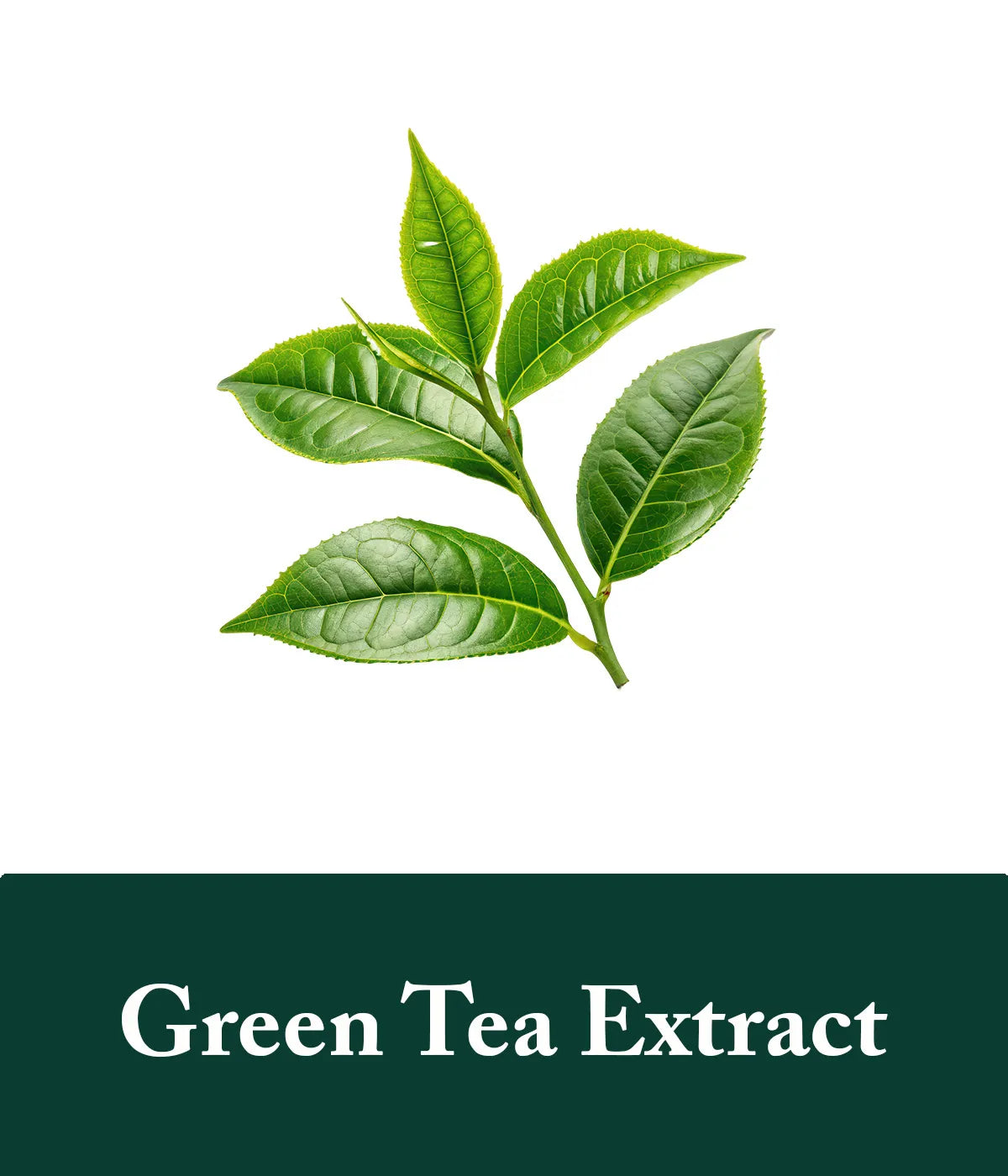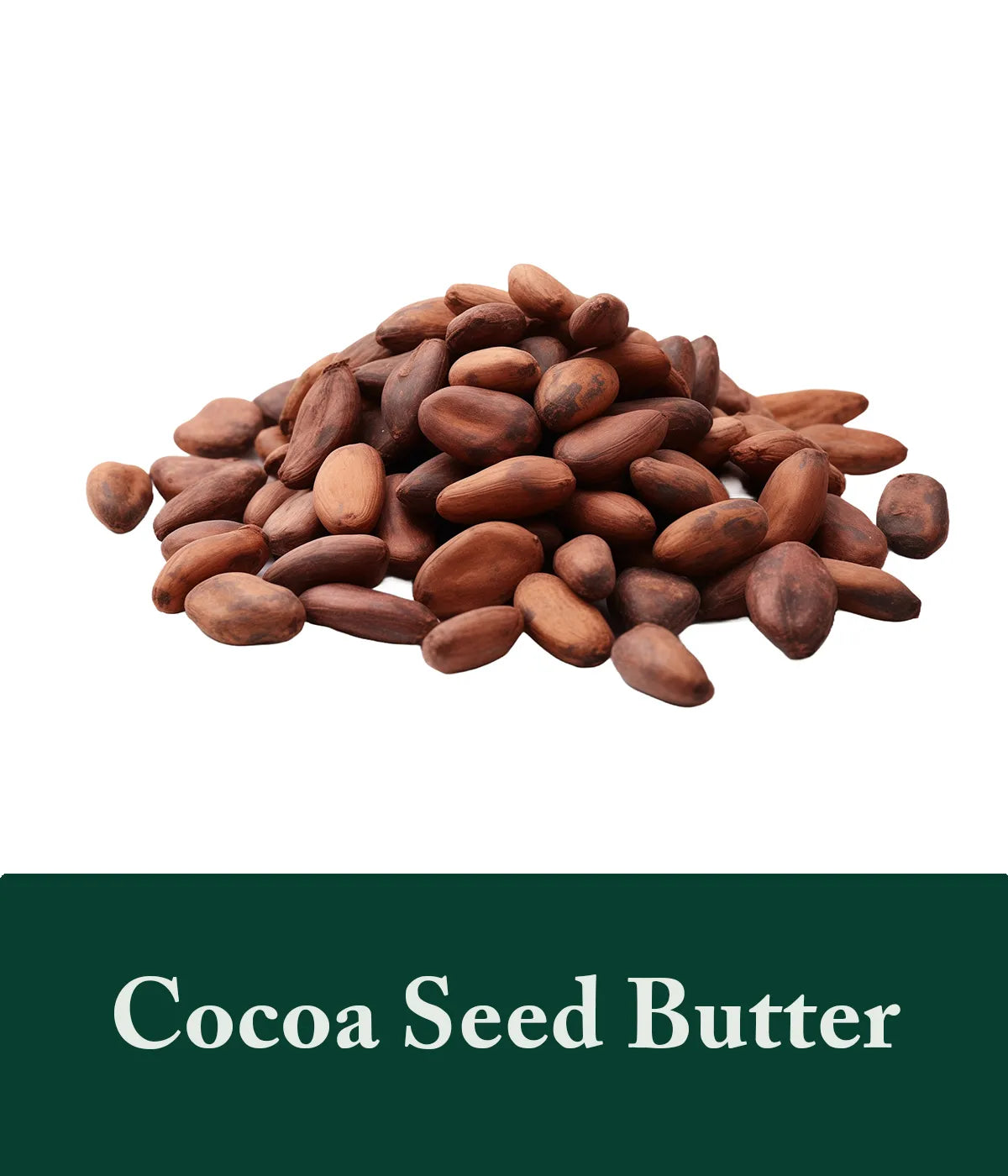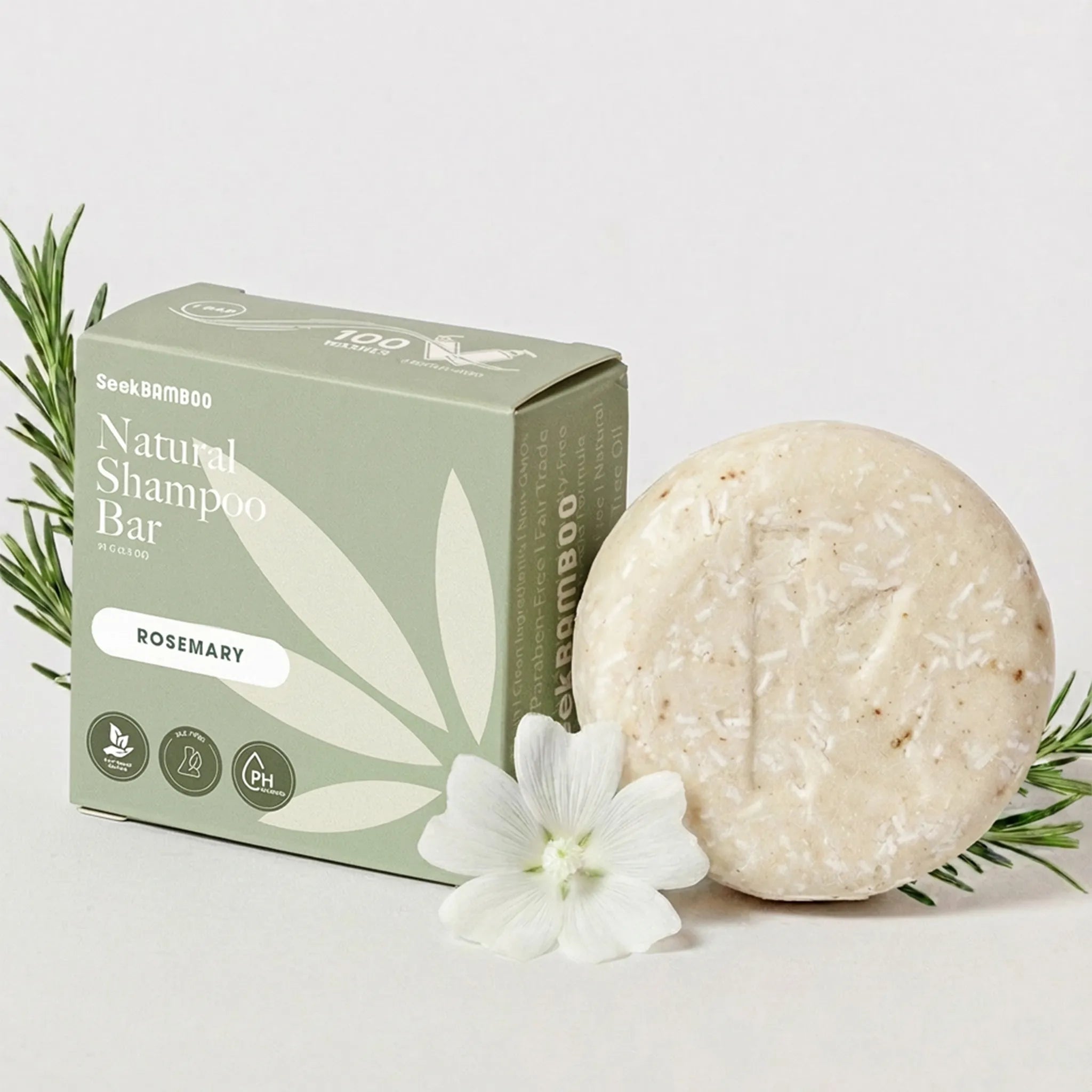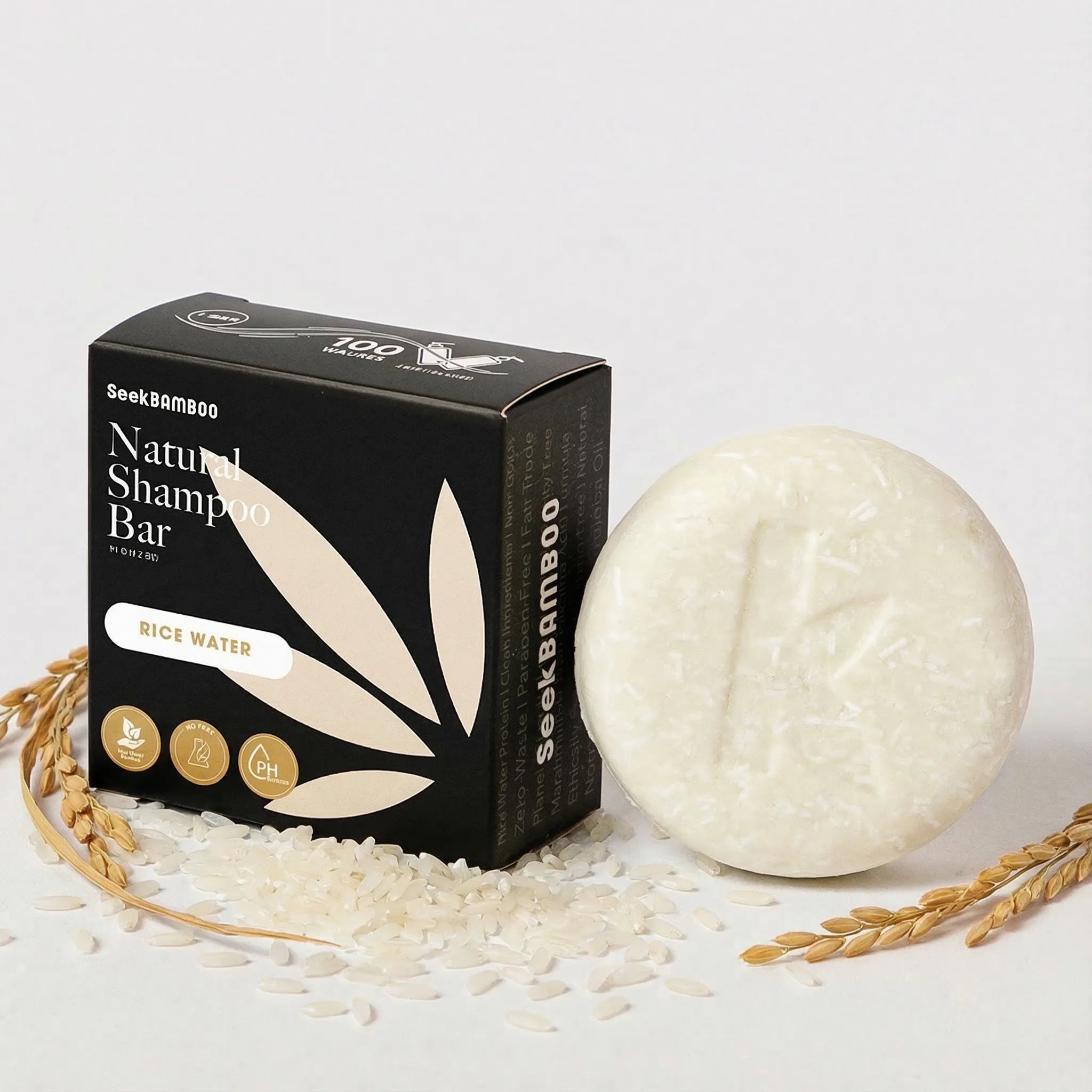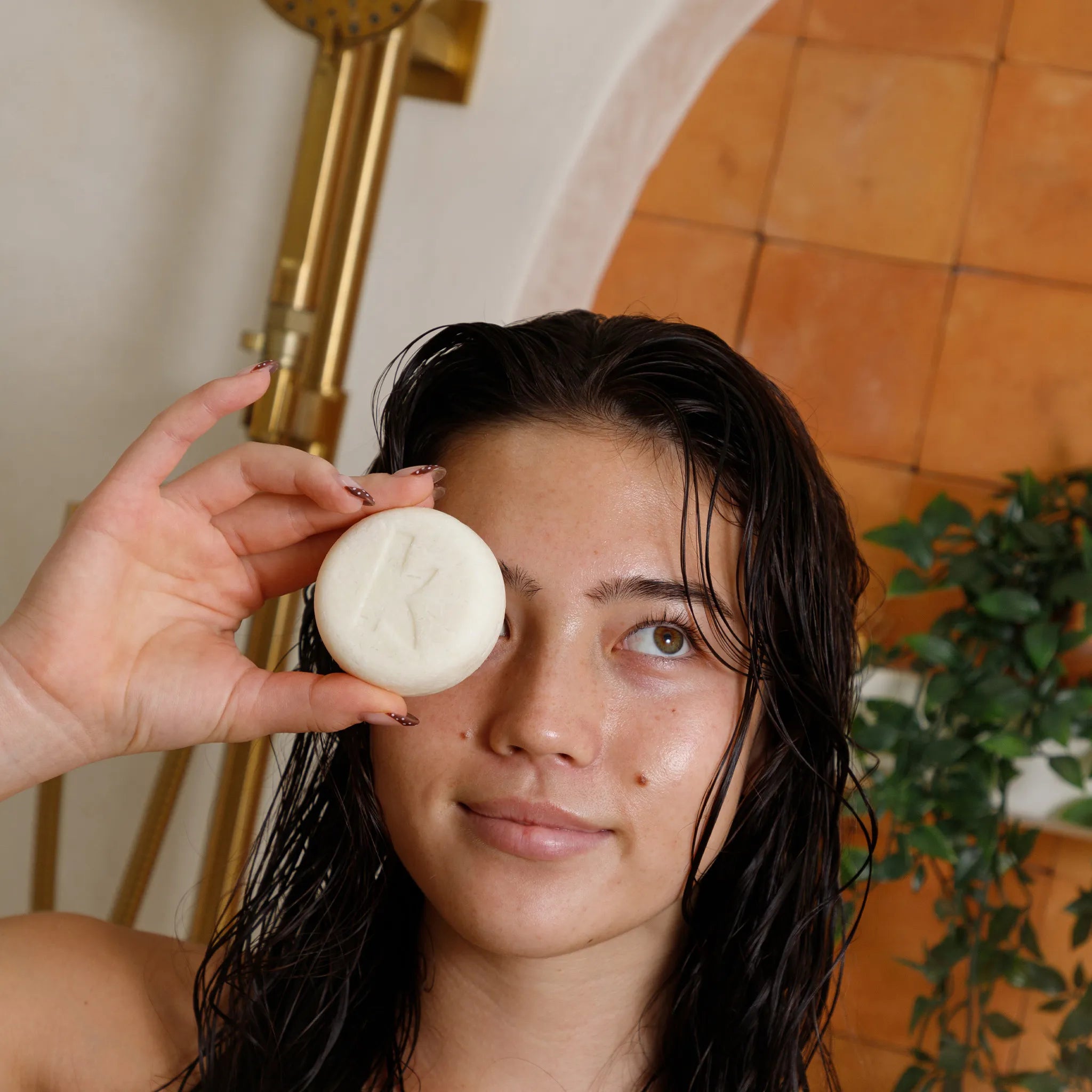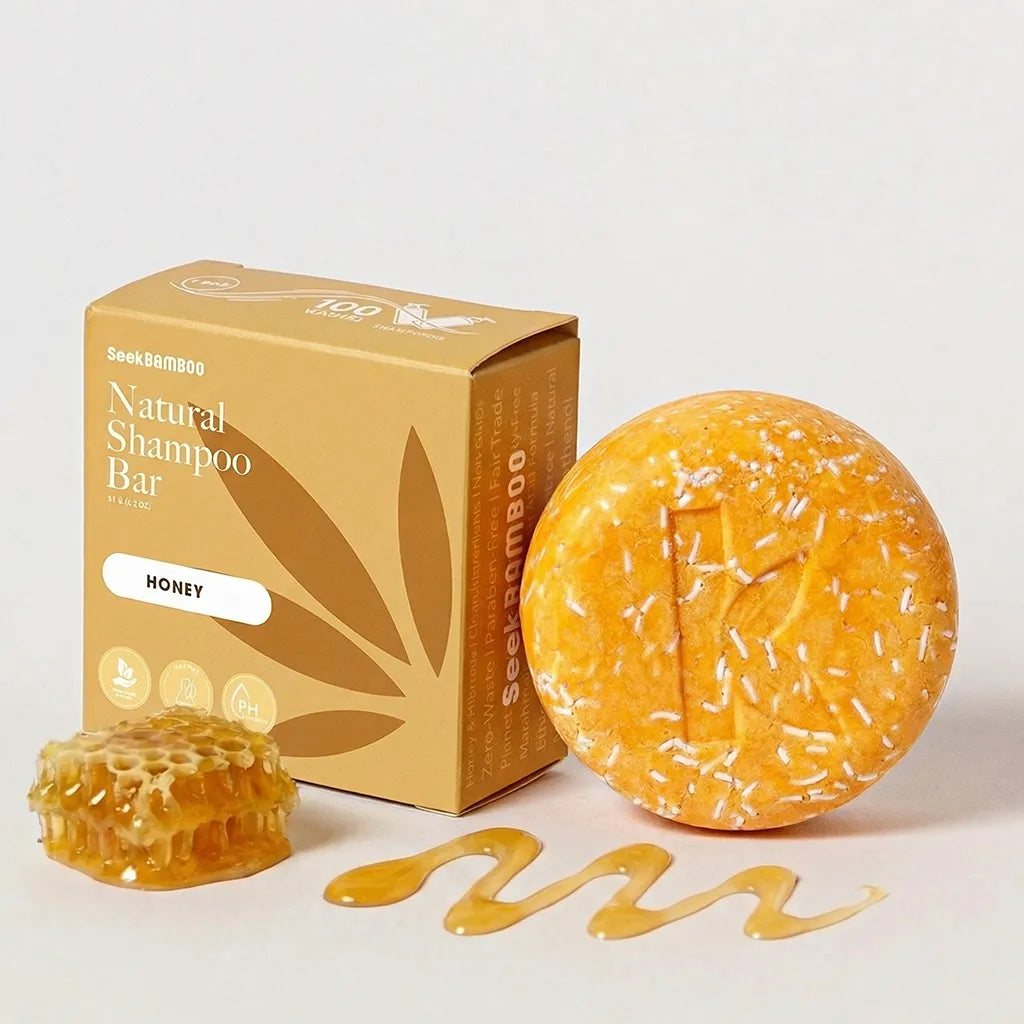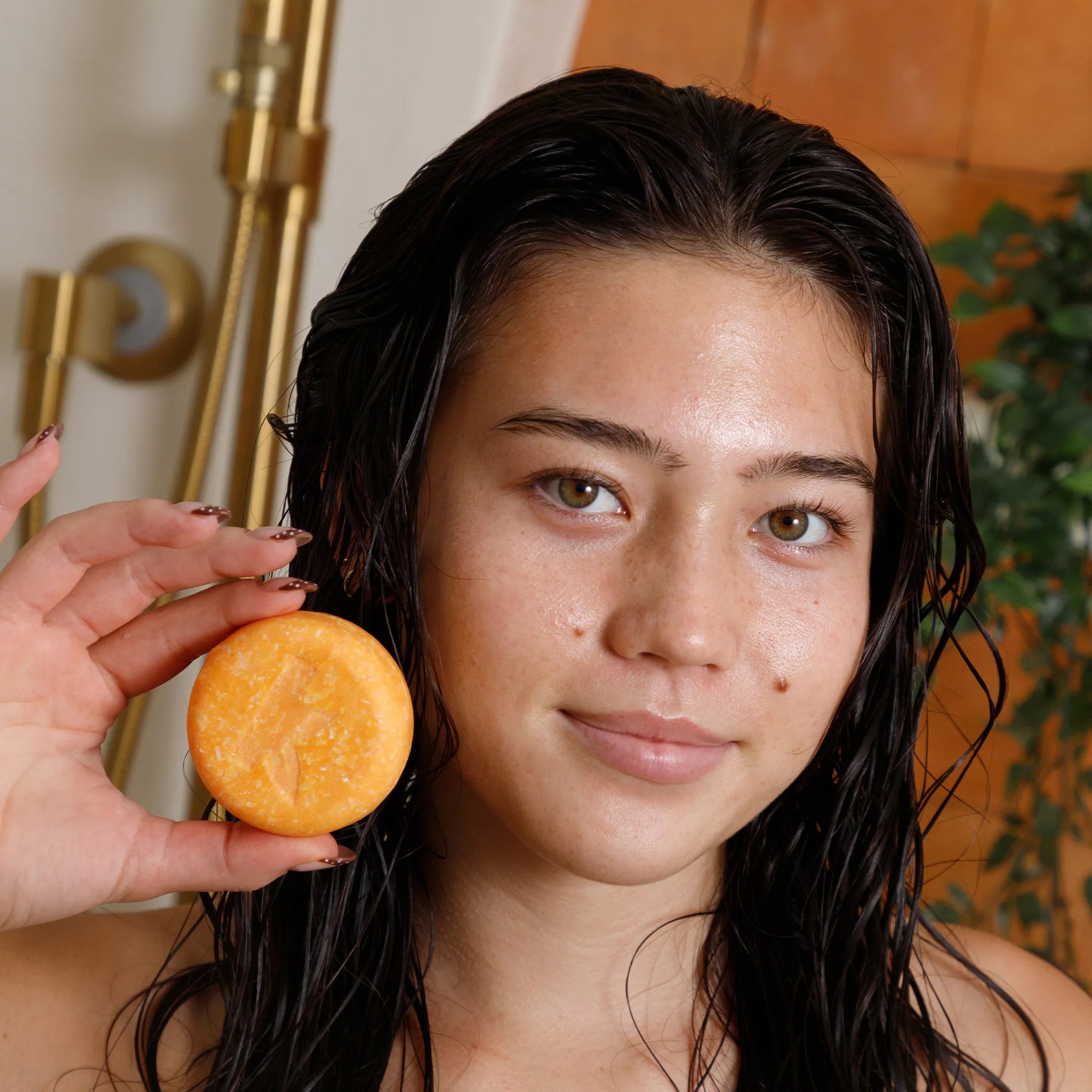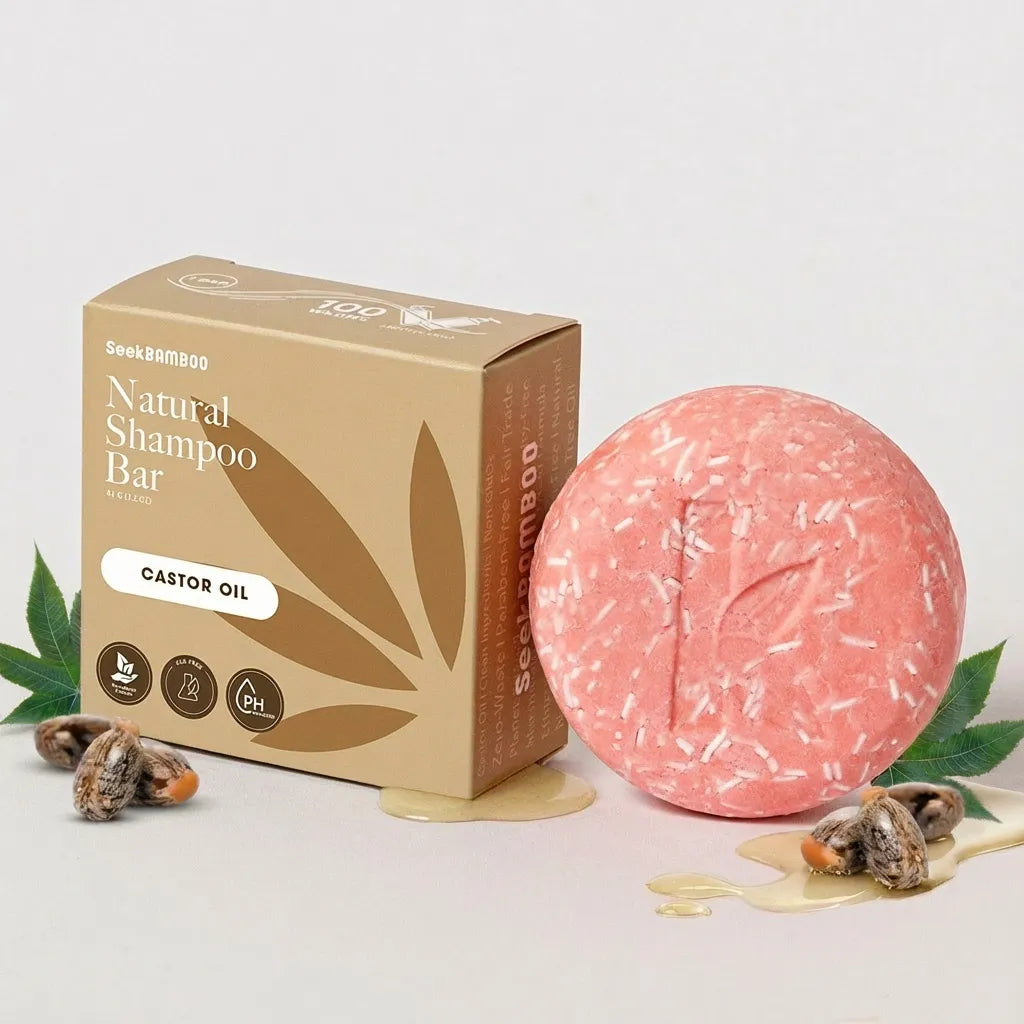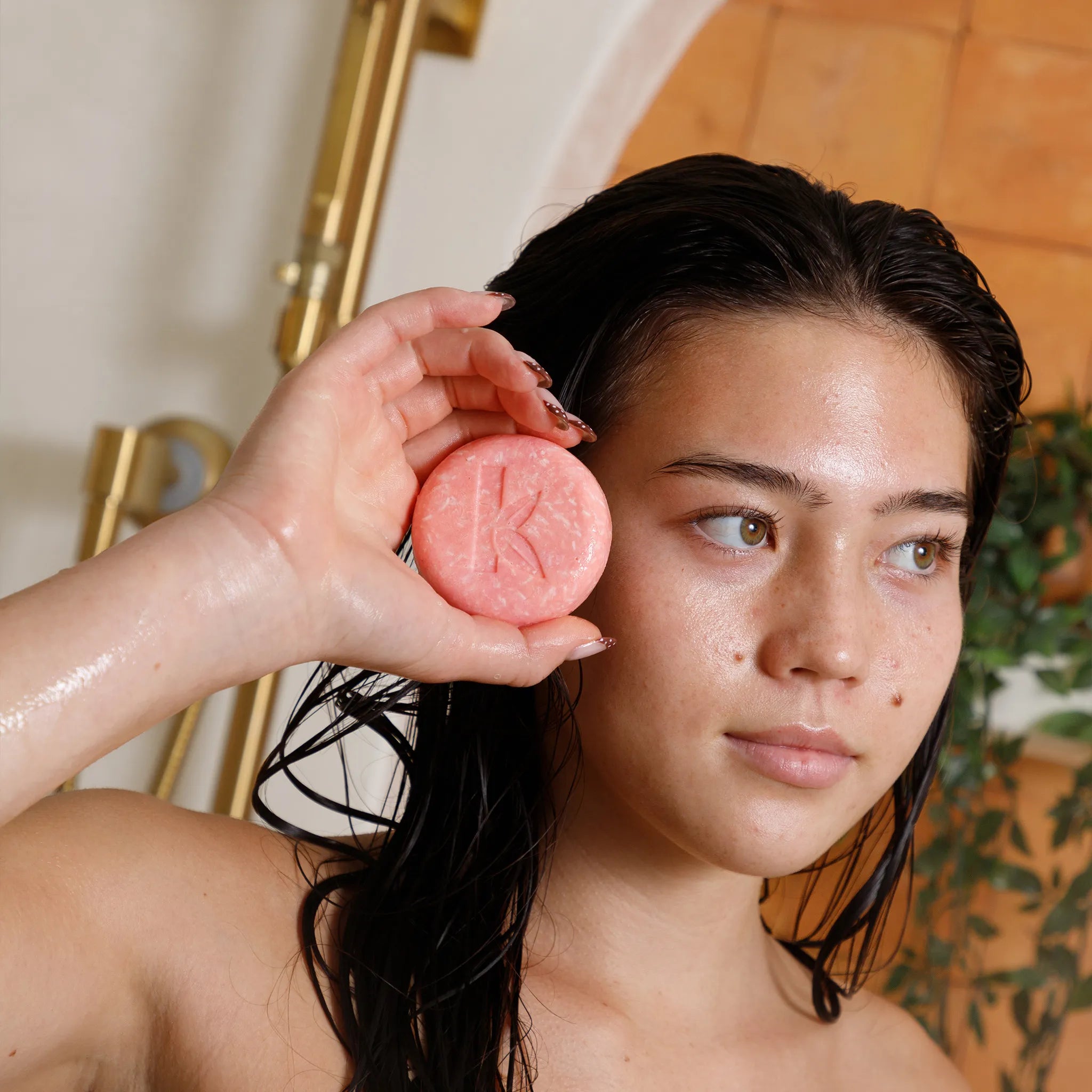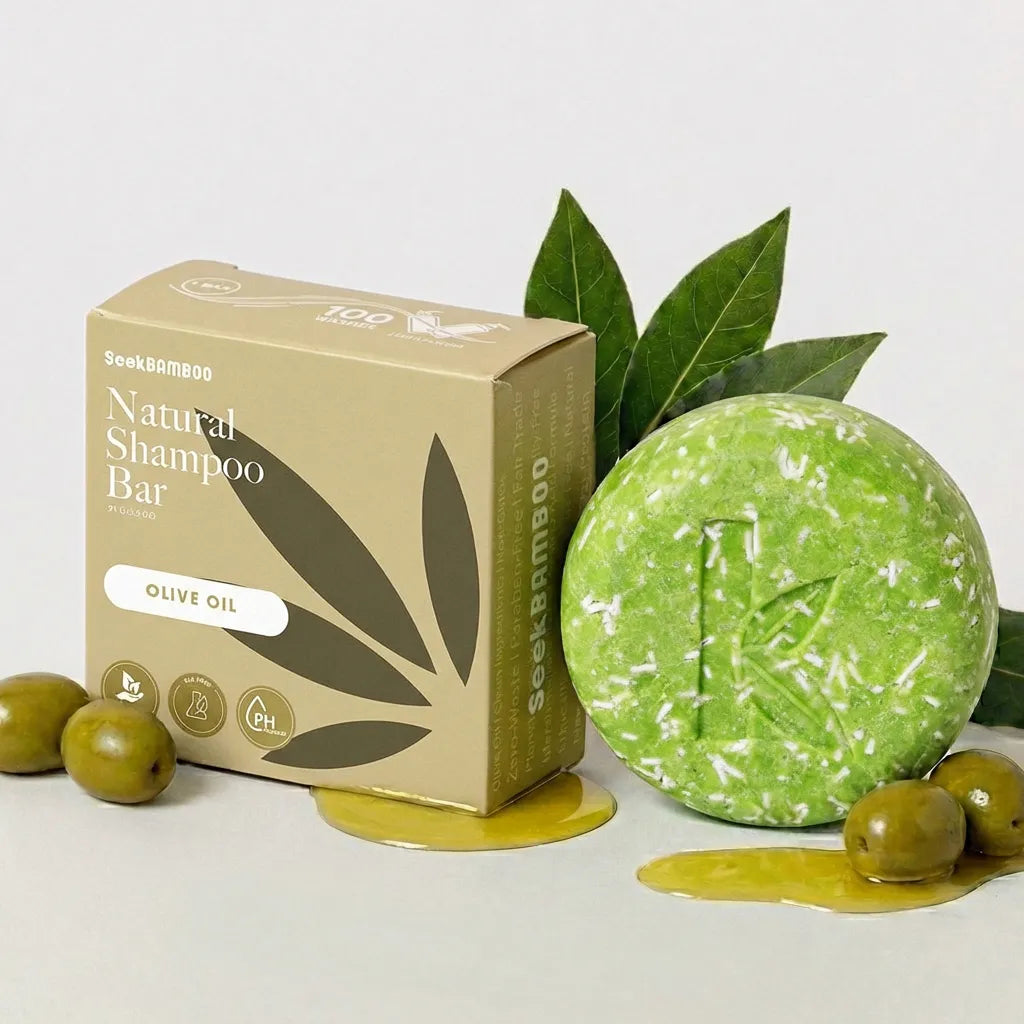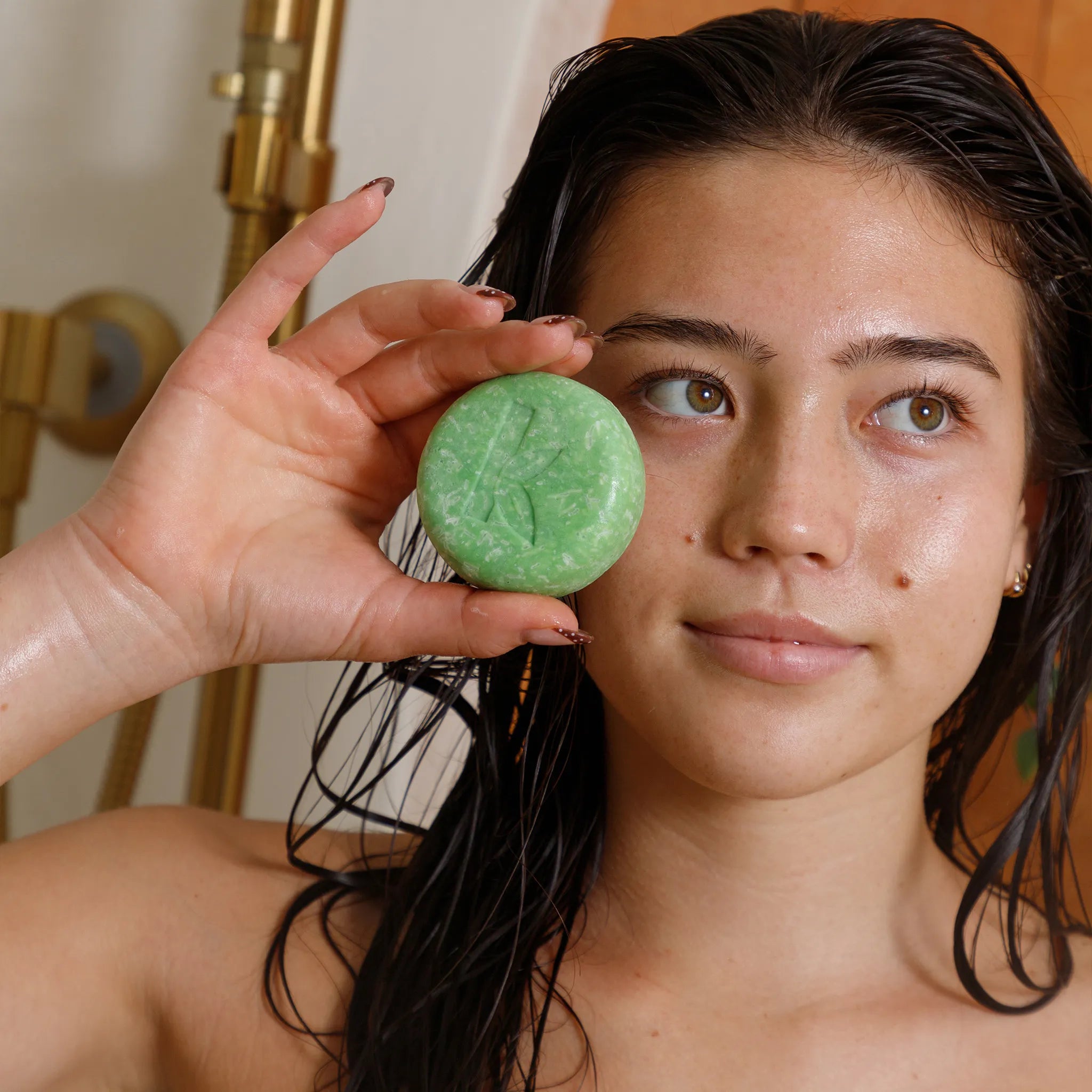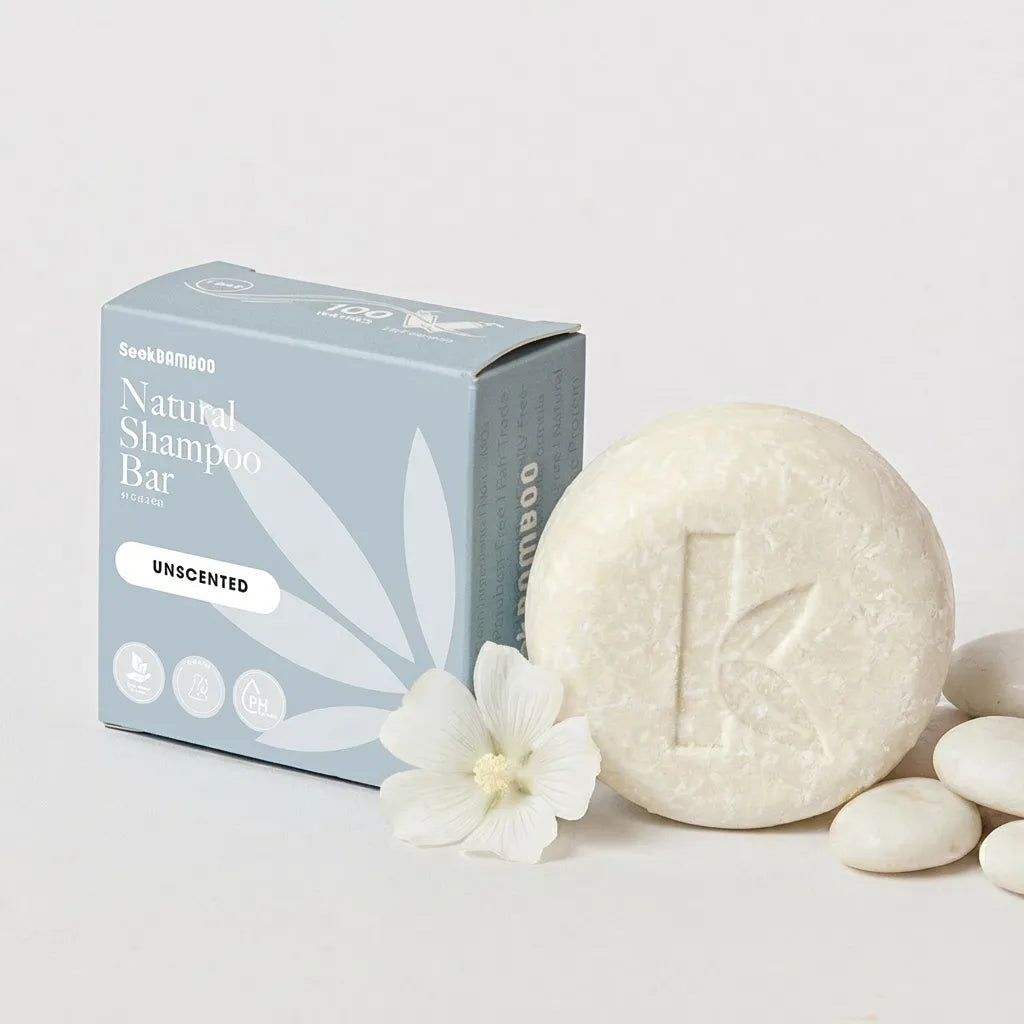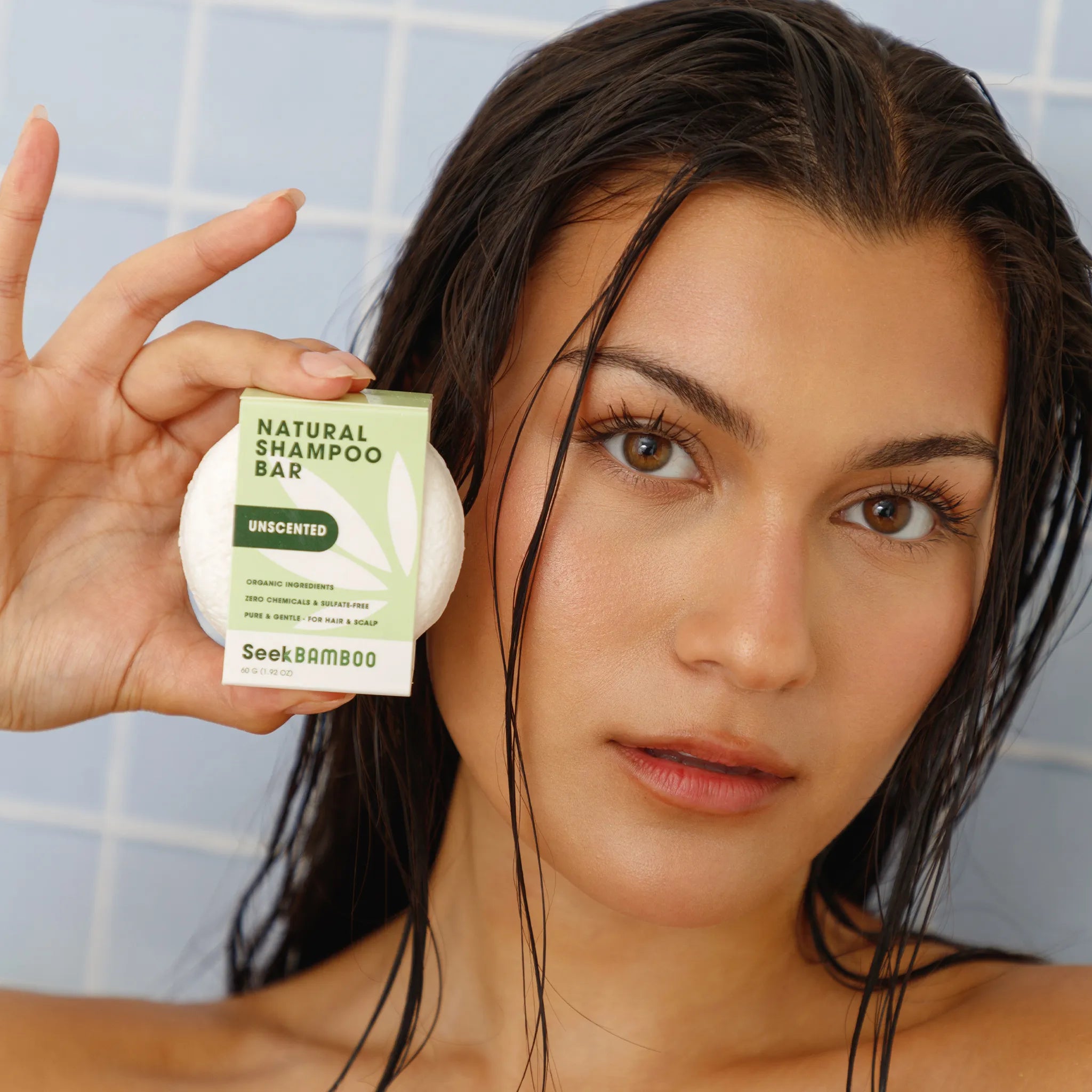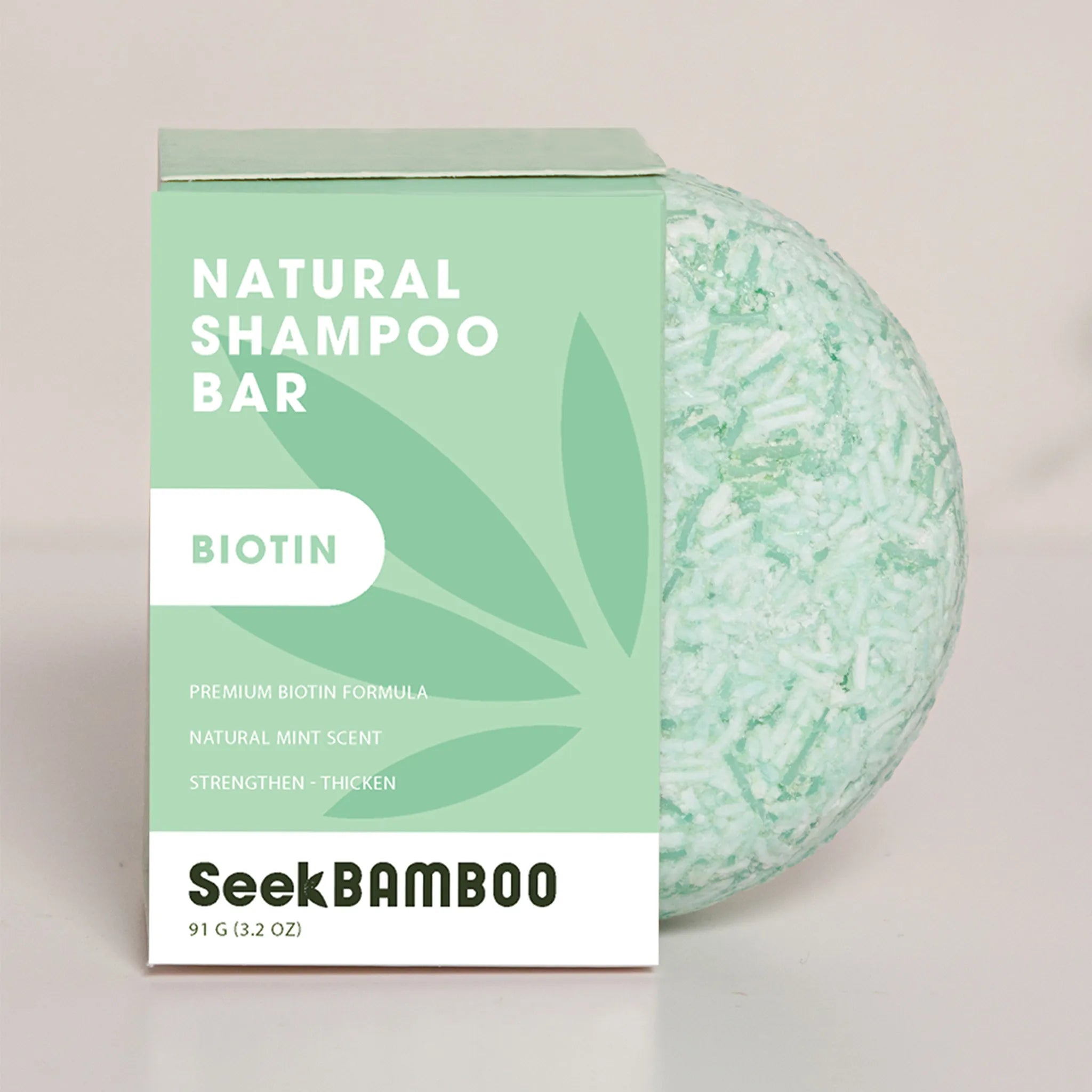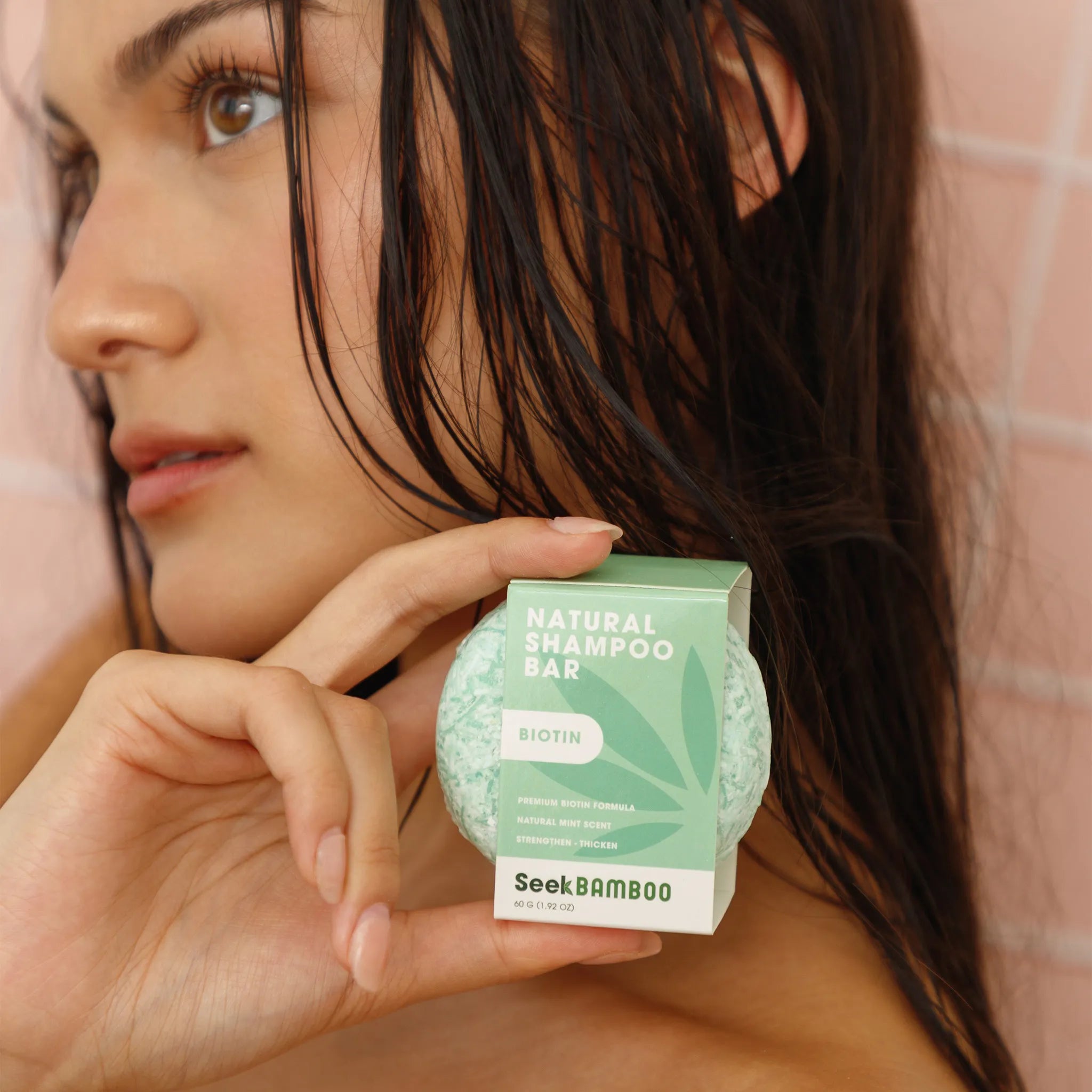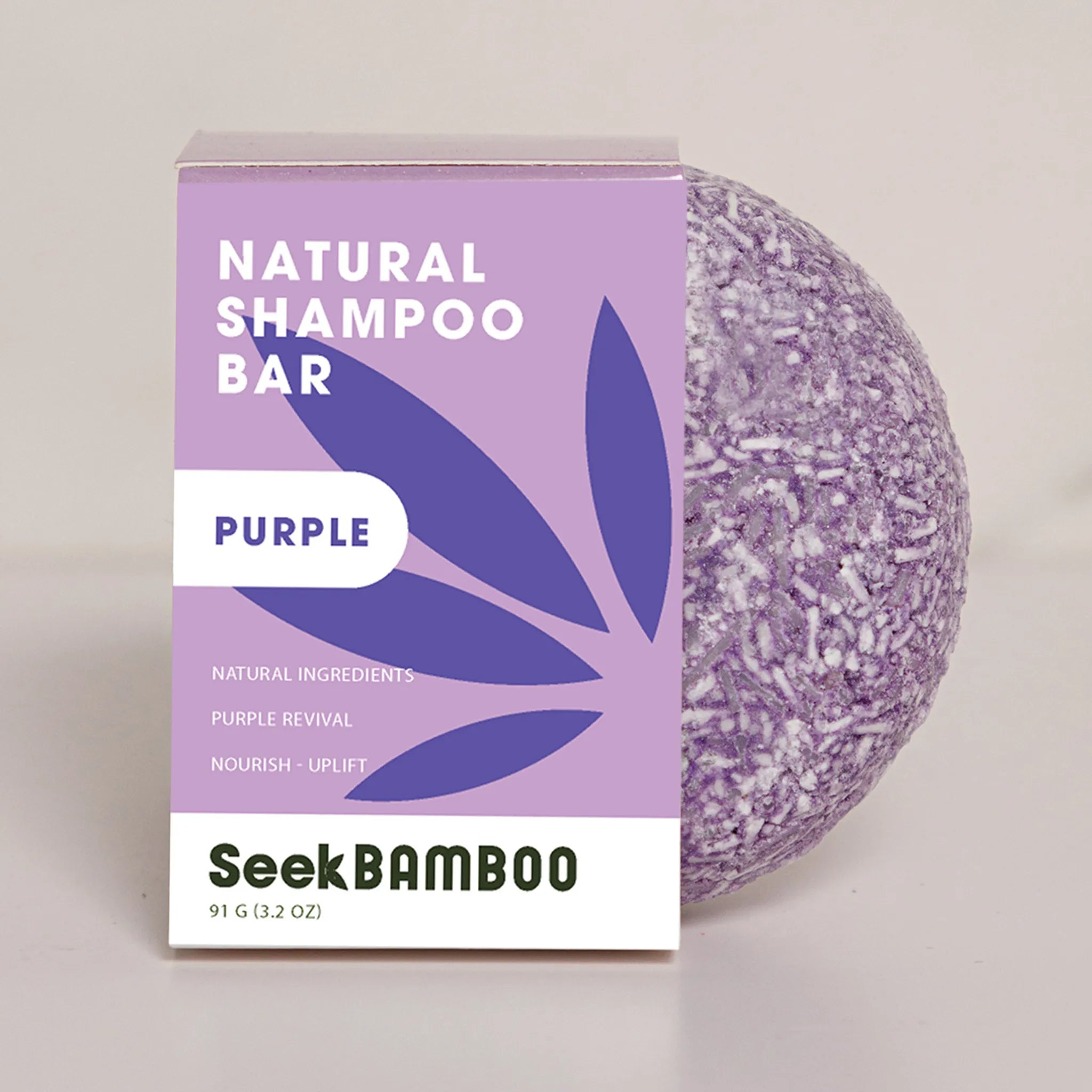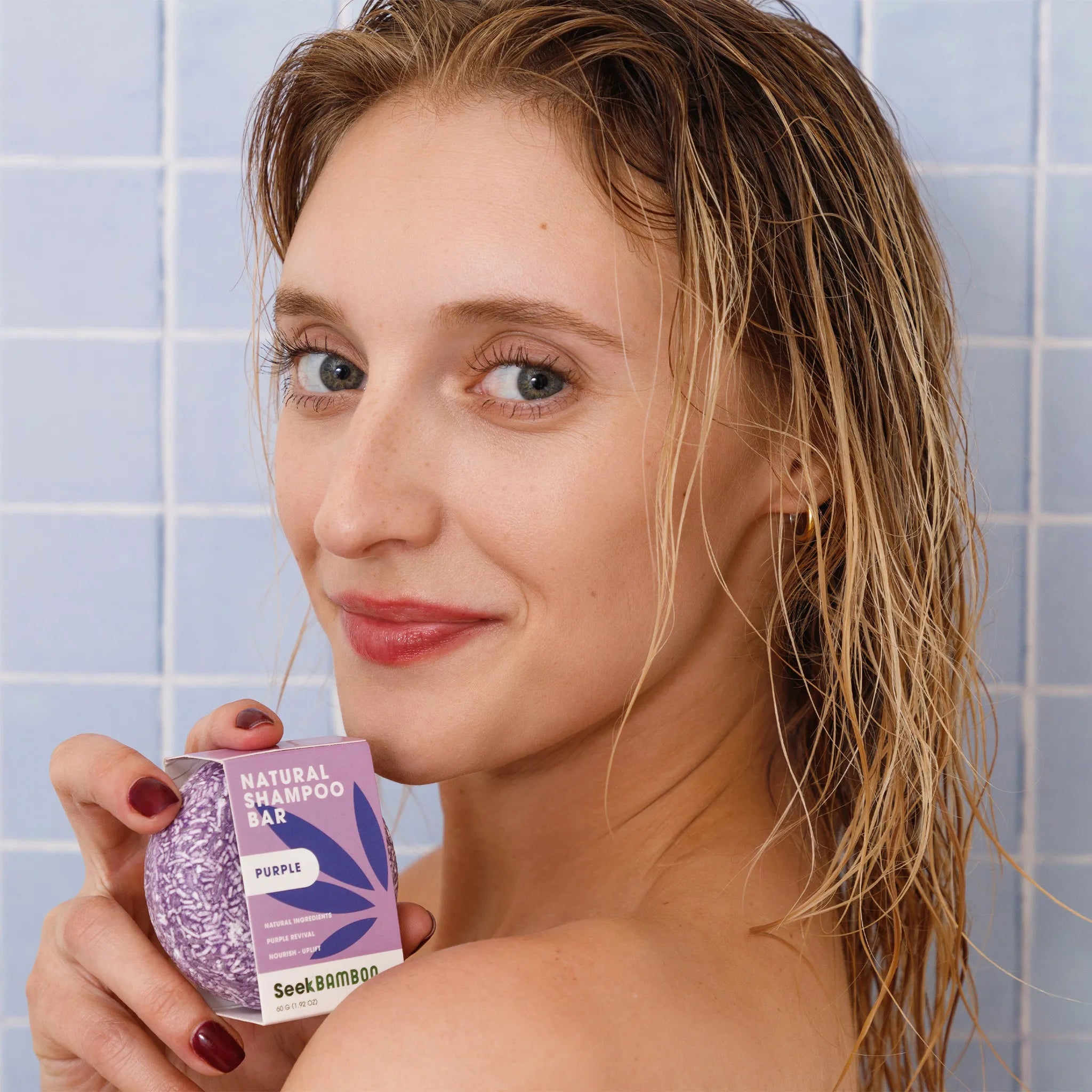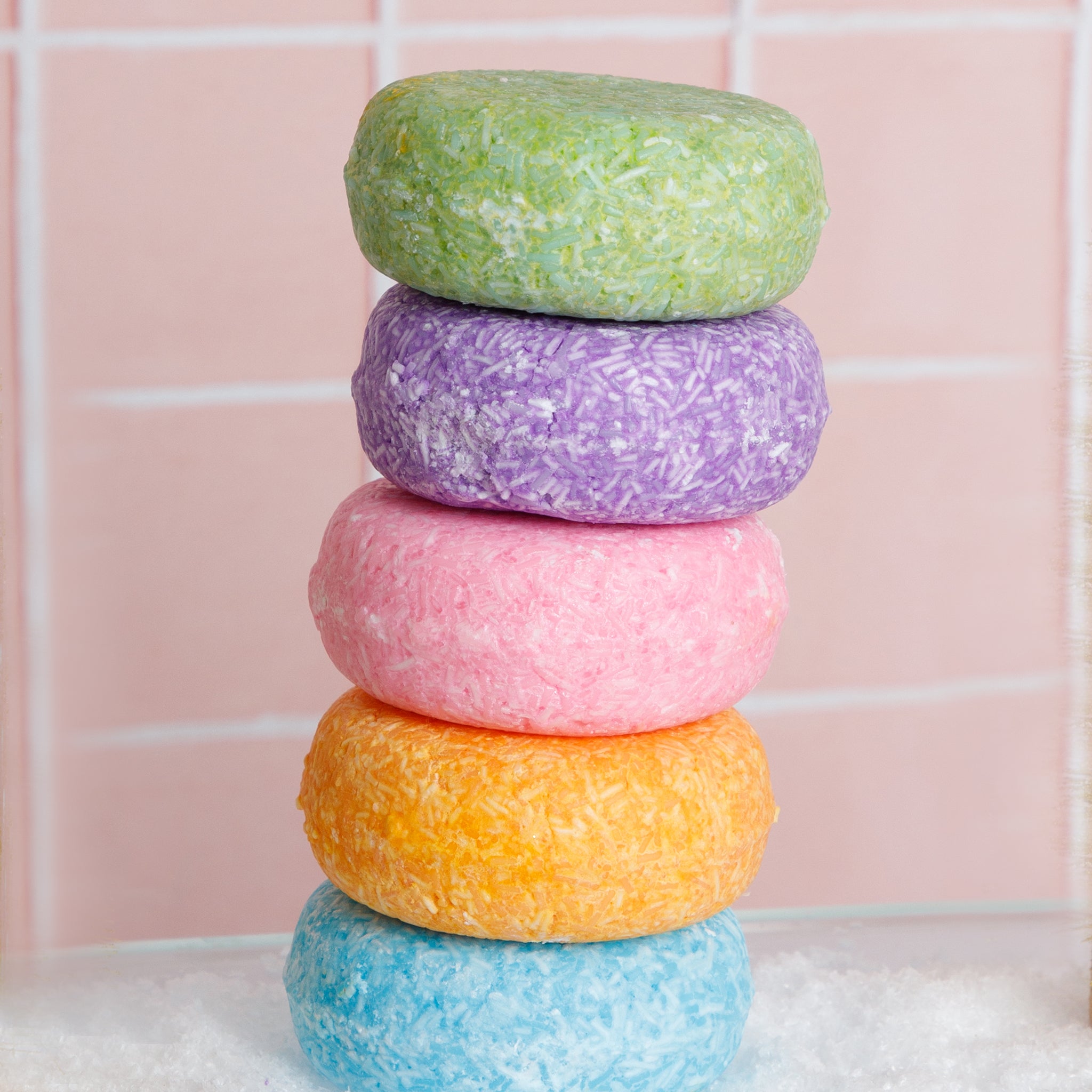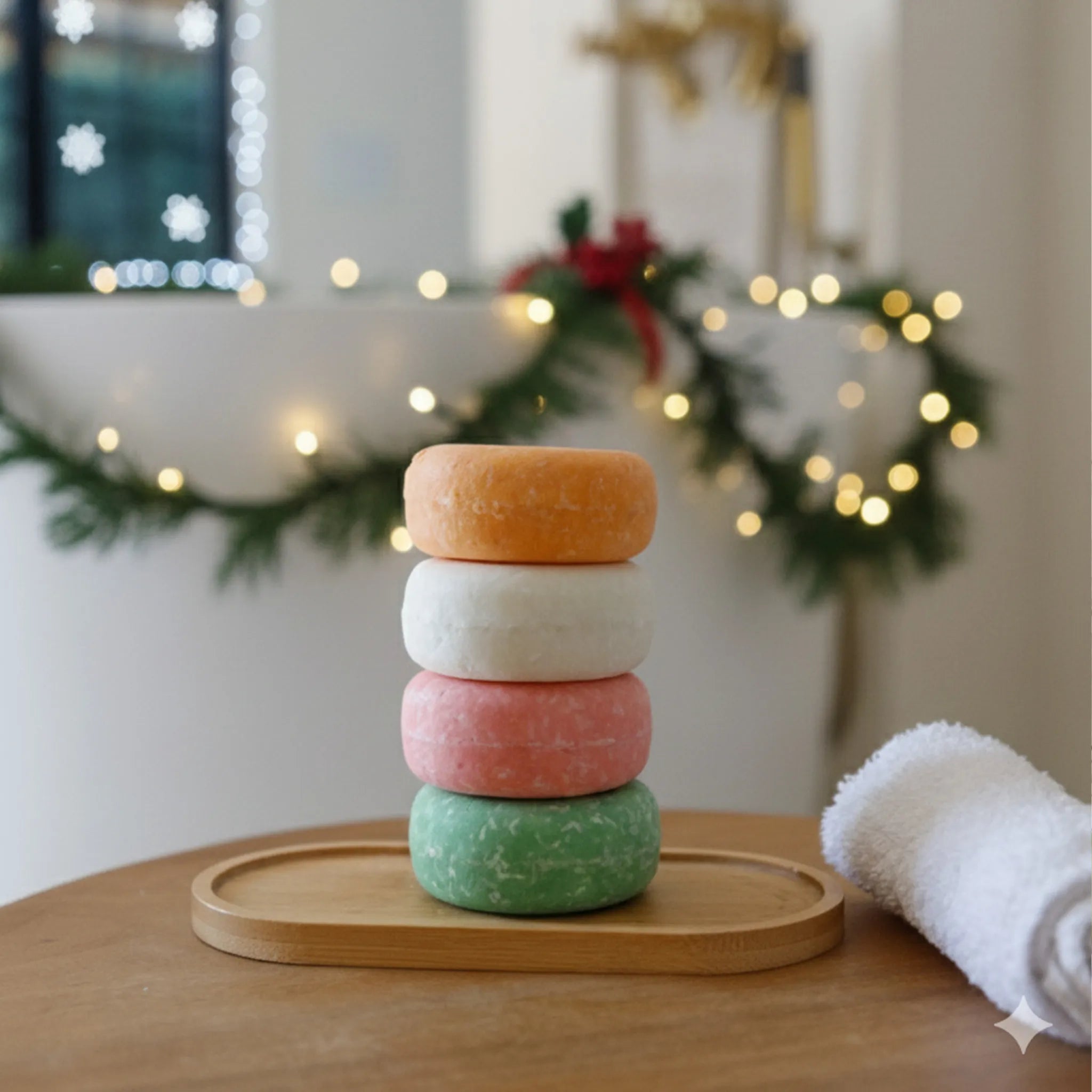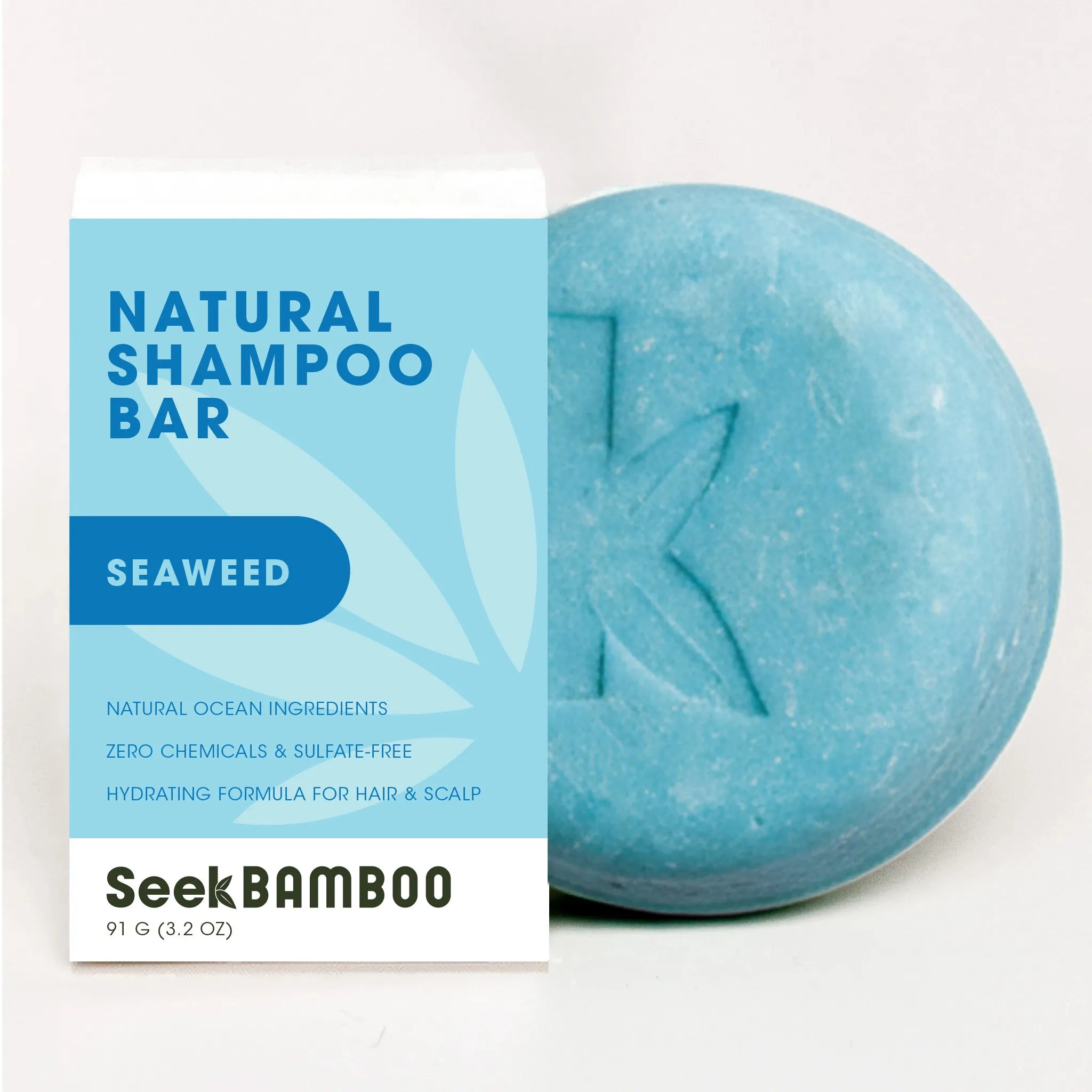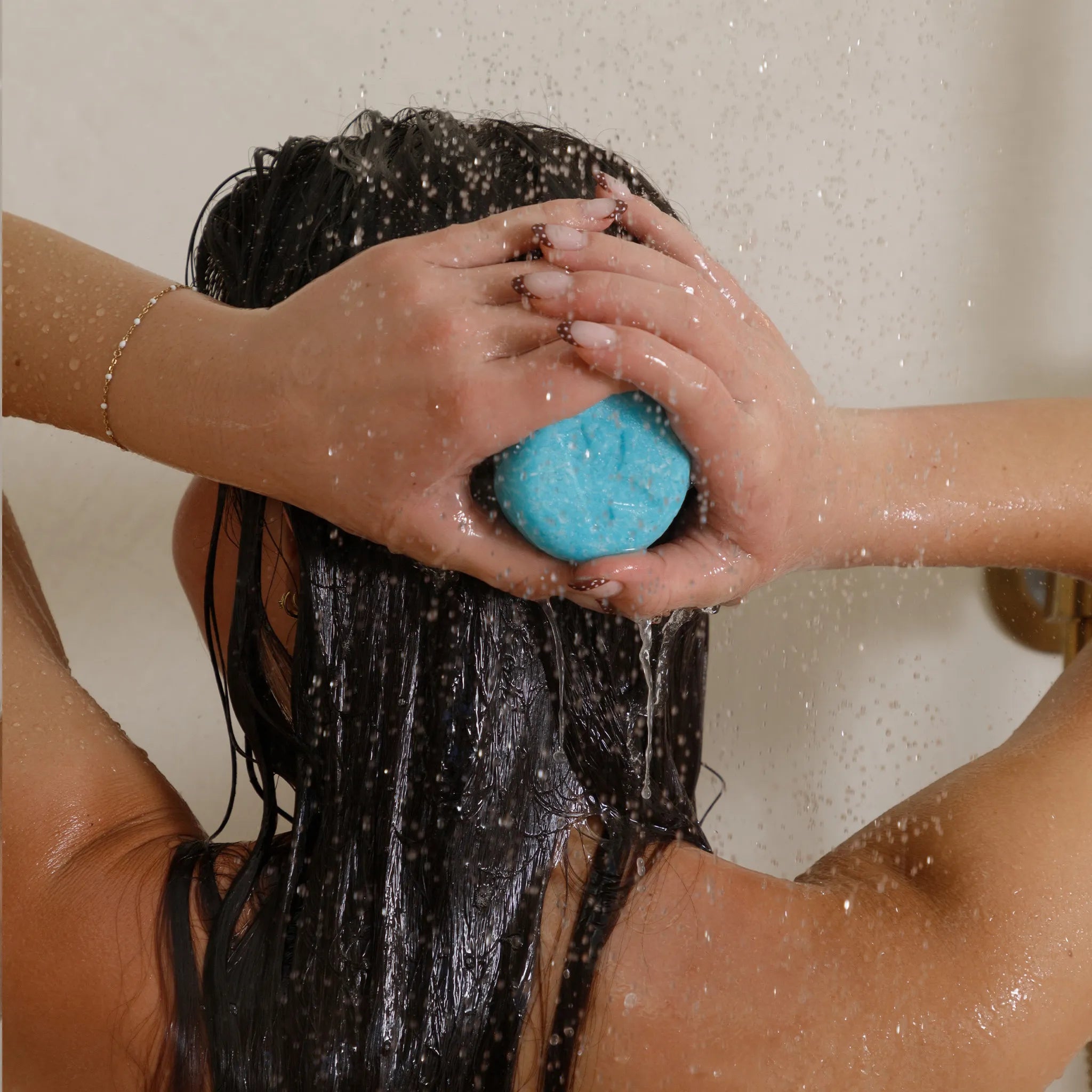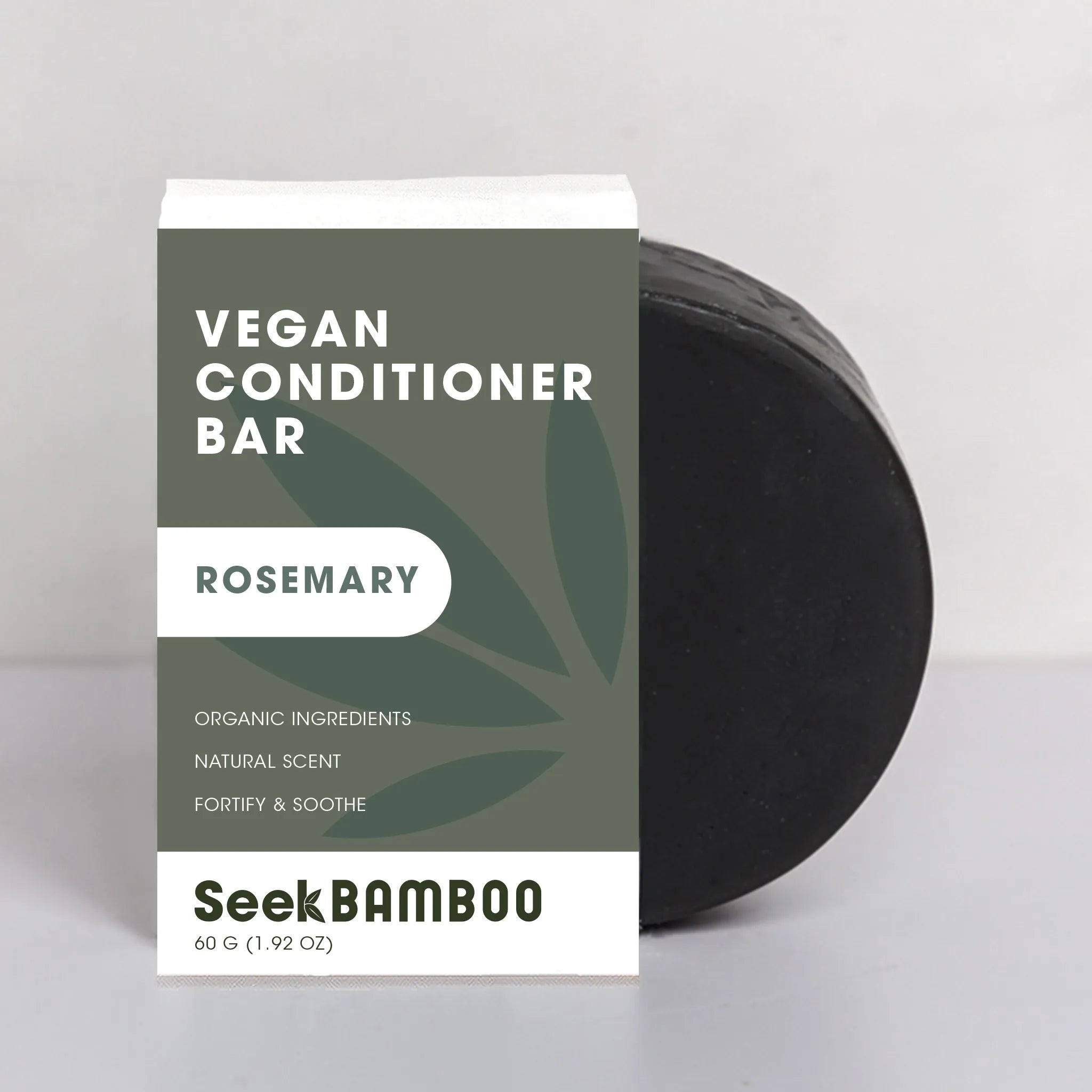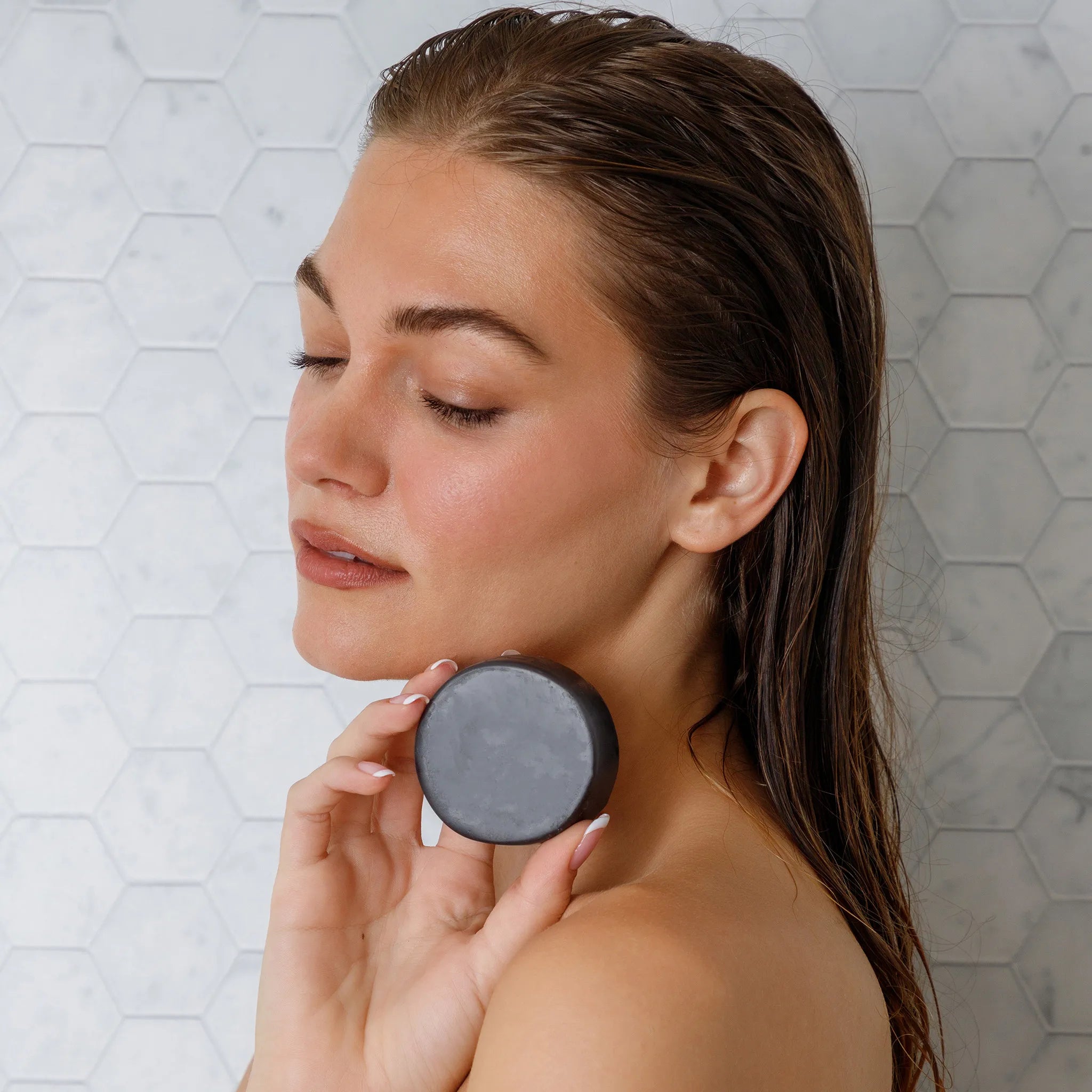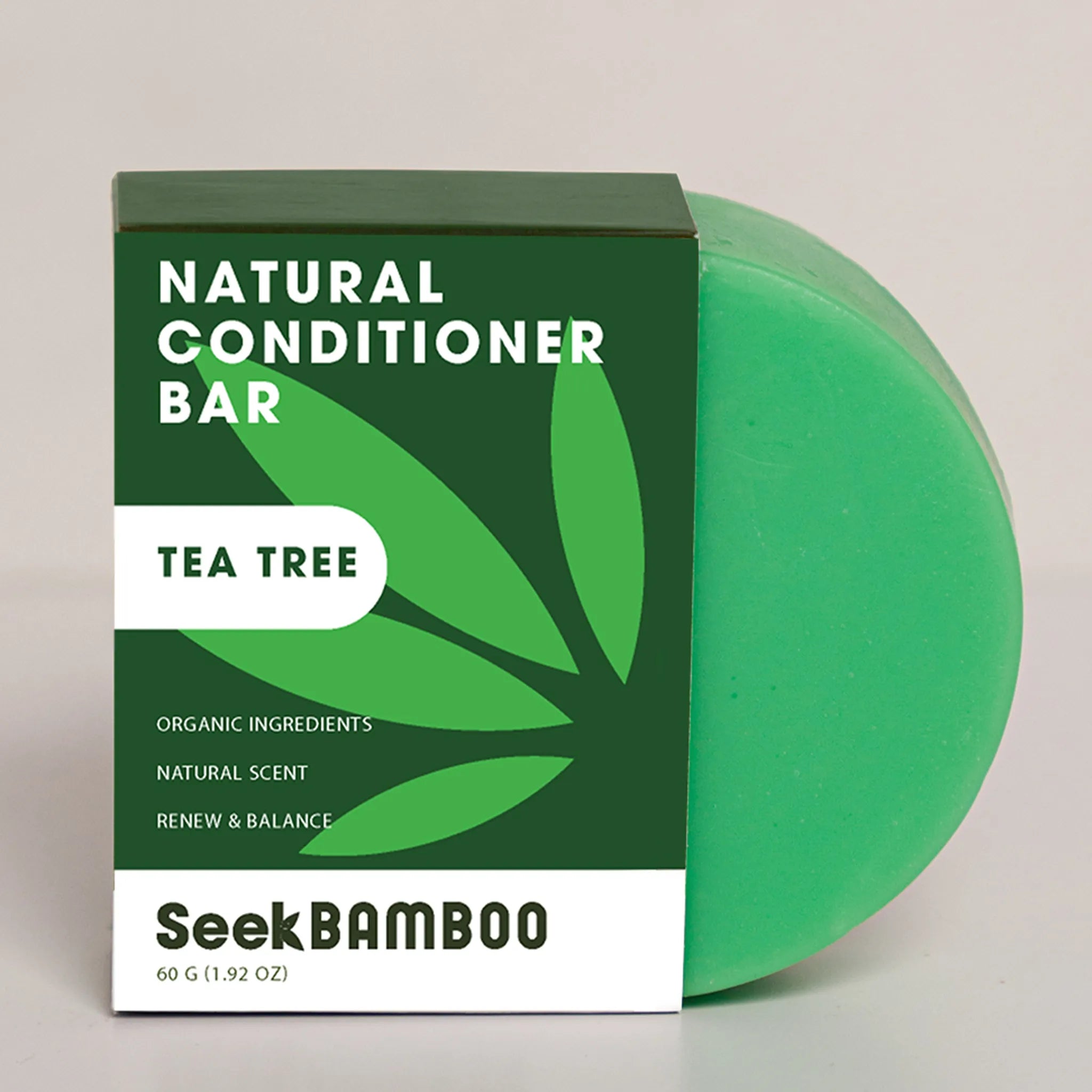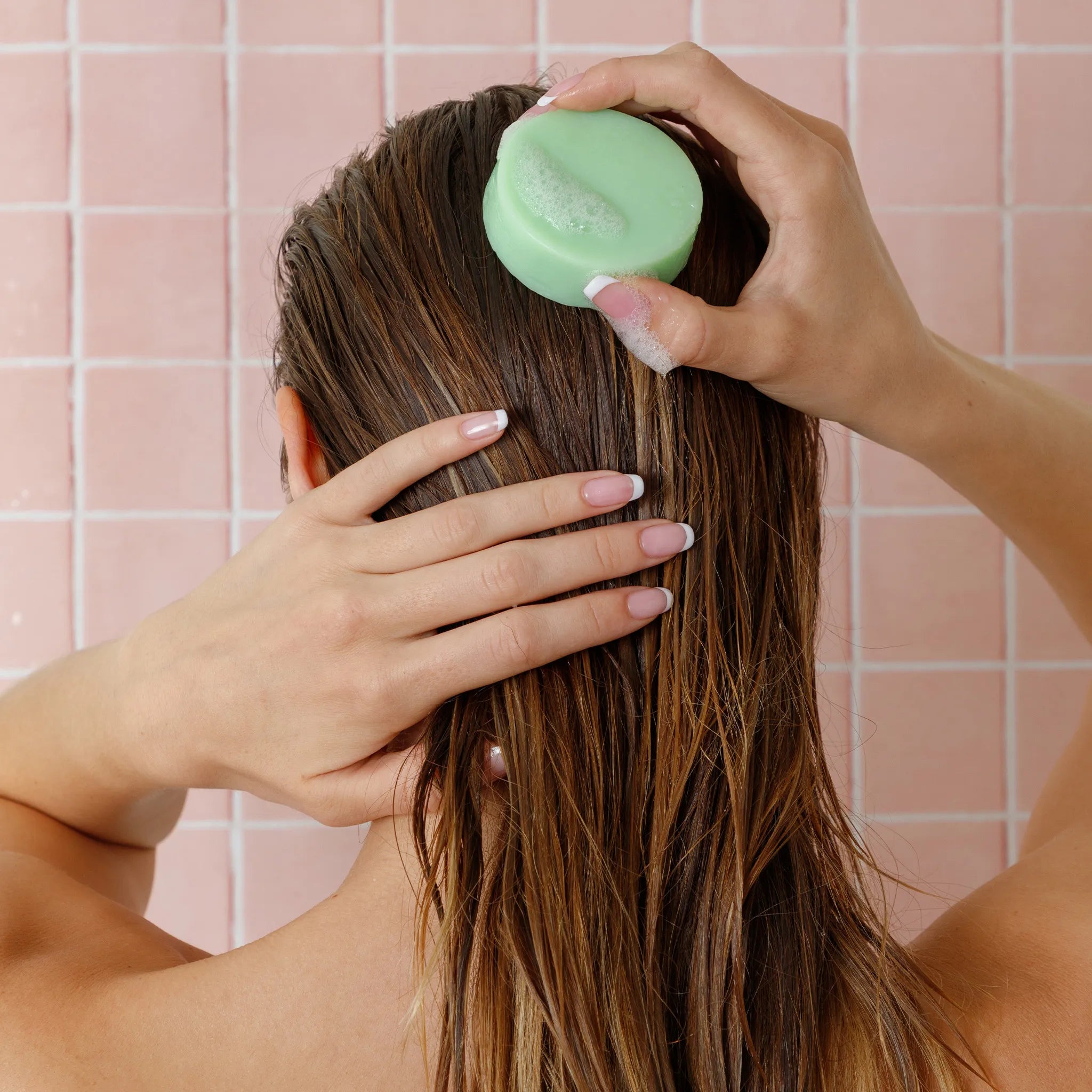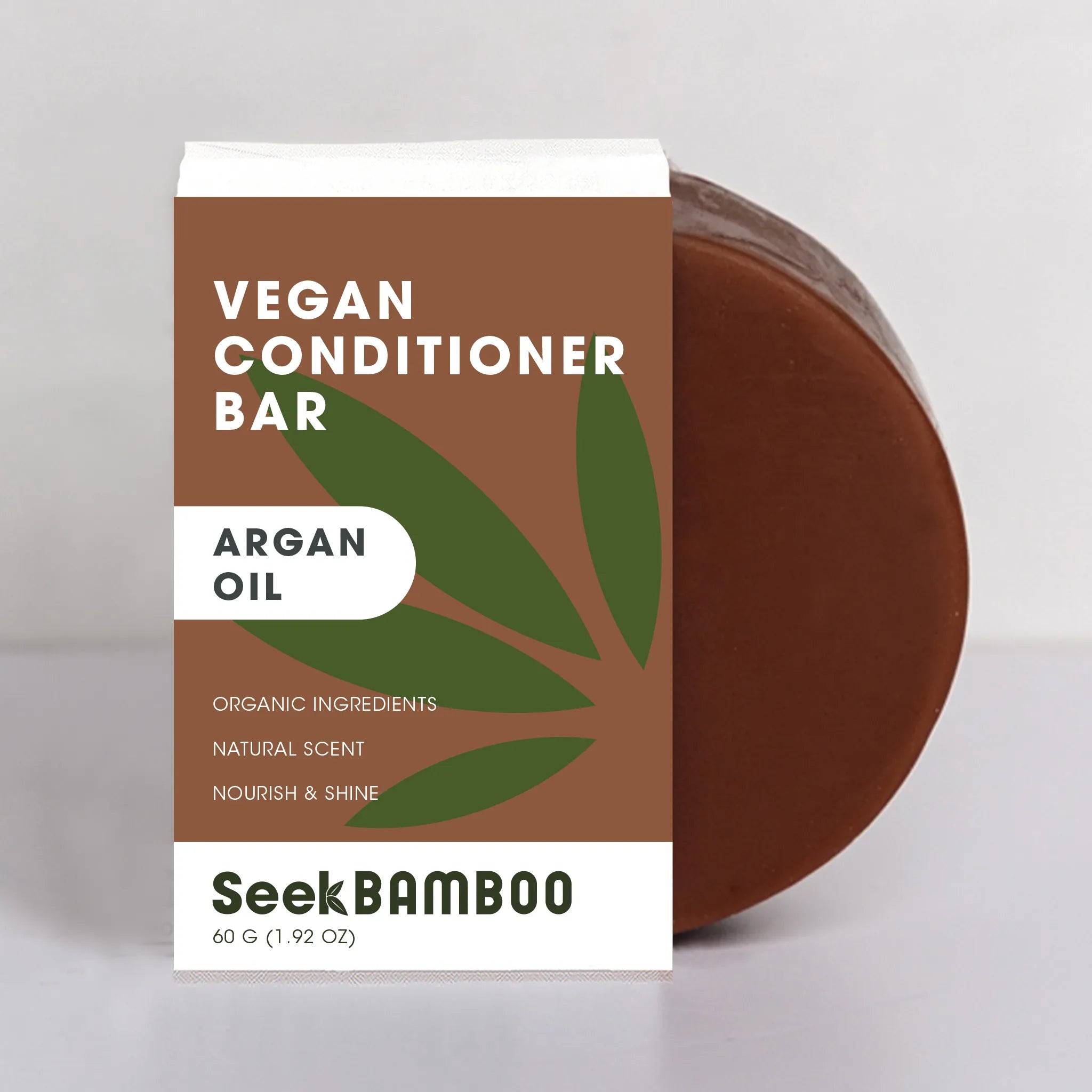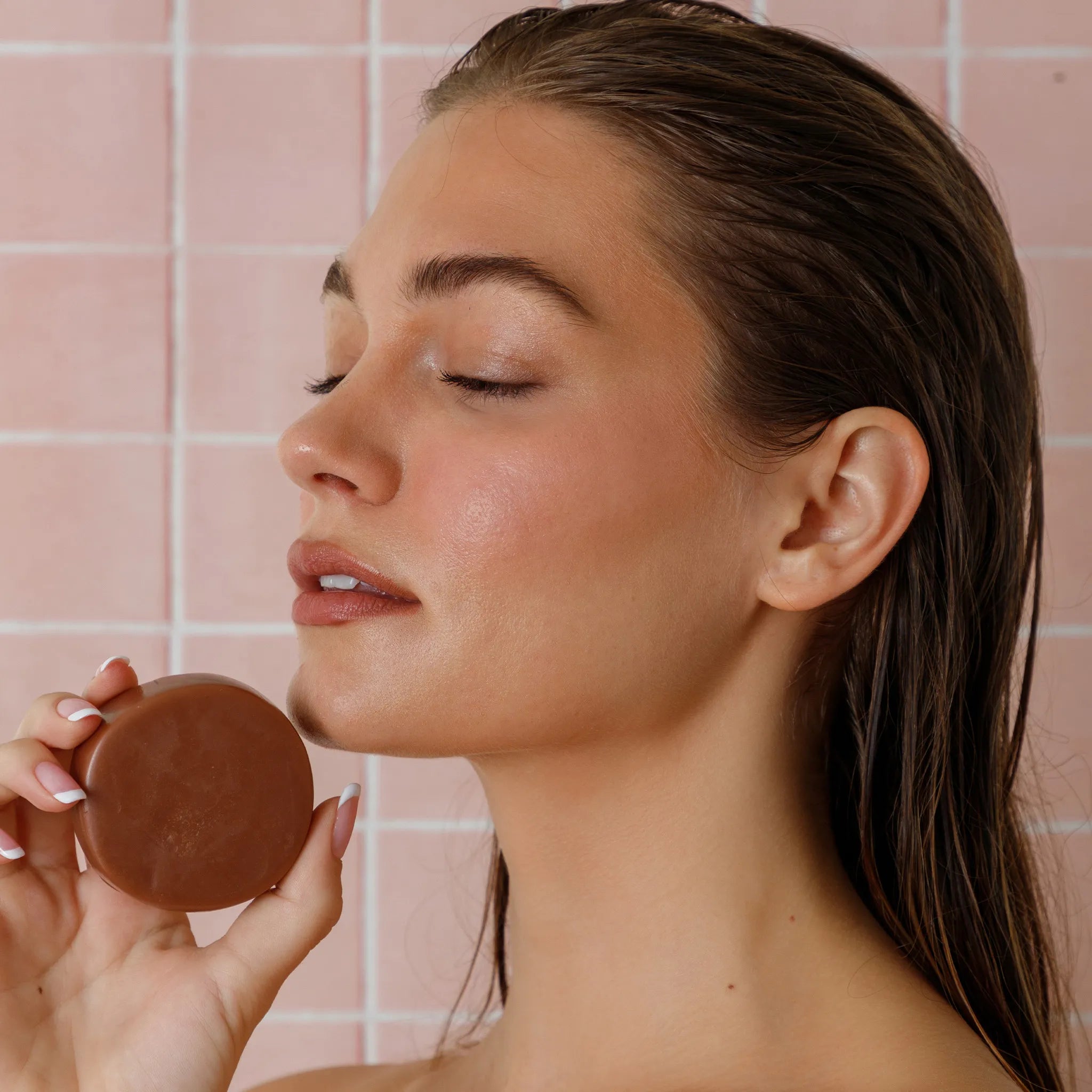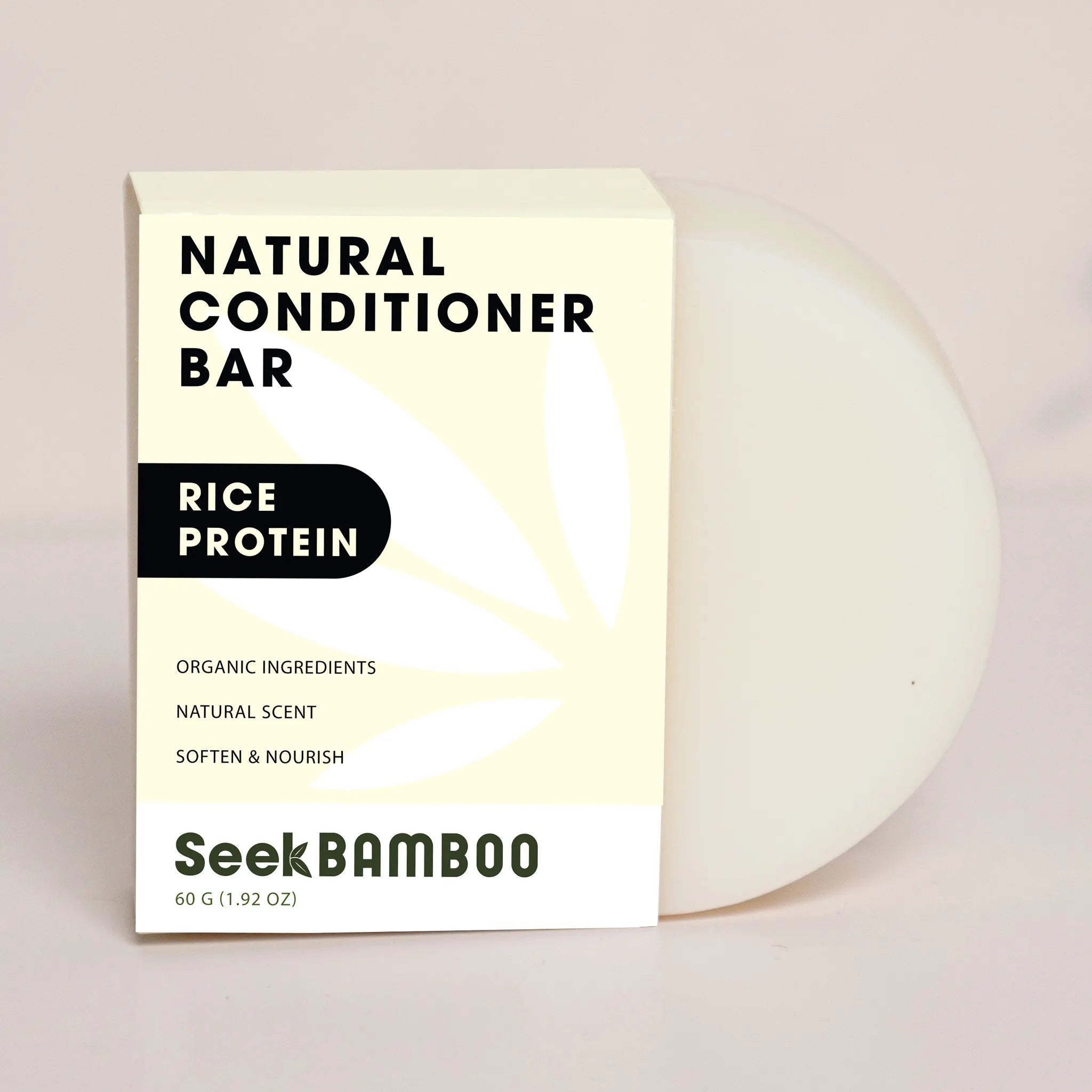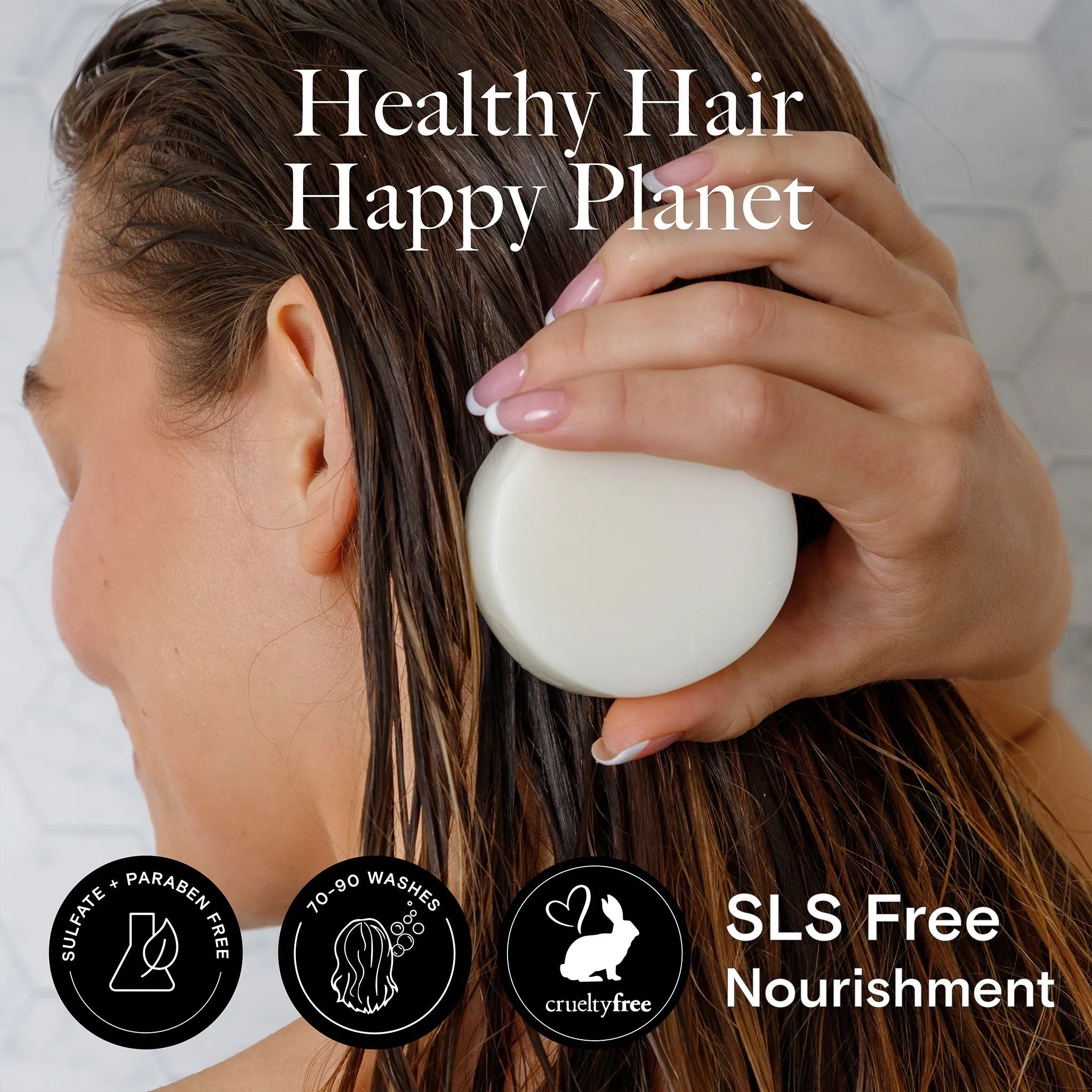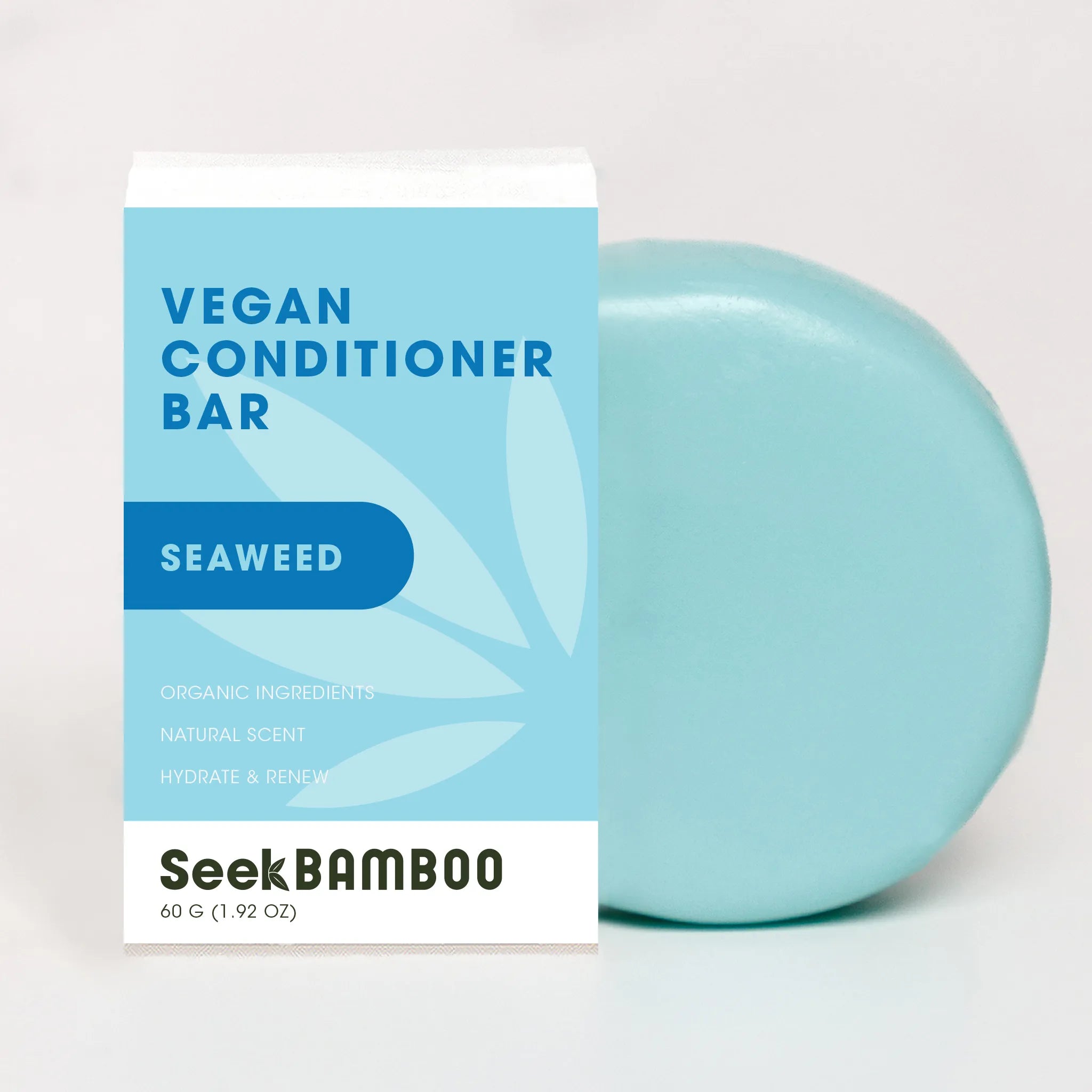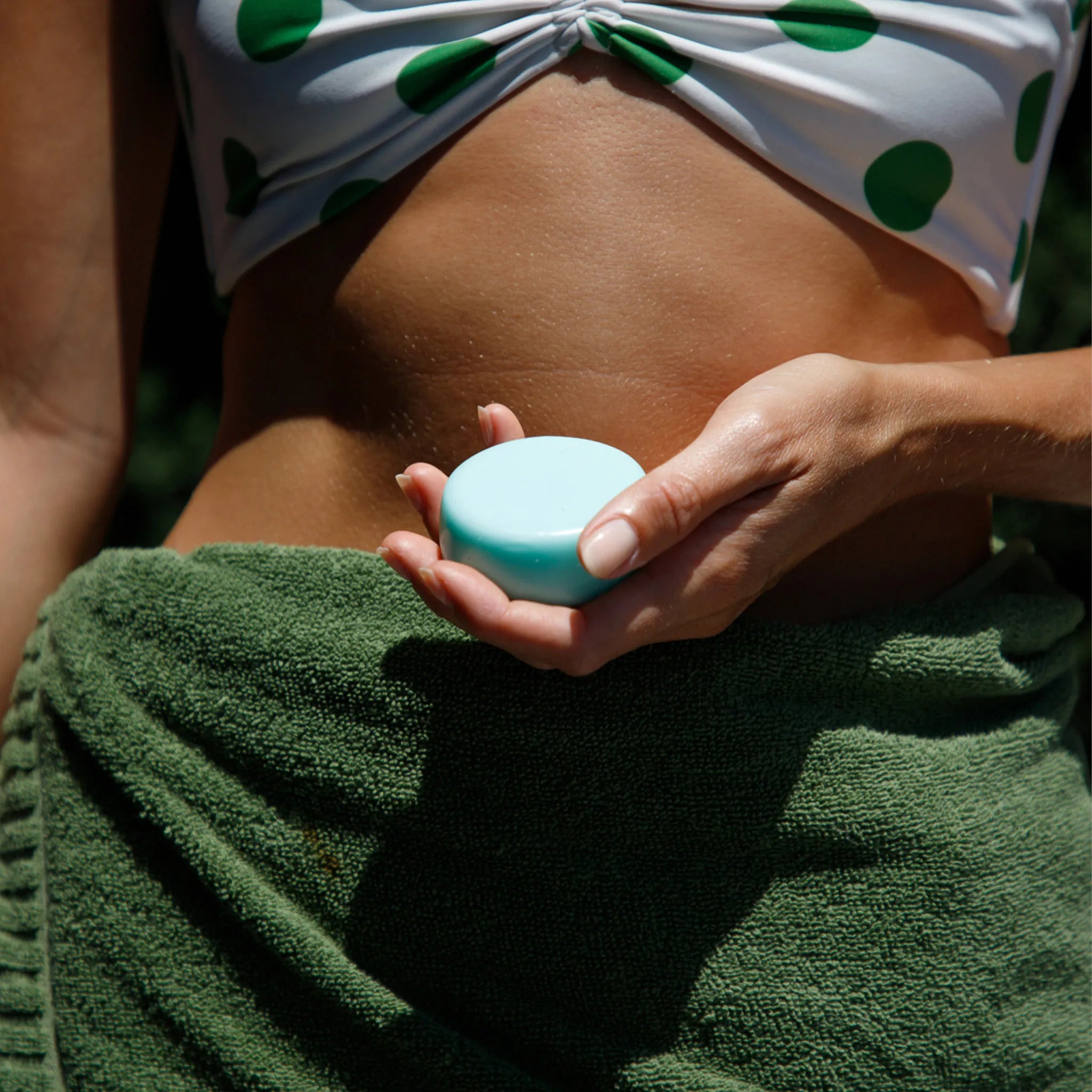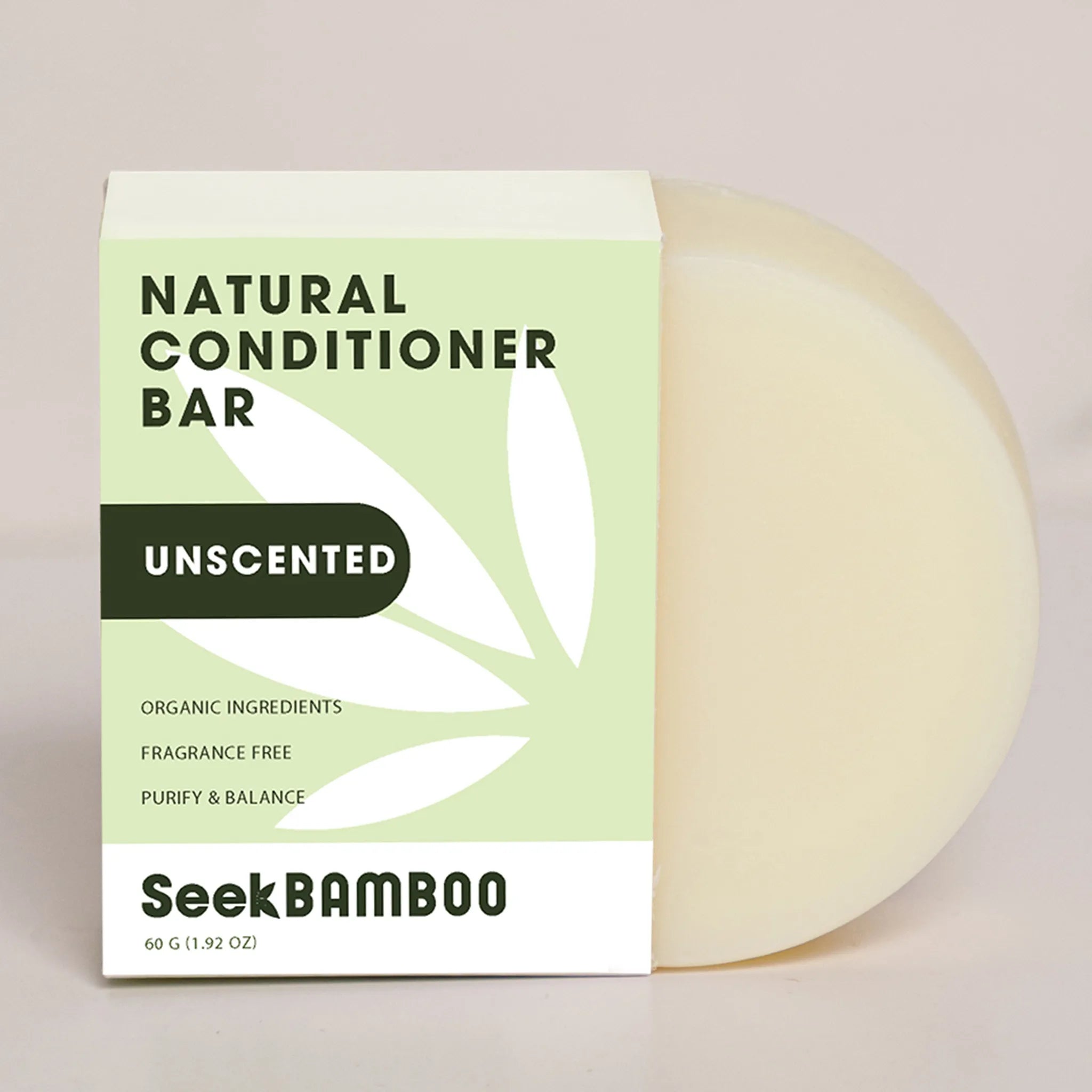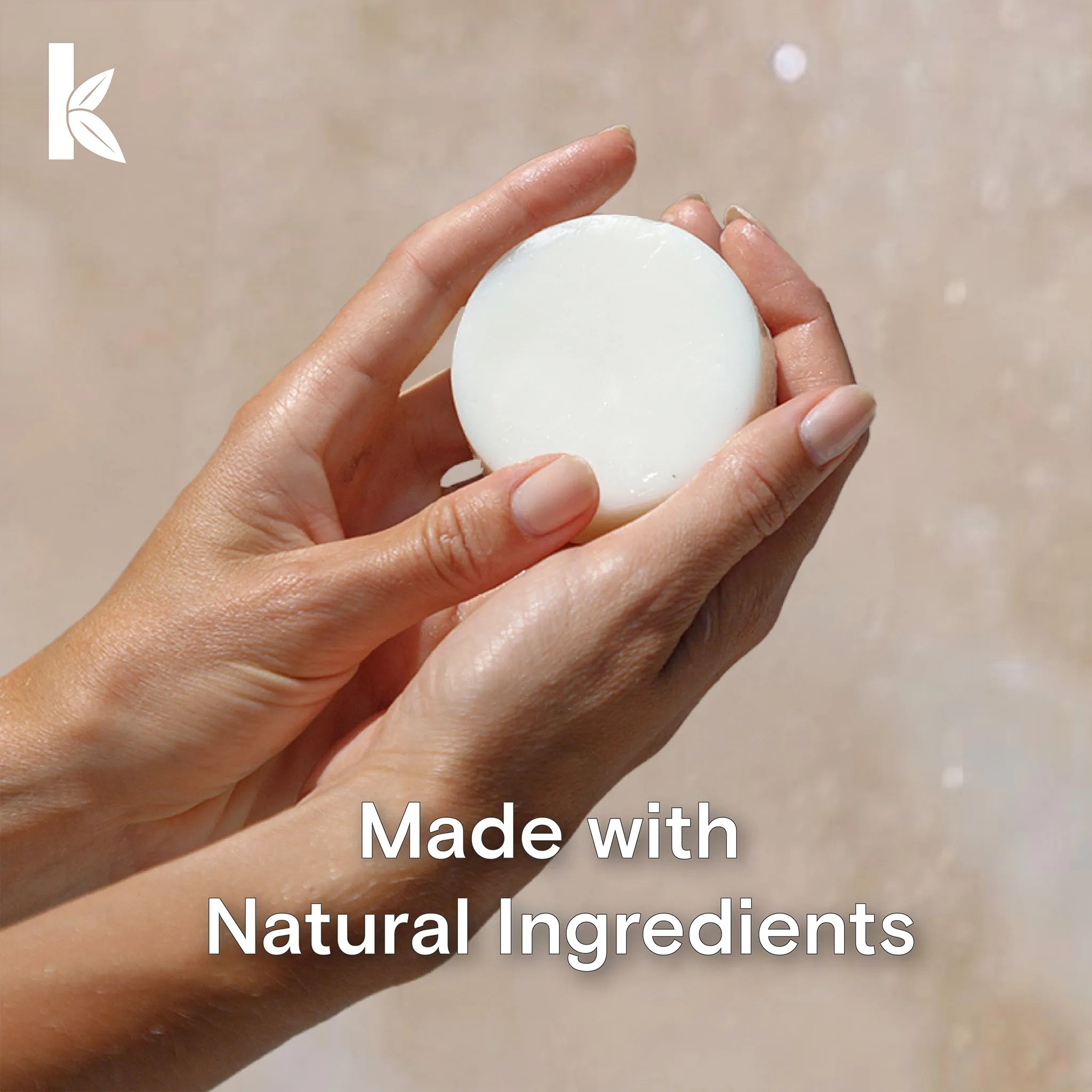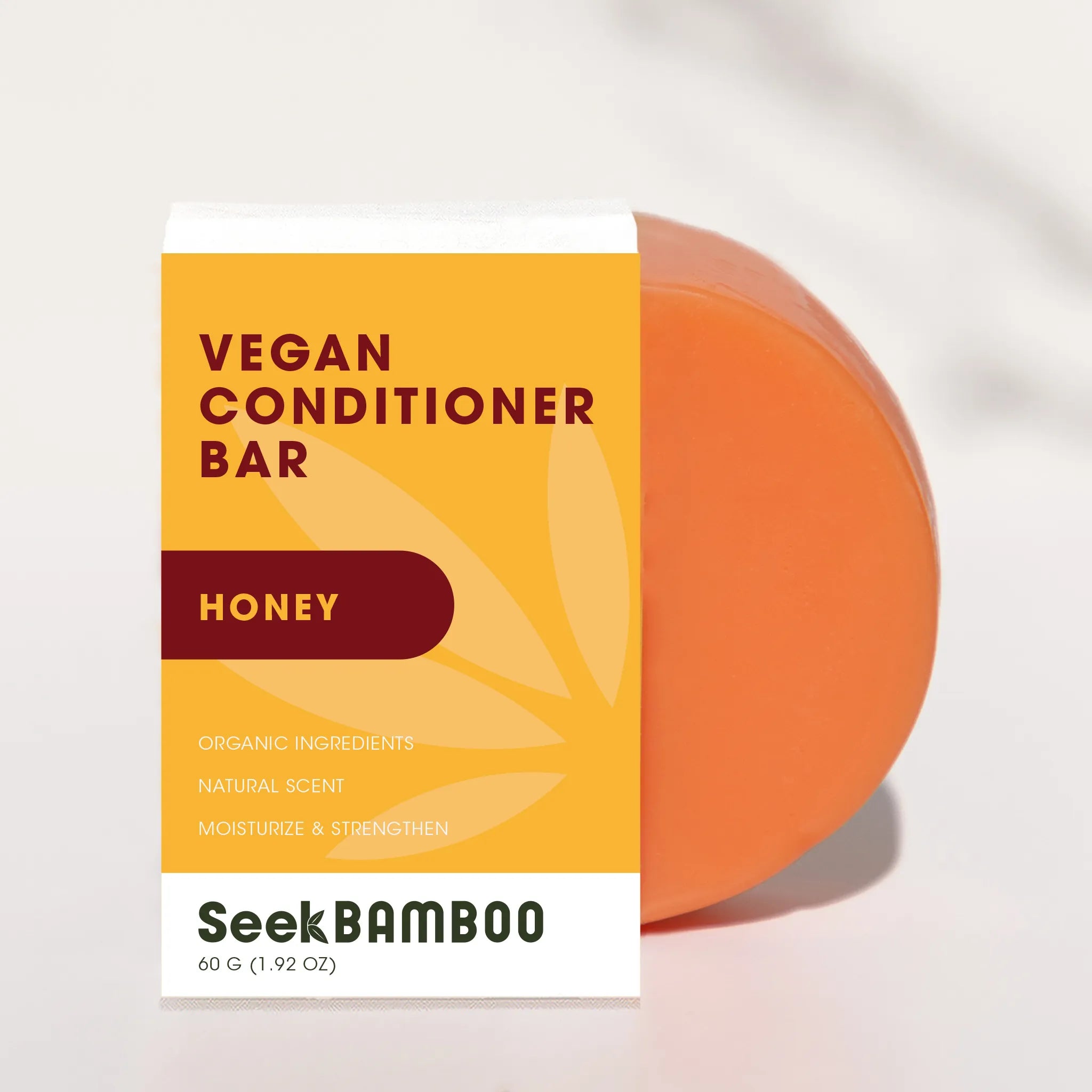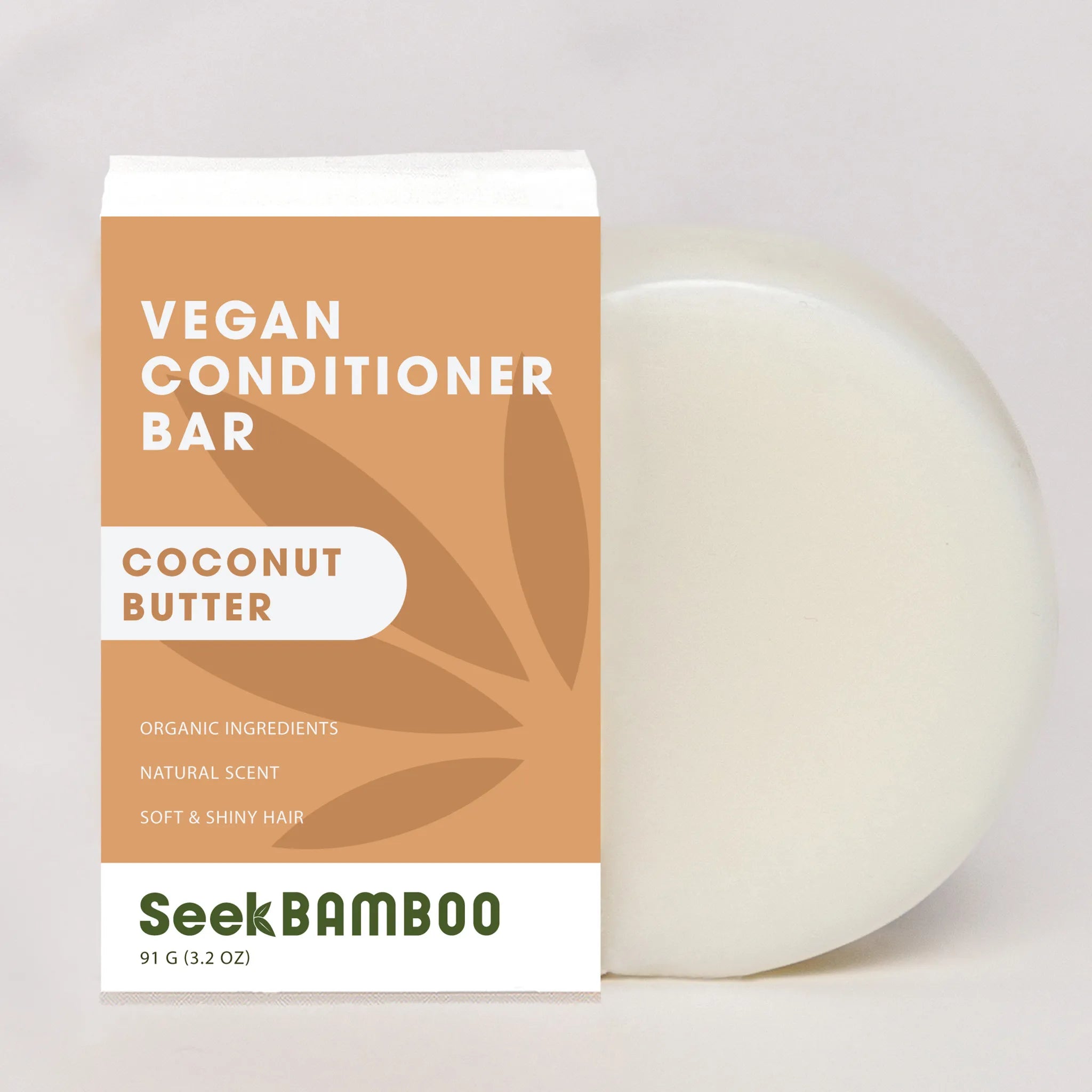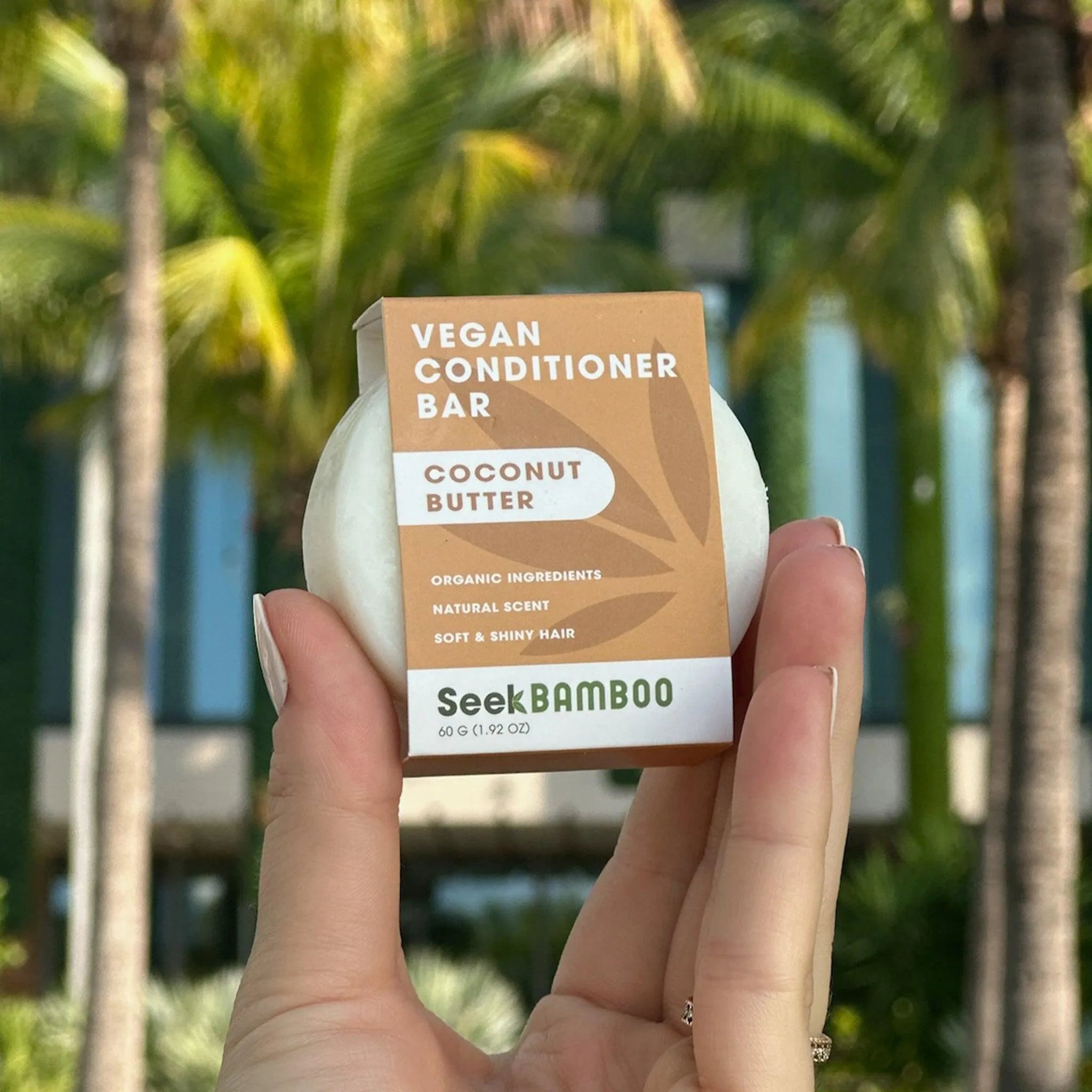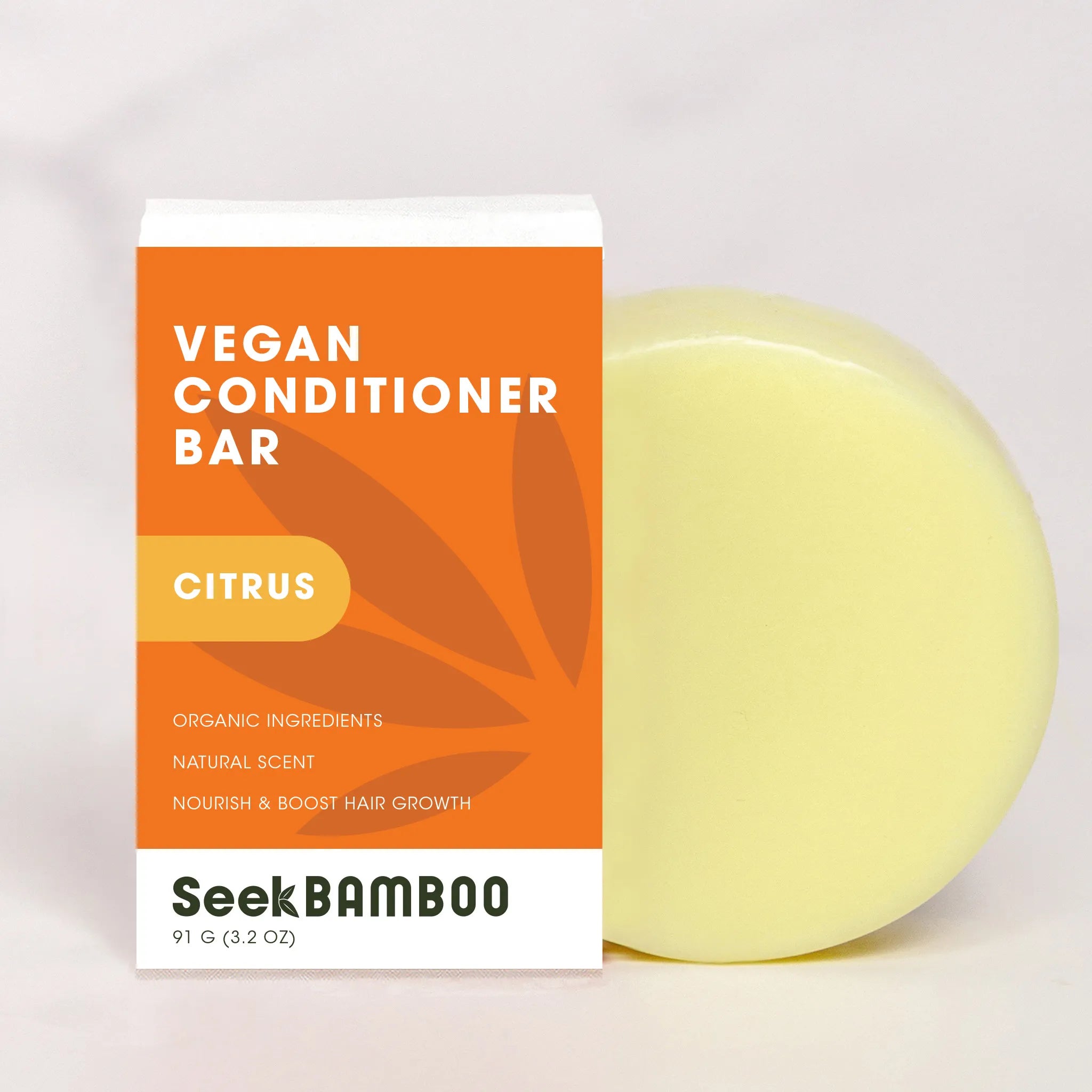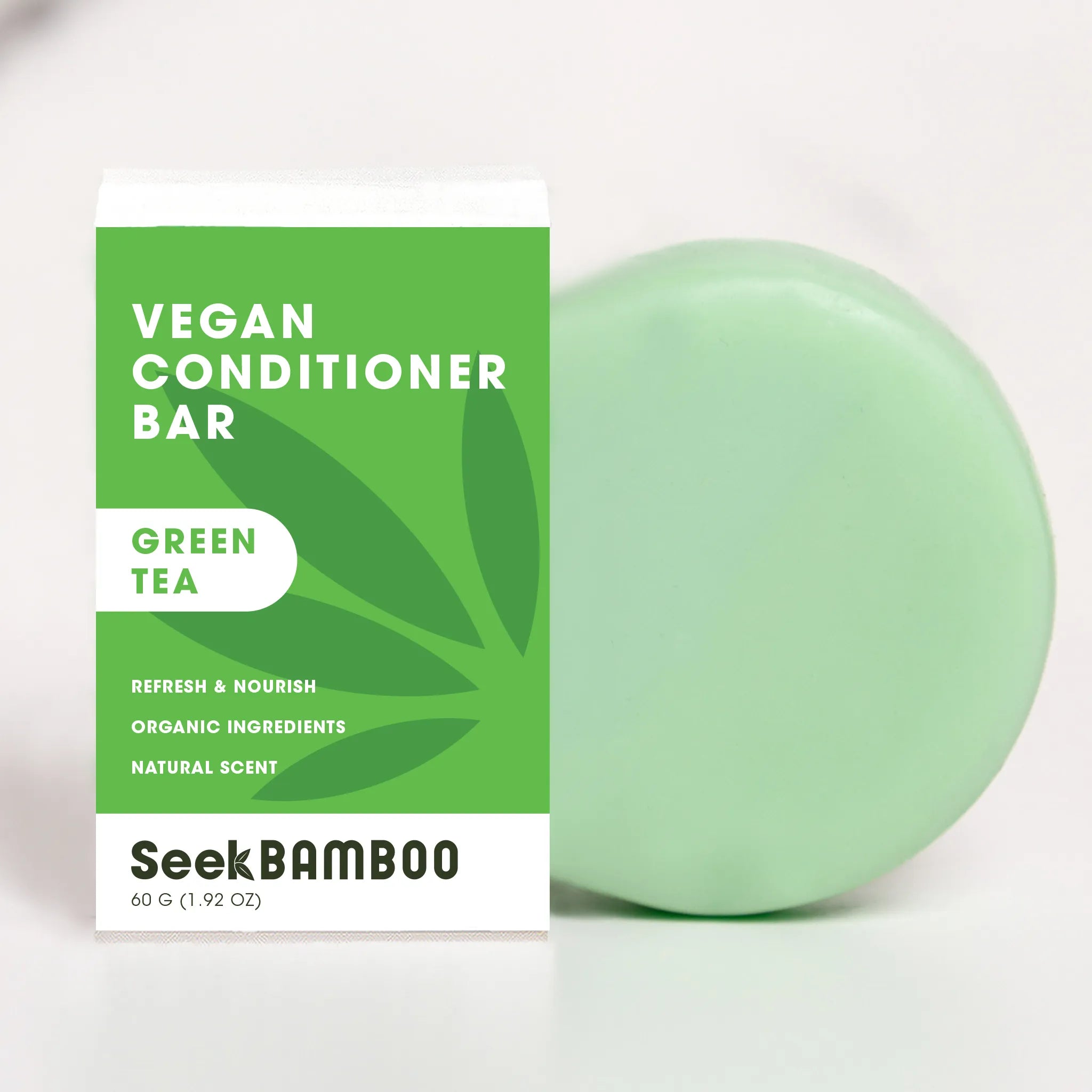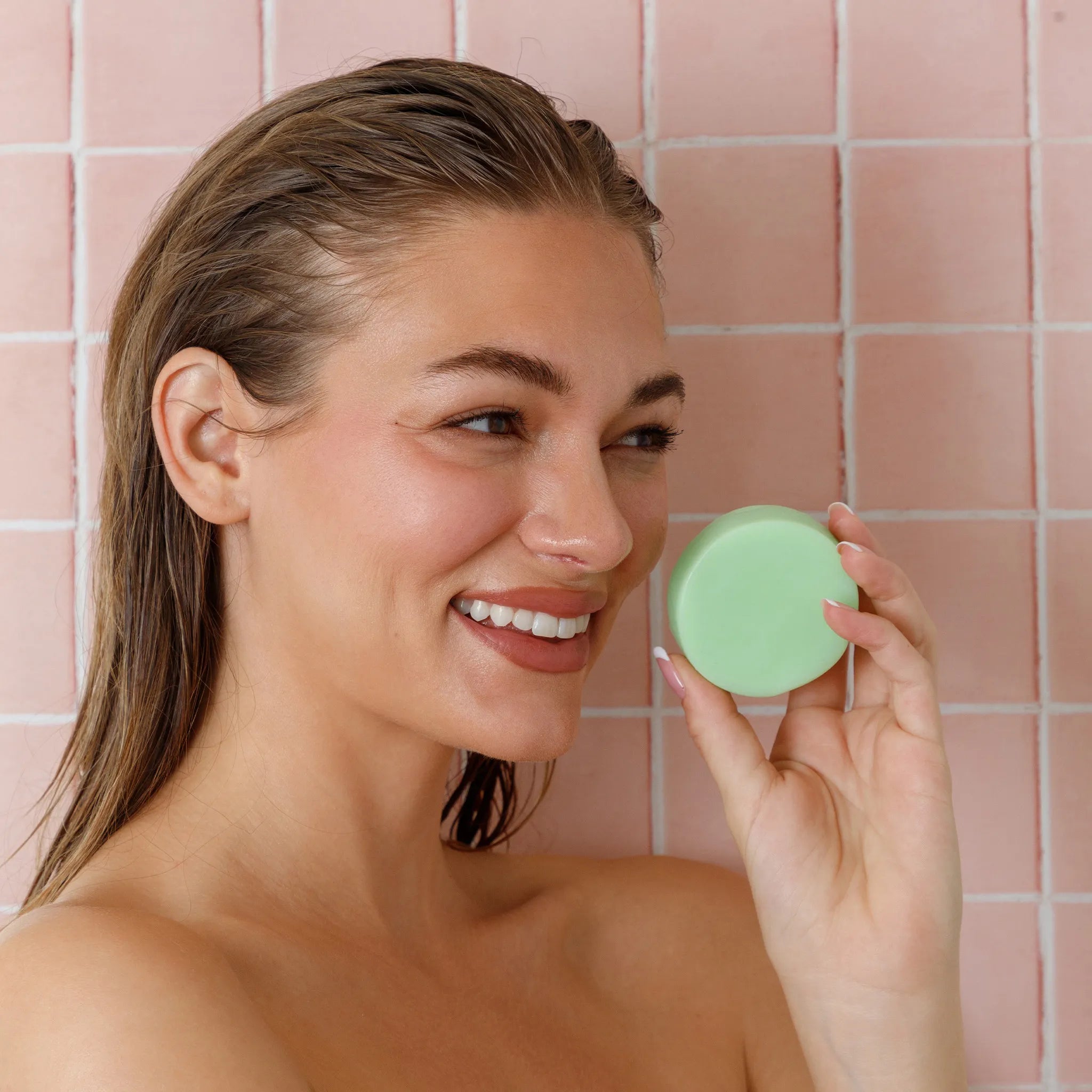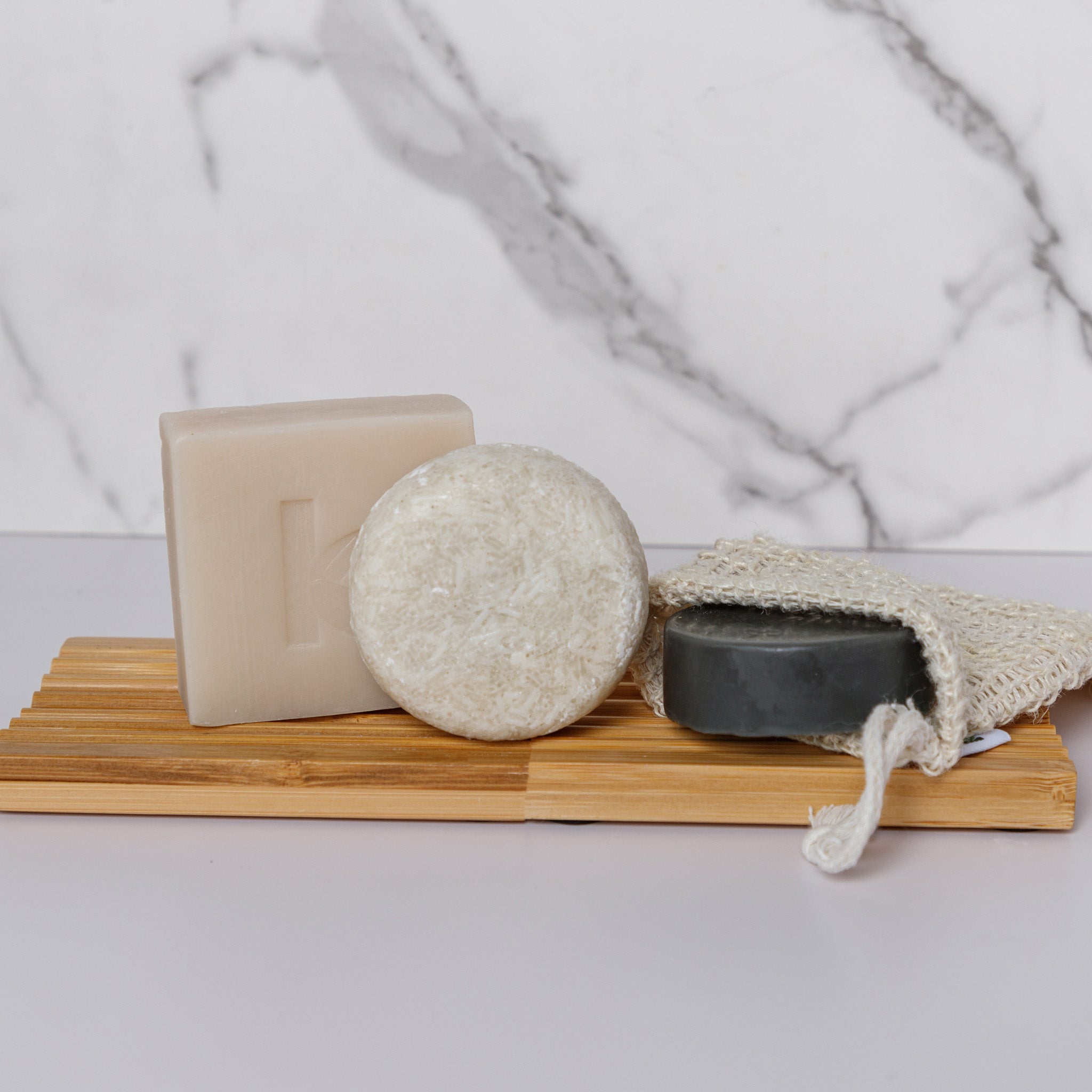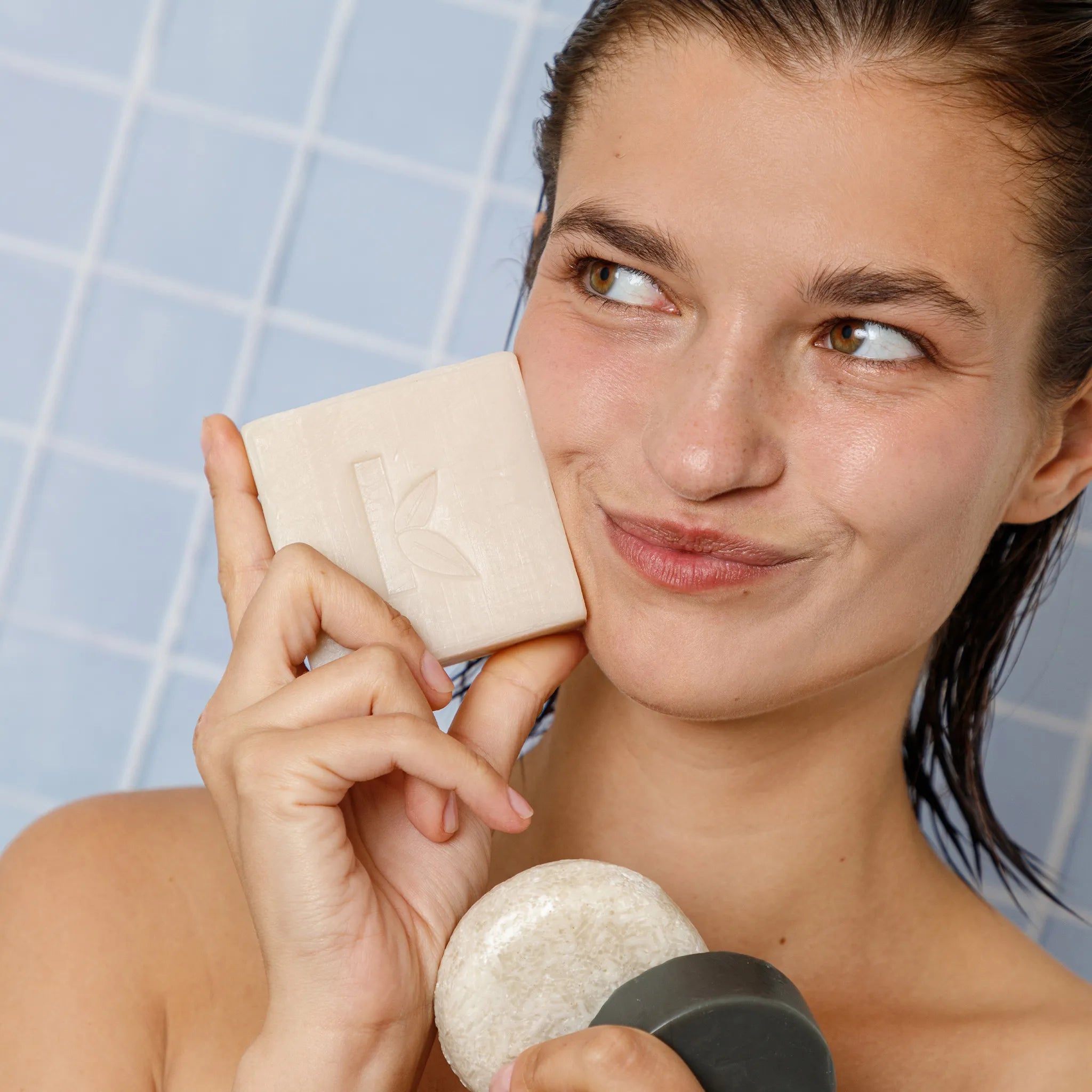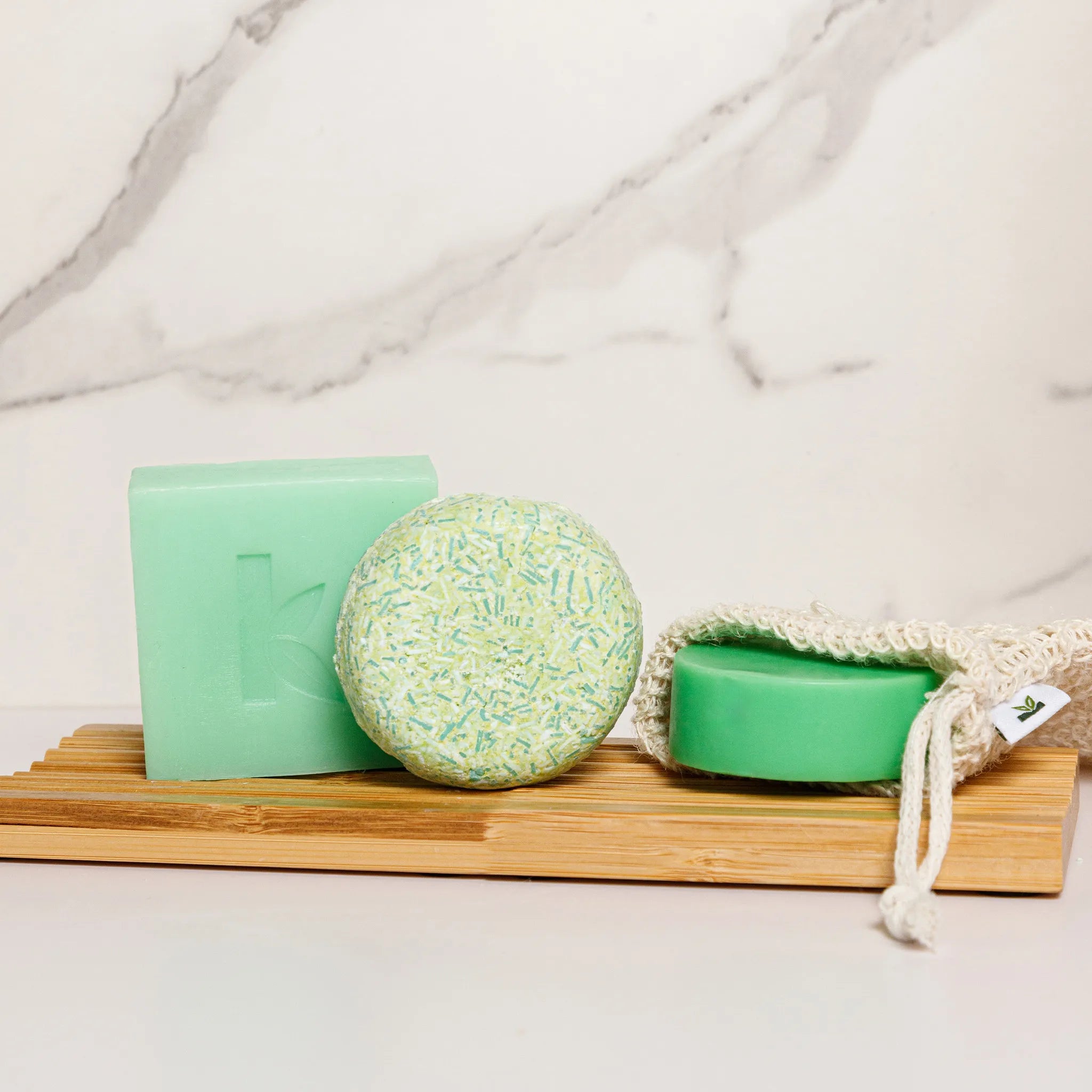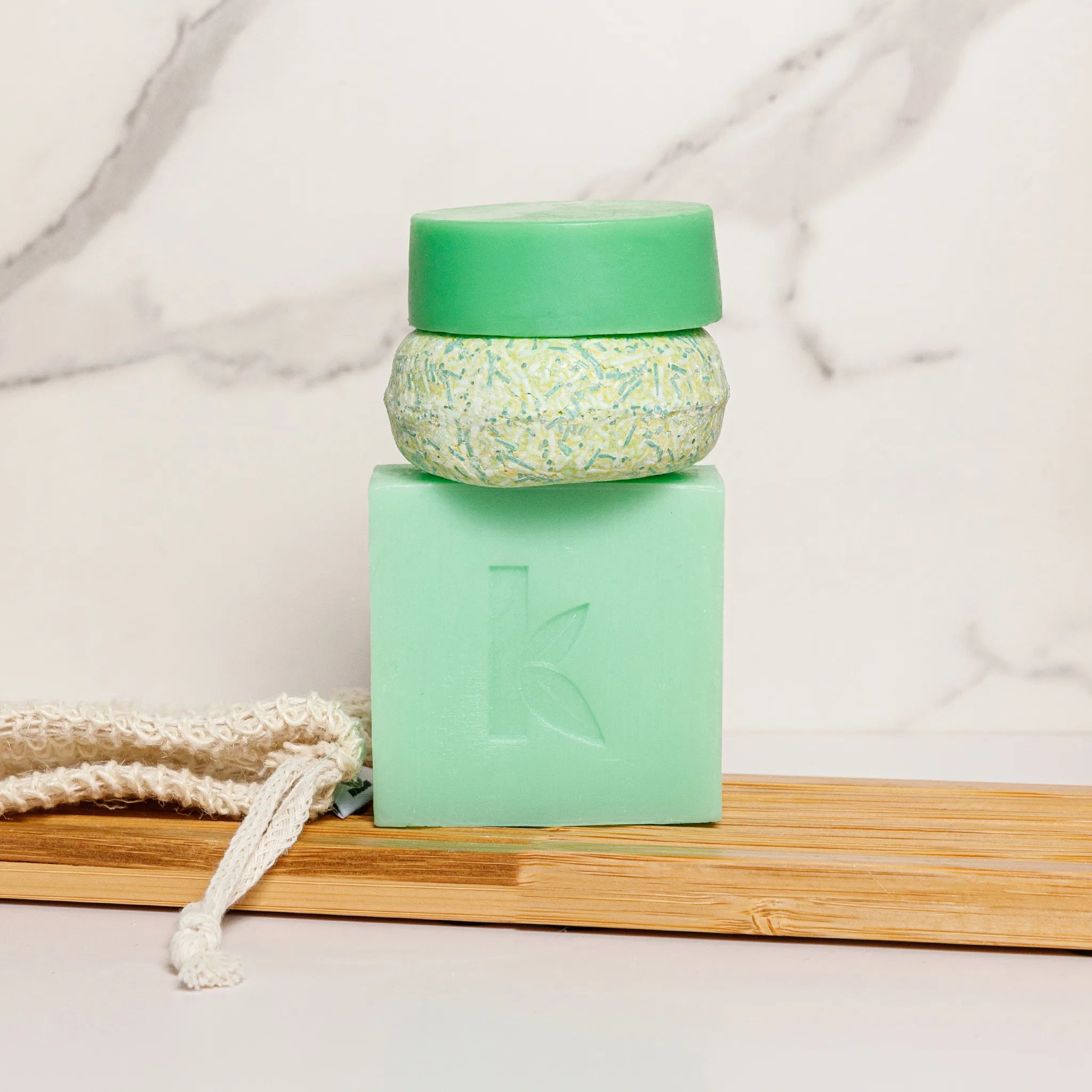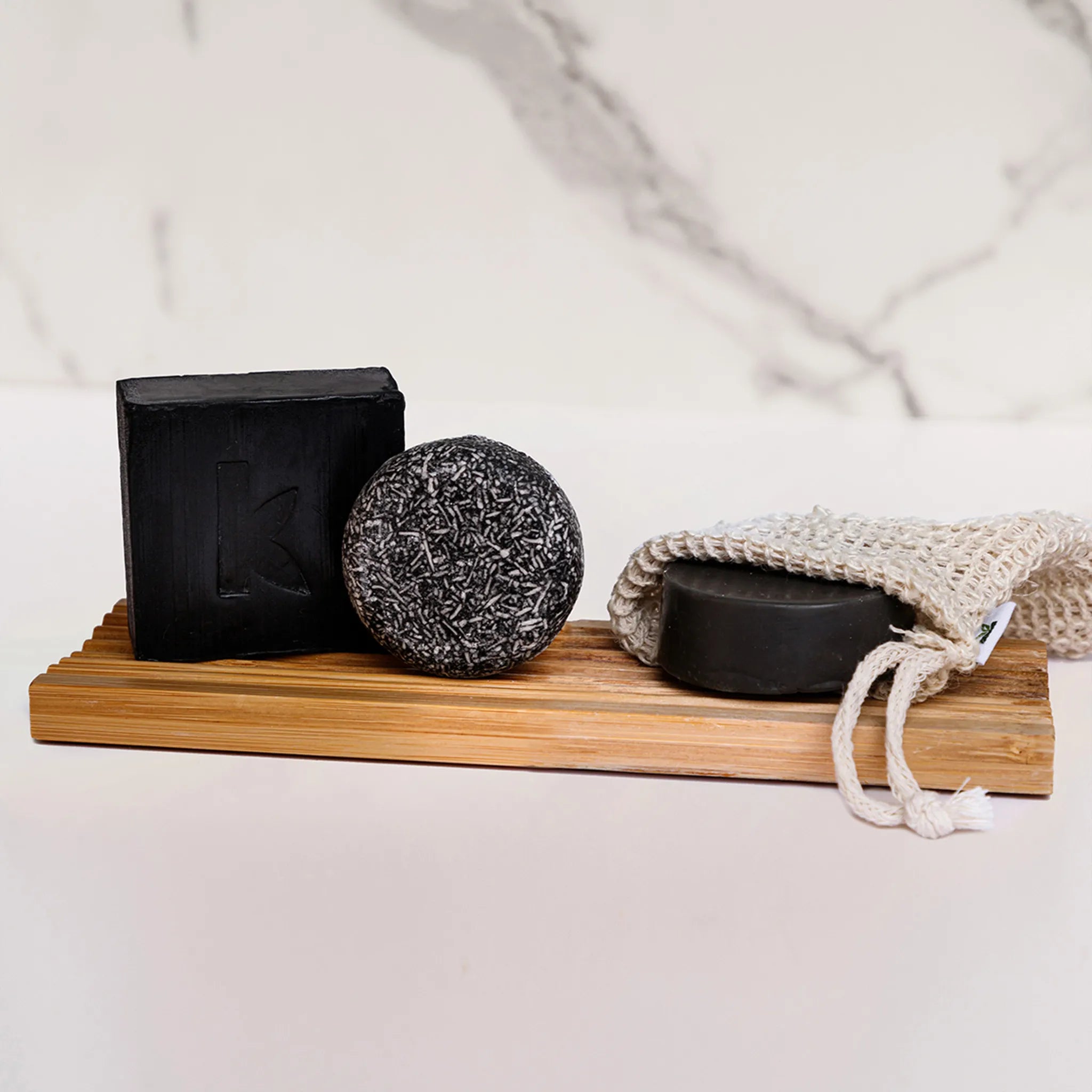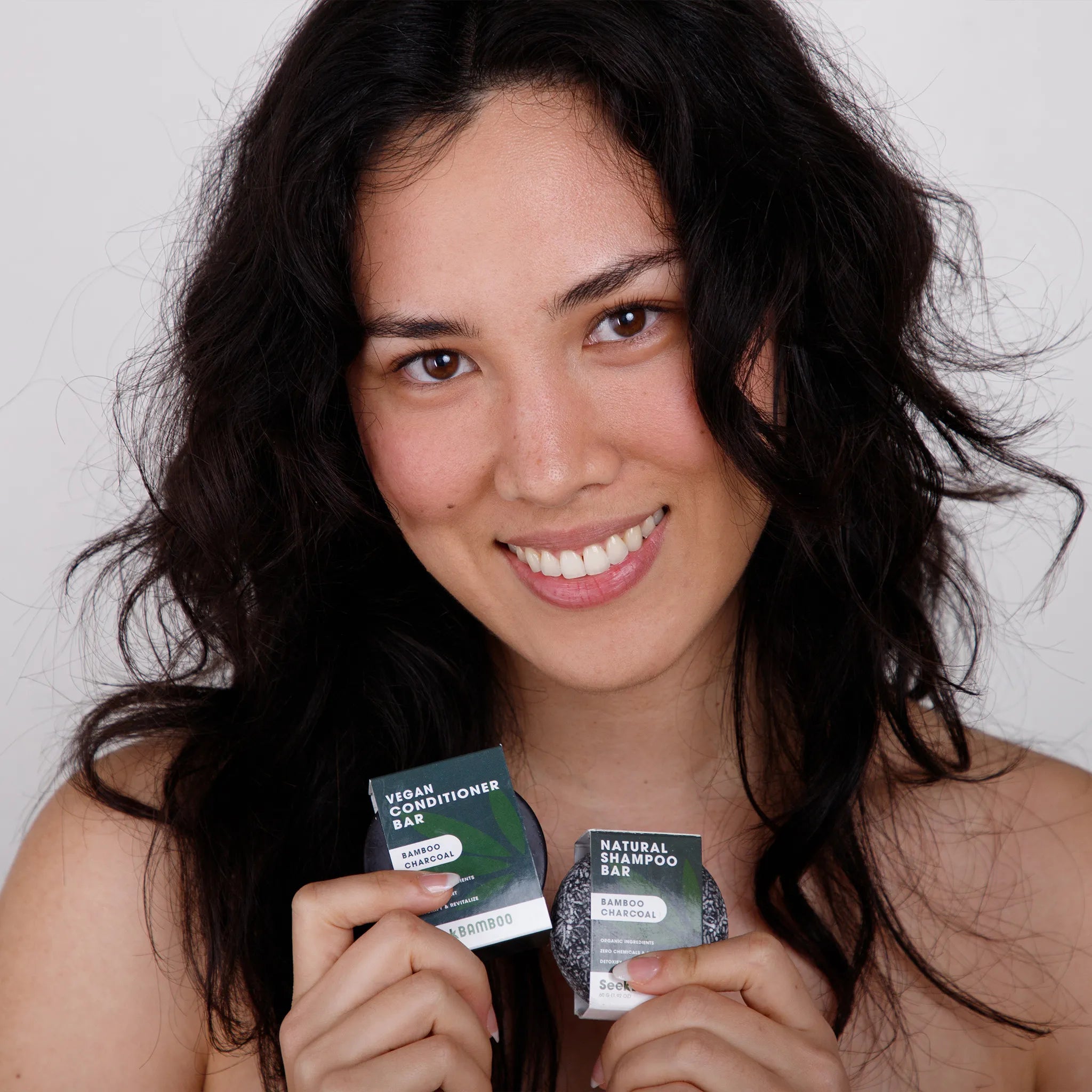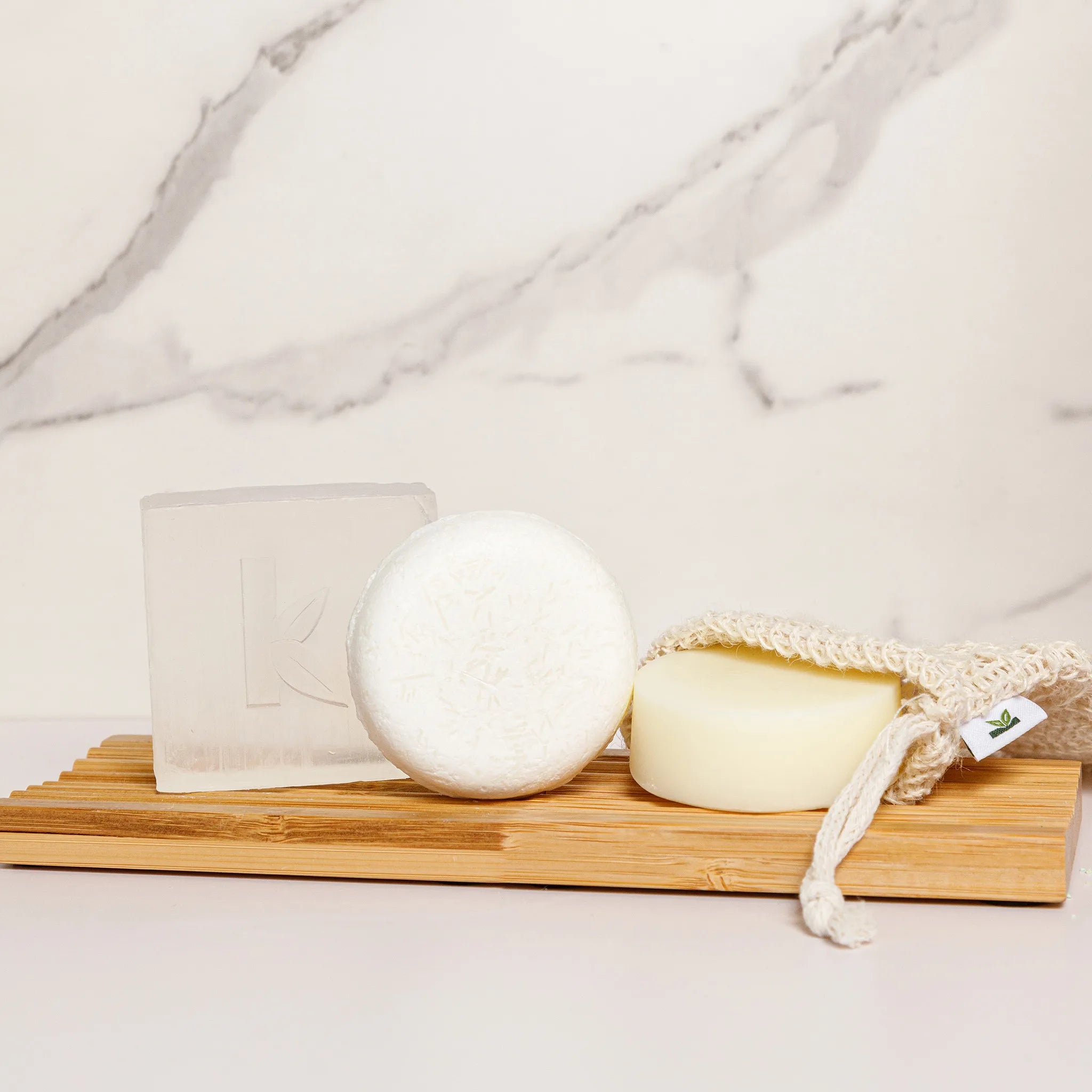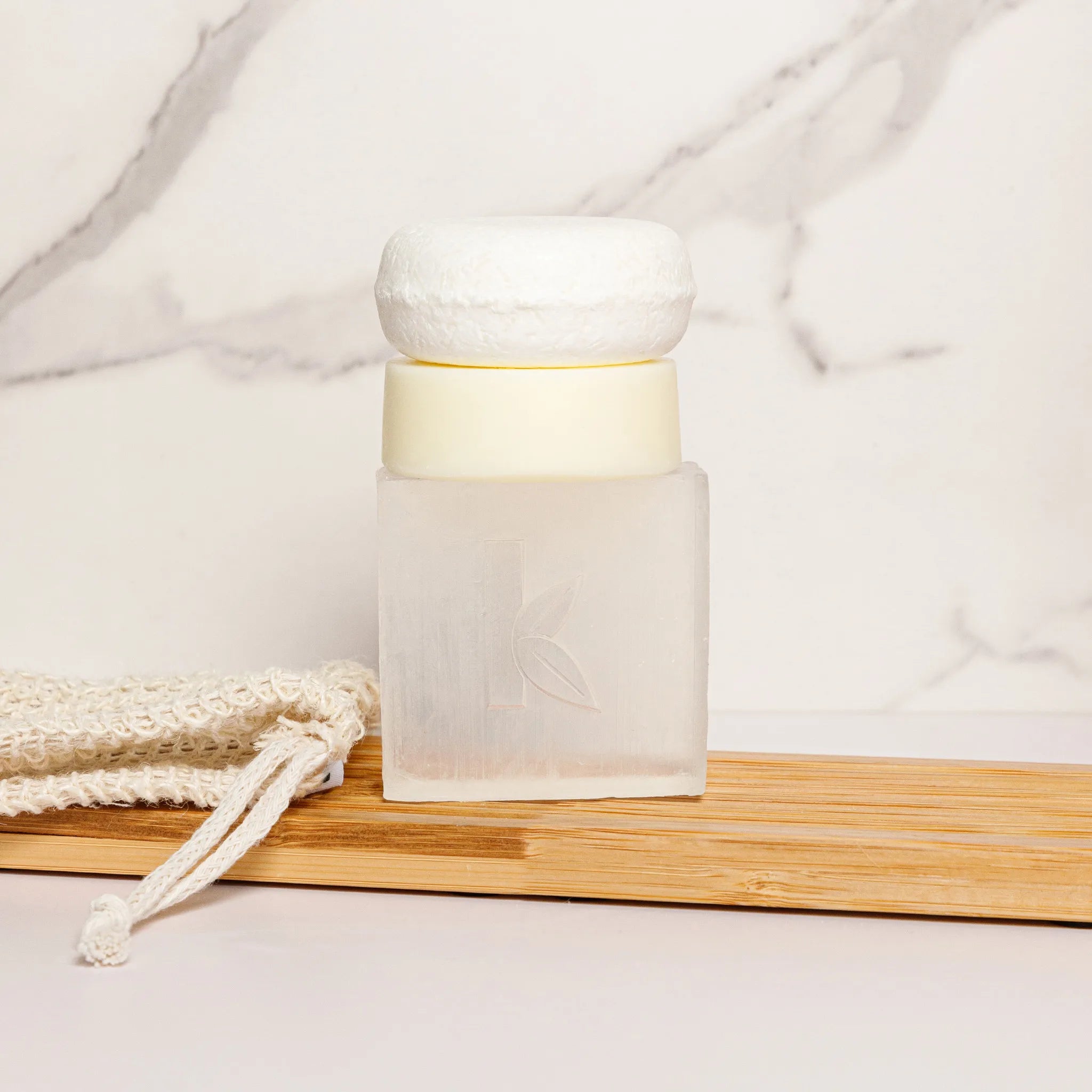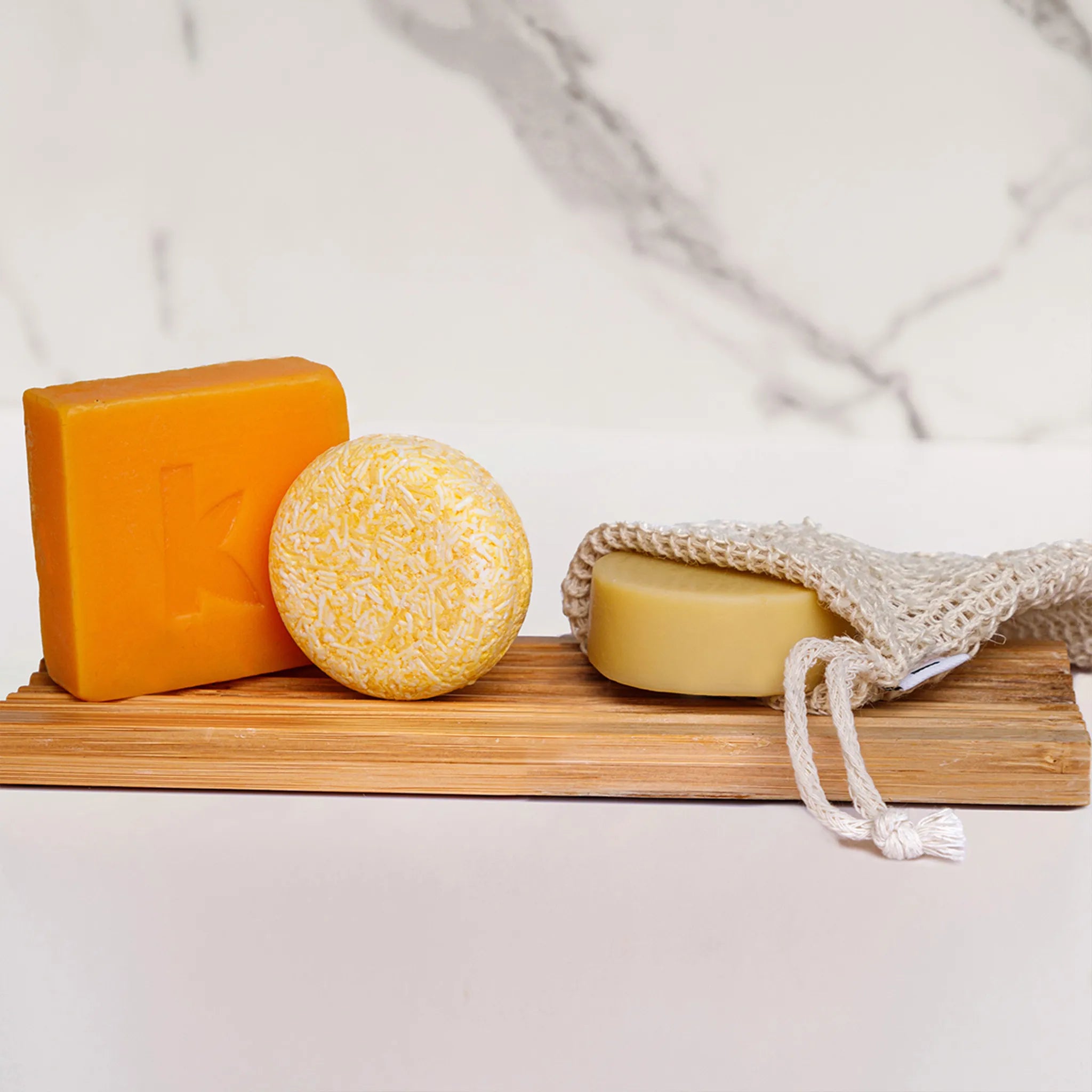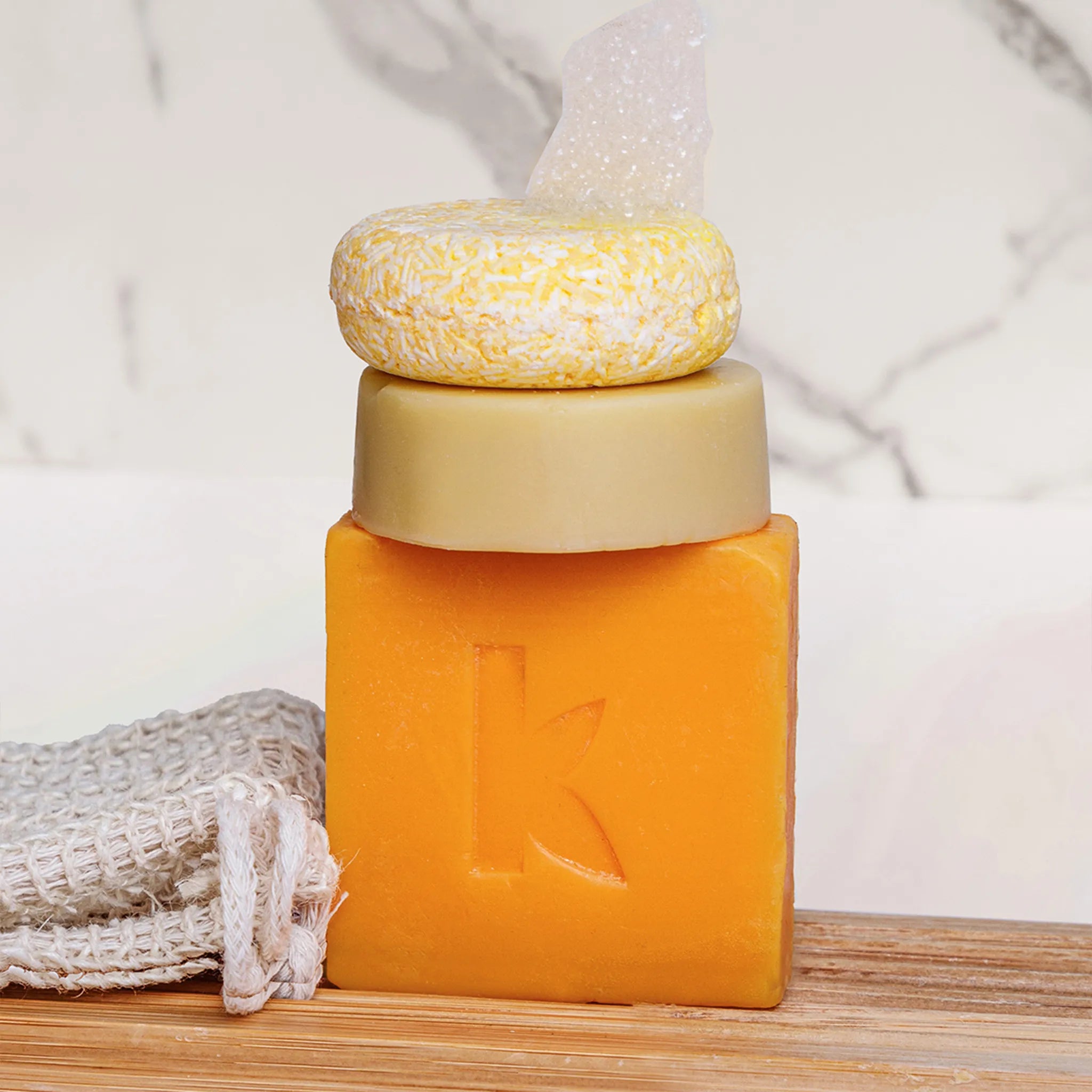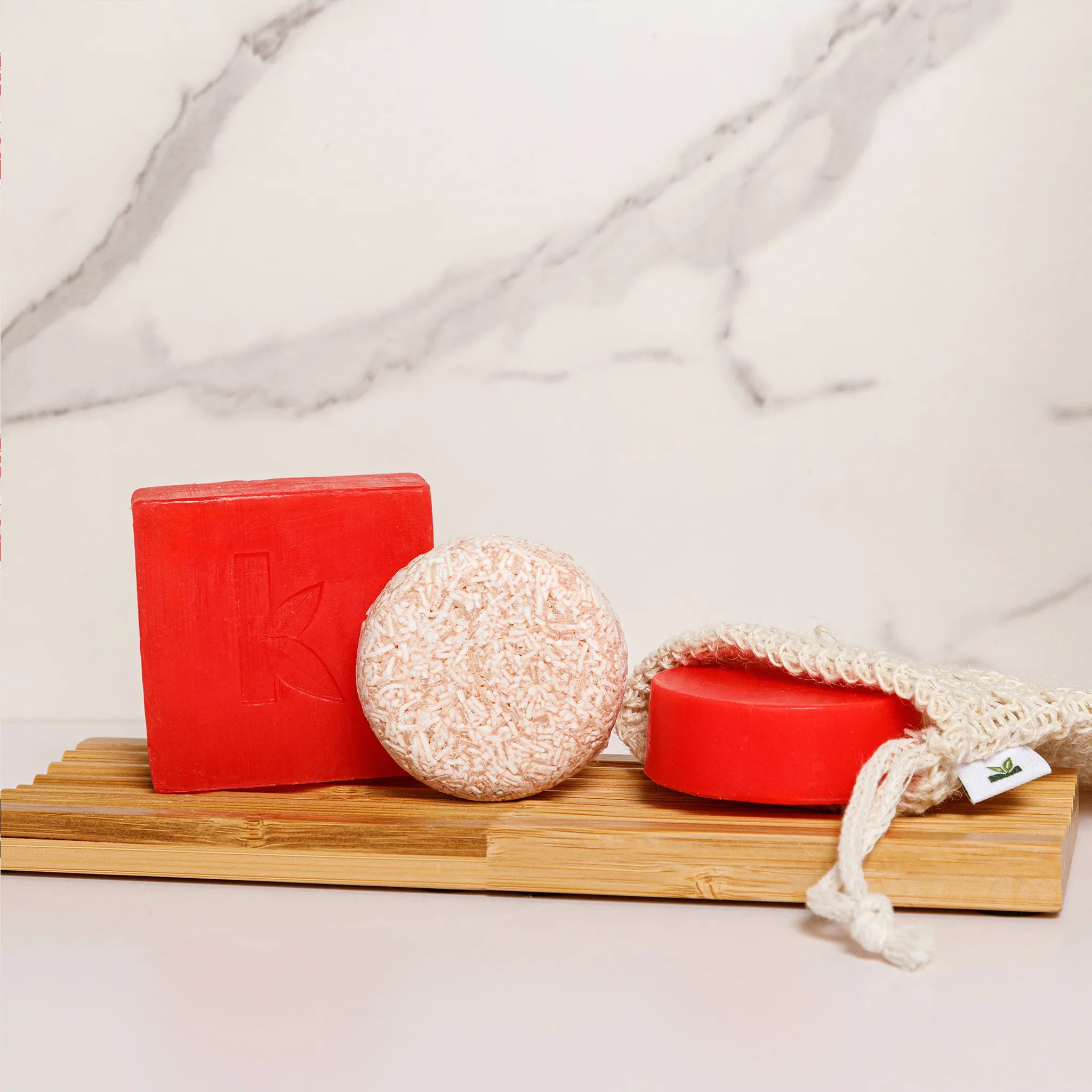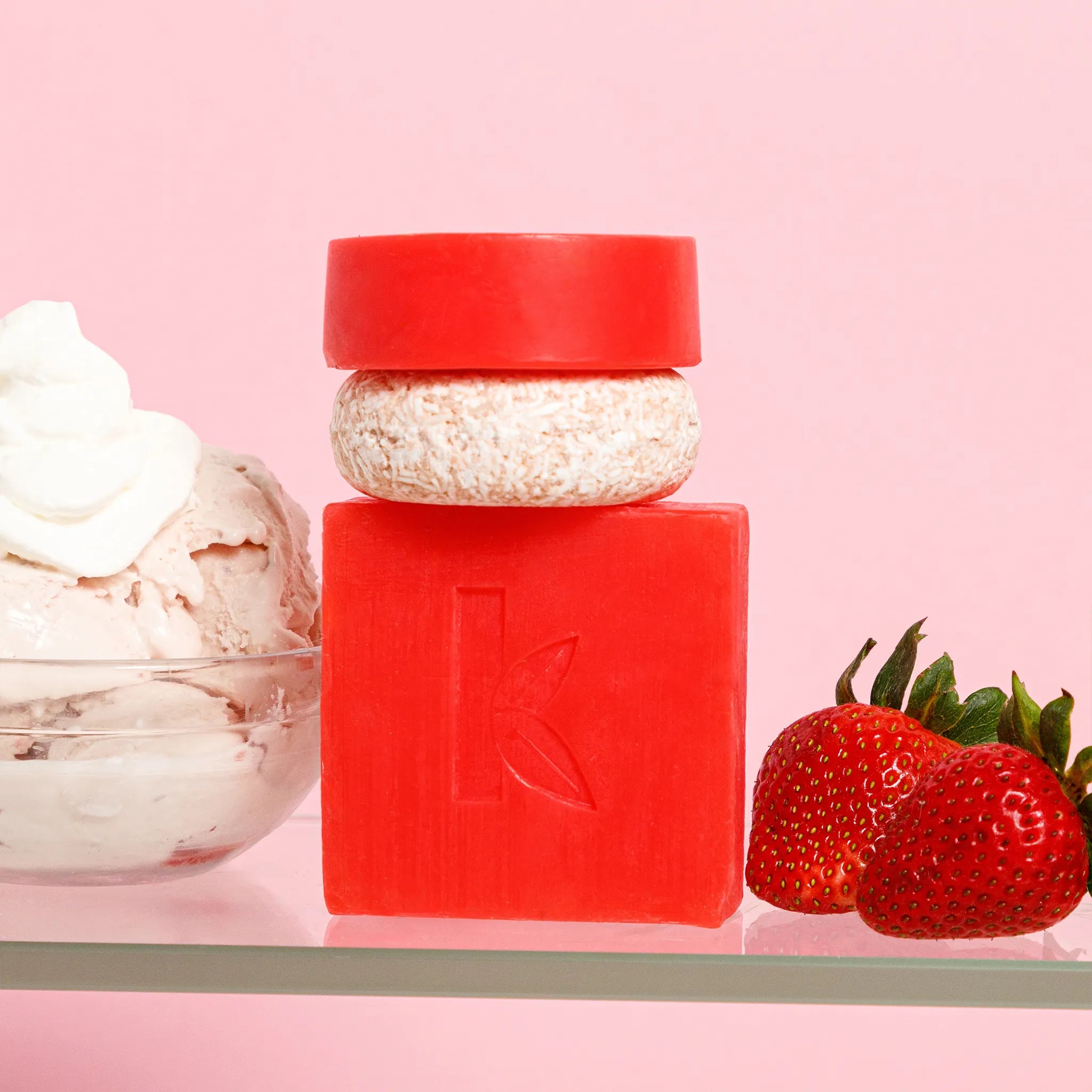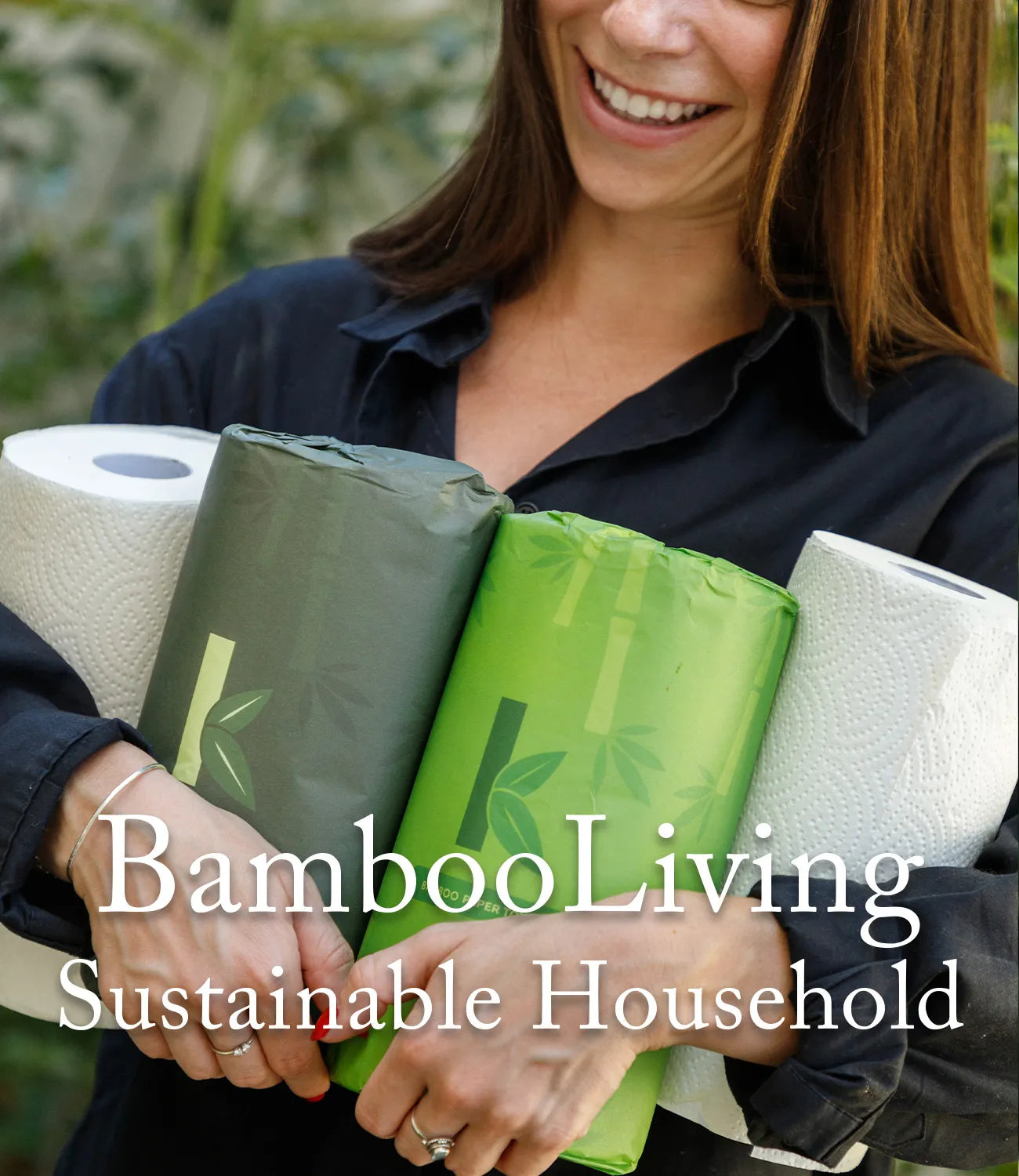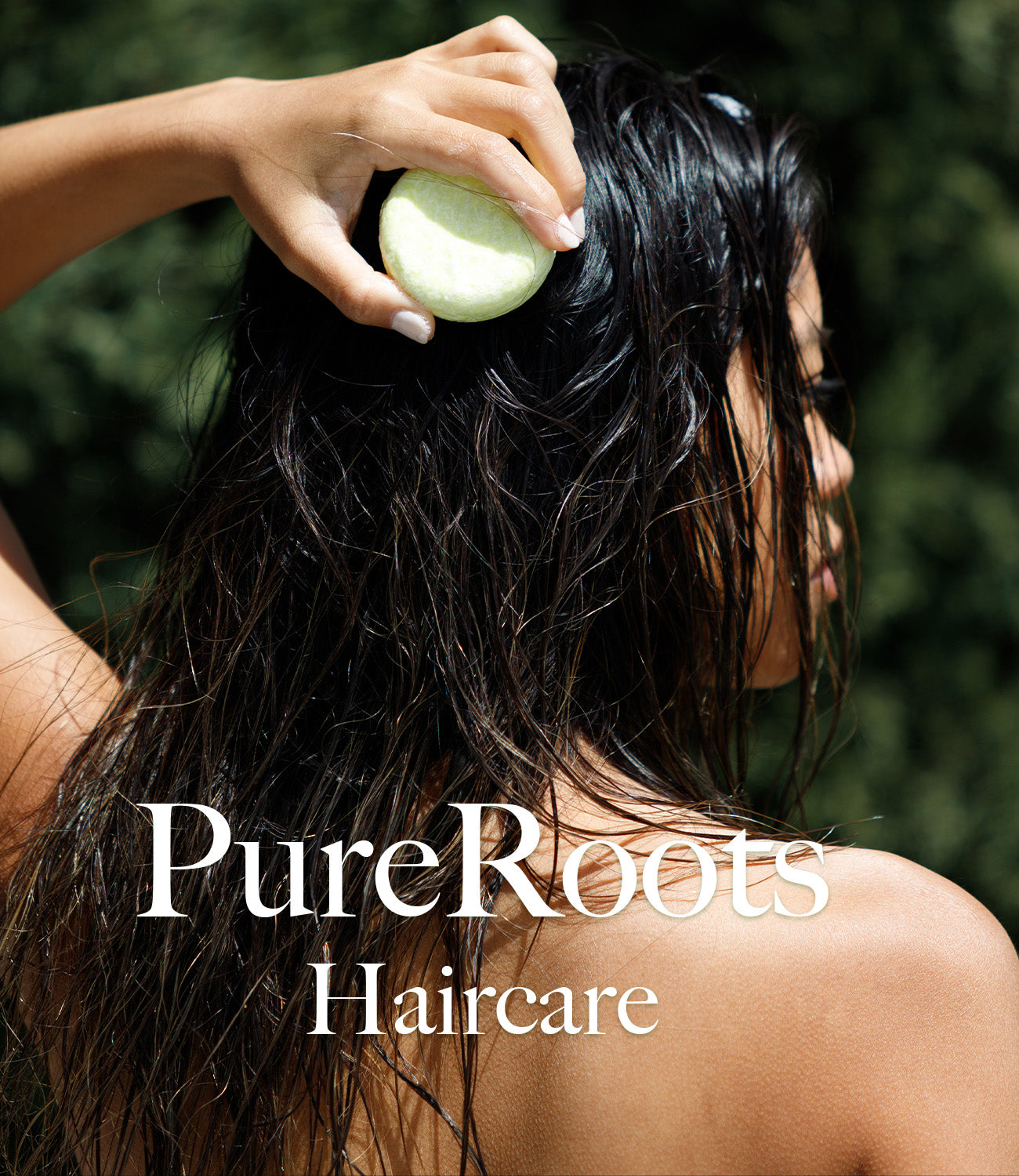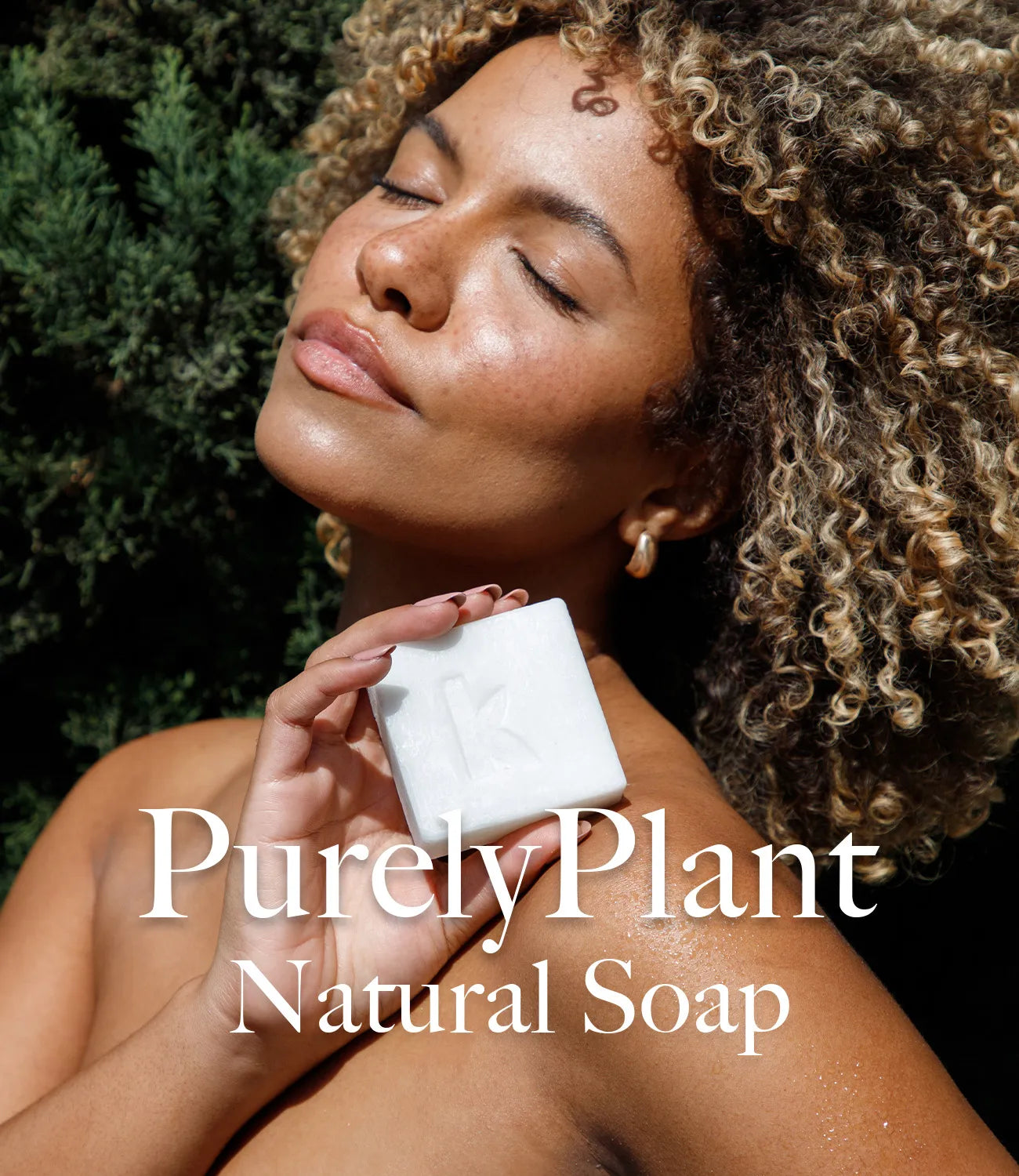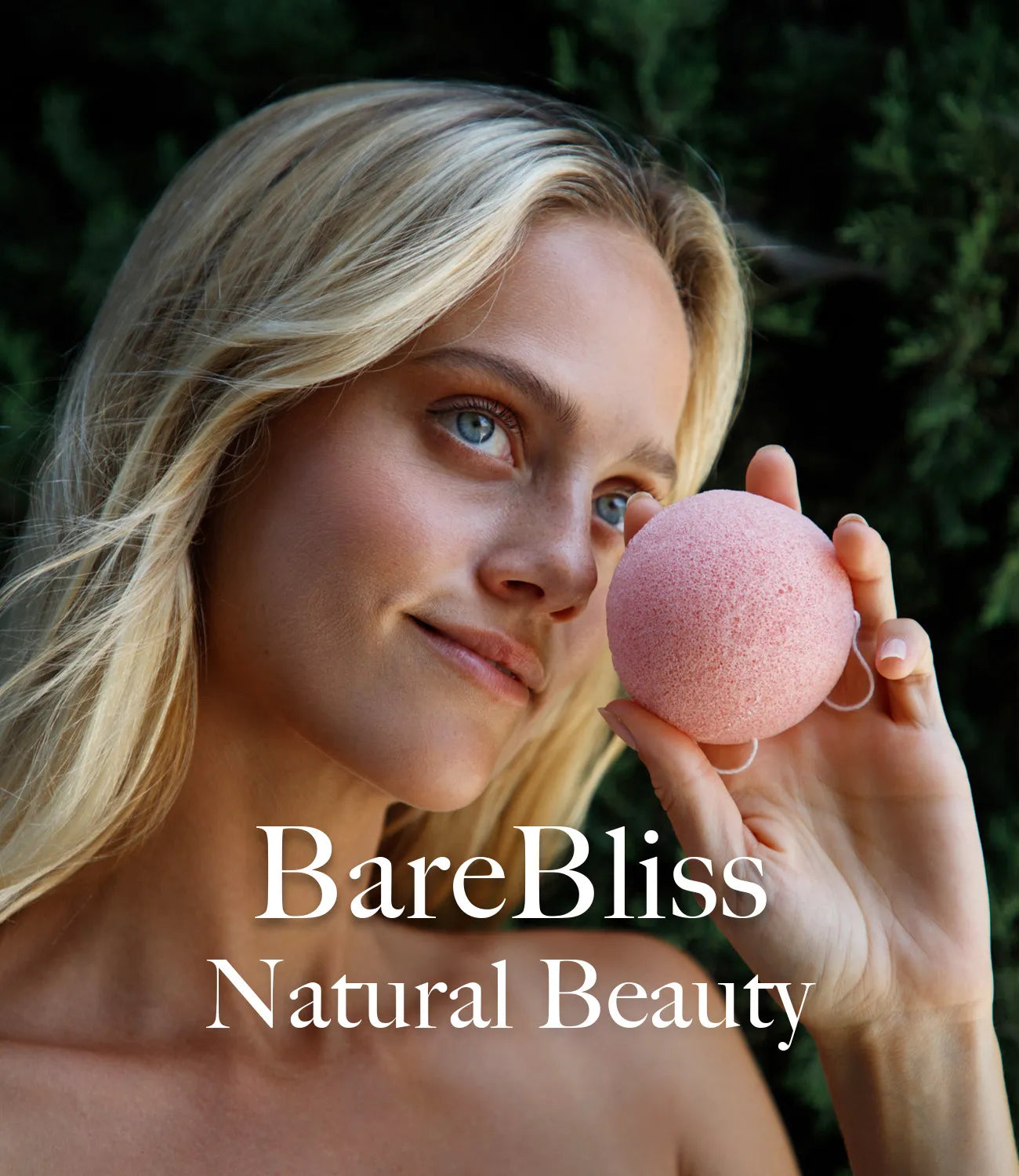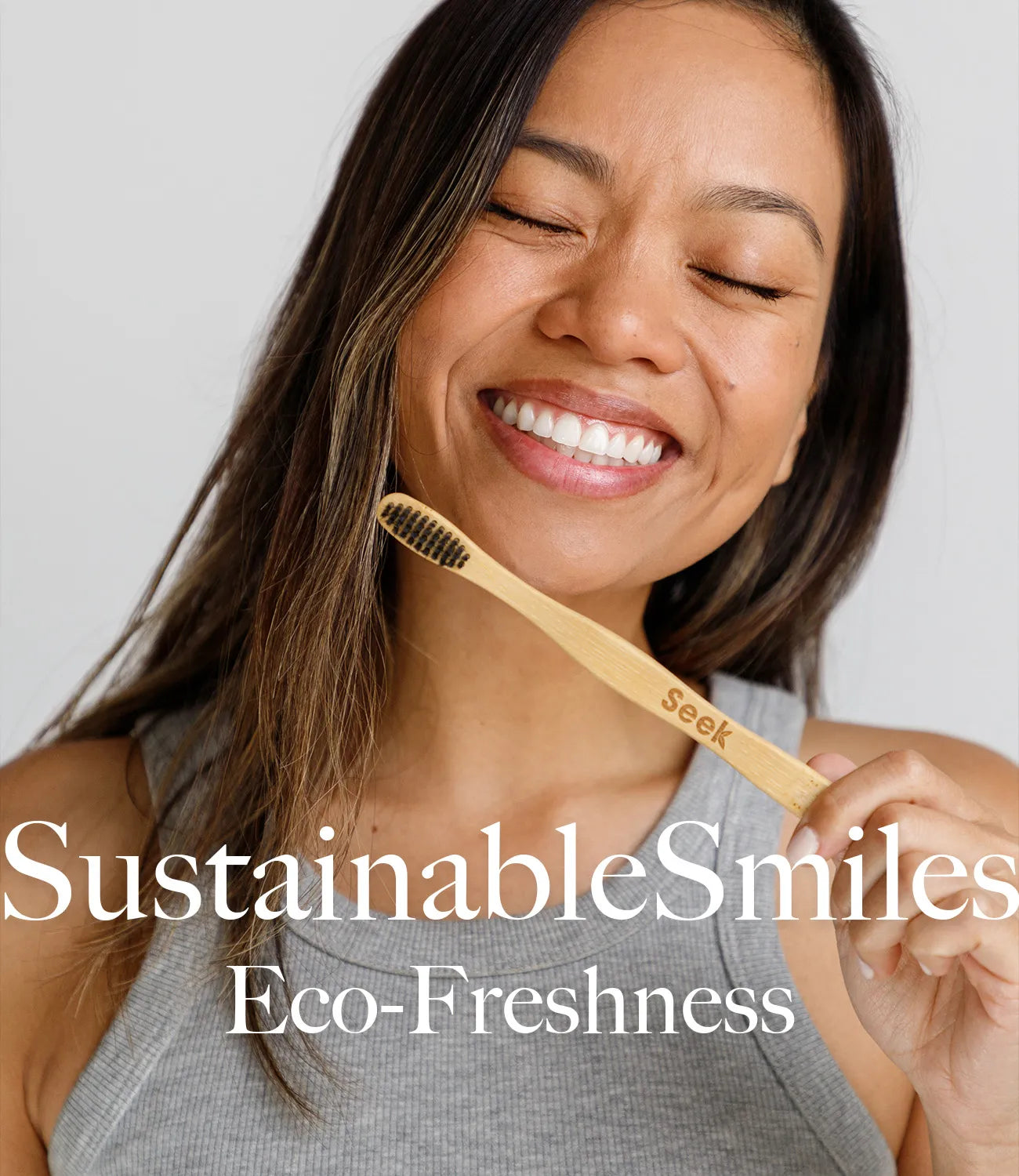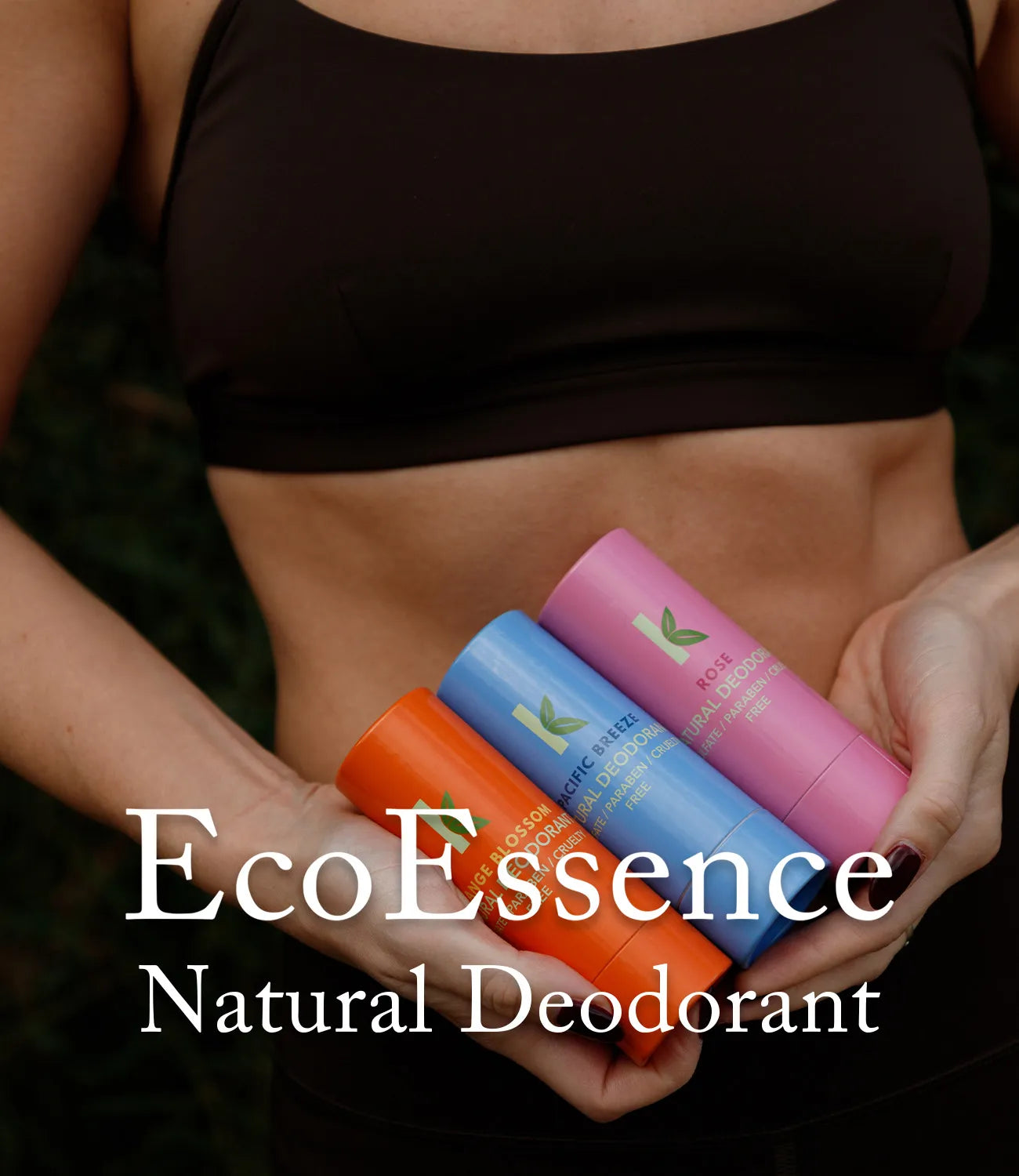Shampoo Bars That Foam
When it comes to shampoo bars, the first question many ask is, "Do they foam like traditional shampoos?" The answer is yes—and better yet, the foam comes from gentle, natural ingredients like amino acids rather than harsh chemicals like SLS. In this blog, we’ll dive into what makes shampoo bars lather so luxuriously, why shampoos without sodium lauryl sulfate are better for your scalp and the environment, and how amino acids play a key role in creating that rich, foamy experience. Plus, we’ll explore the many advantages shampoo bars offer over liquid shampoos, and share tips to help you get the most out of every wash. Ready to embrace an eco-friendly, effective hair care routine? Let's get started.
What Makes a Shampoo Bar Foam?
Foam is often seen as a sign of cleanliness, but not all foaming agents are created equal. Traditional shampoos typically rely on Sodium Lauryl Sulfate (SLS) to produce that rich, satisfying lather. While SLS creates a fast-foaming experience, it’s a harsh chemical known for stripping the hair and scalp of natural oils, which can lead to dryness, irritation, and even scalp sensitivity over time.
An alternative, Sodium Coco Sulfate (SCS), often gets mistaken for SLS. Although they sound similar, they are not the same. SCS is derived from the whole coconut oil, making it a more natural and less processed ingredient. However, it's still considered a sulfate, and while it's gentler than SLS, some individuals may still find it too drying or irritating, especially those with sensitive skin or curly hair.
In contrast, amino acid-based foaming agents offer a natural, gentle approach to creating foam without sulfates. Amino acids, like Sodium Cocoyl Glutamate and Sodium Lauryl Glutamate, are derived from natural sources like coconut oil or sugar, creating a rich, creamy lather that’s kind to your hair and scalp. These amino acids don’t strip away essential moisture. Instead, they cleanse gently while helping to retain your hair’s natural oils, leaving it nourished and hydrated after each wash.
The foam produced by amino acids feels softer and slower to form compared to the quick lather of sulfates, but it’s far more nourishing. You’re still getting the indulgent foam experience, without the risk of damaging your hair or harming the environment.
Amino acid-based foaming agents are also biodegradable and eco-friendly, unlike SLS and SCS, which can have negative environmental impacts. So, not only are you making a healthier choice for your scalp, but you're also supporting a more sustainable, planet-friendly option when you use an amino acid-based shampoo bar.
The next time you lather up with your SLS-free shampoo bar that foams from amino acids, you can feel good knowing you’re treating your hair to the best care possible, while also making an eco-conscious choice. Gentle, effective, and sustainable—what's not to love?
Why Choose SLS-Free Shampoo Foam?
When it comes to hair care, more consumers are becoming aware of the impact that common ingredients like Sodium Lauryl Sulfate (SLS) can have on their hair, scalp, and overall well-being. While SLS has been a go-to foaming agent in many traditional shampoos, its harsh chemical properties have led to a growing demand for alternatives—like SLS-free shampoo bars.
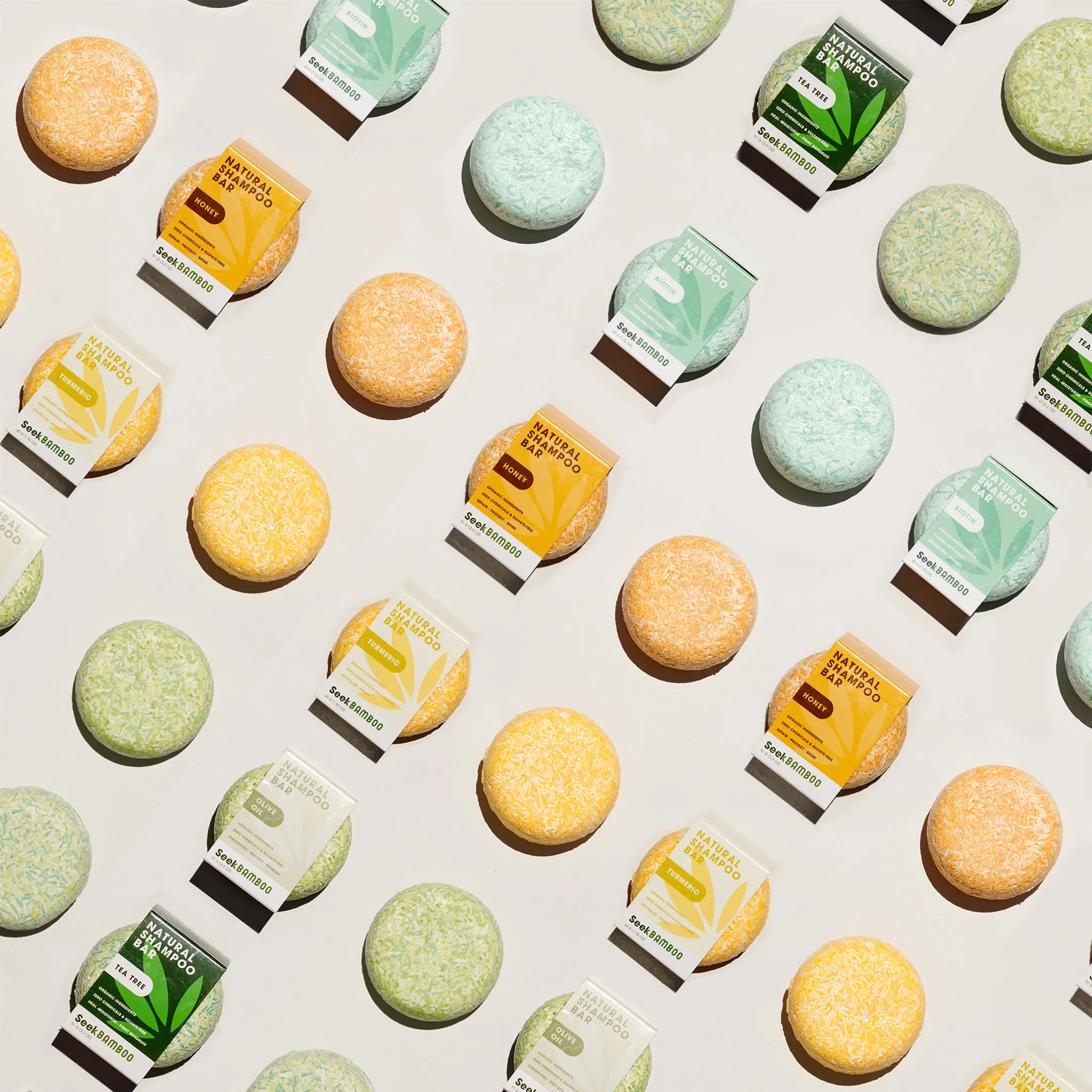
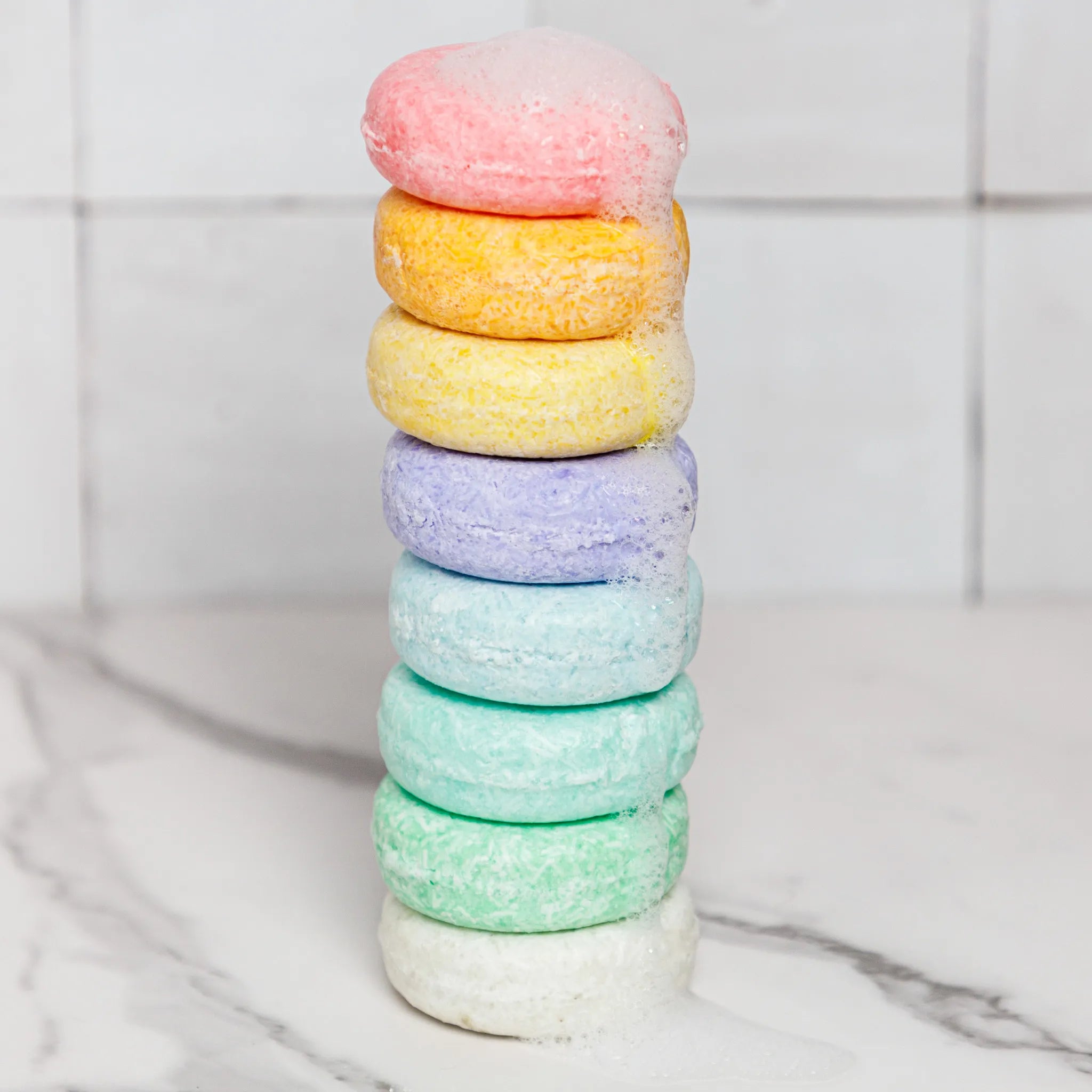
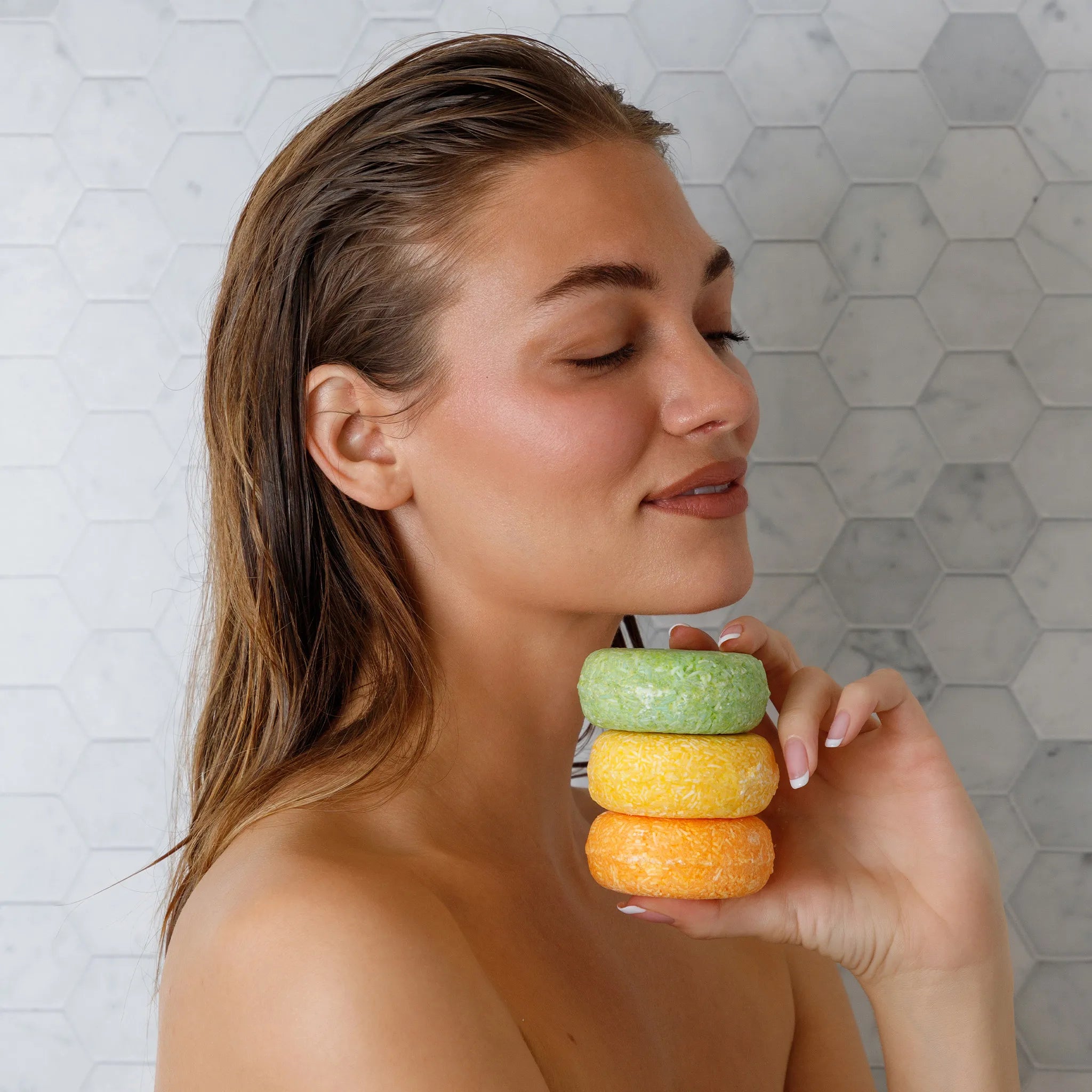
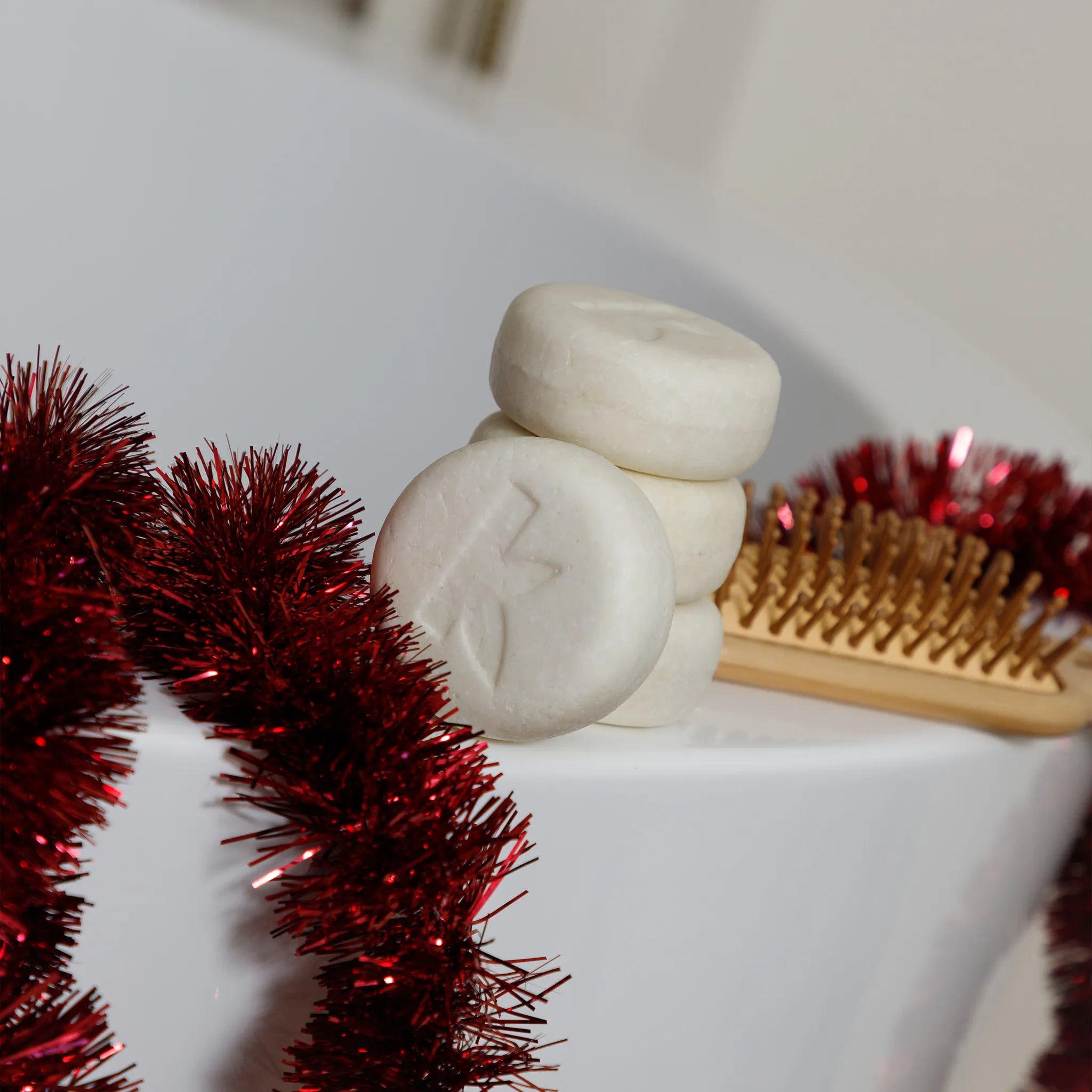
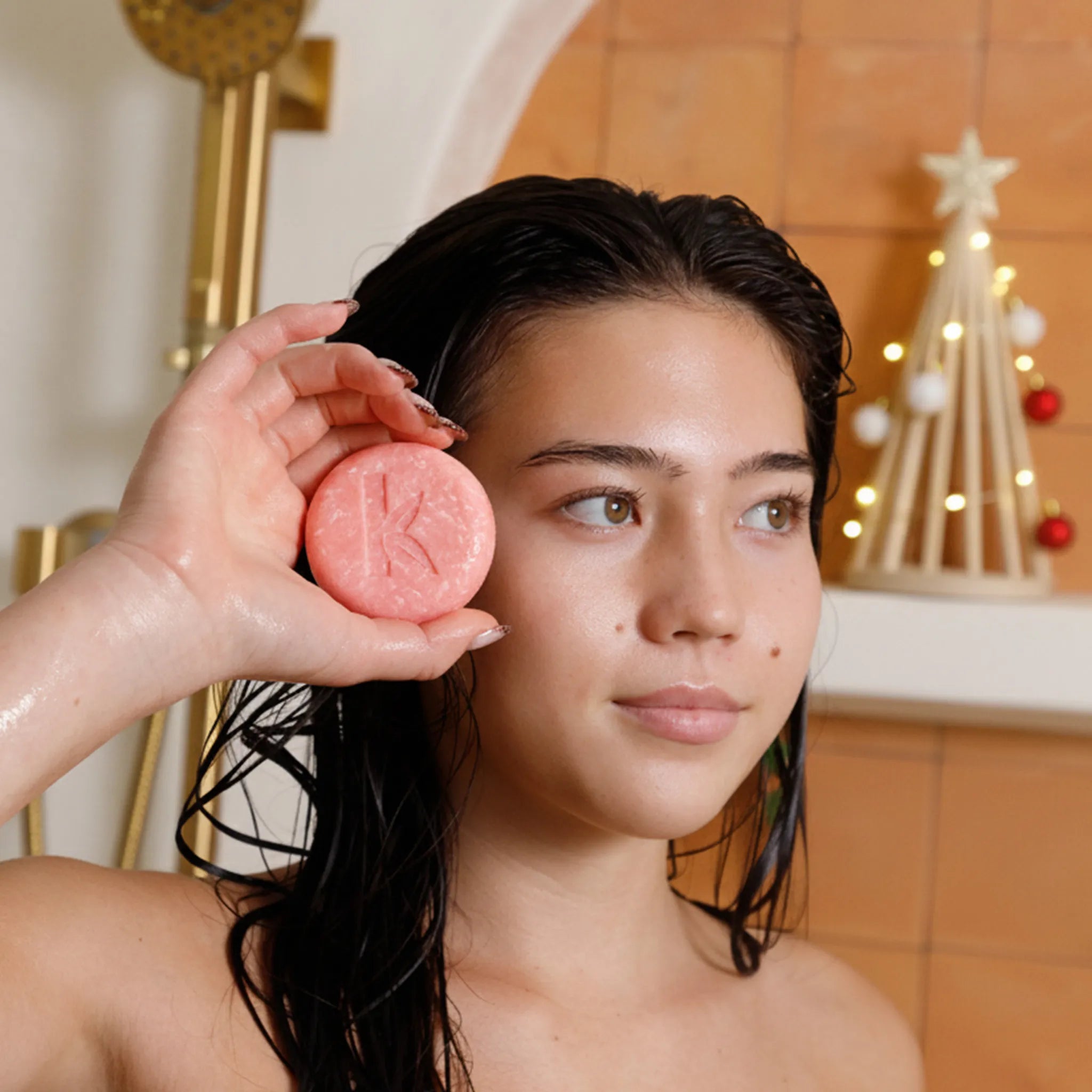
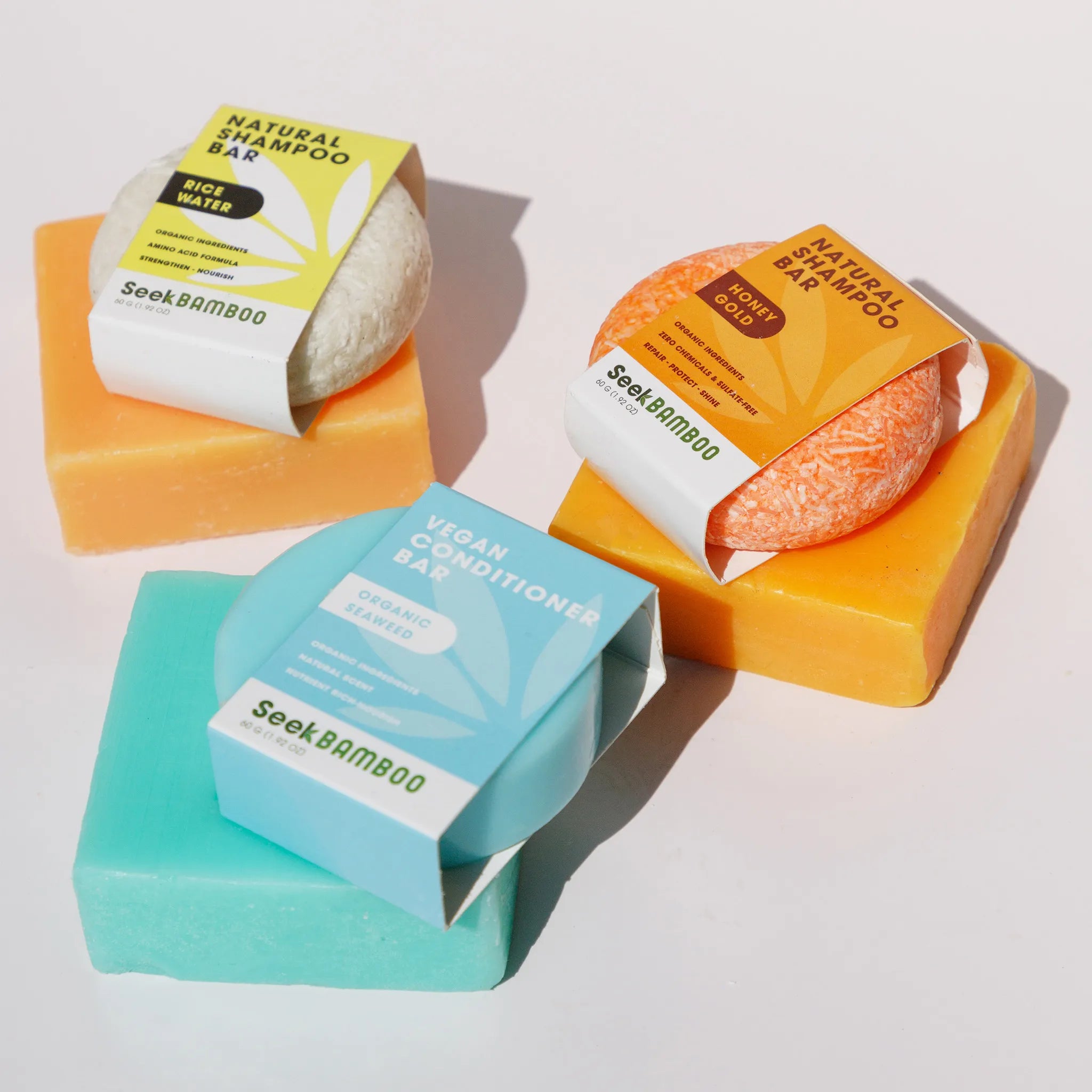
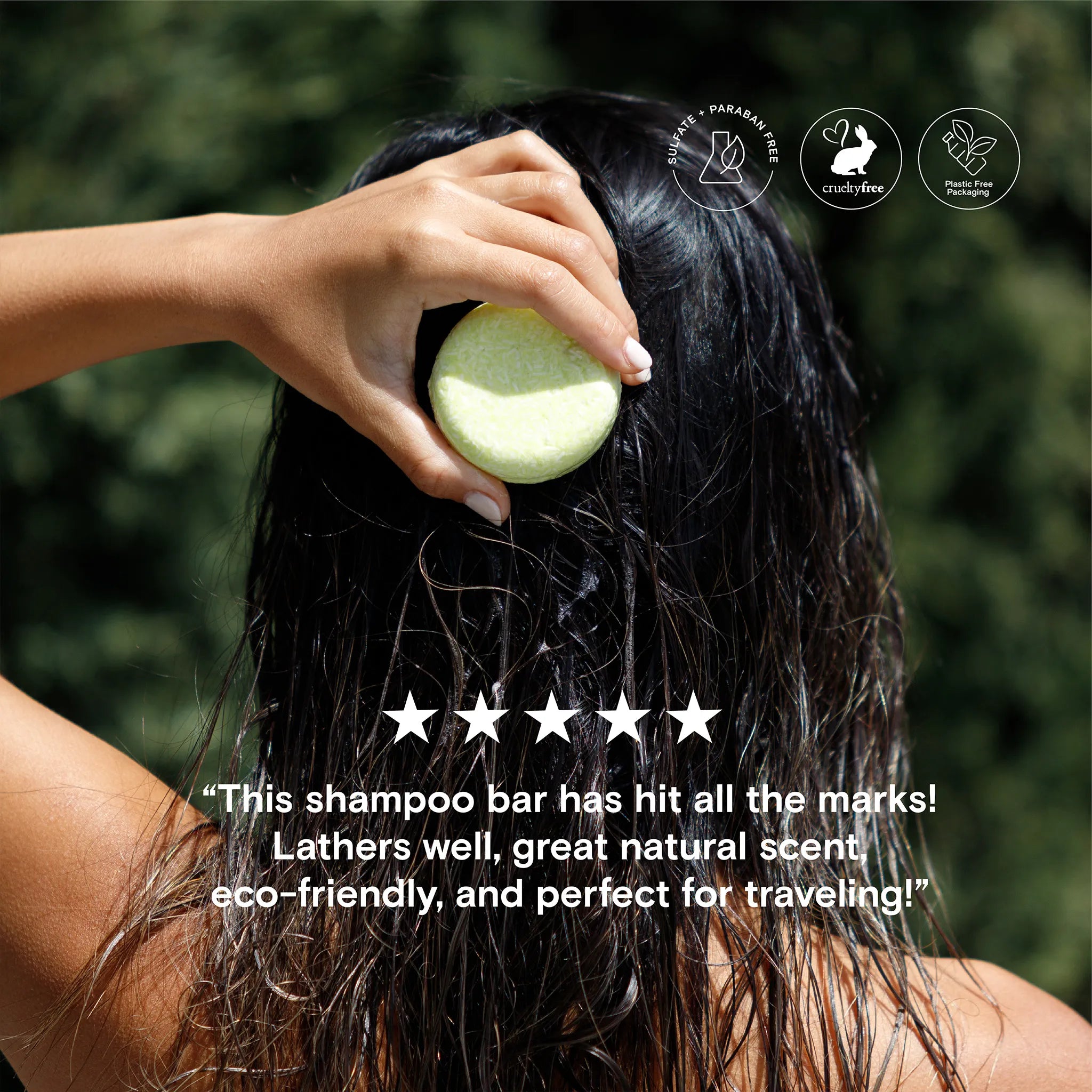
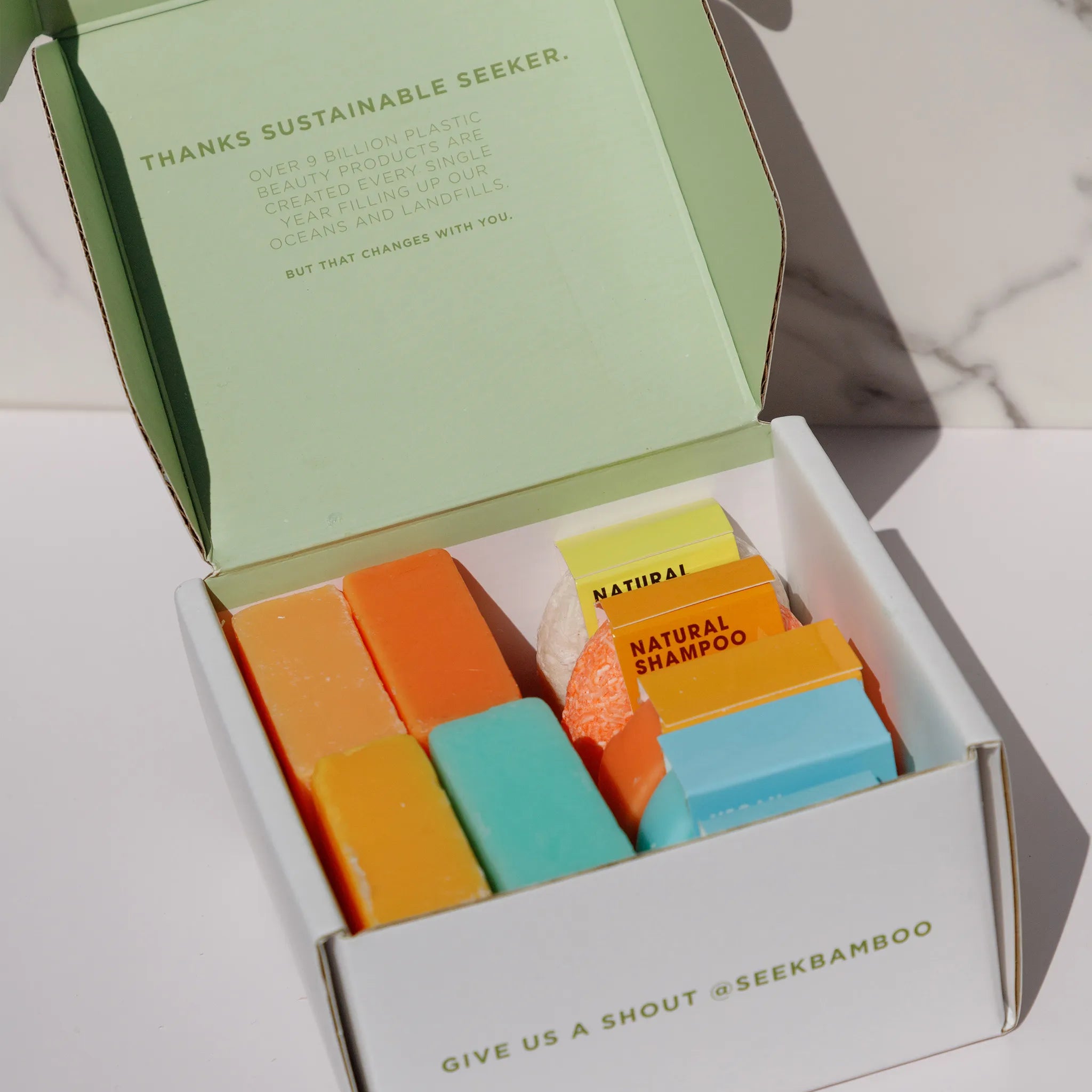
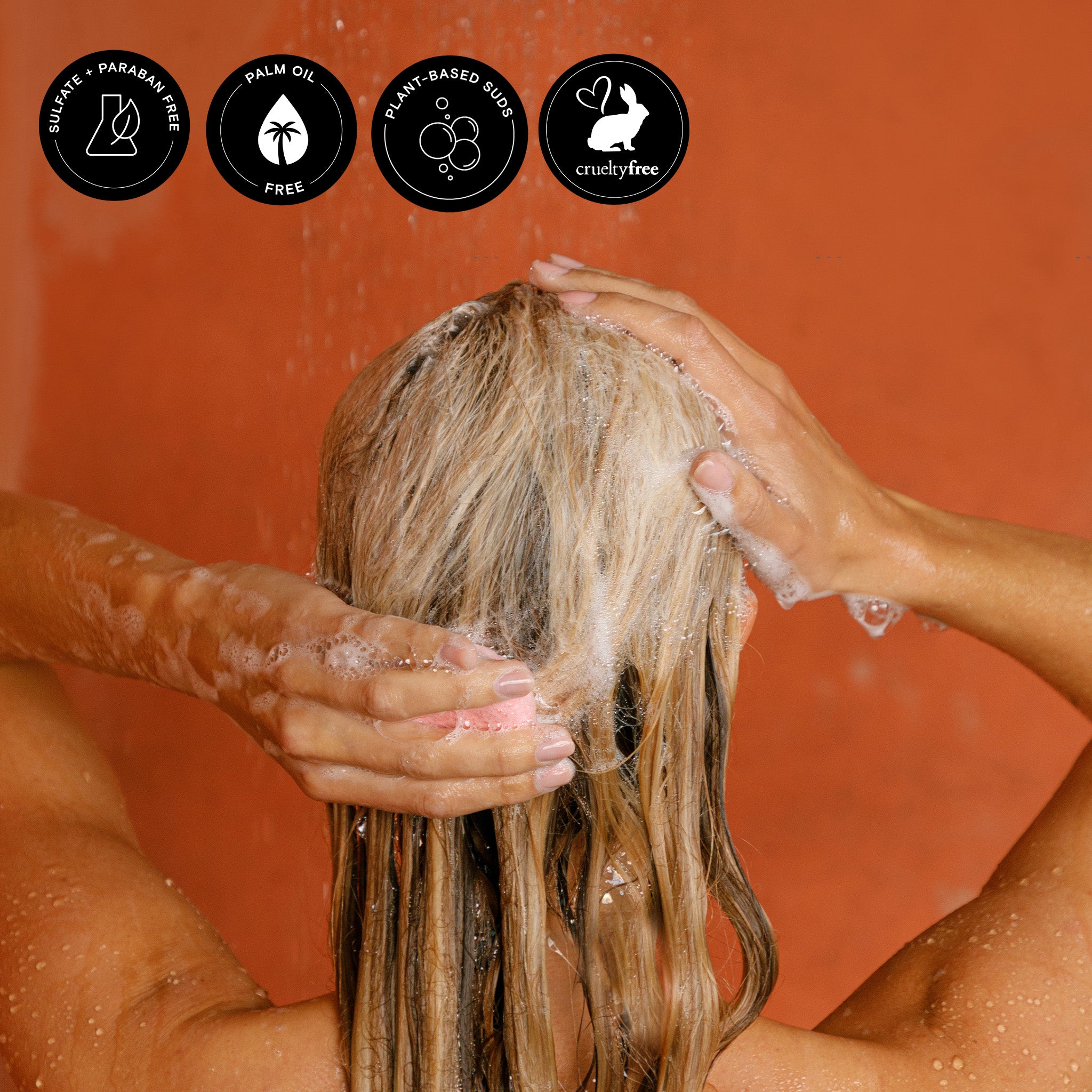
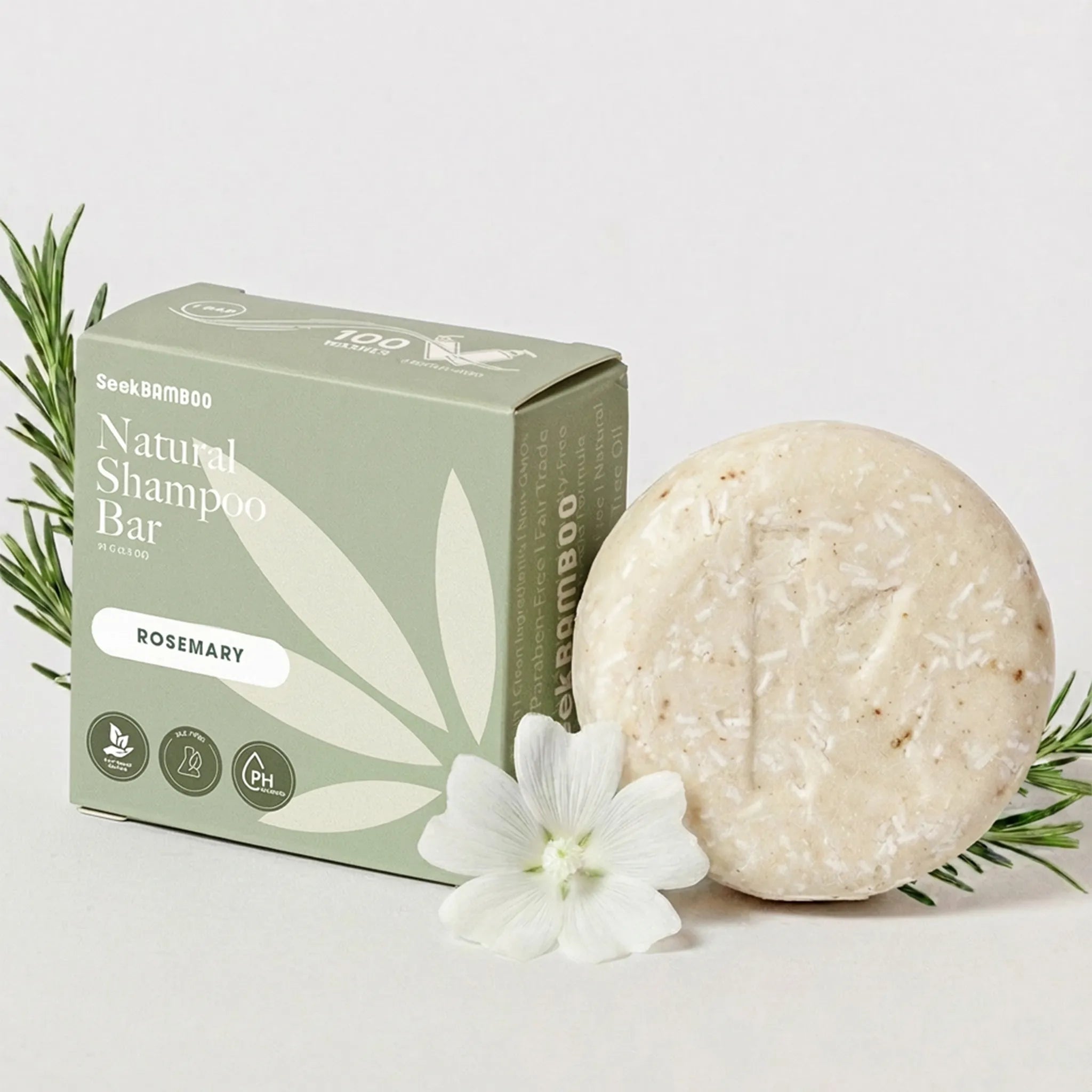
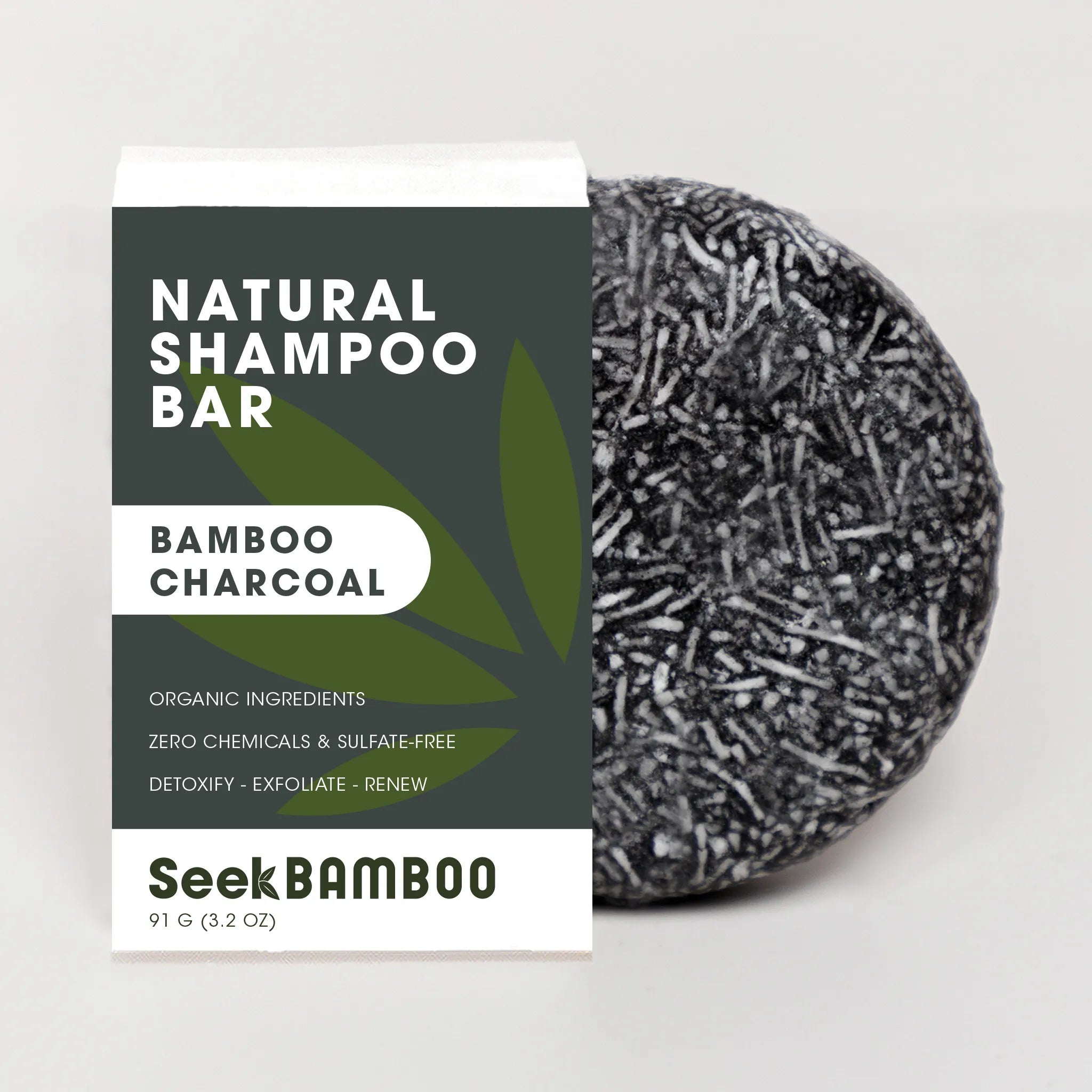
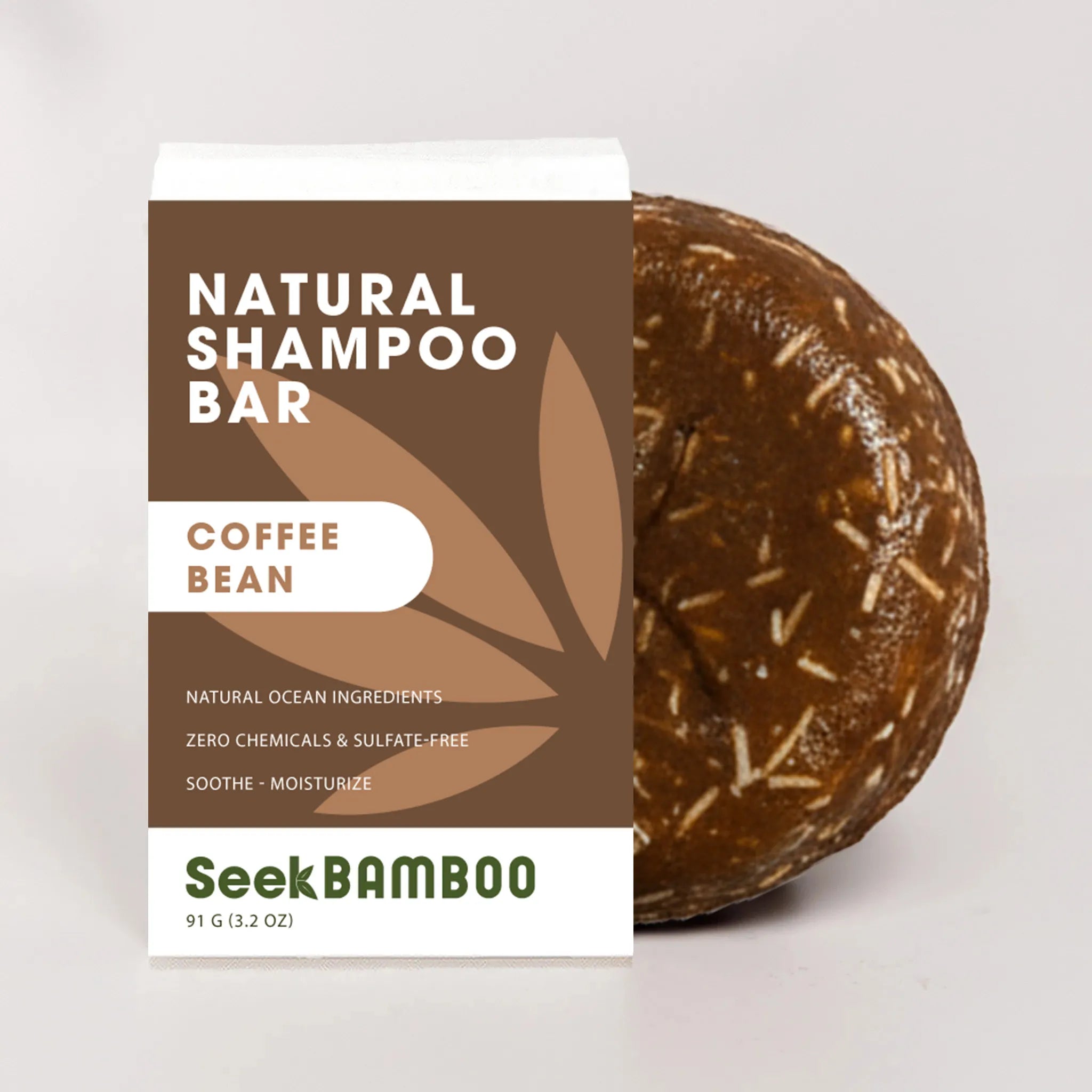
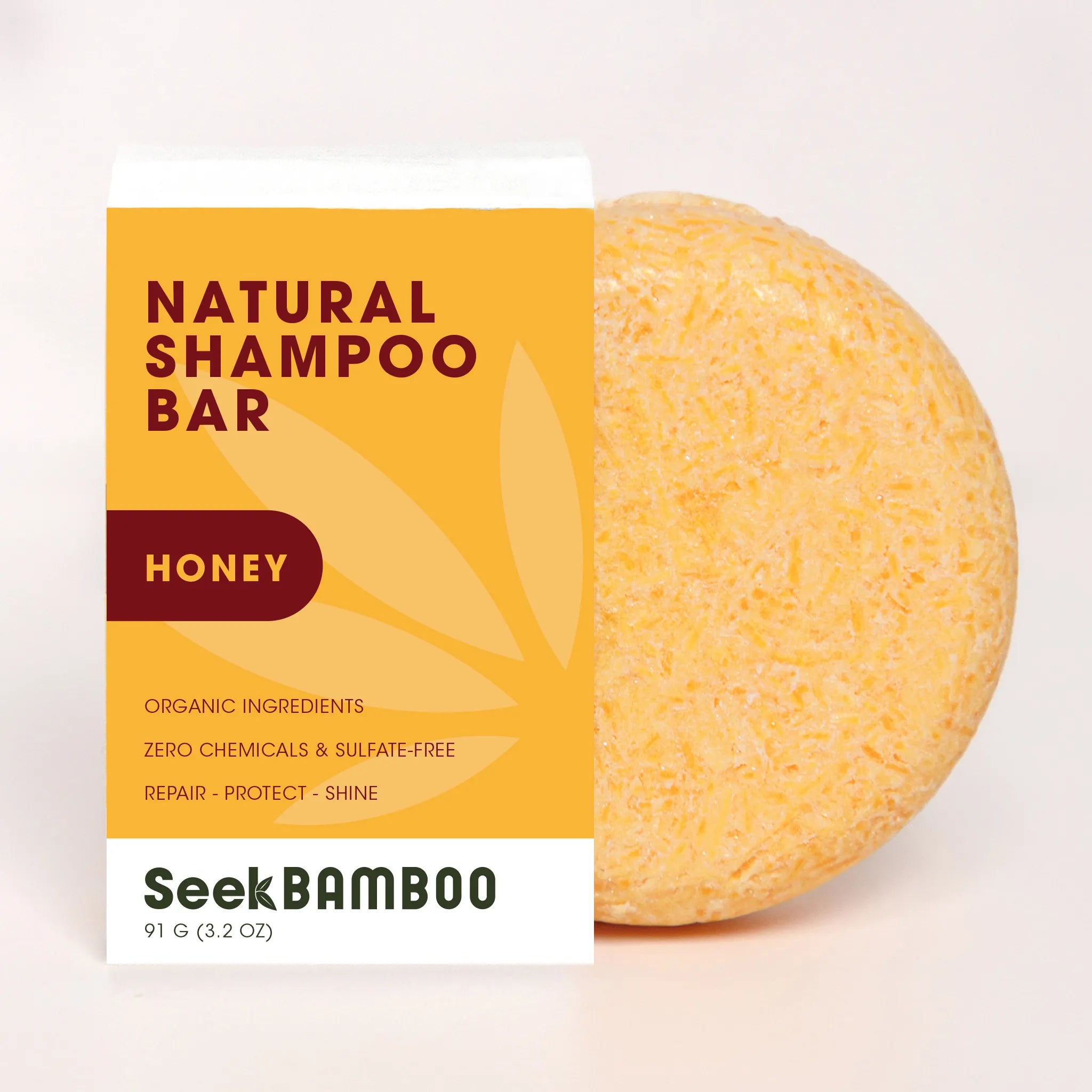
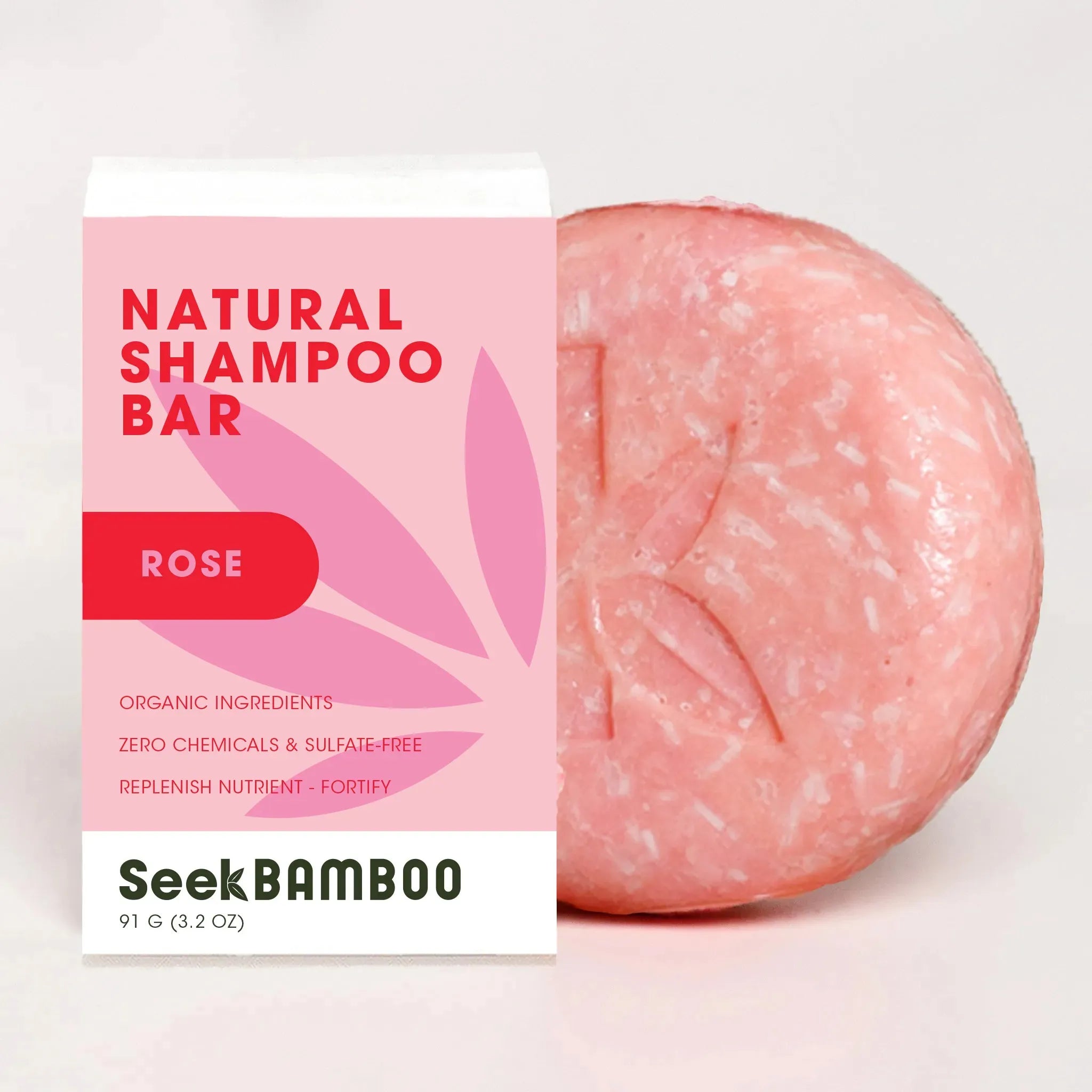
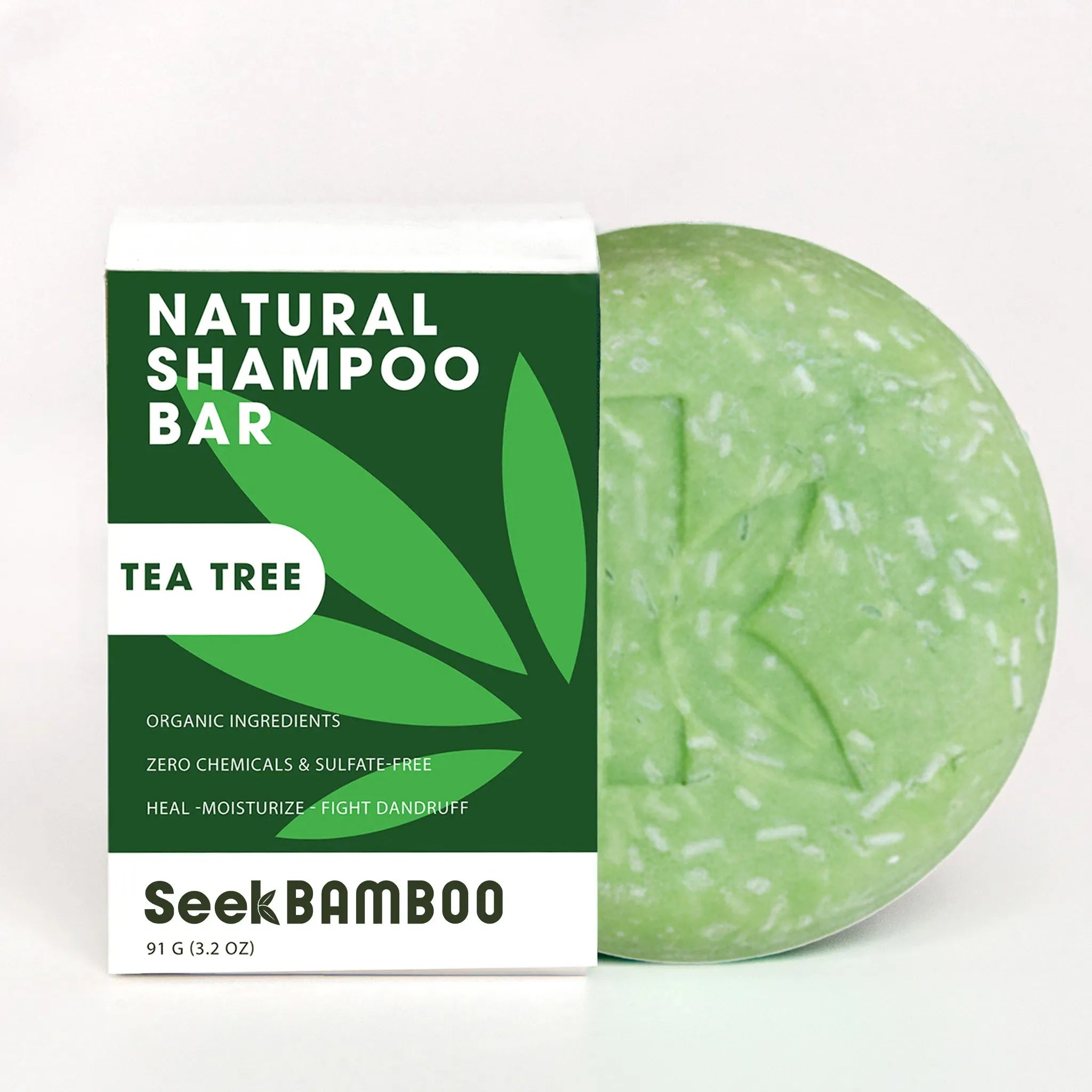
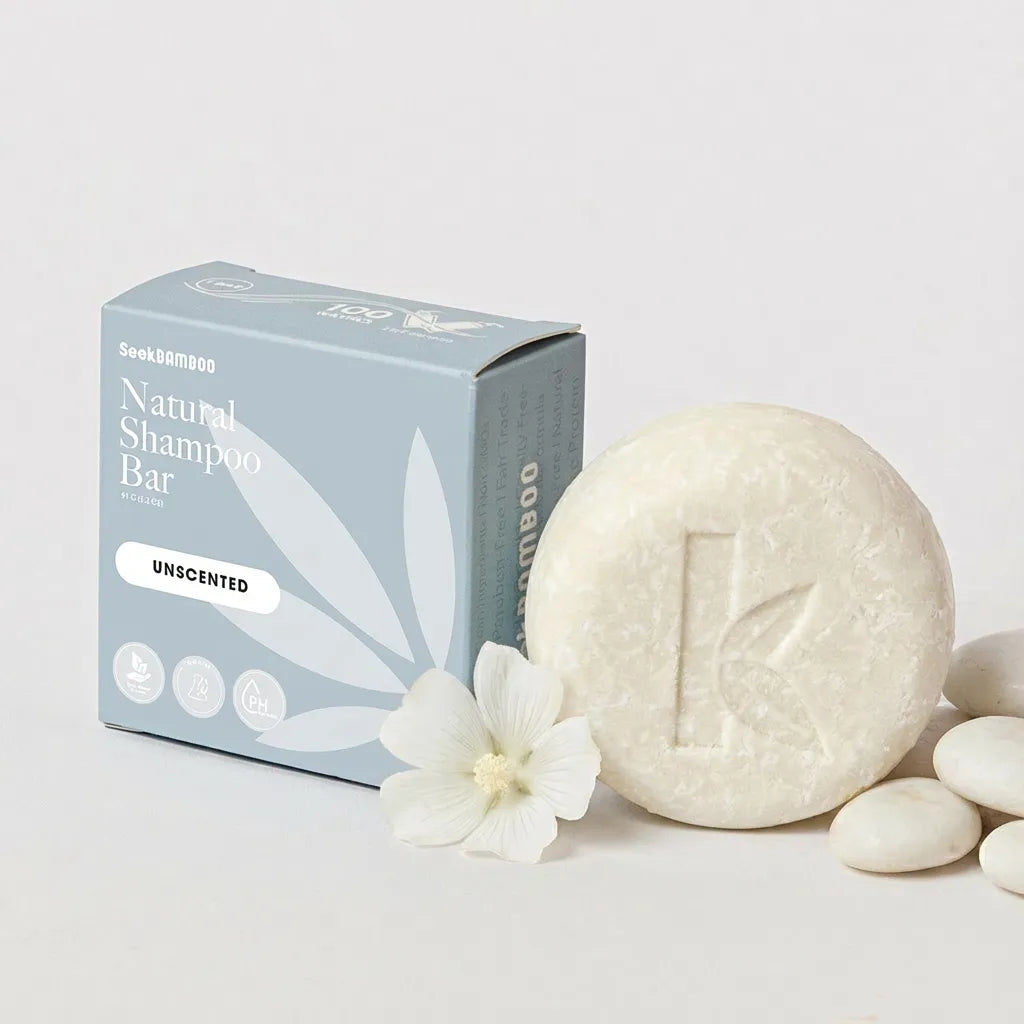
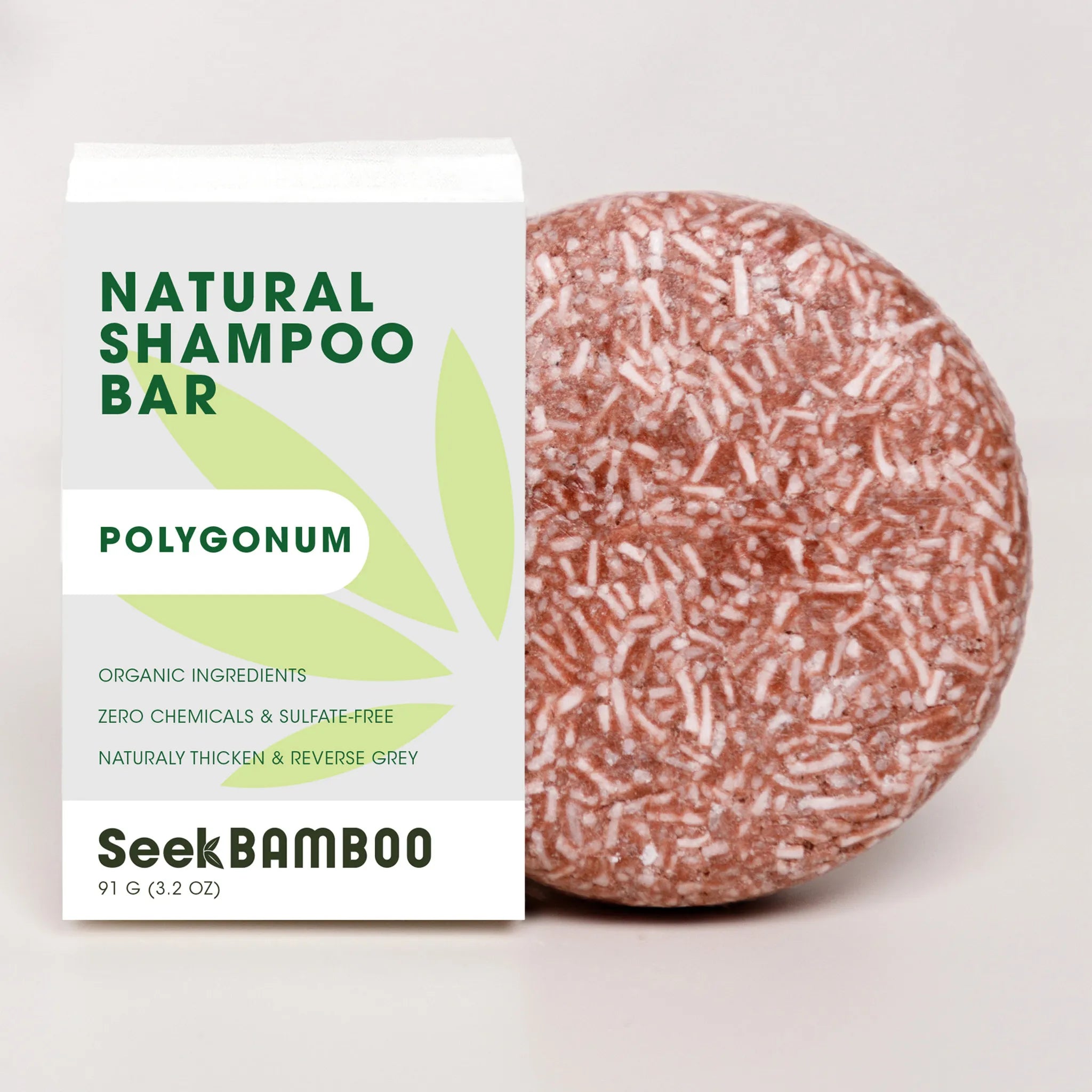
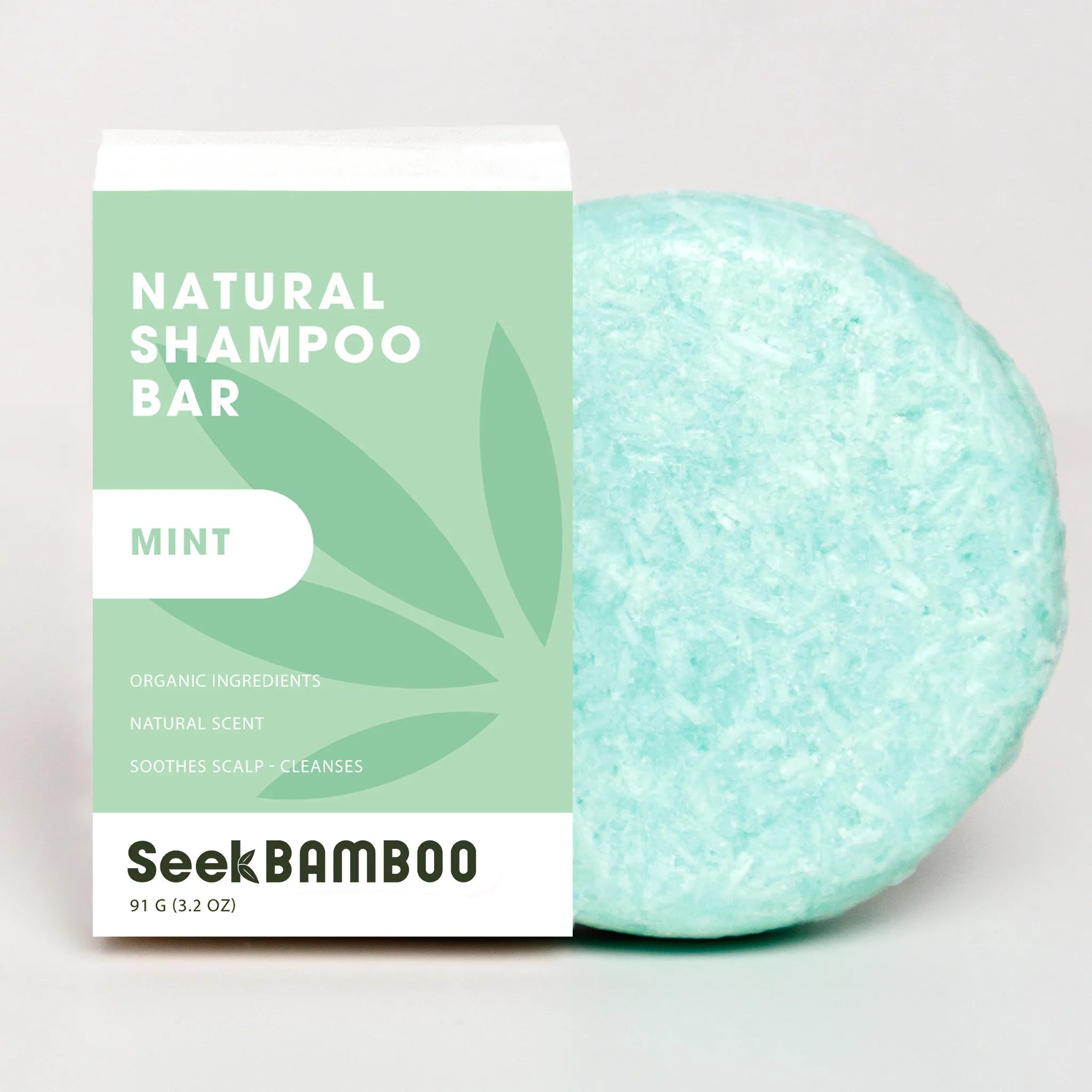
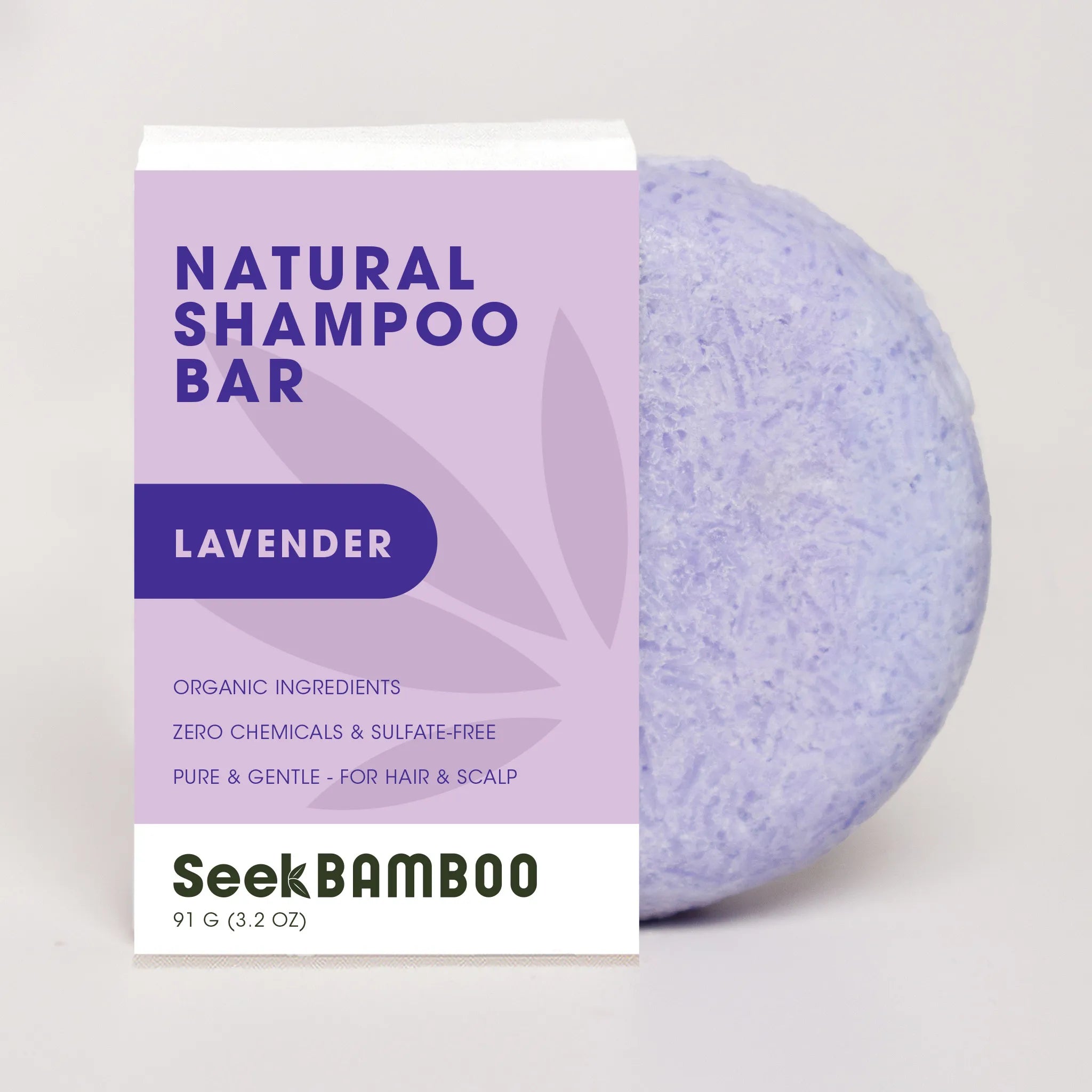
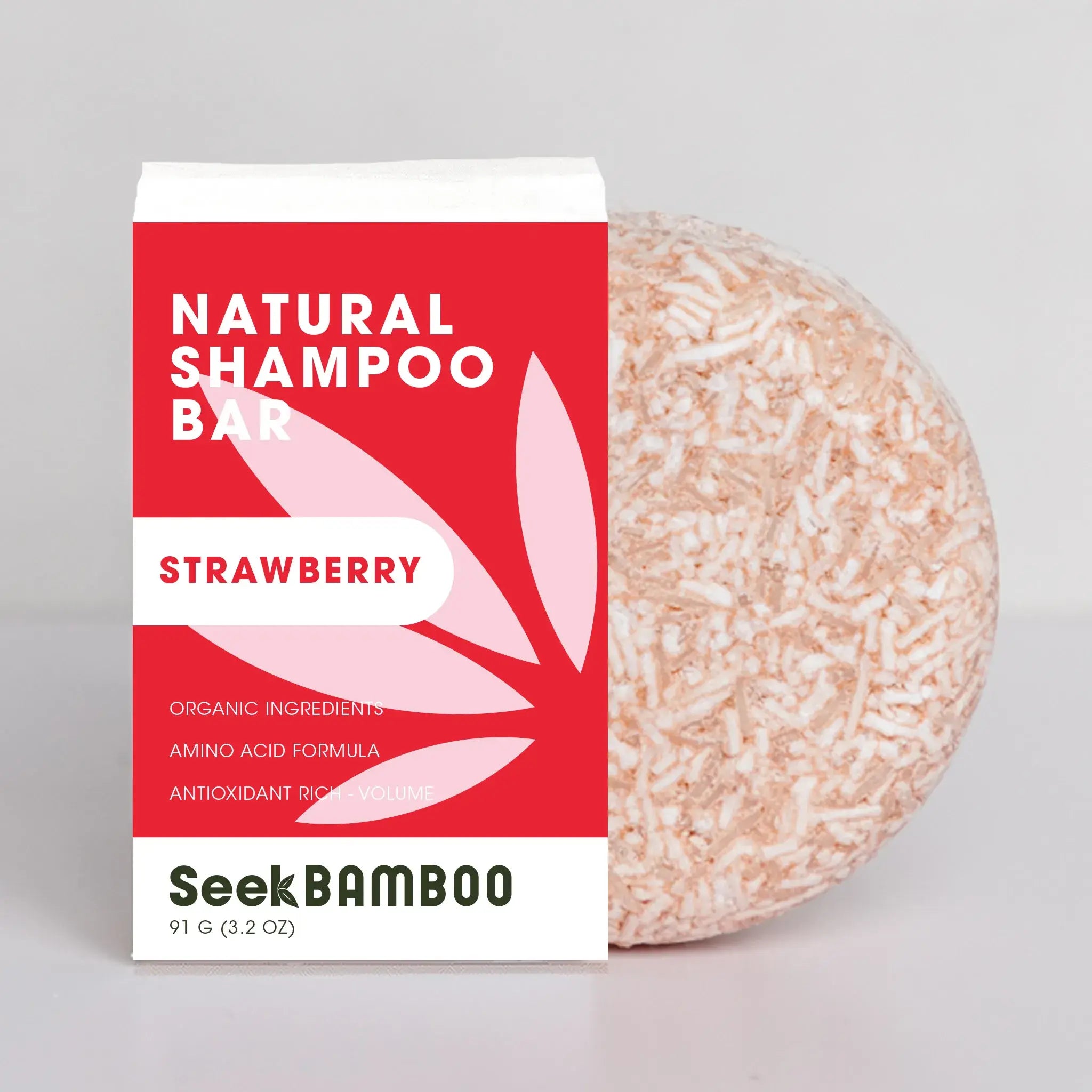
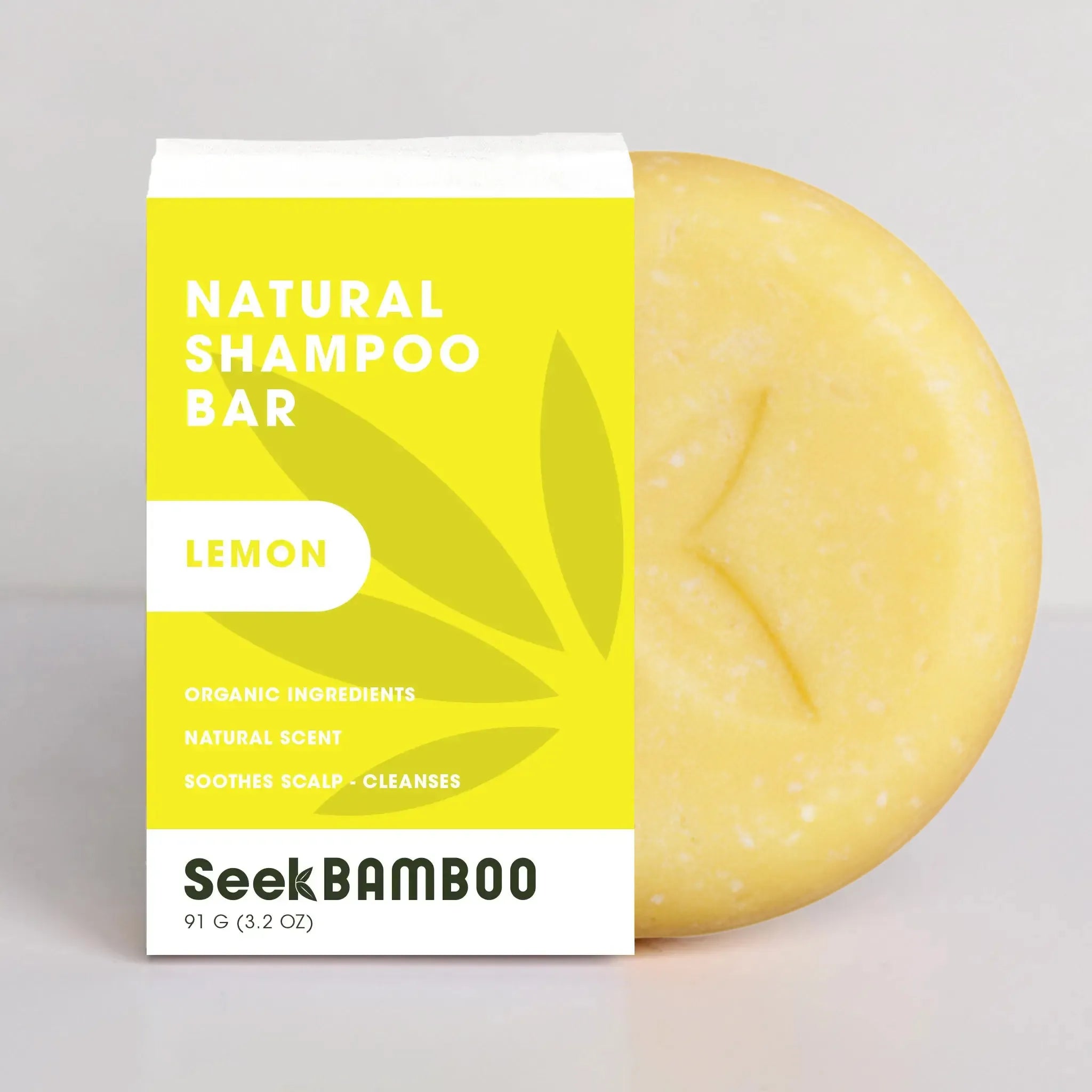
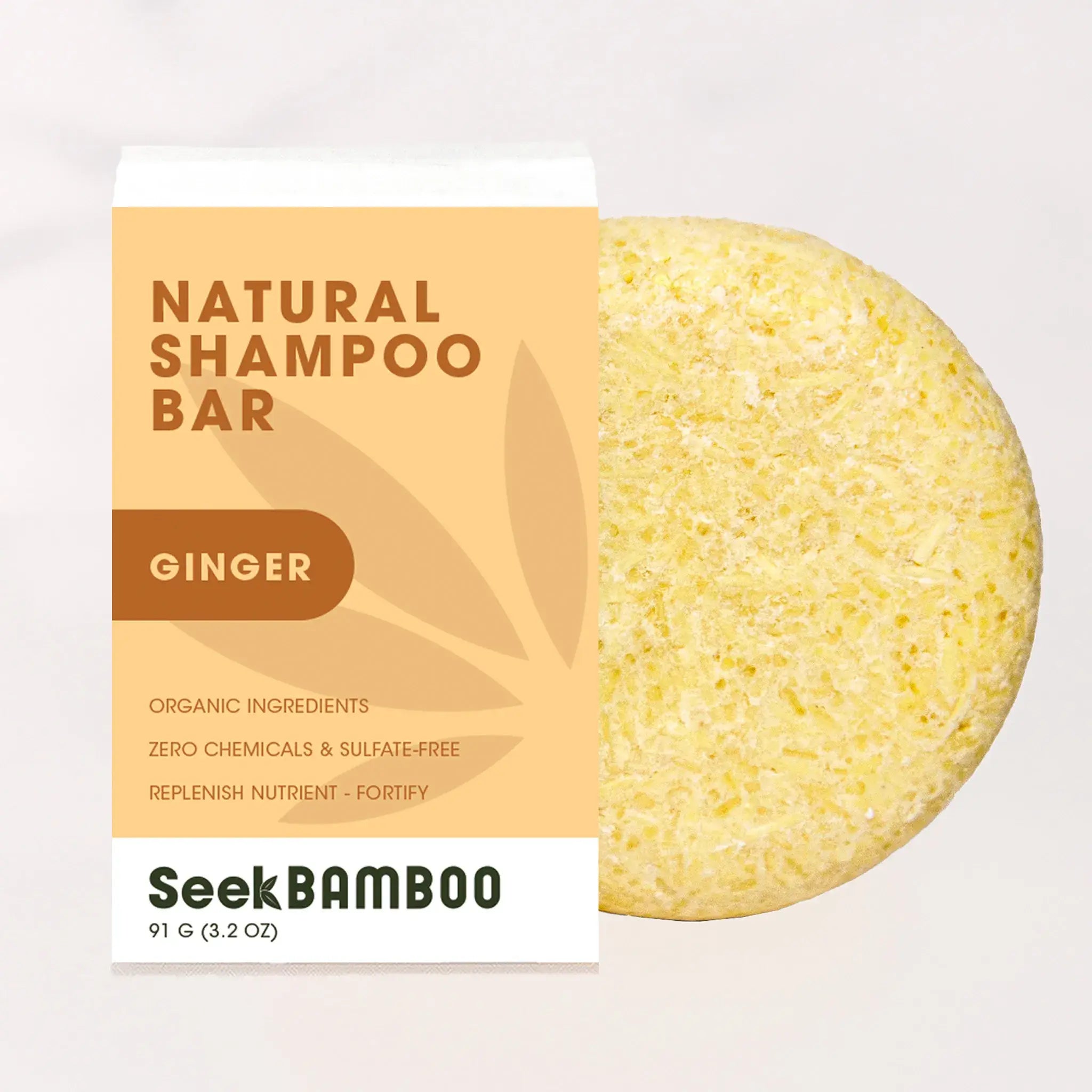
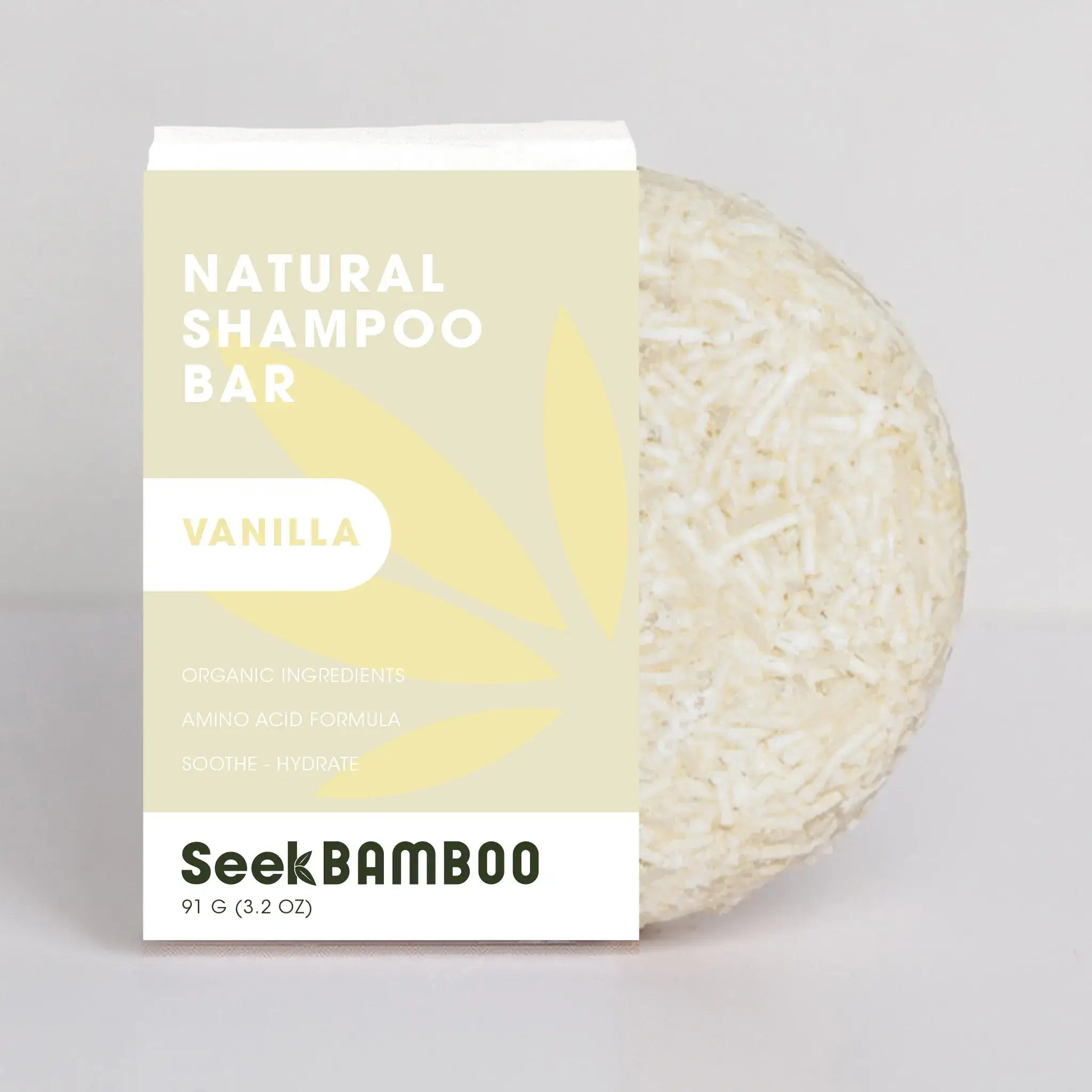
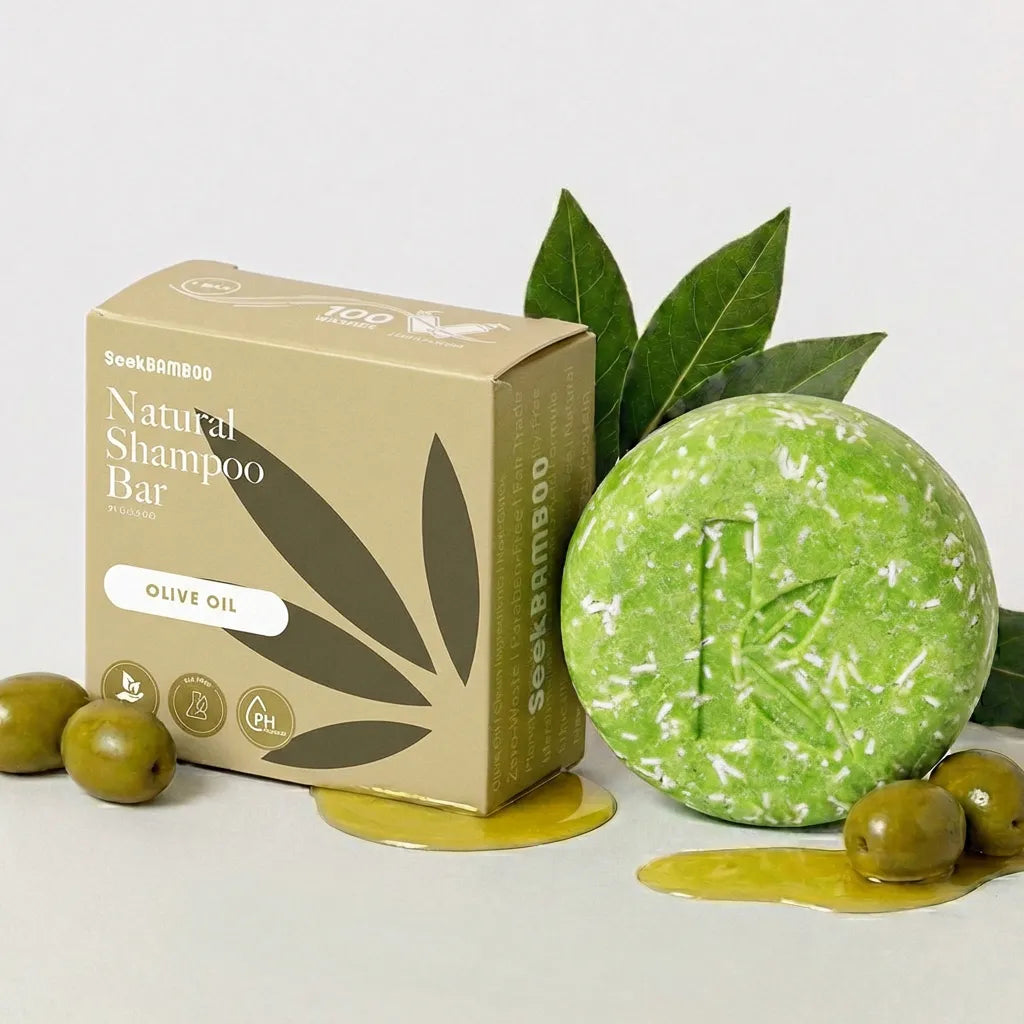
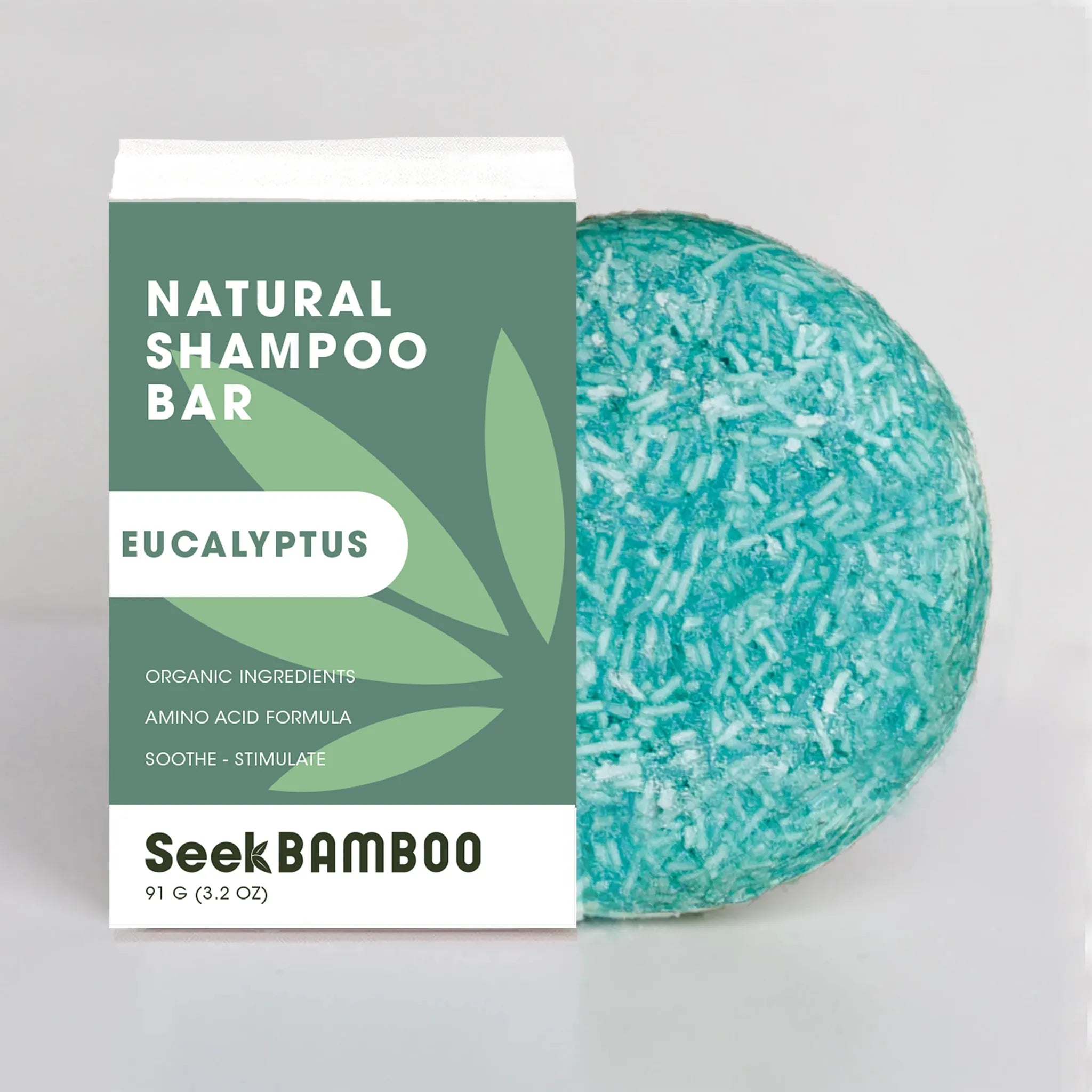
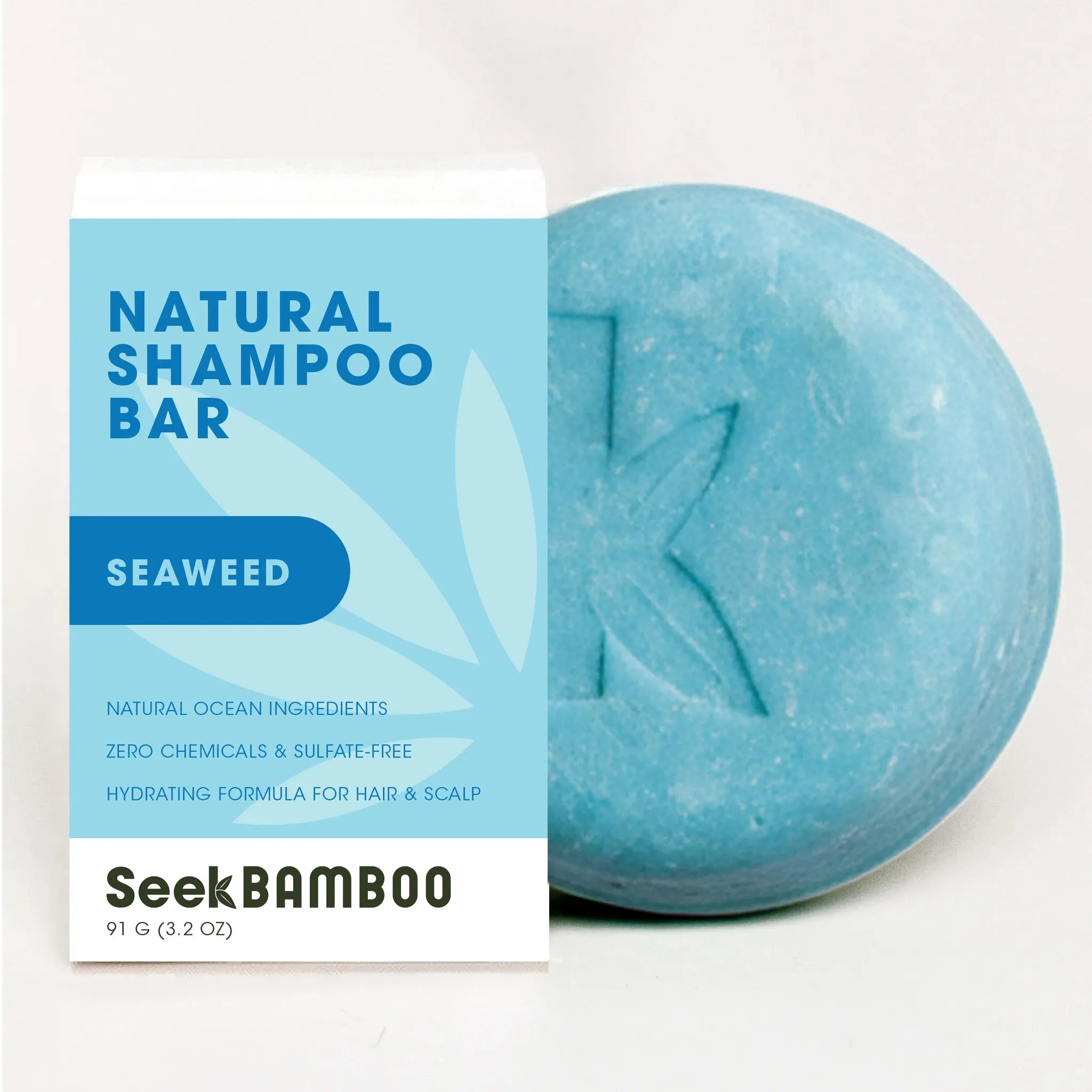
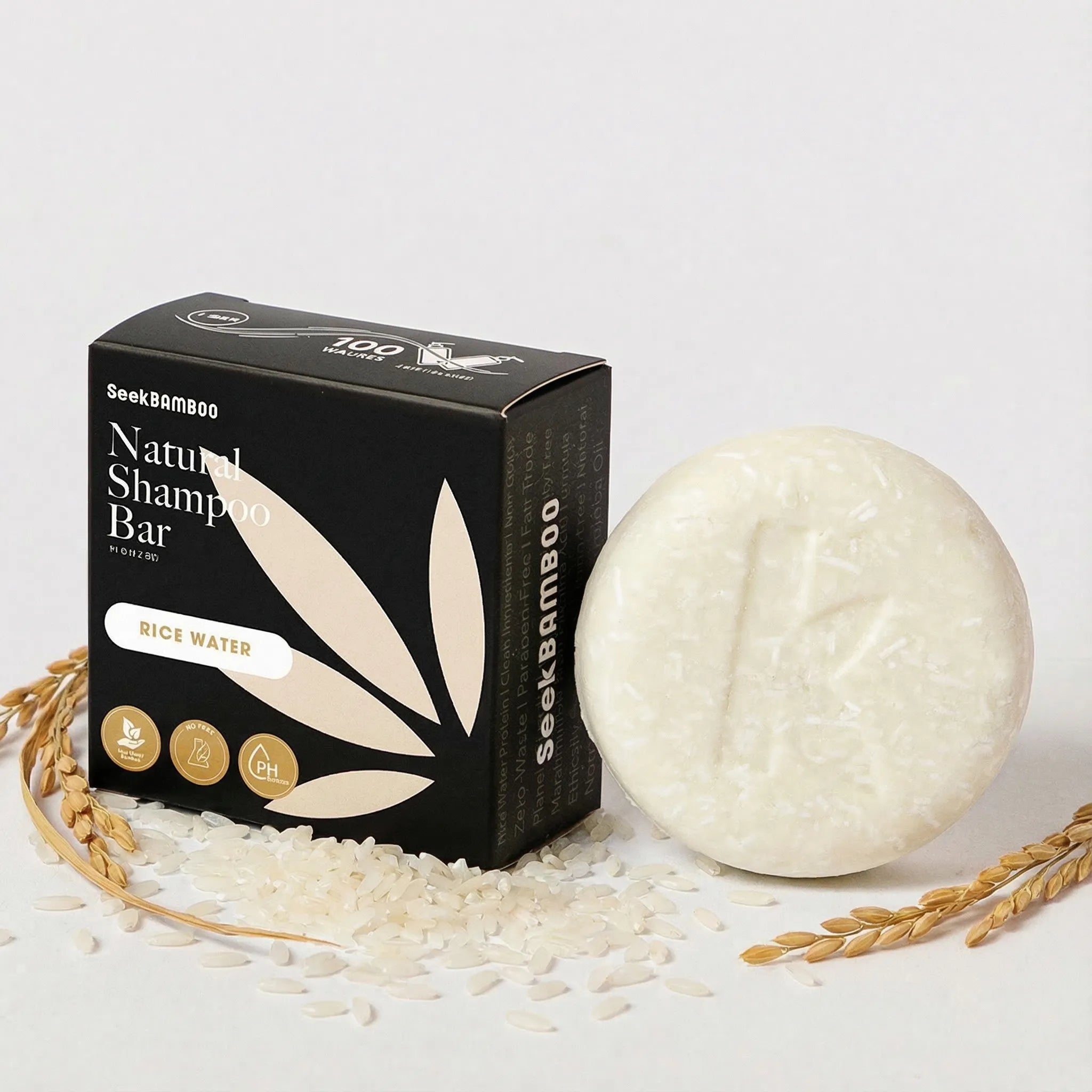
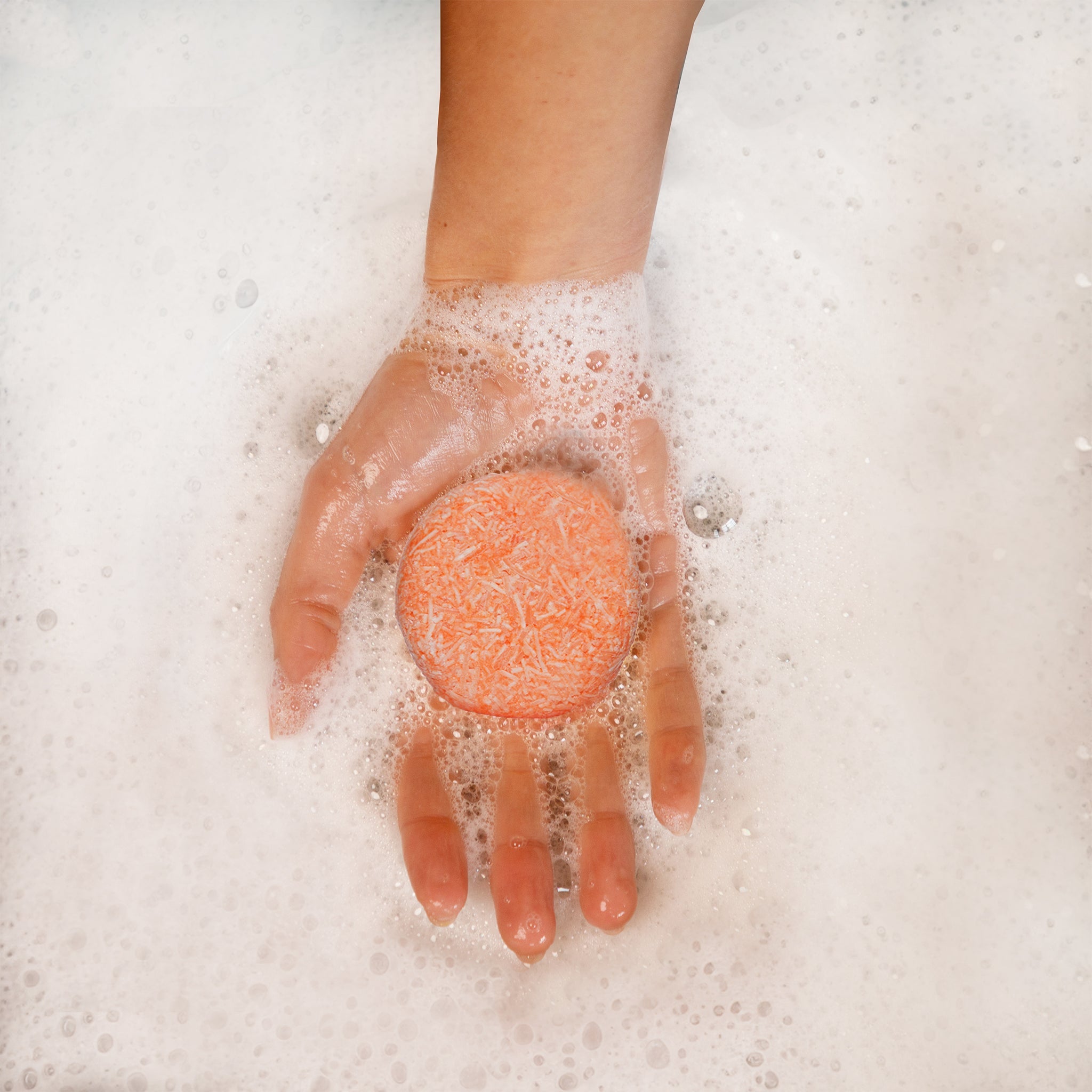
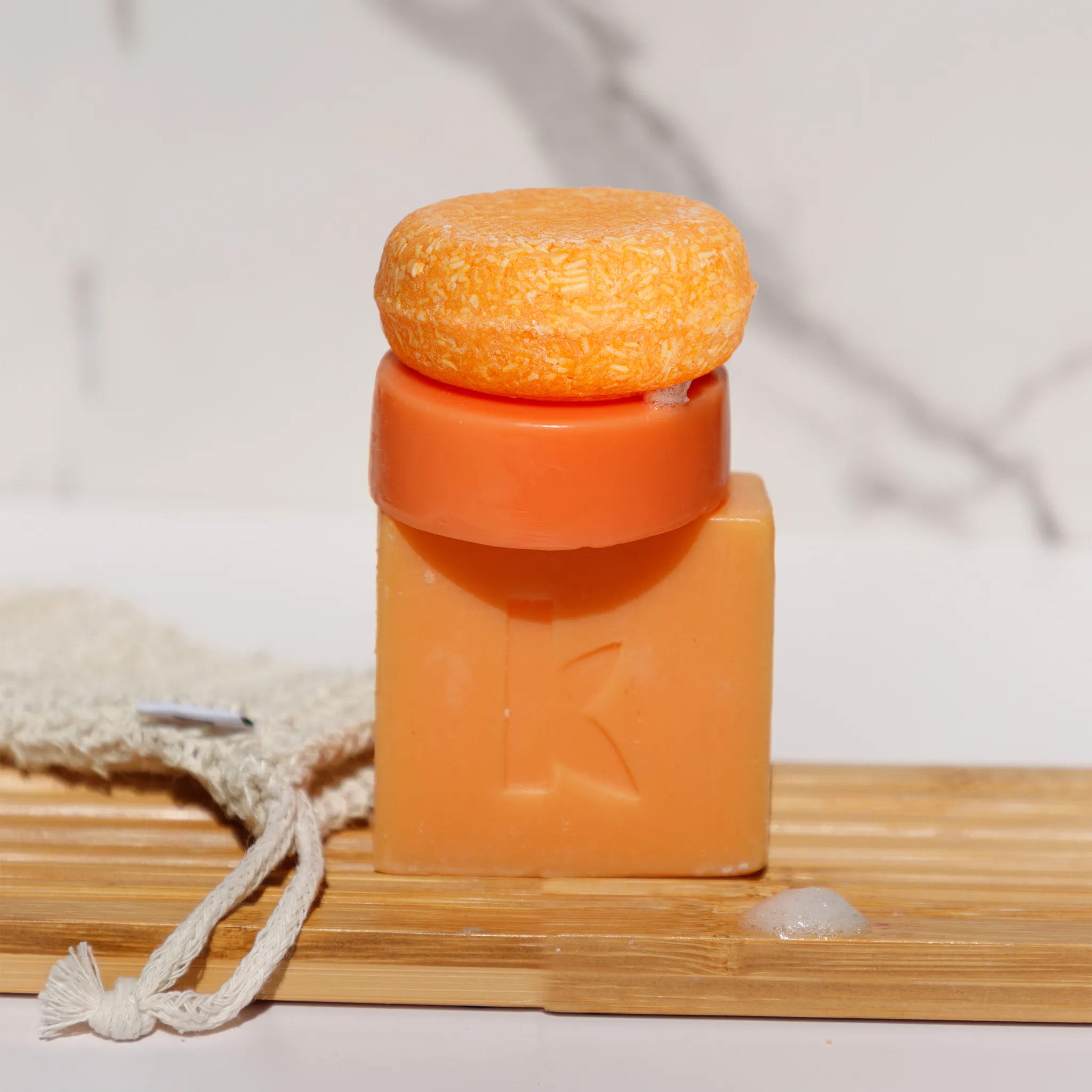
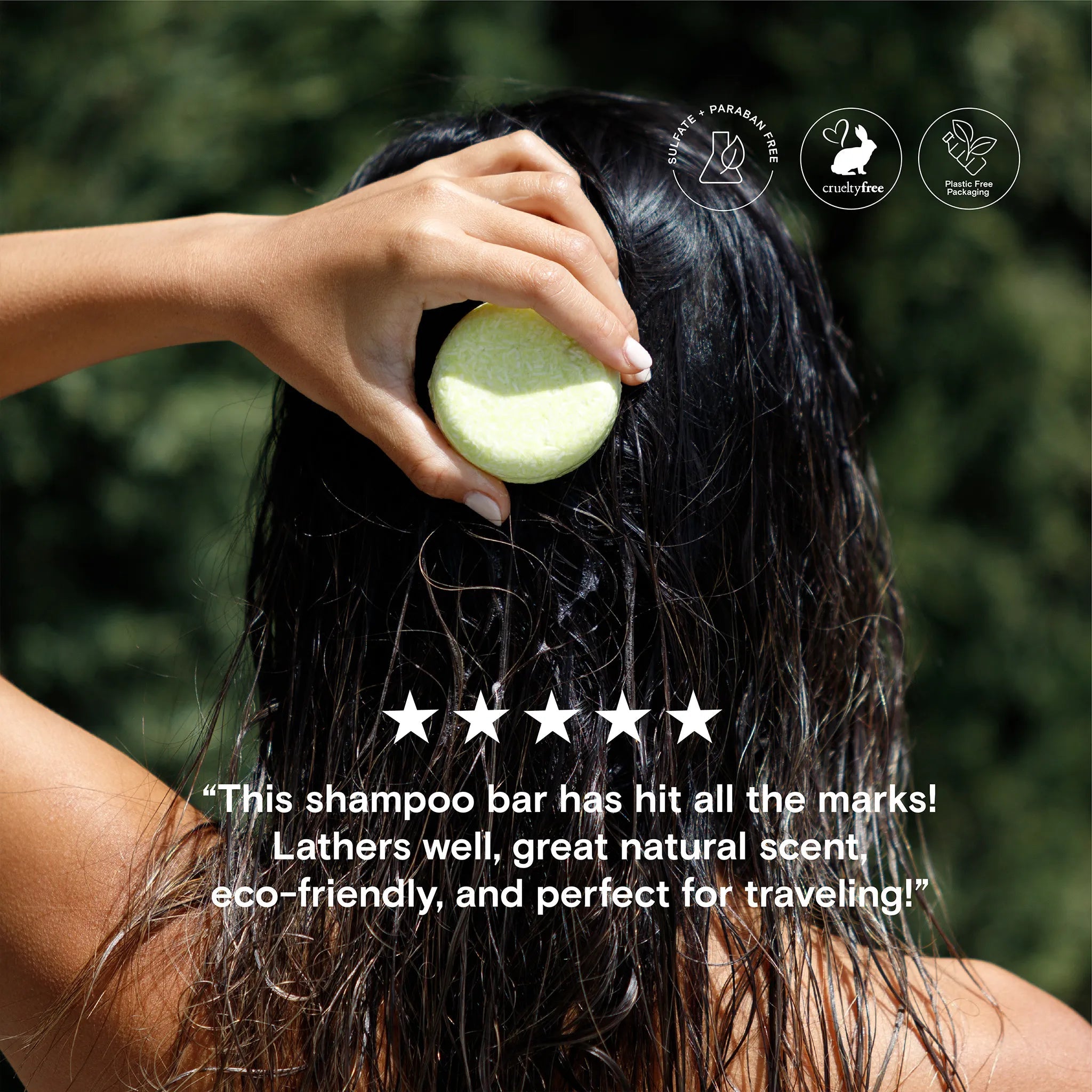
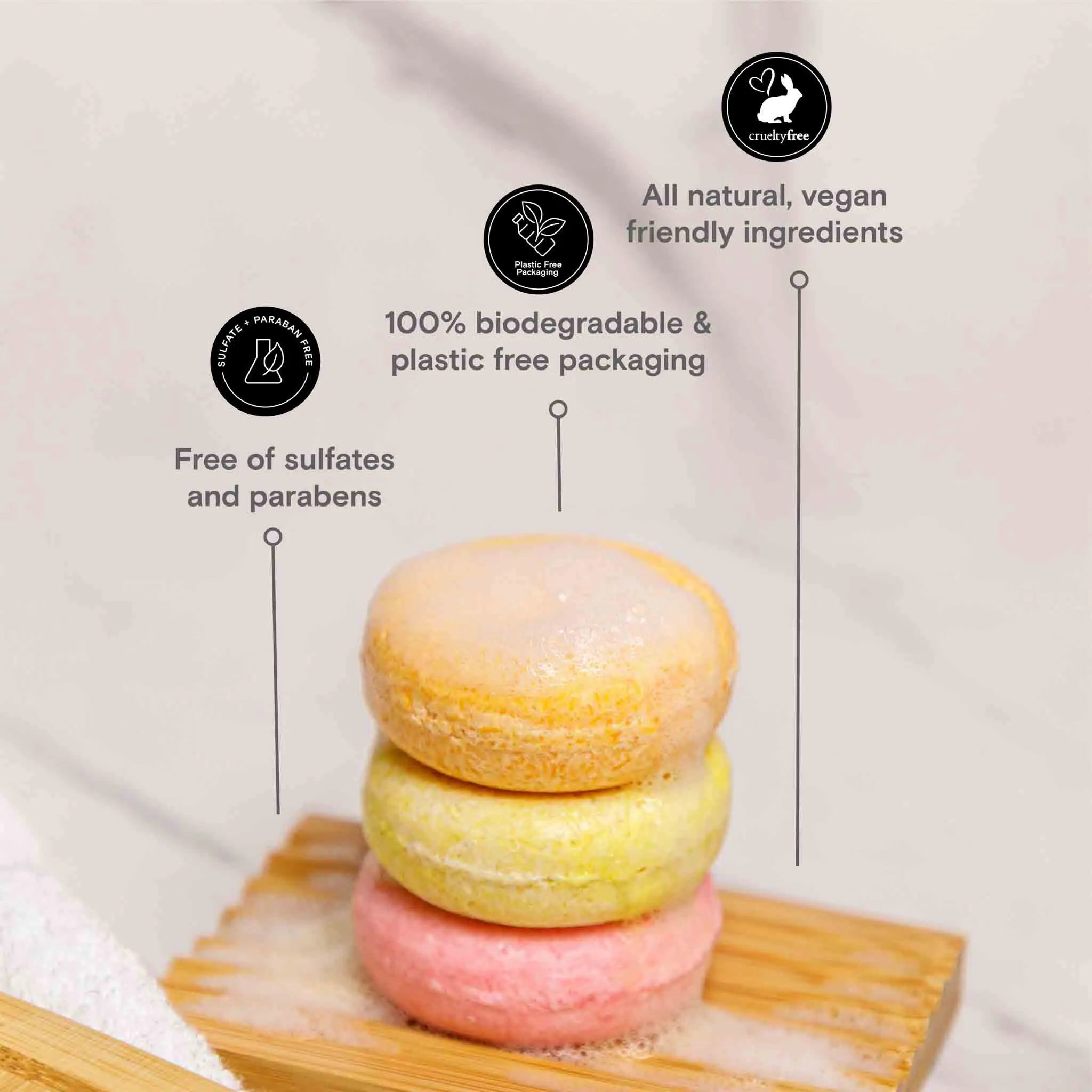
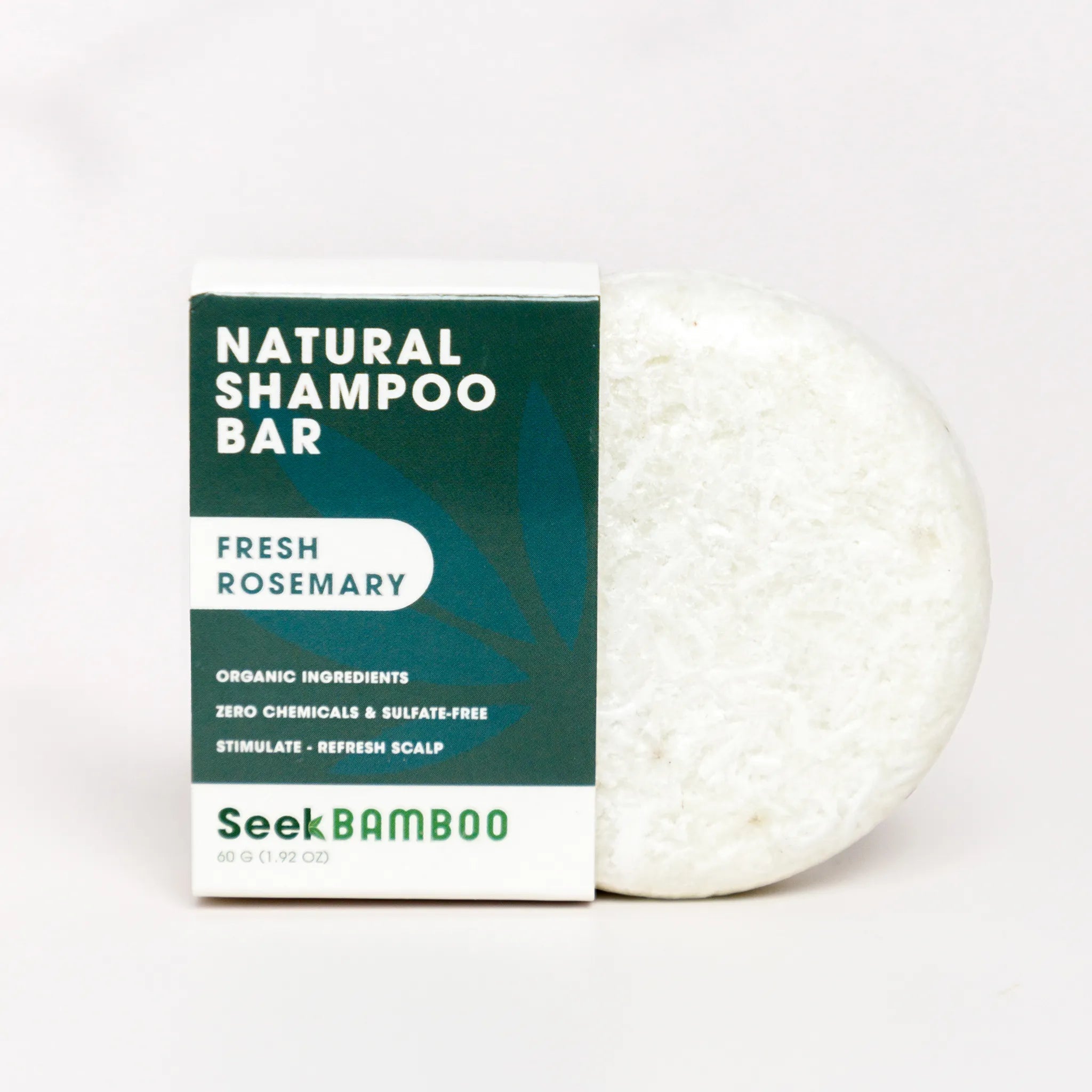
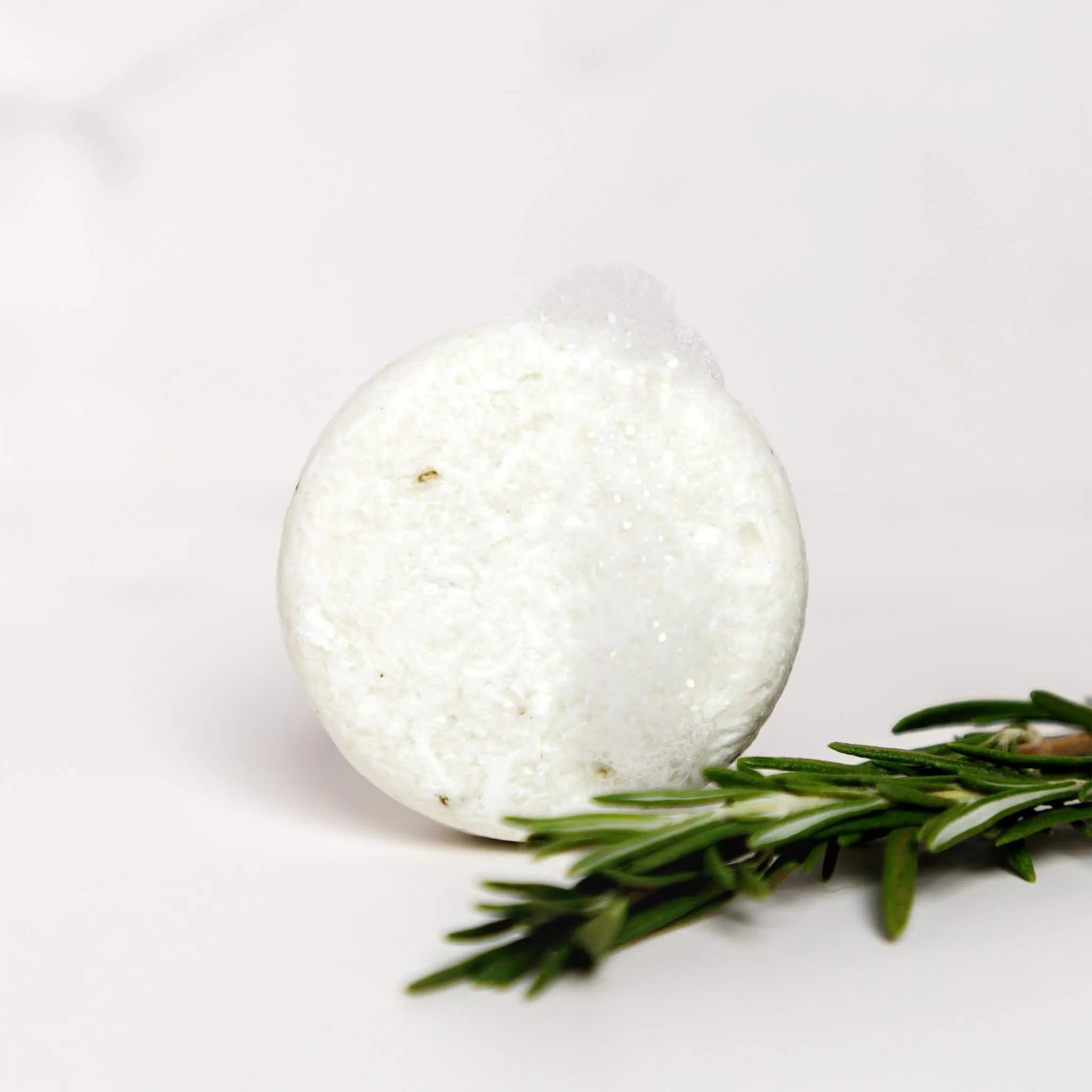
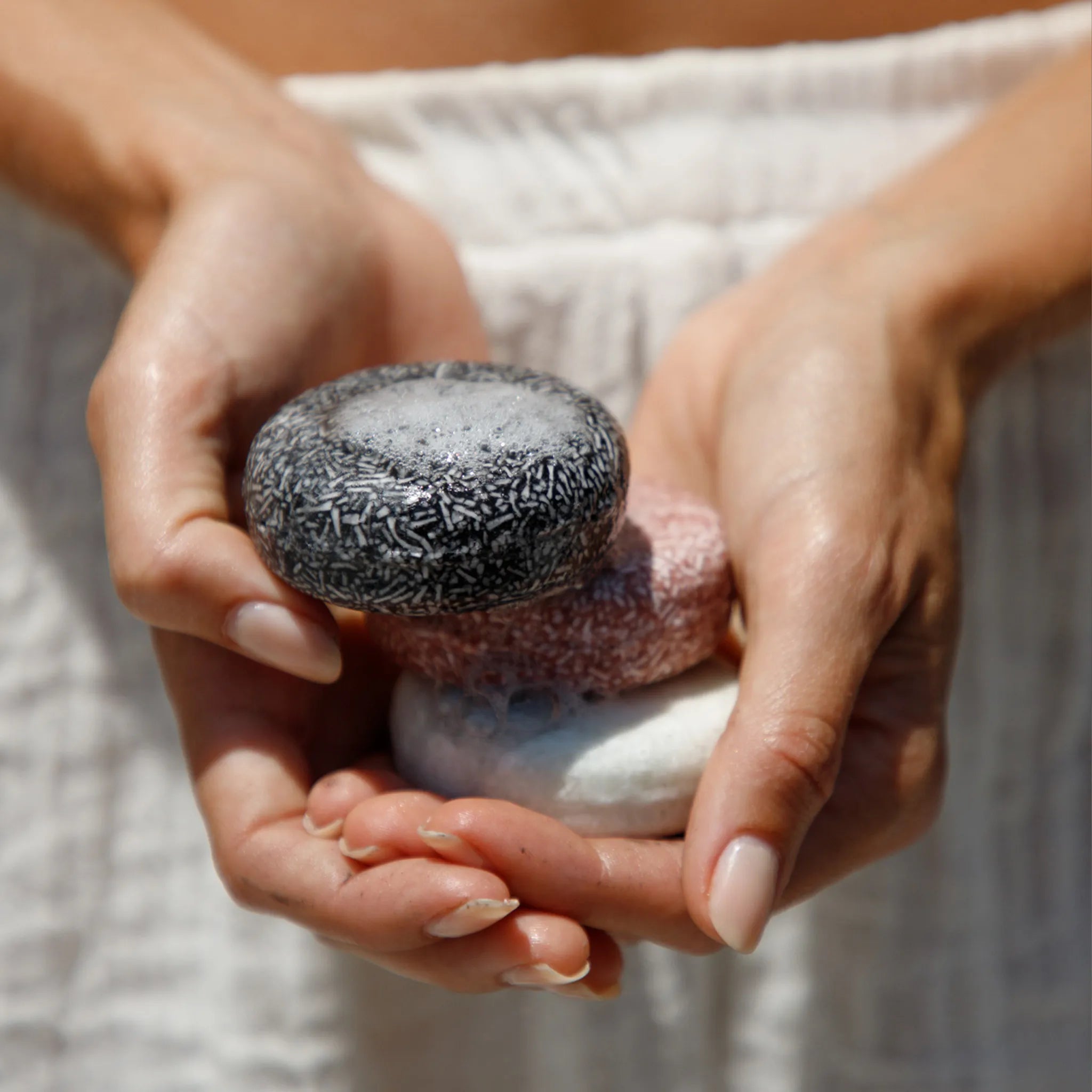
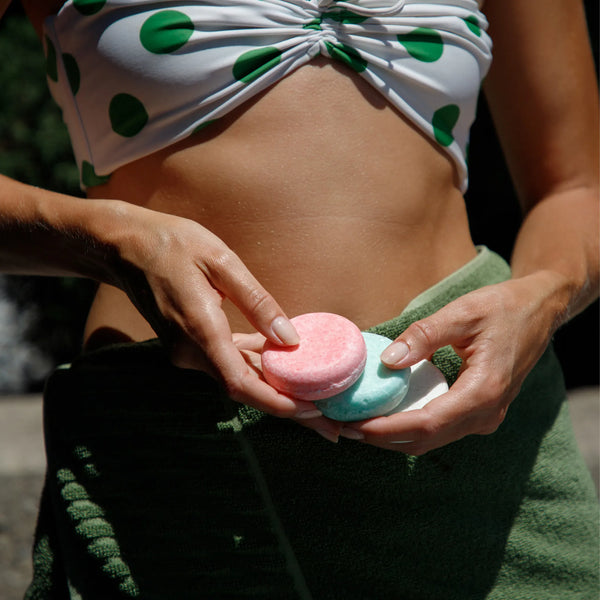
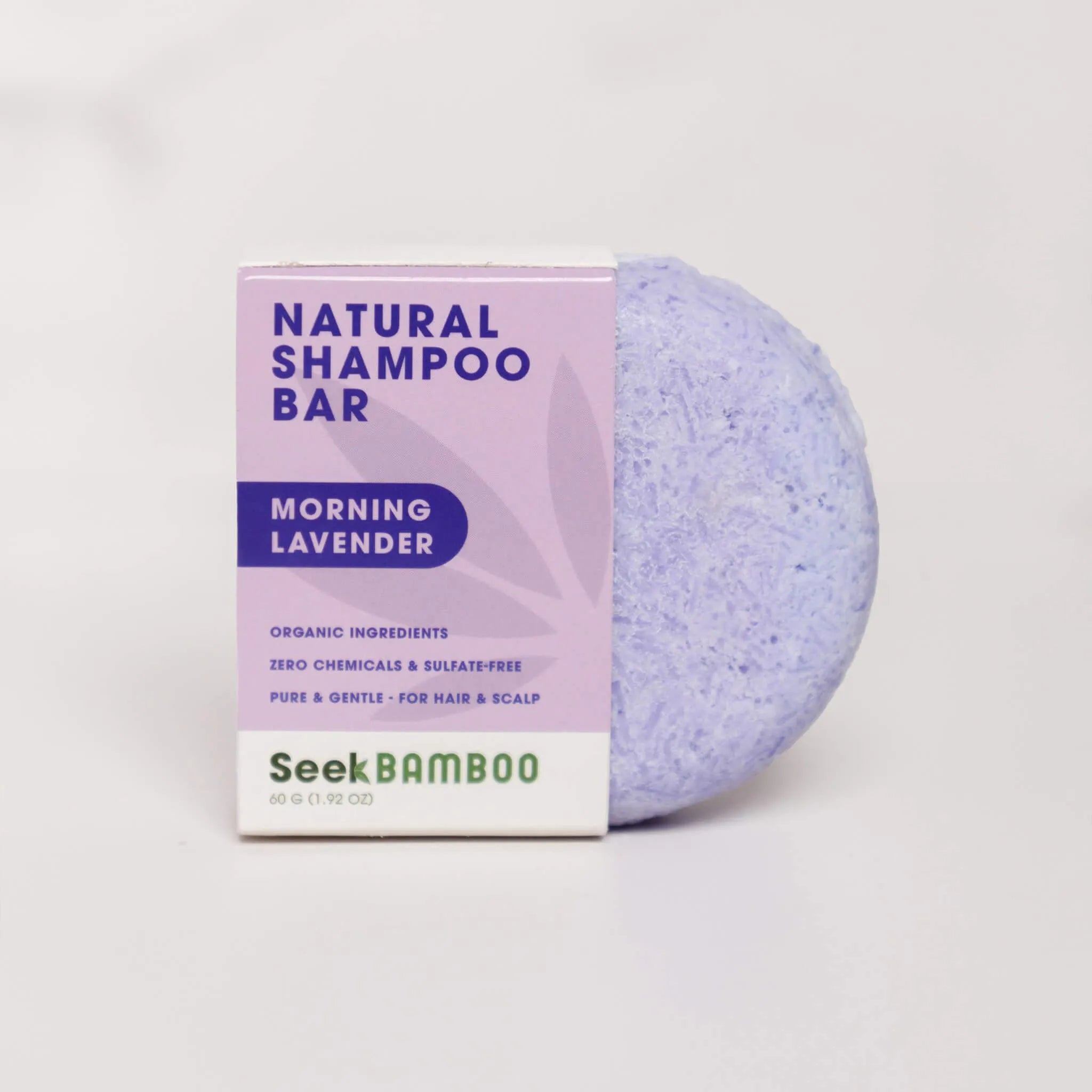
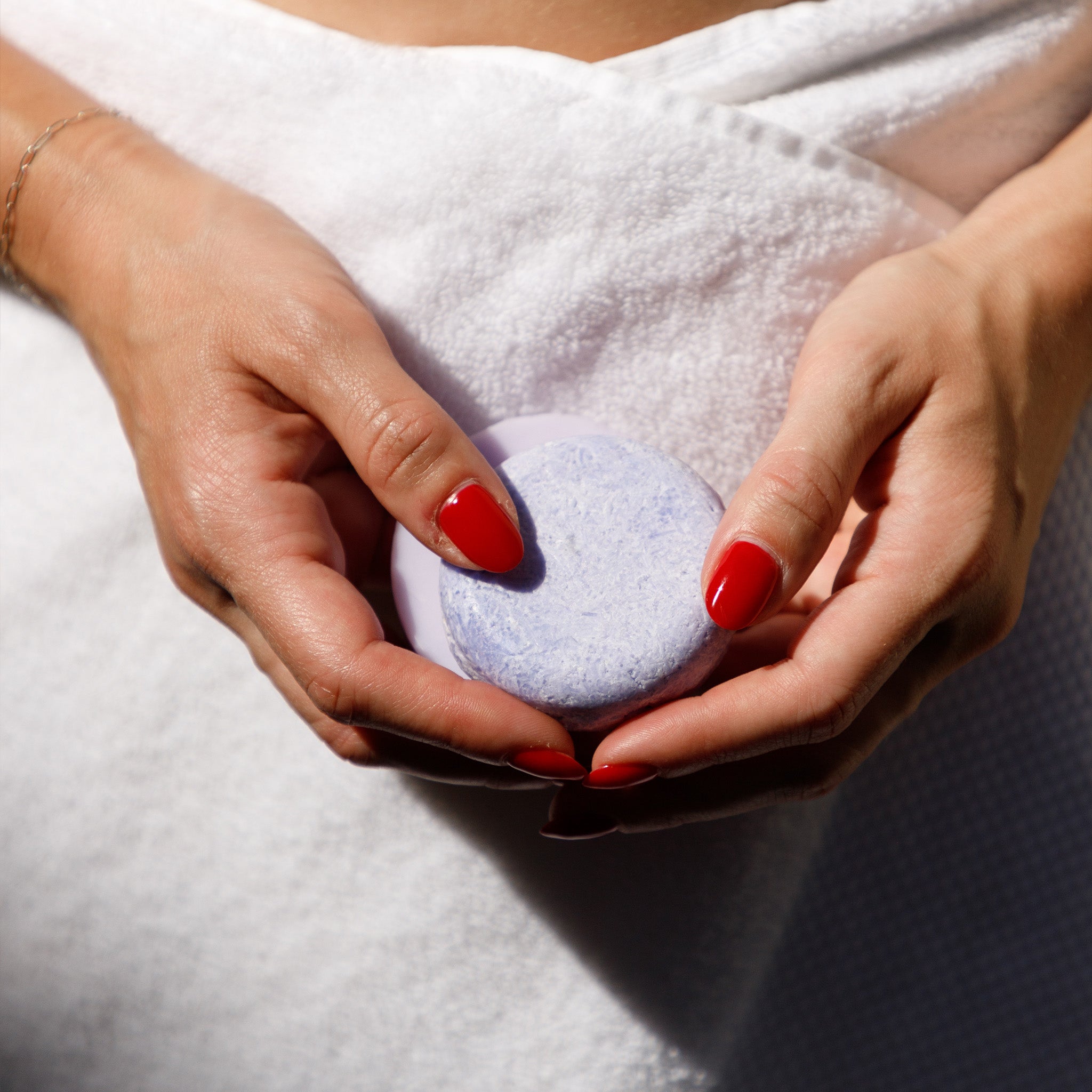
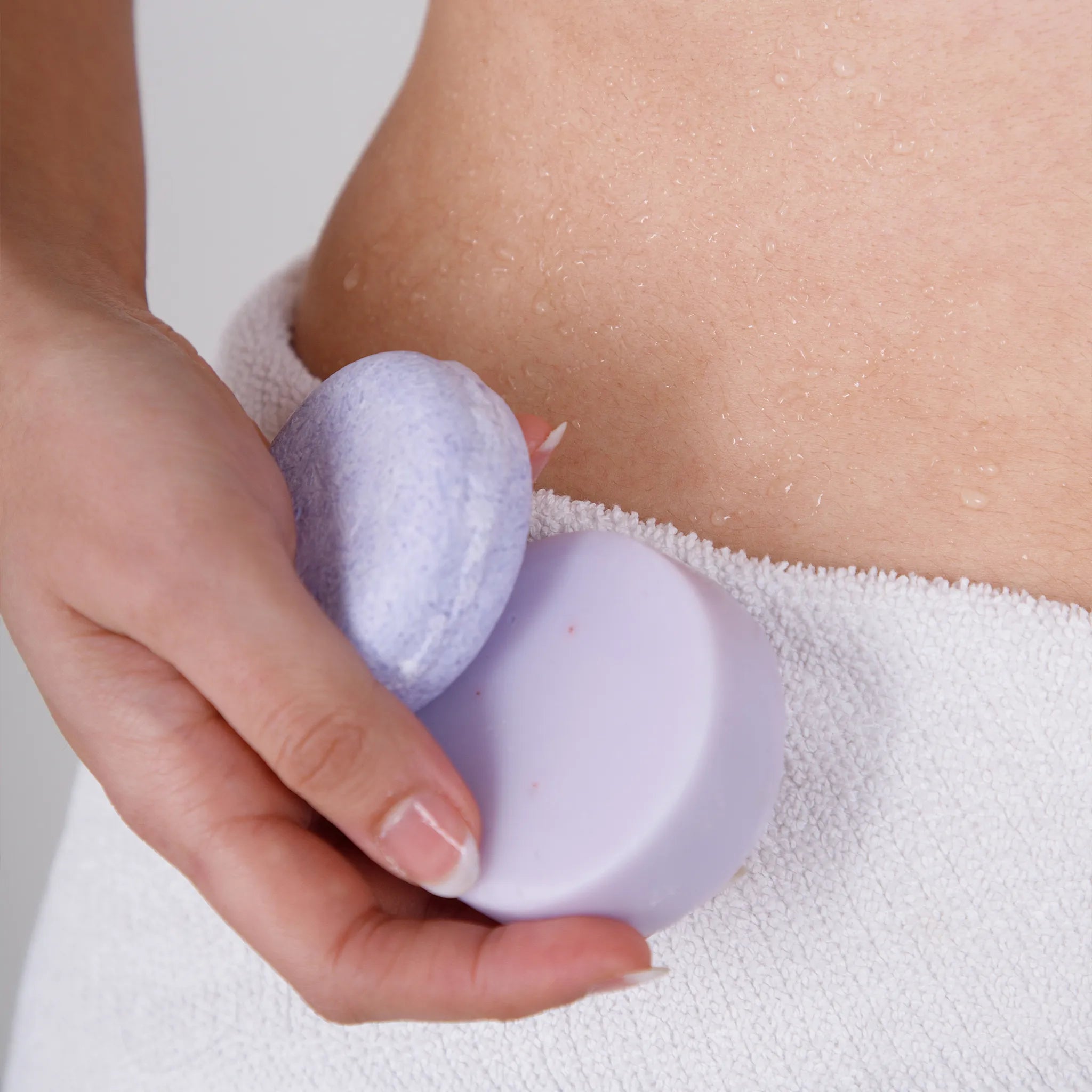
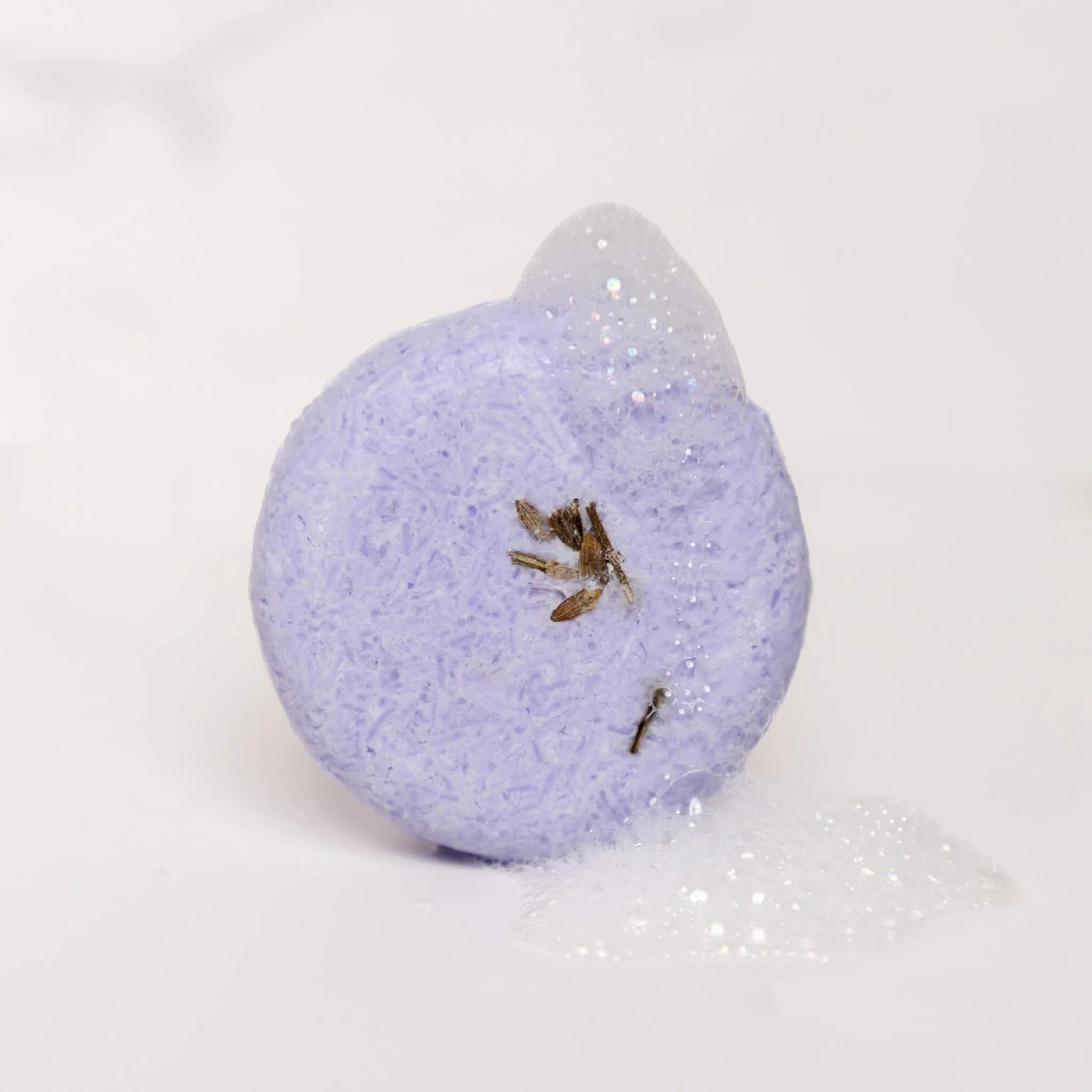
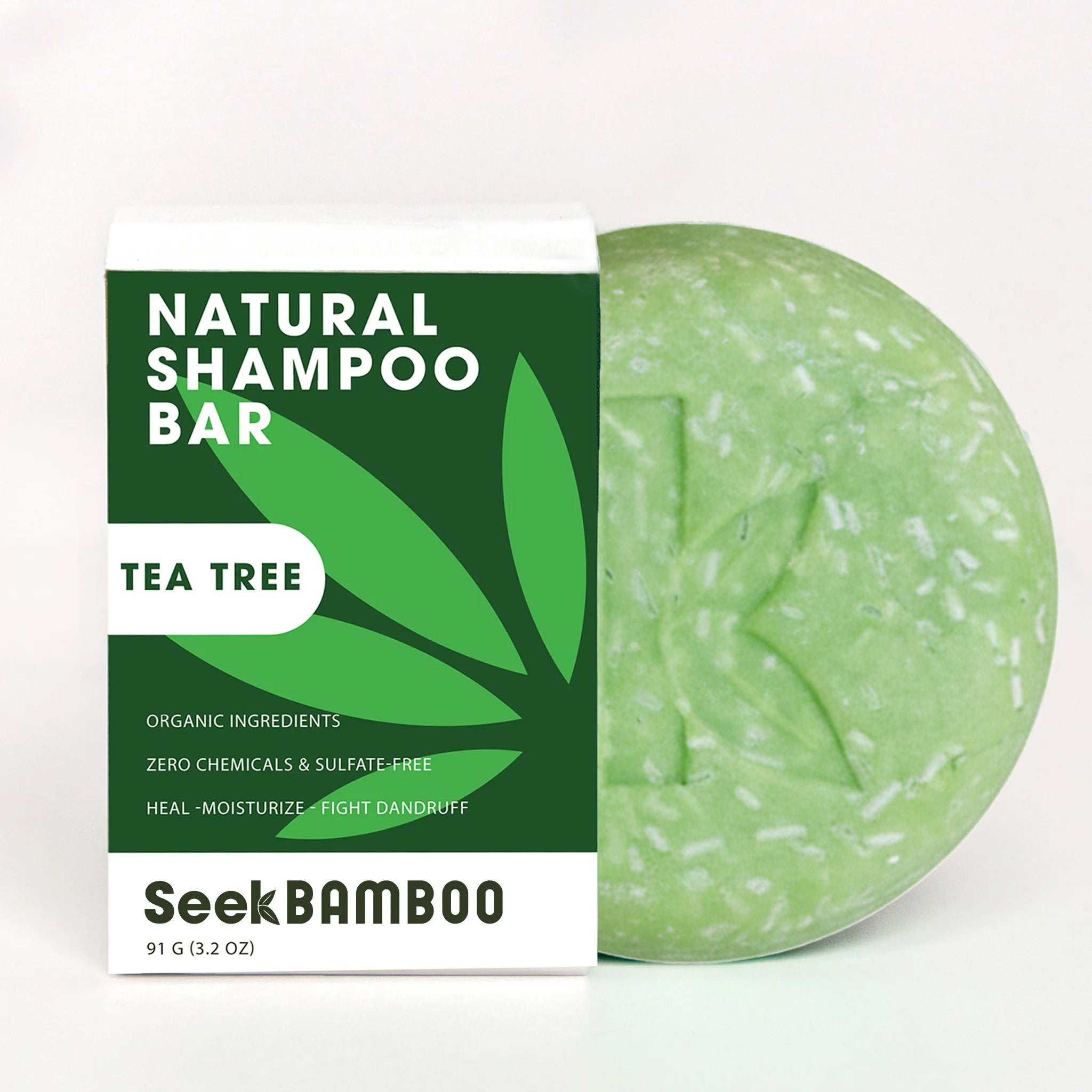
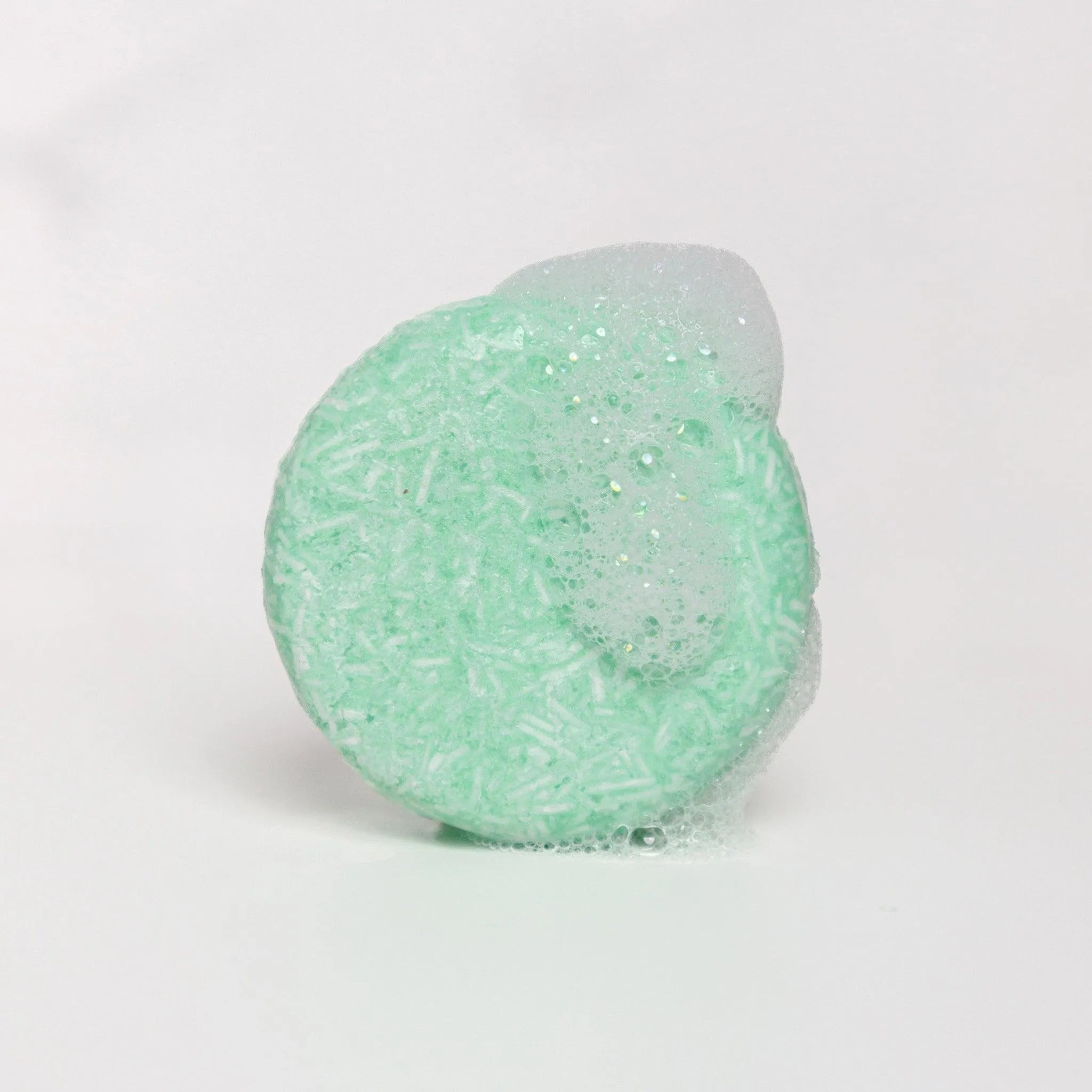
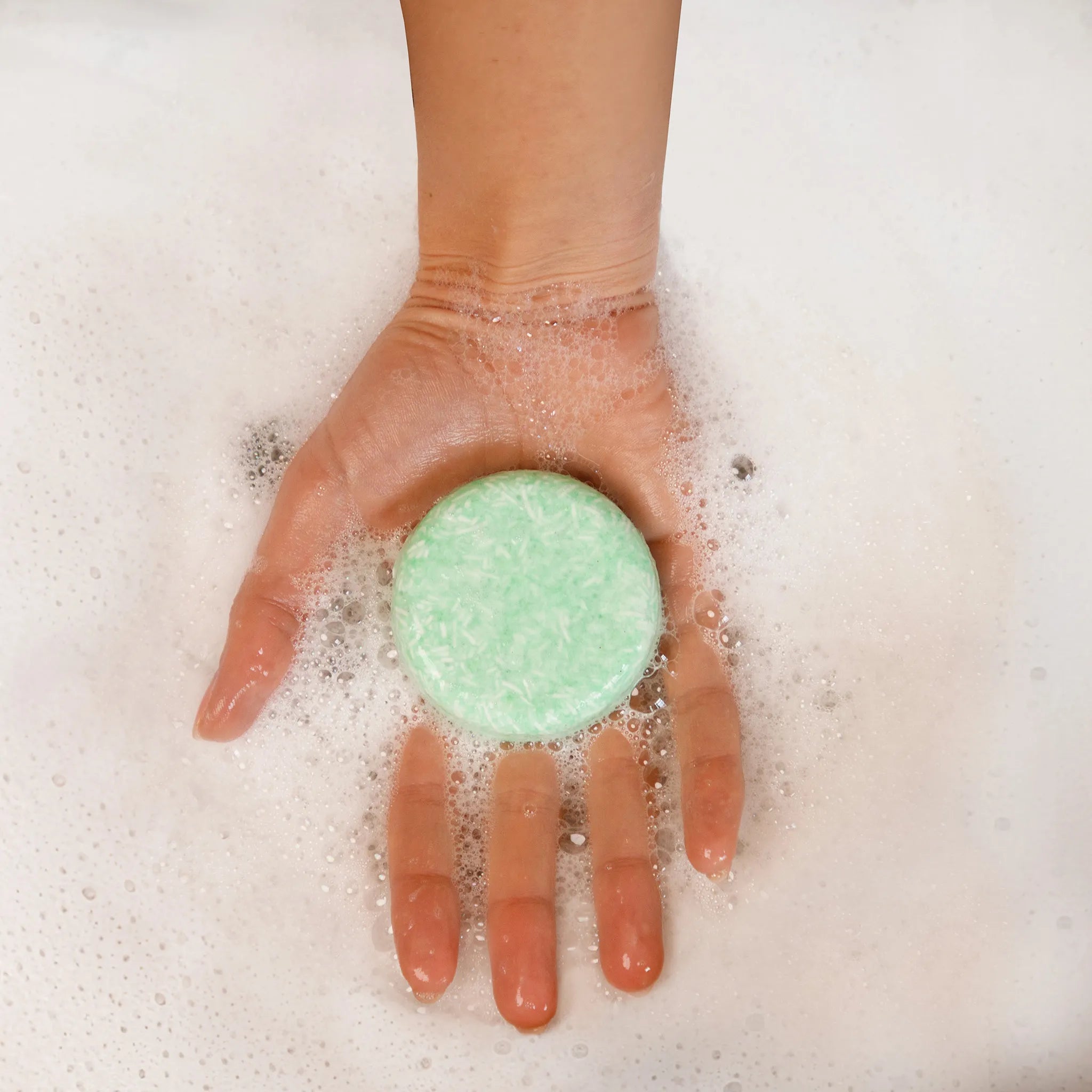
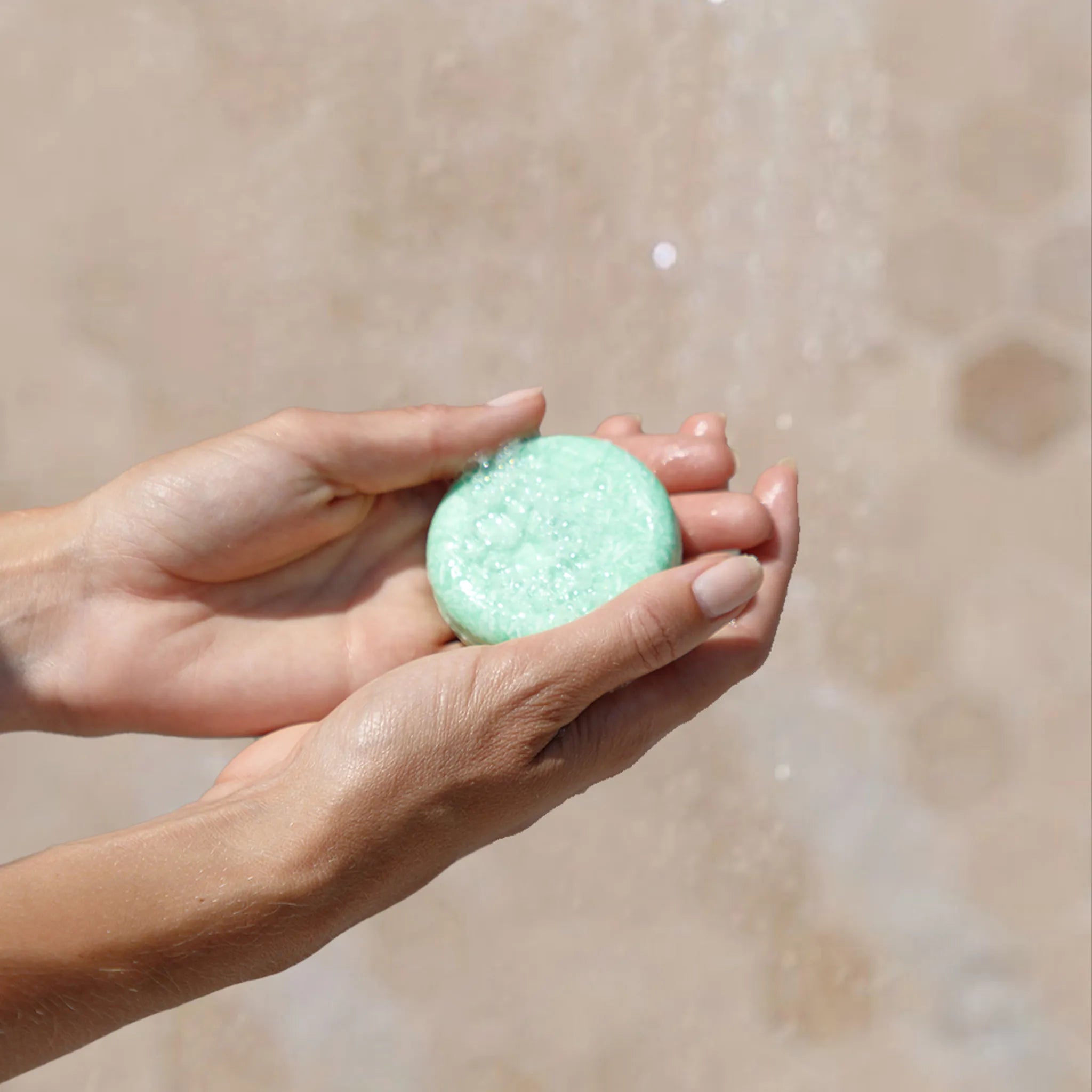
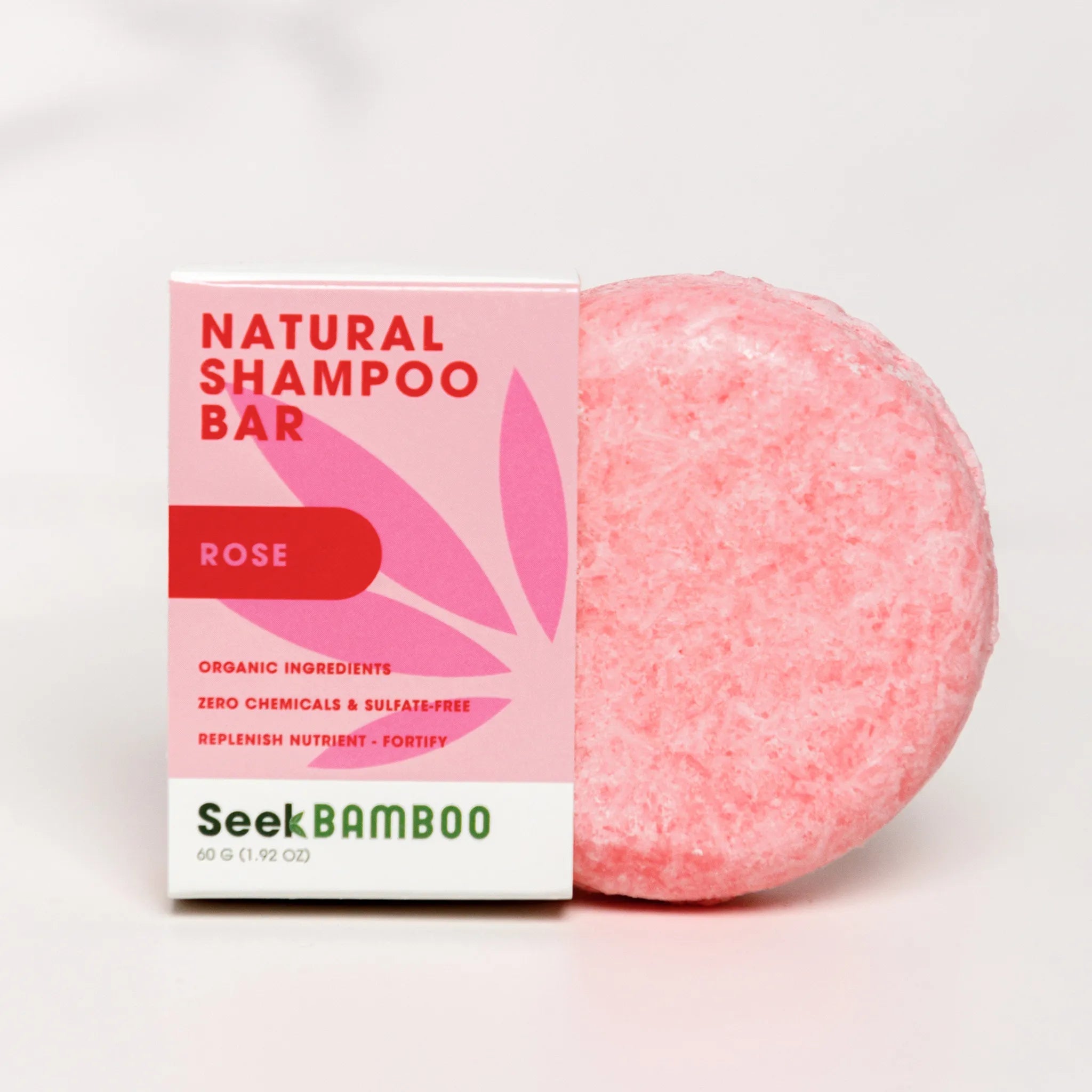
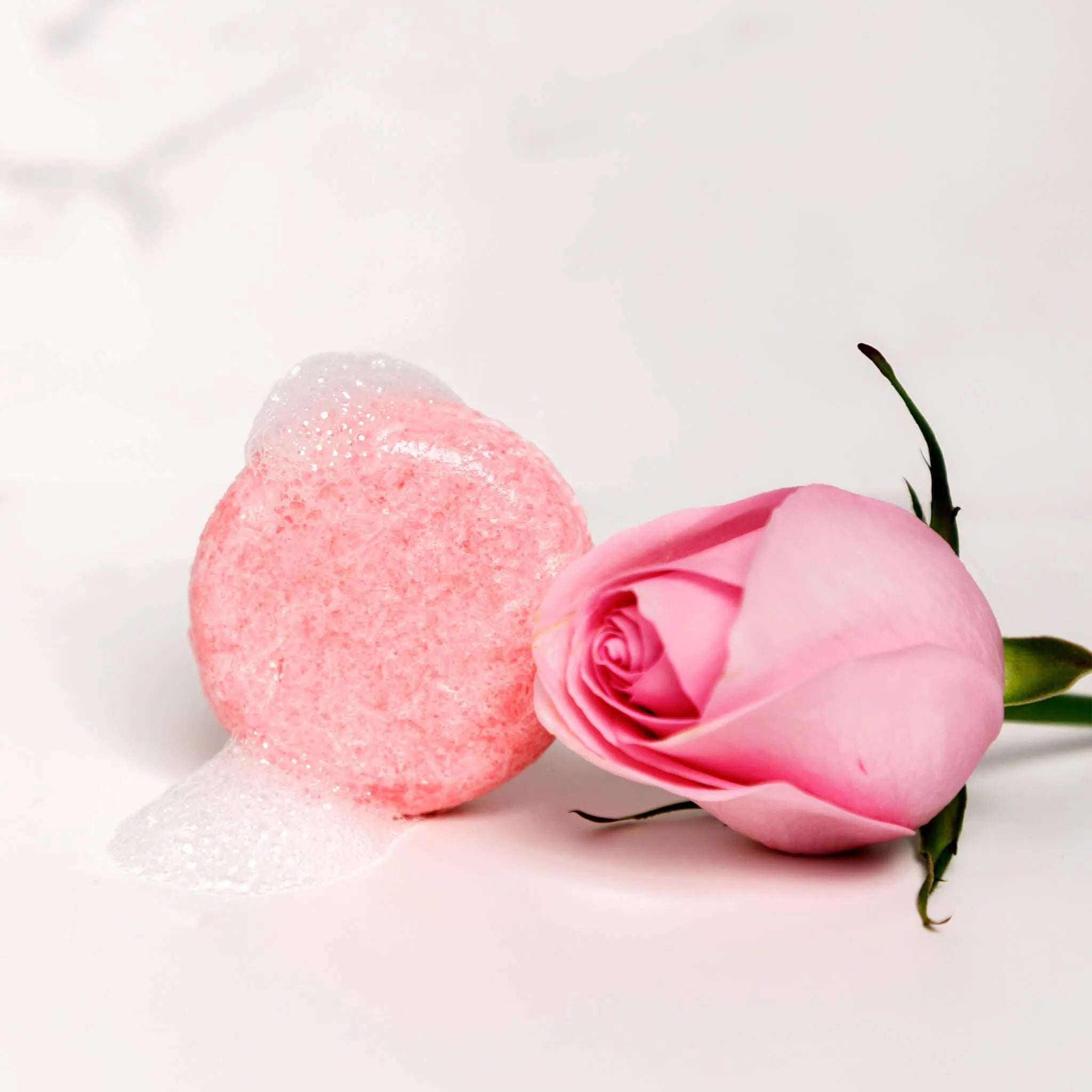
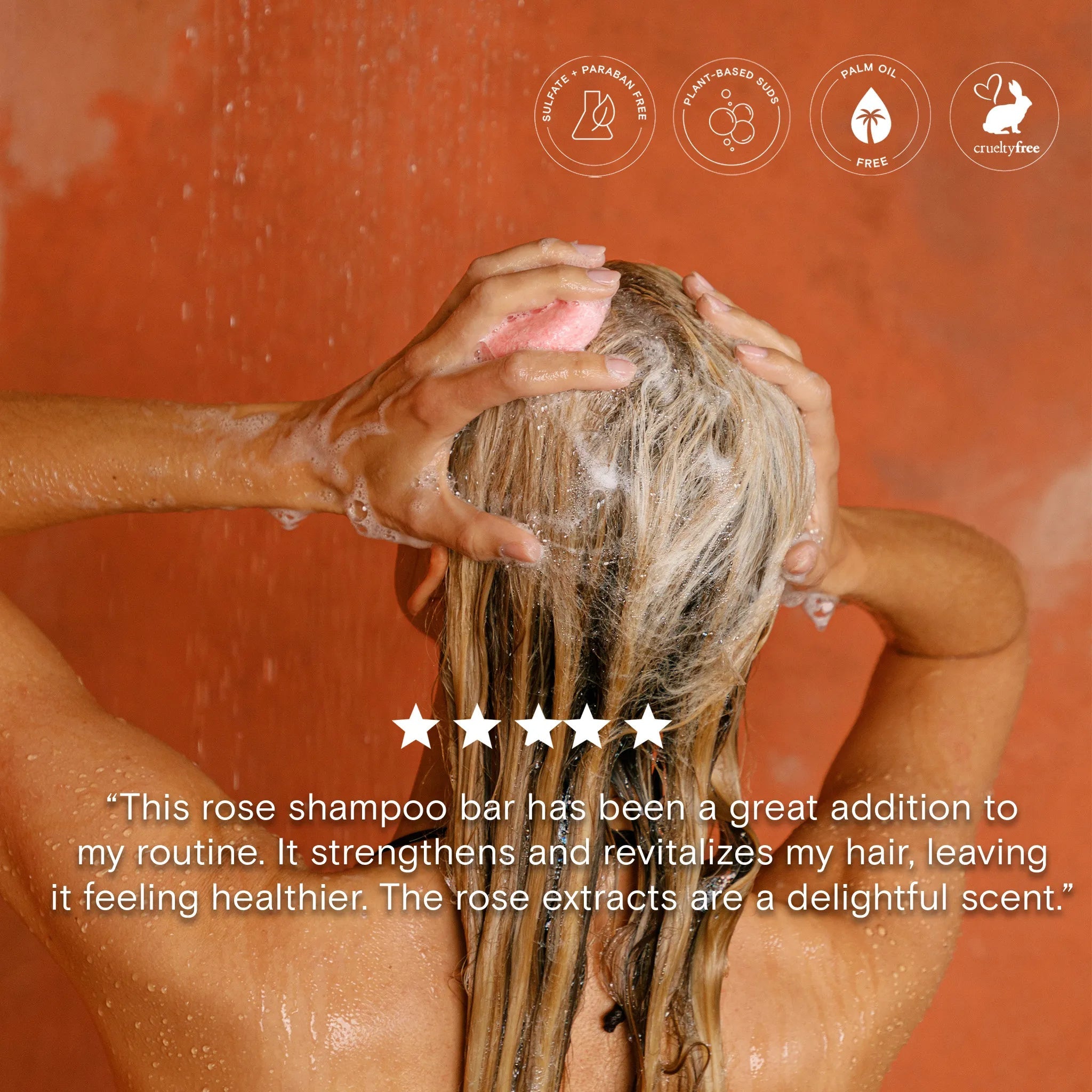
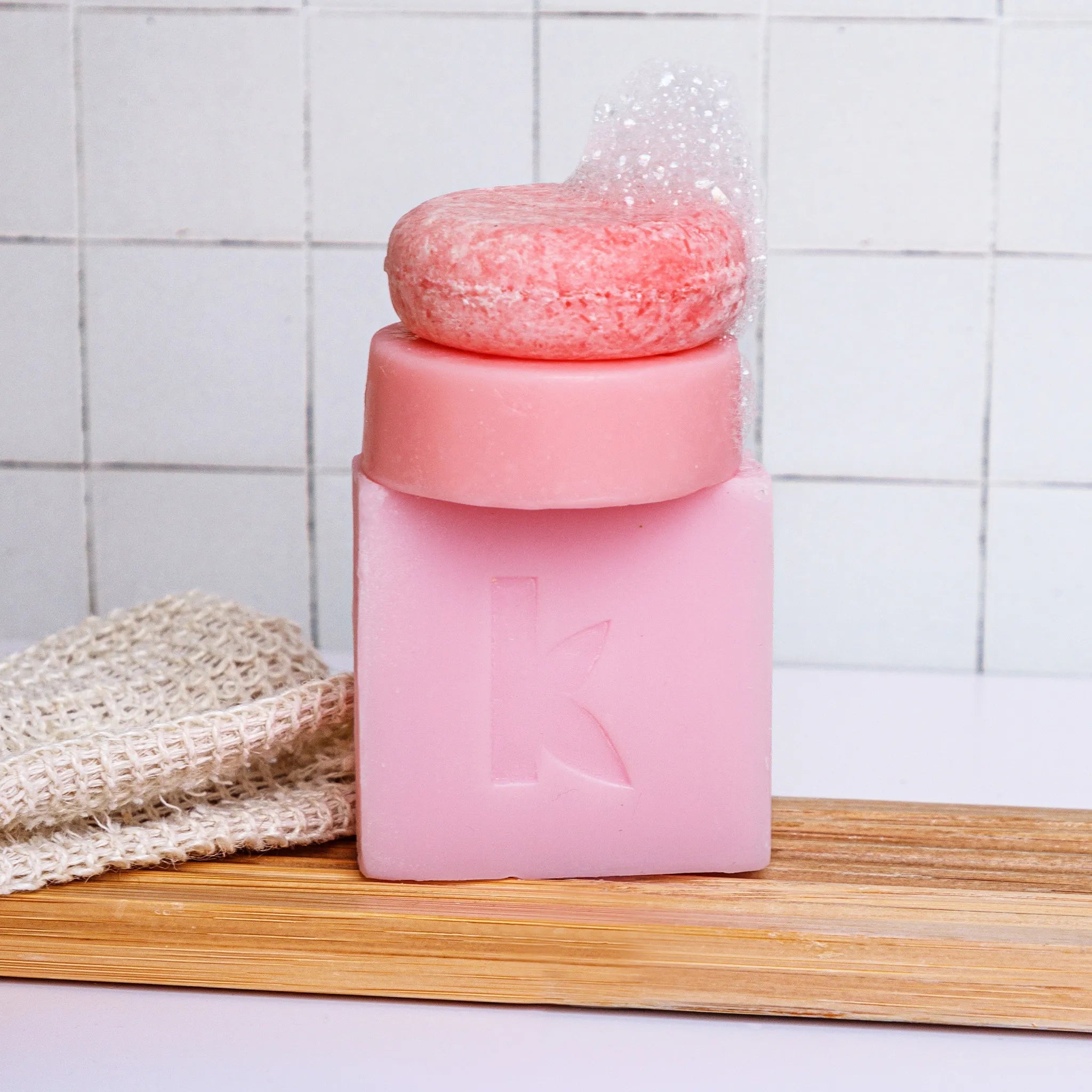
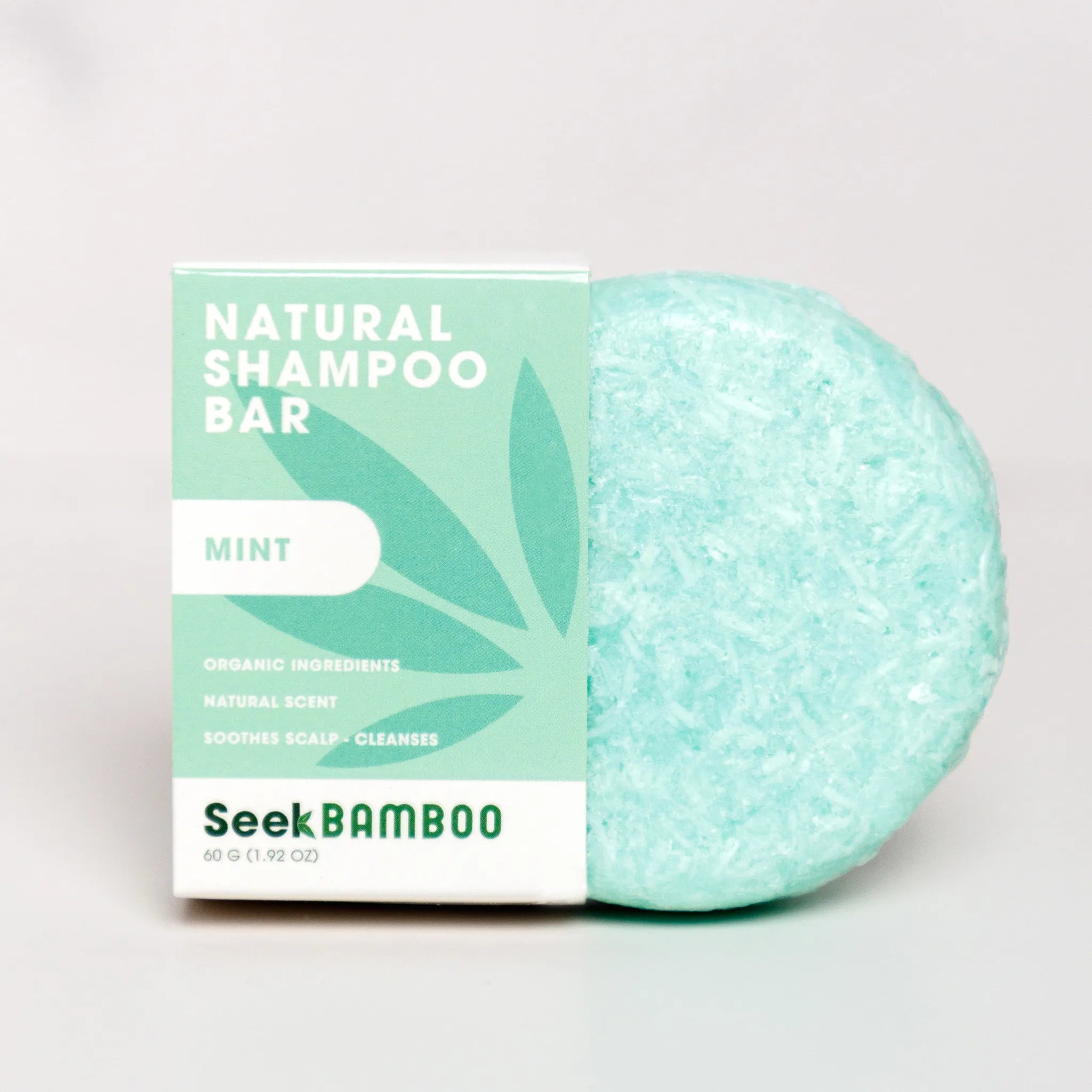
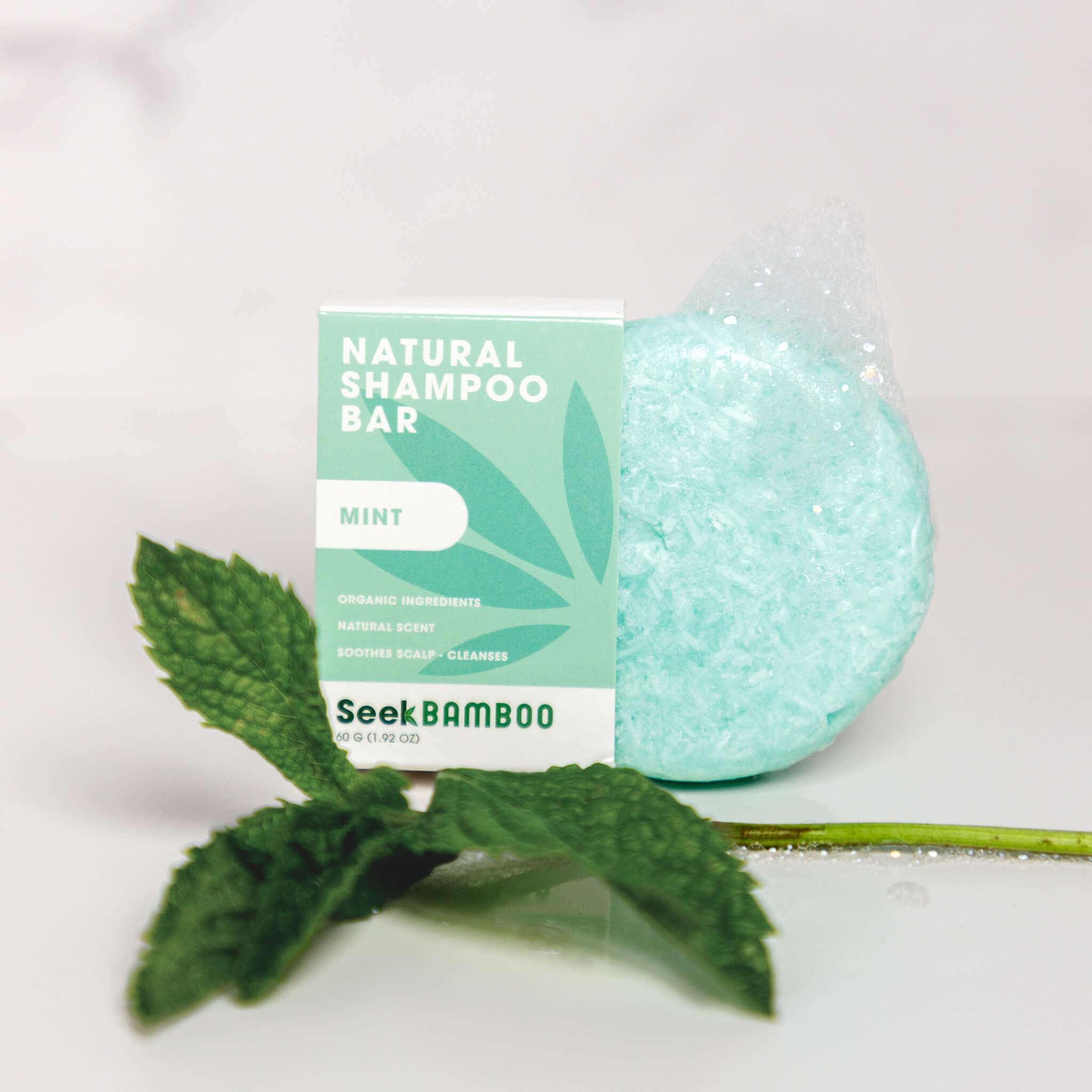
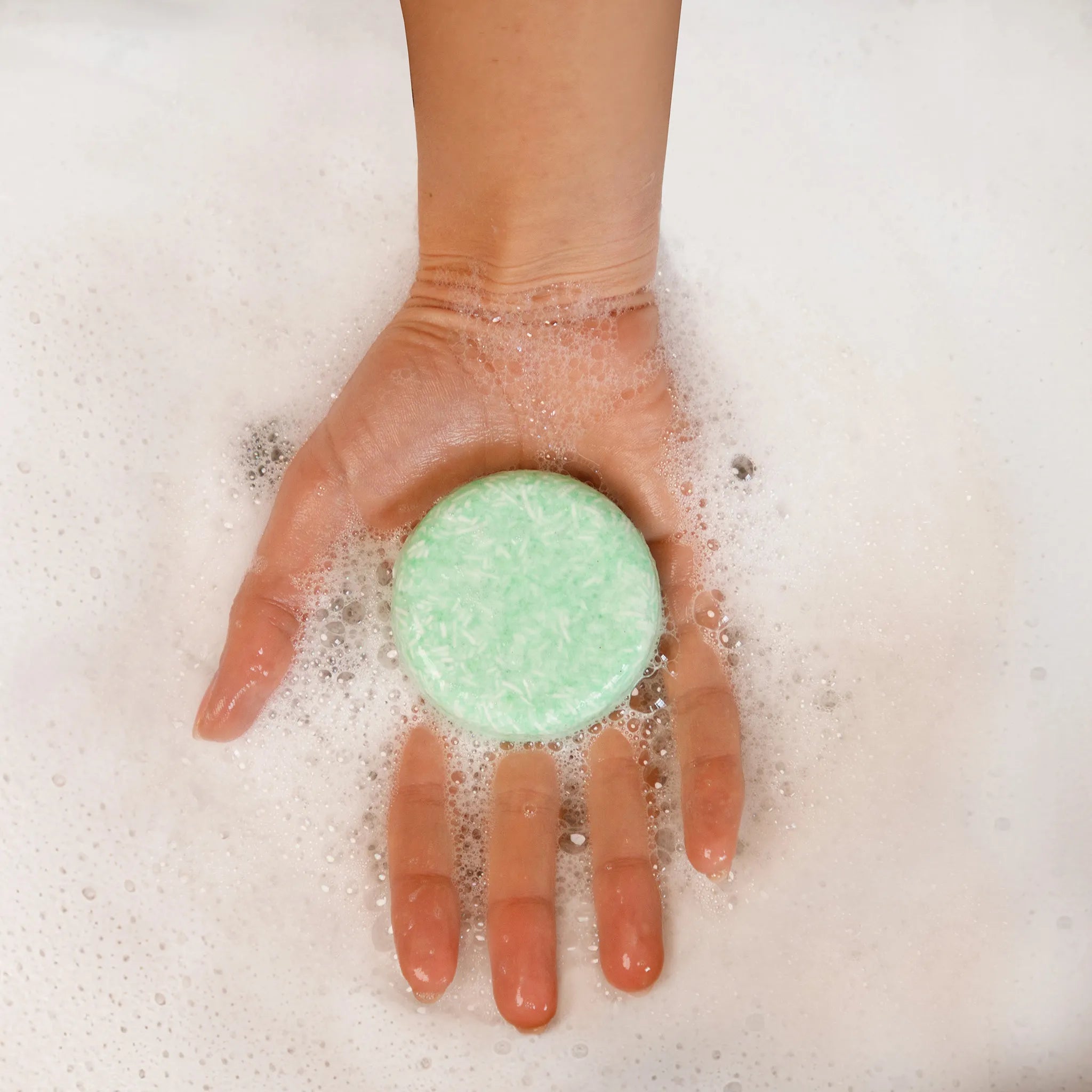
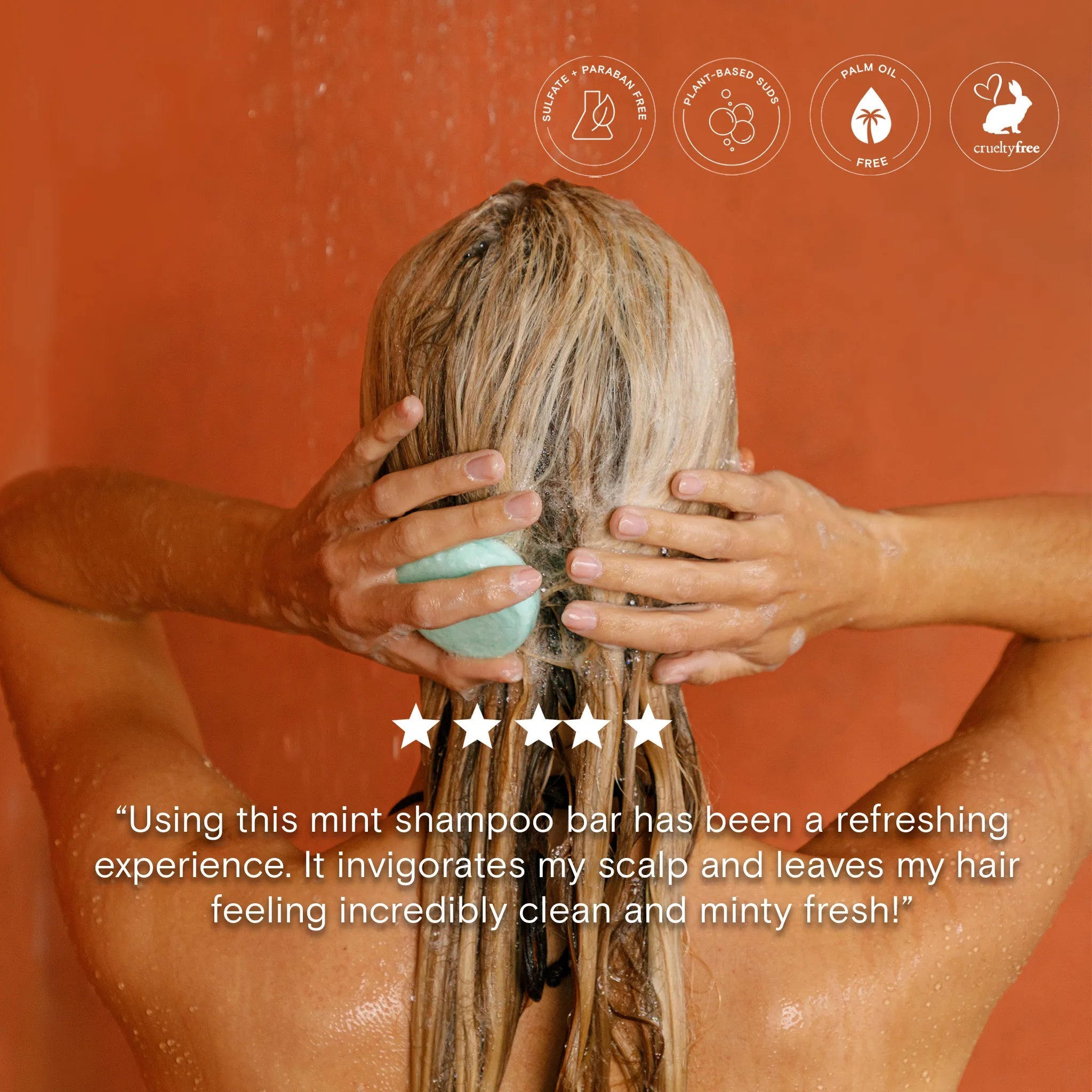
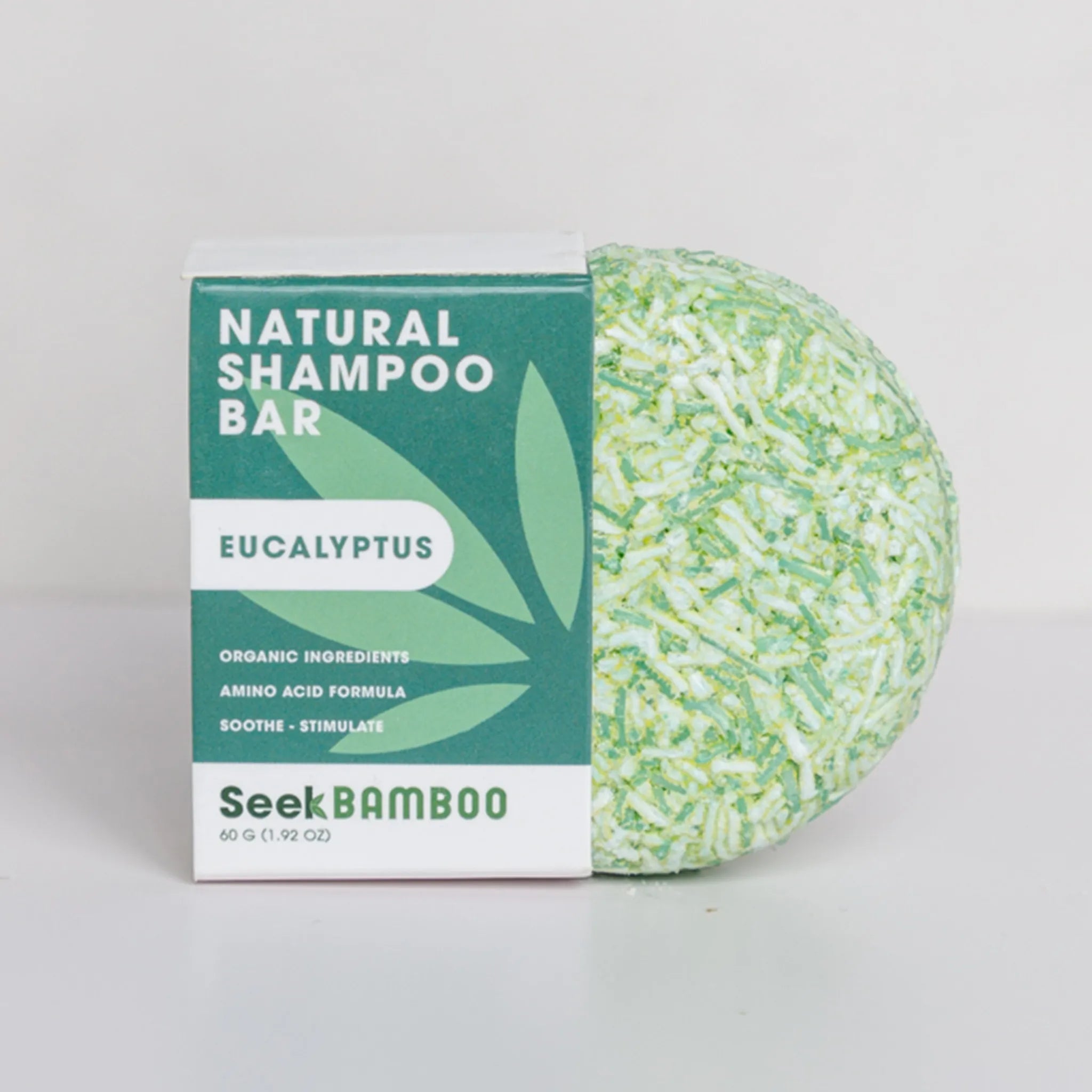
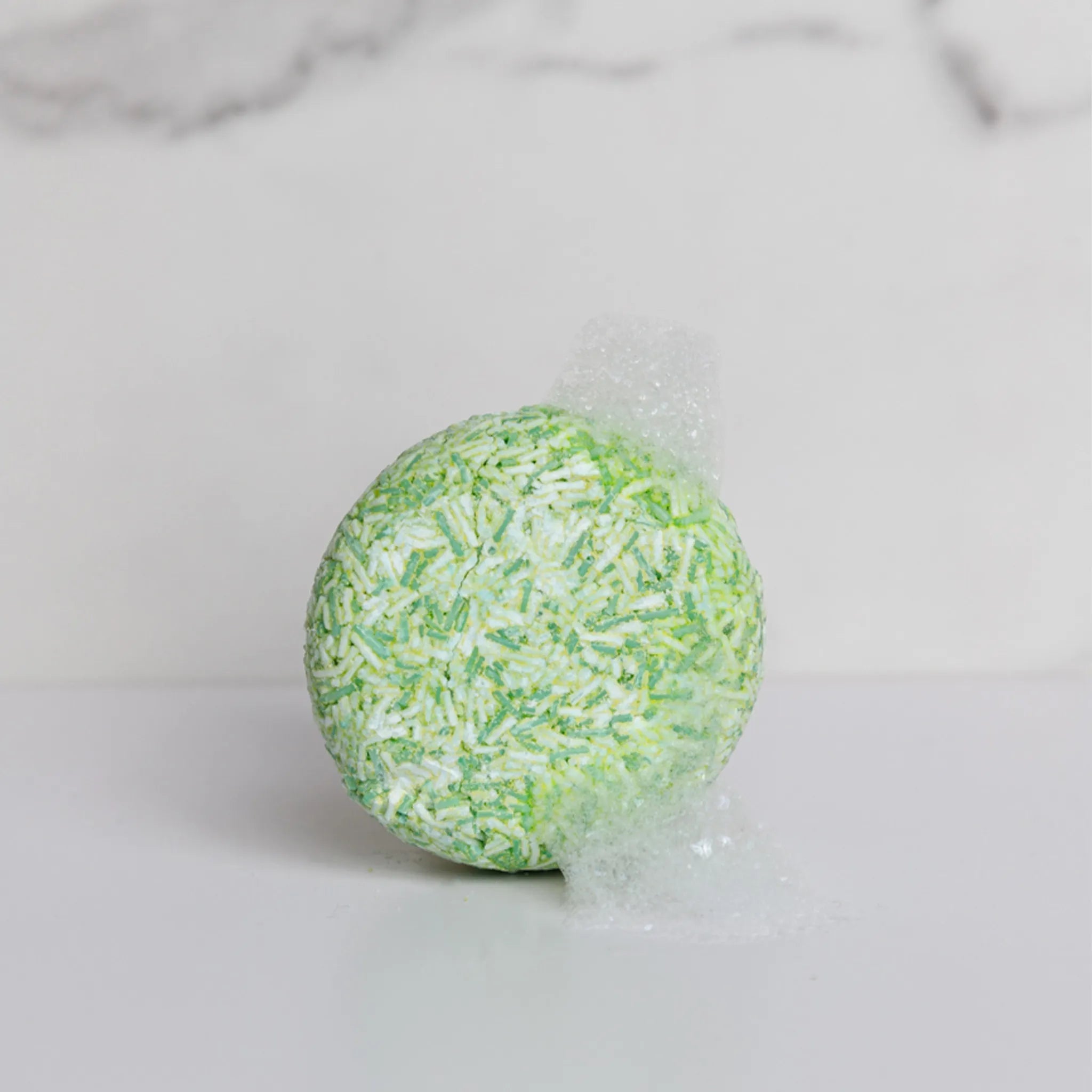
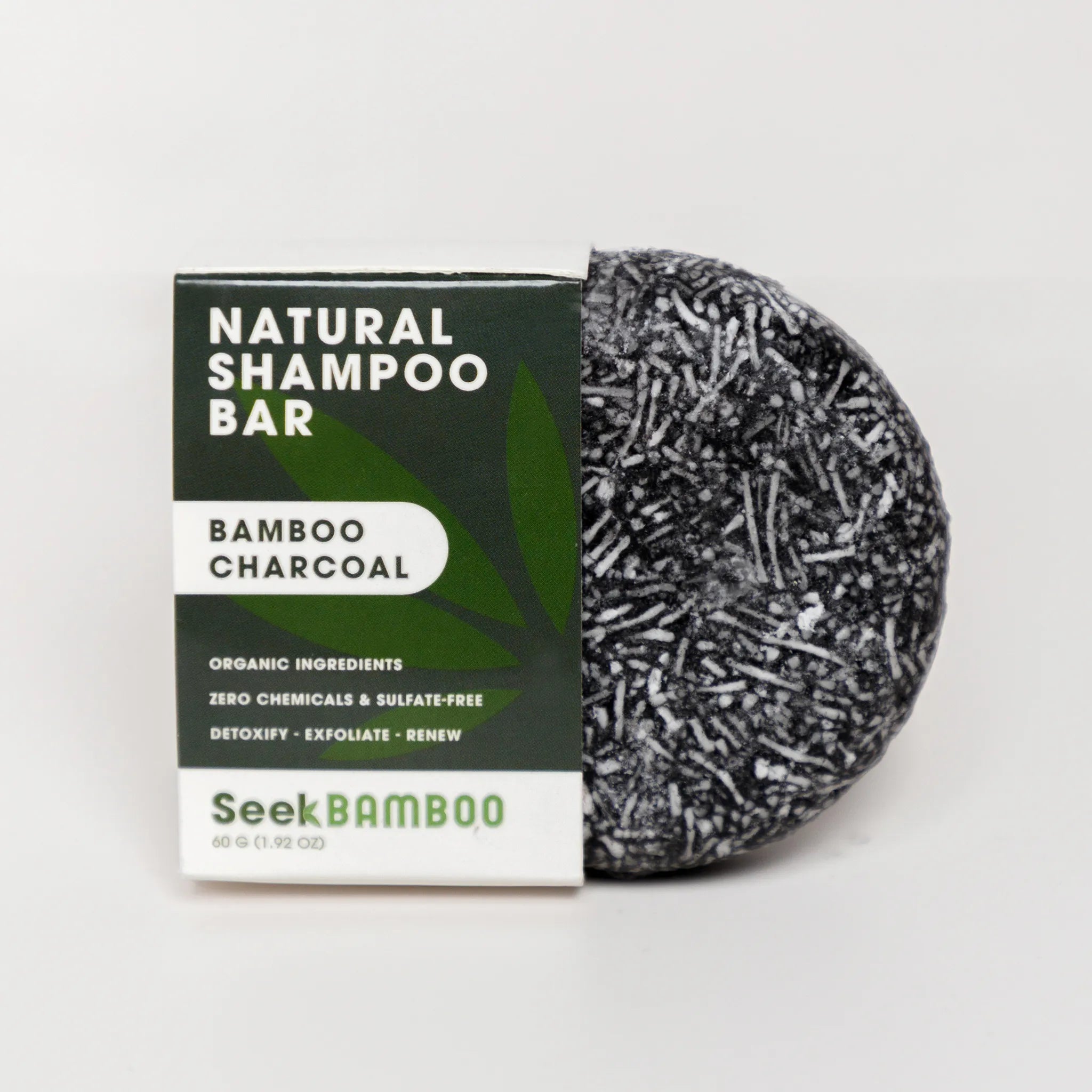
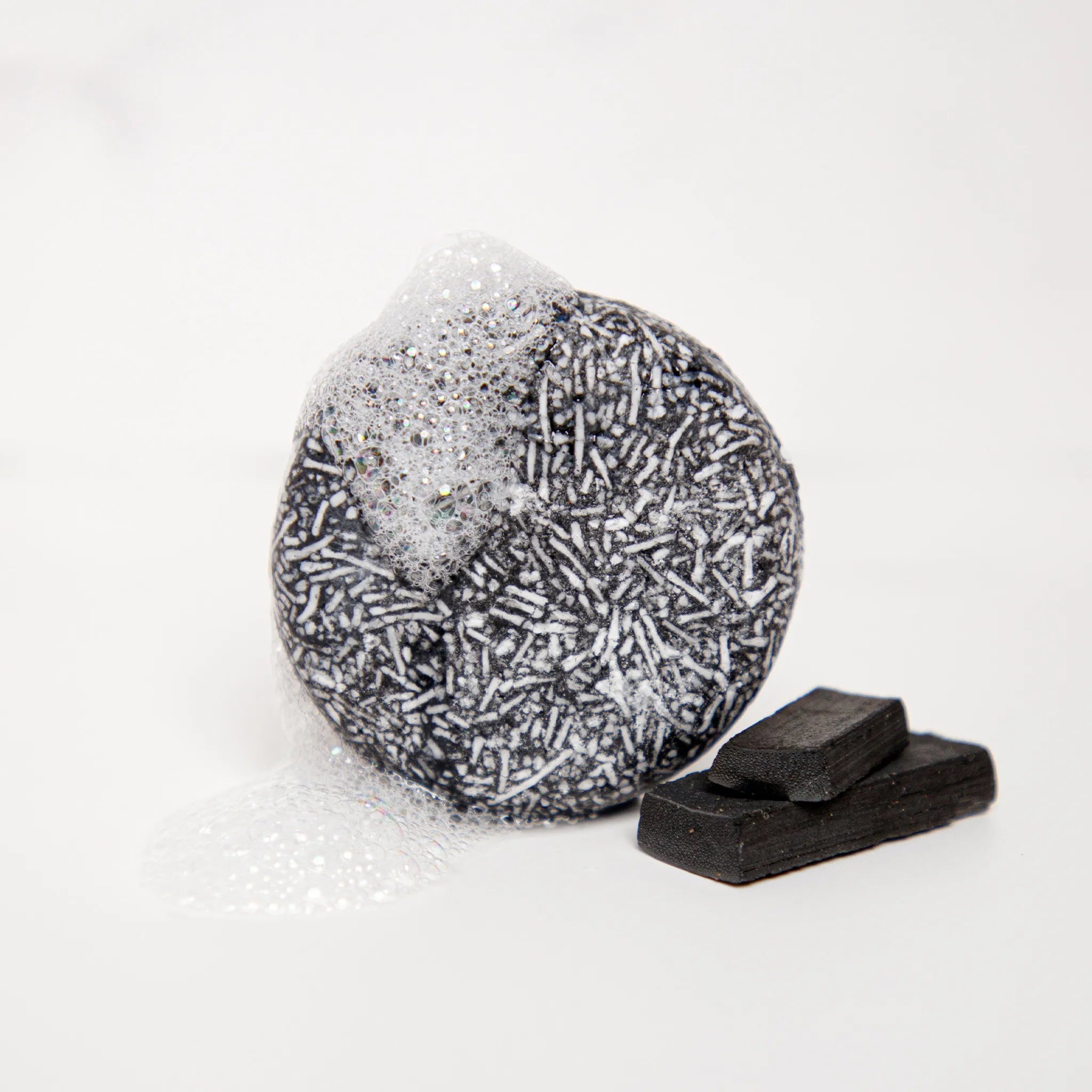
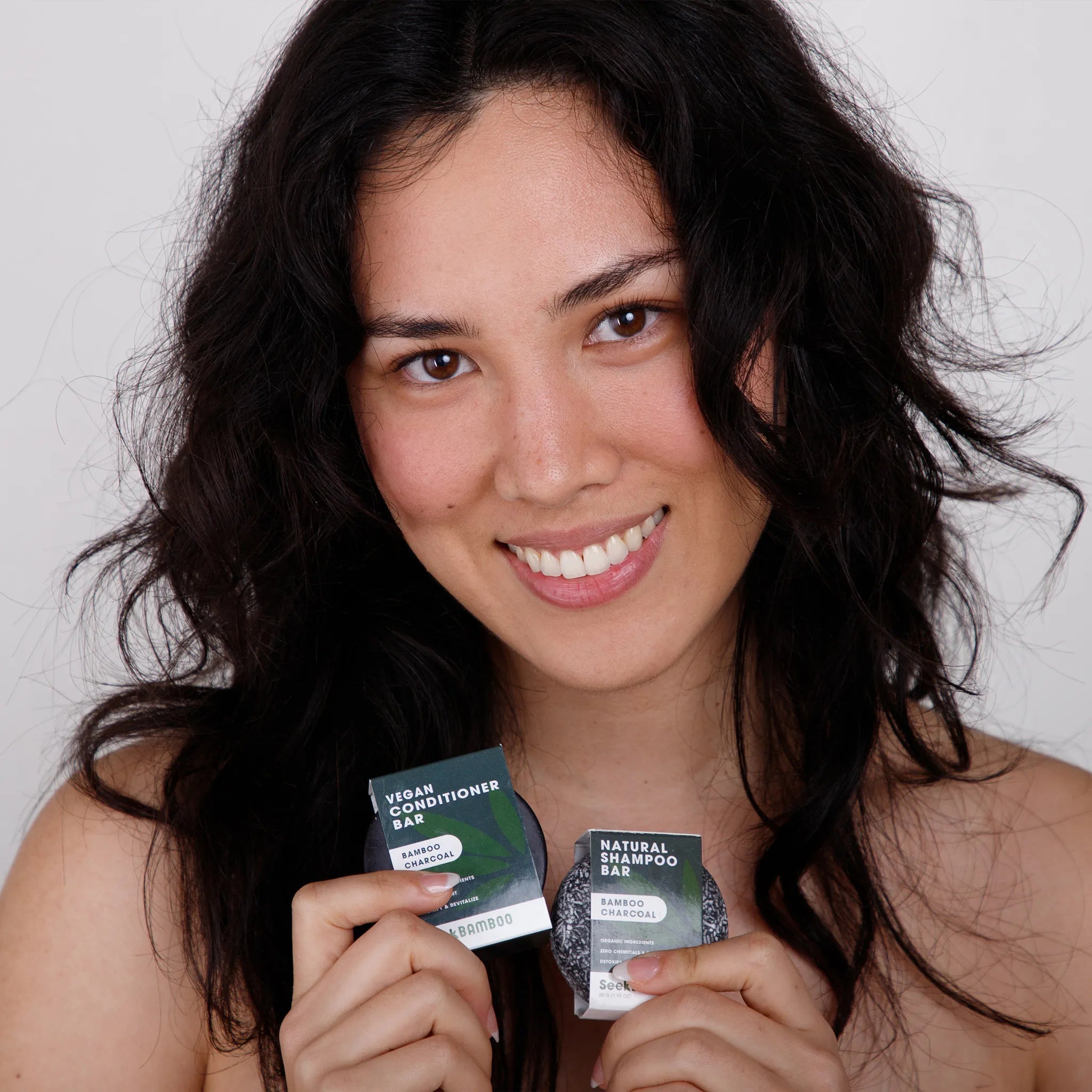
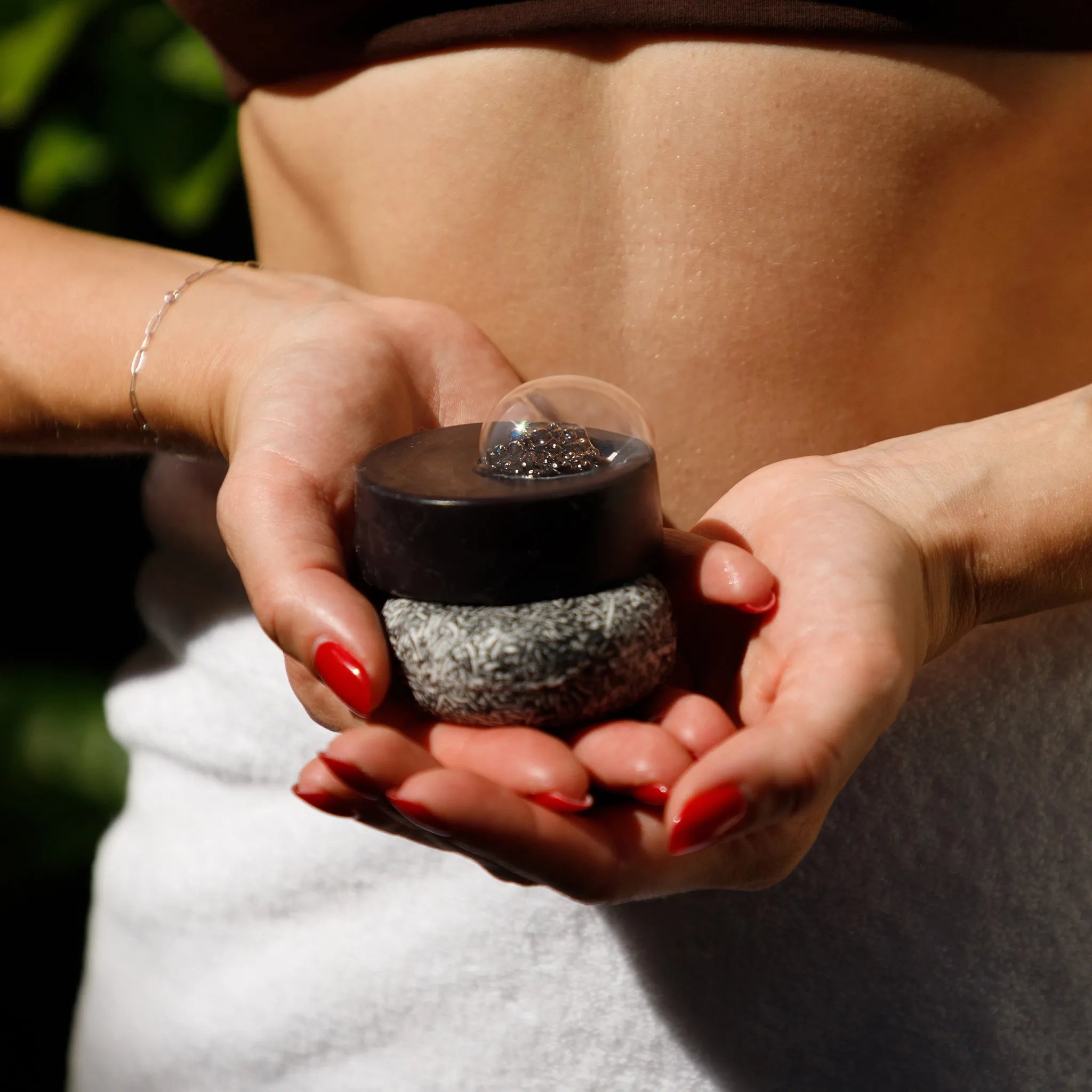
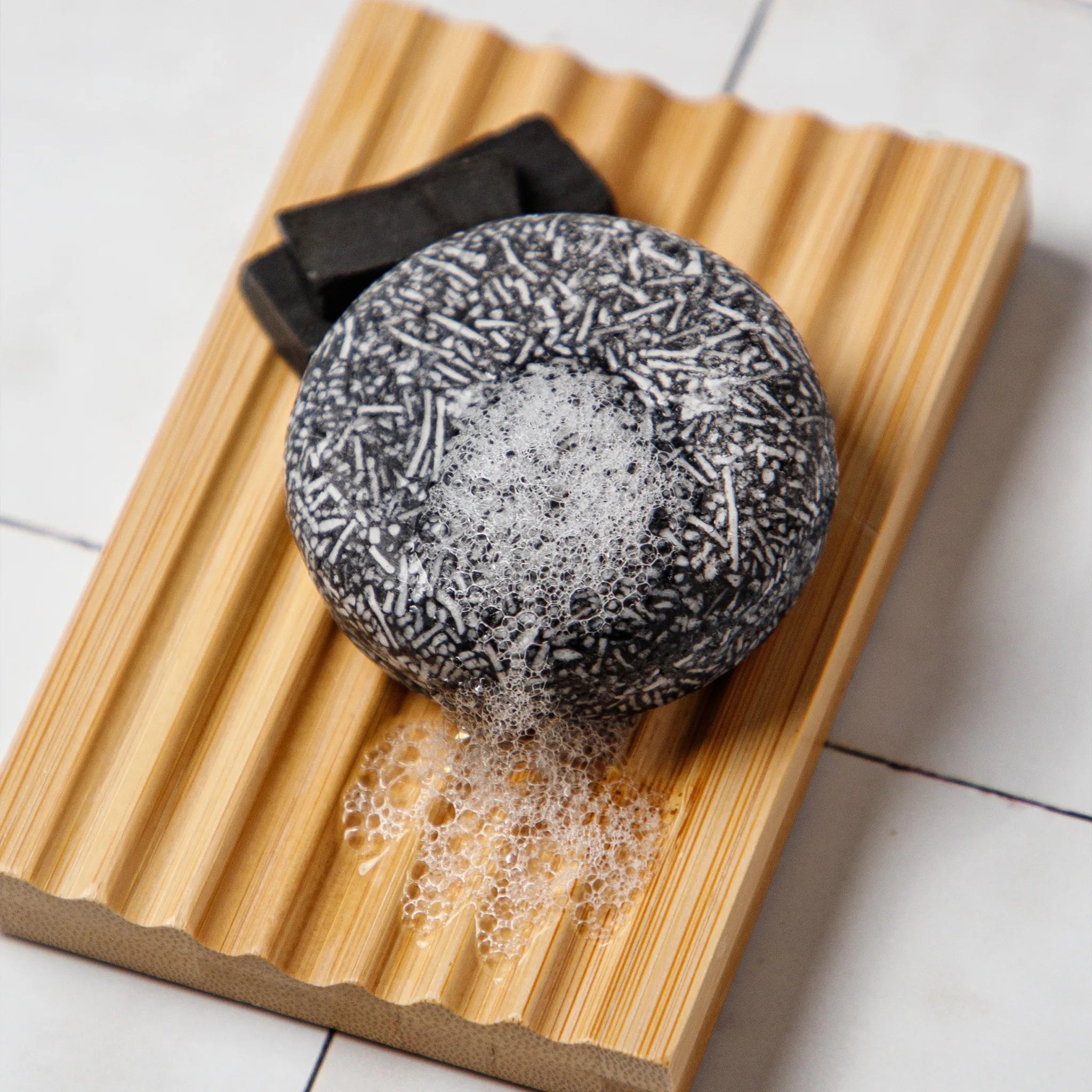
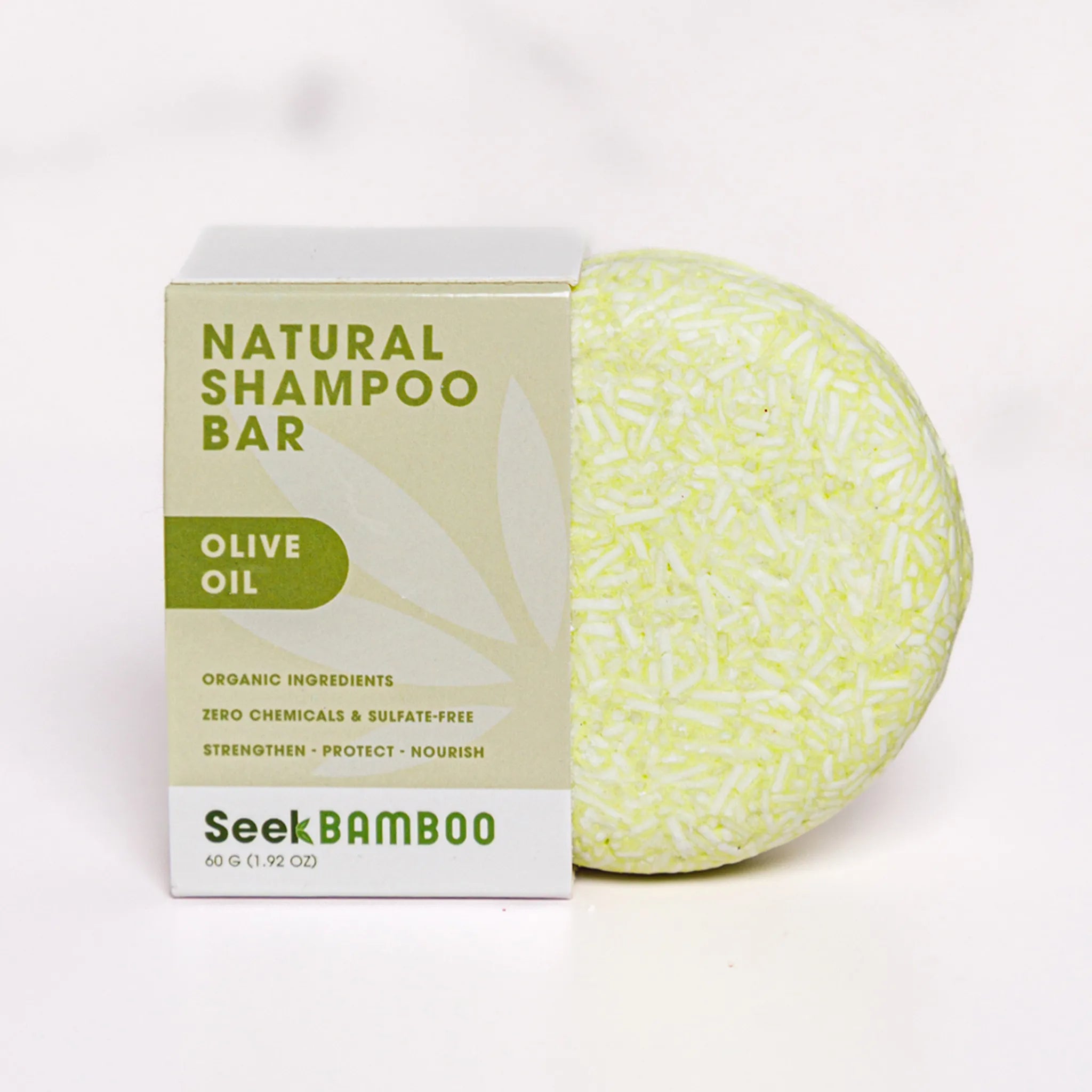
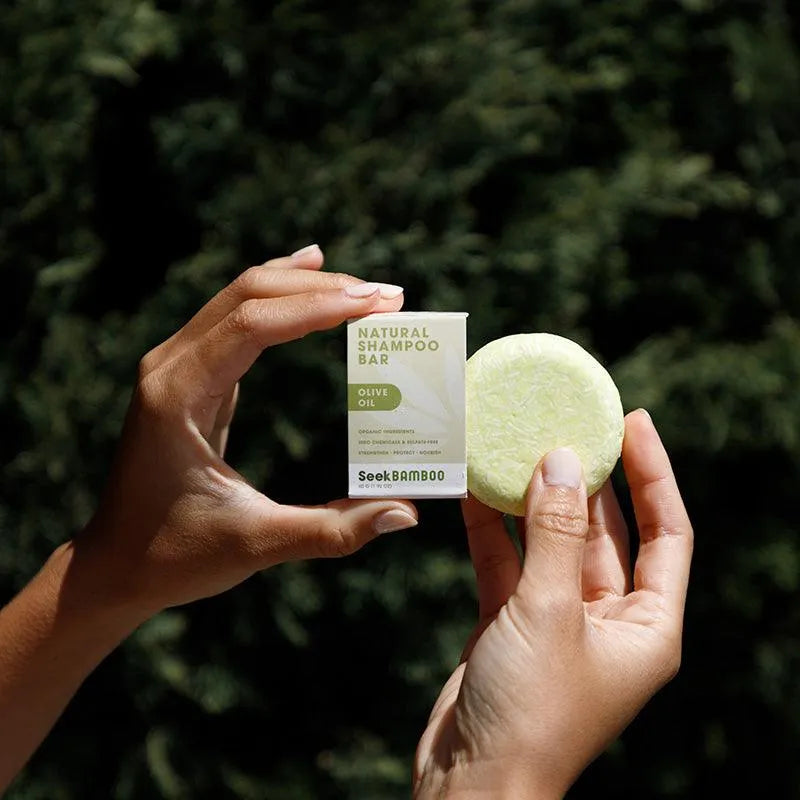
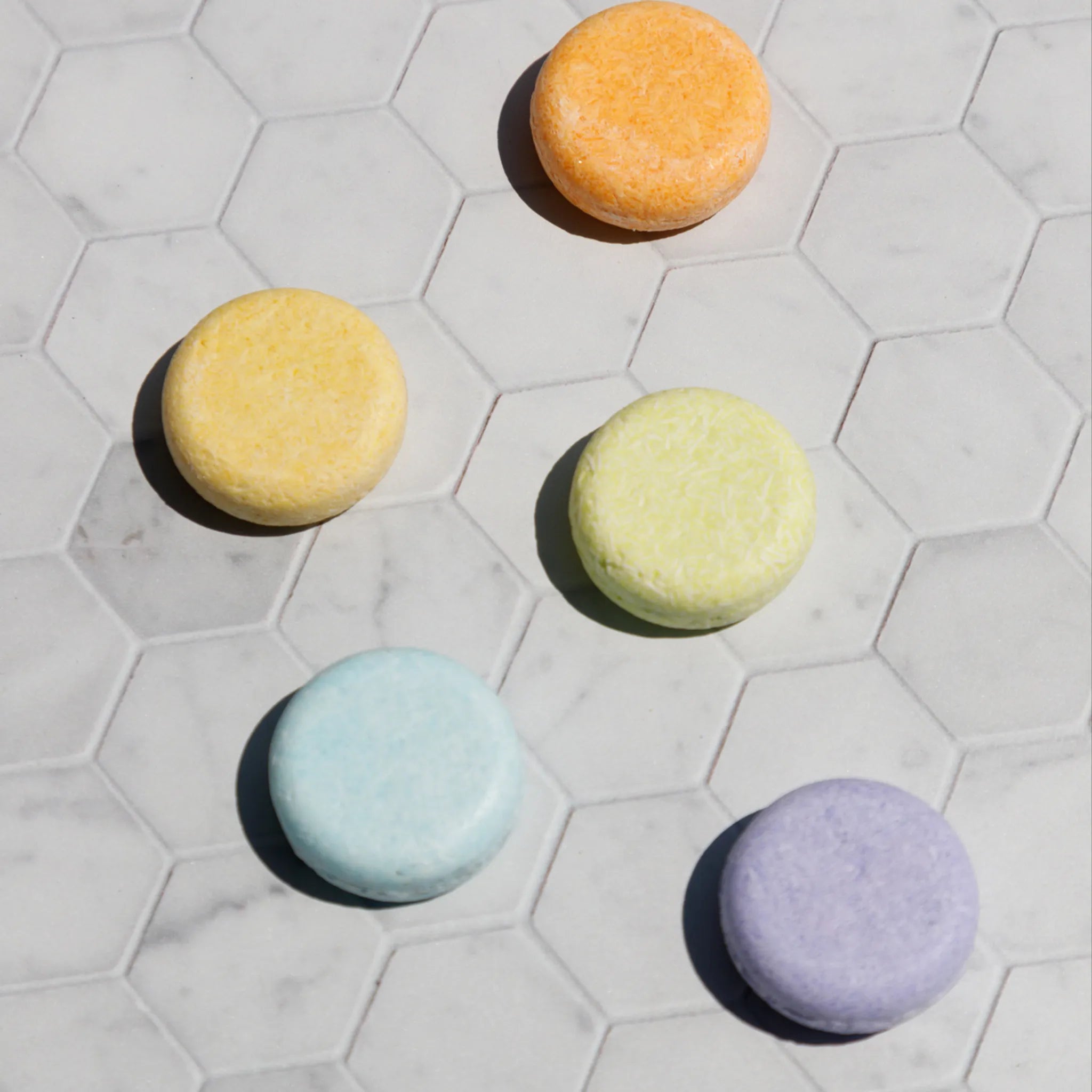

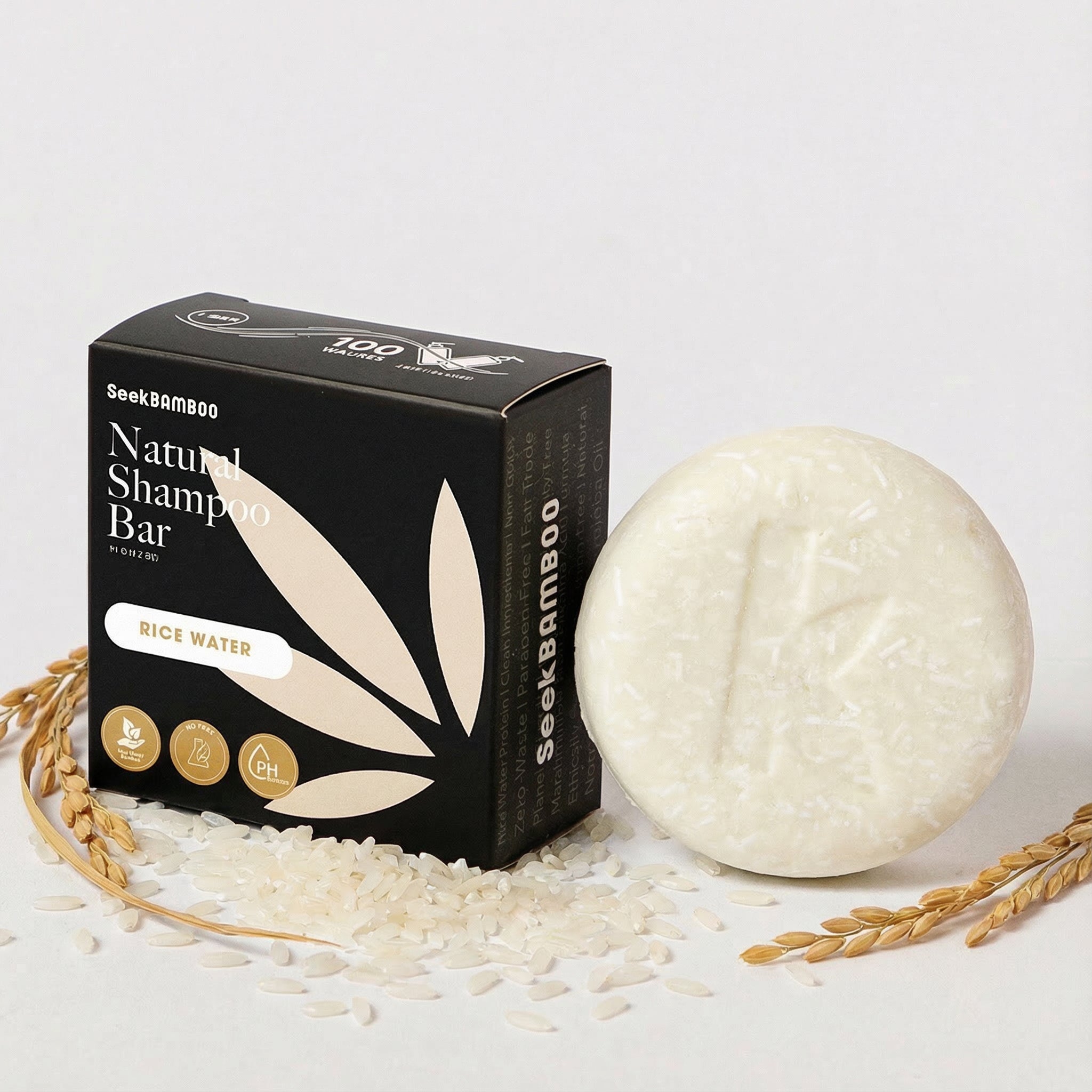
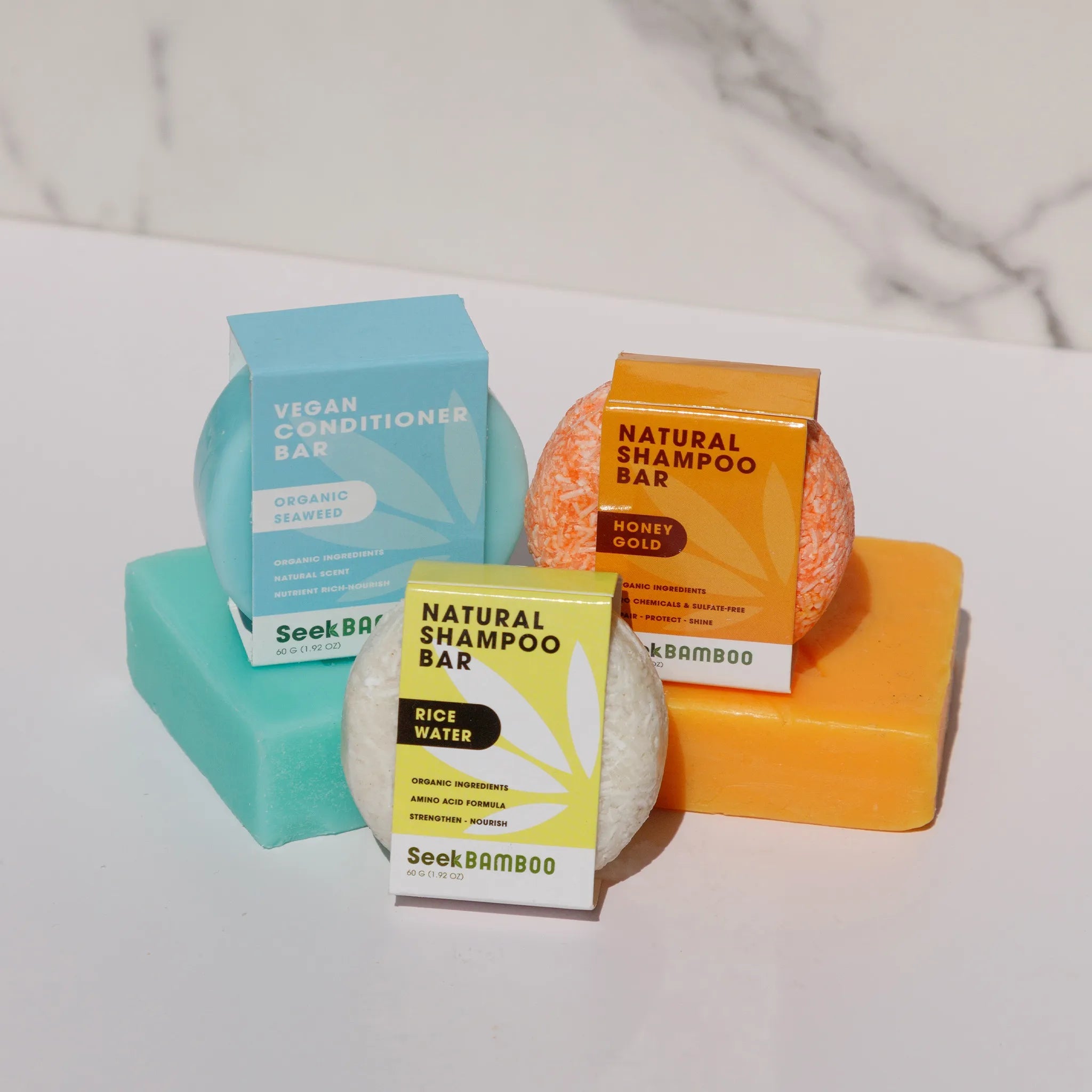
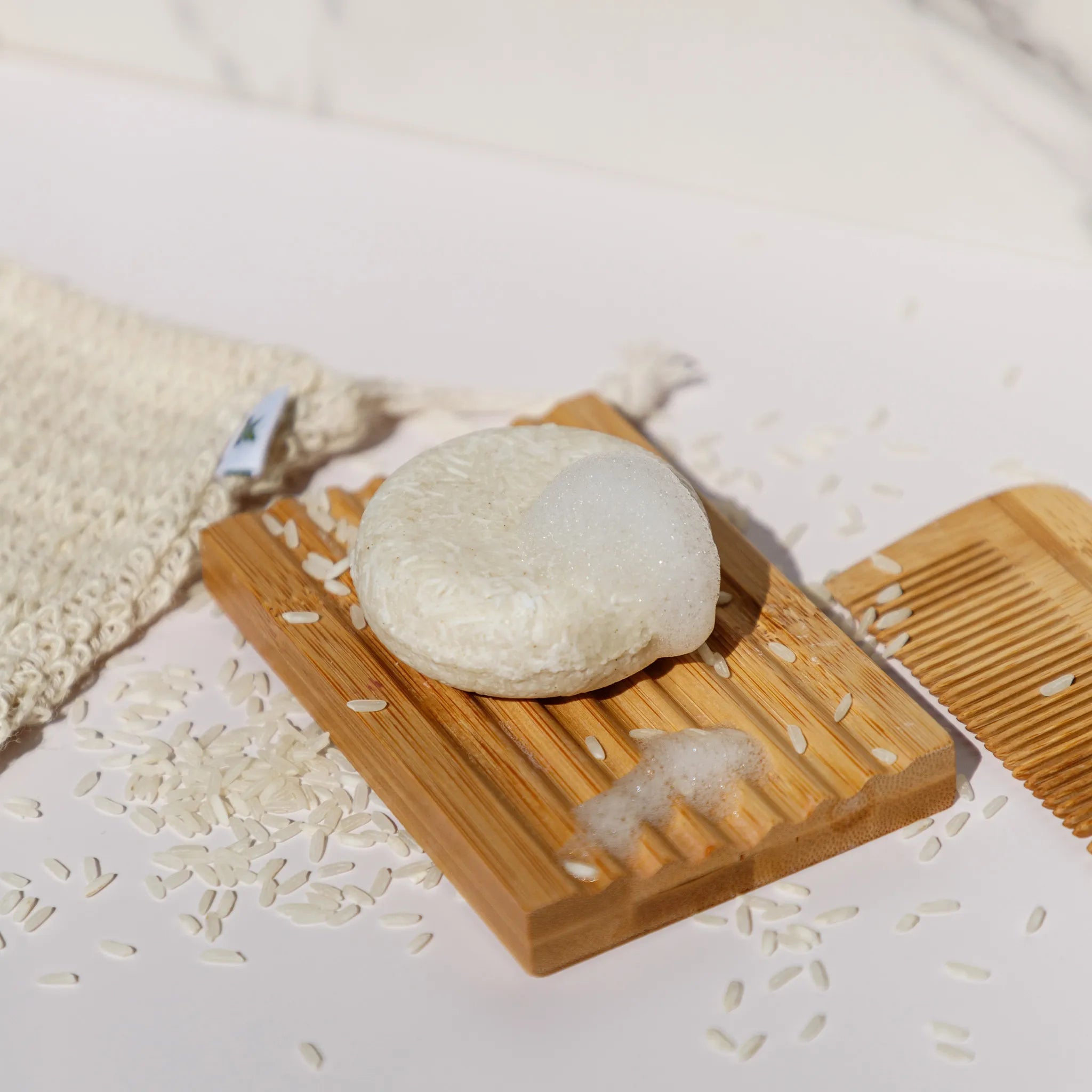
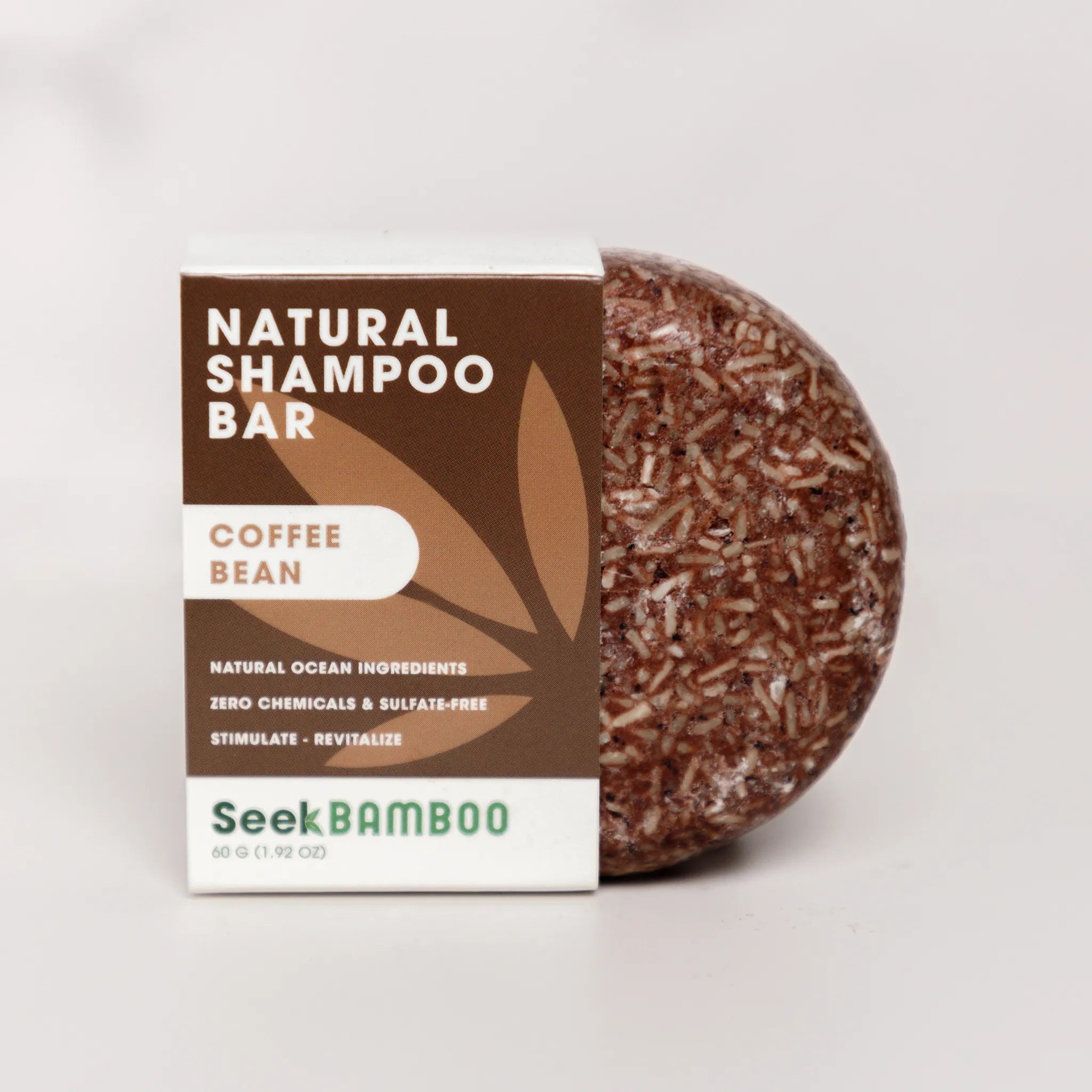
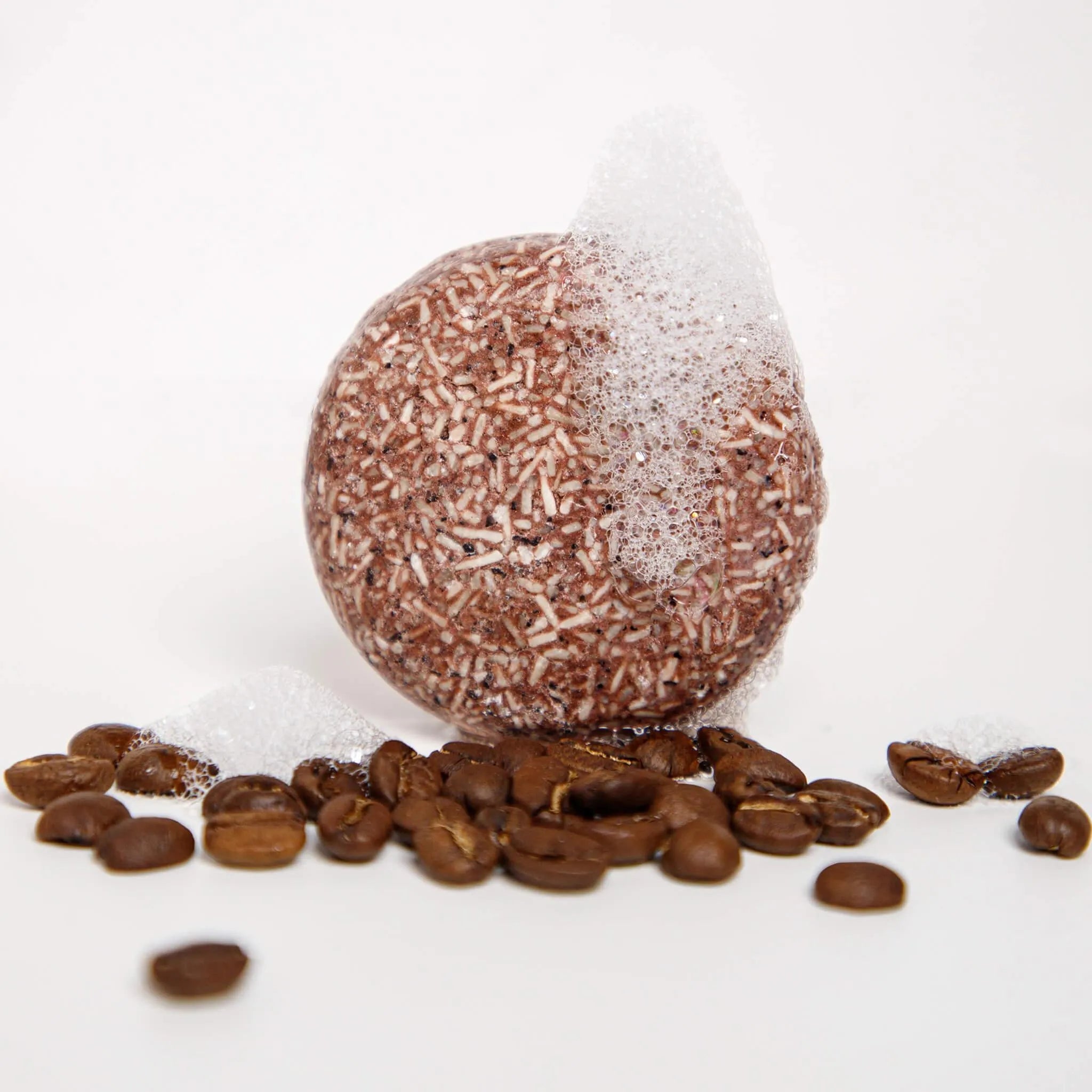
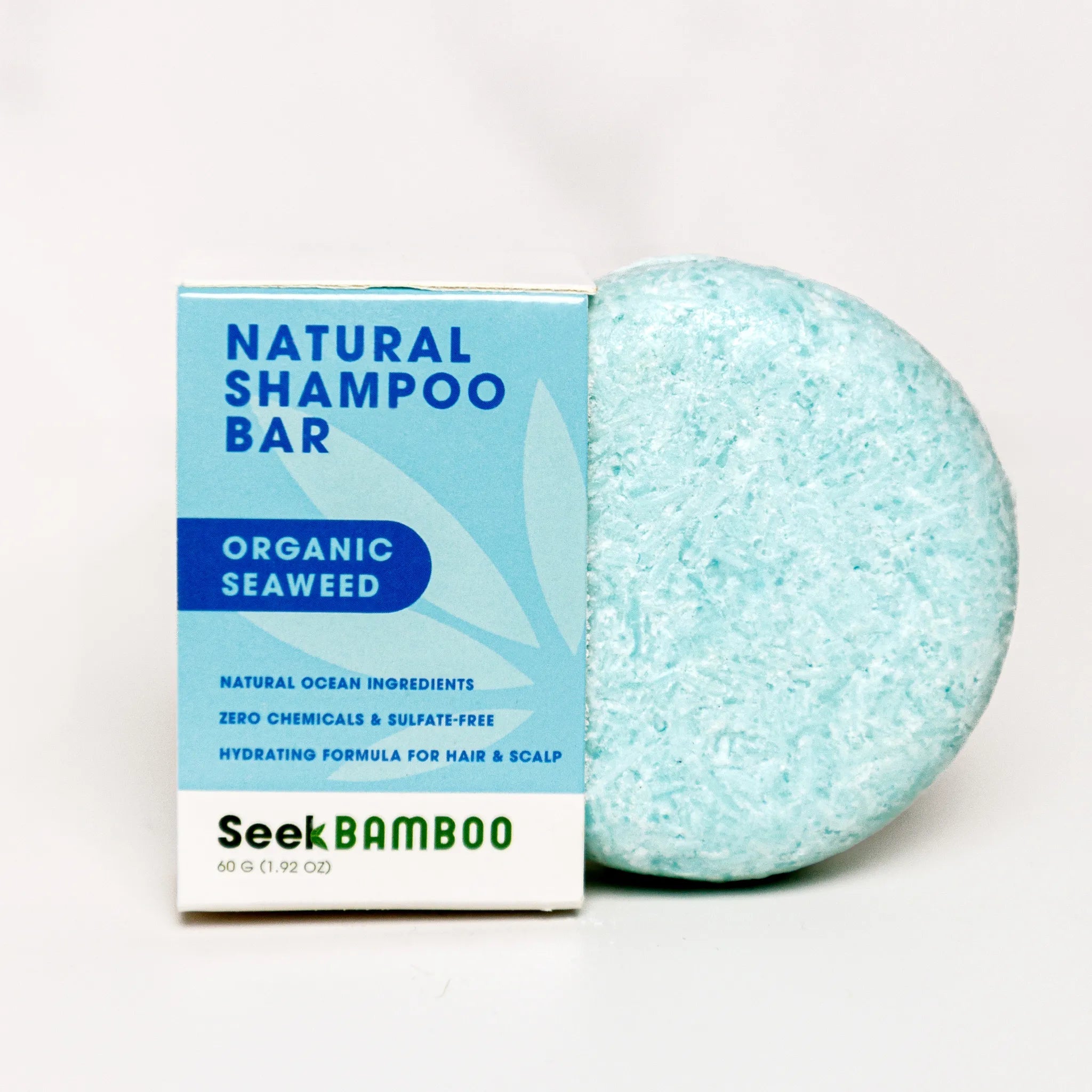
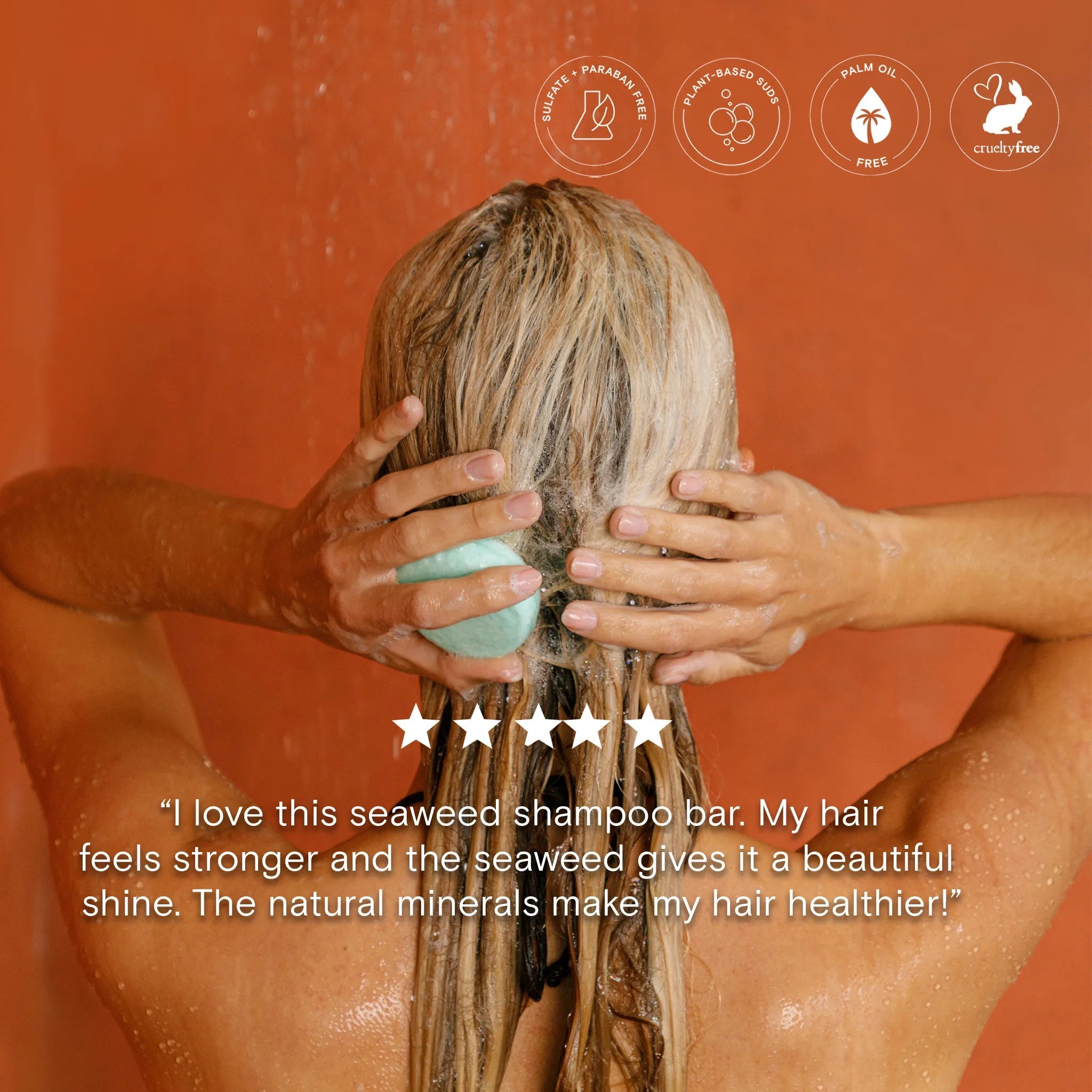
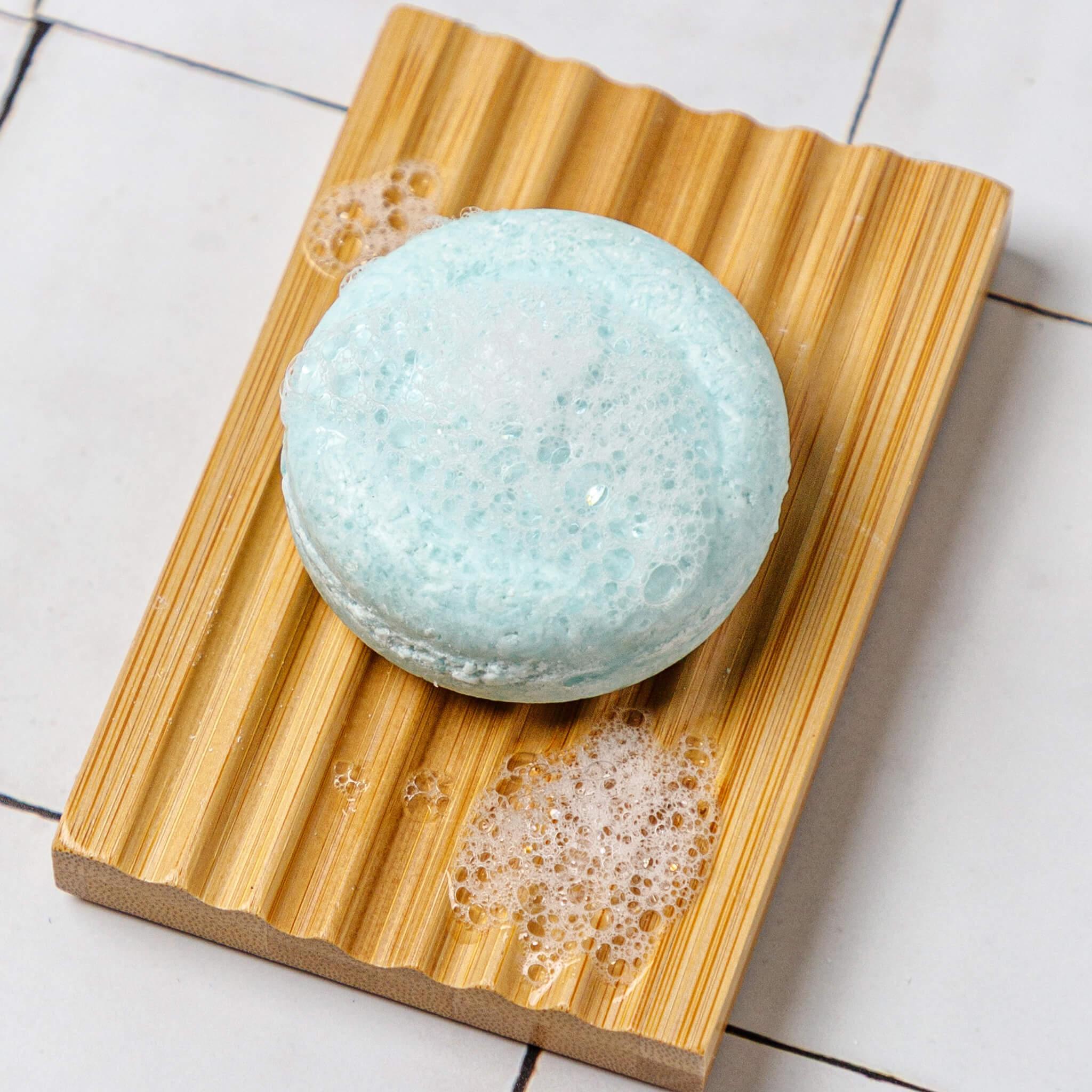
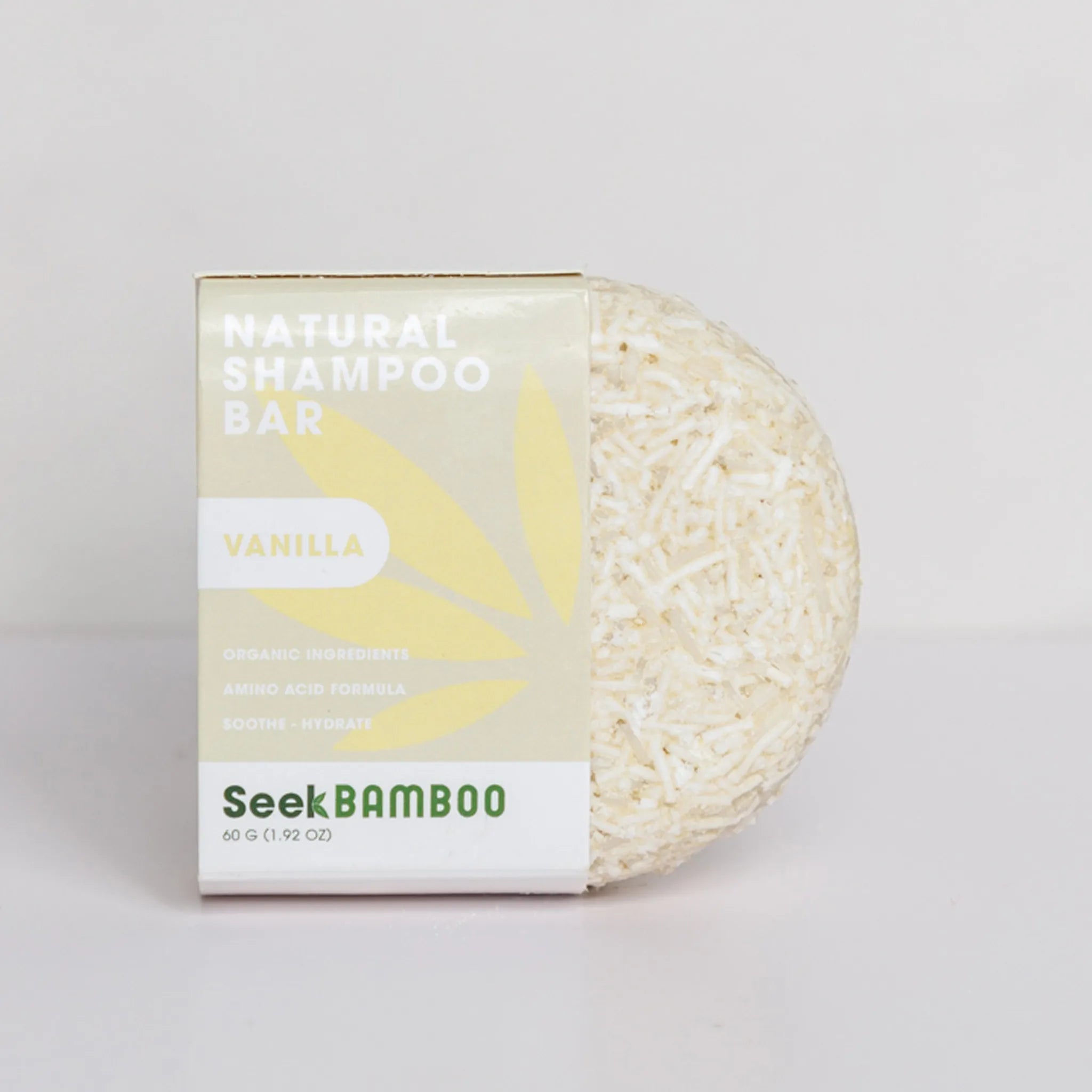
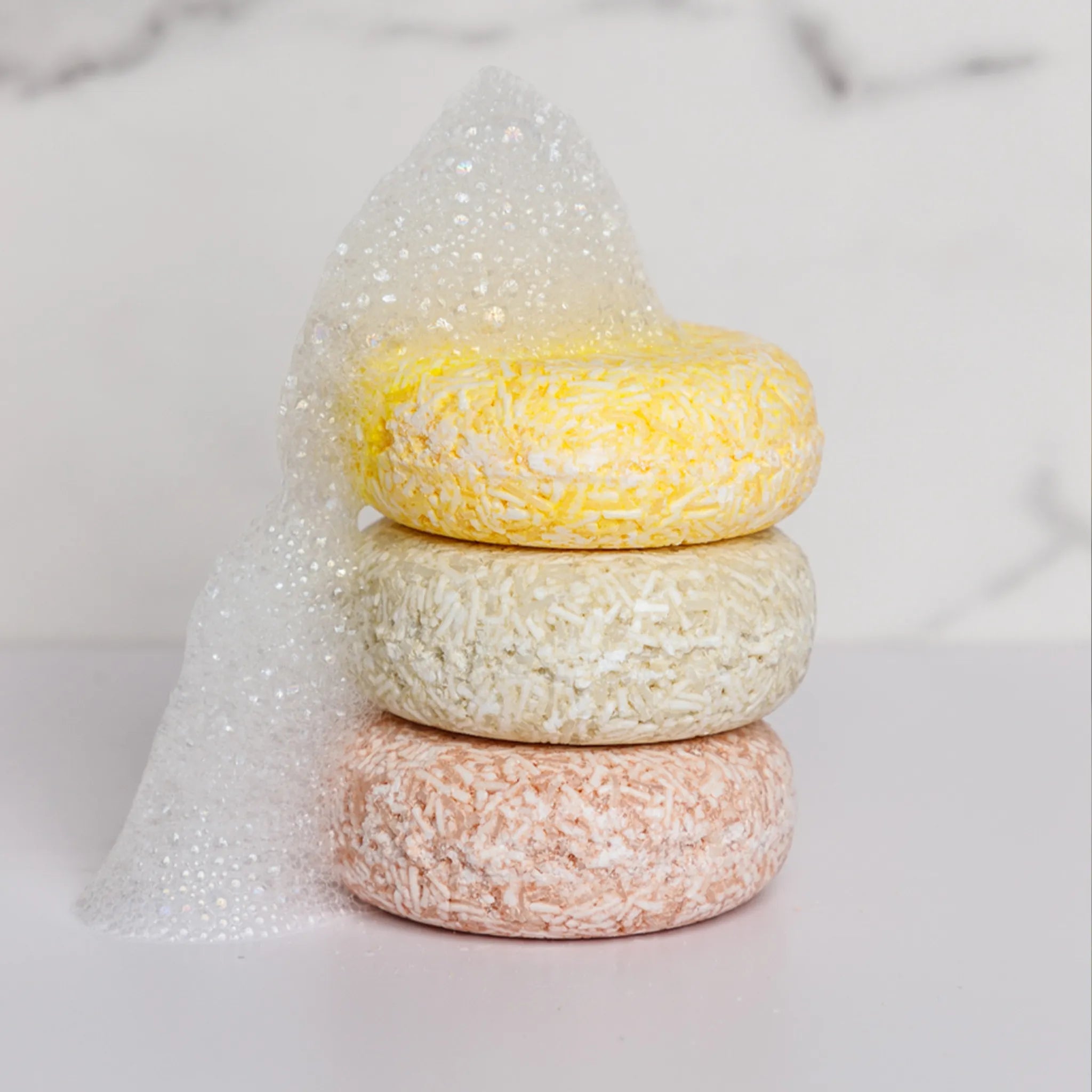
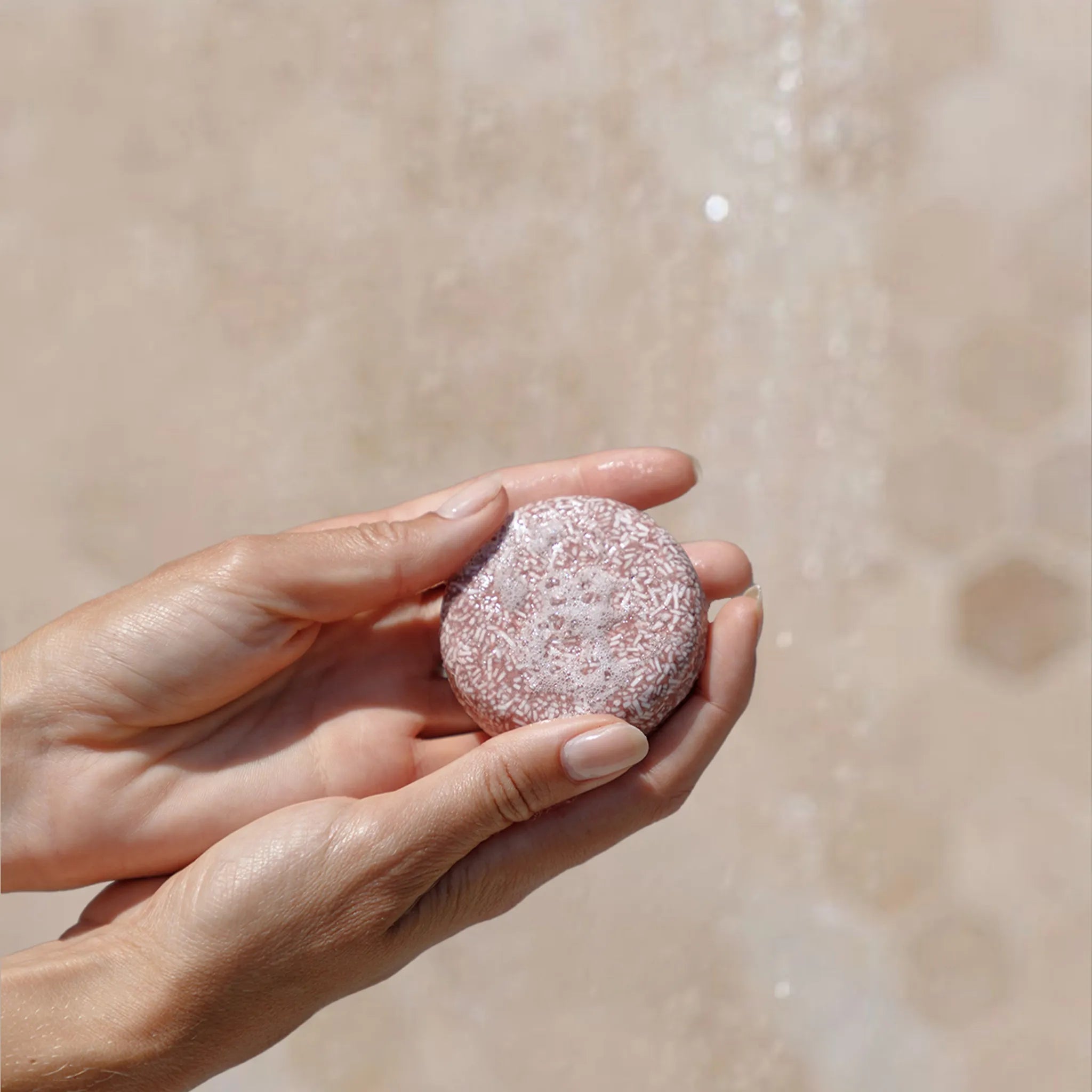
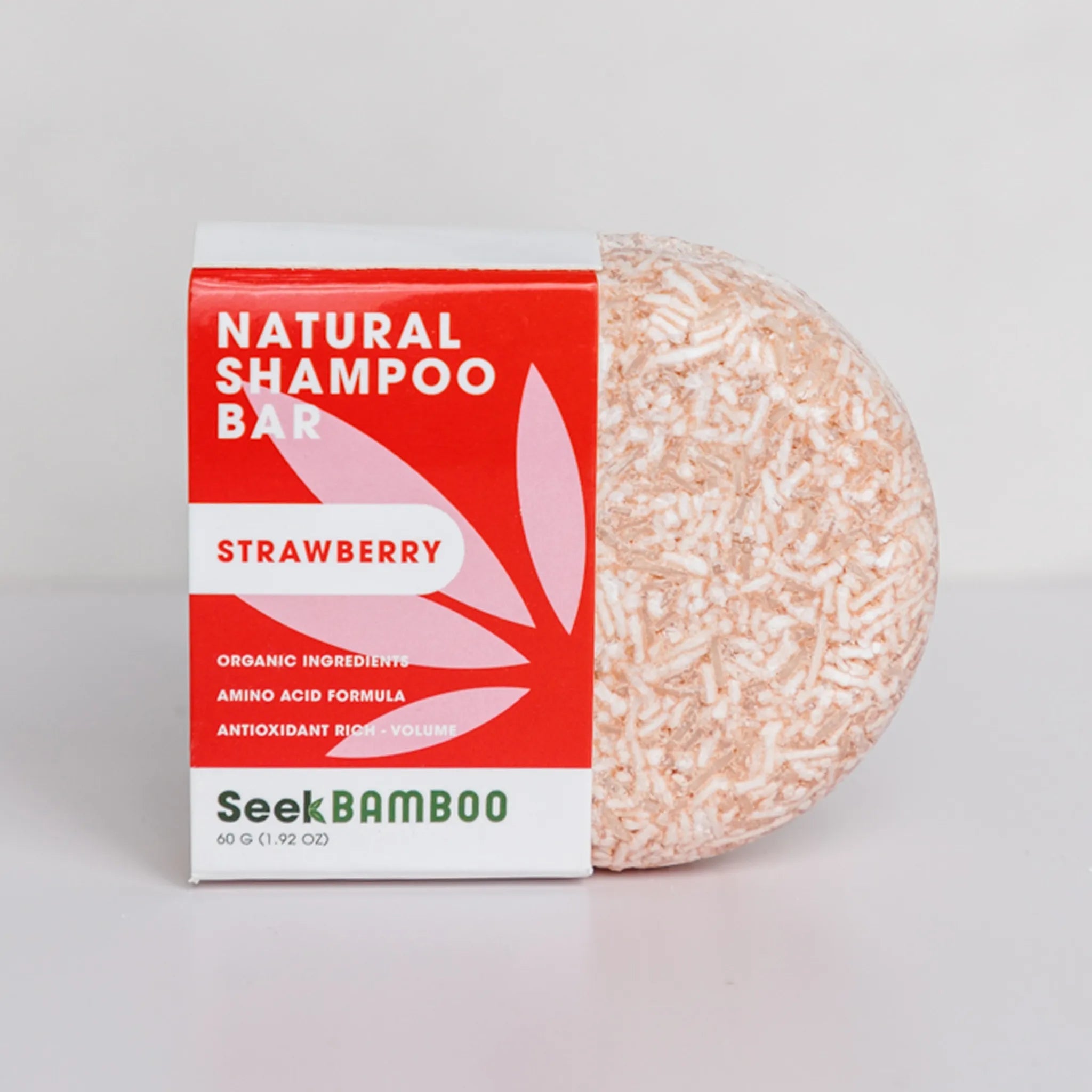
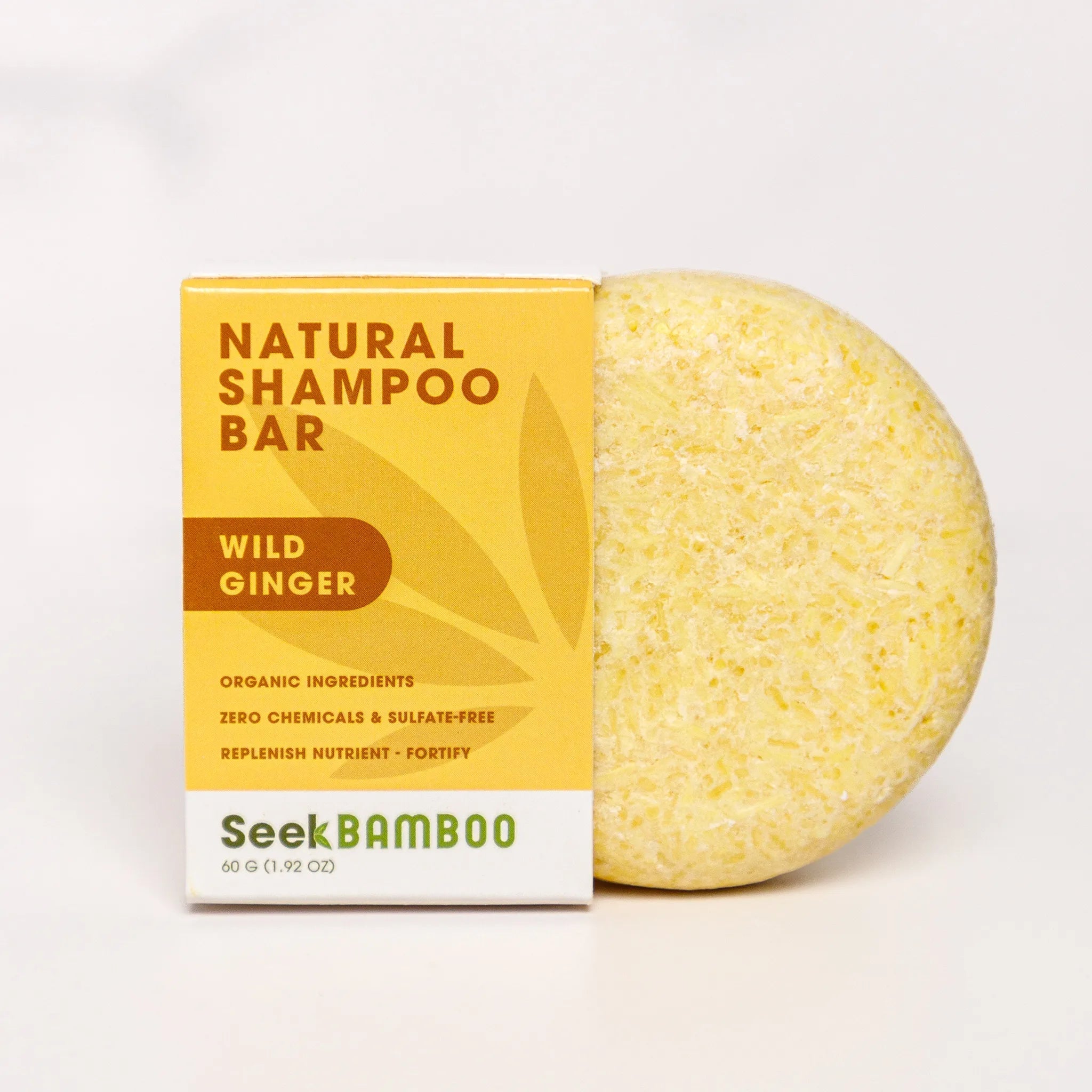
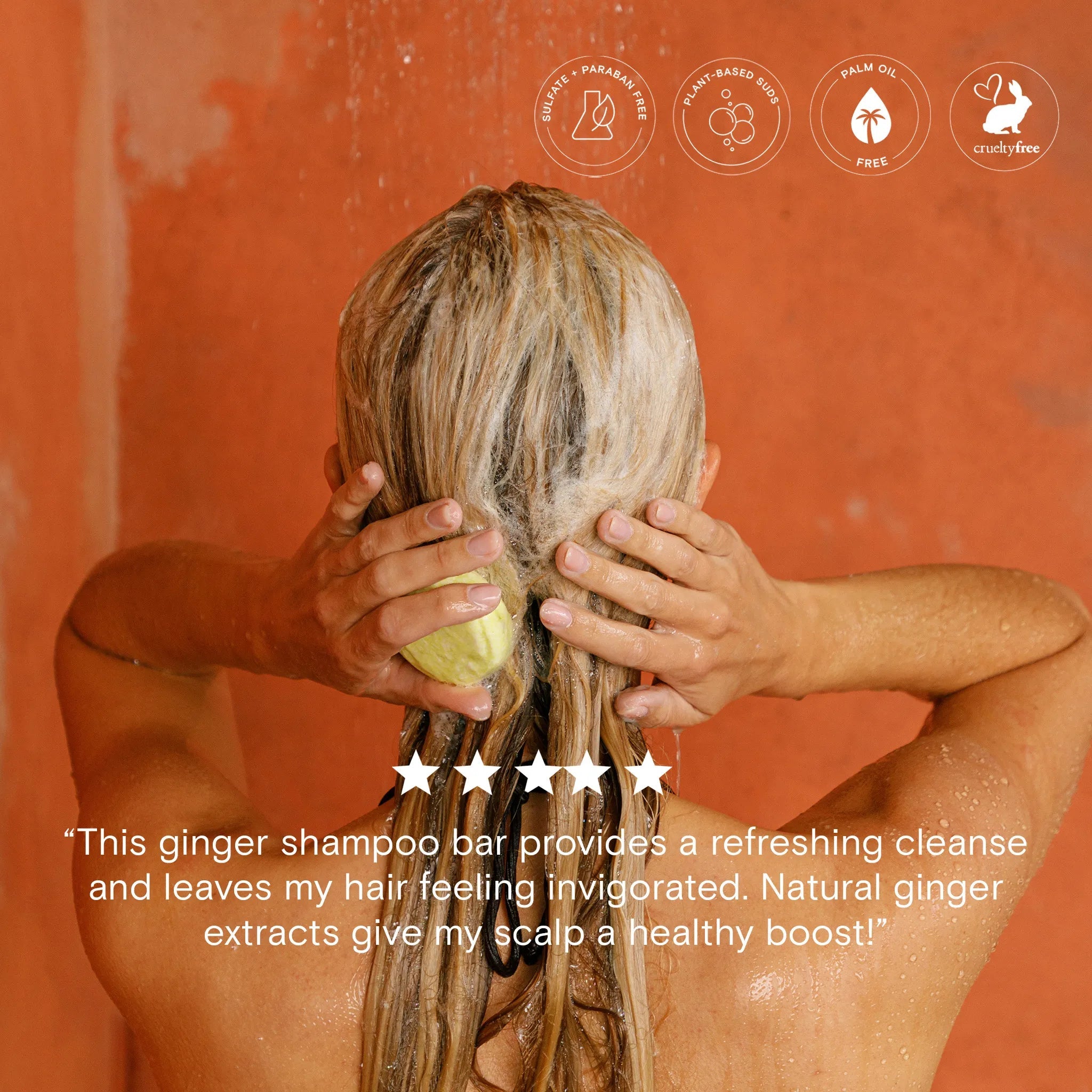
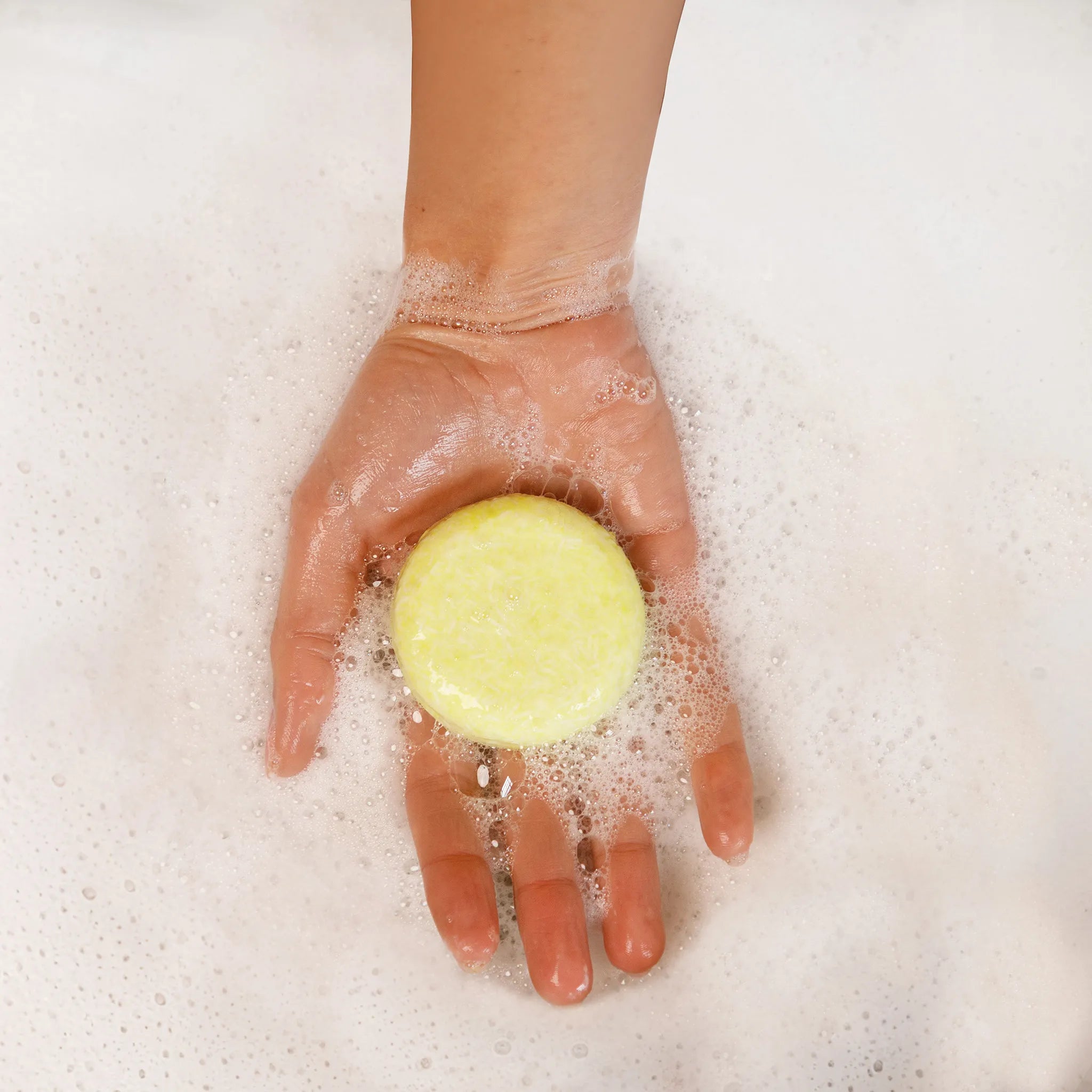
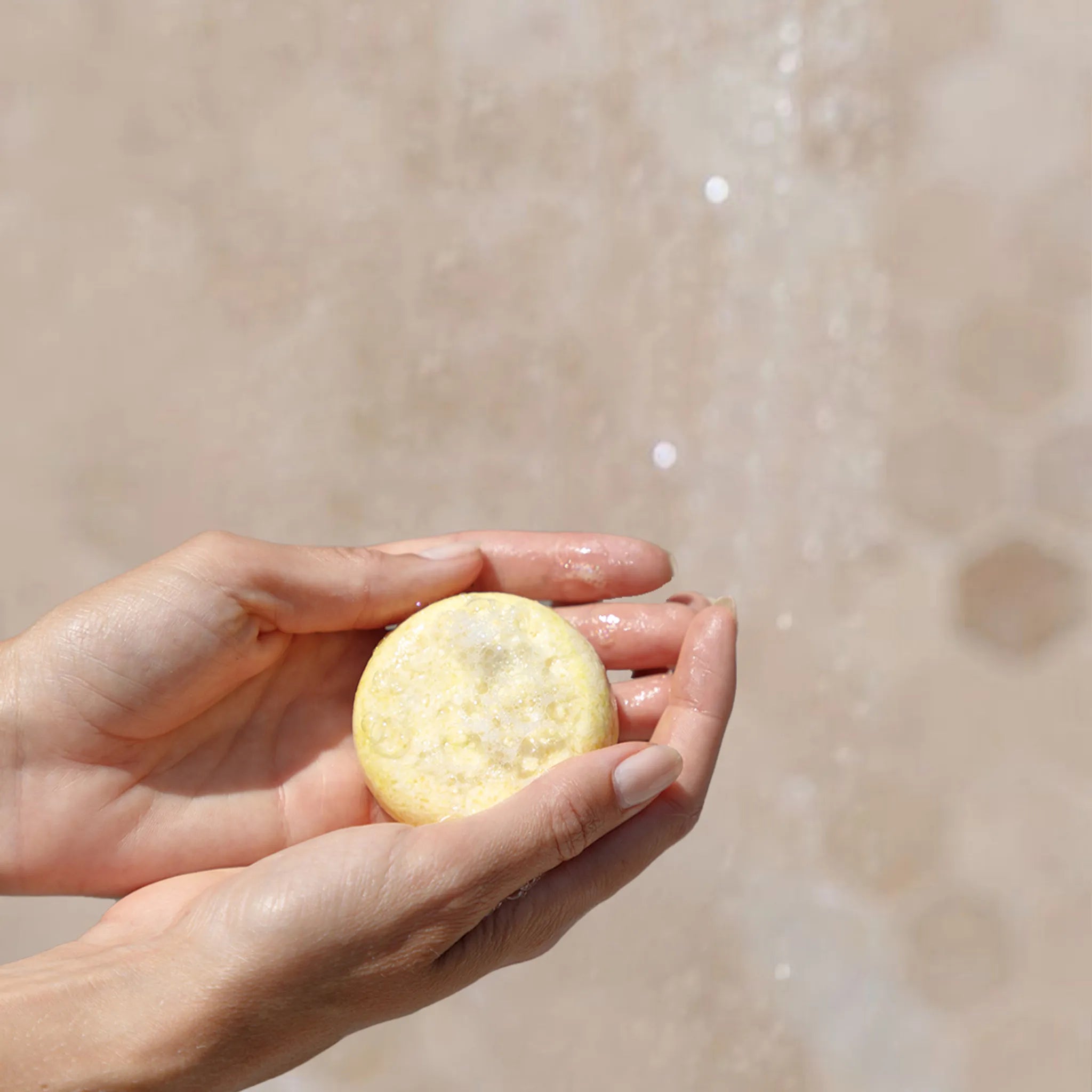
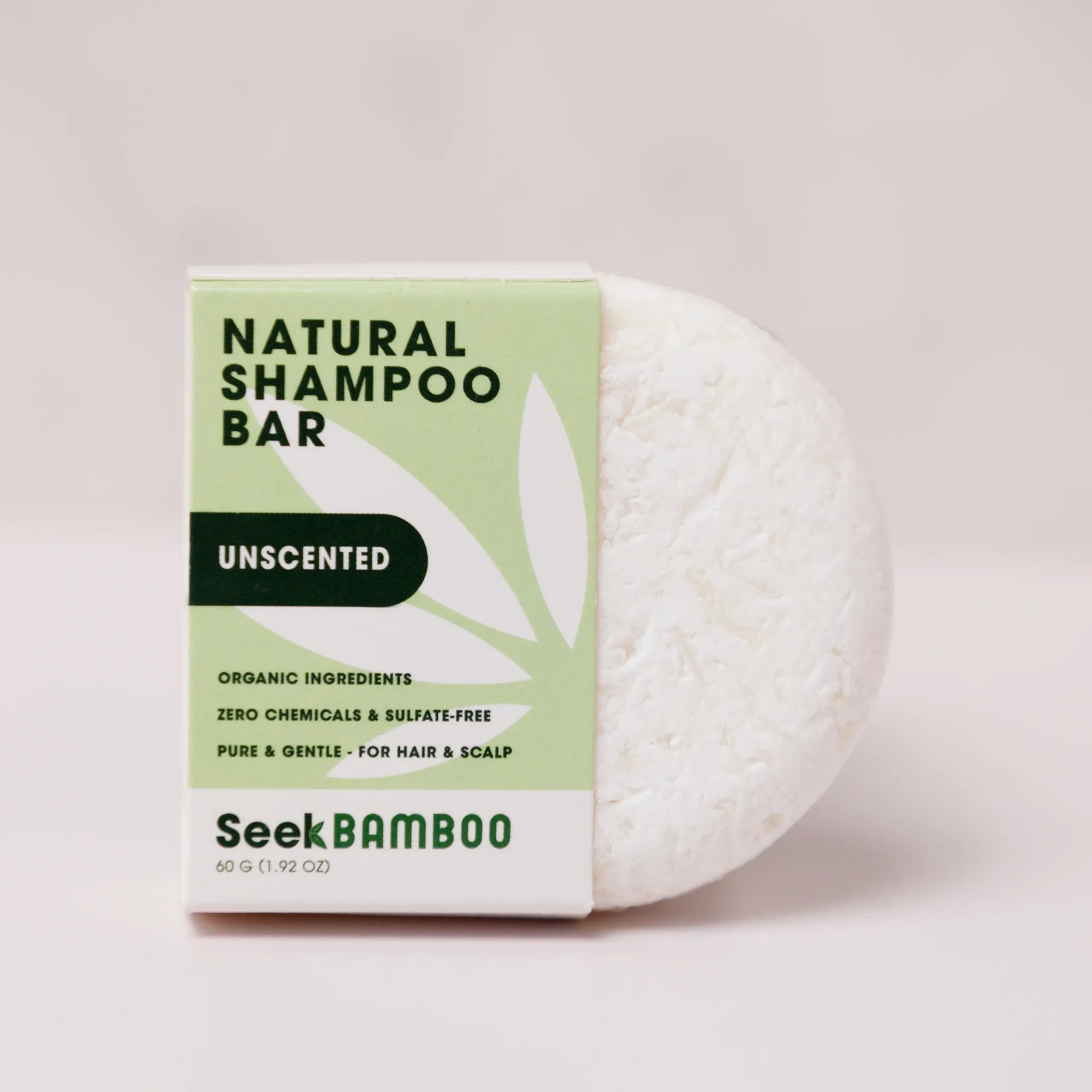
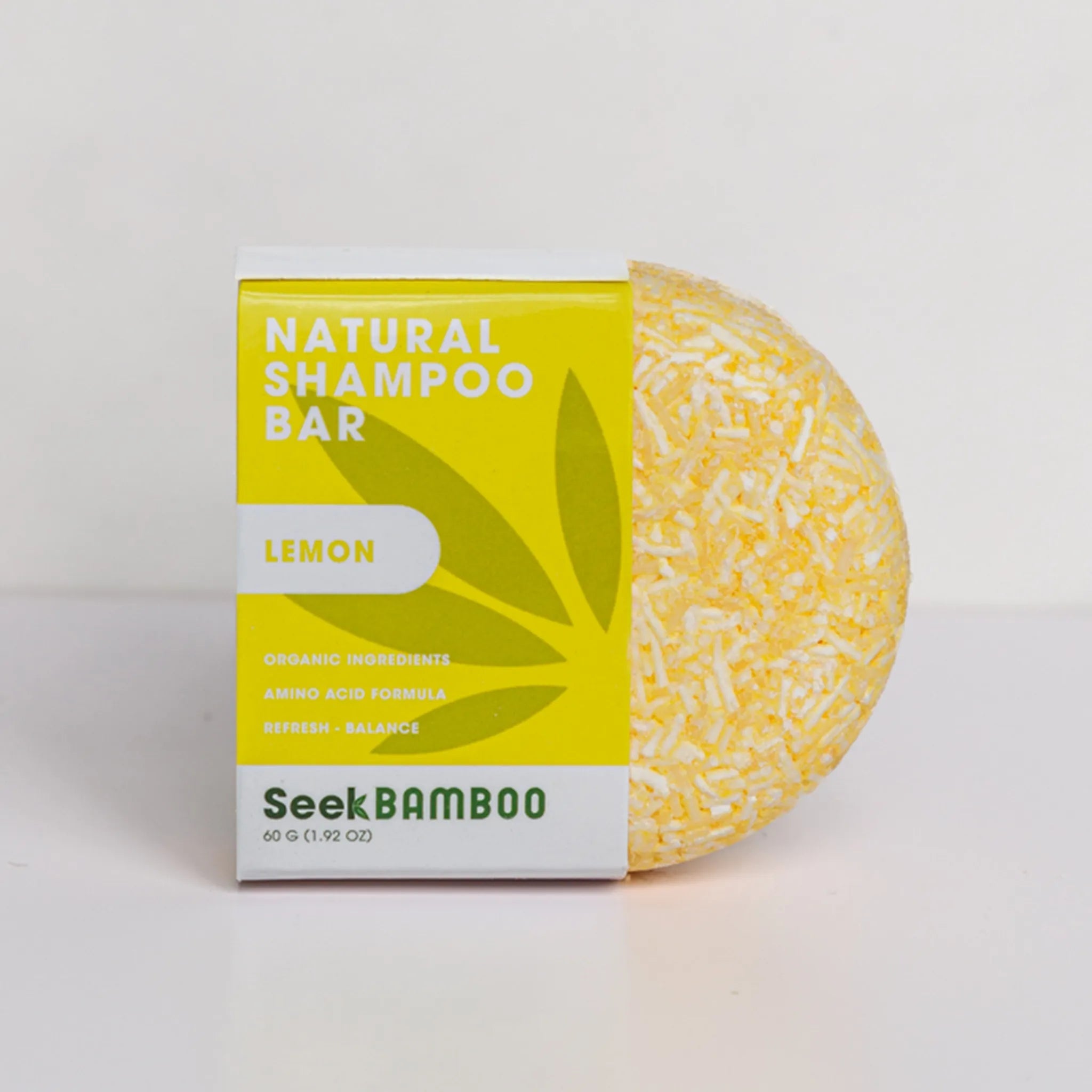
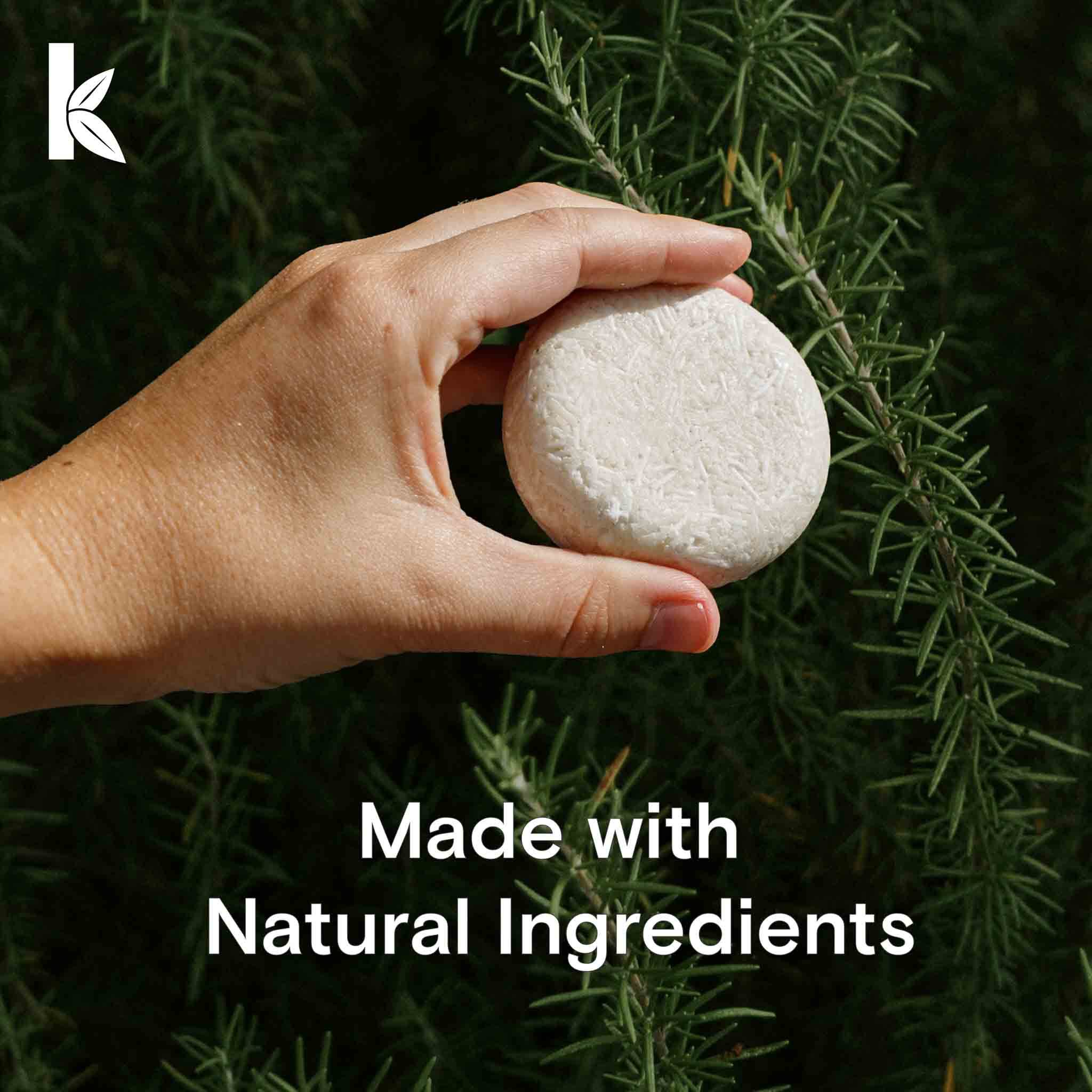
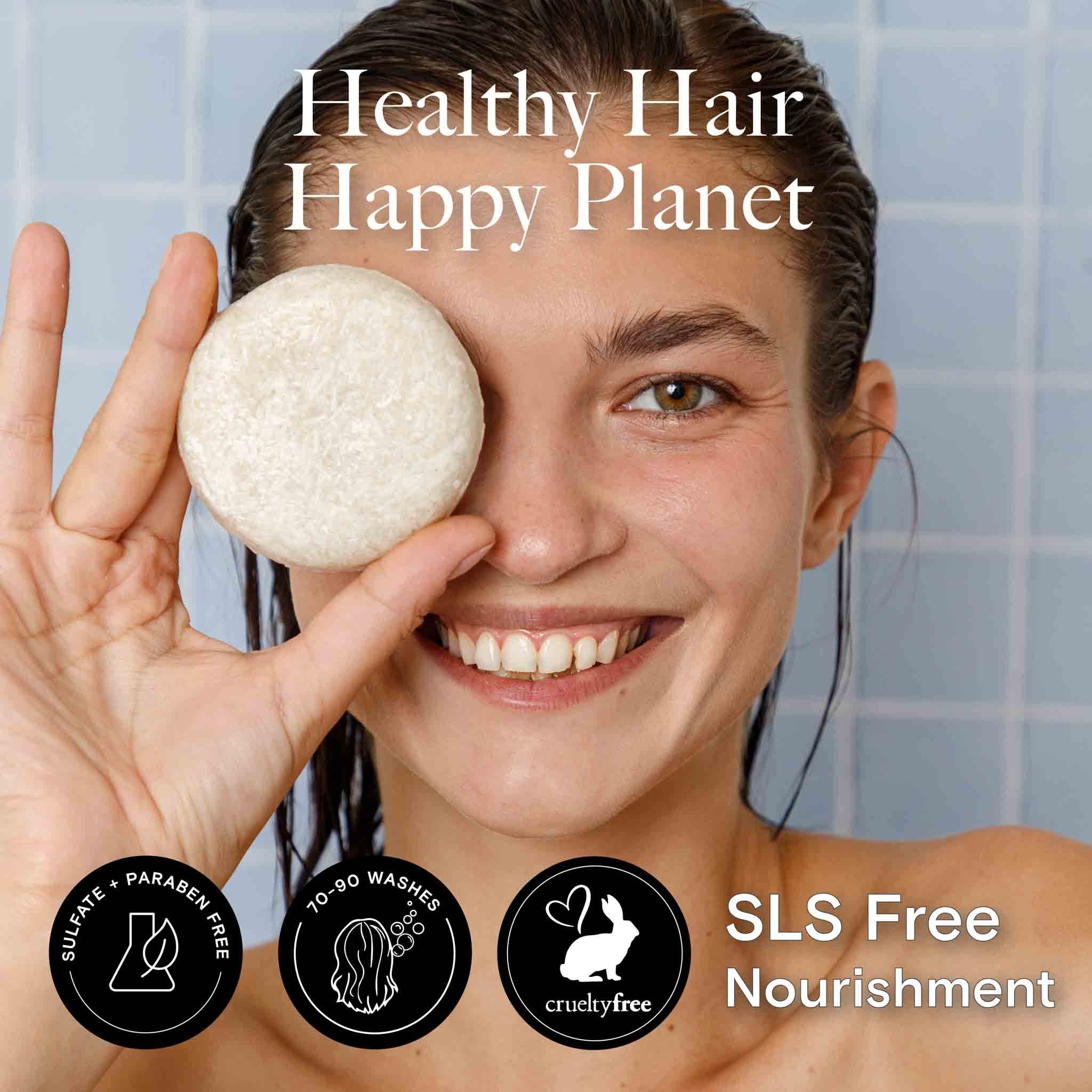
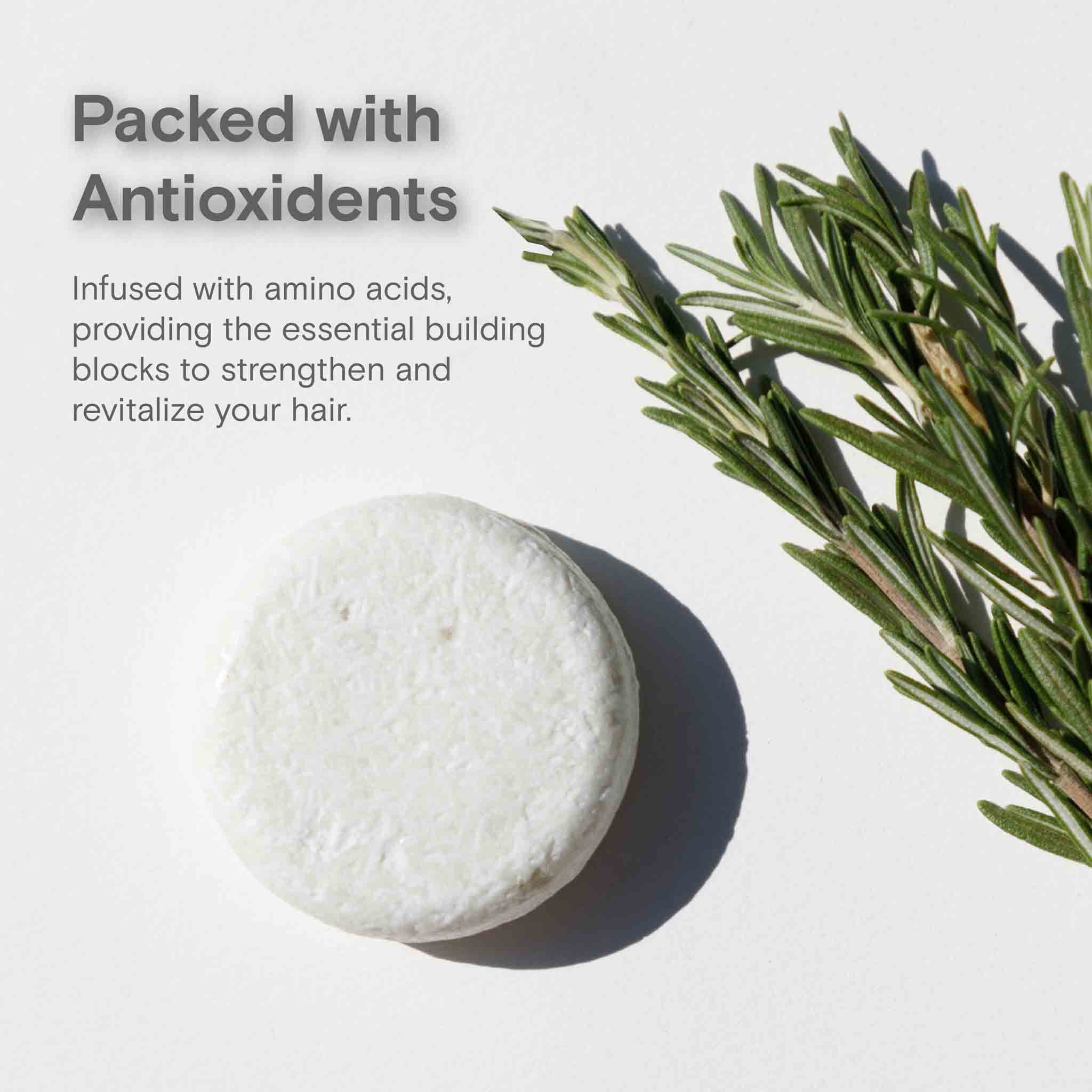
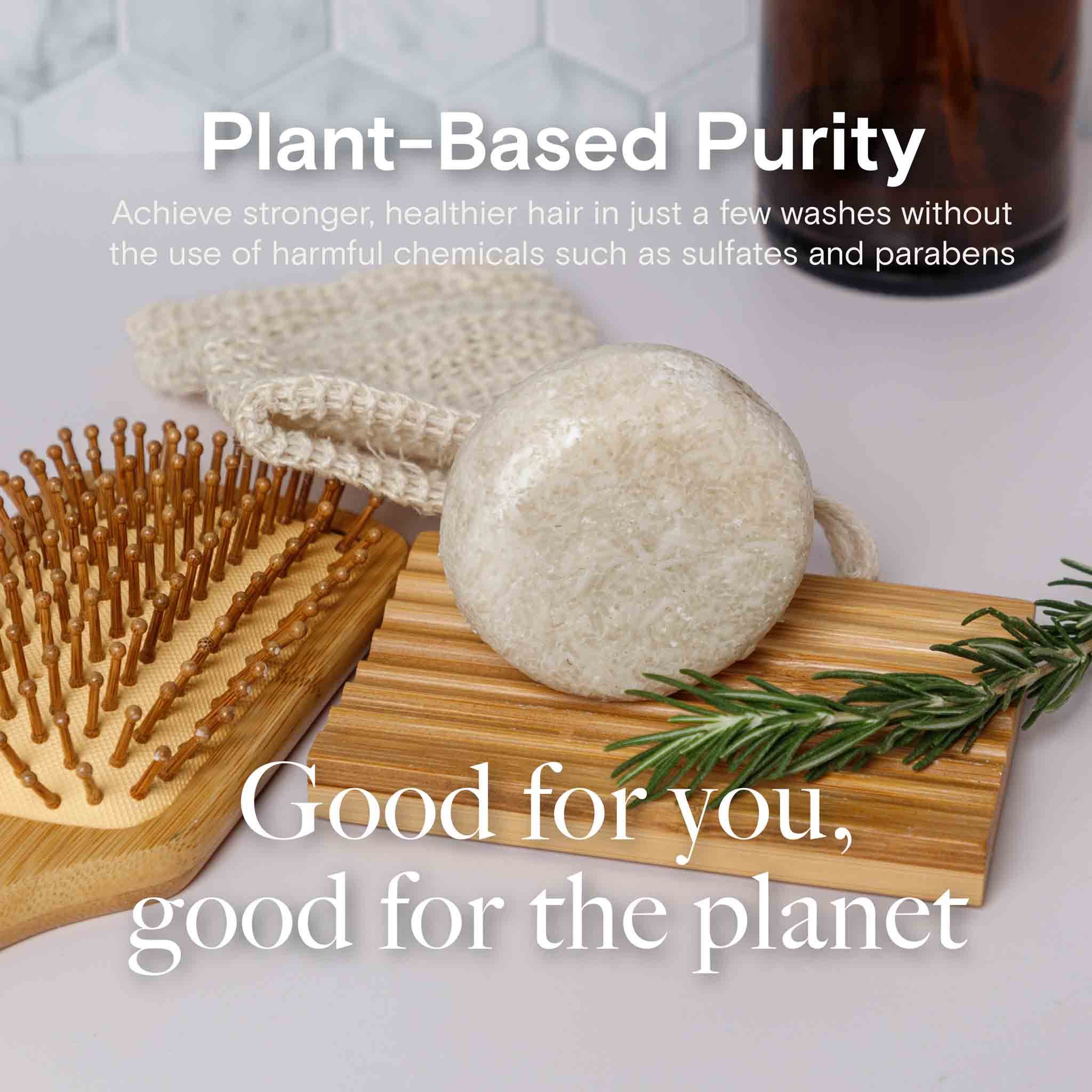
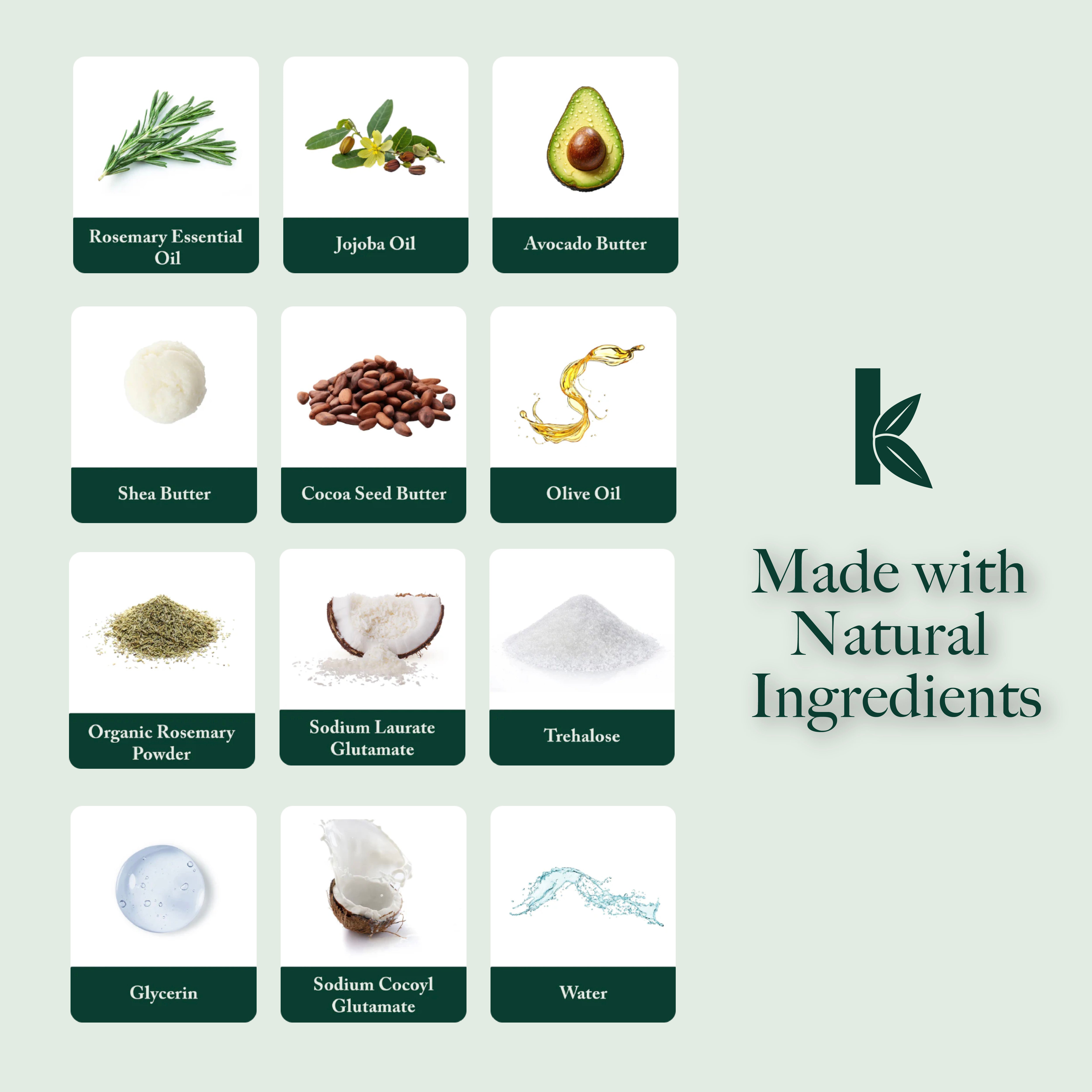
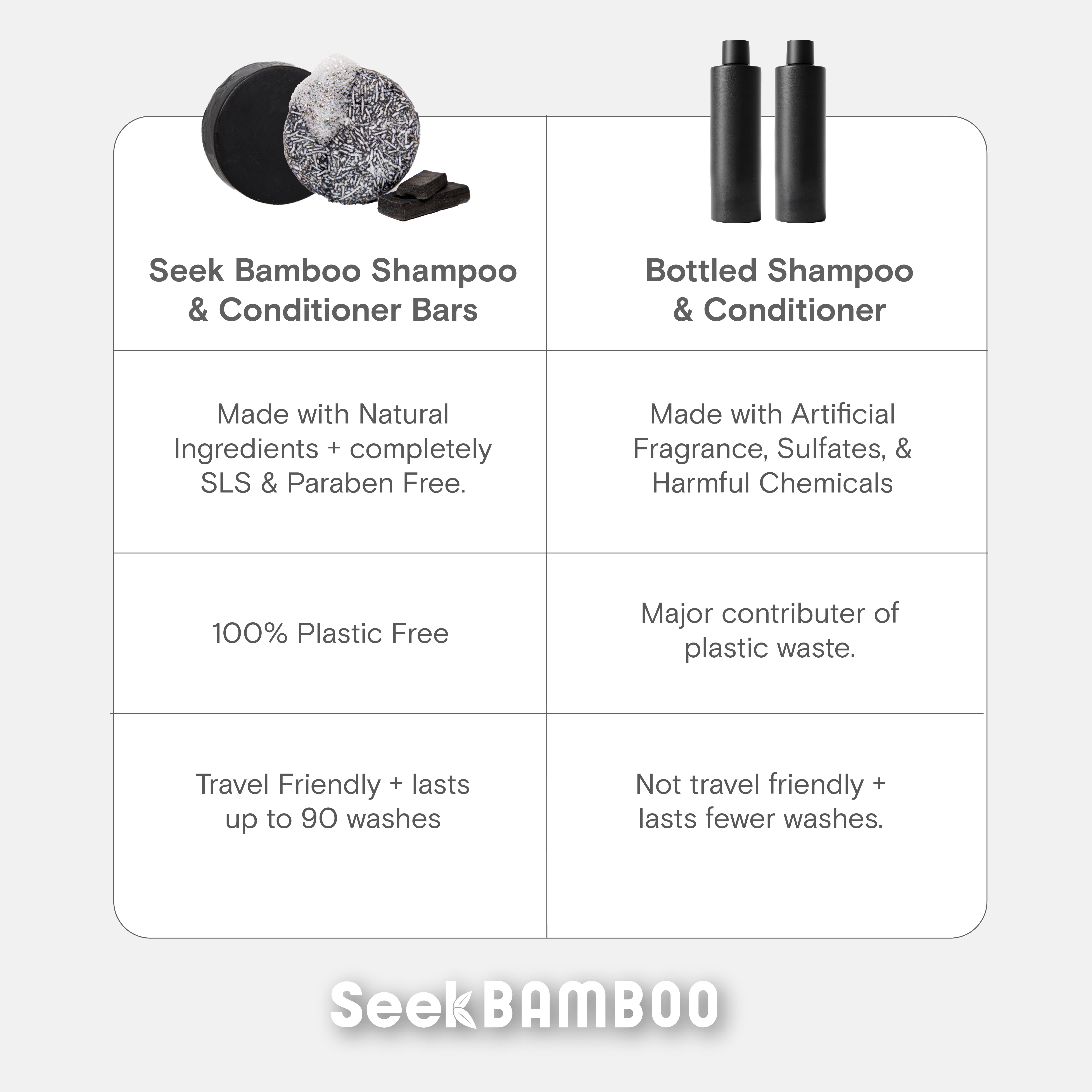
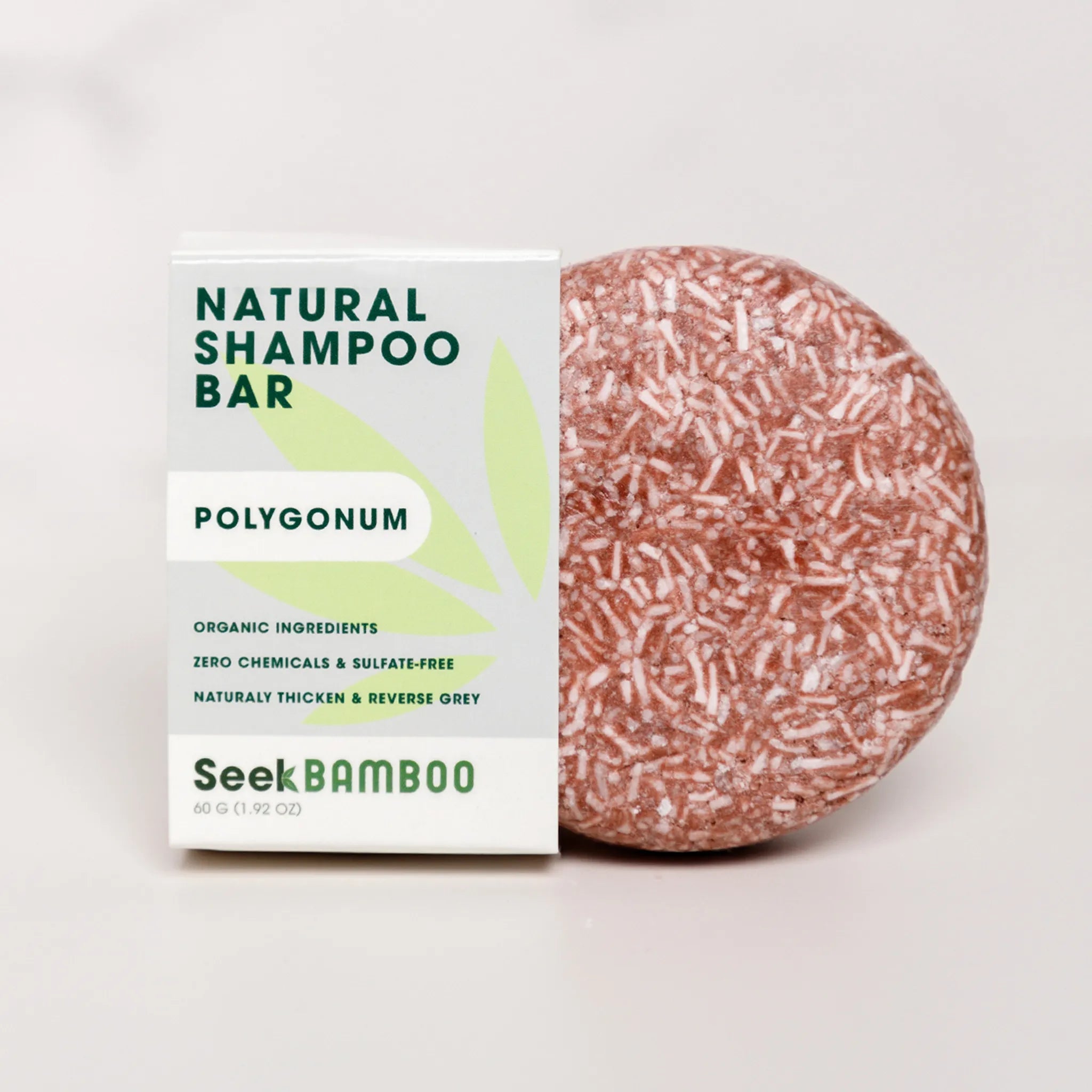
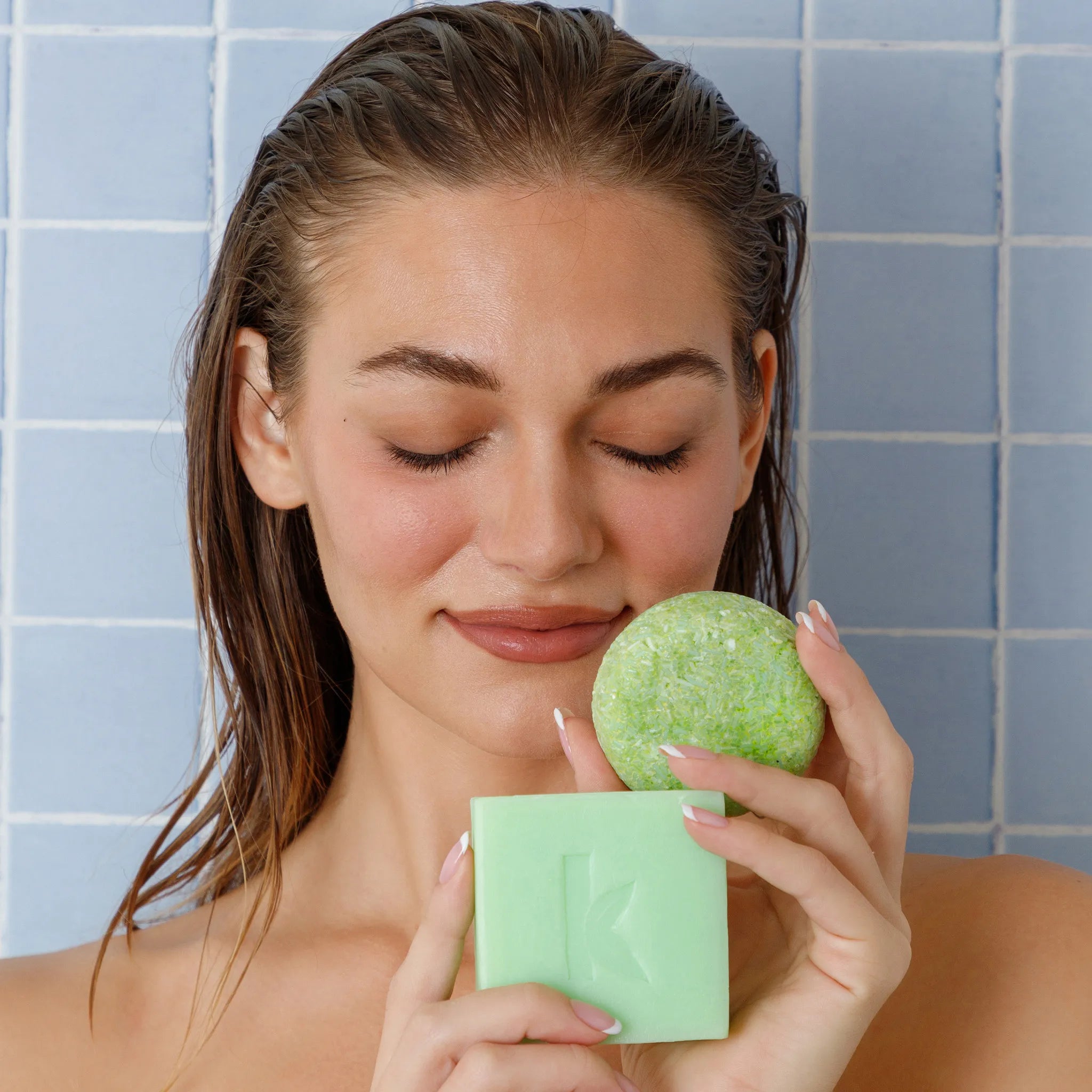
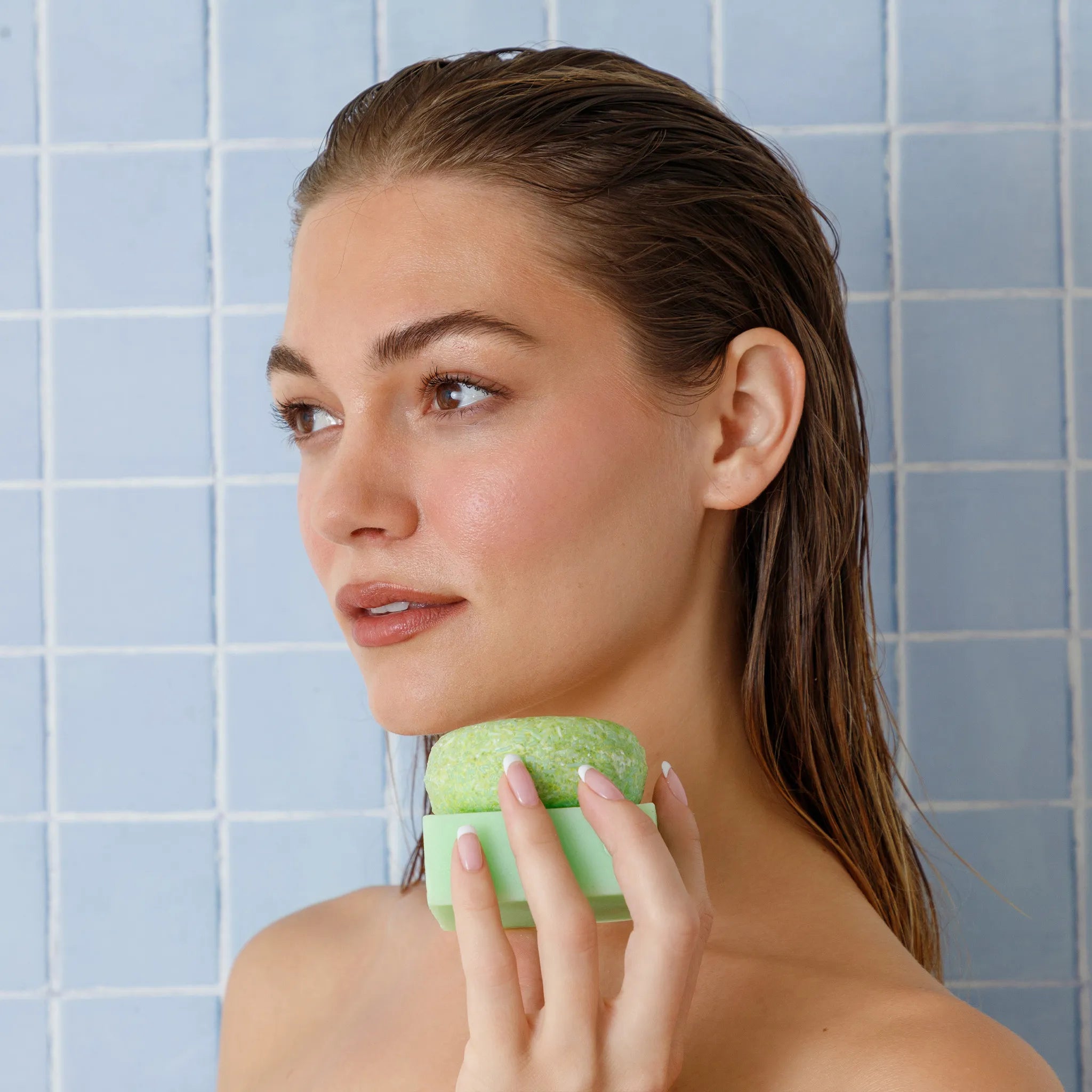
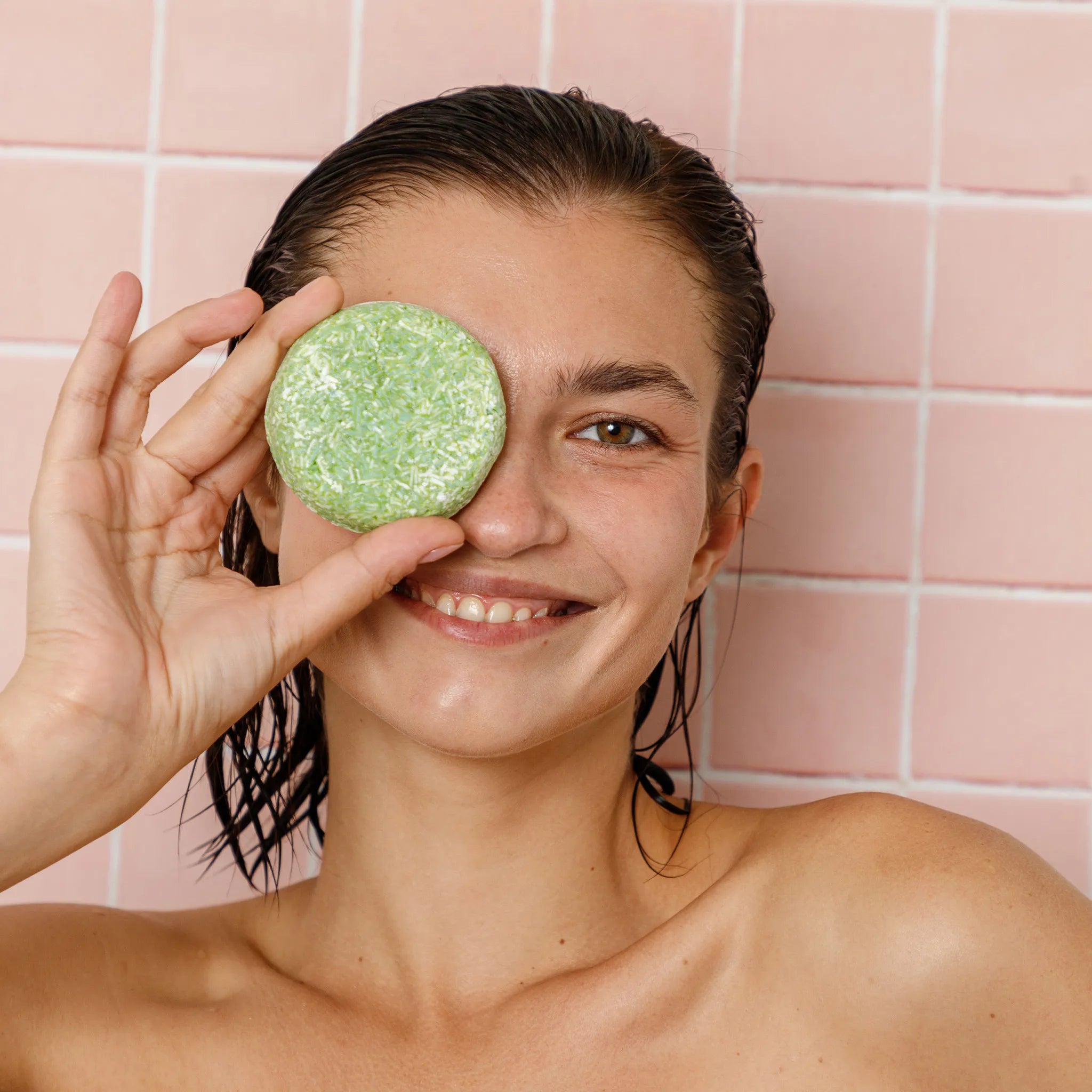
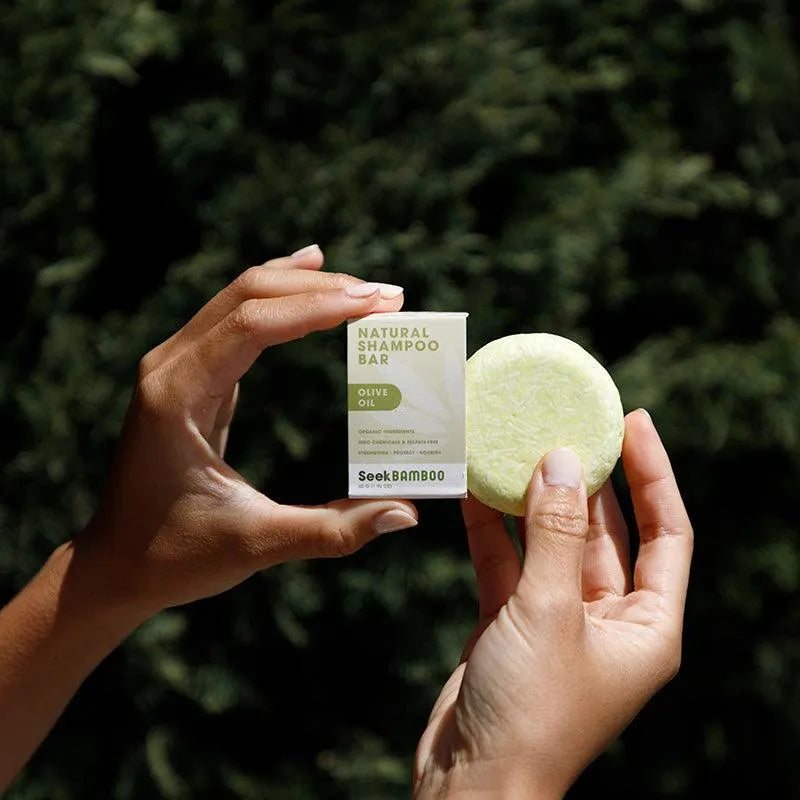
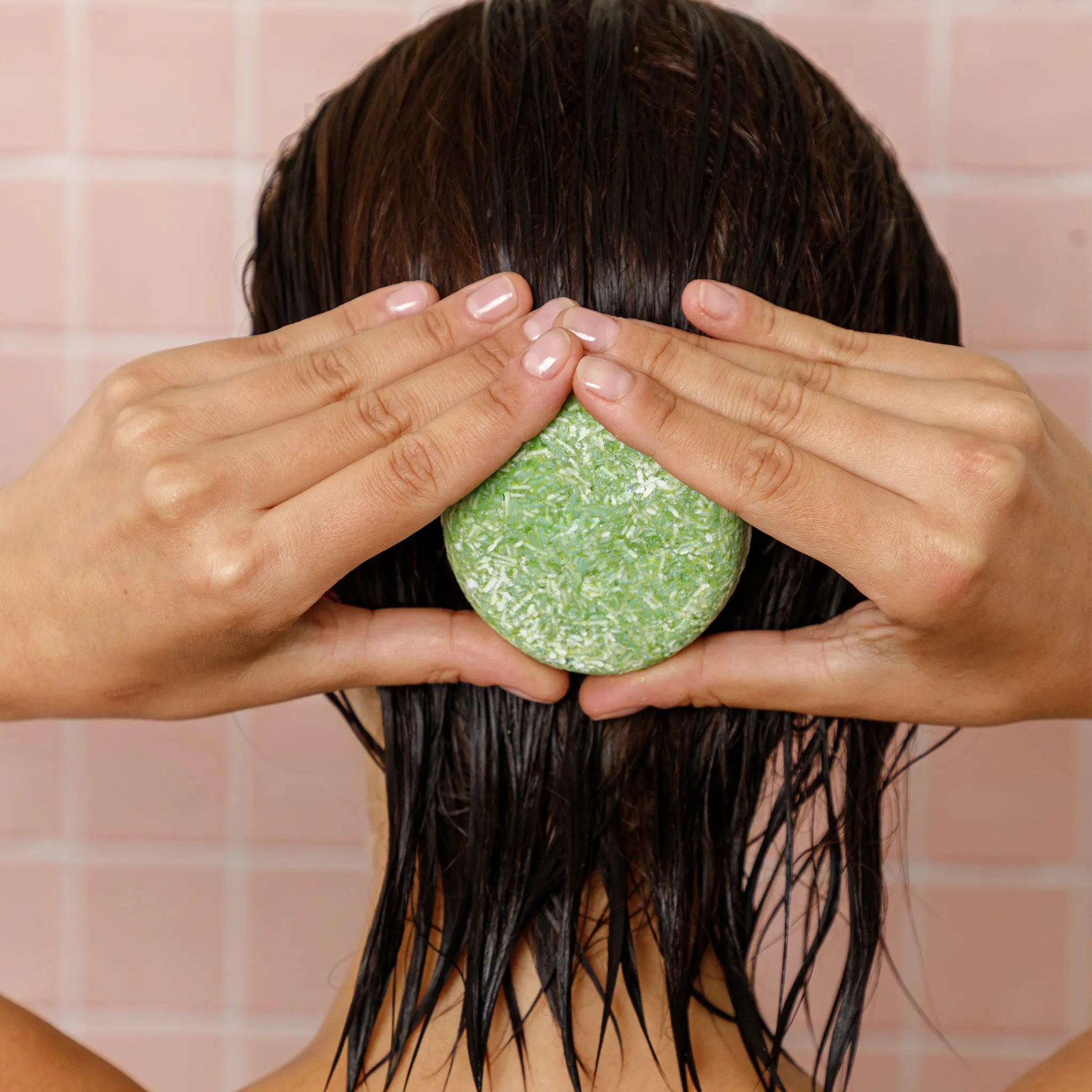

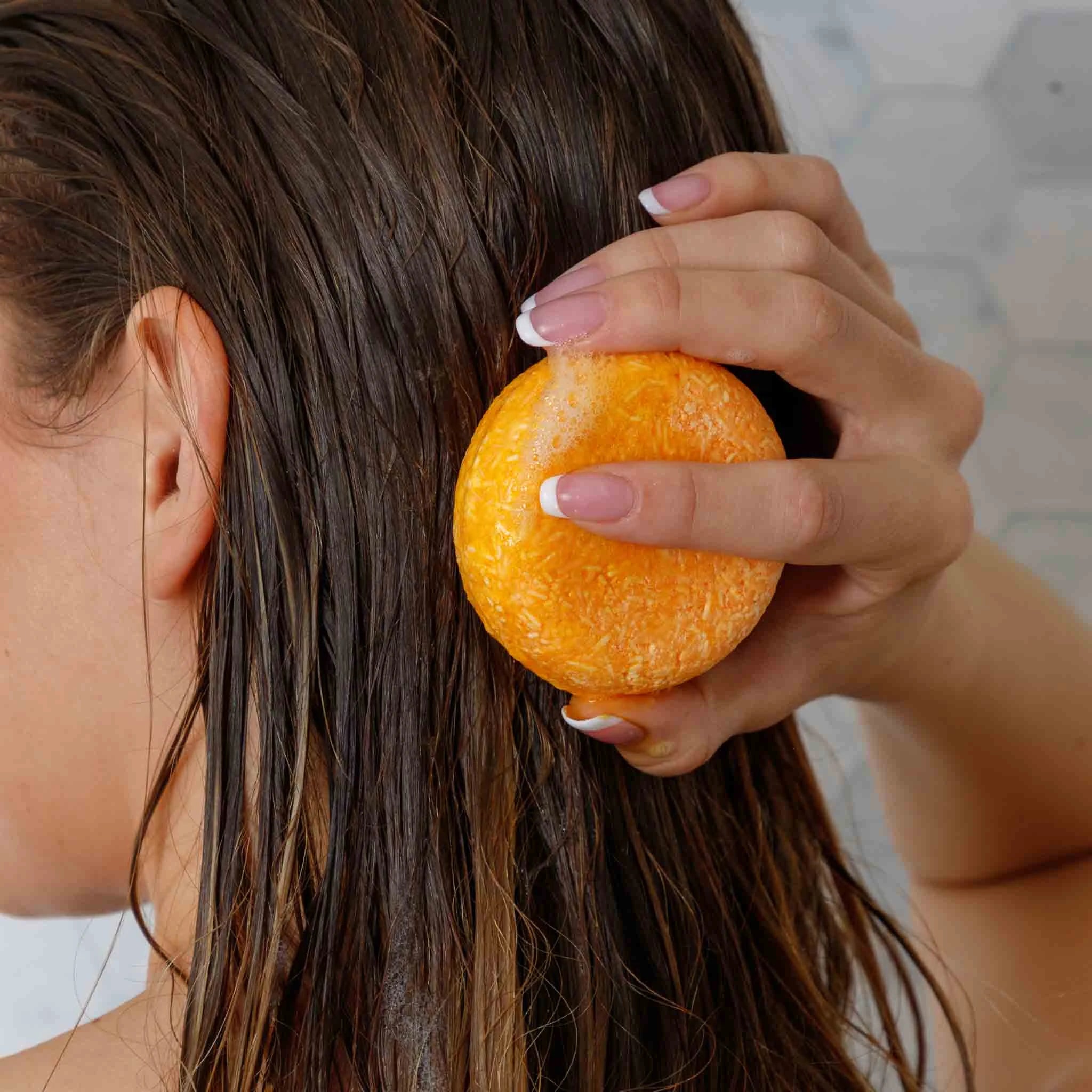
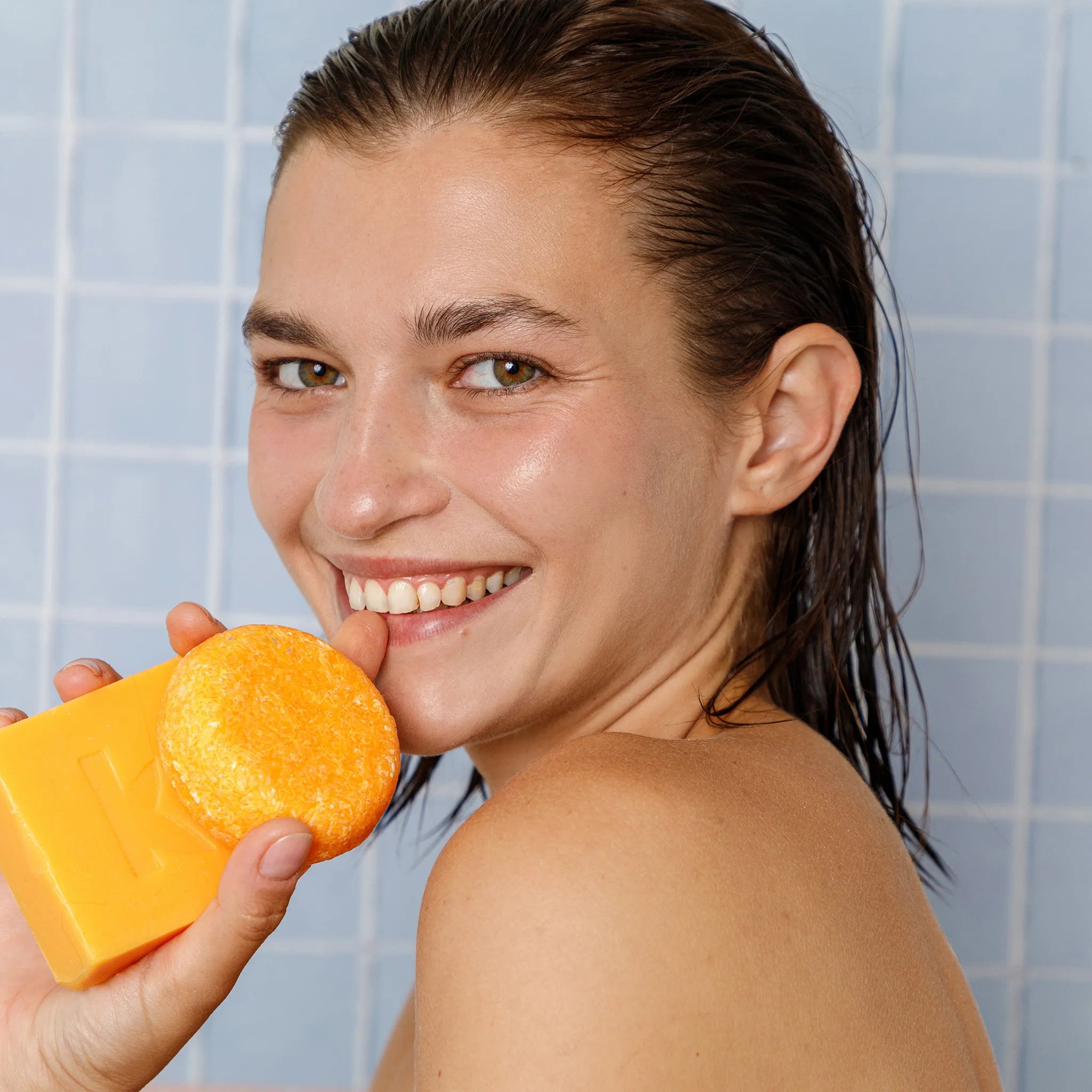
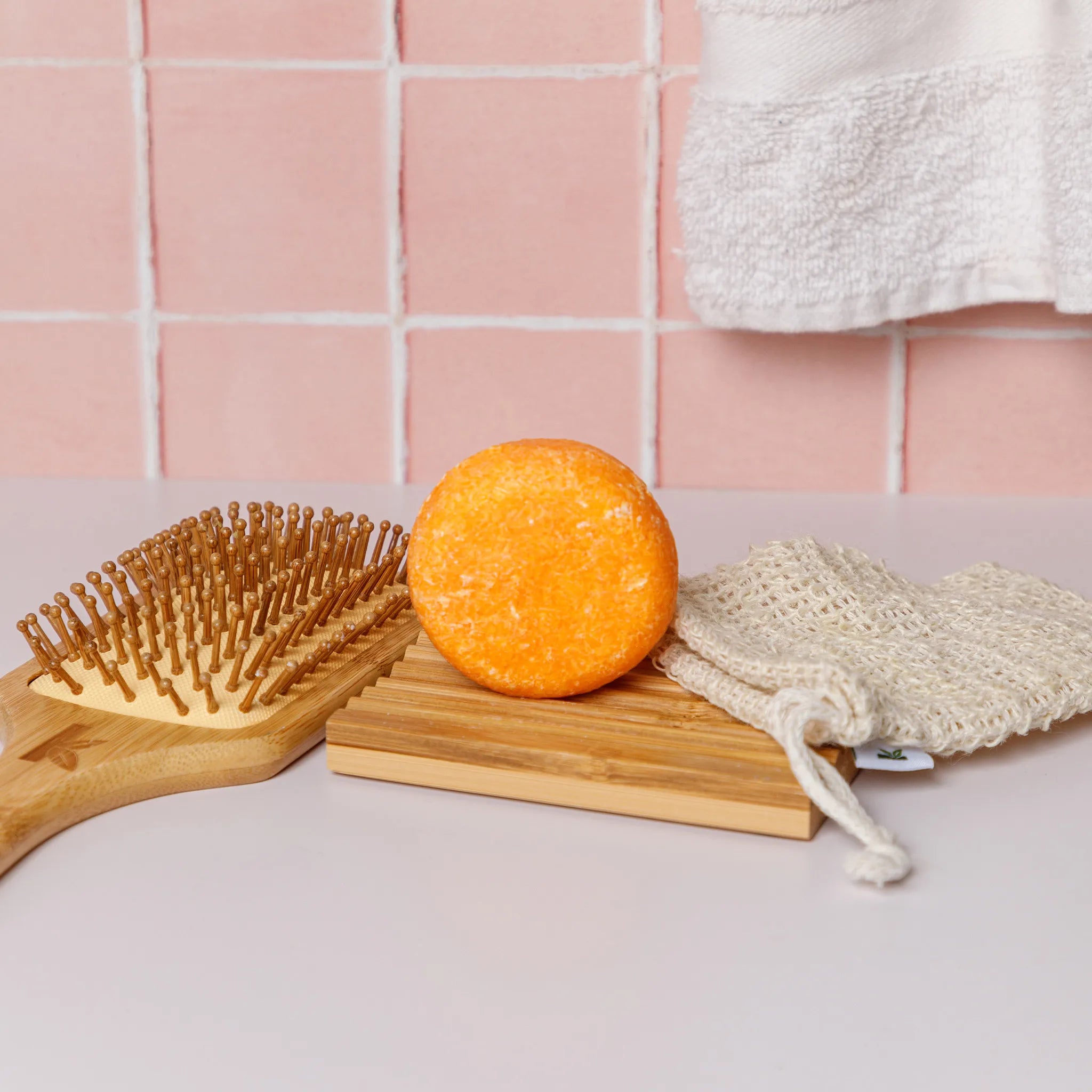
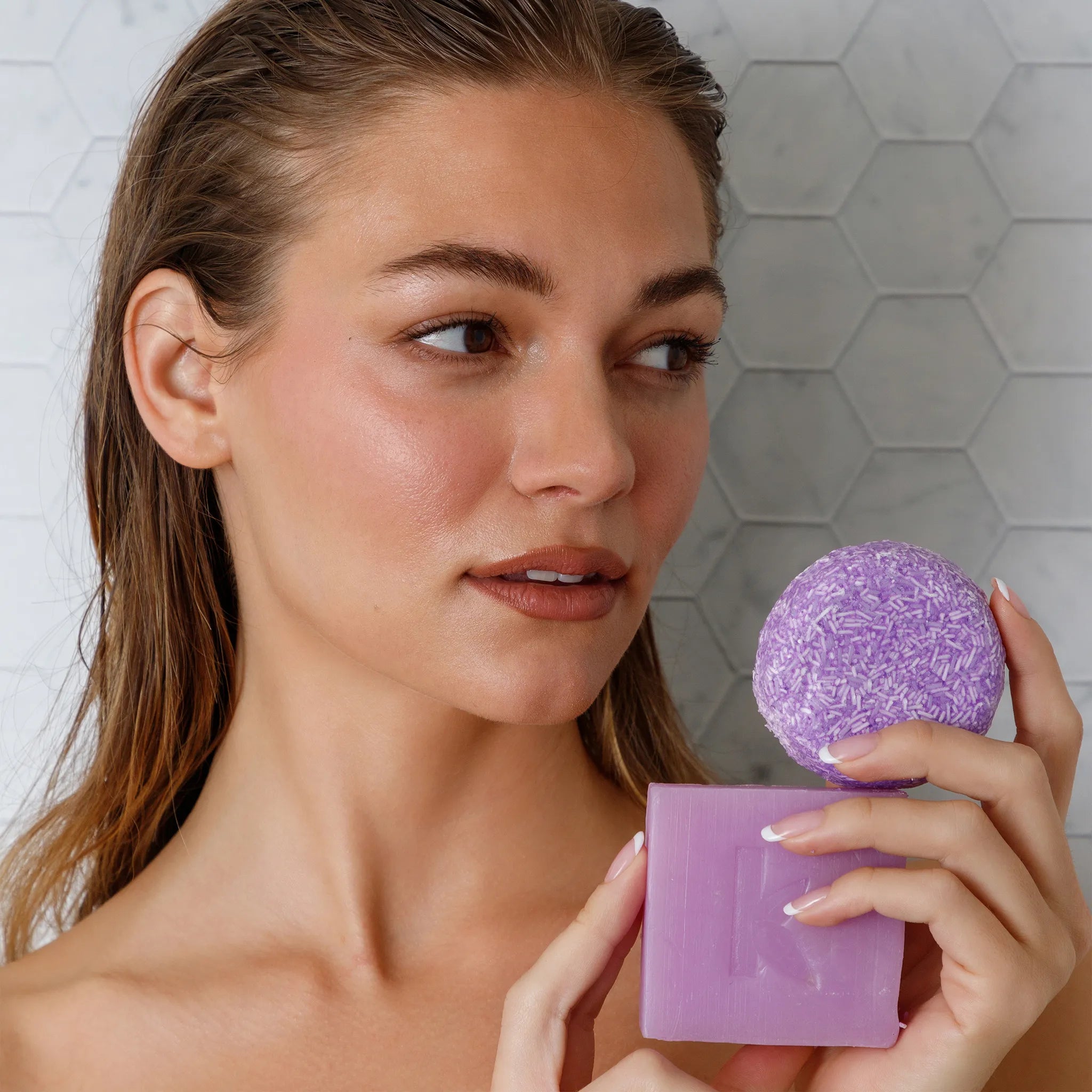
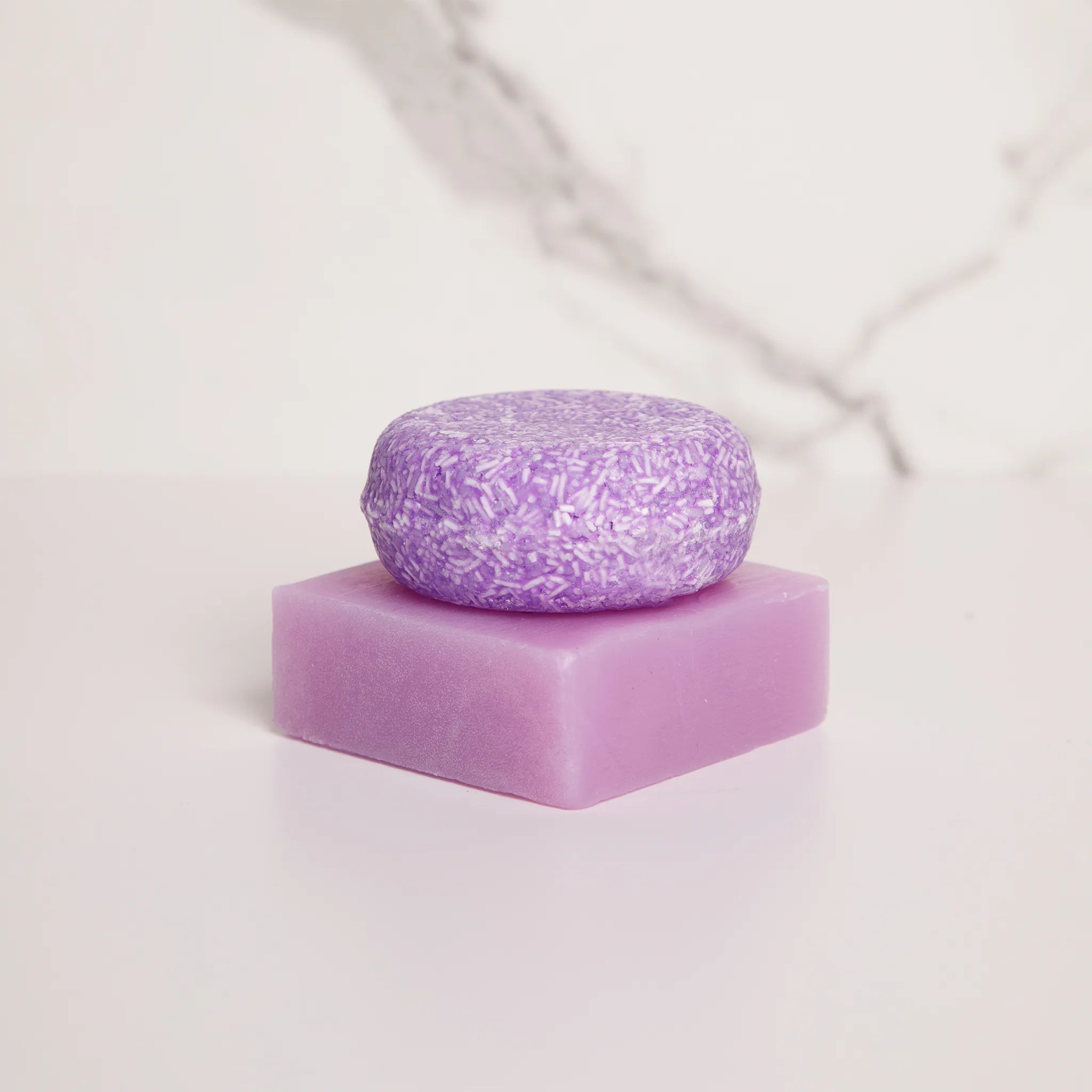
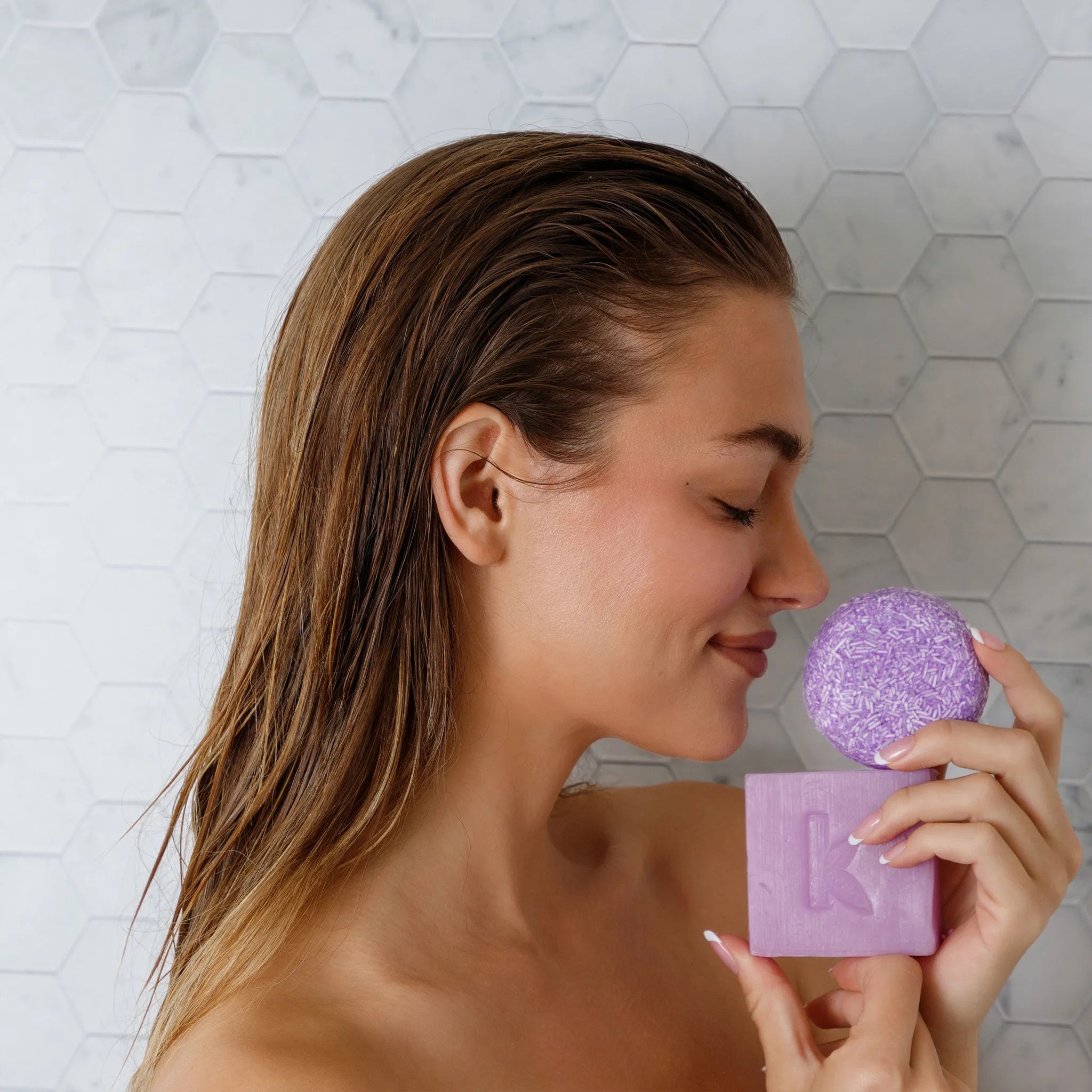
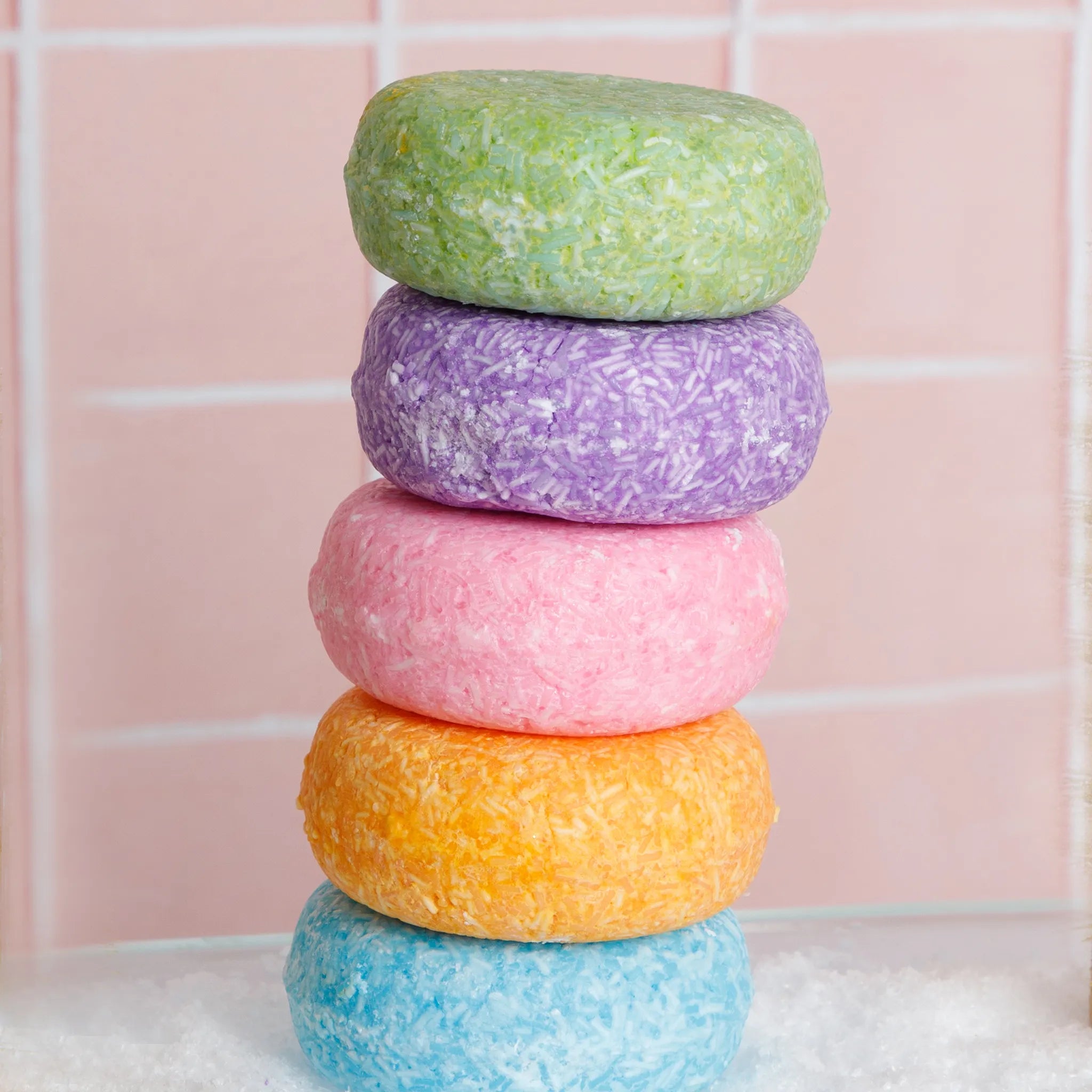
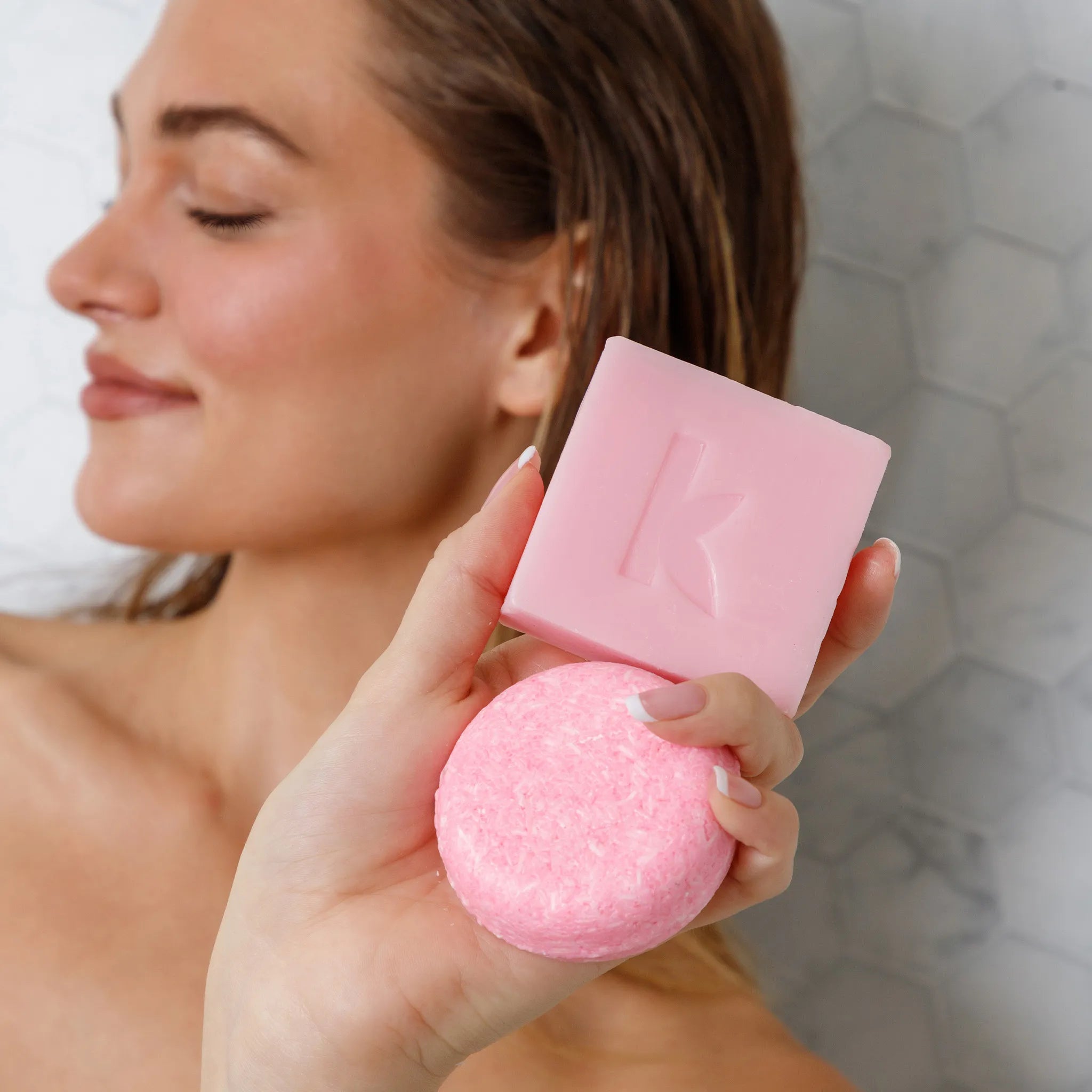
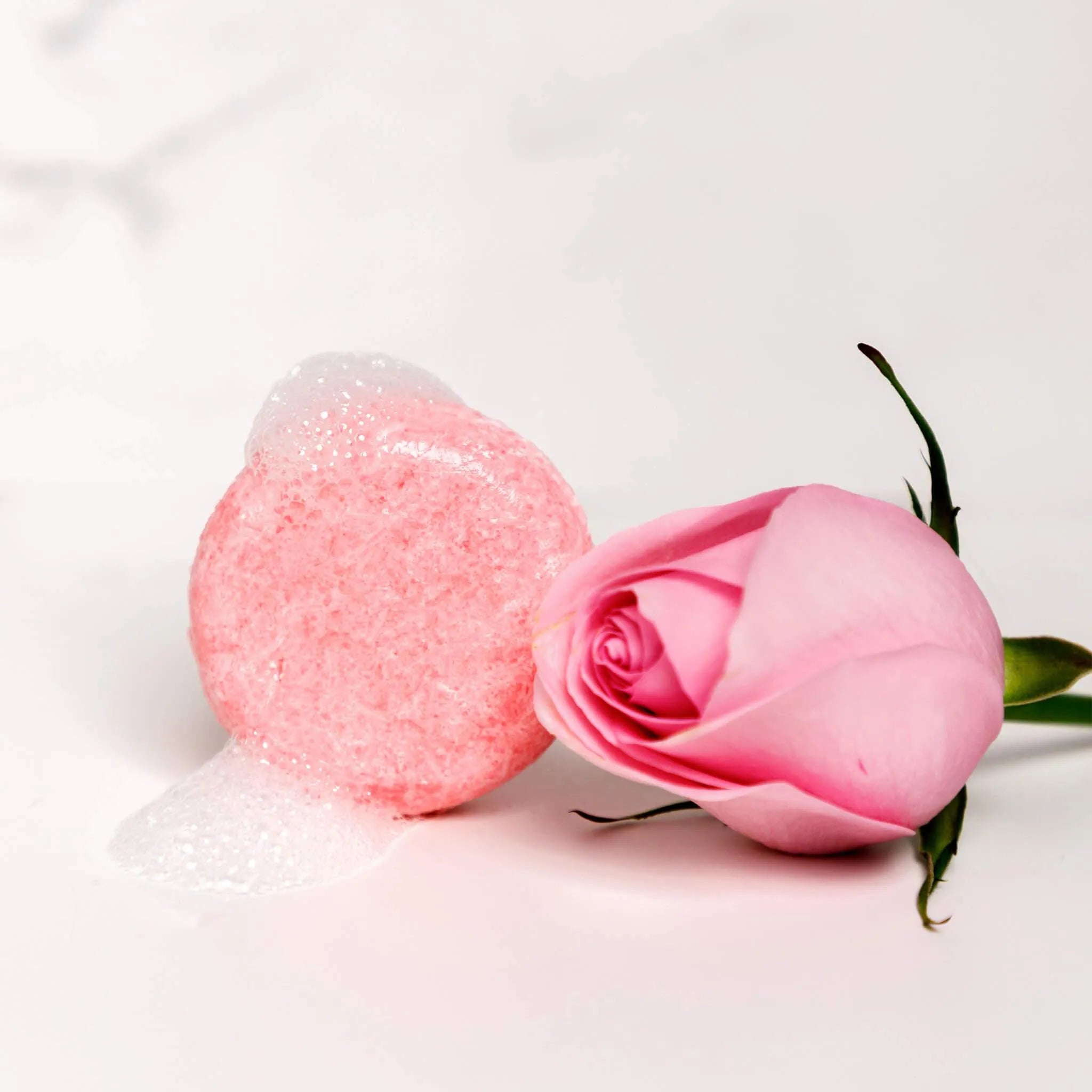
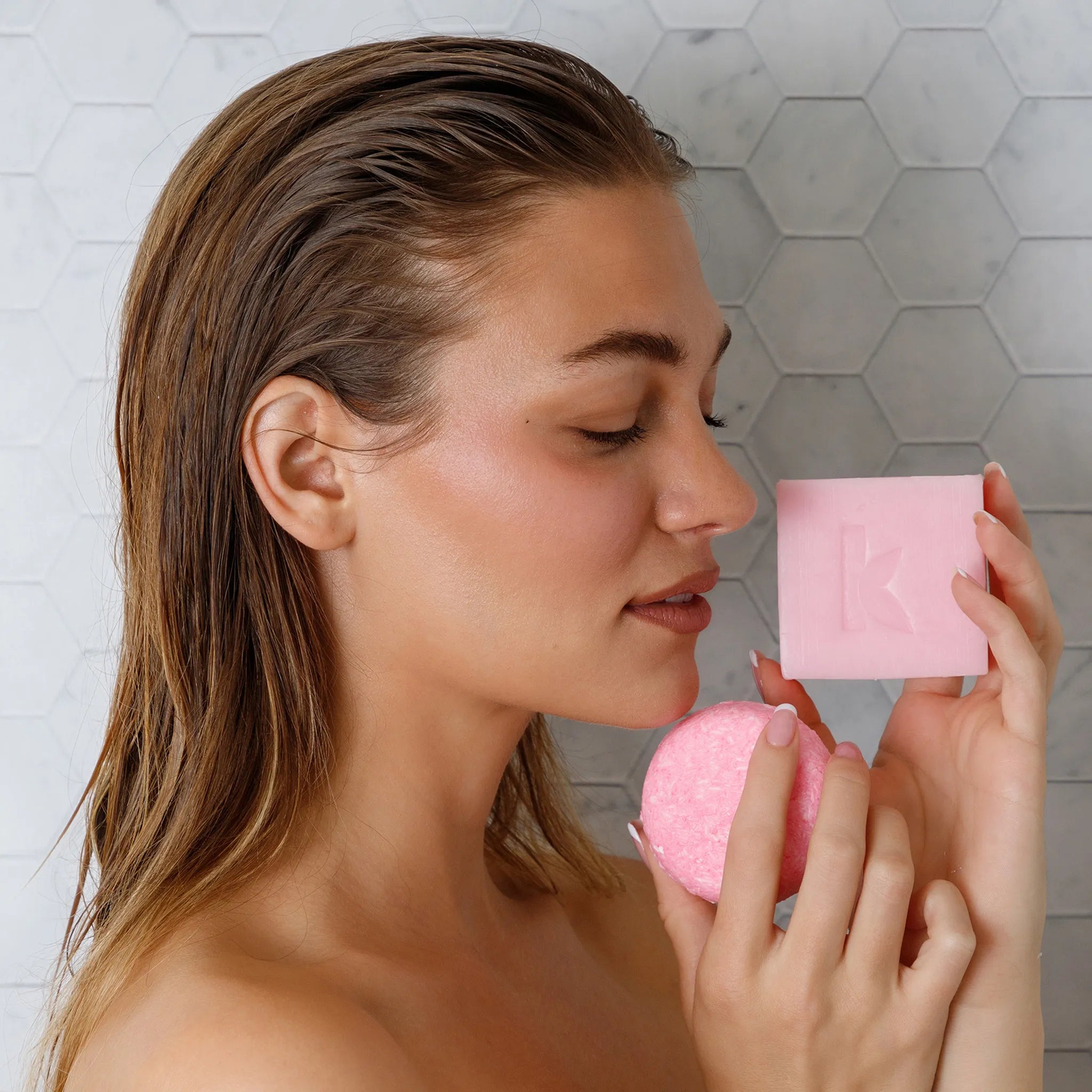
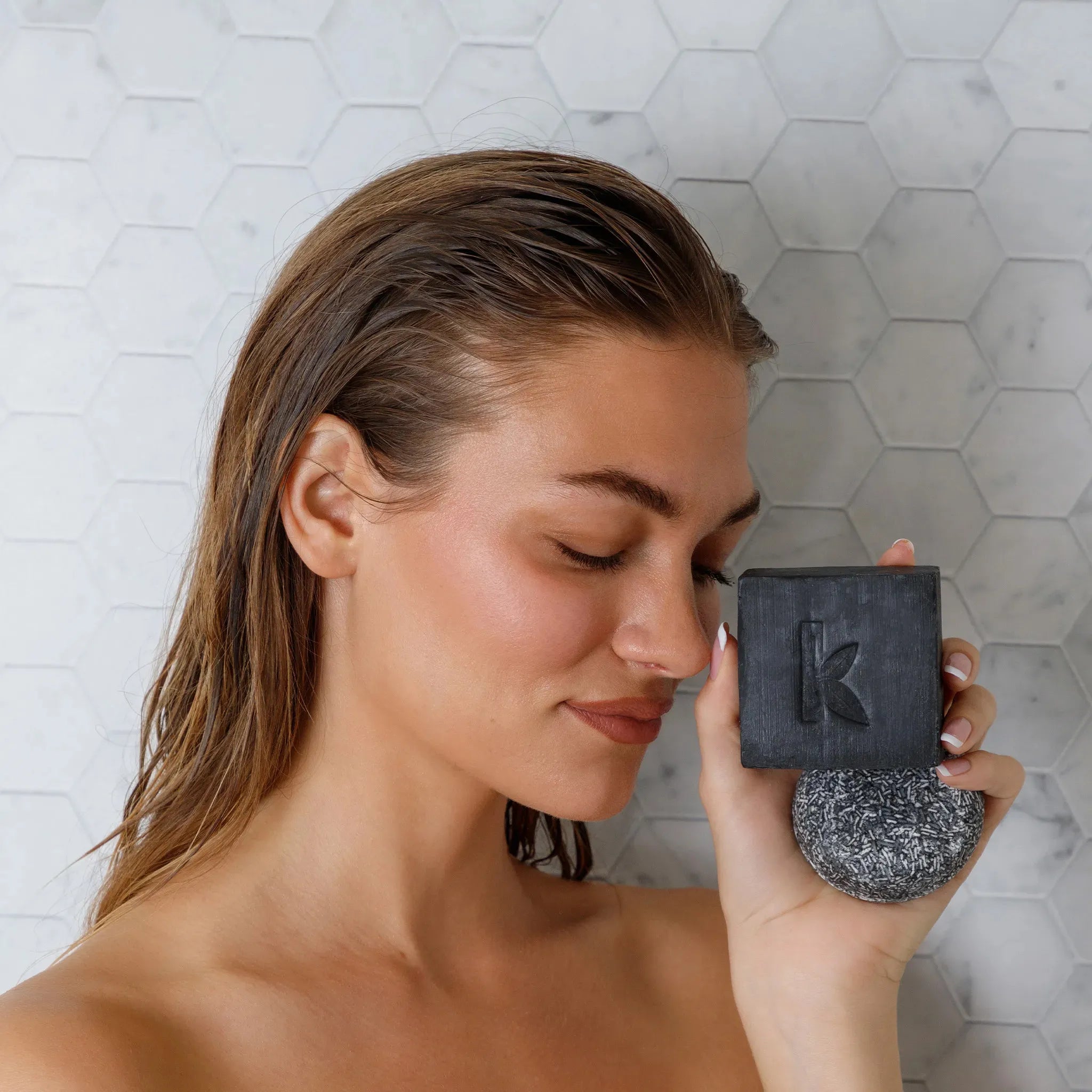
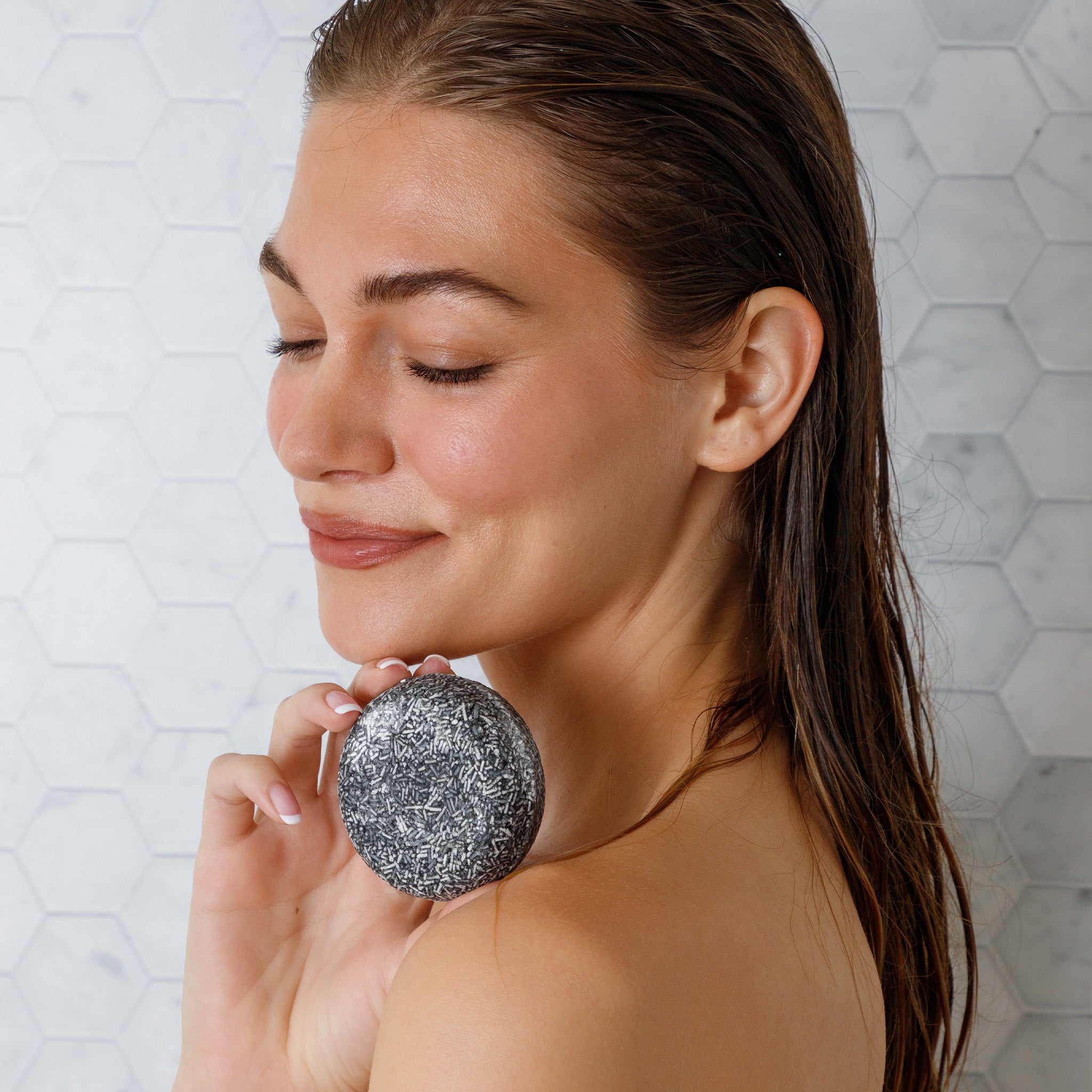
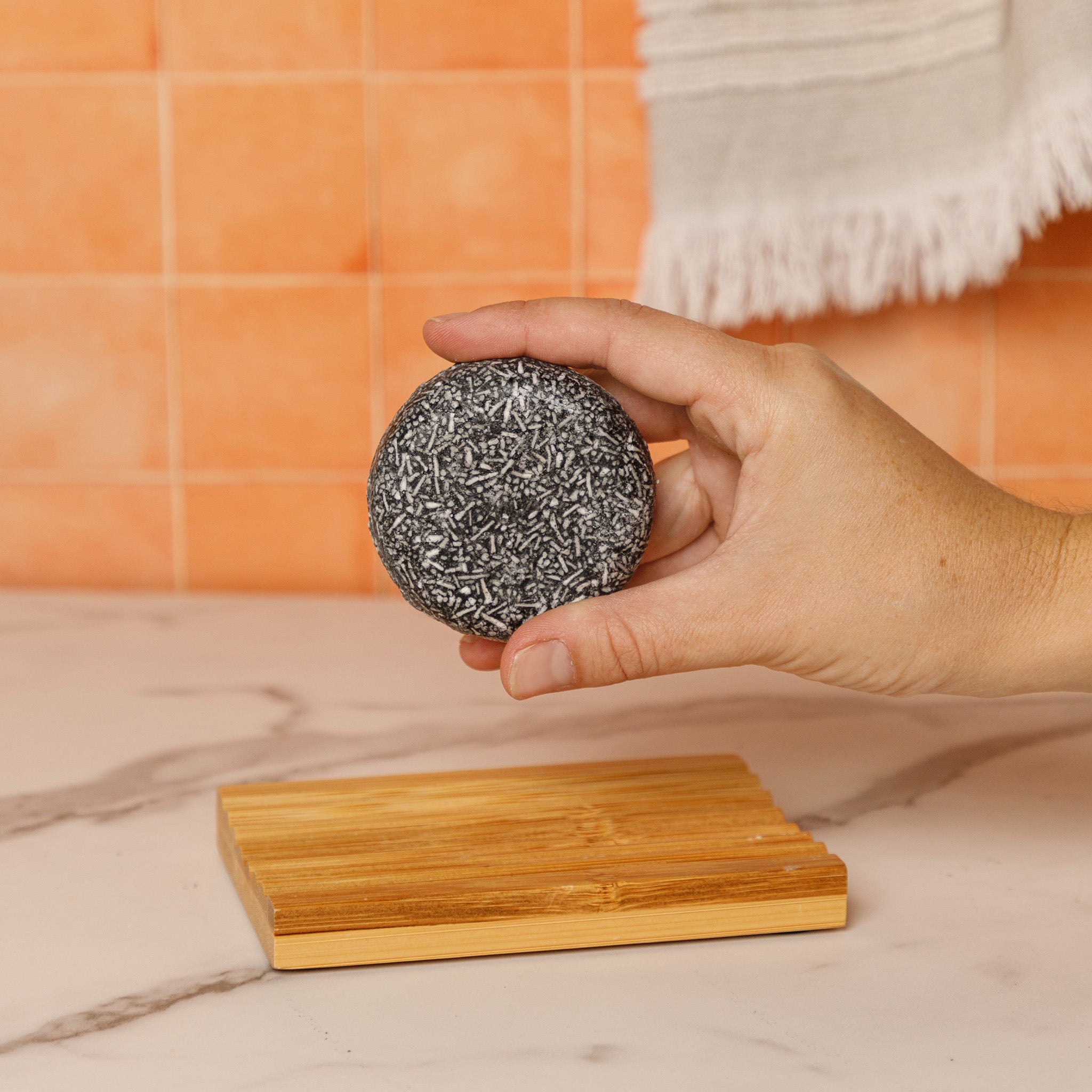
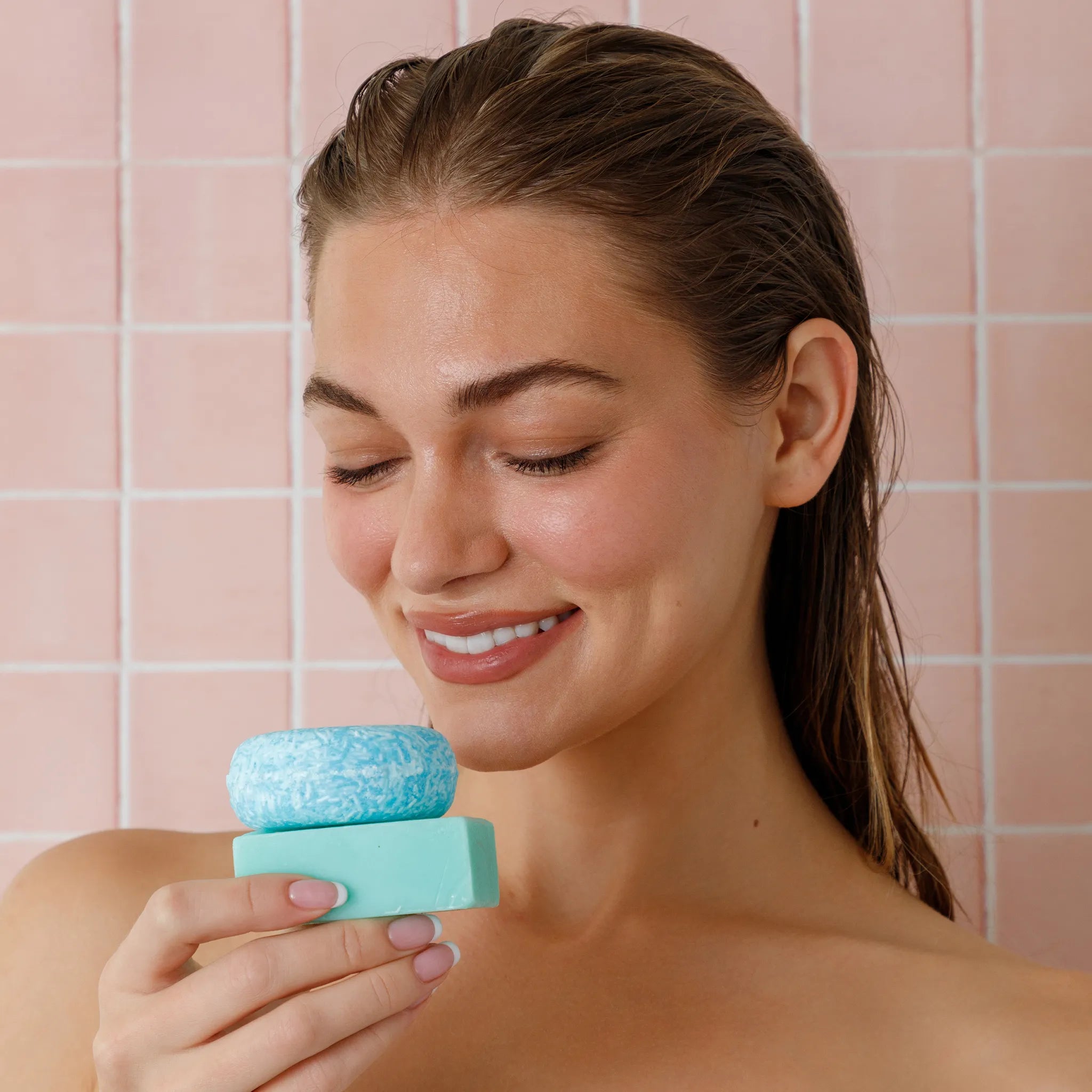
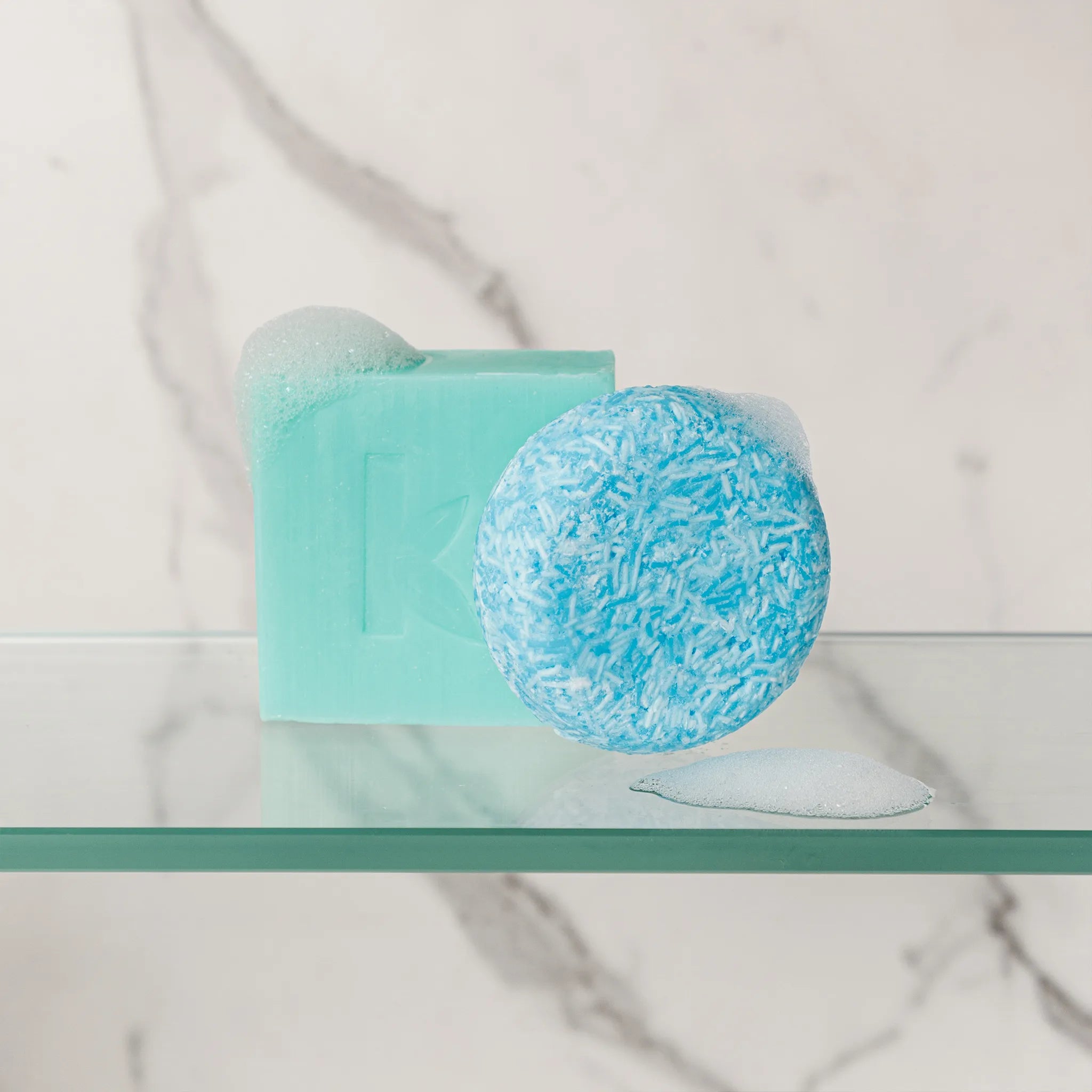
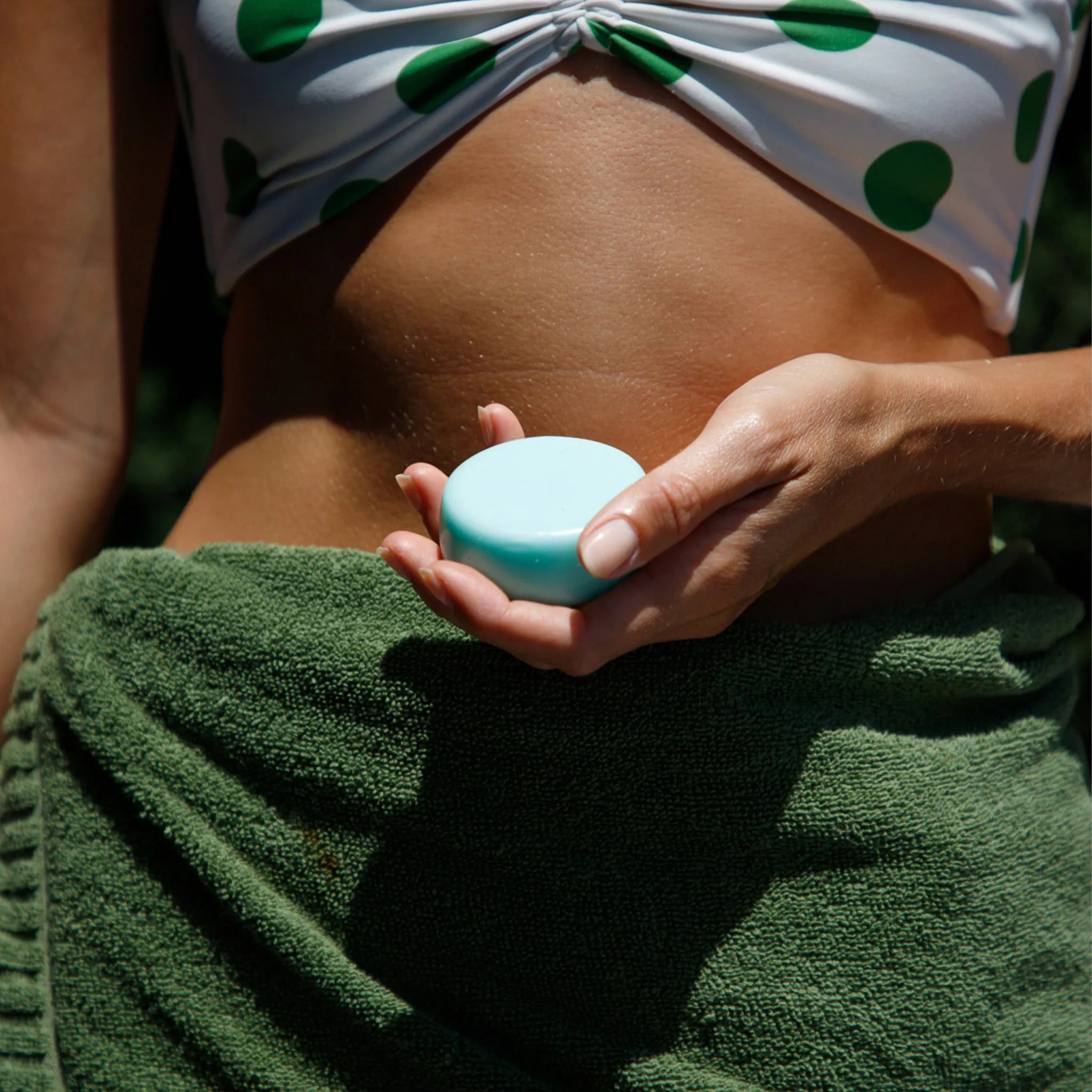
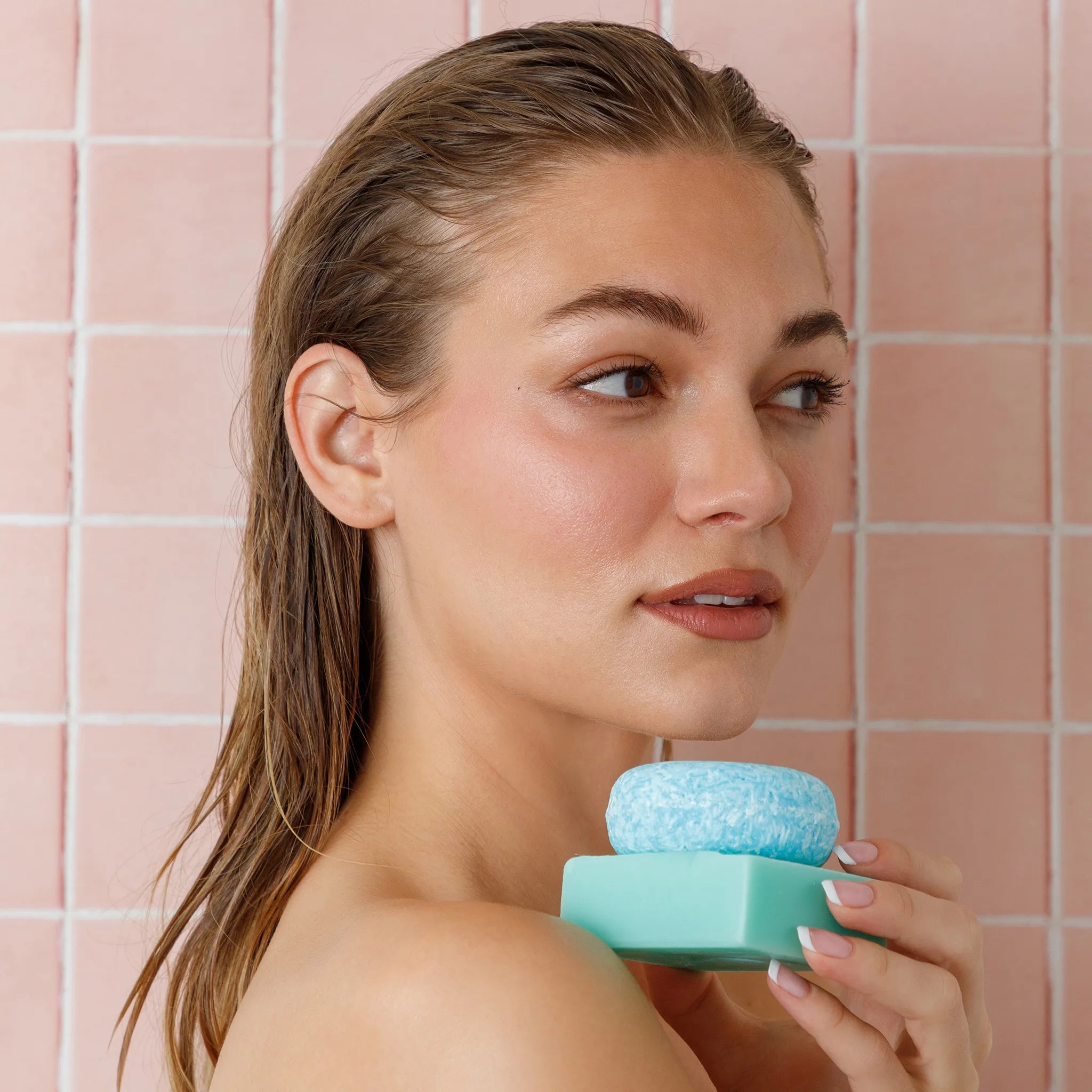
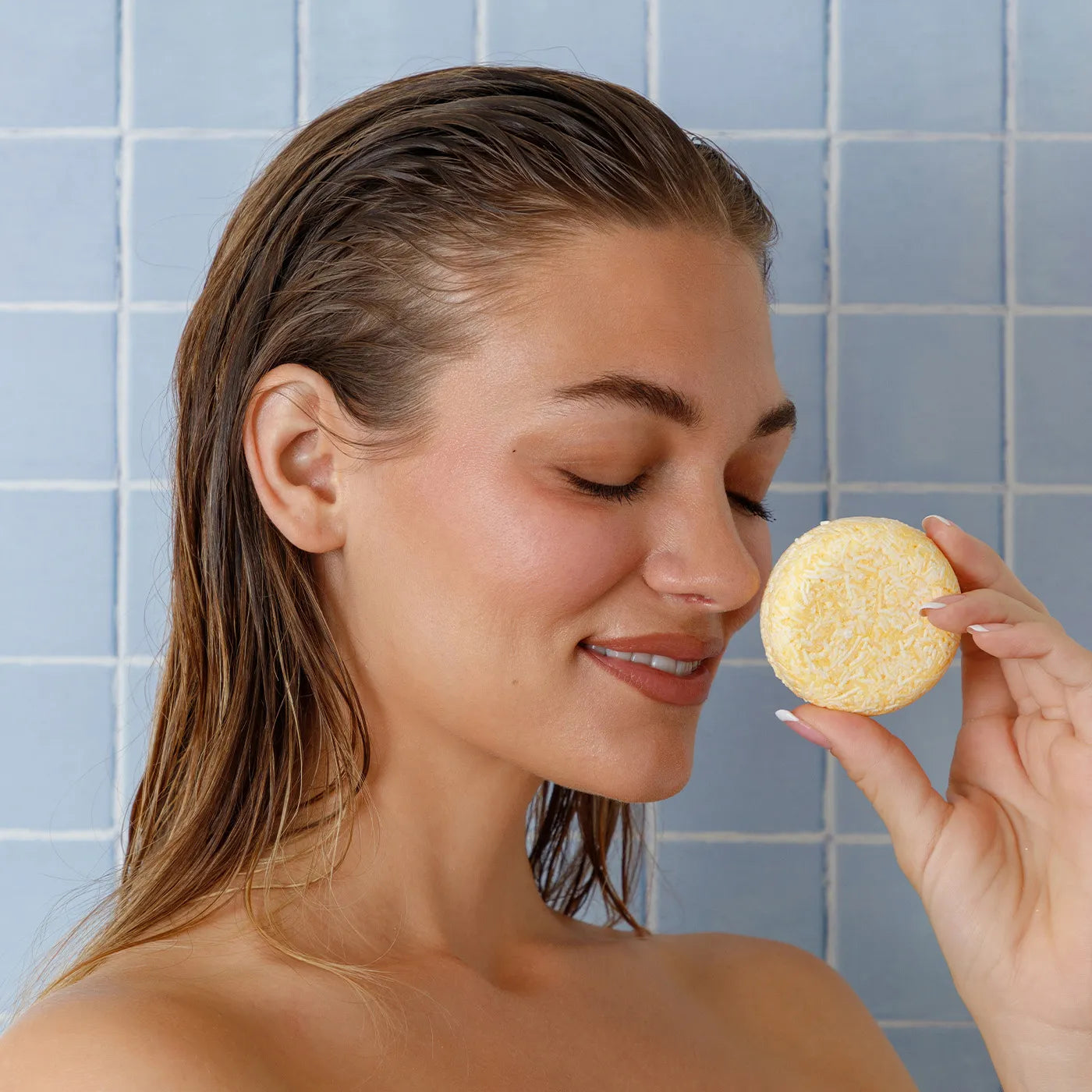
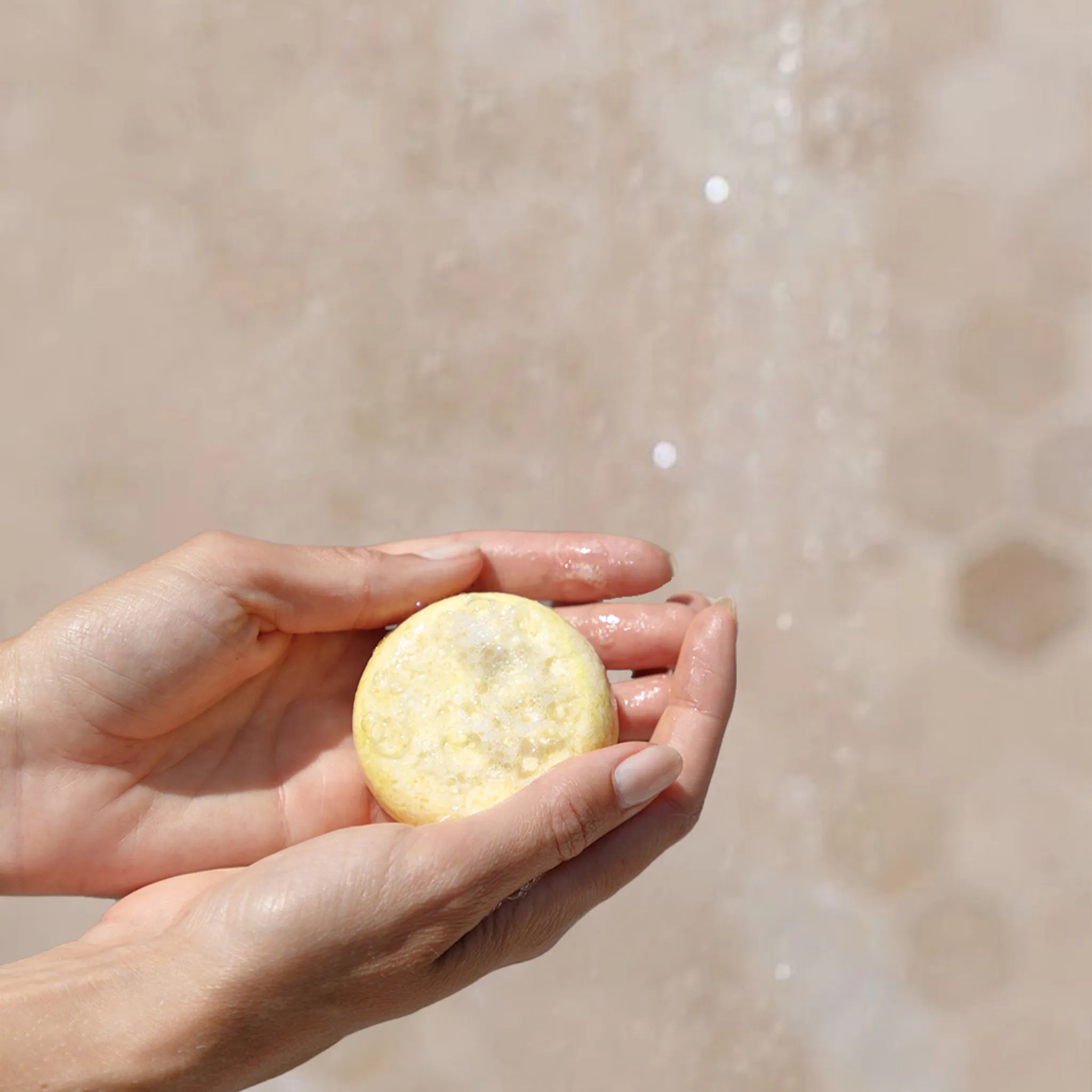
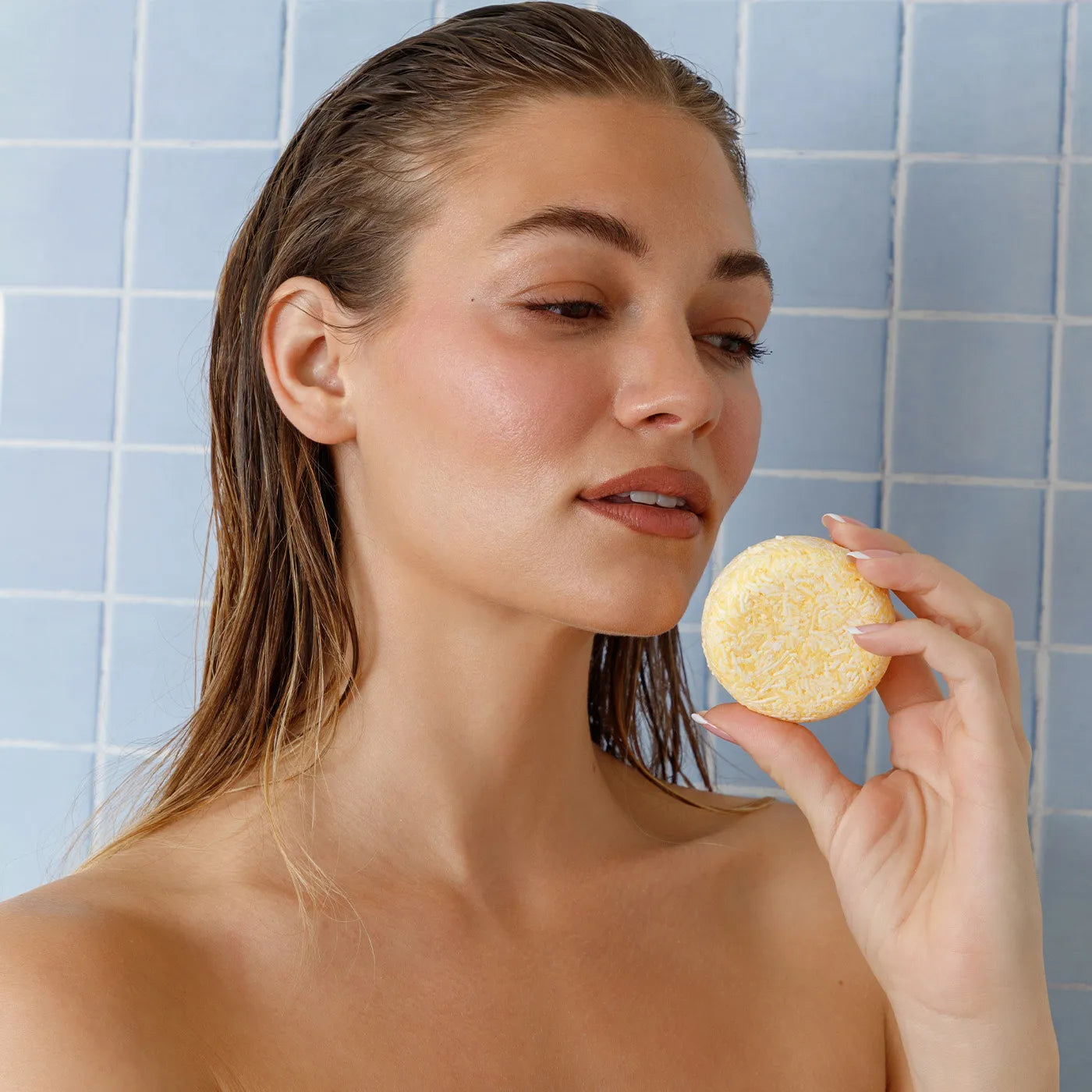
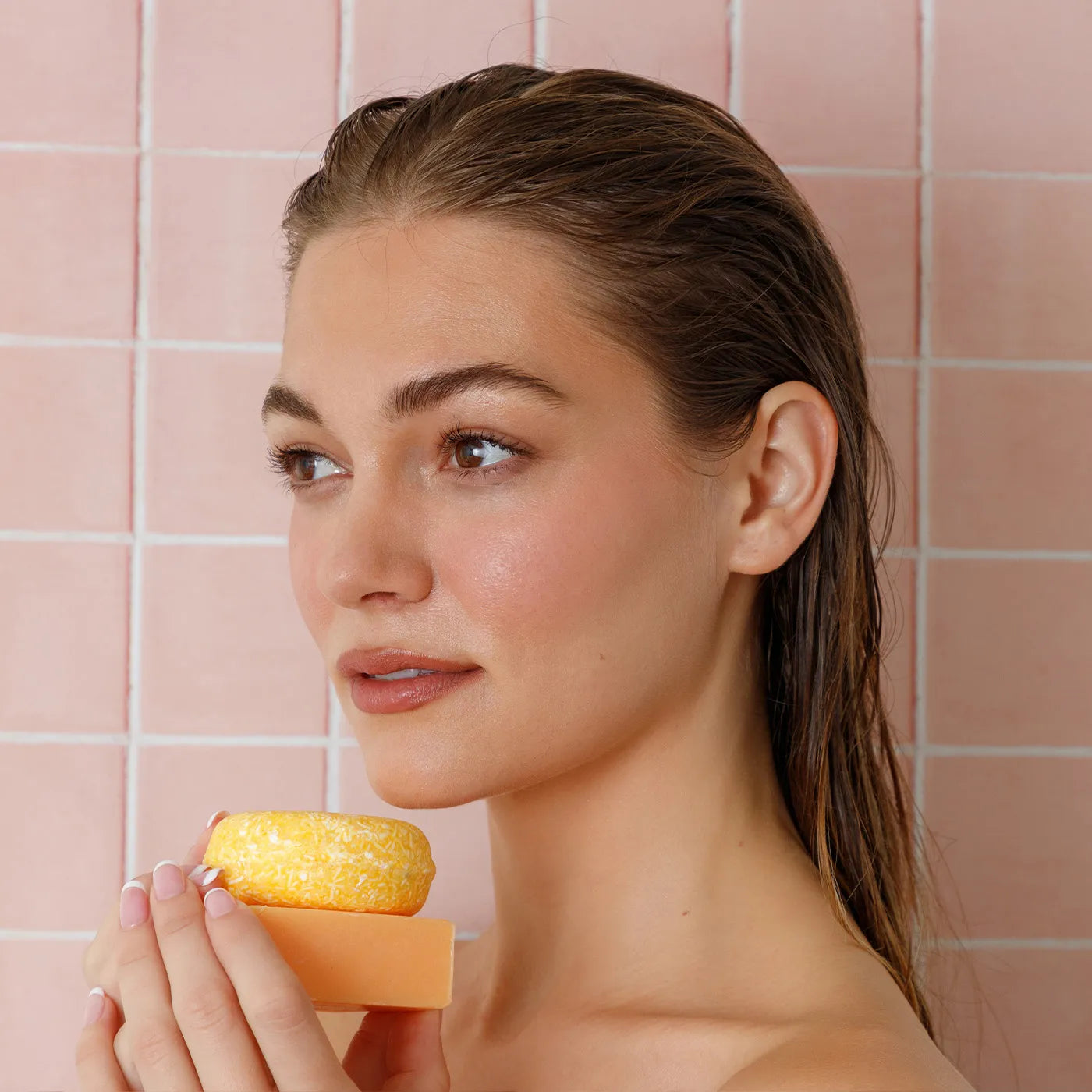
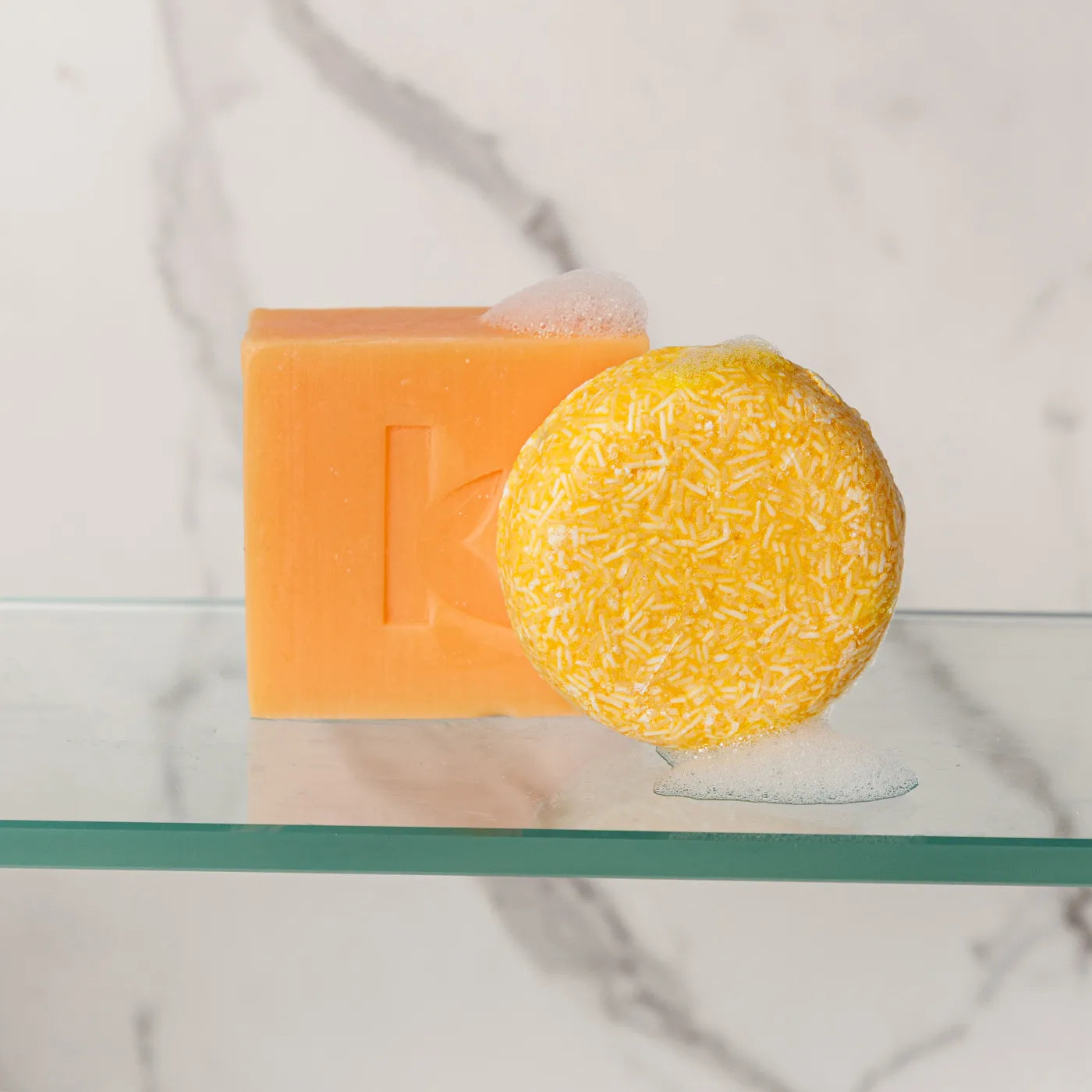
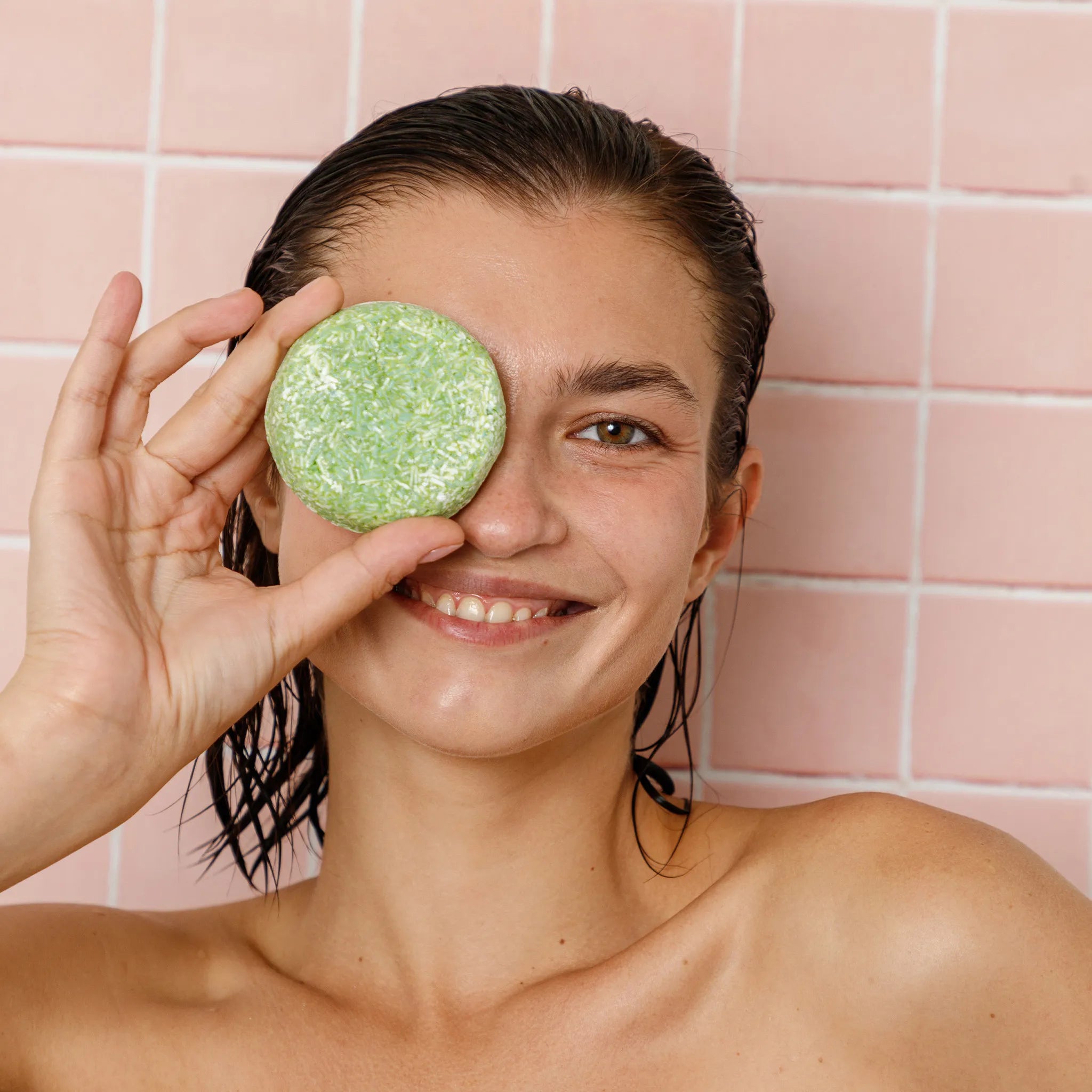
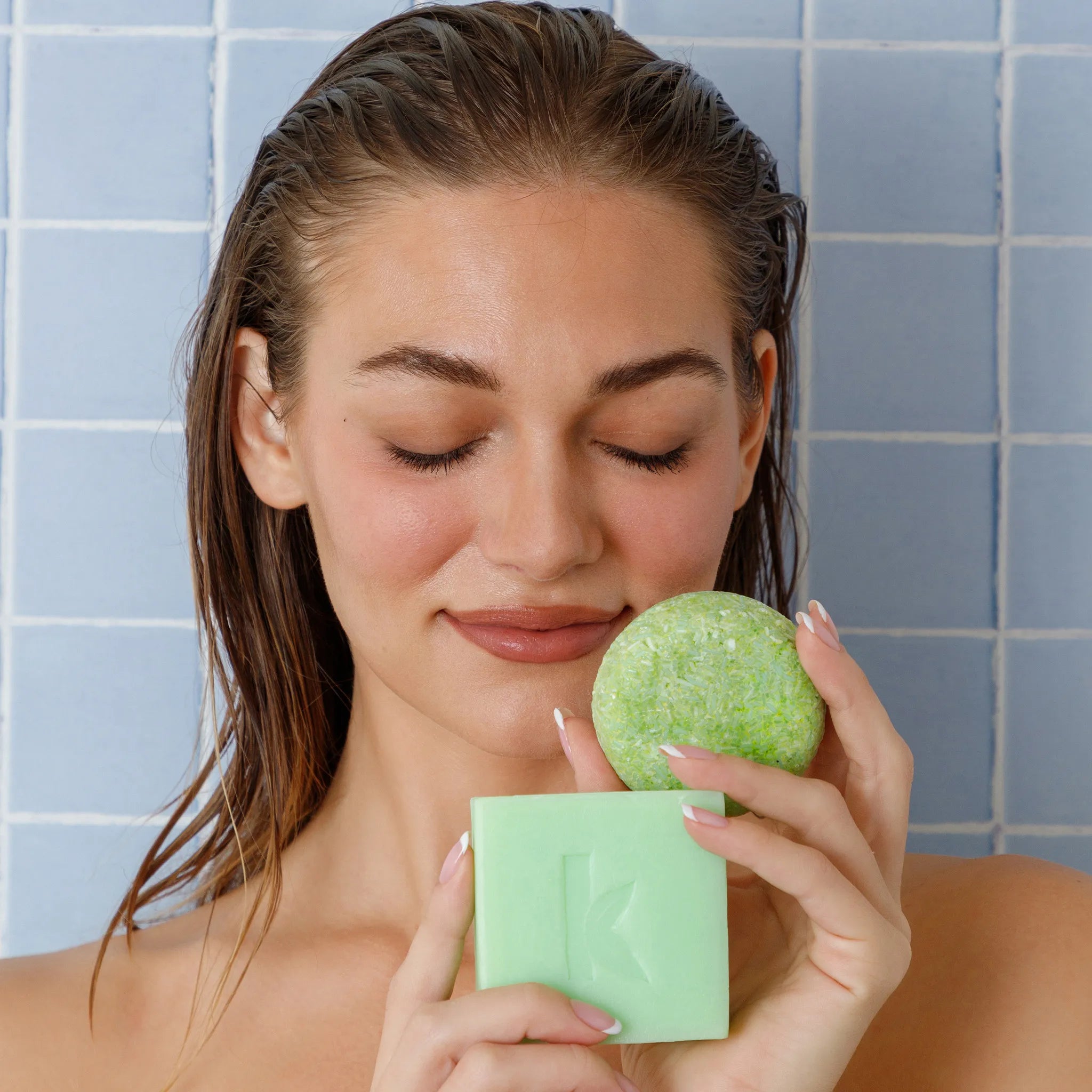
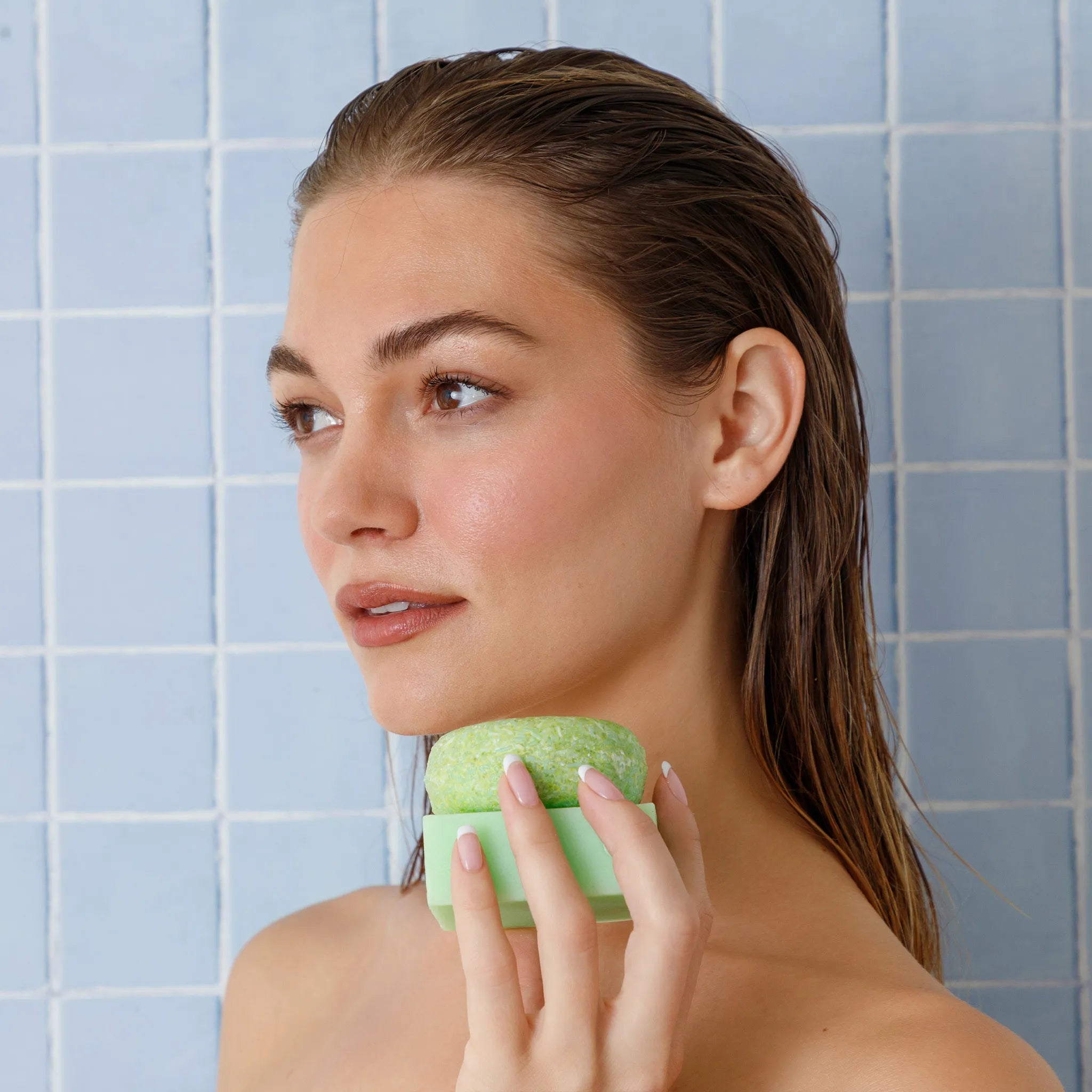
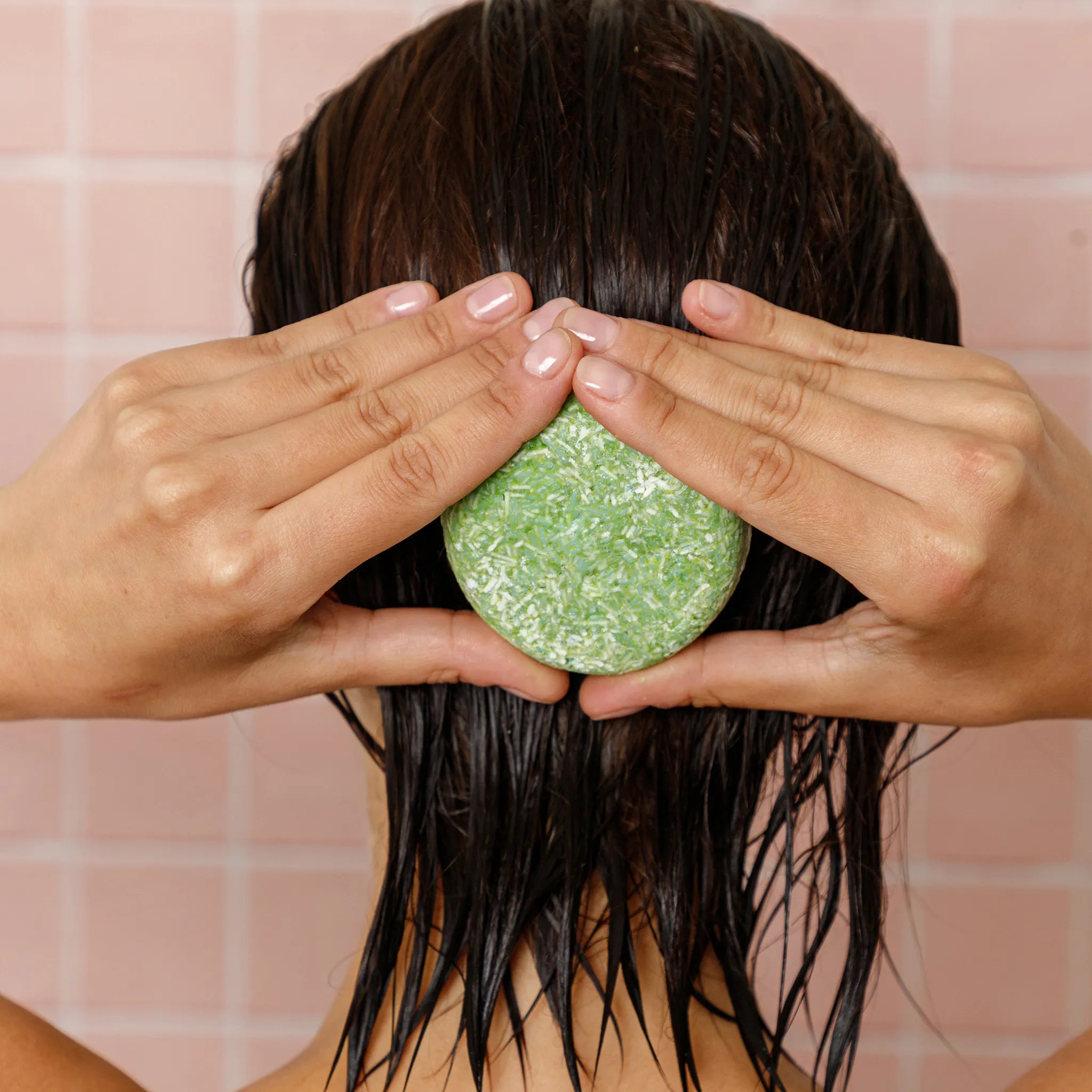
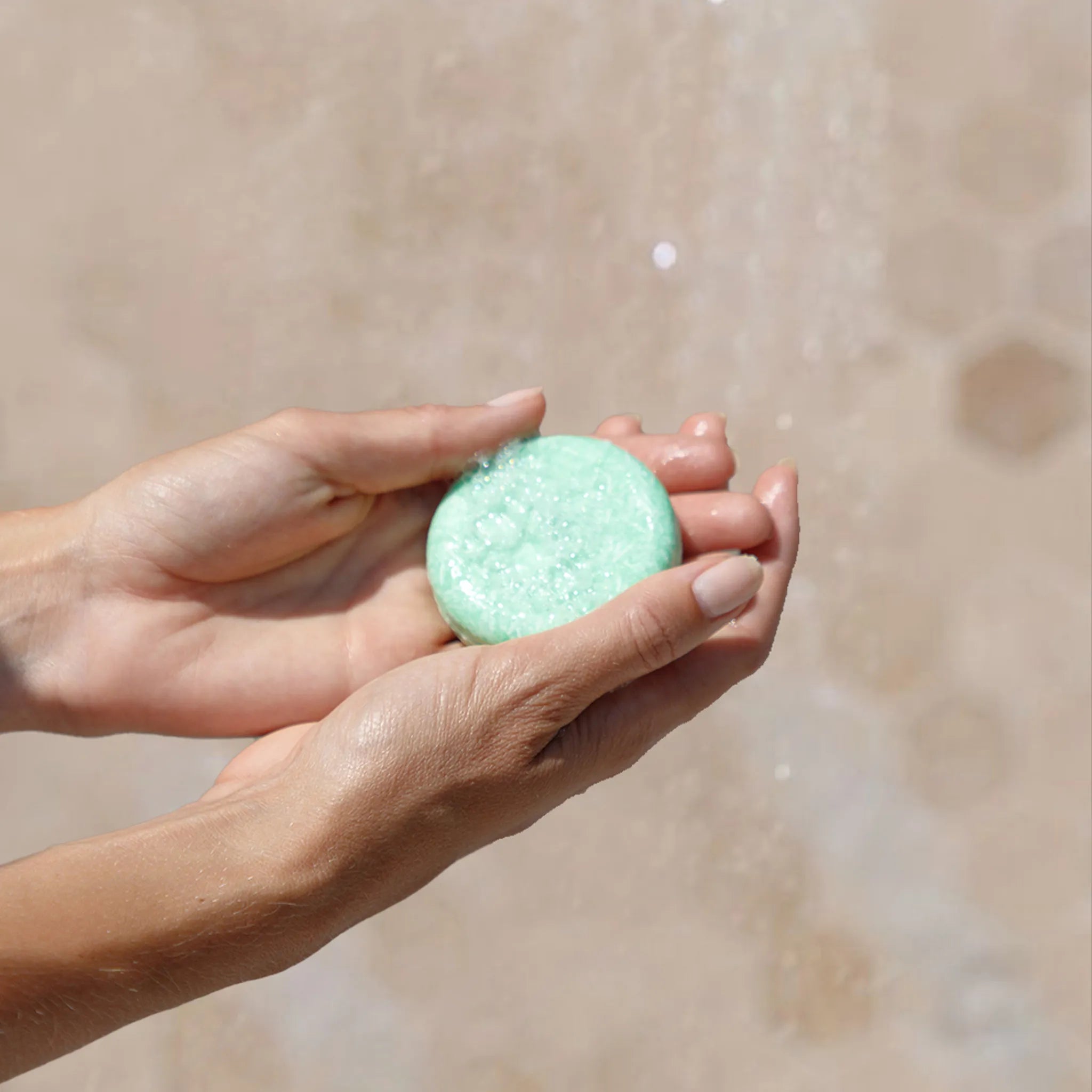
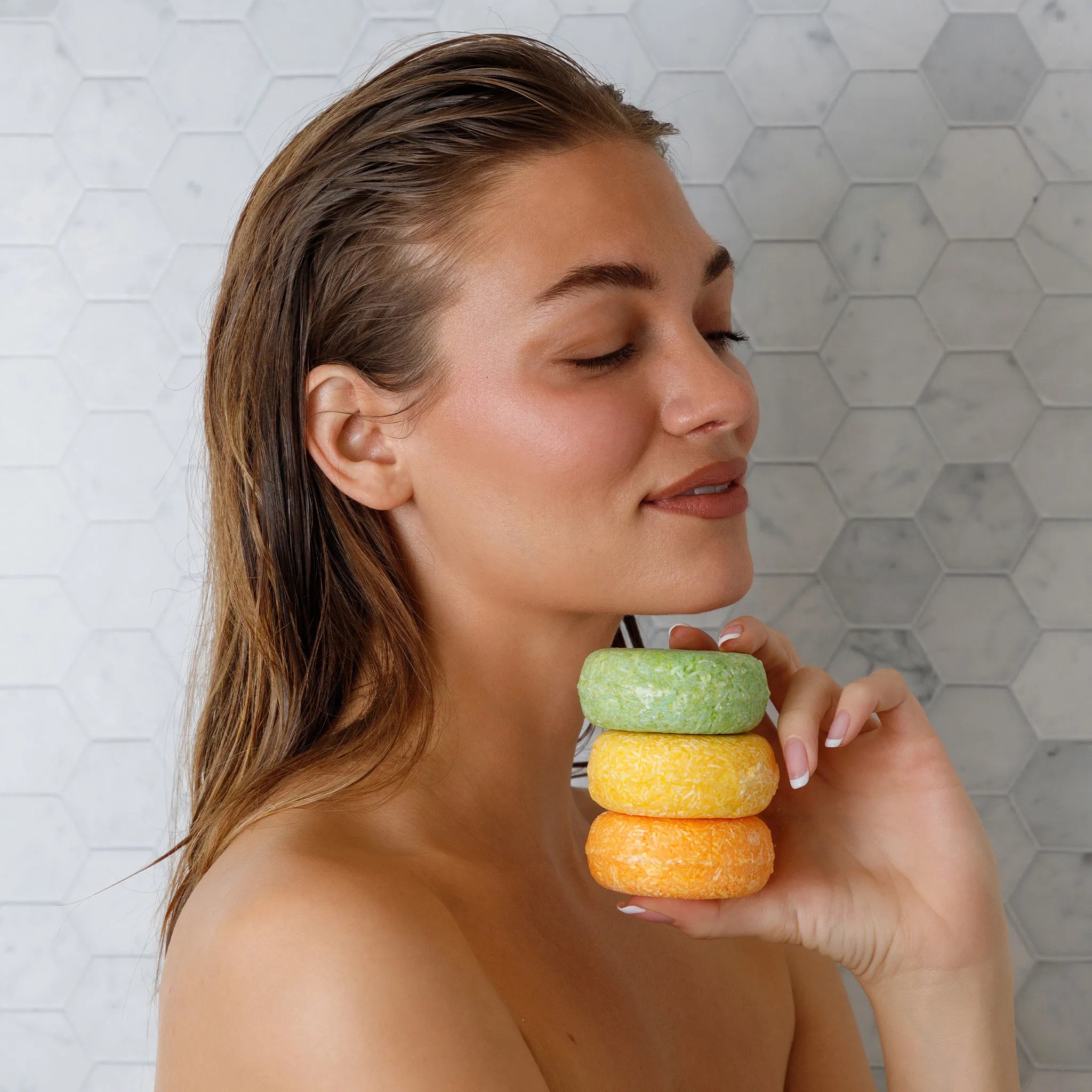
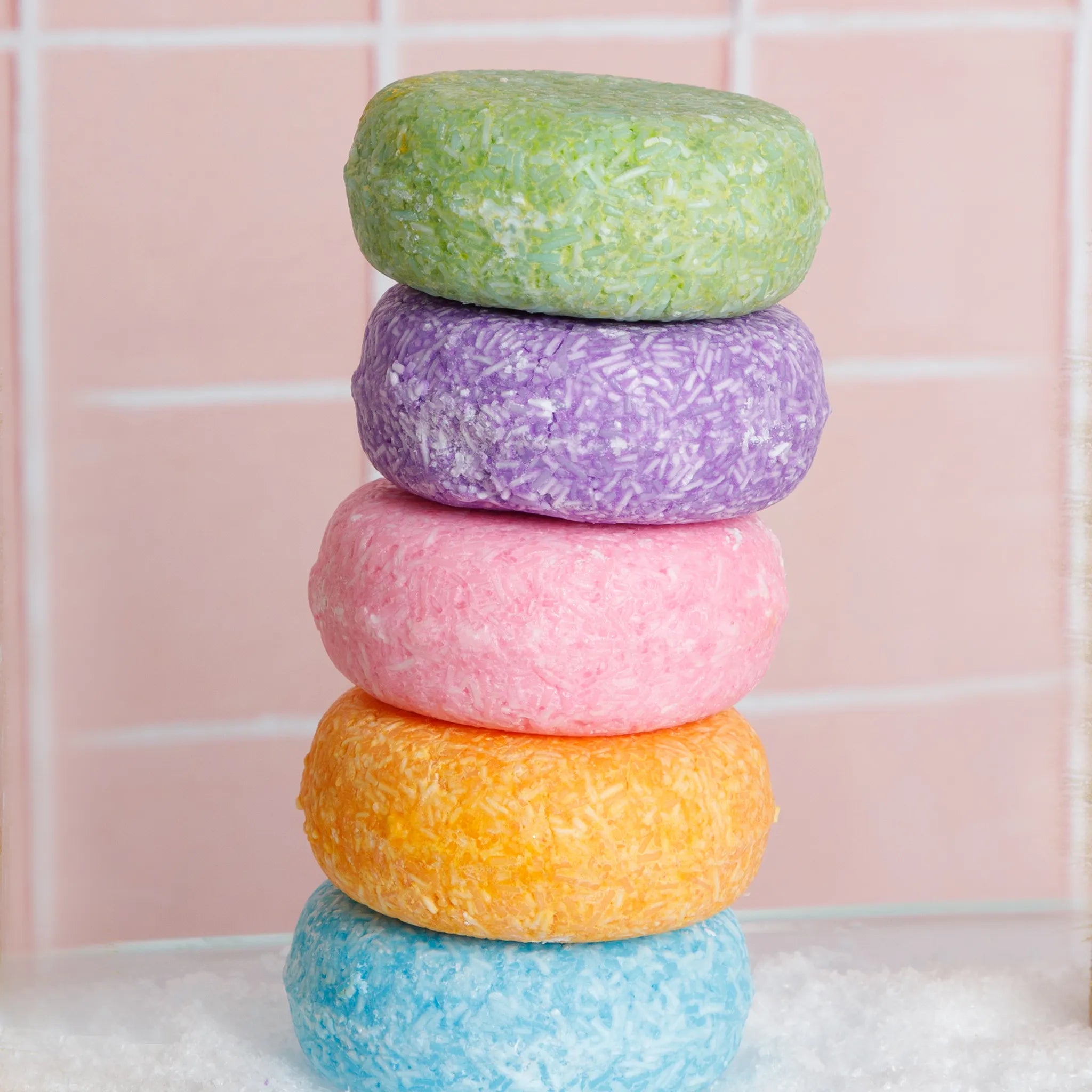
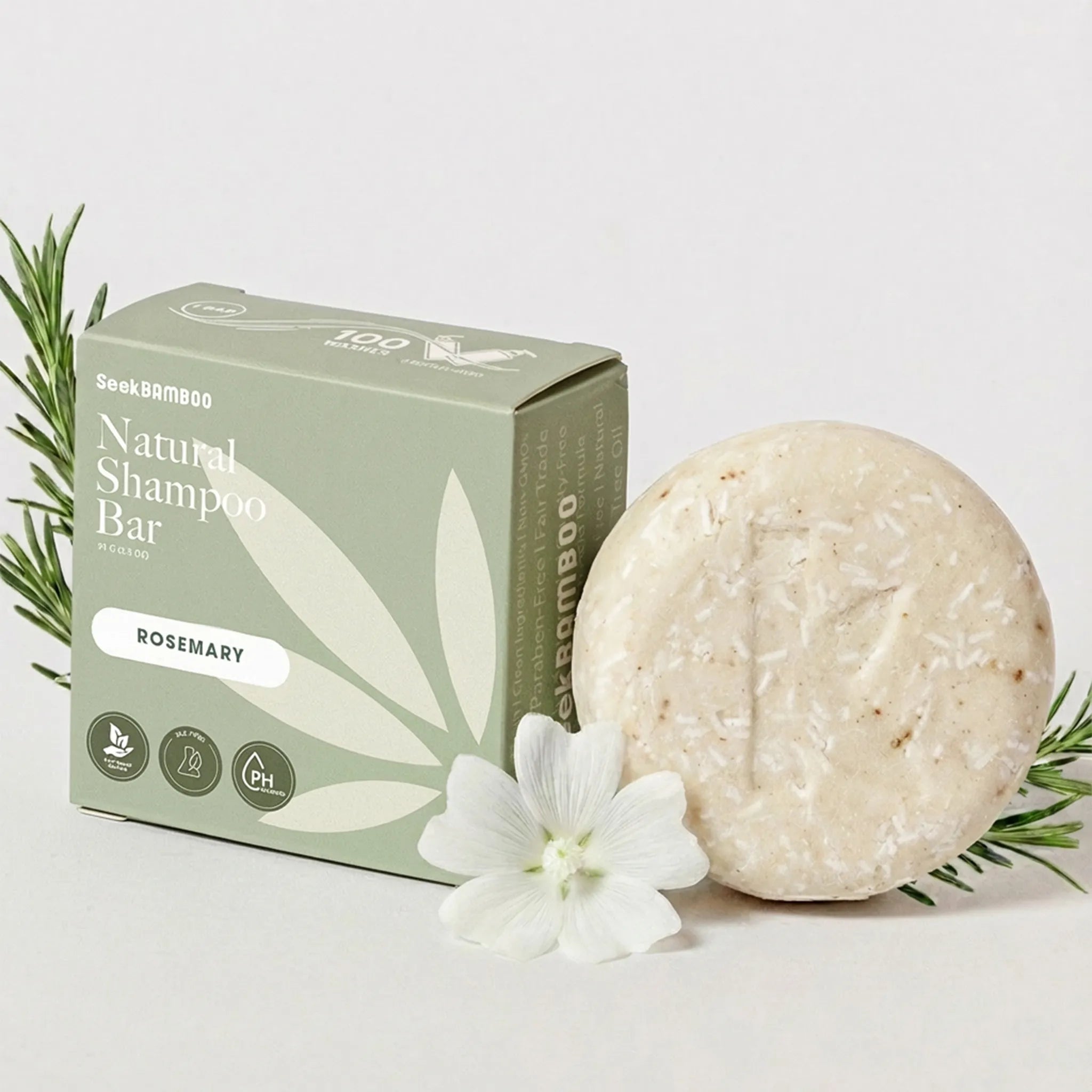
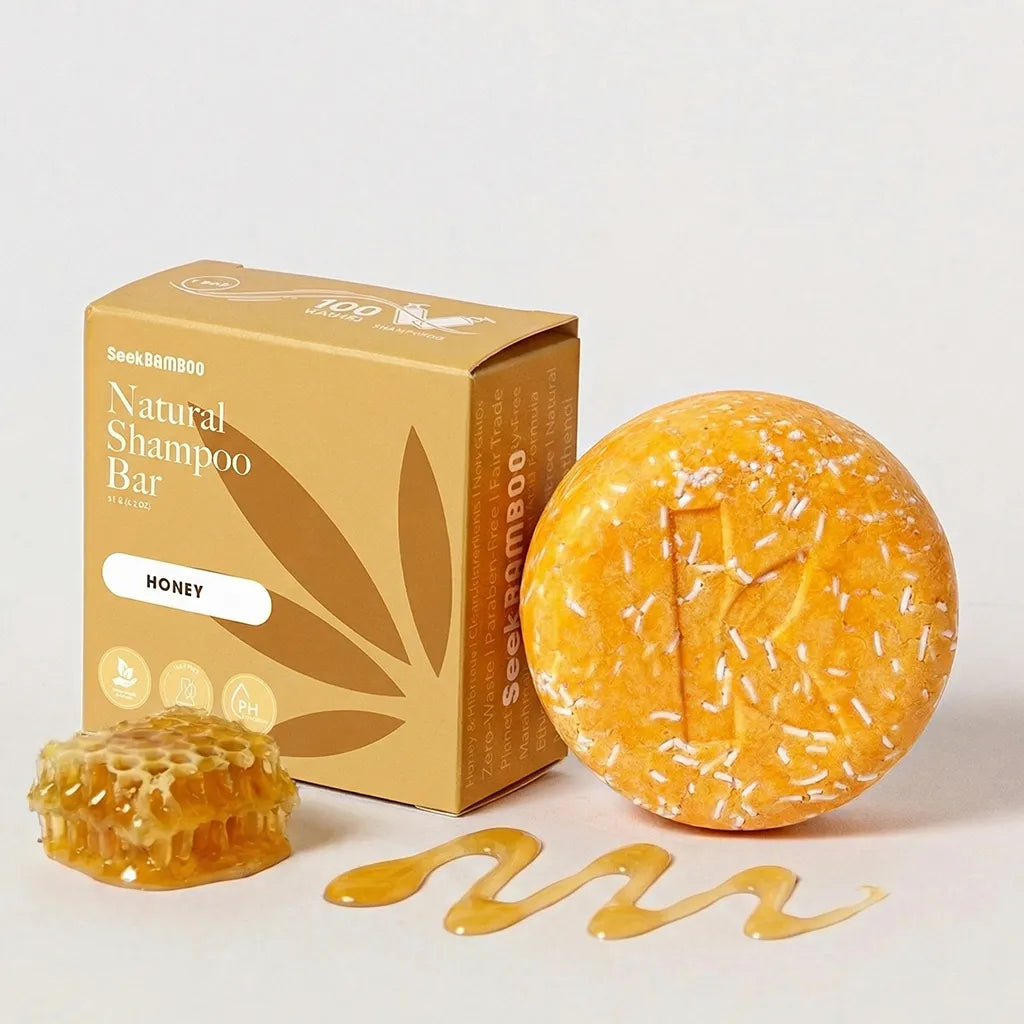
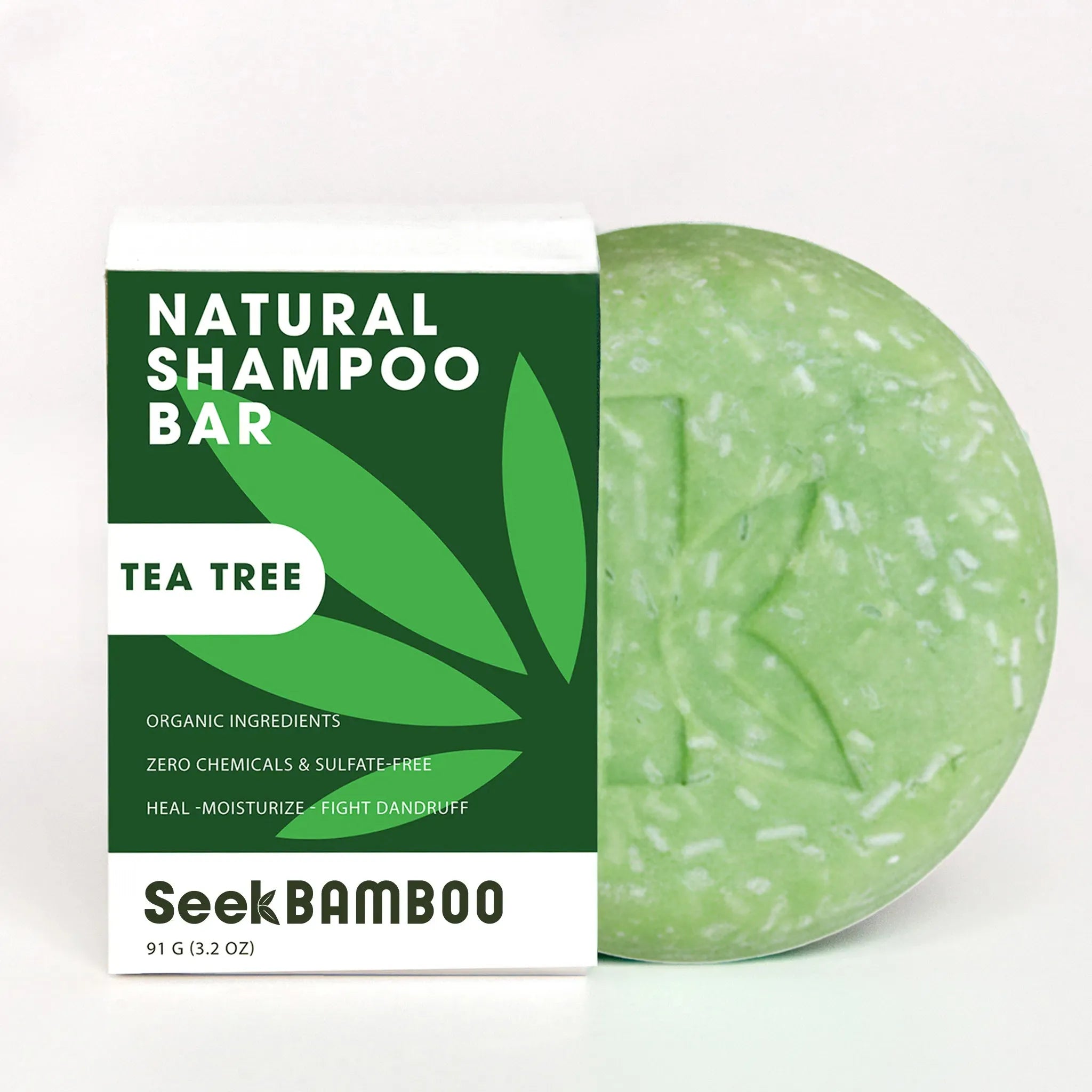
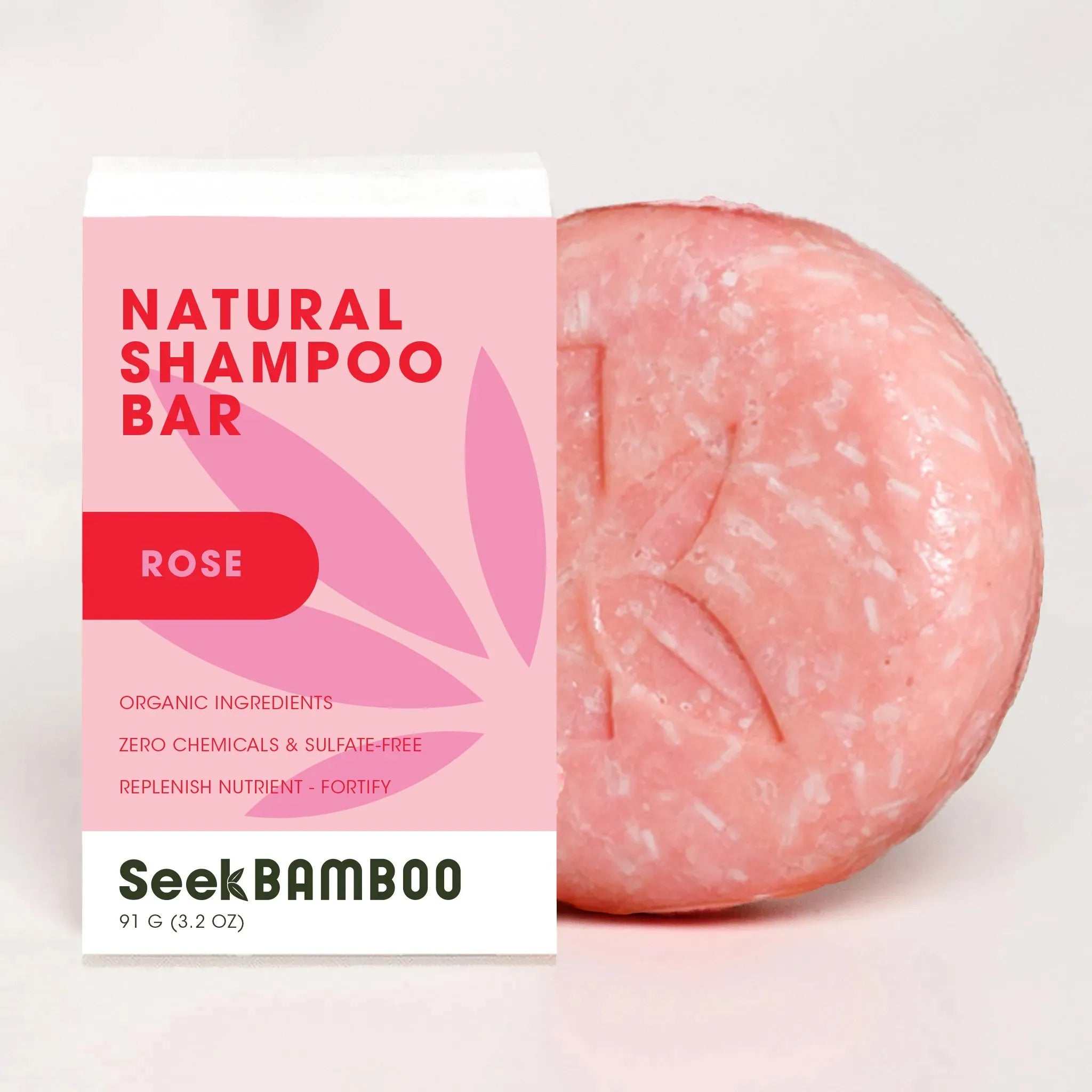
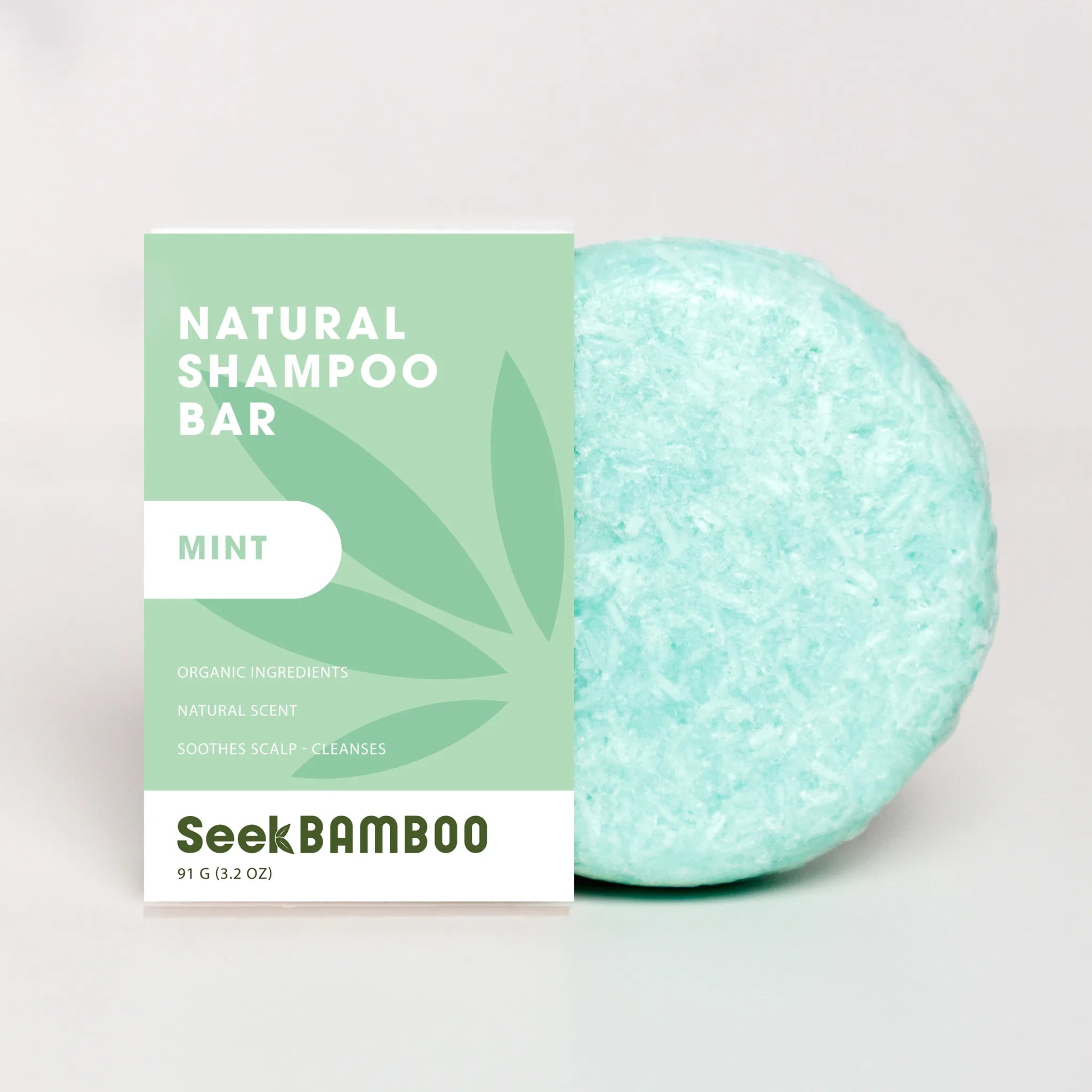
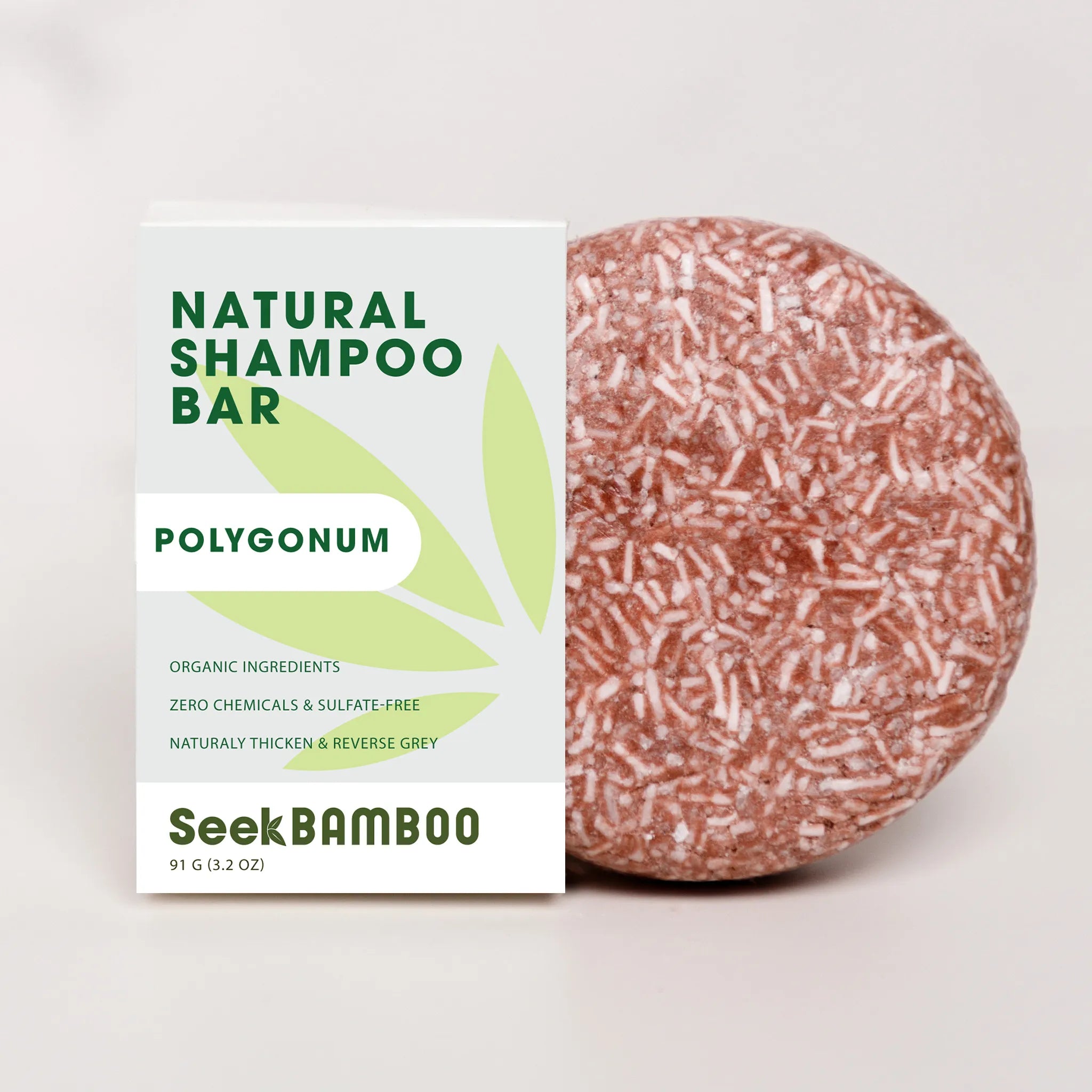
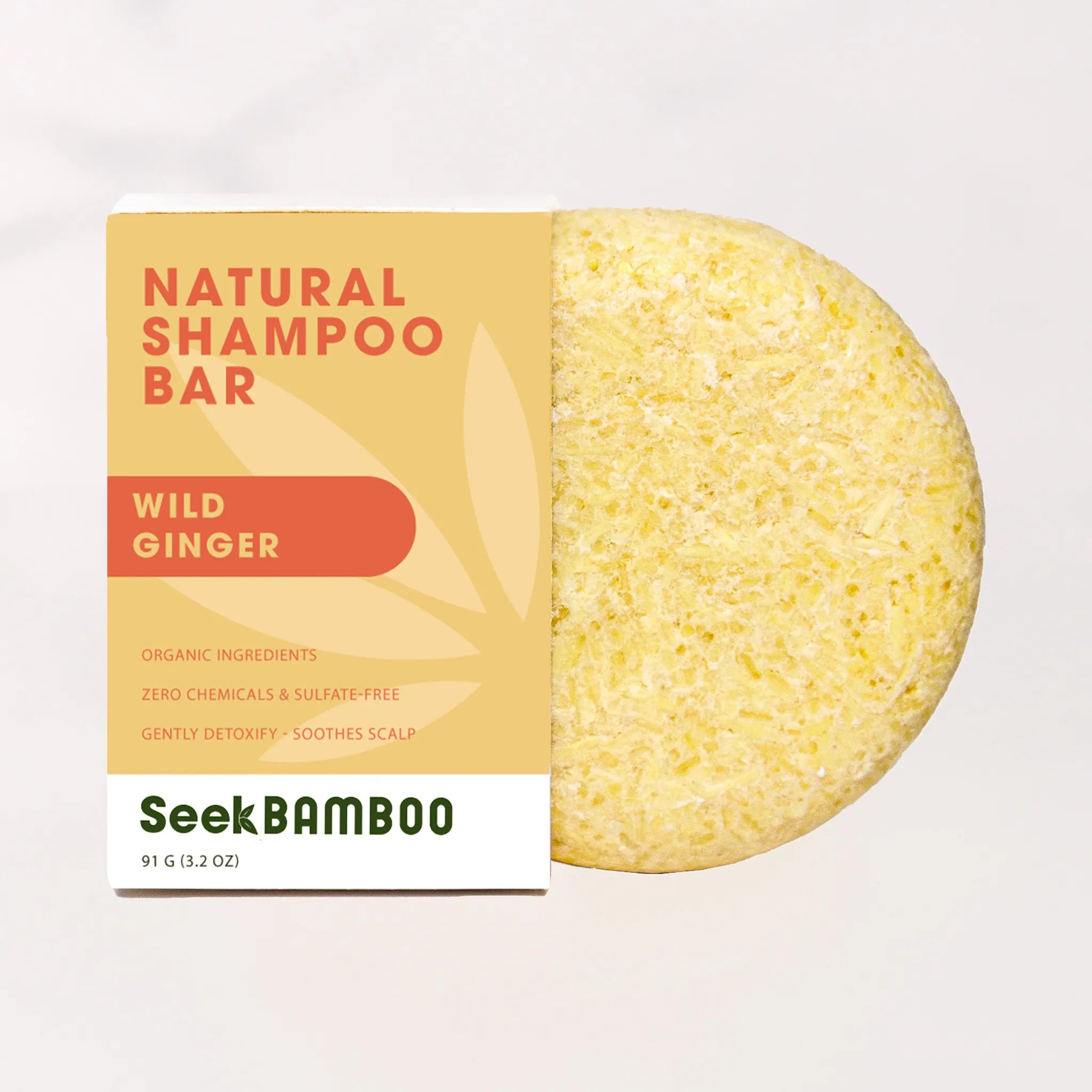
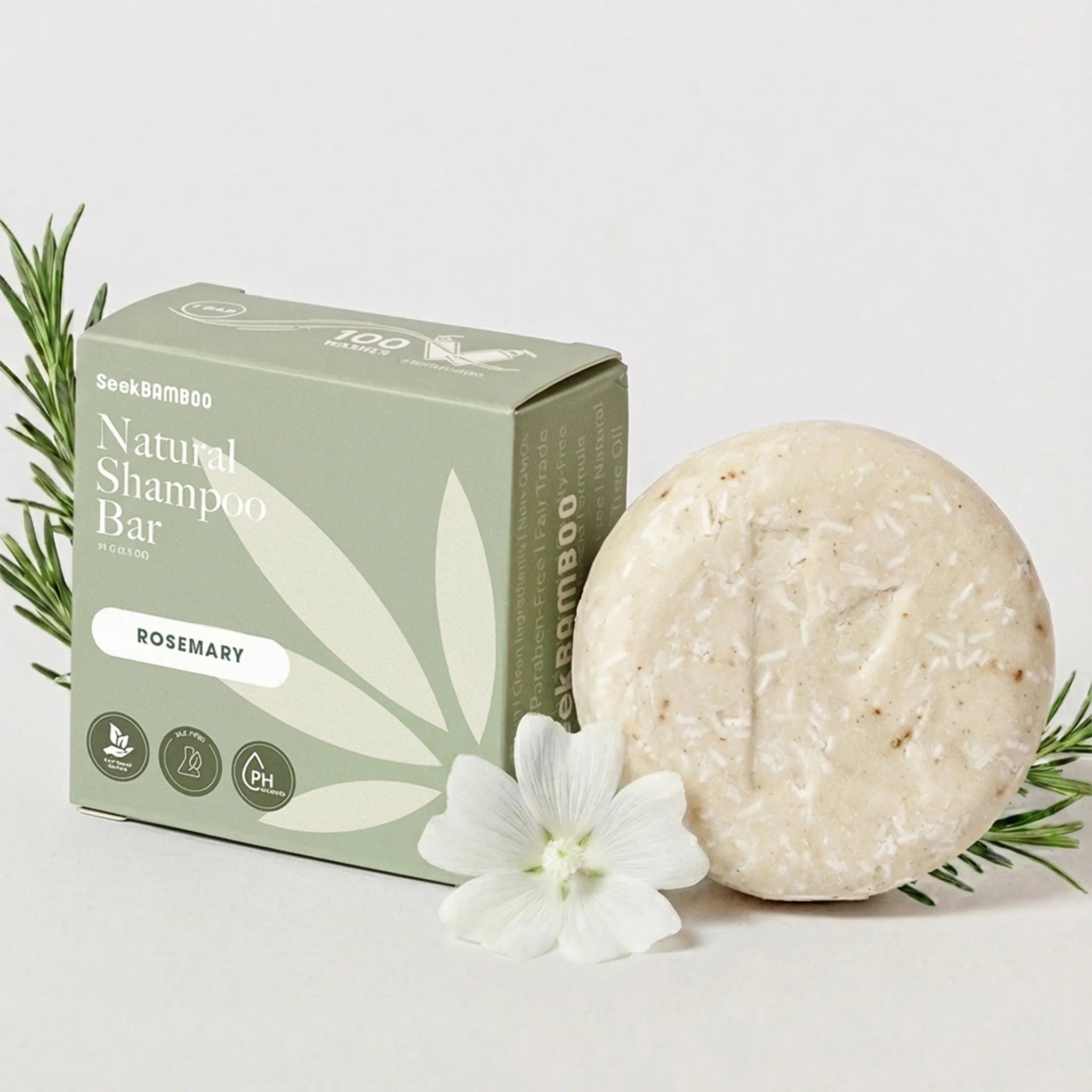
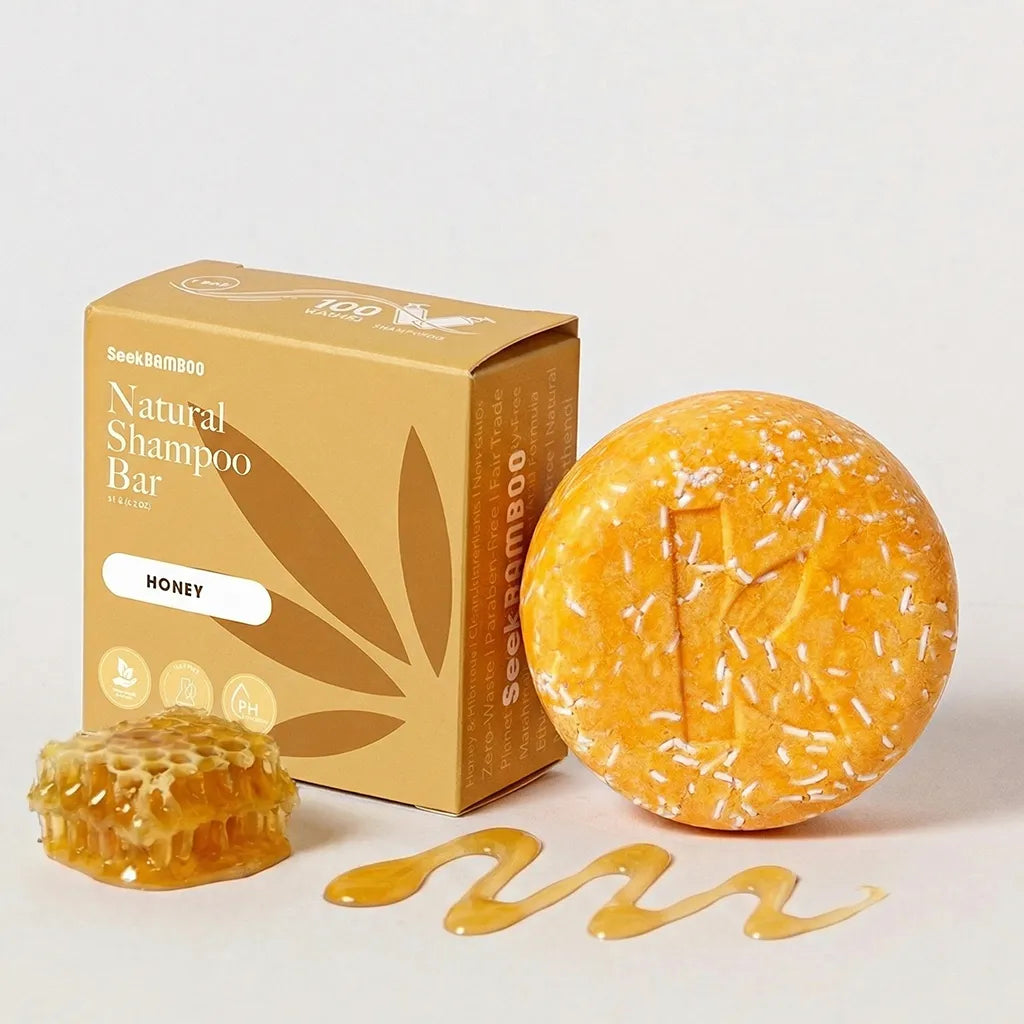
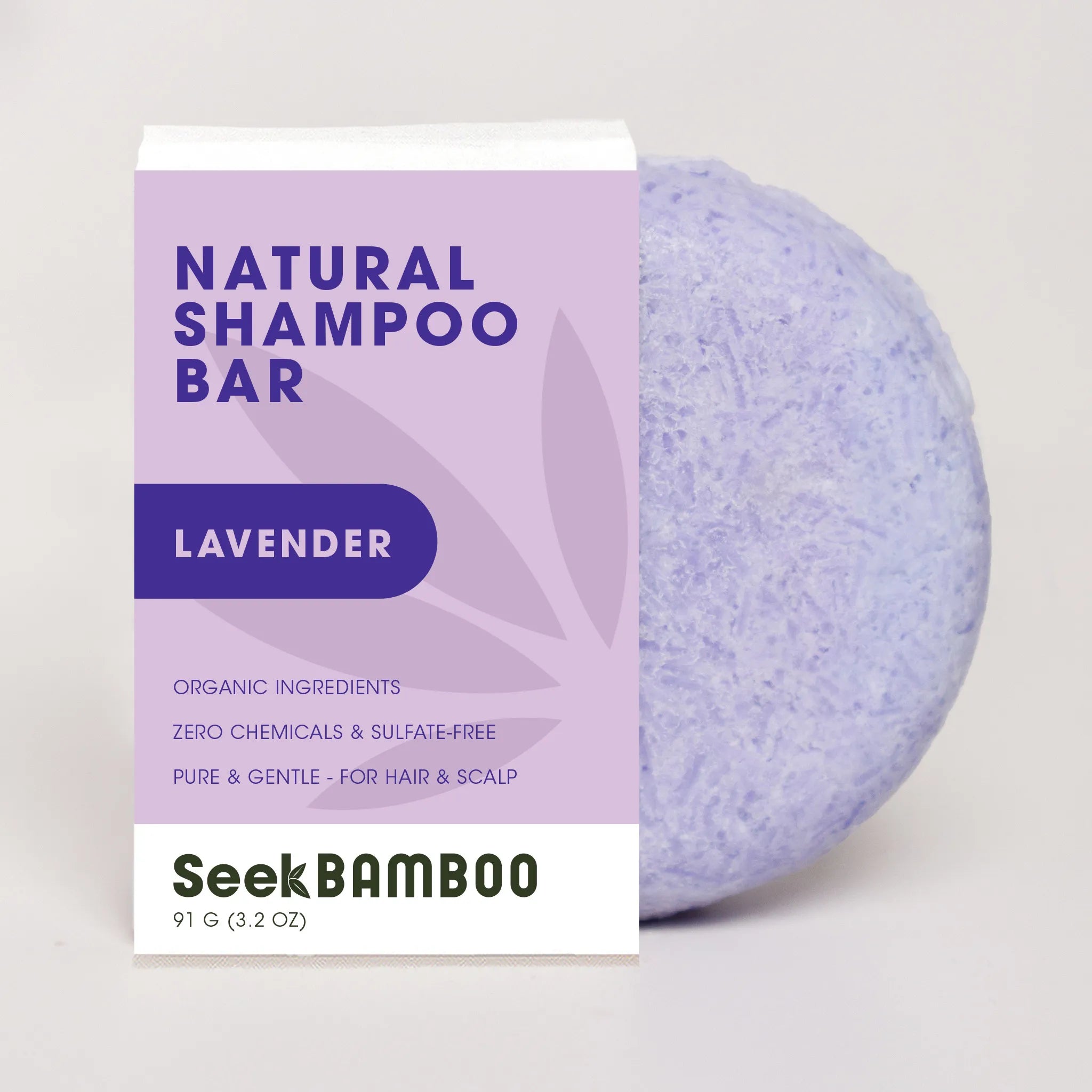
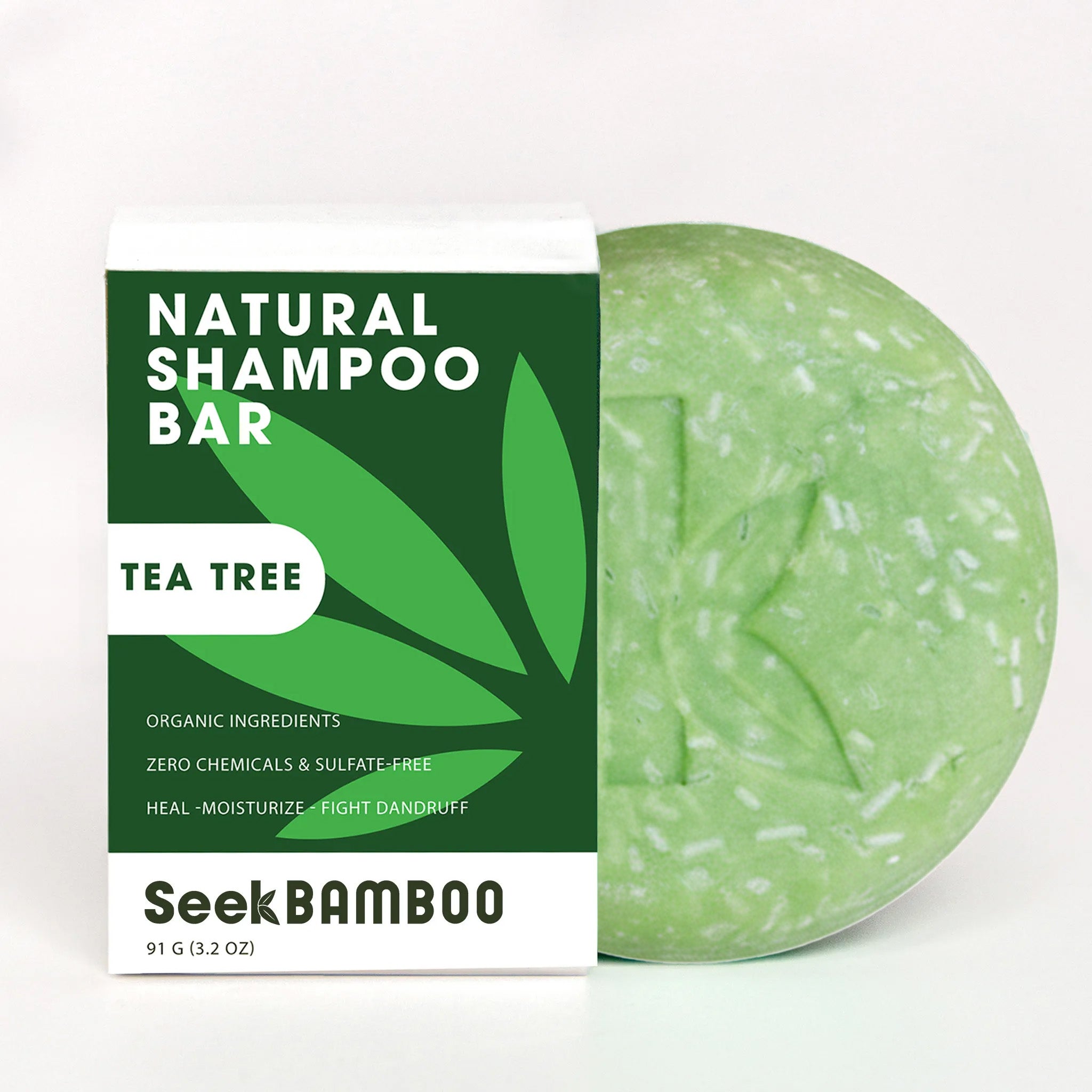
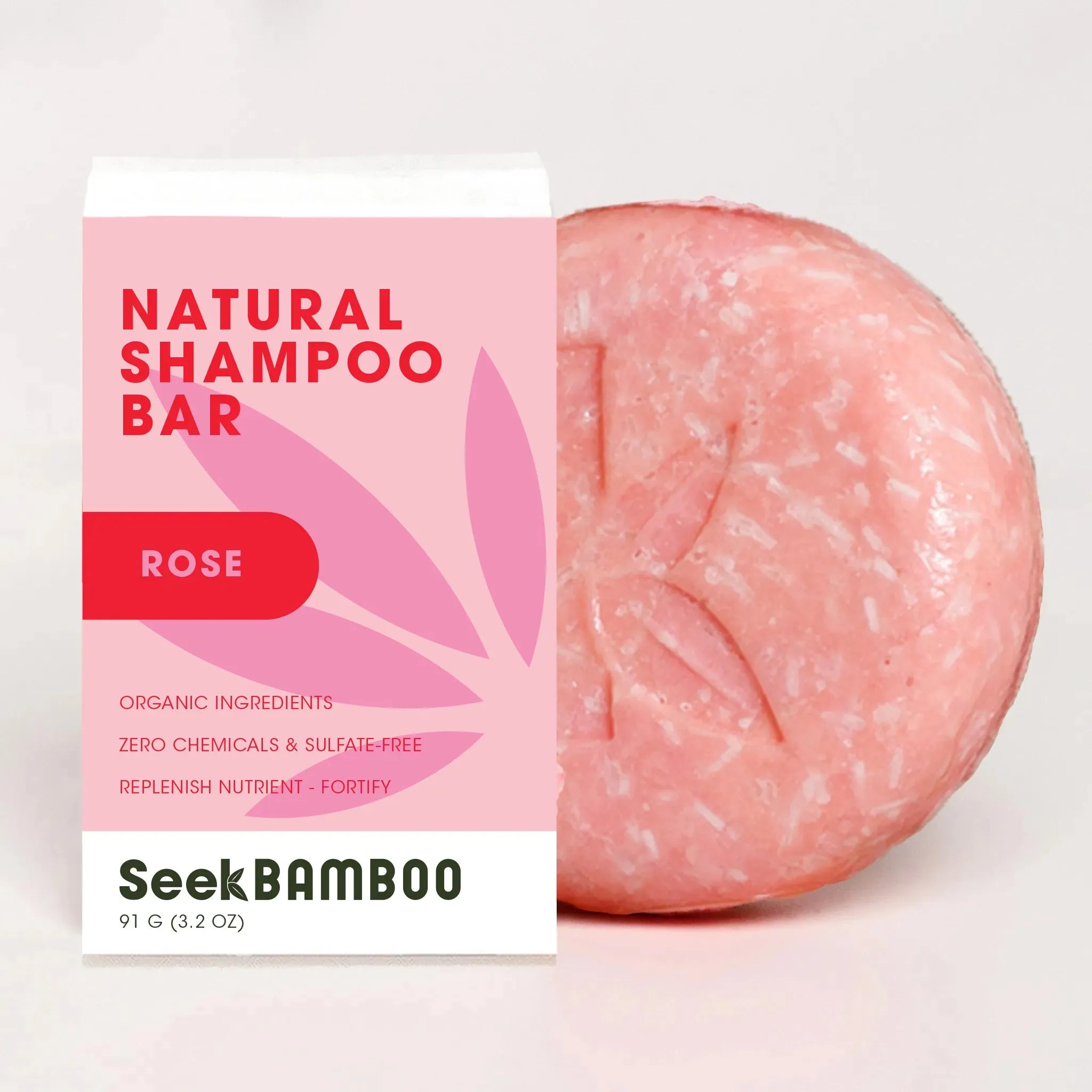
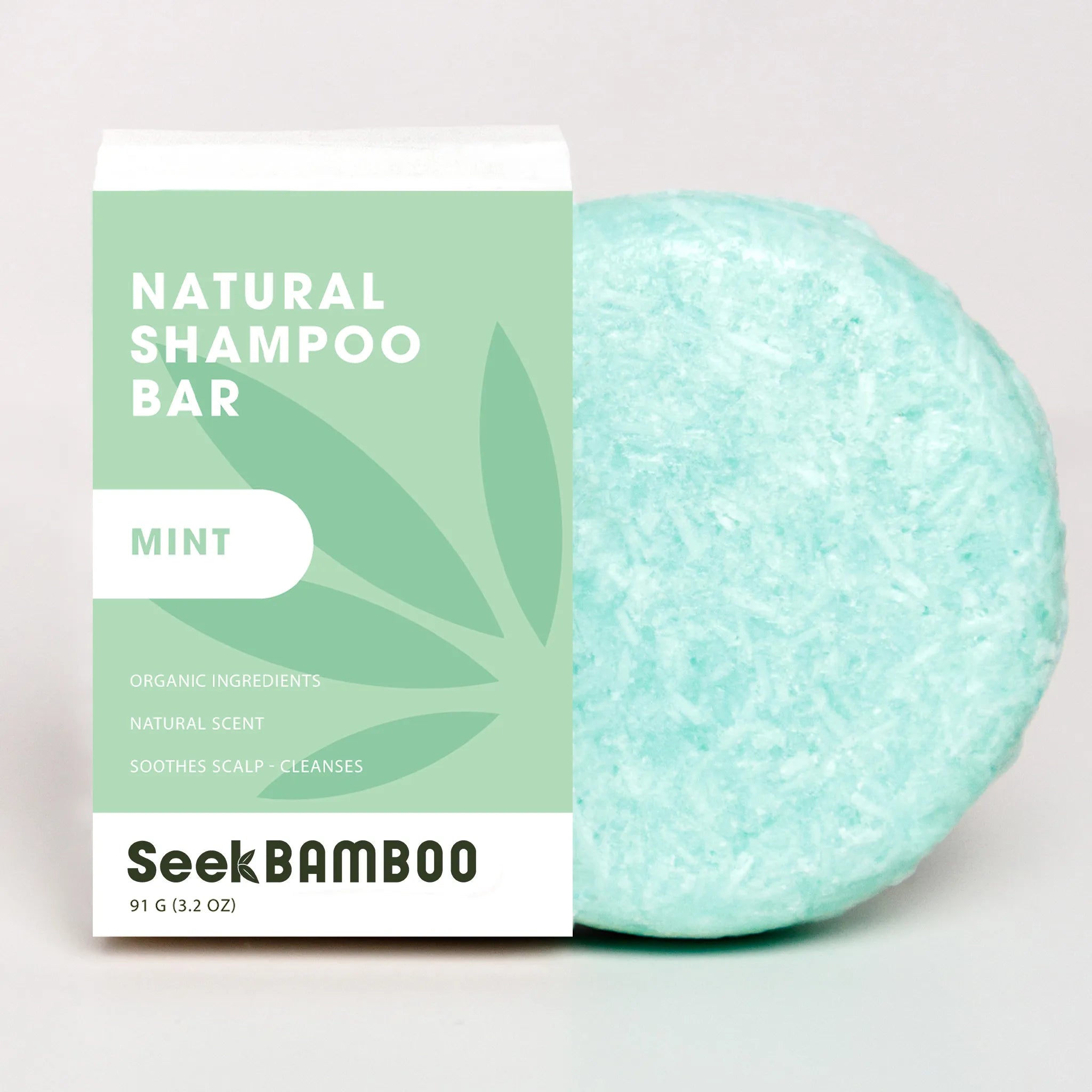
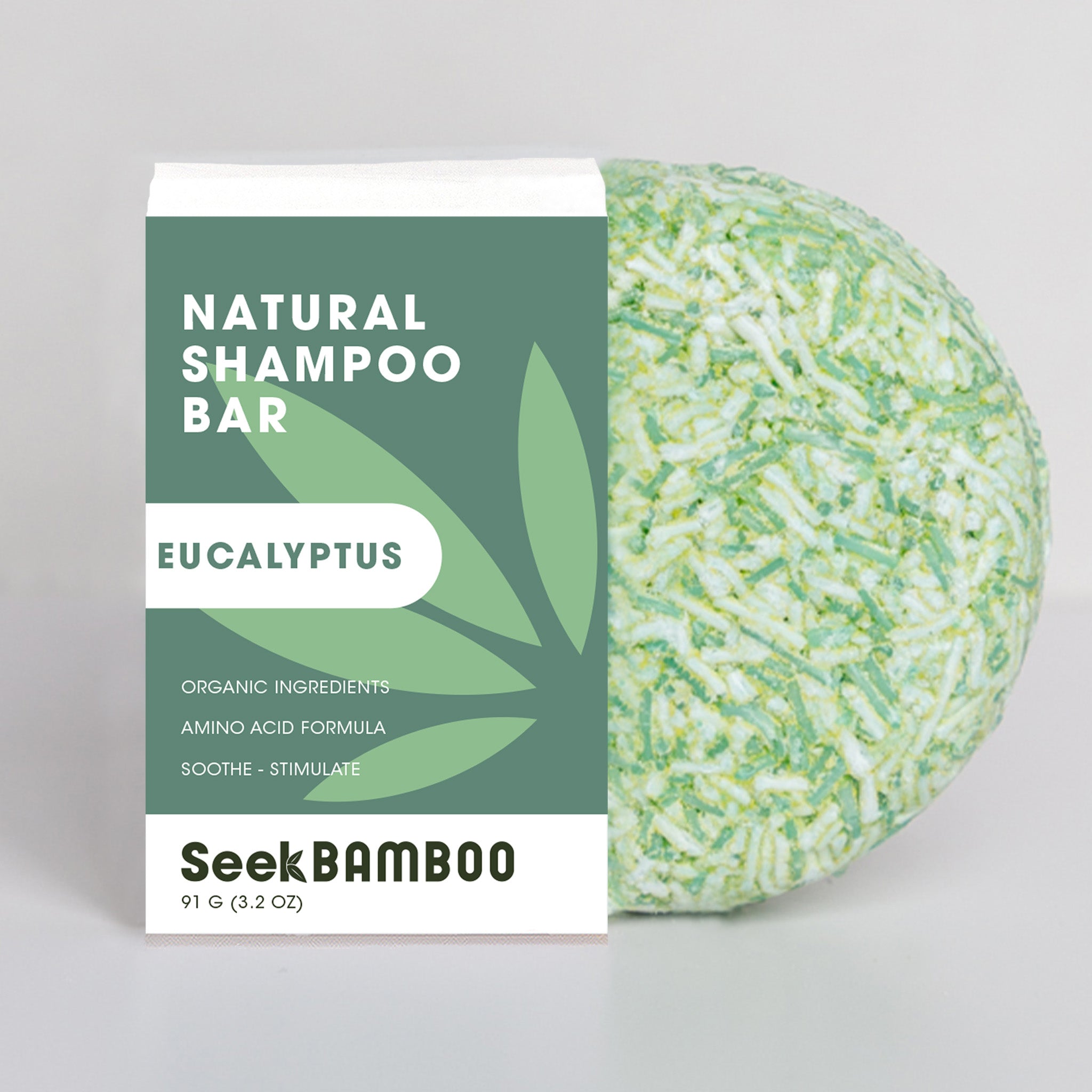
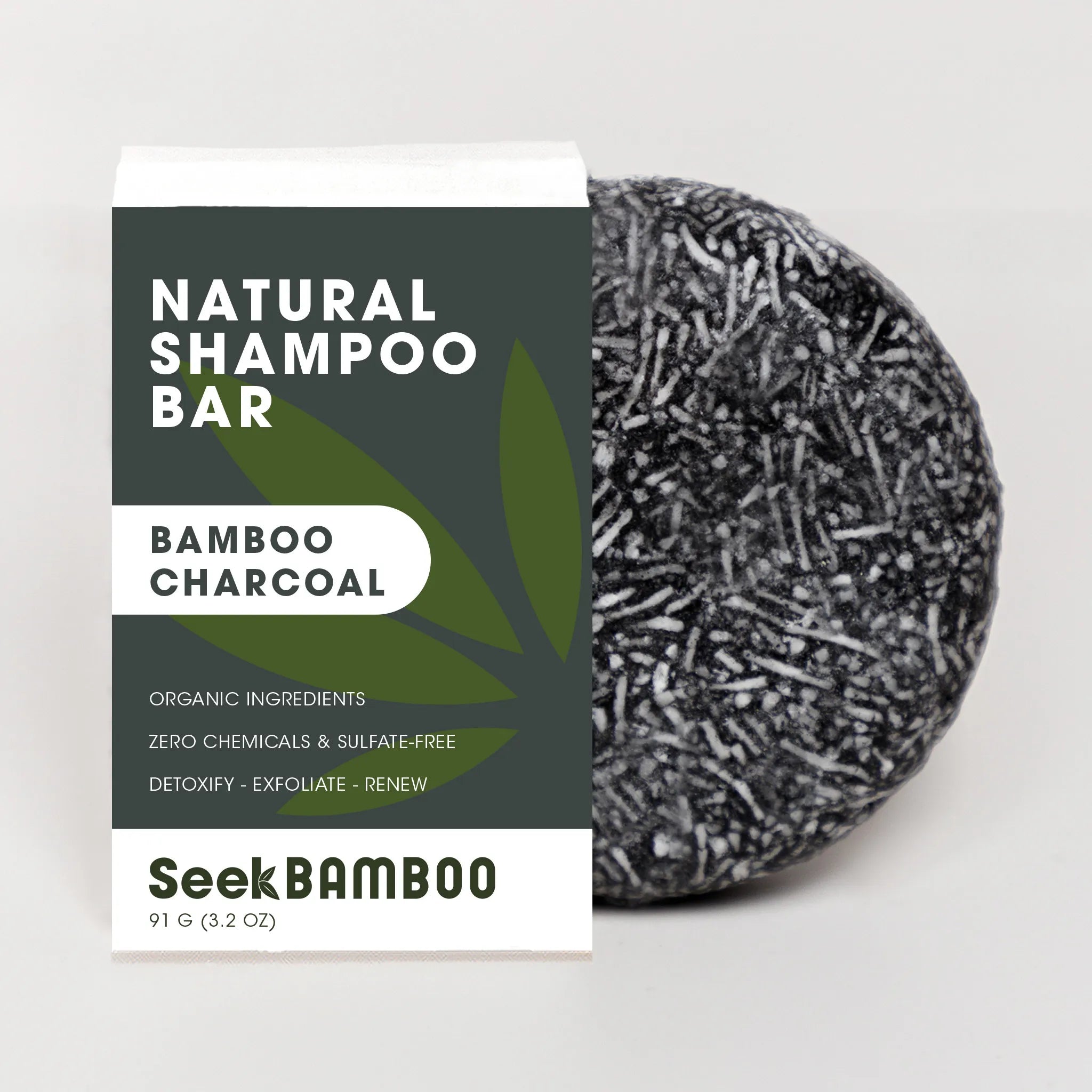

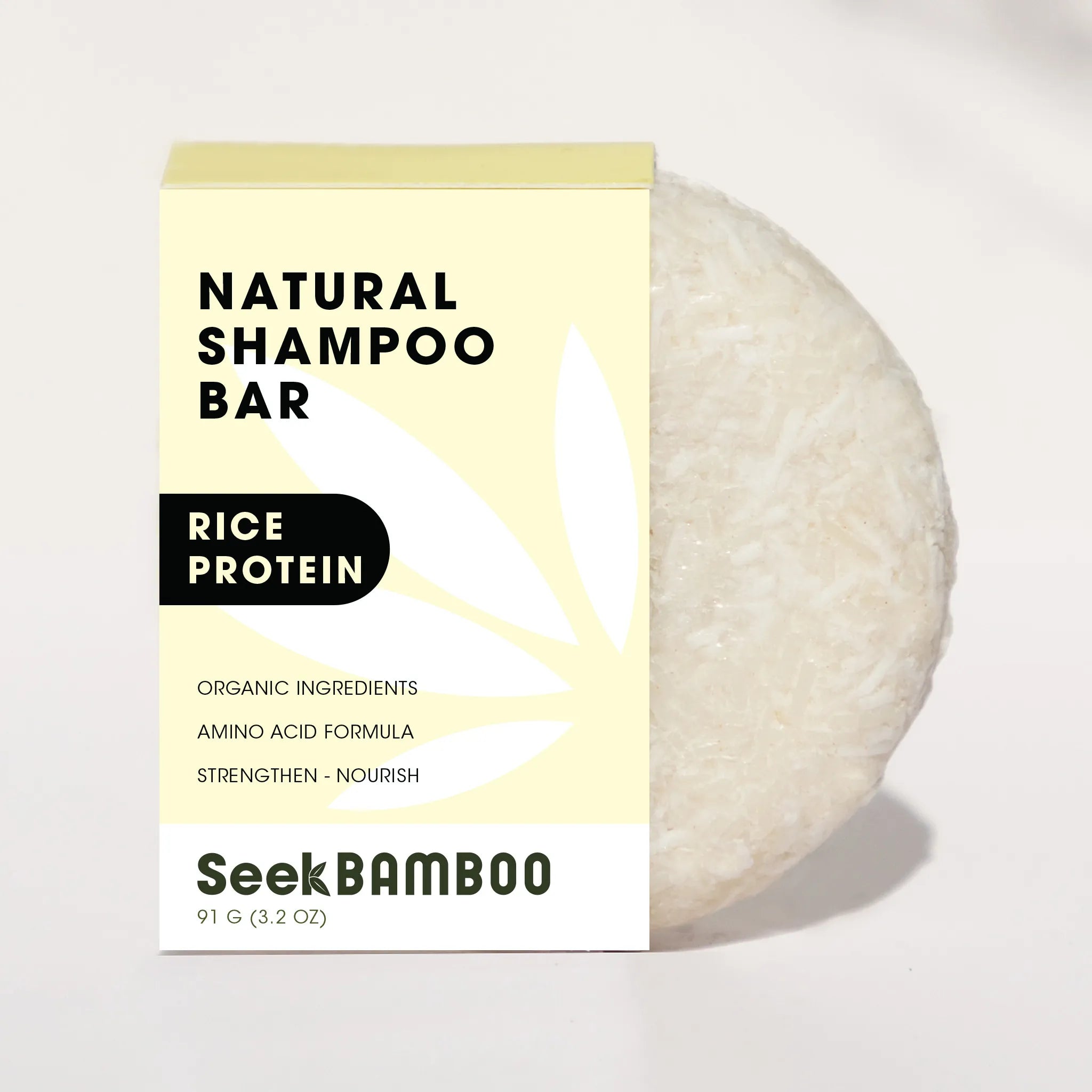
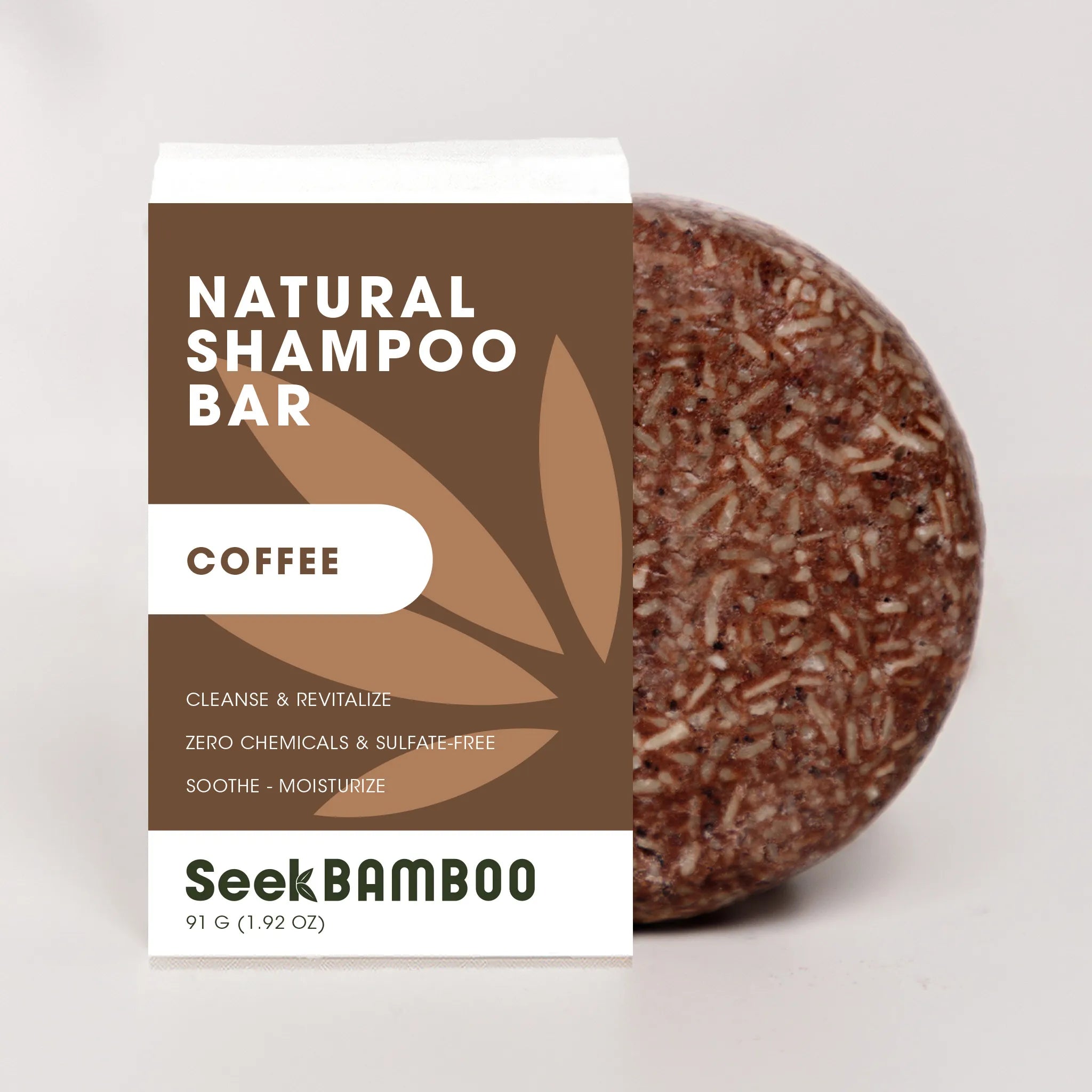
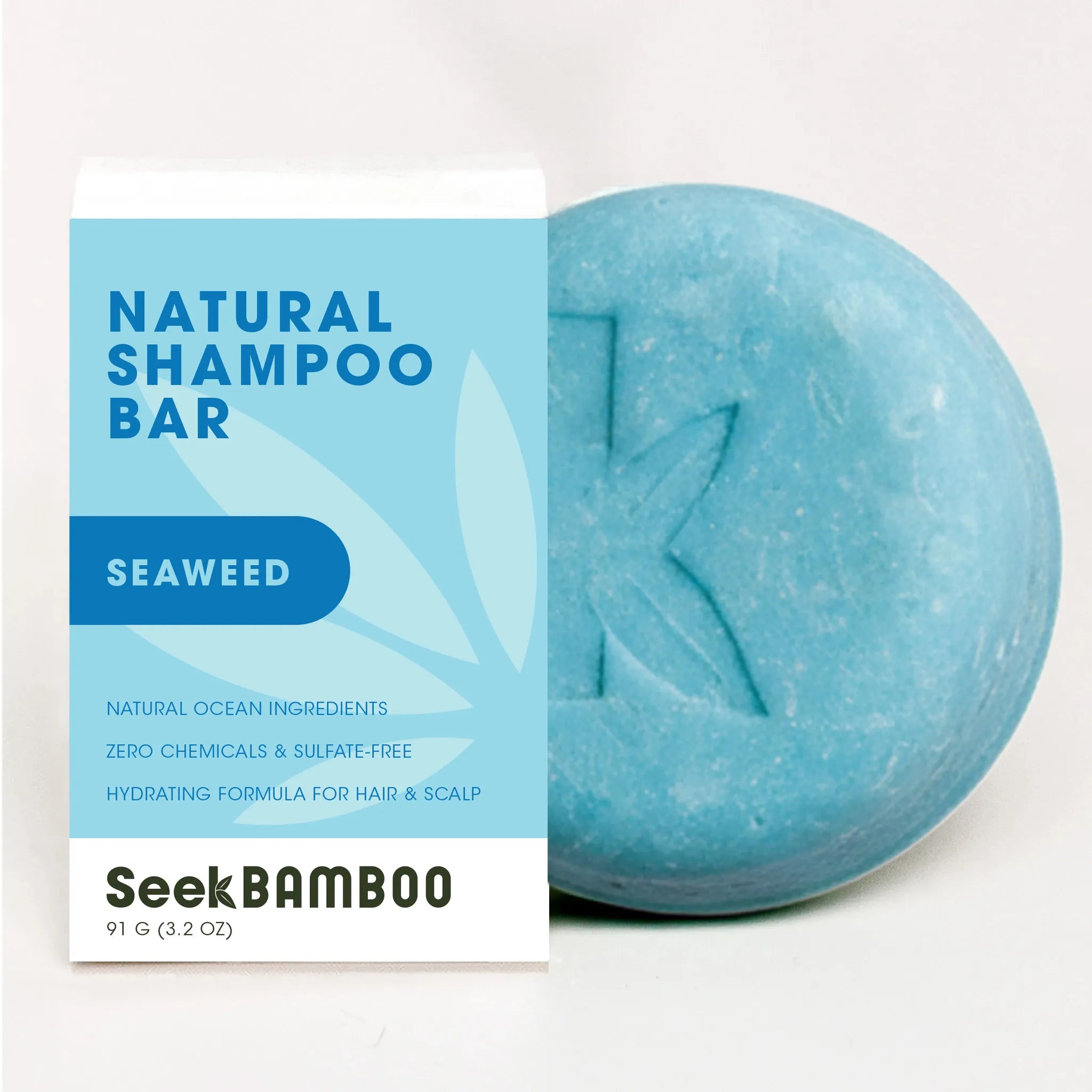
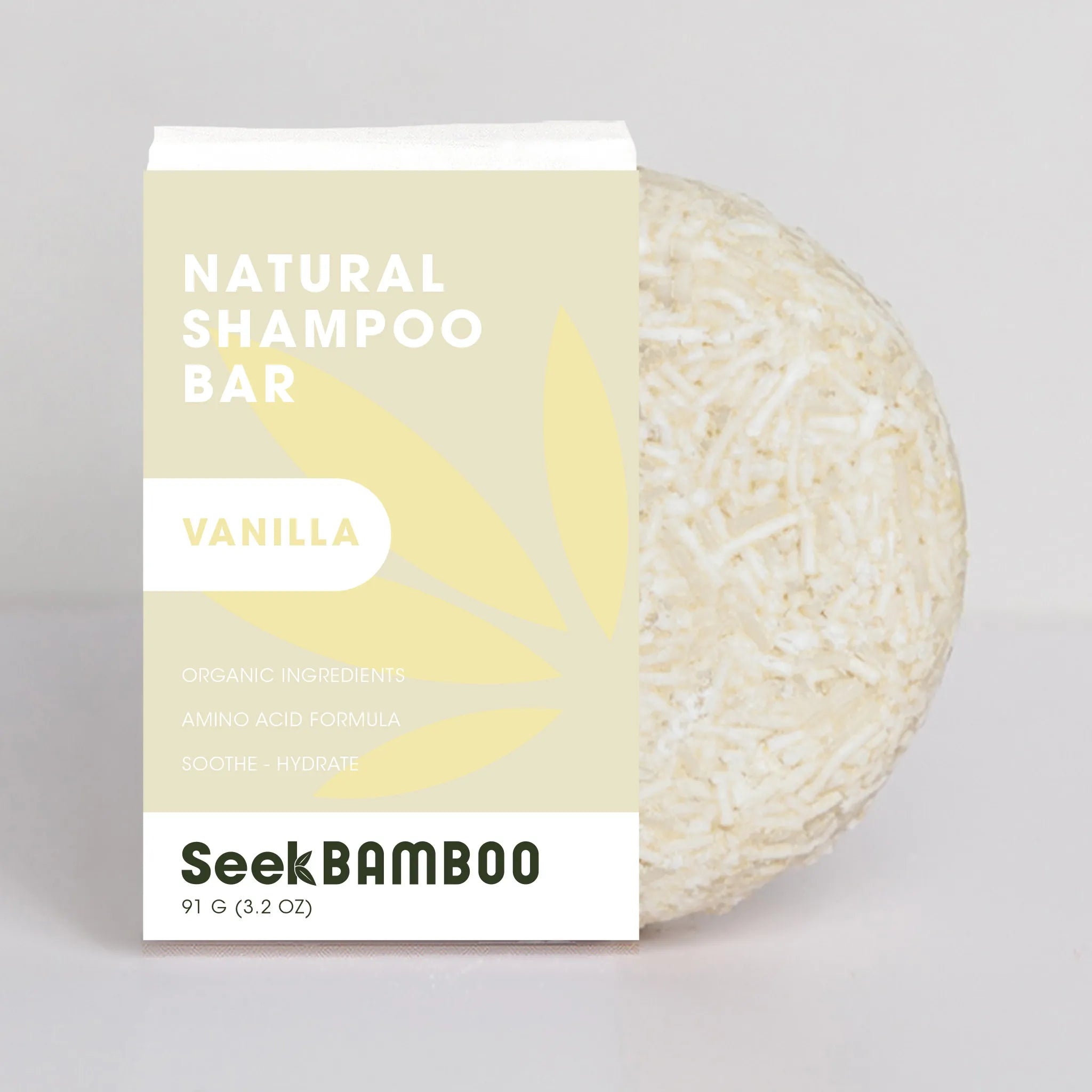
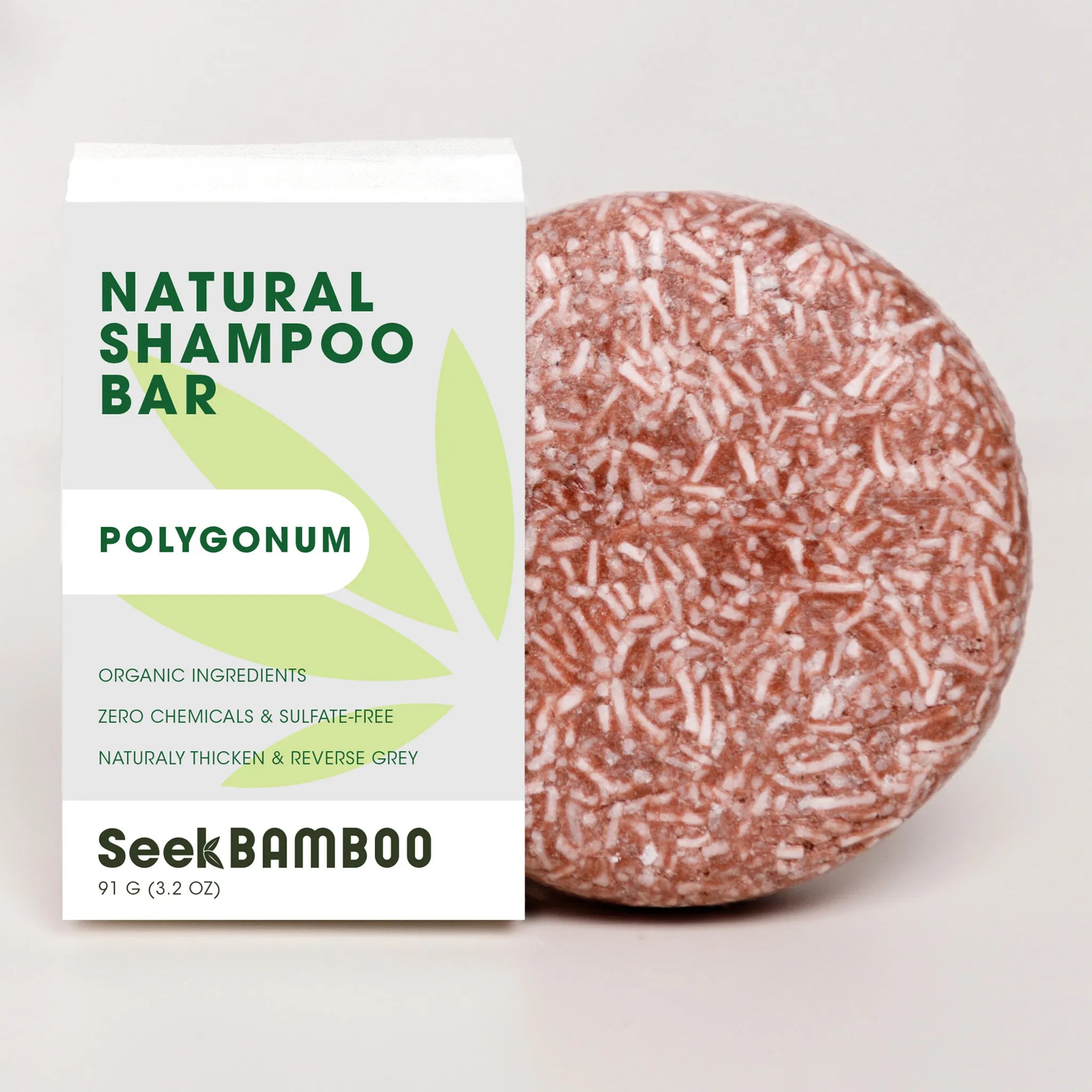
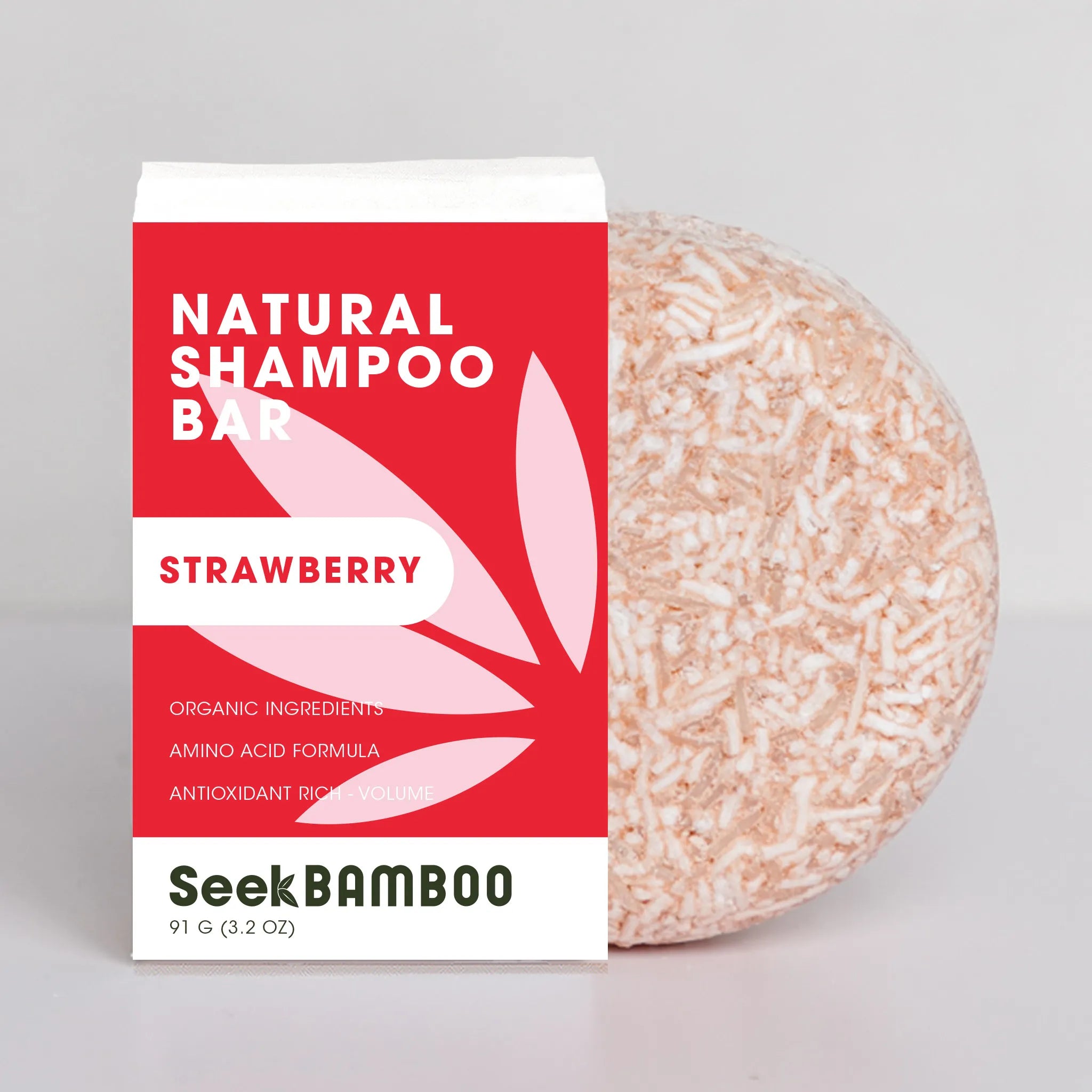
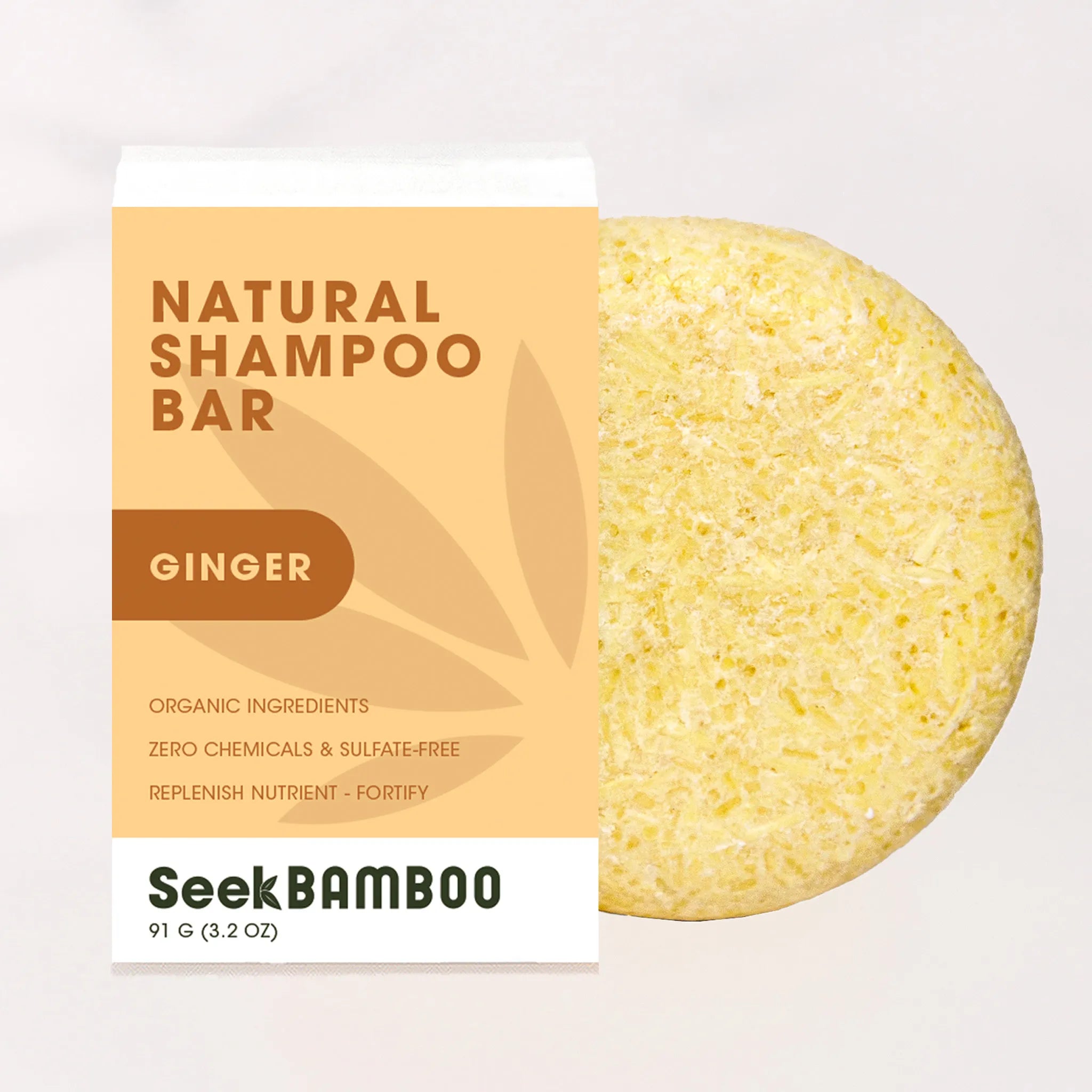
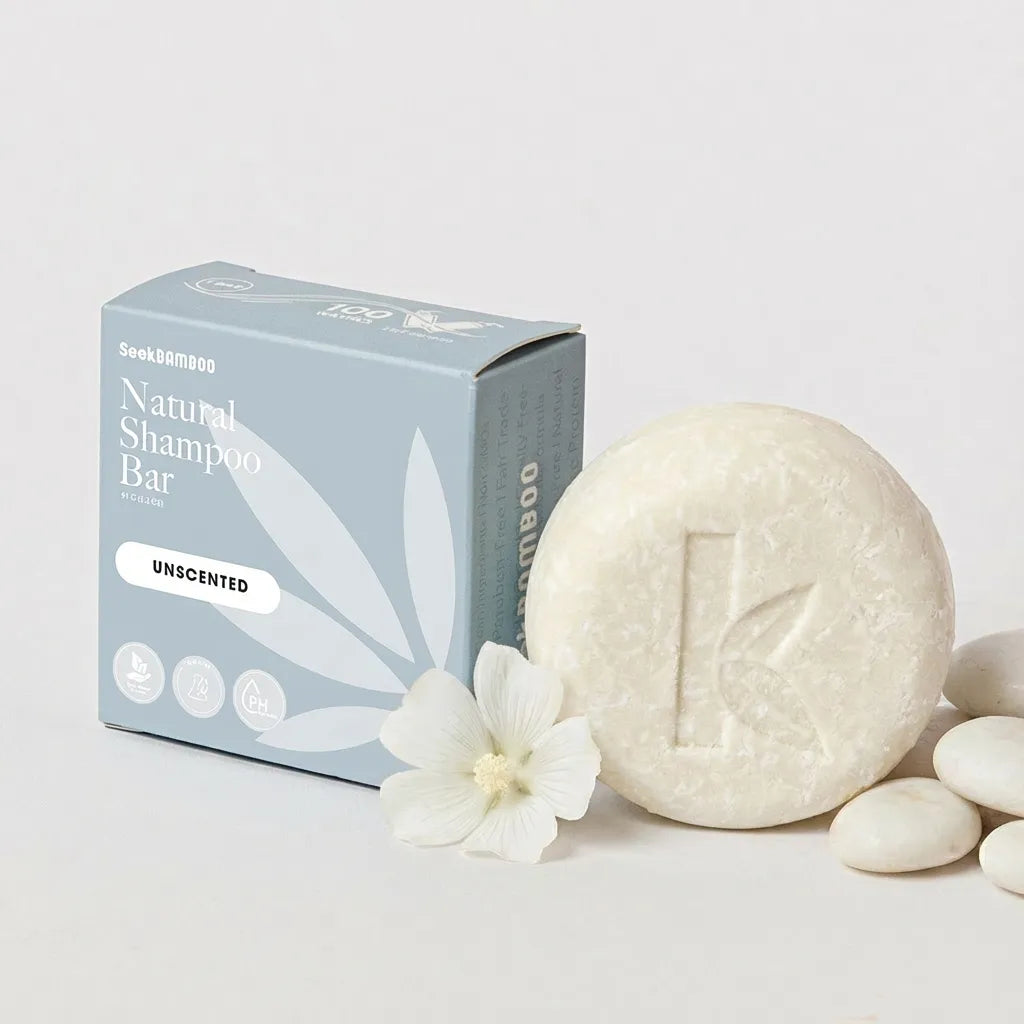
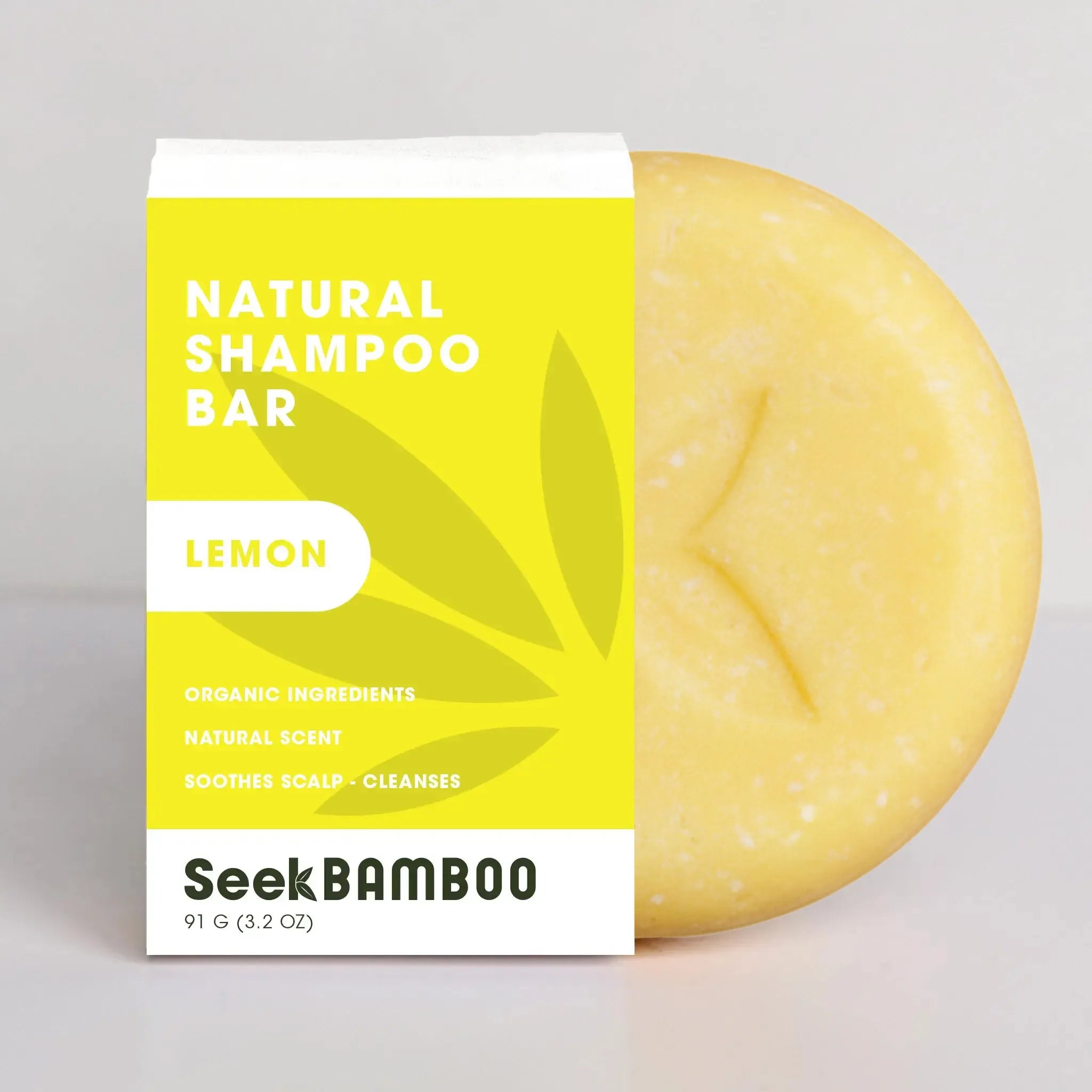
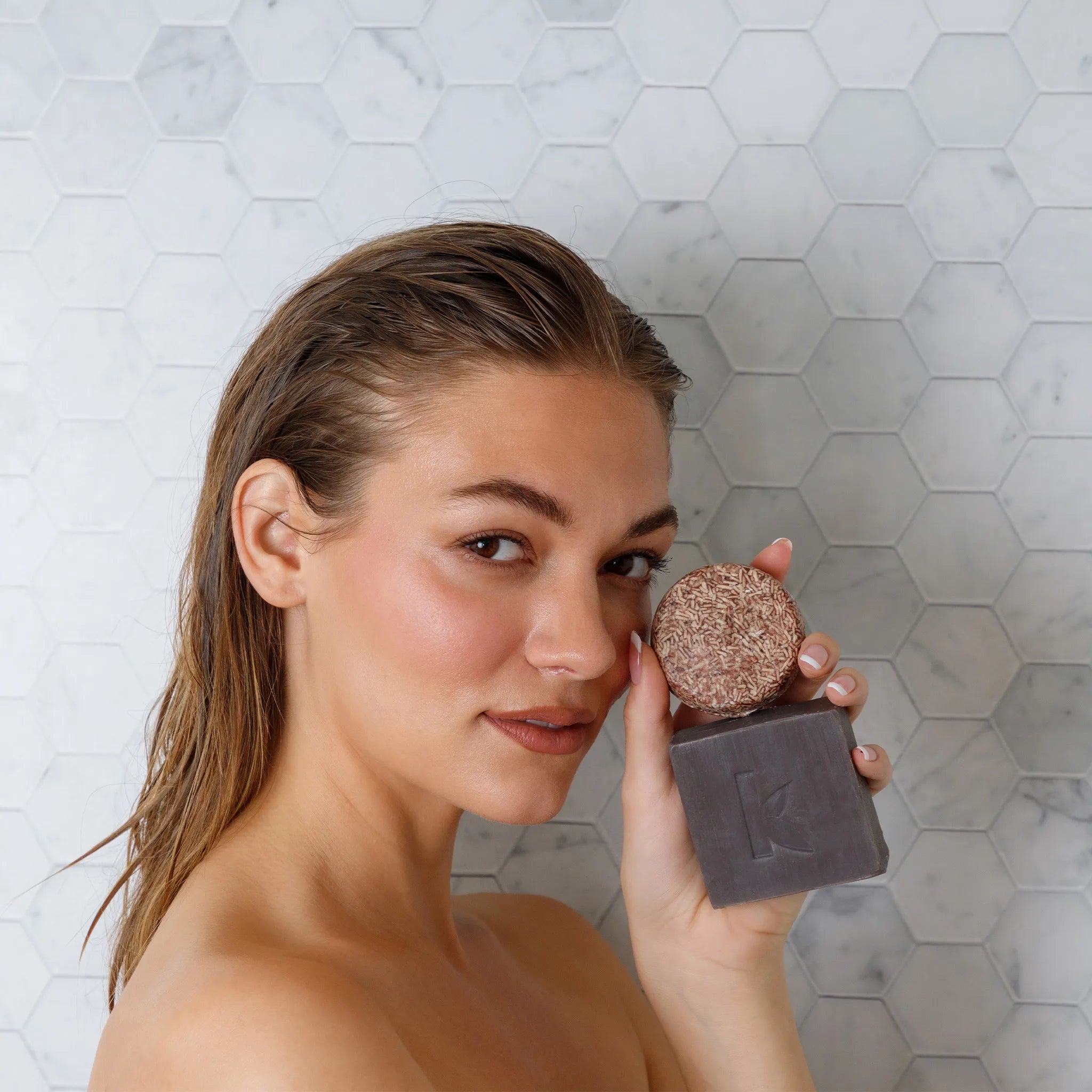
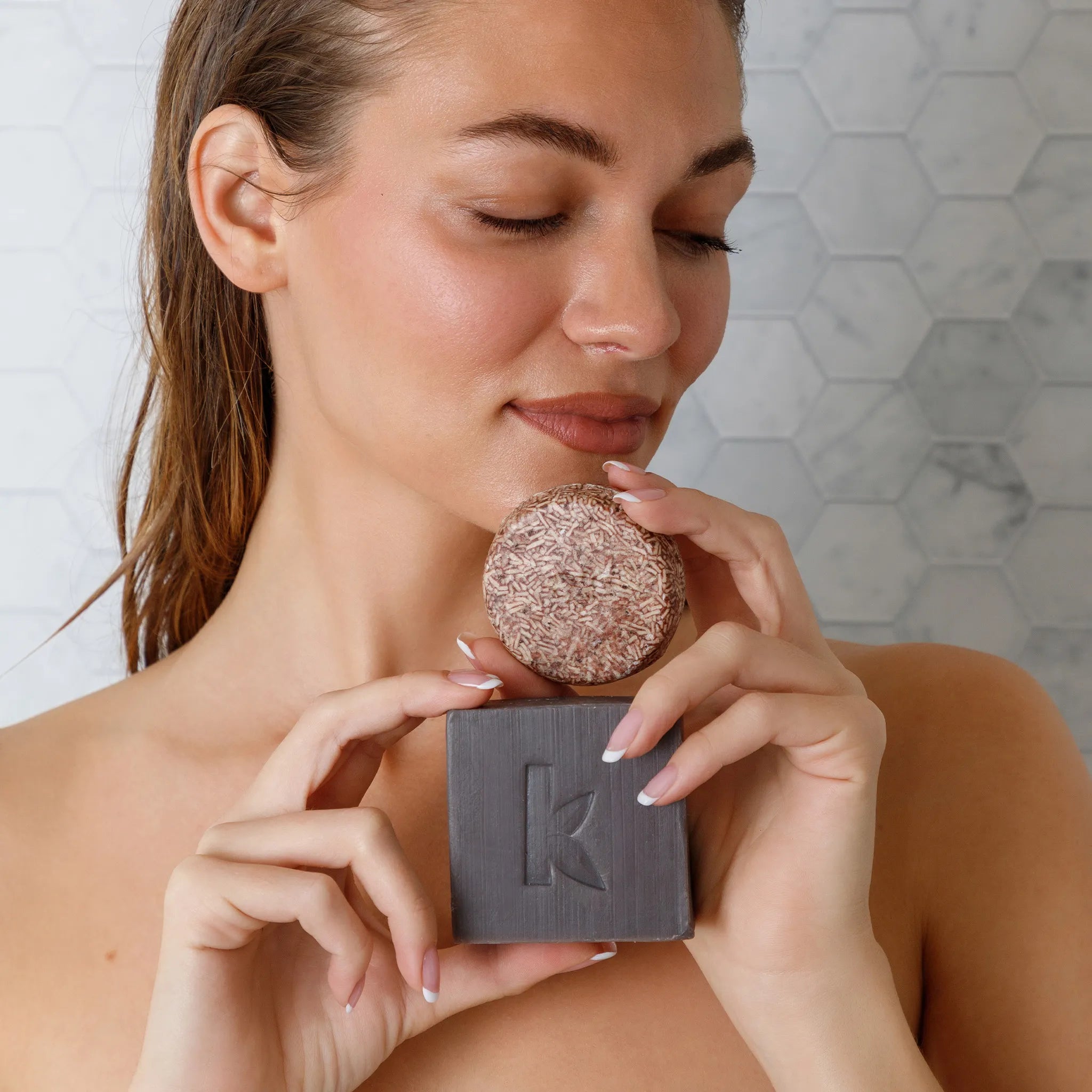
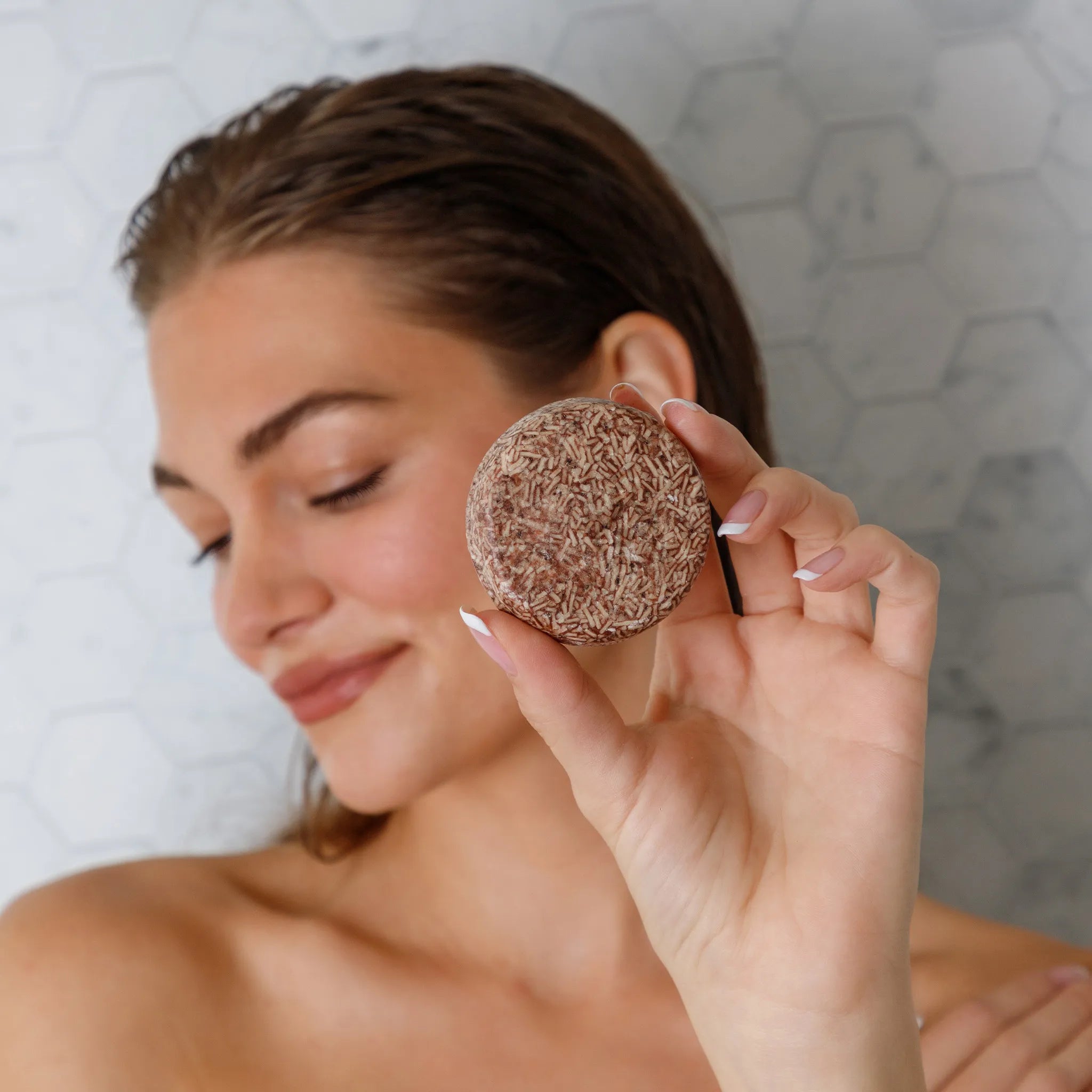
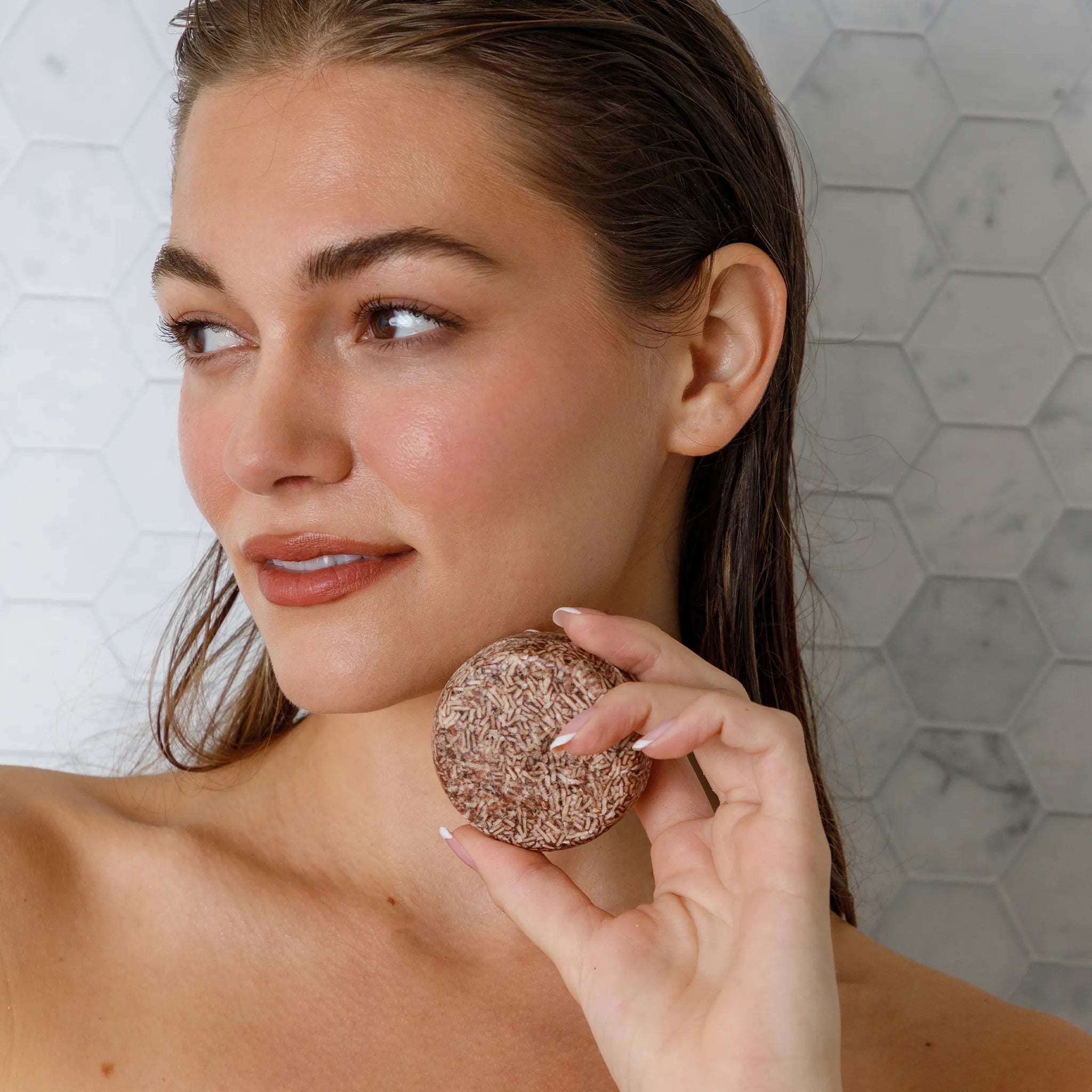
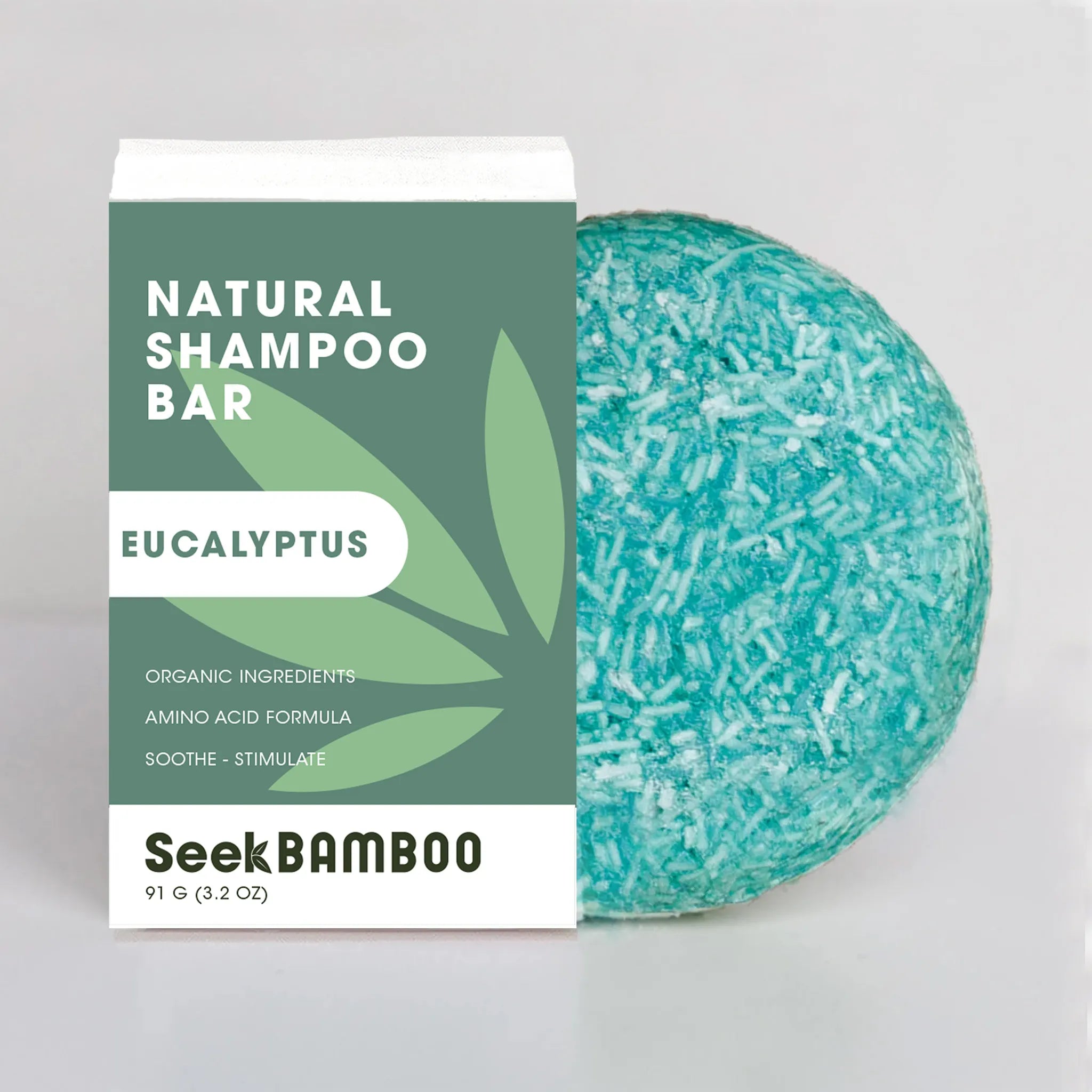
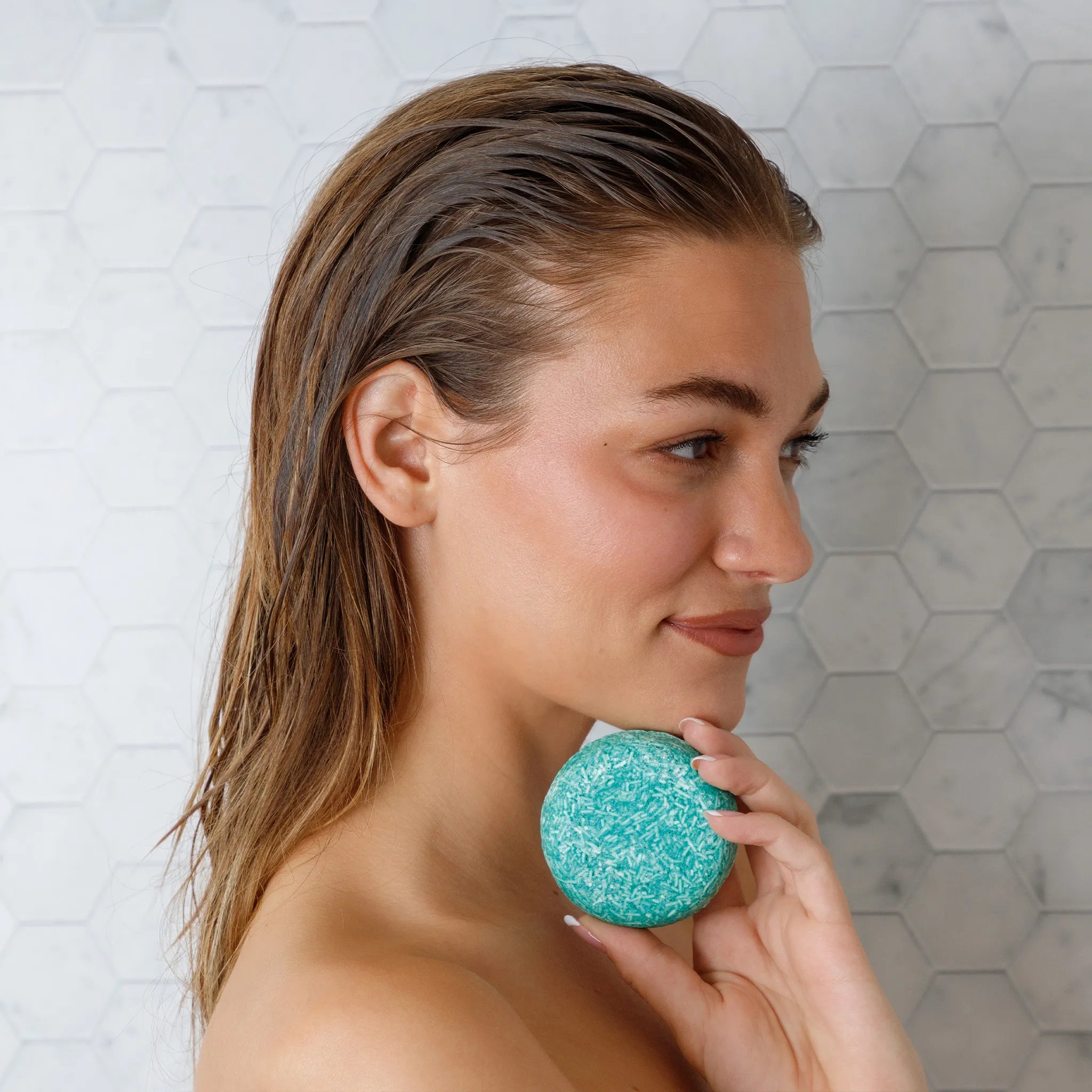
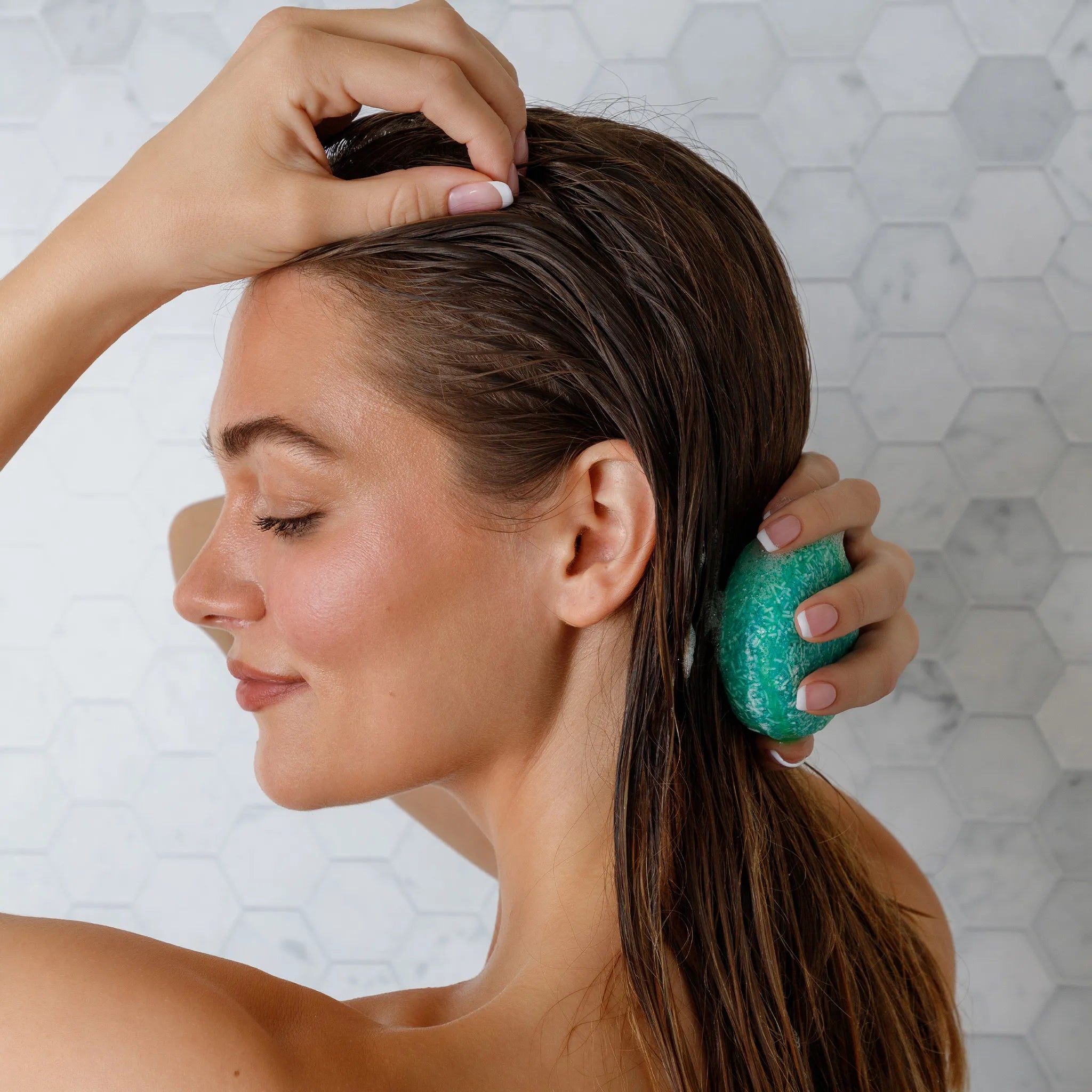
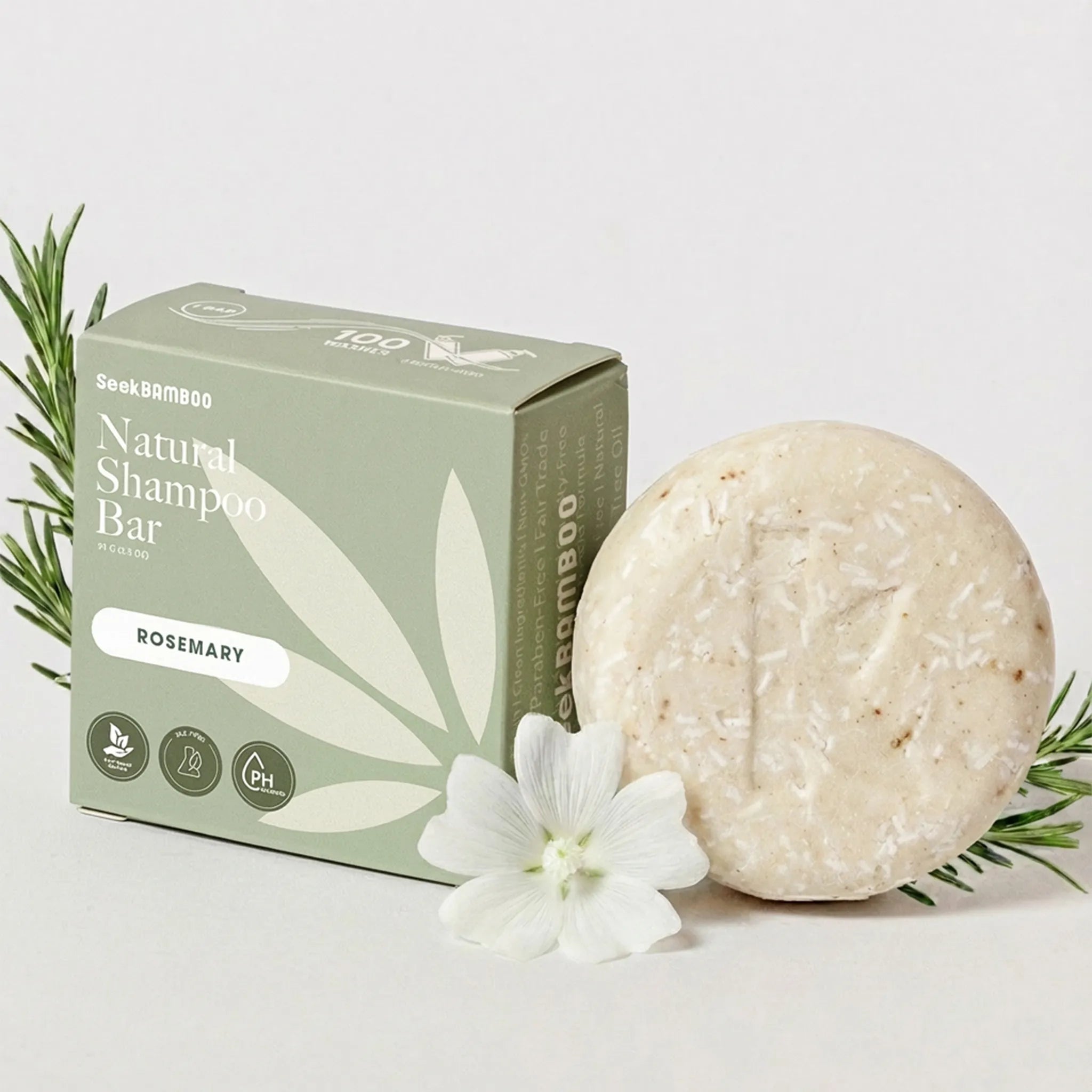
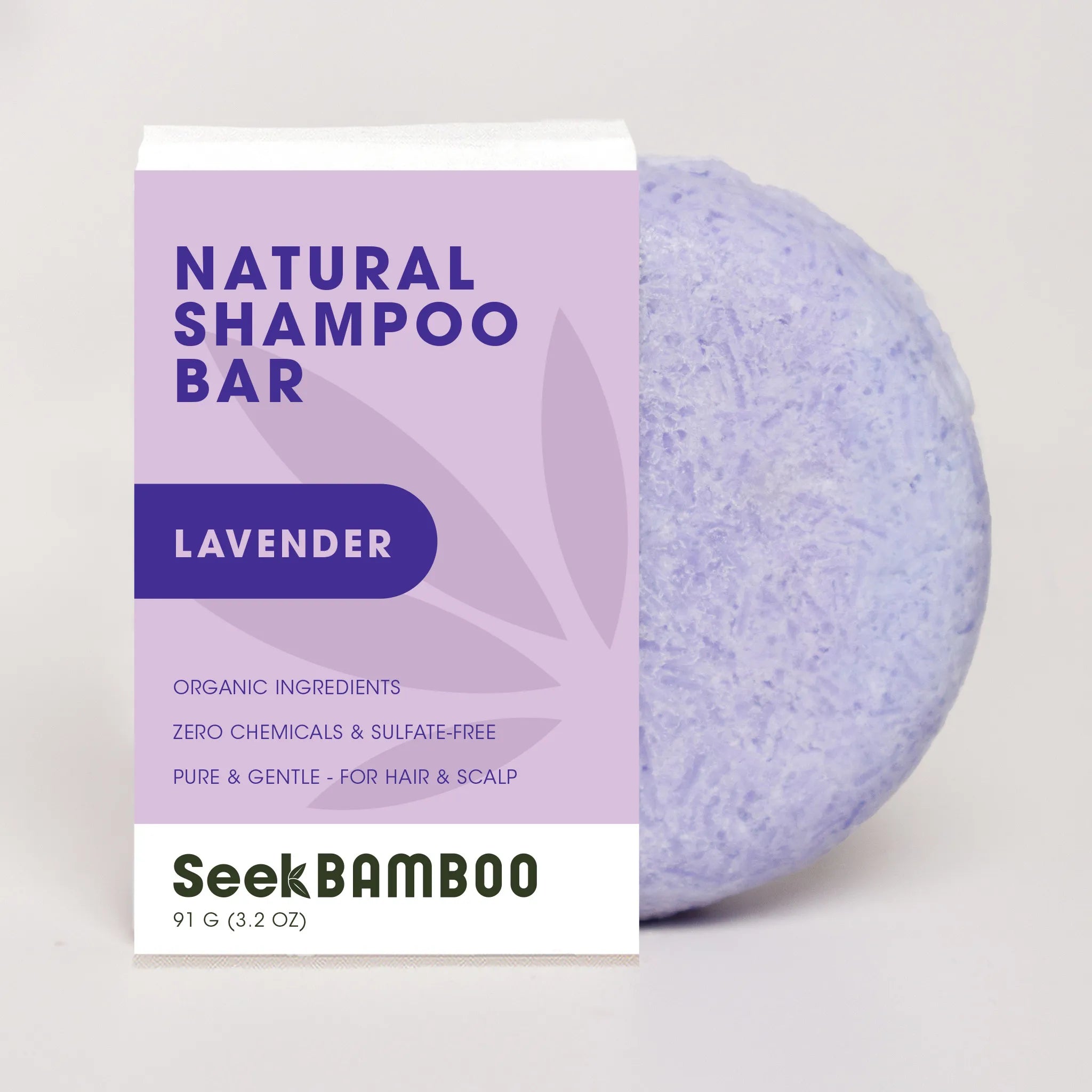
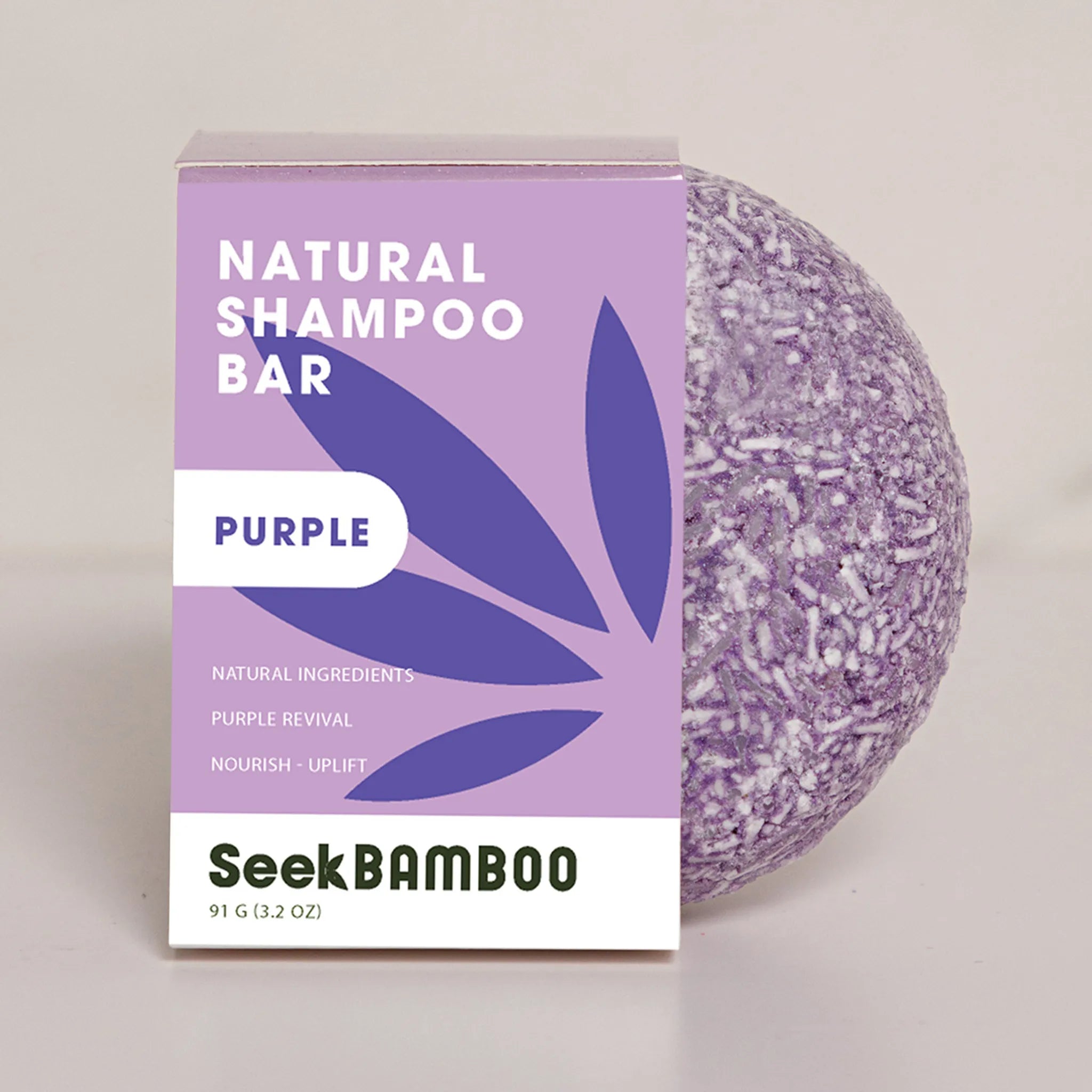
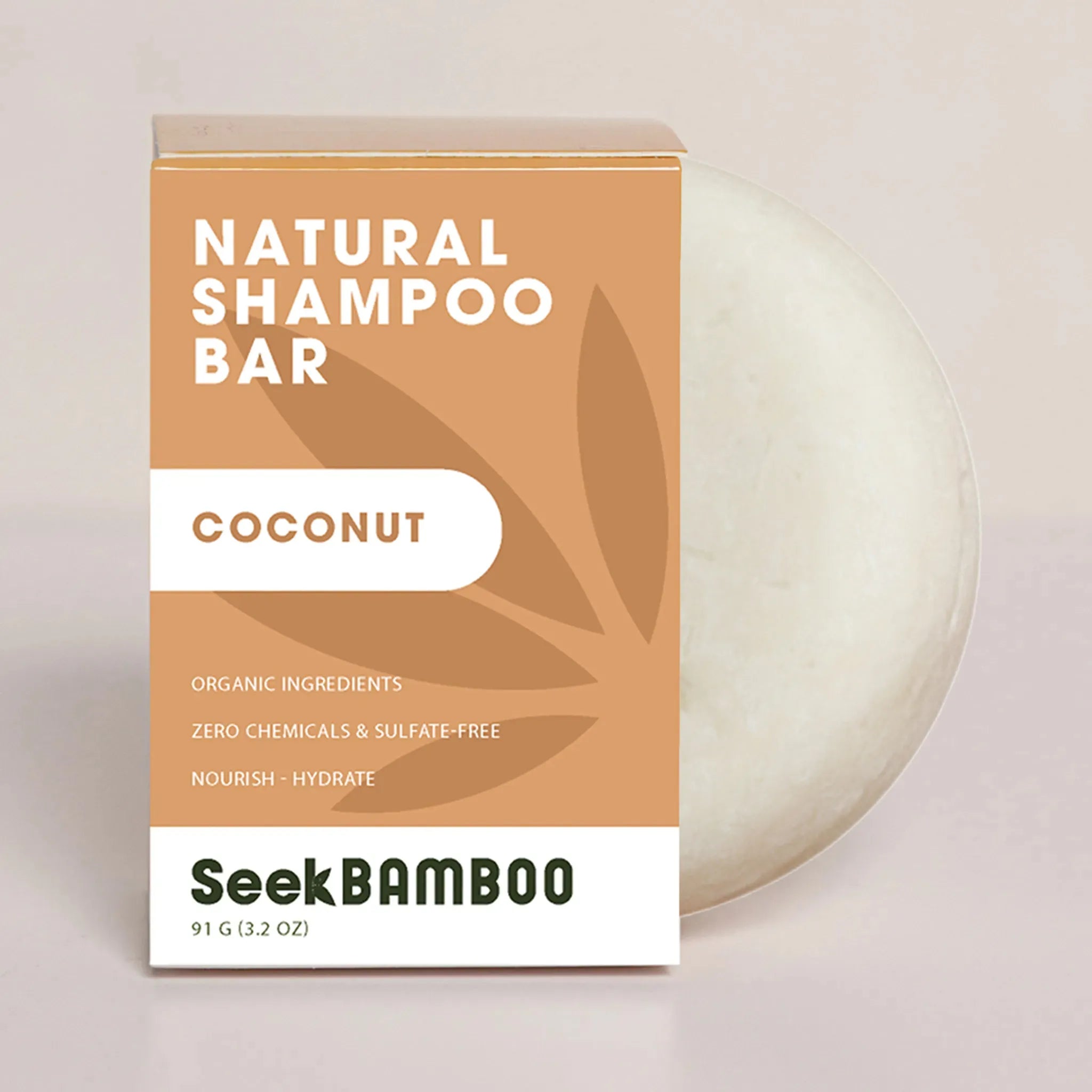
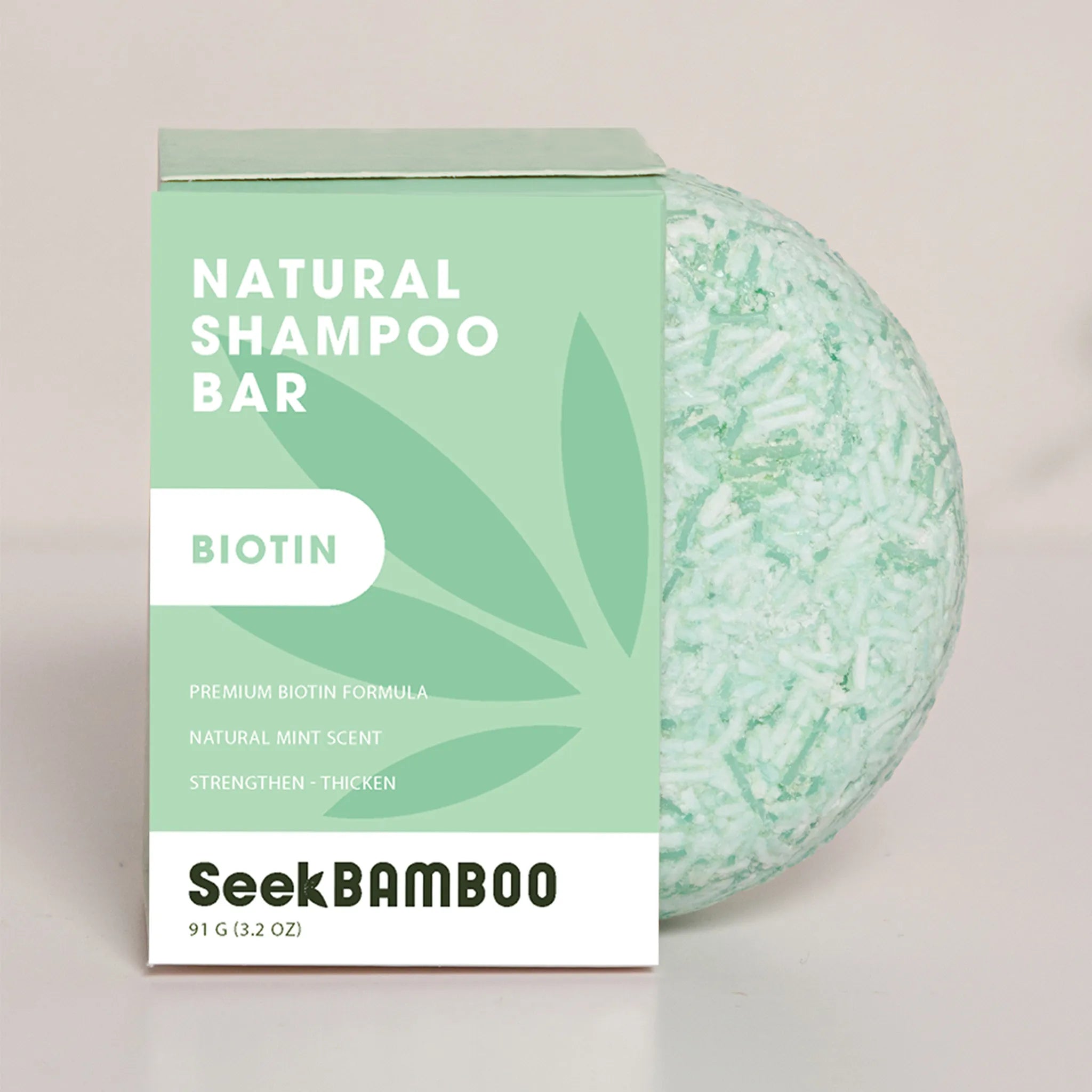
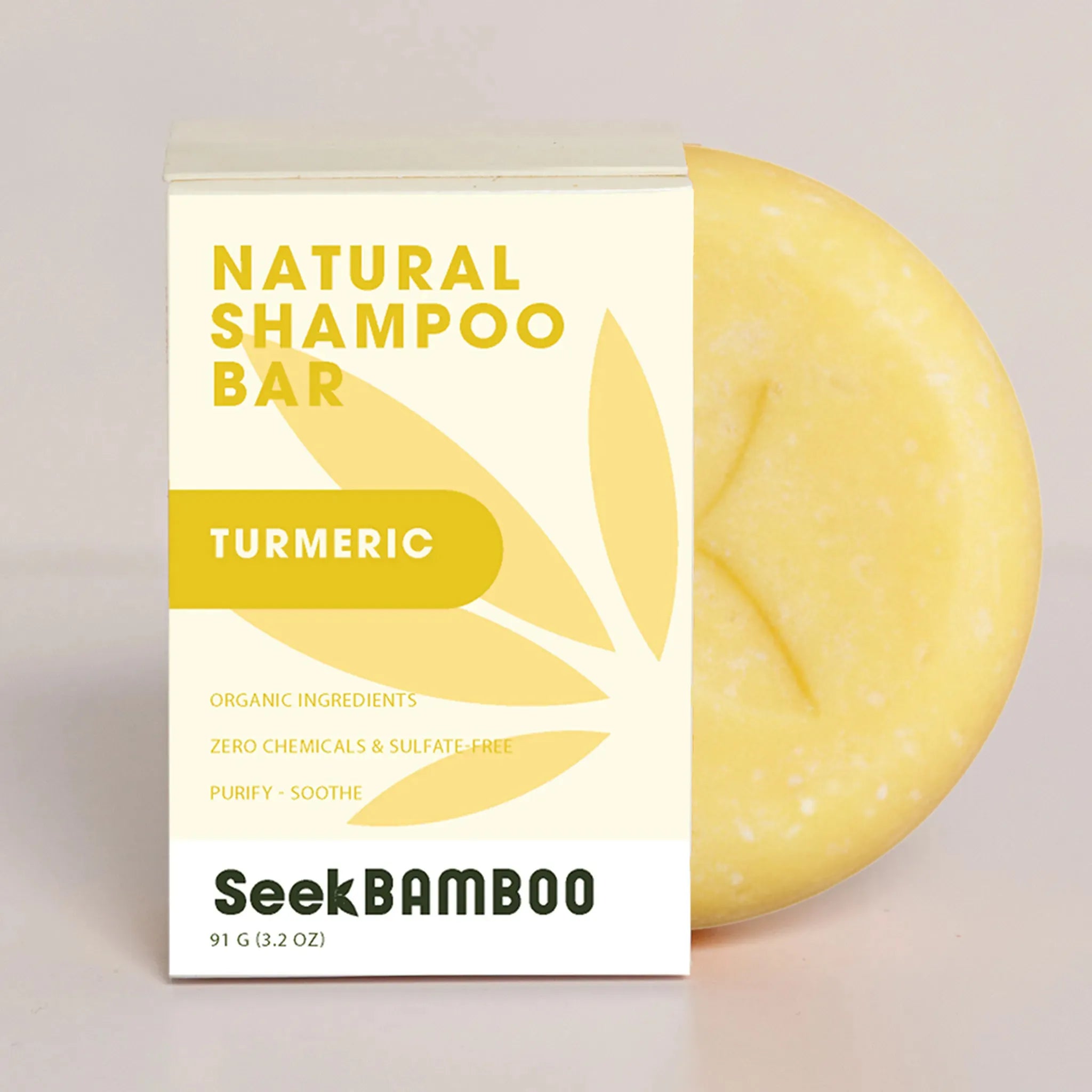
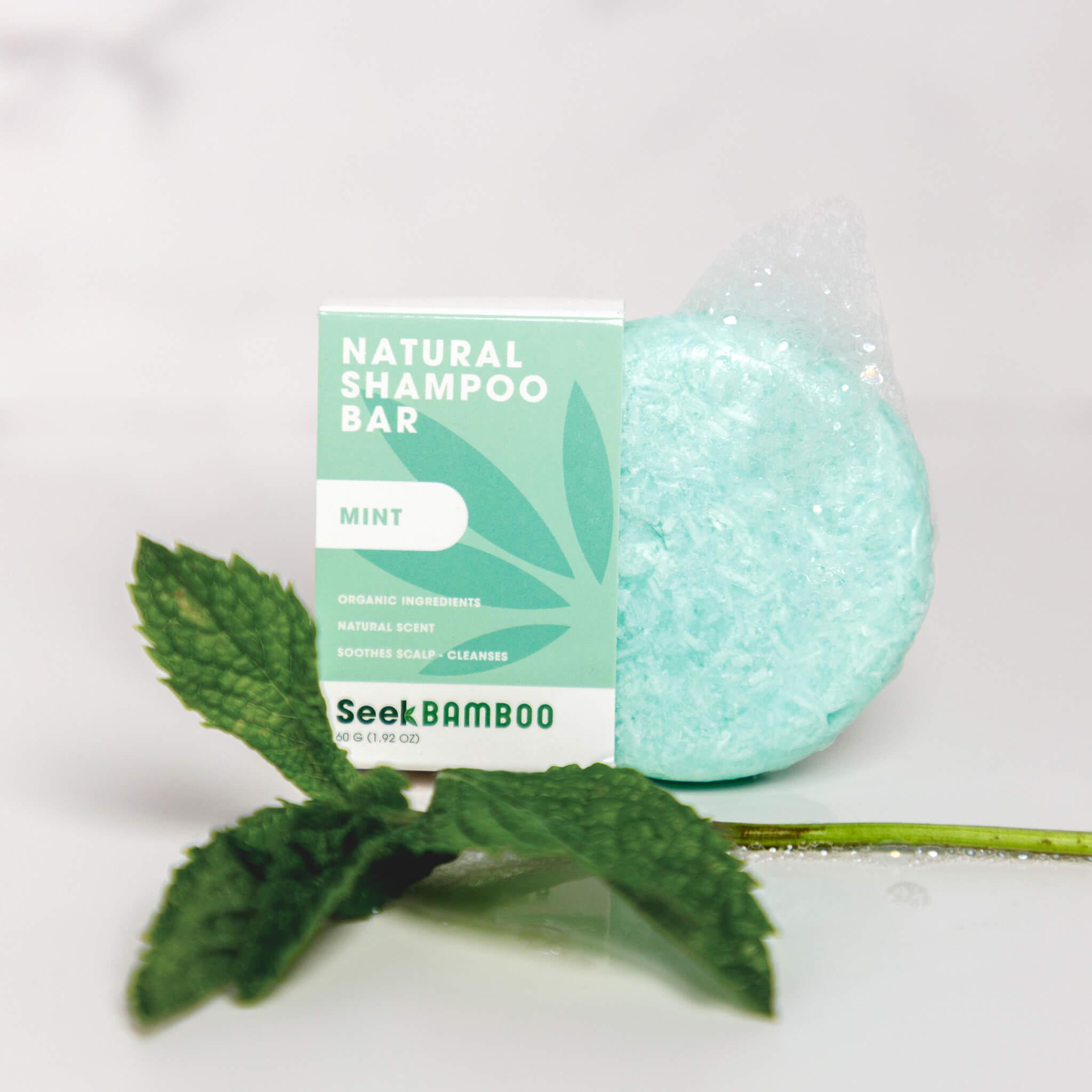
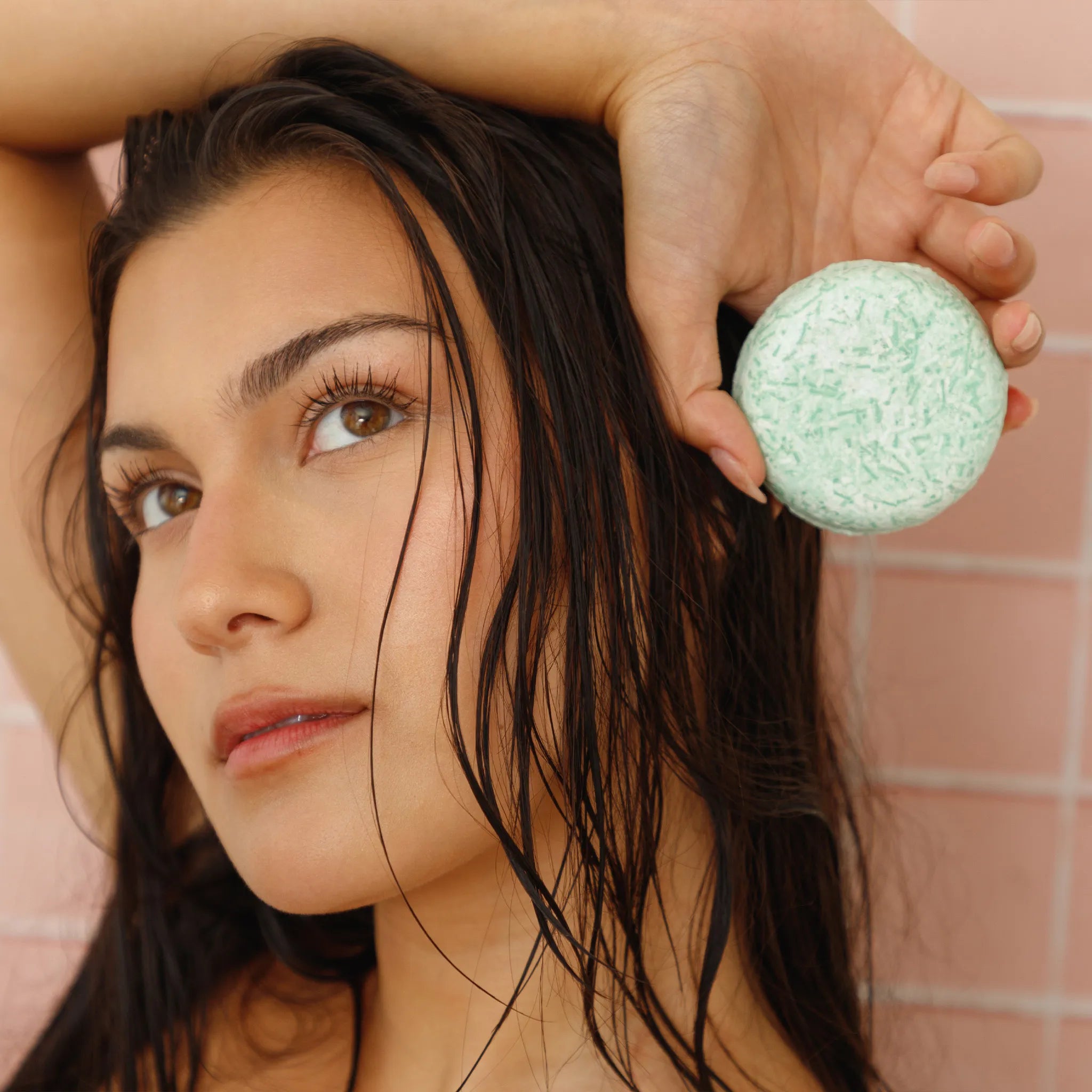

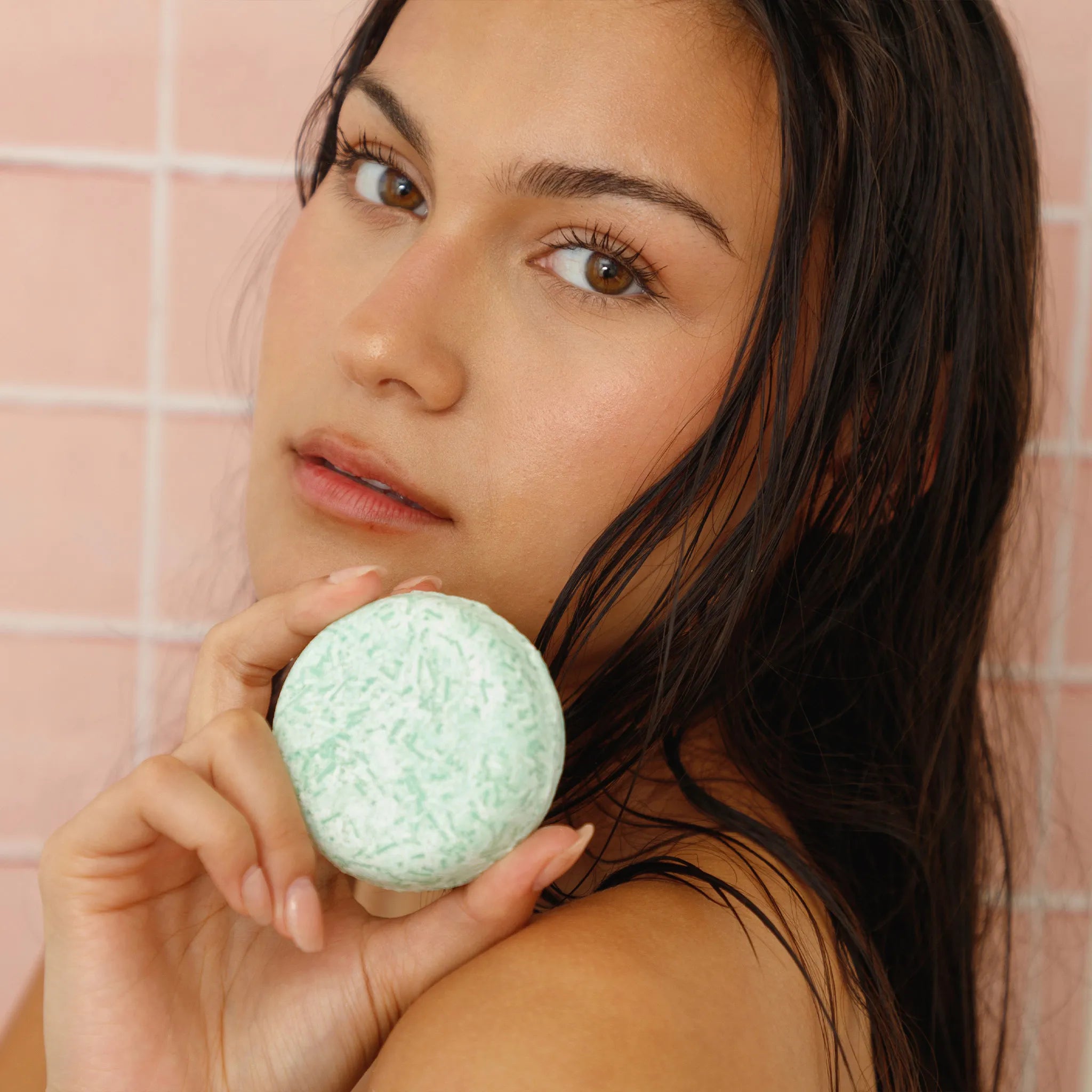
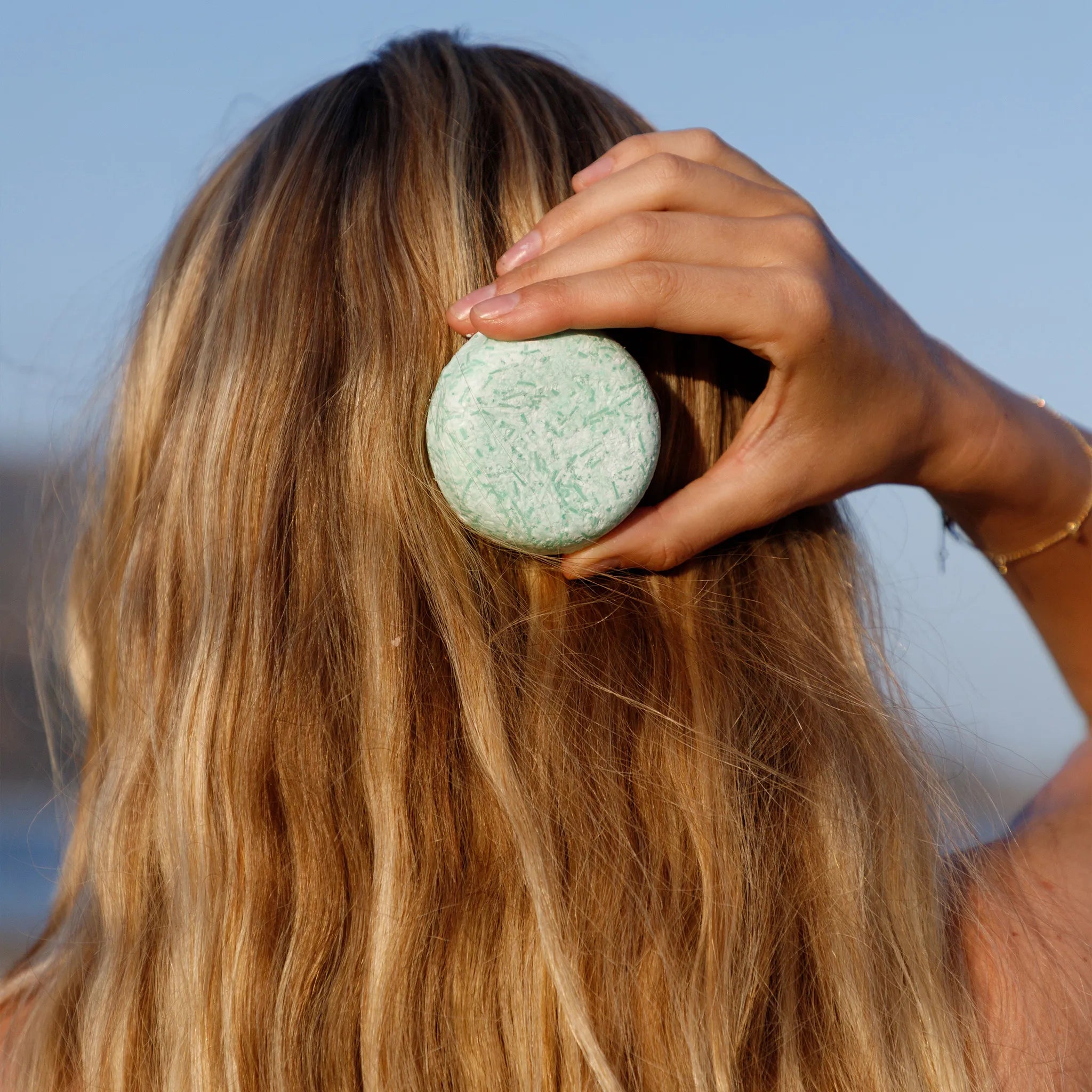
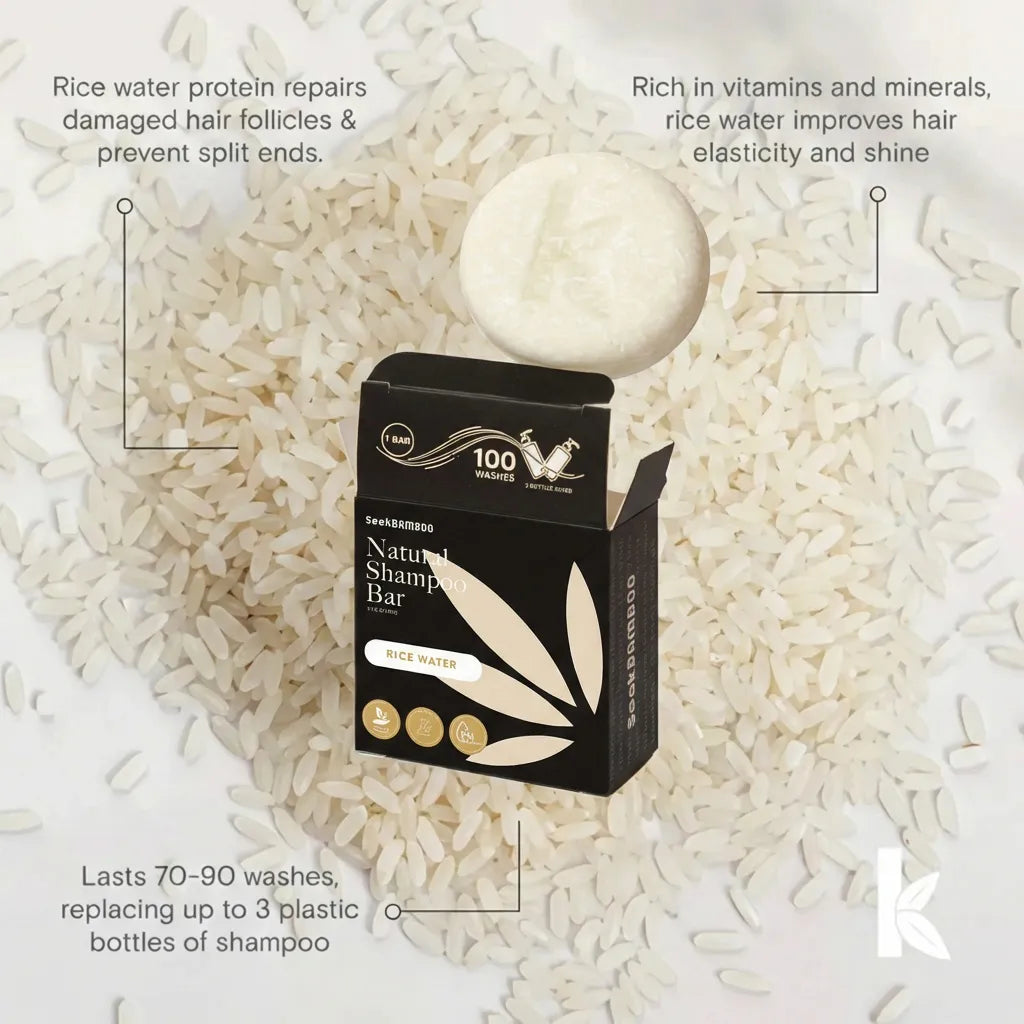
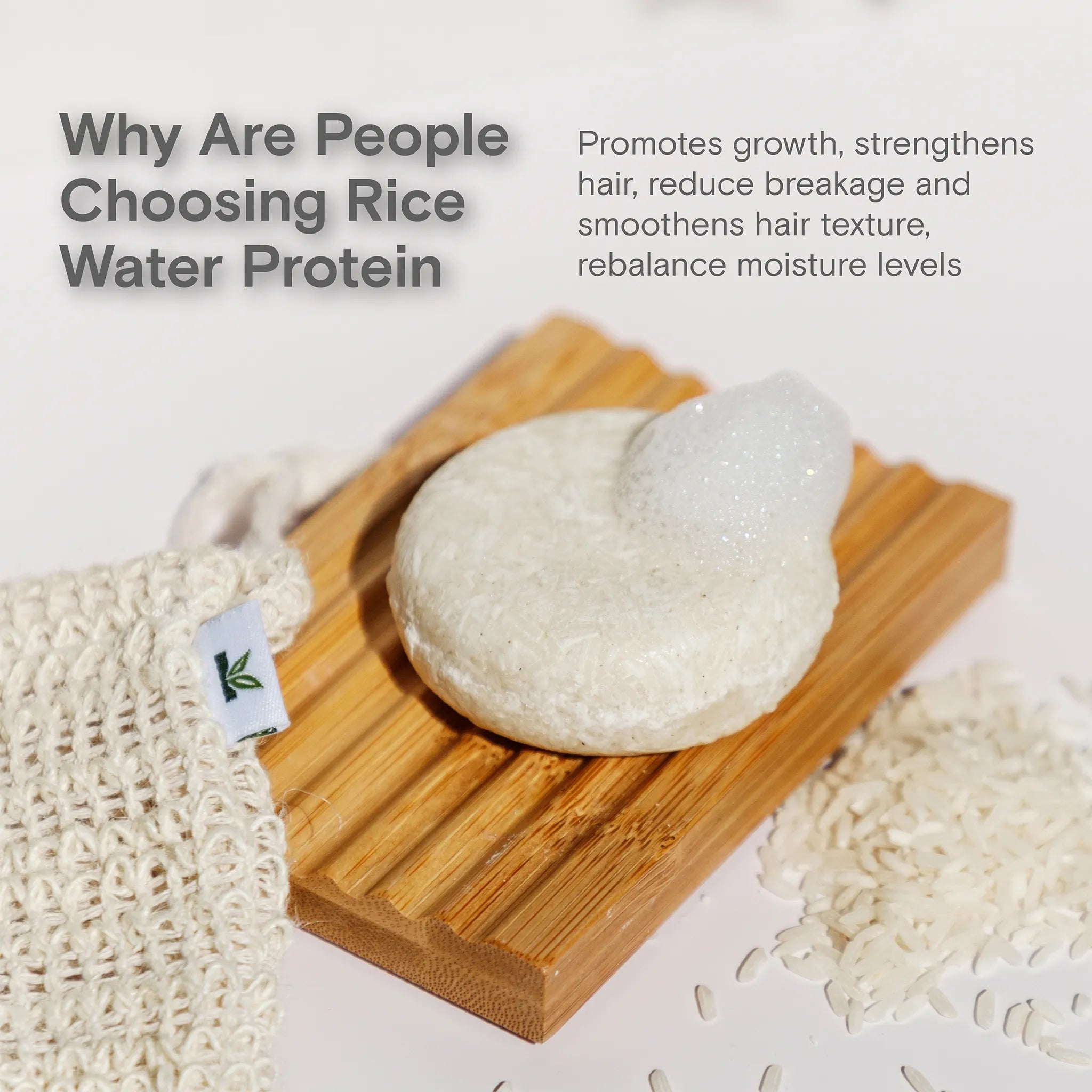
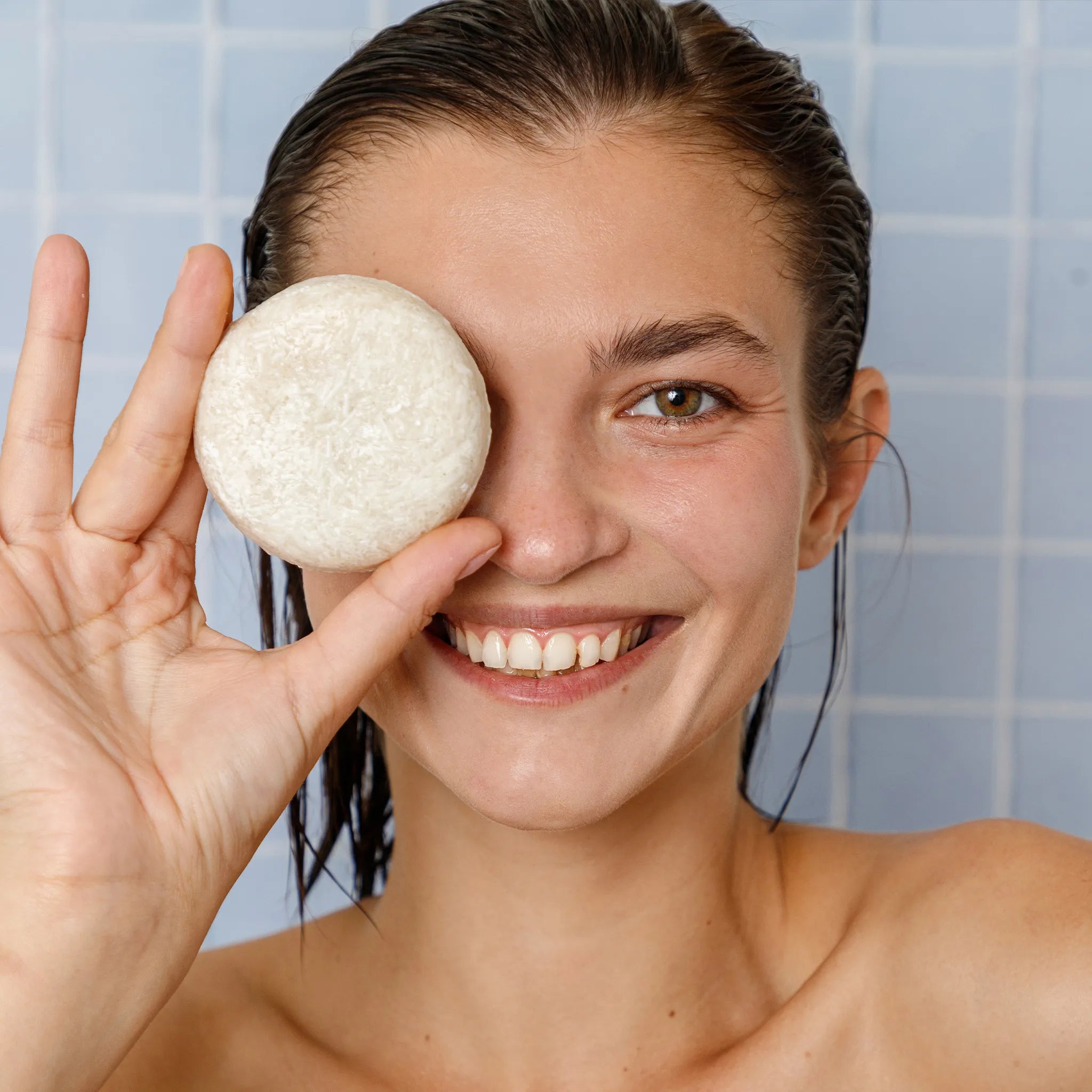
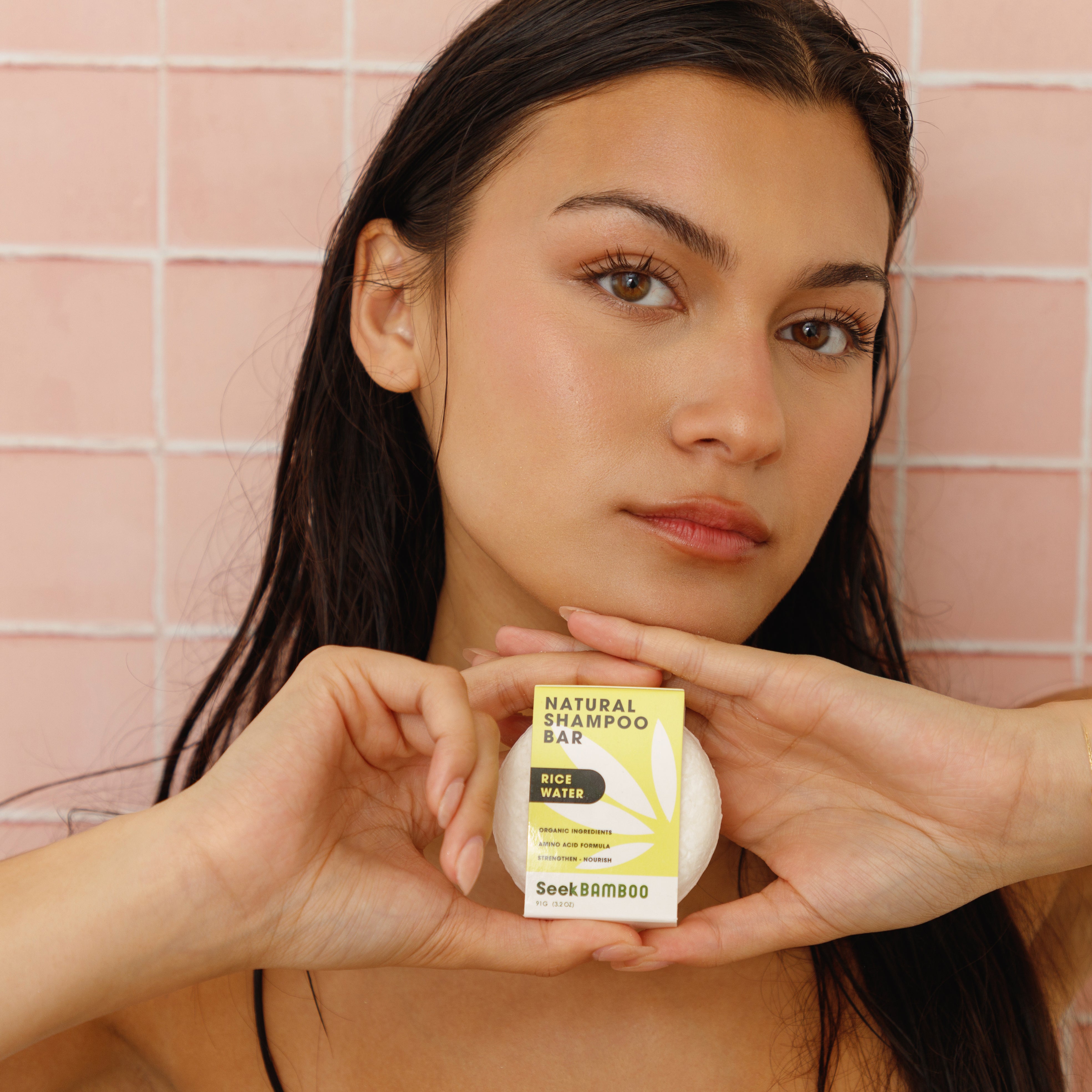
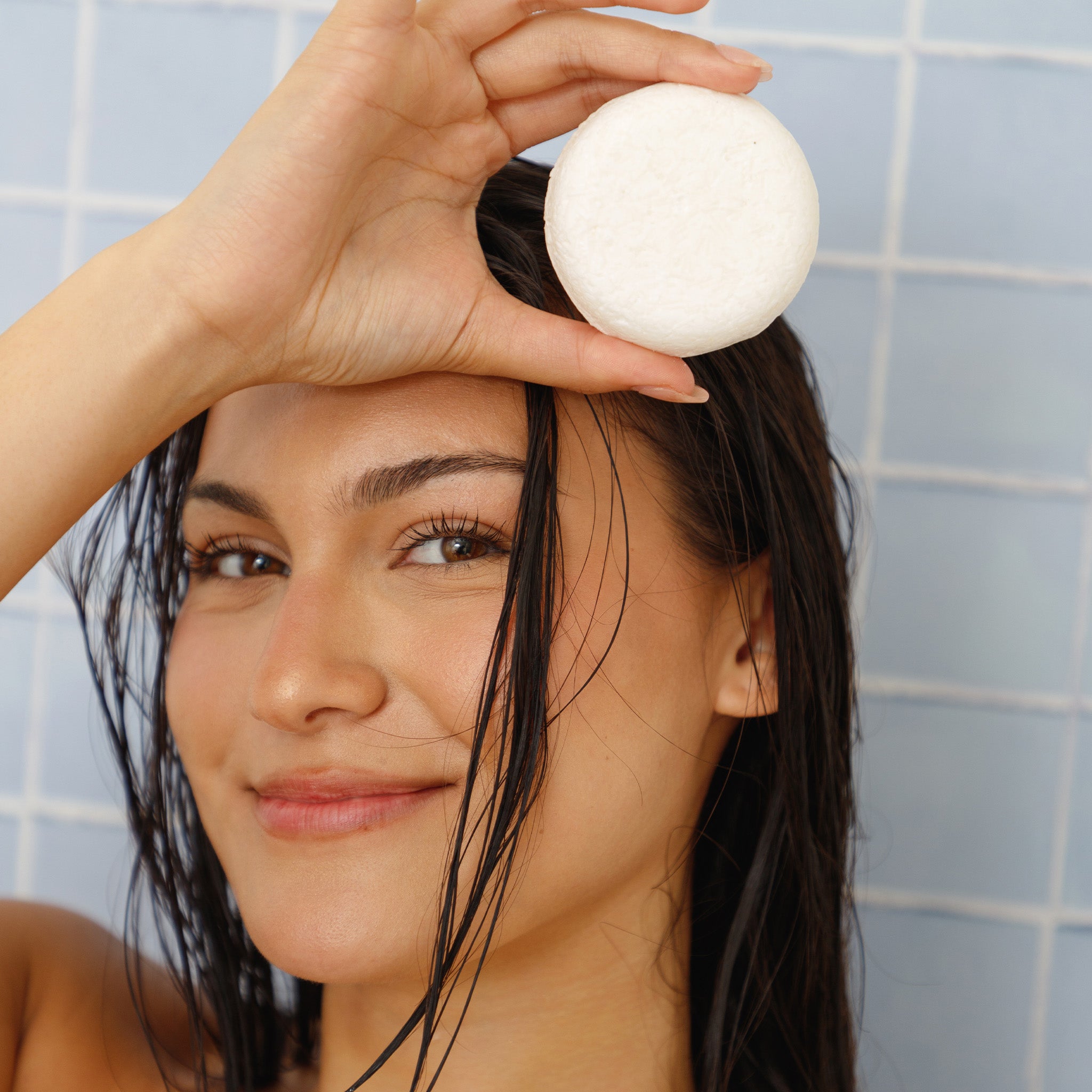
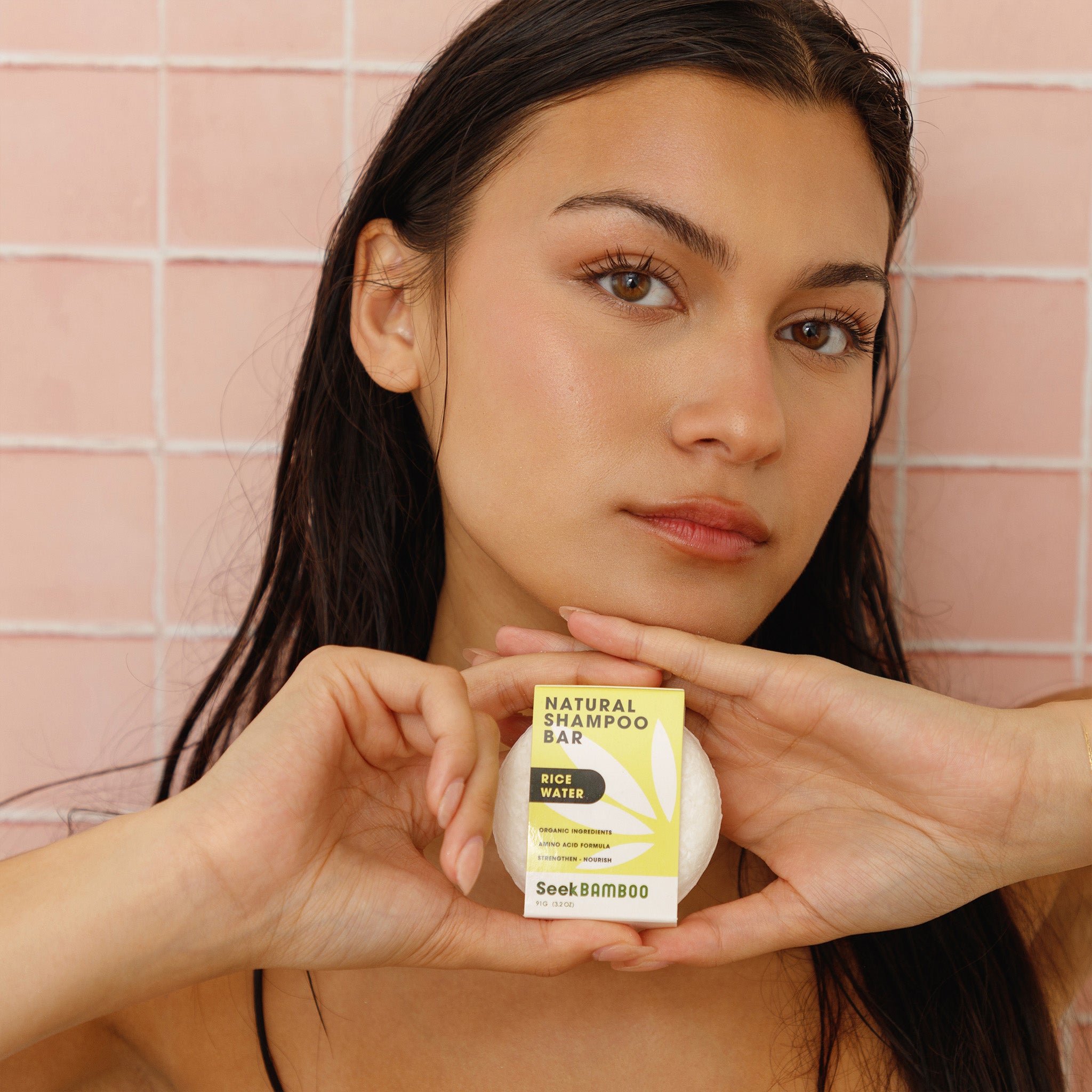
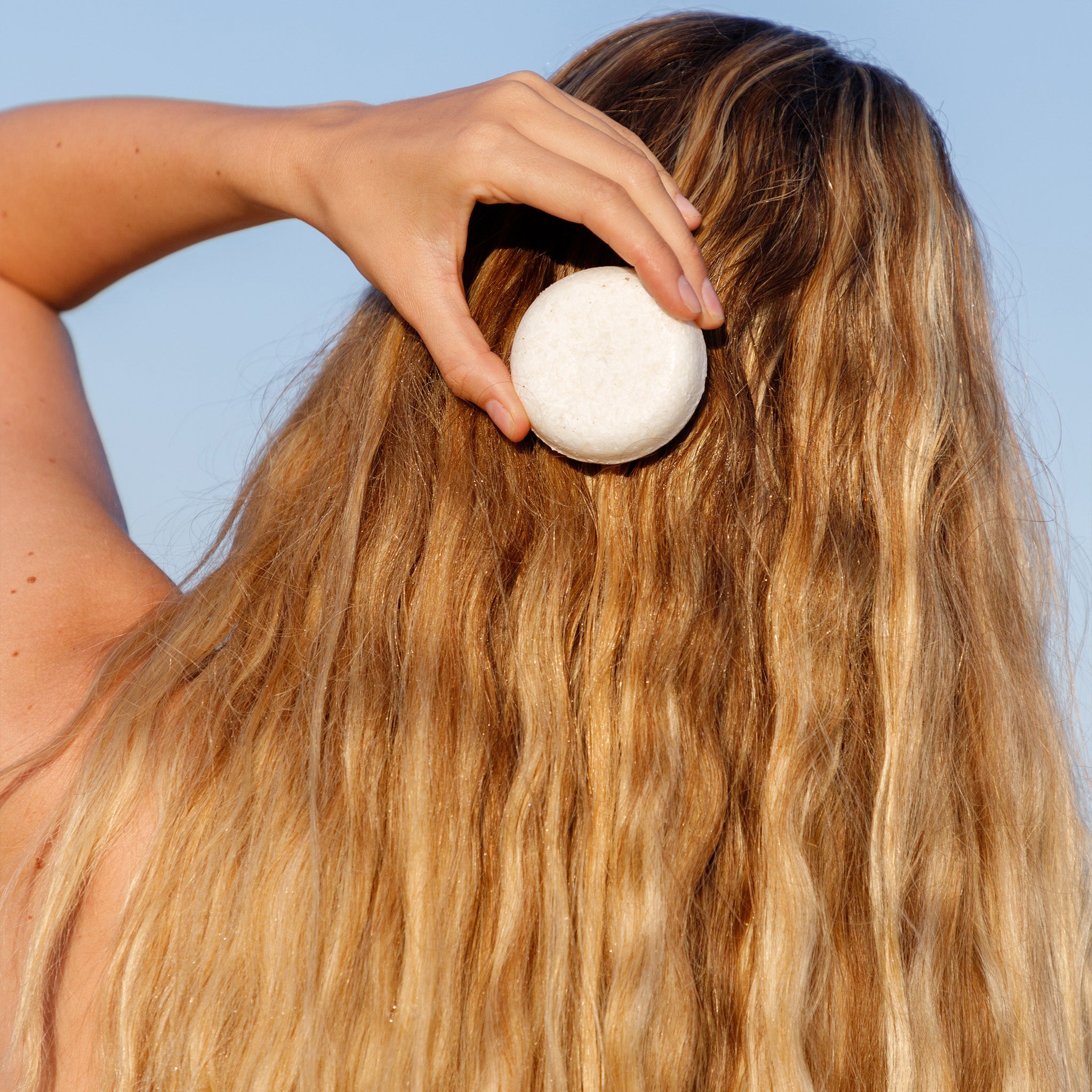
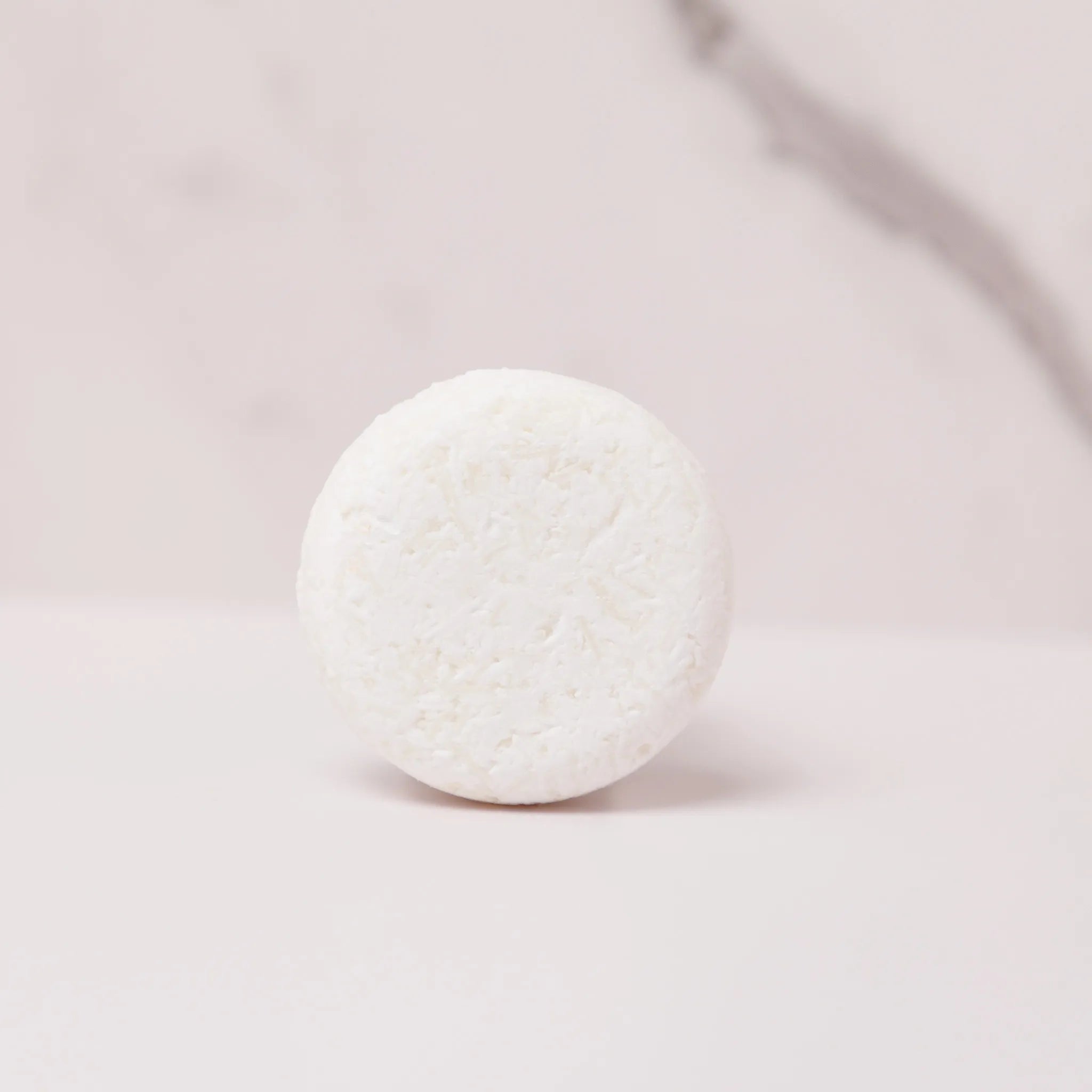
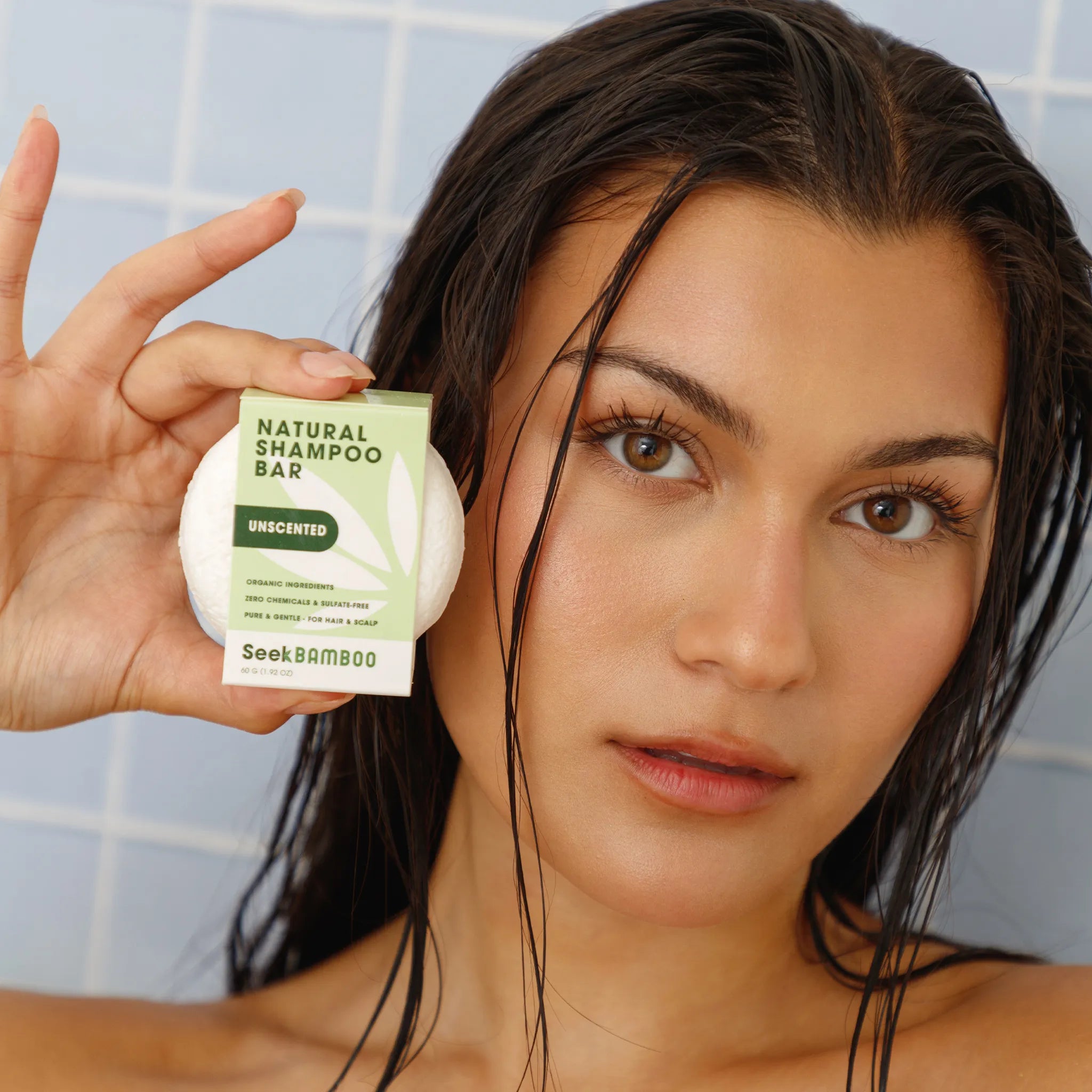
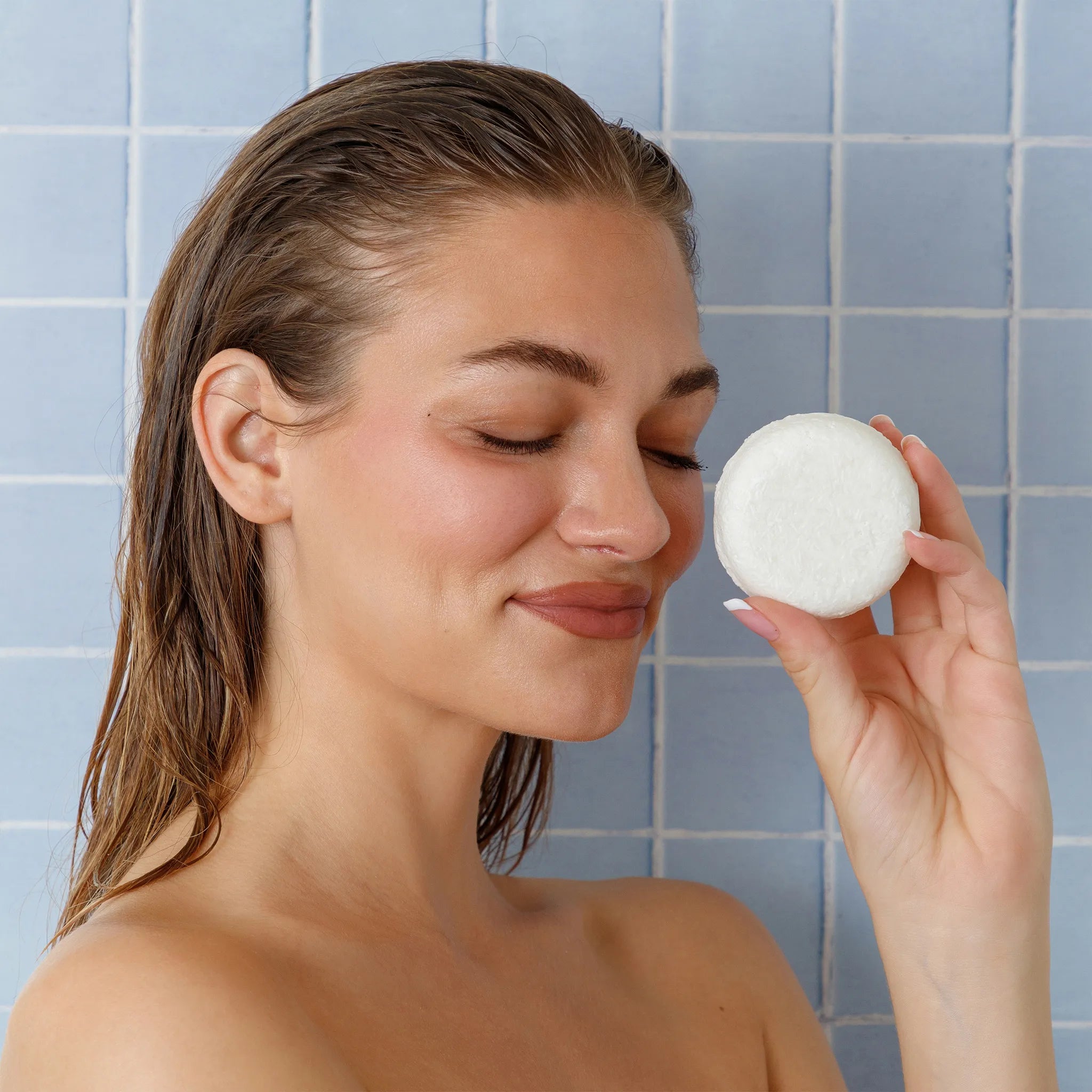
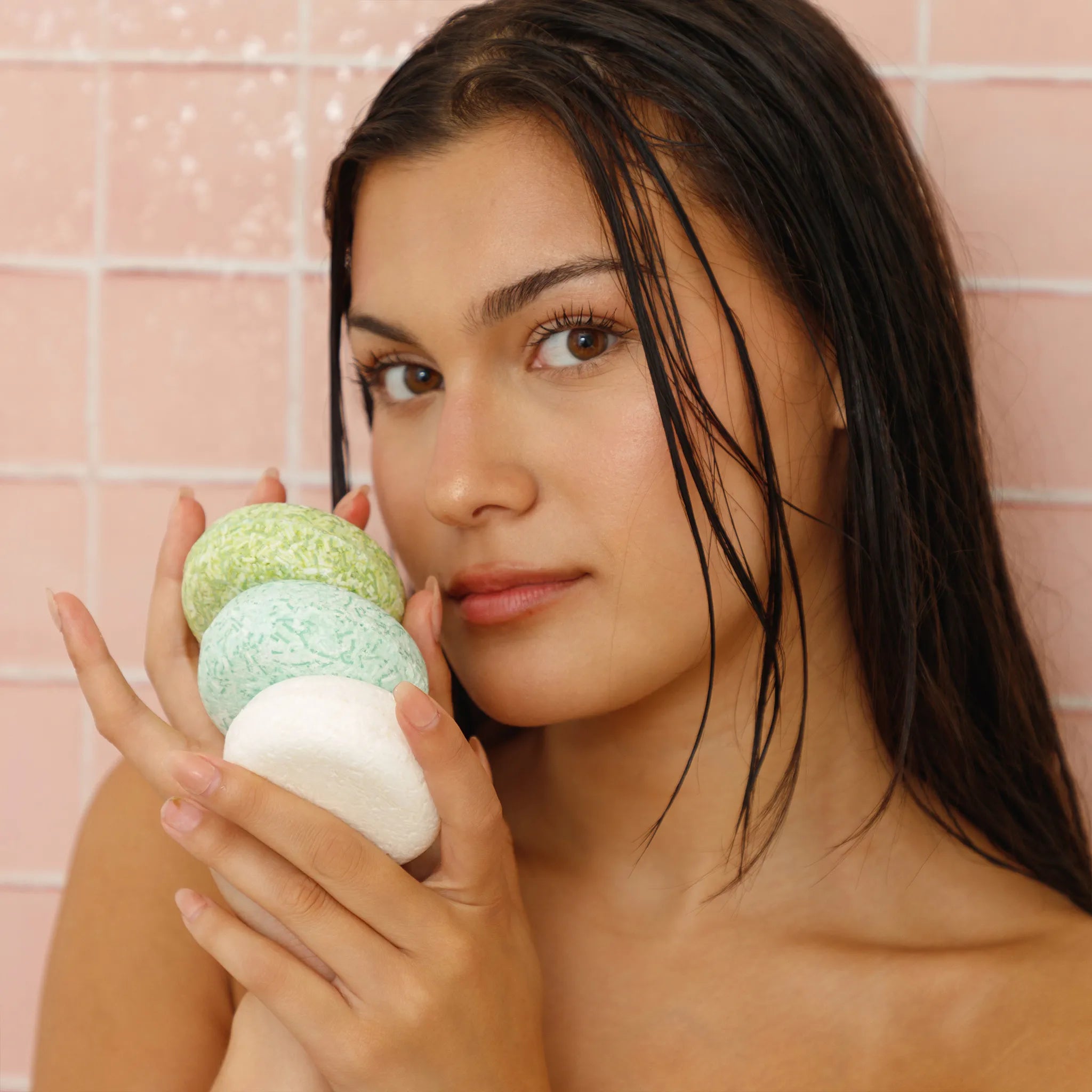
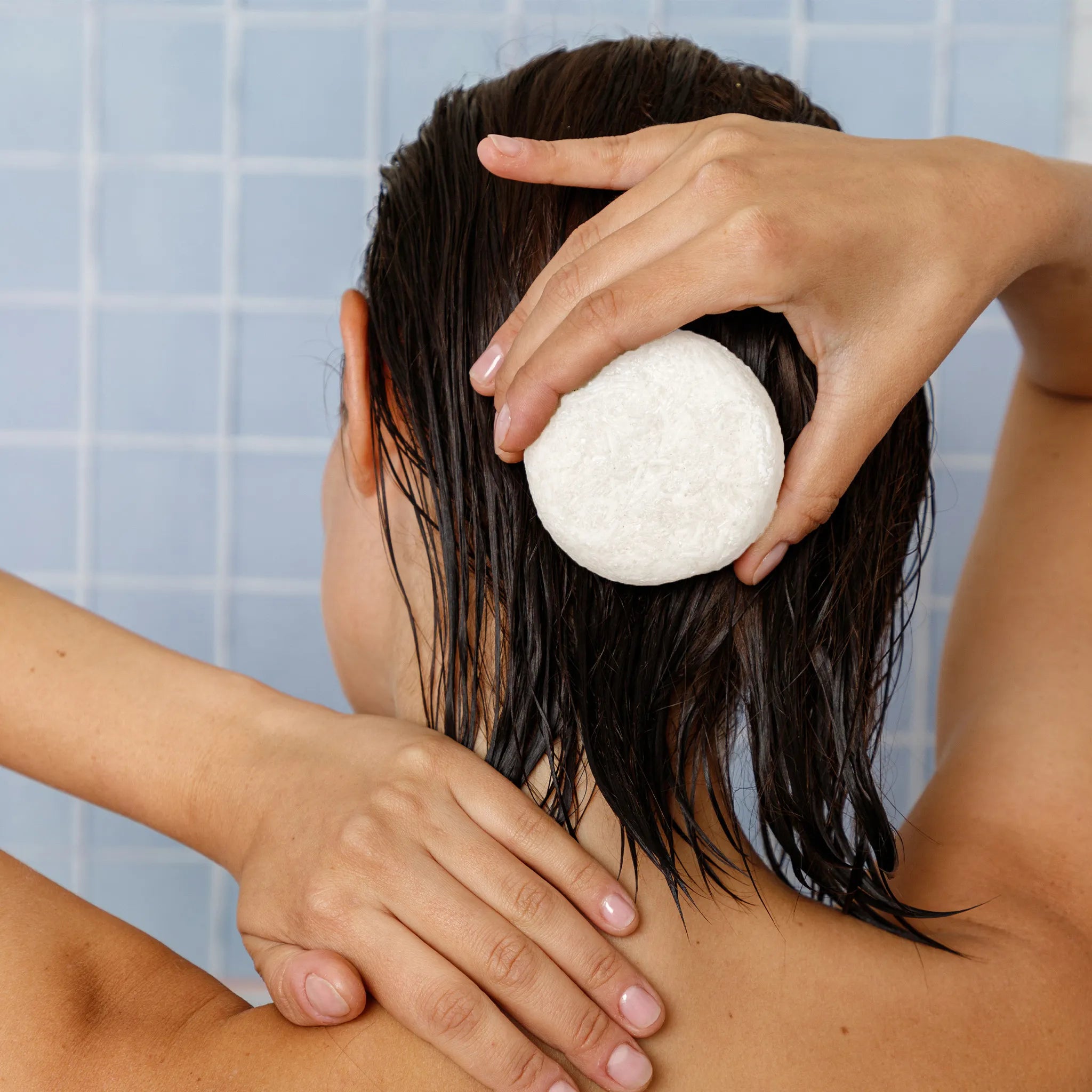
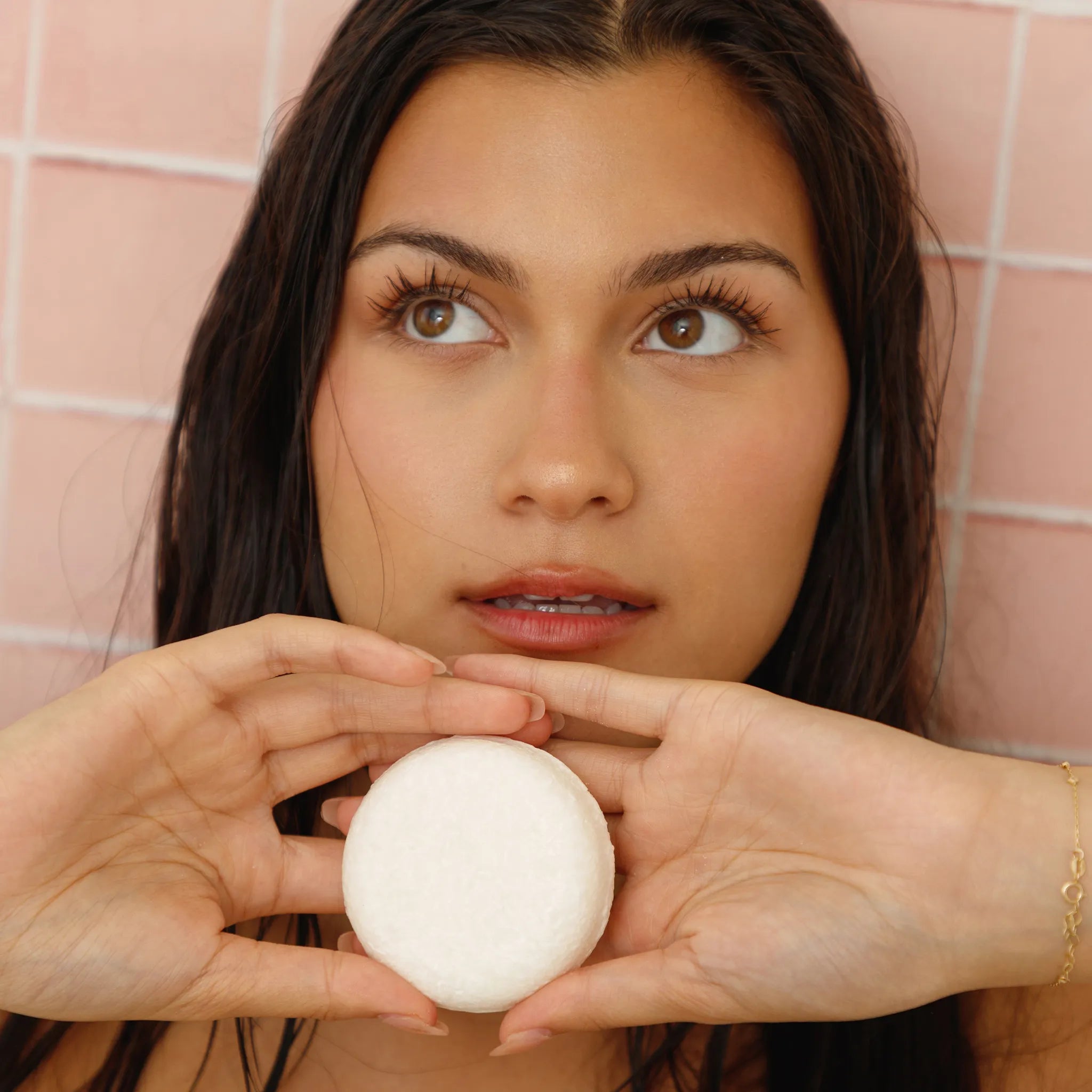
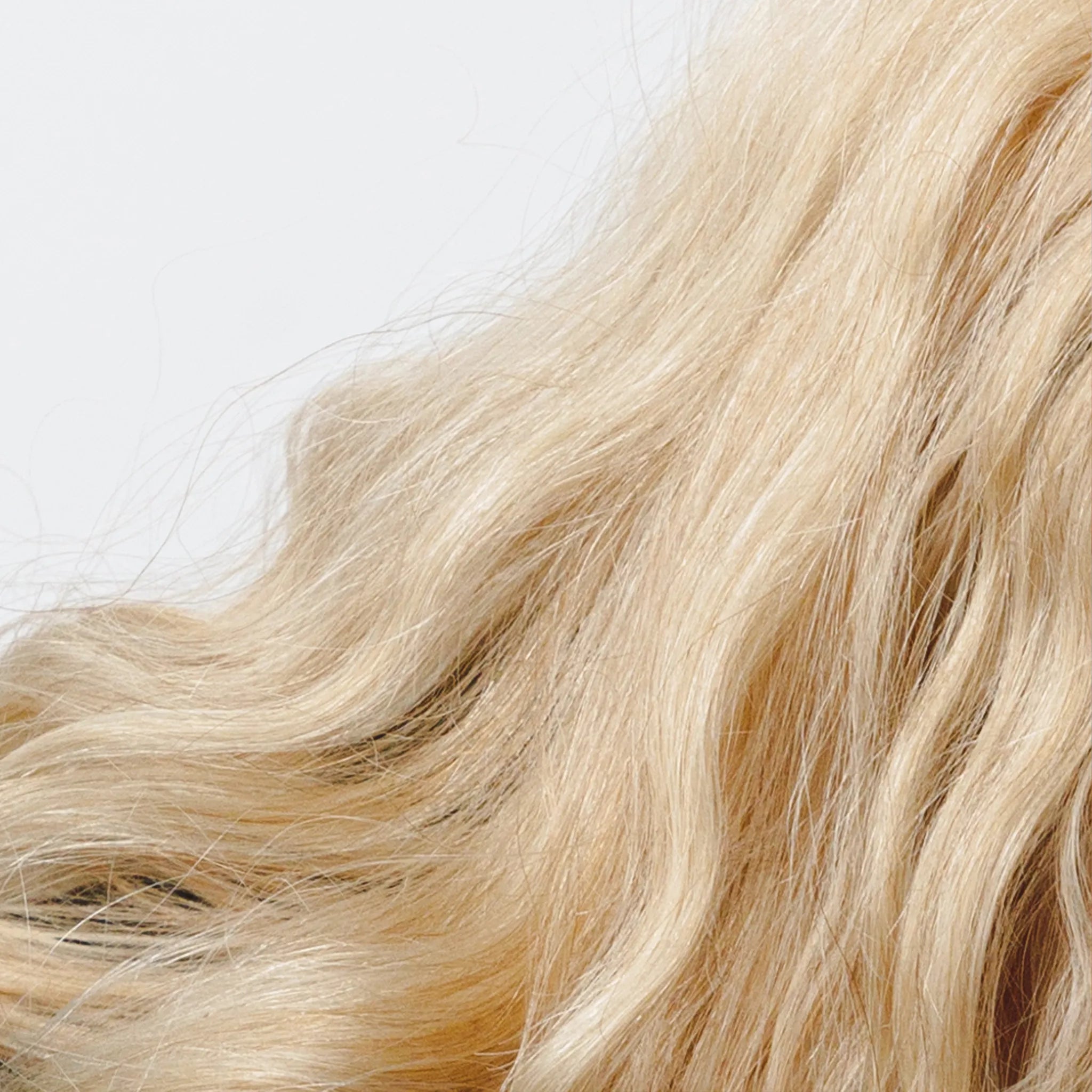
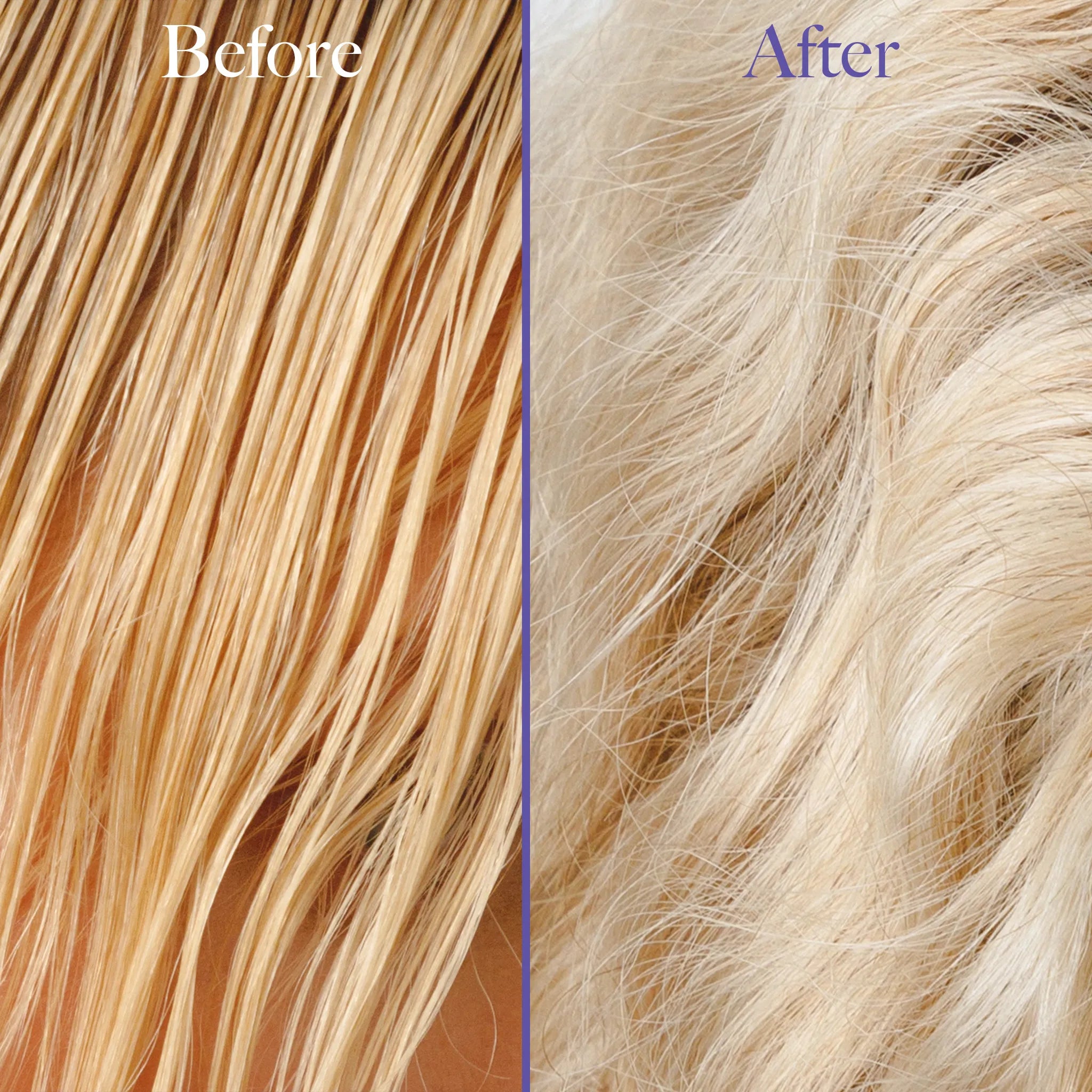
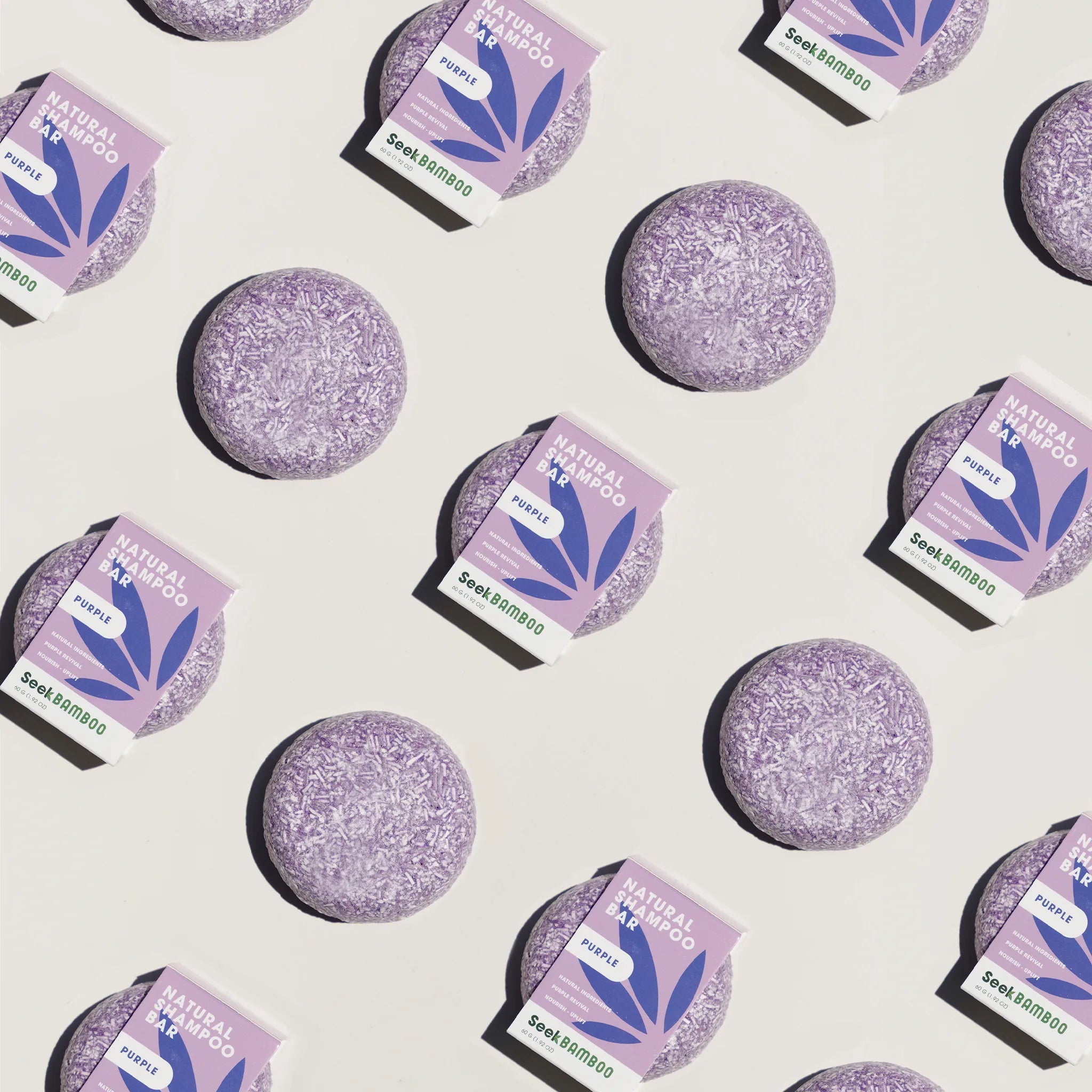
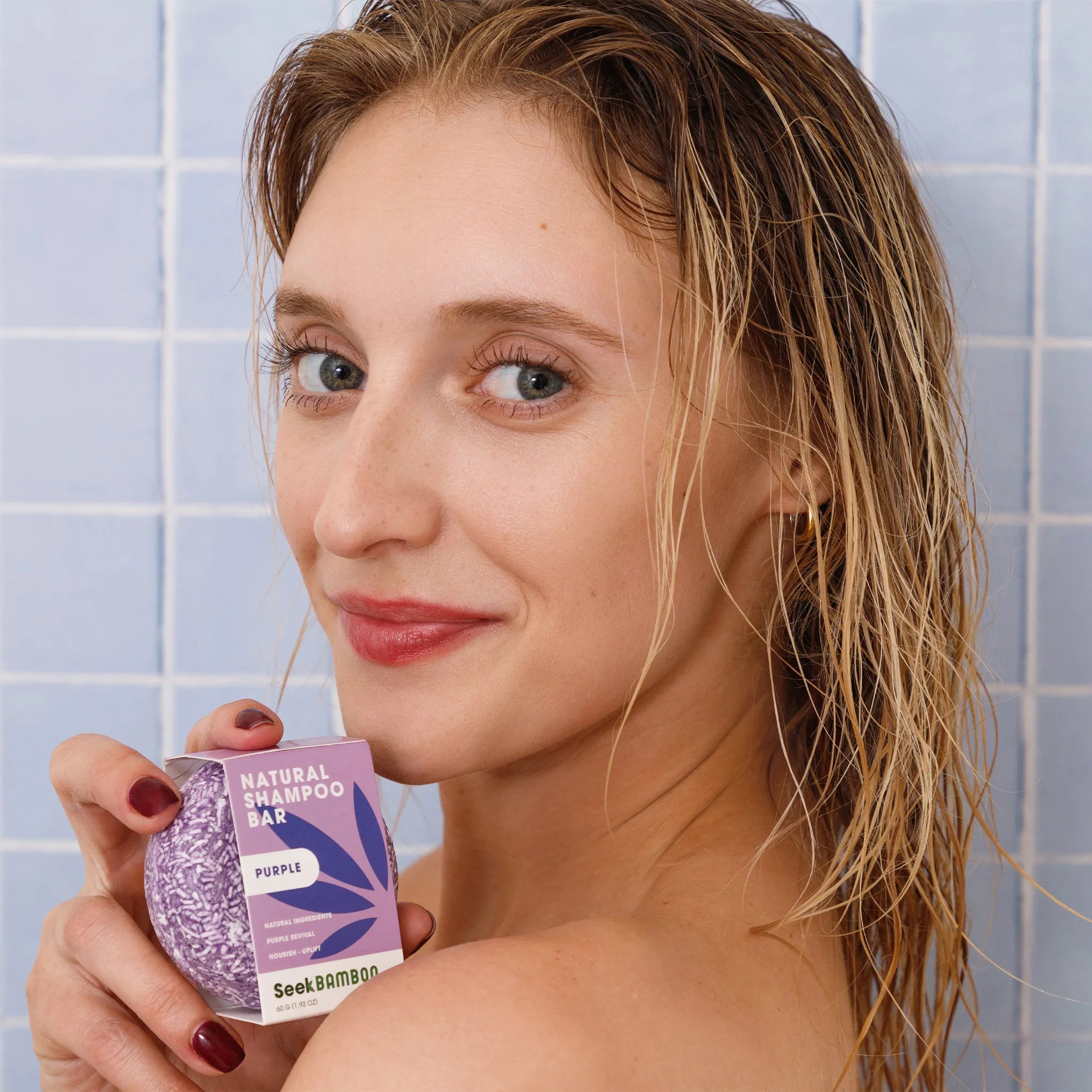
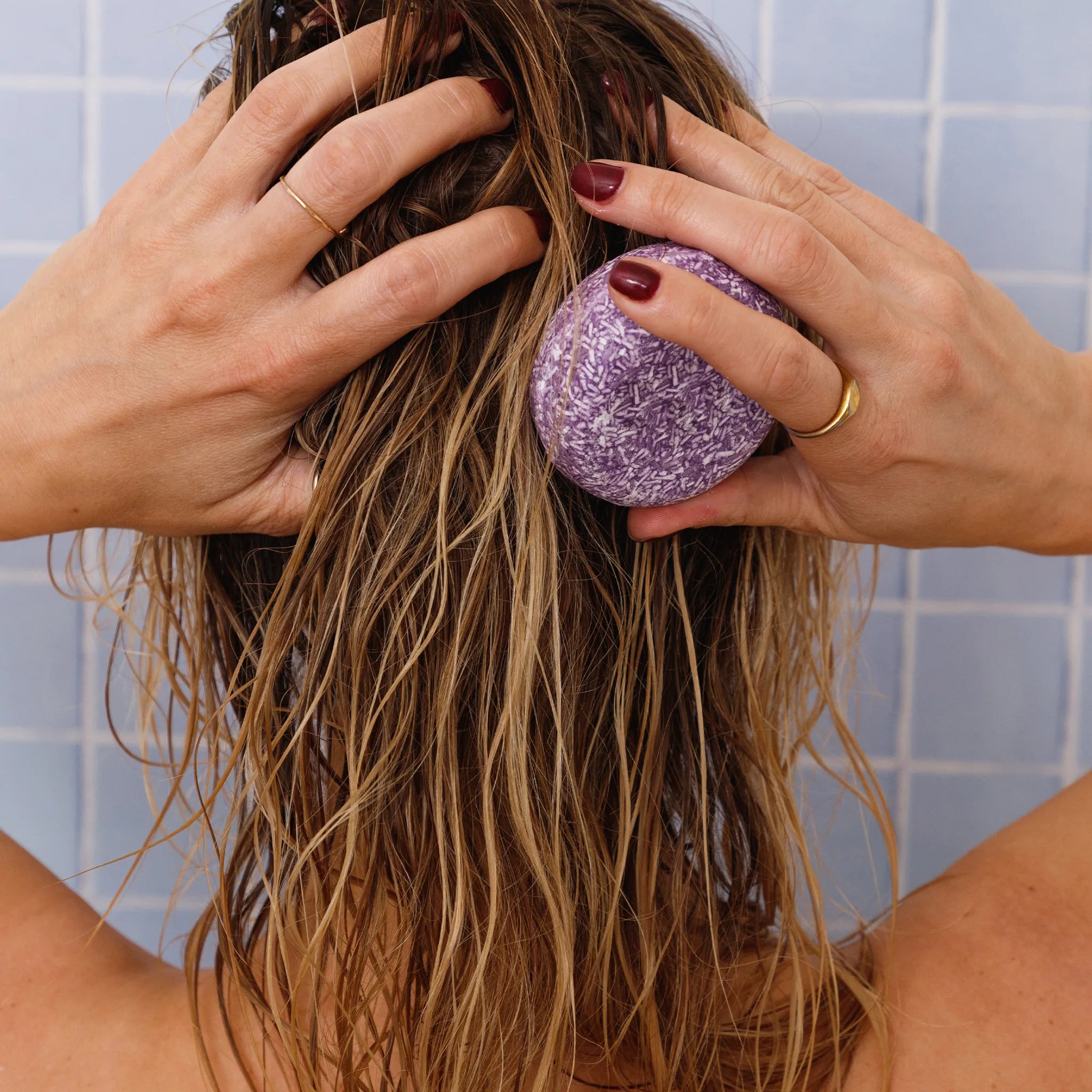
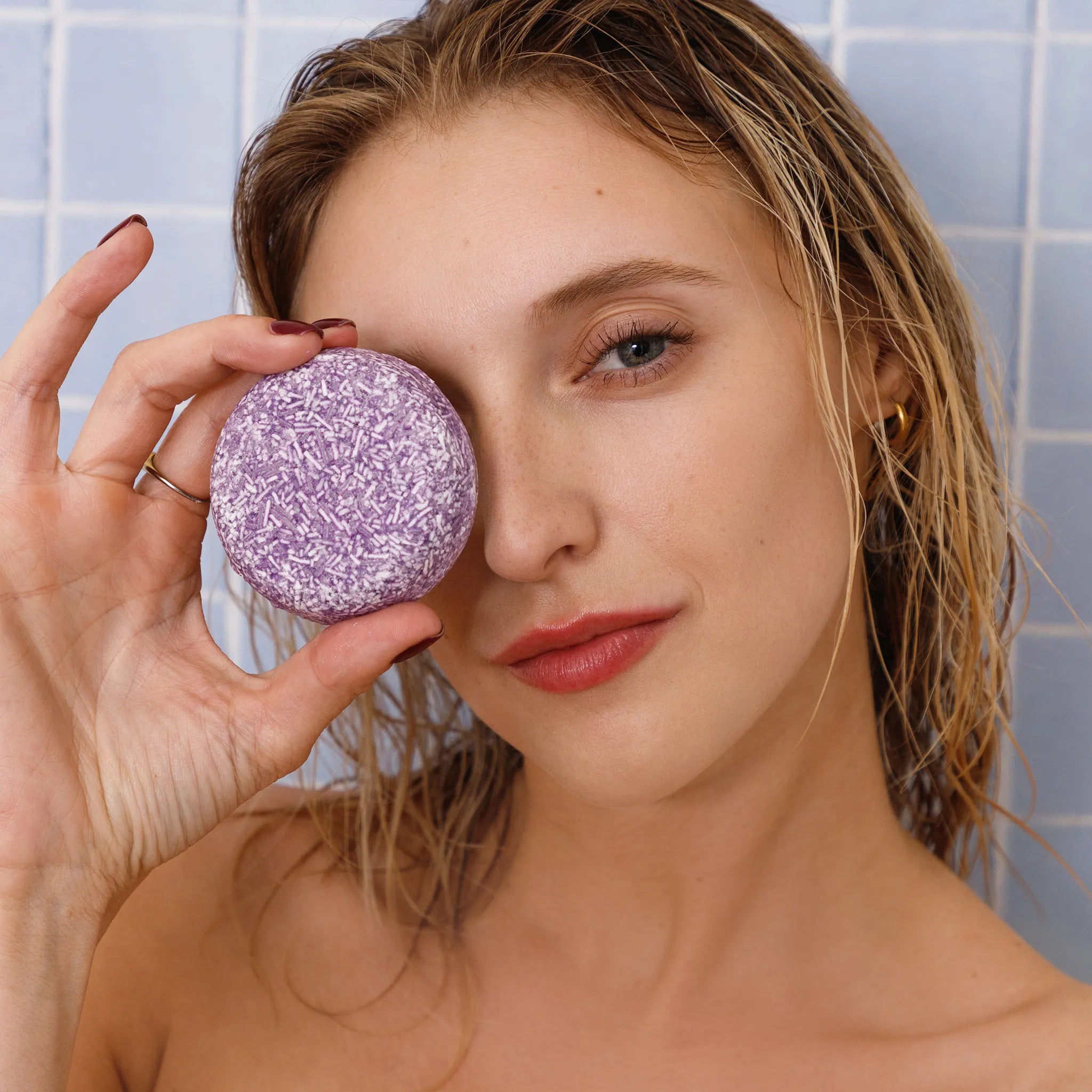
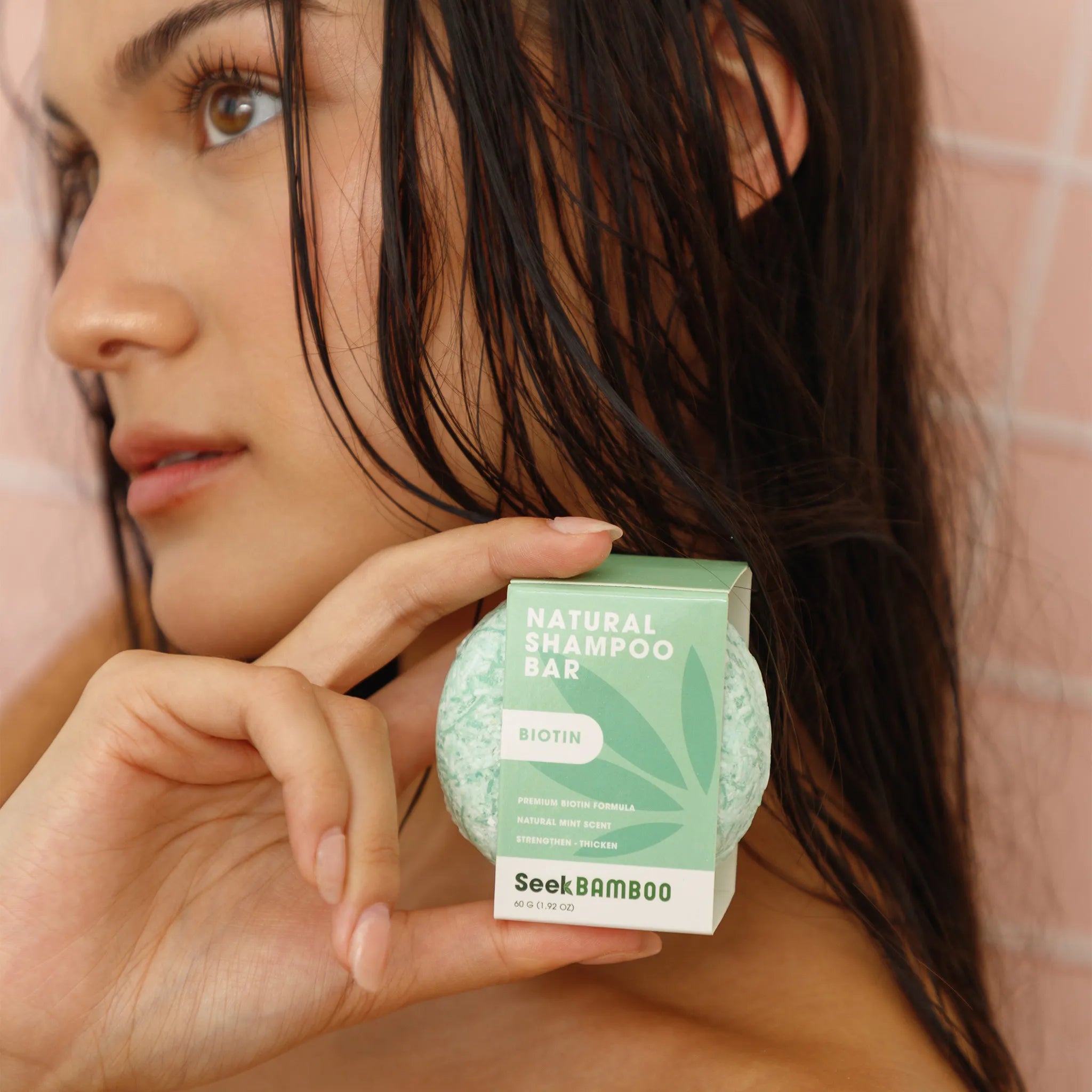
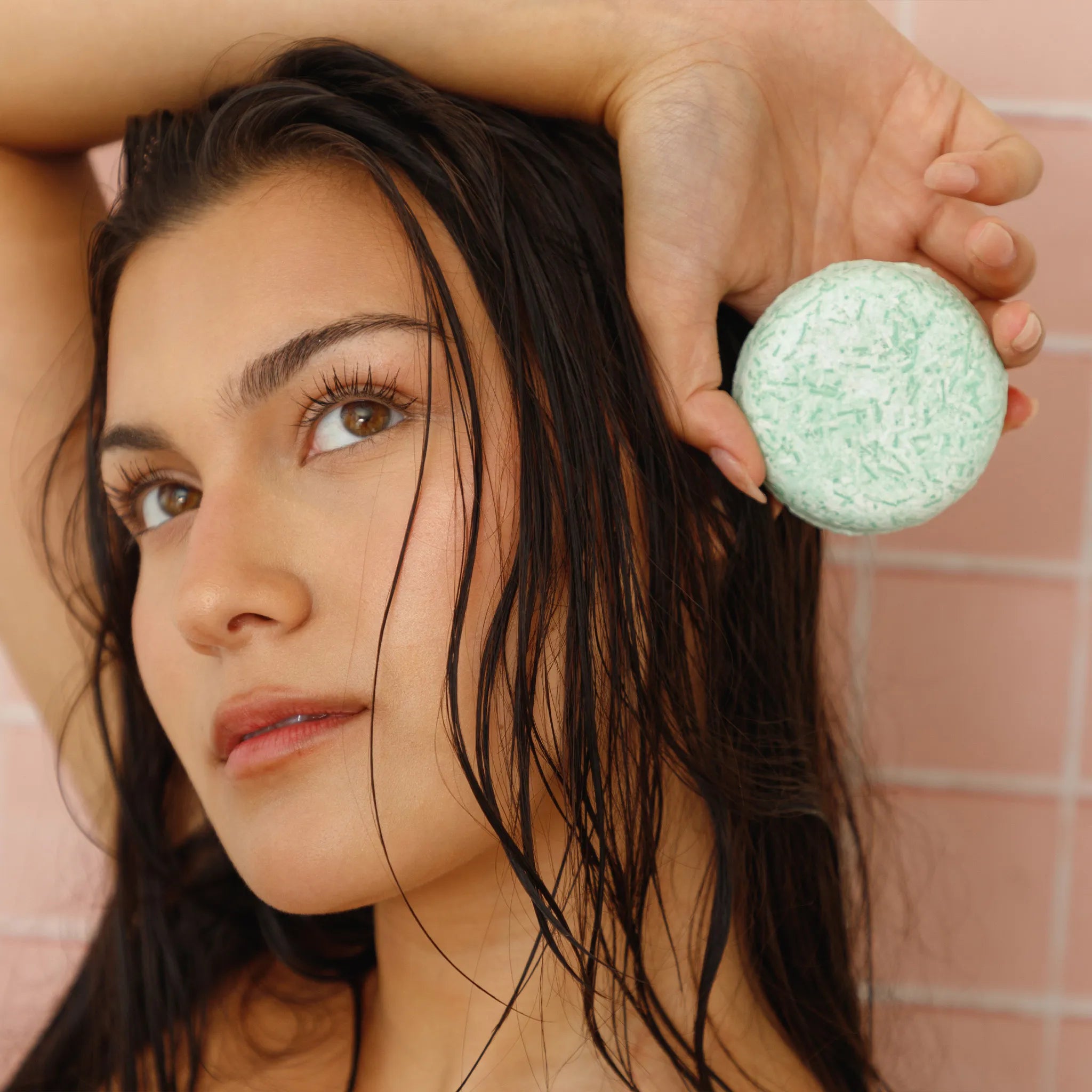

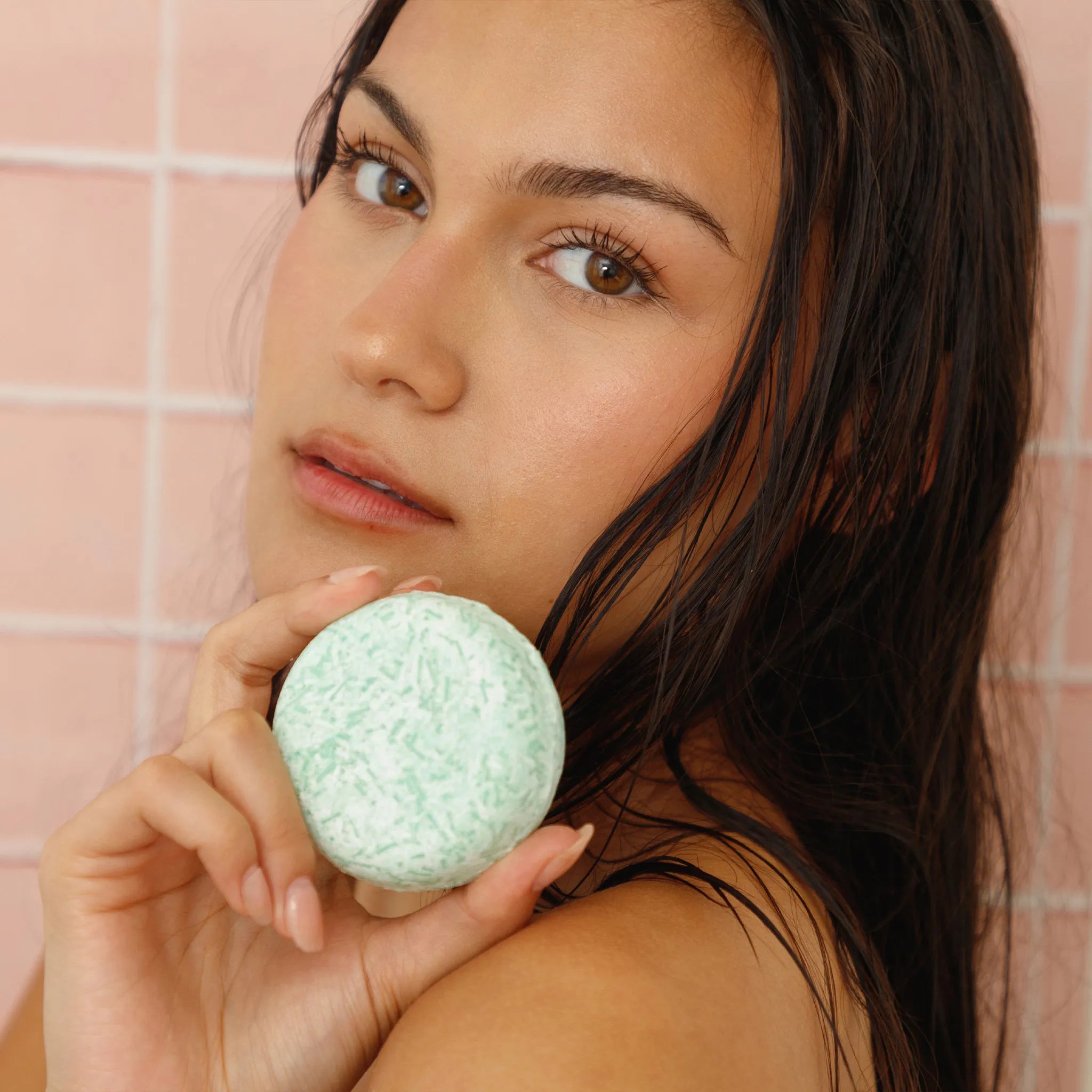
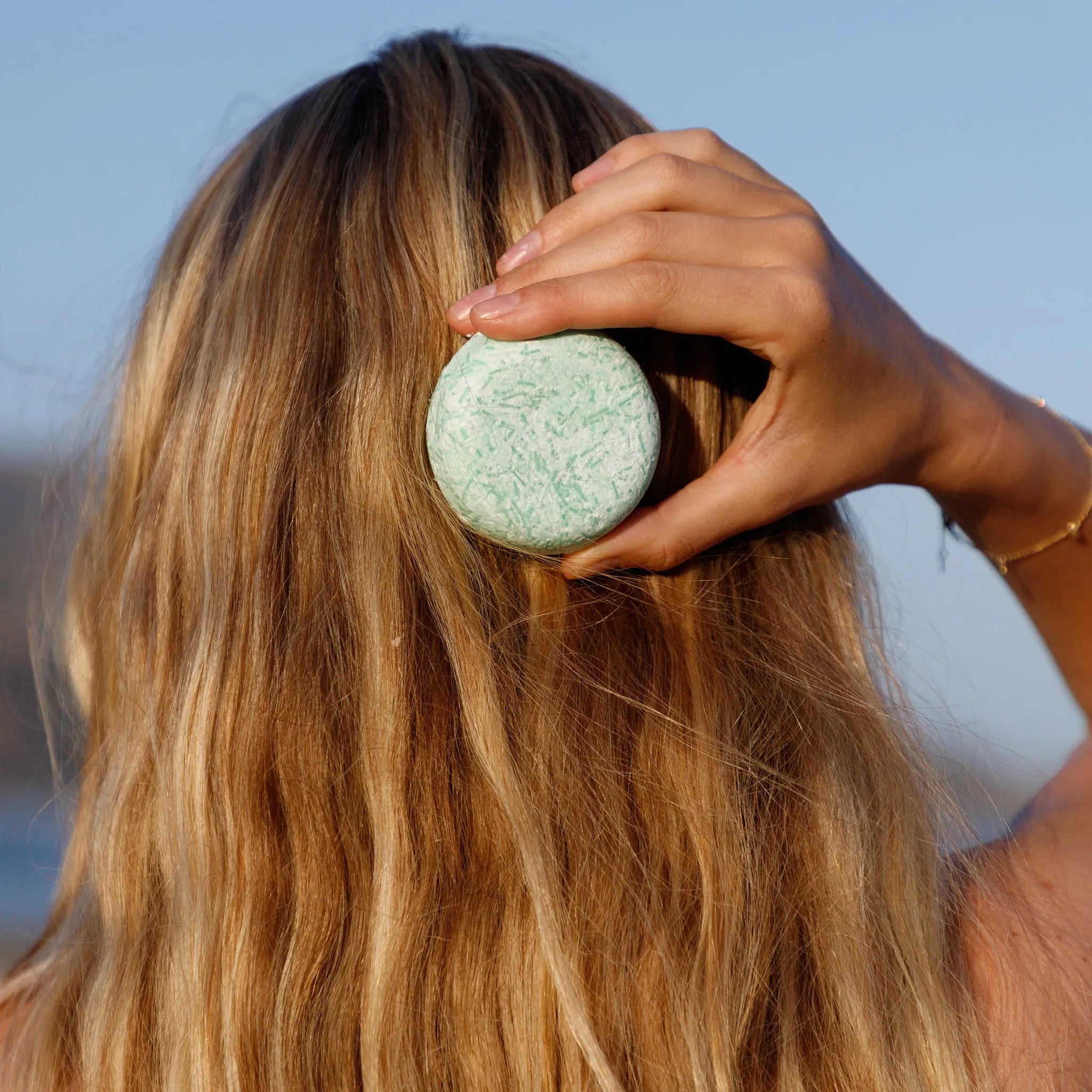
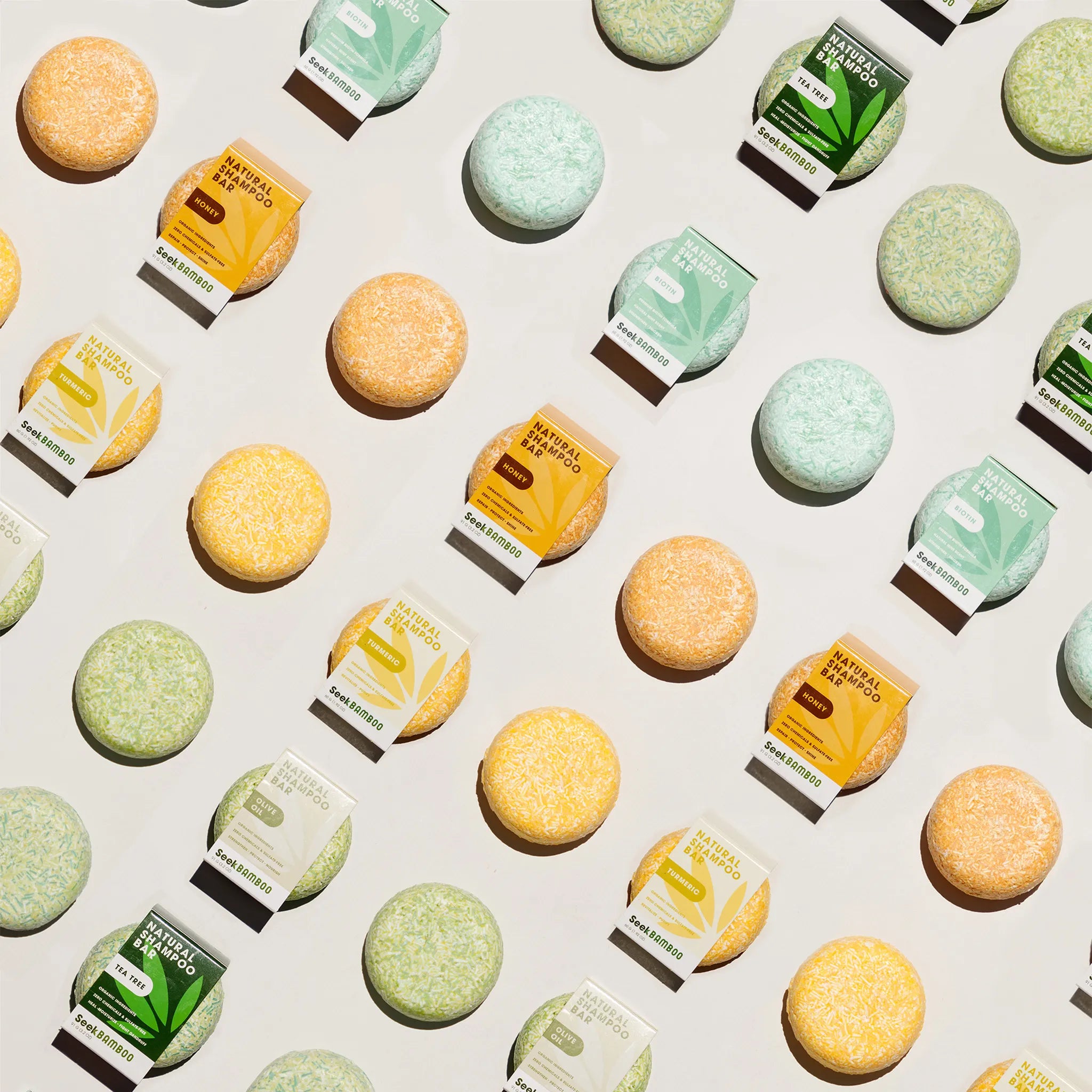
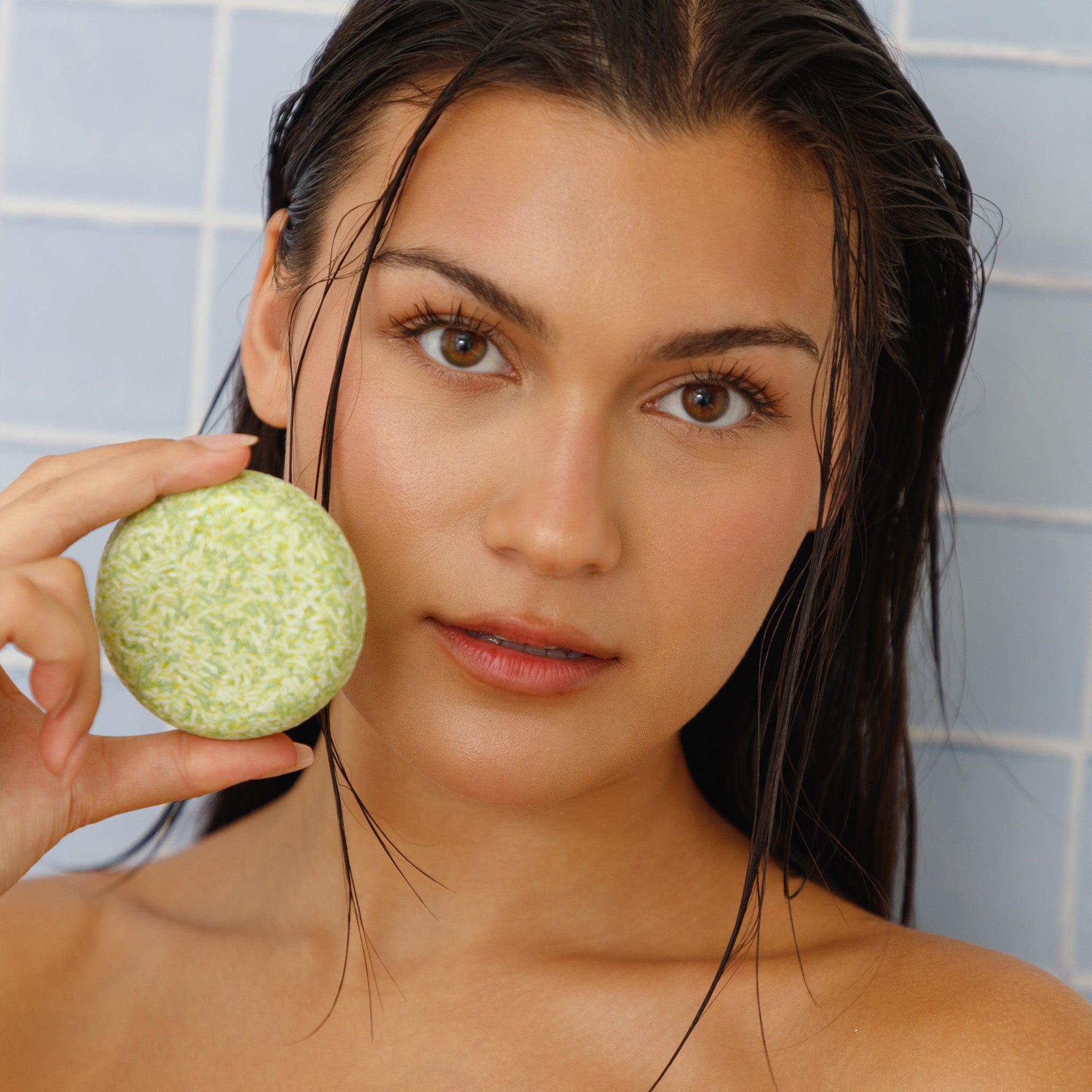
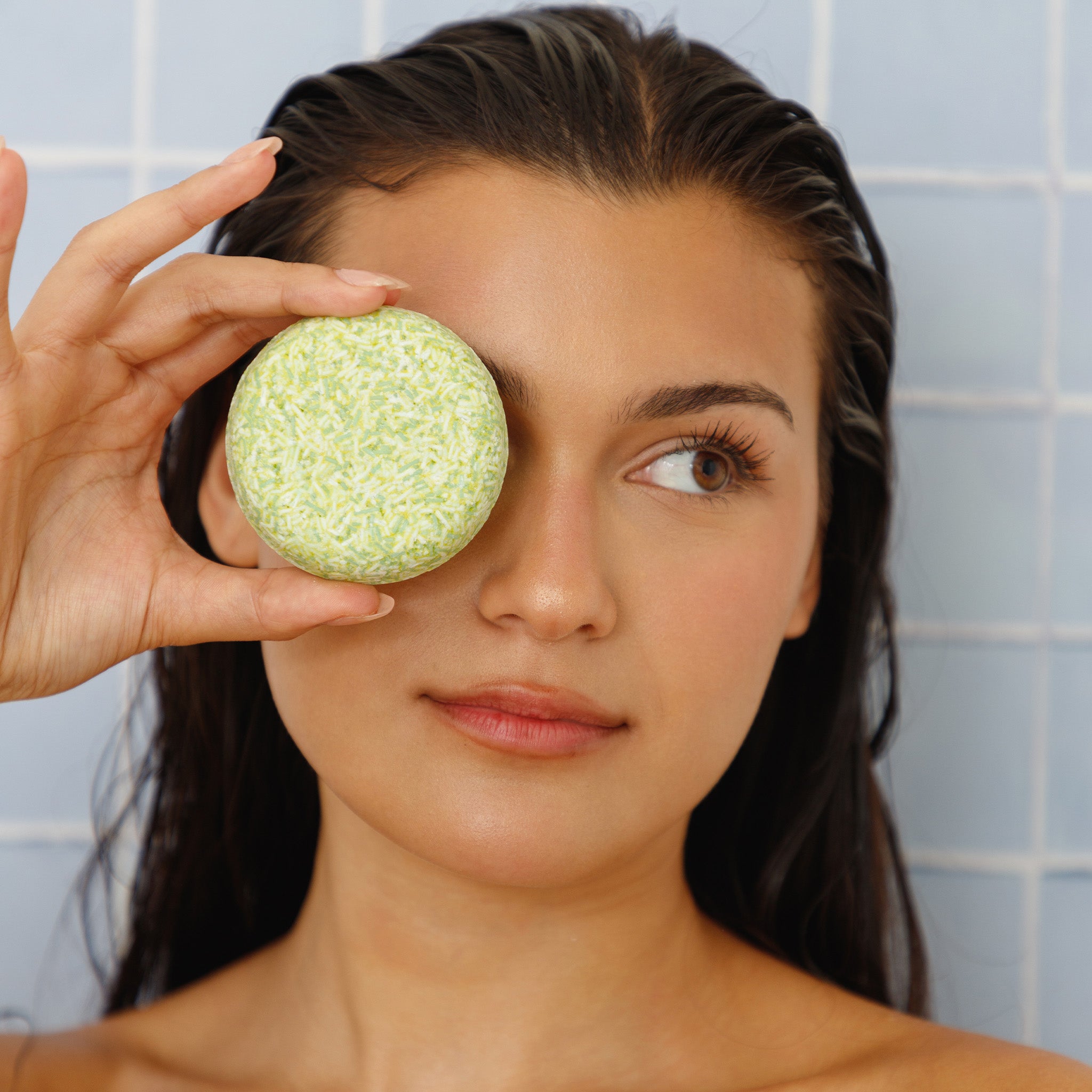
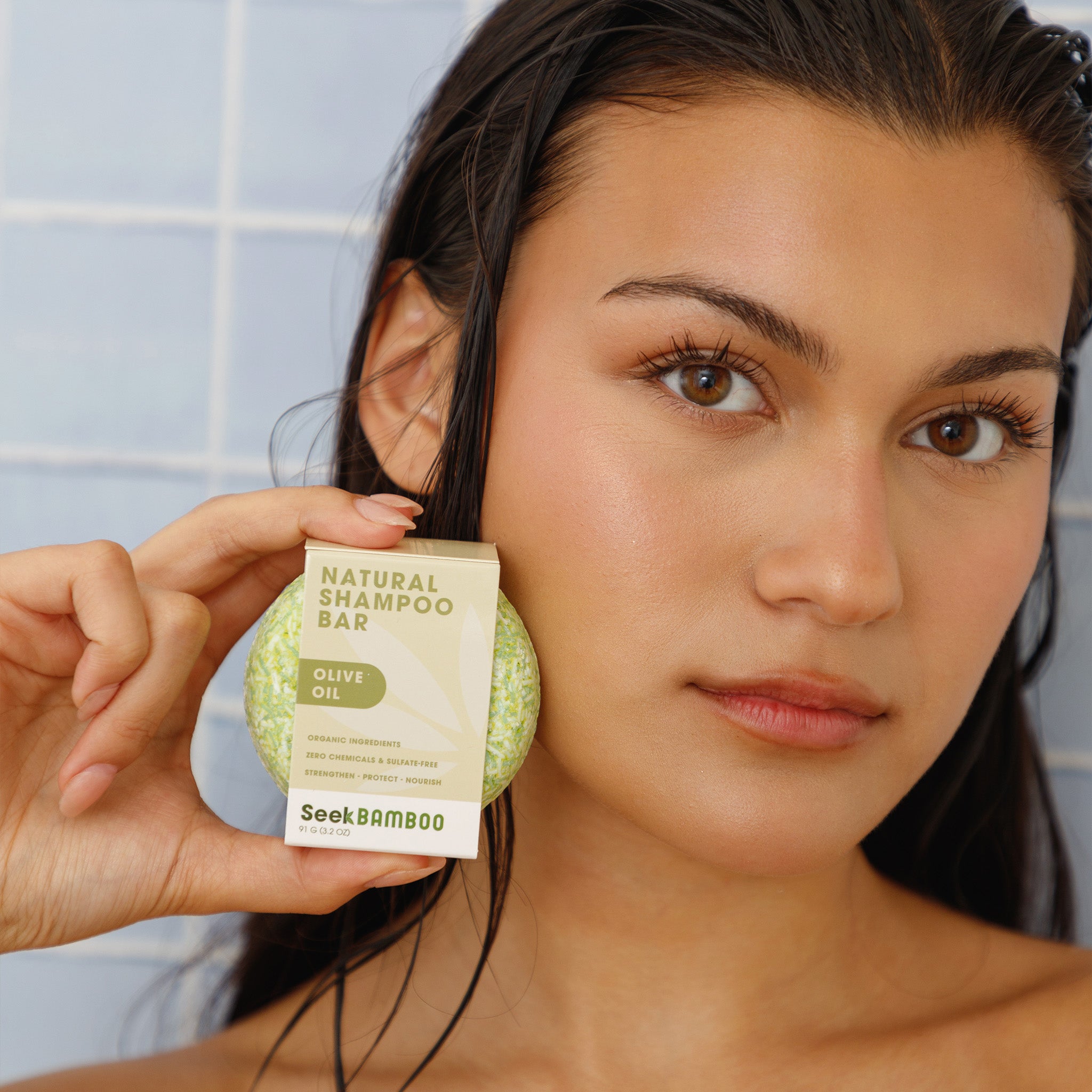

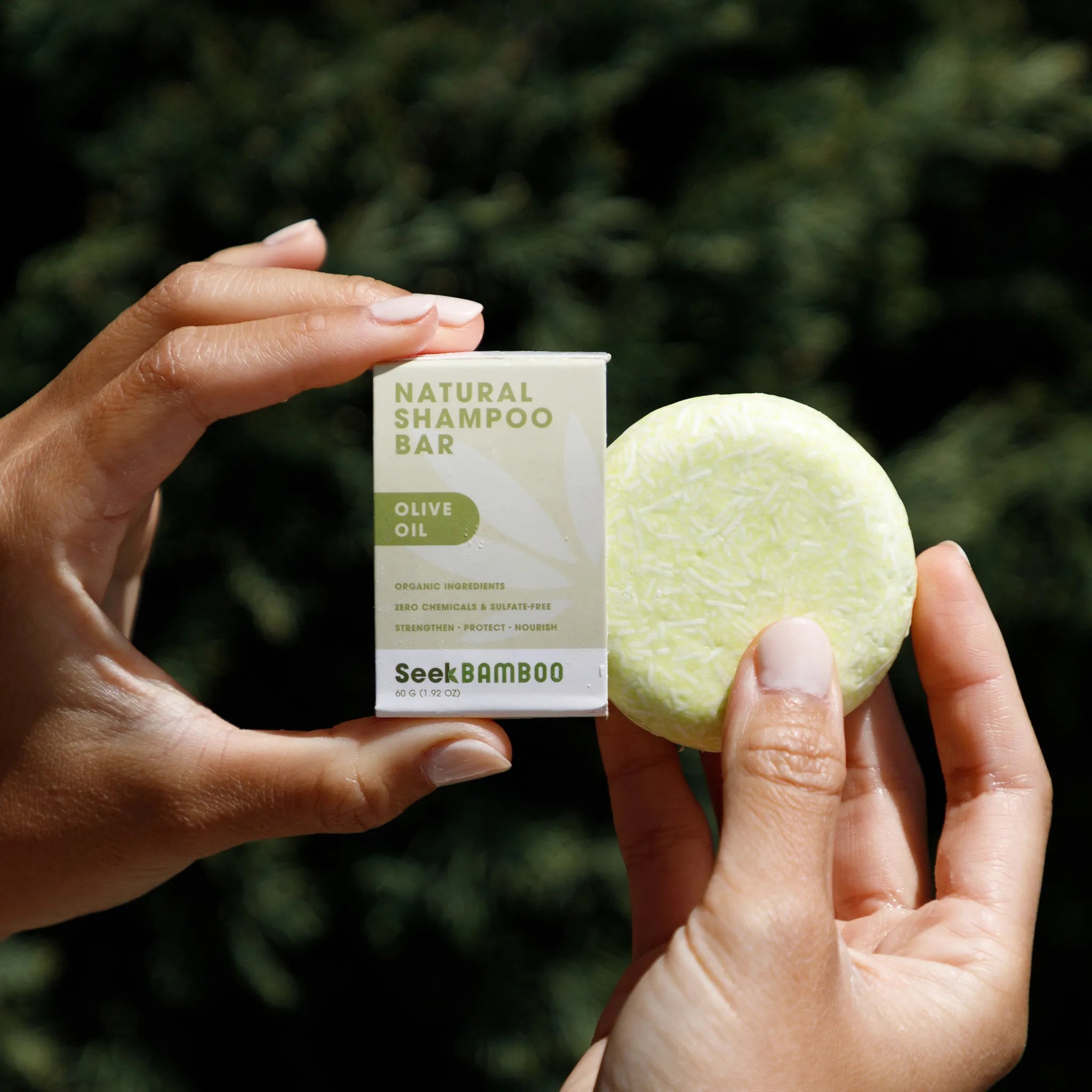
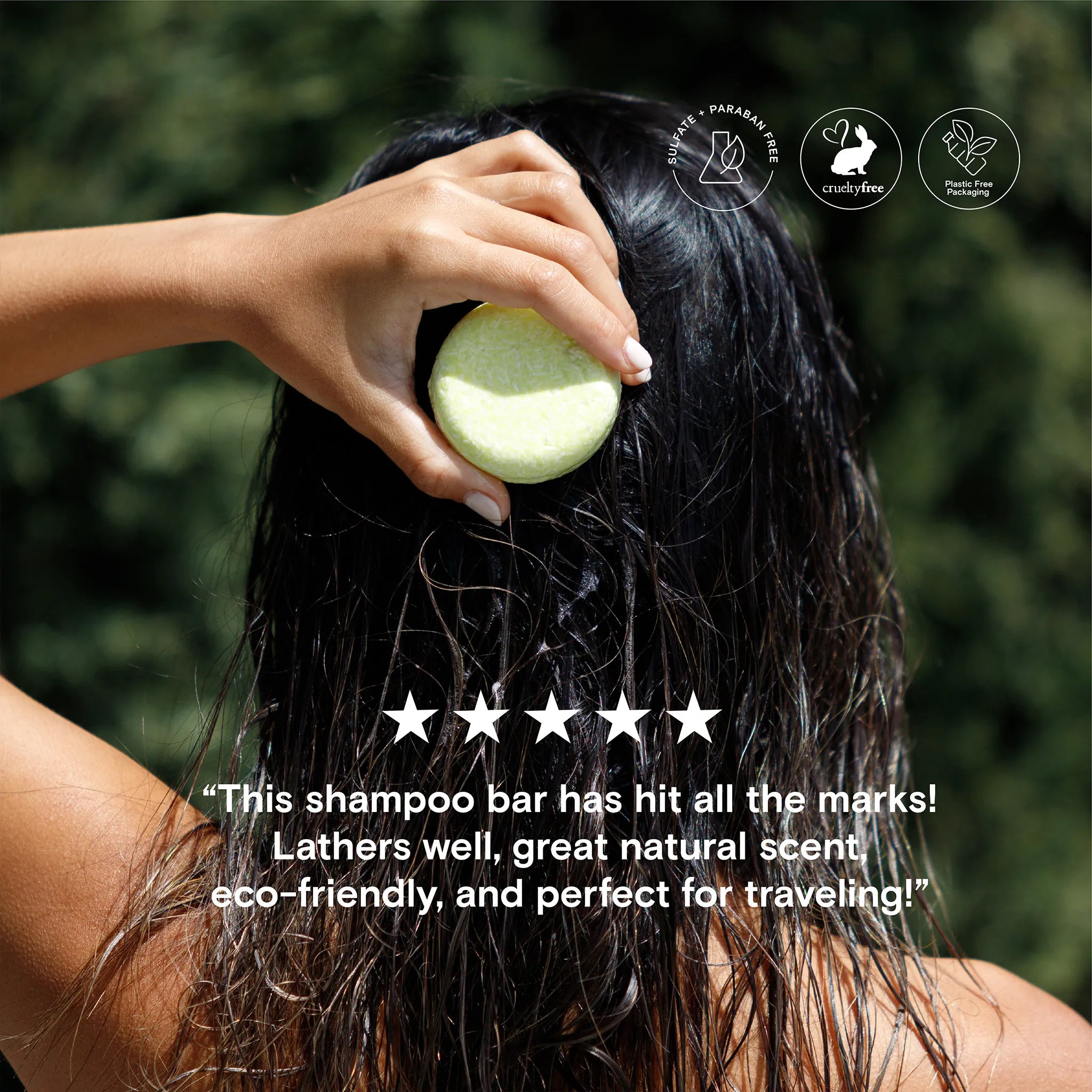
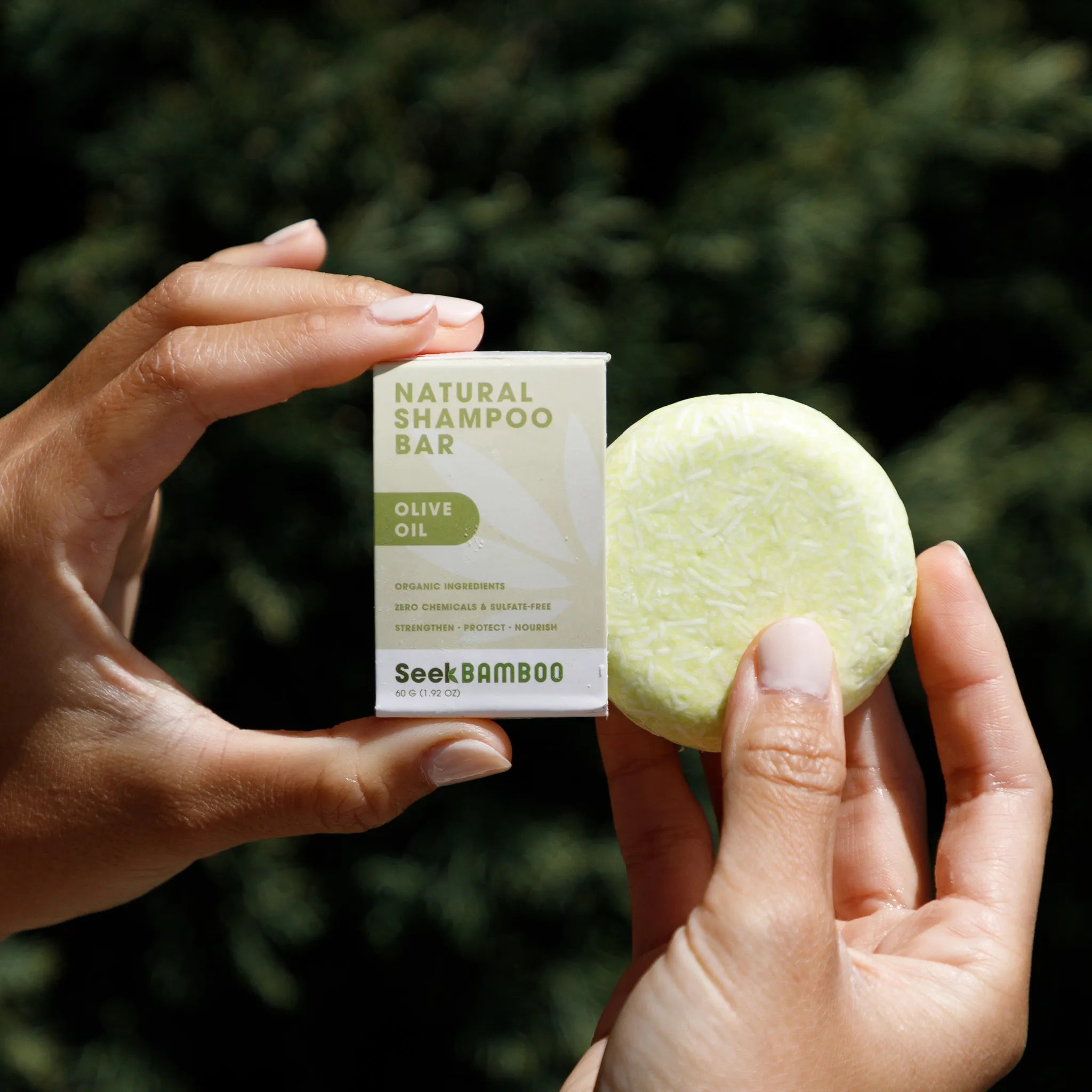
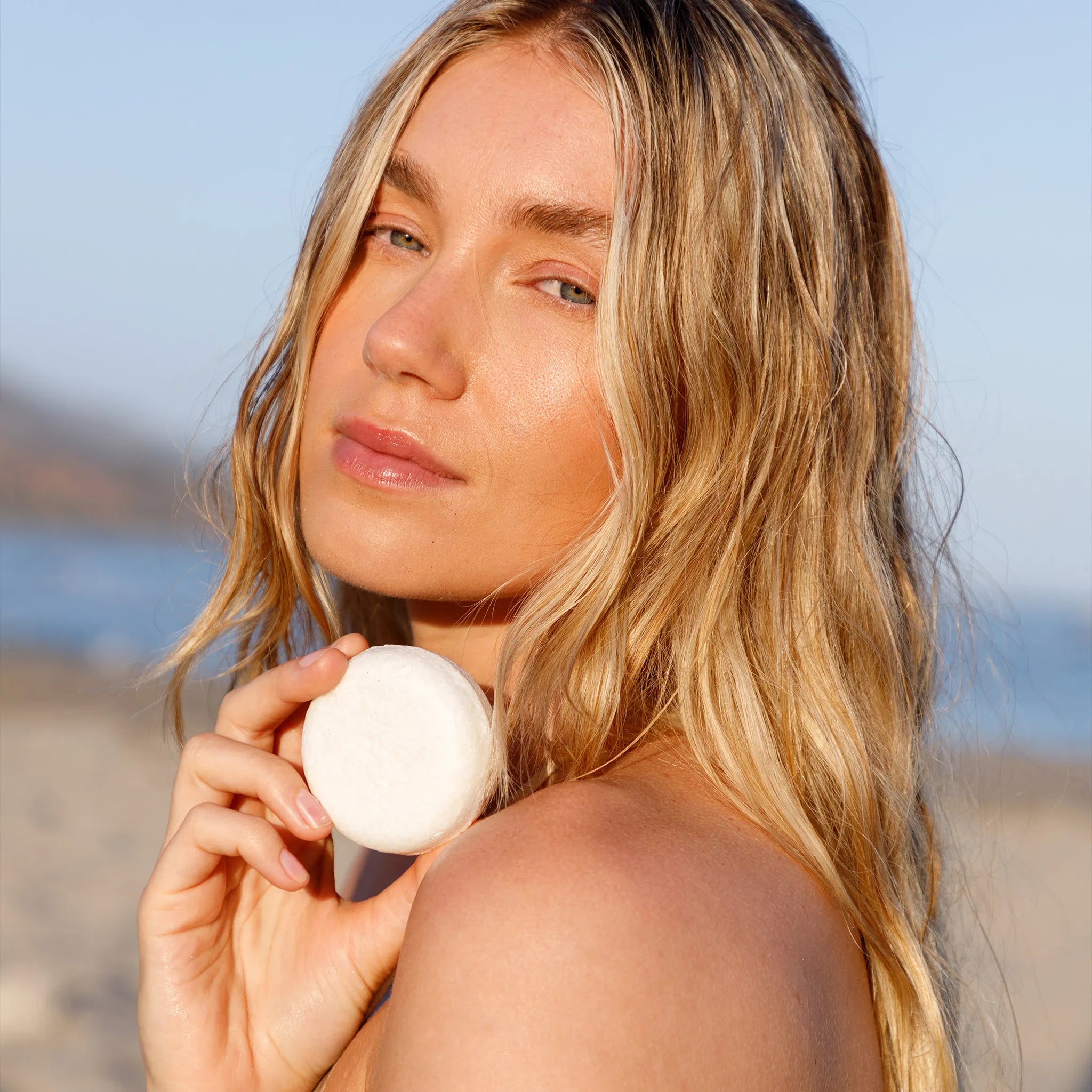
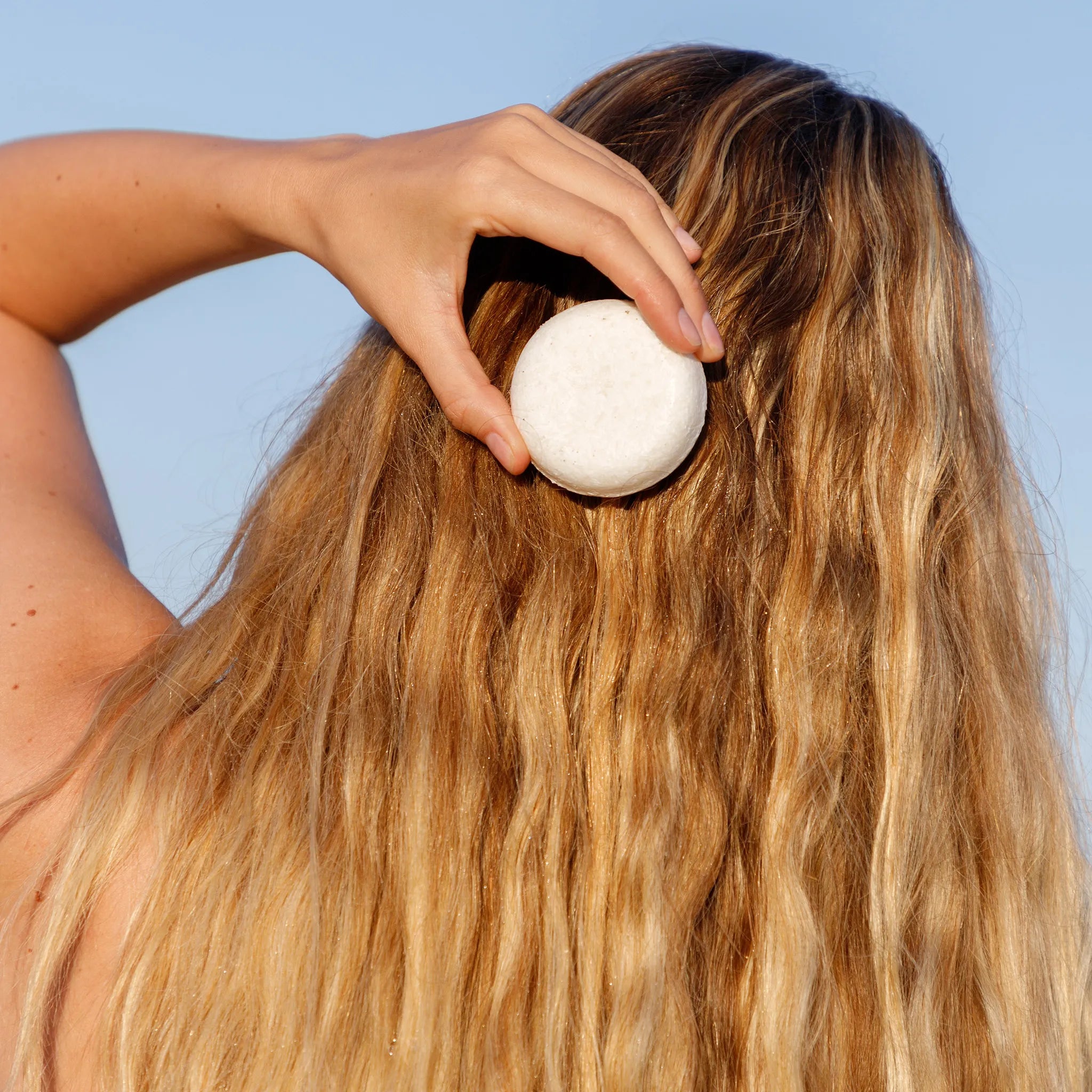
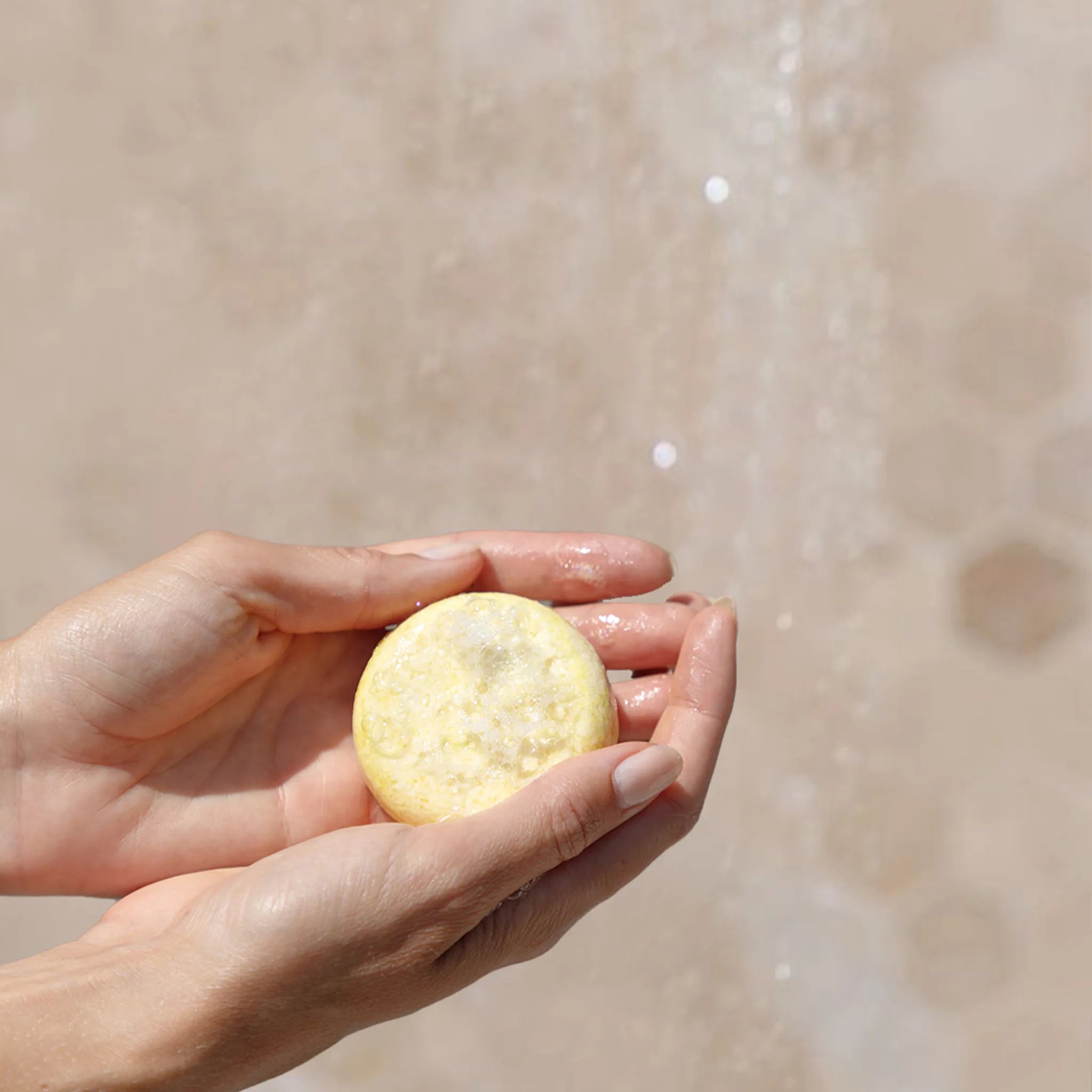
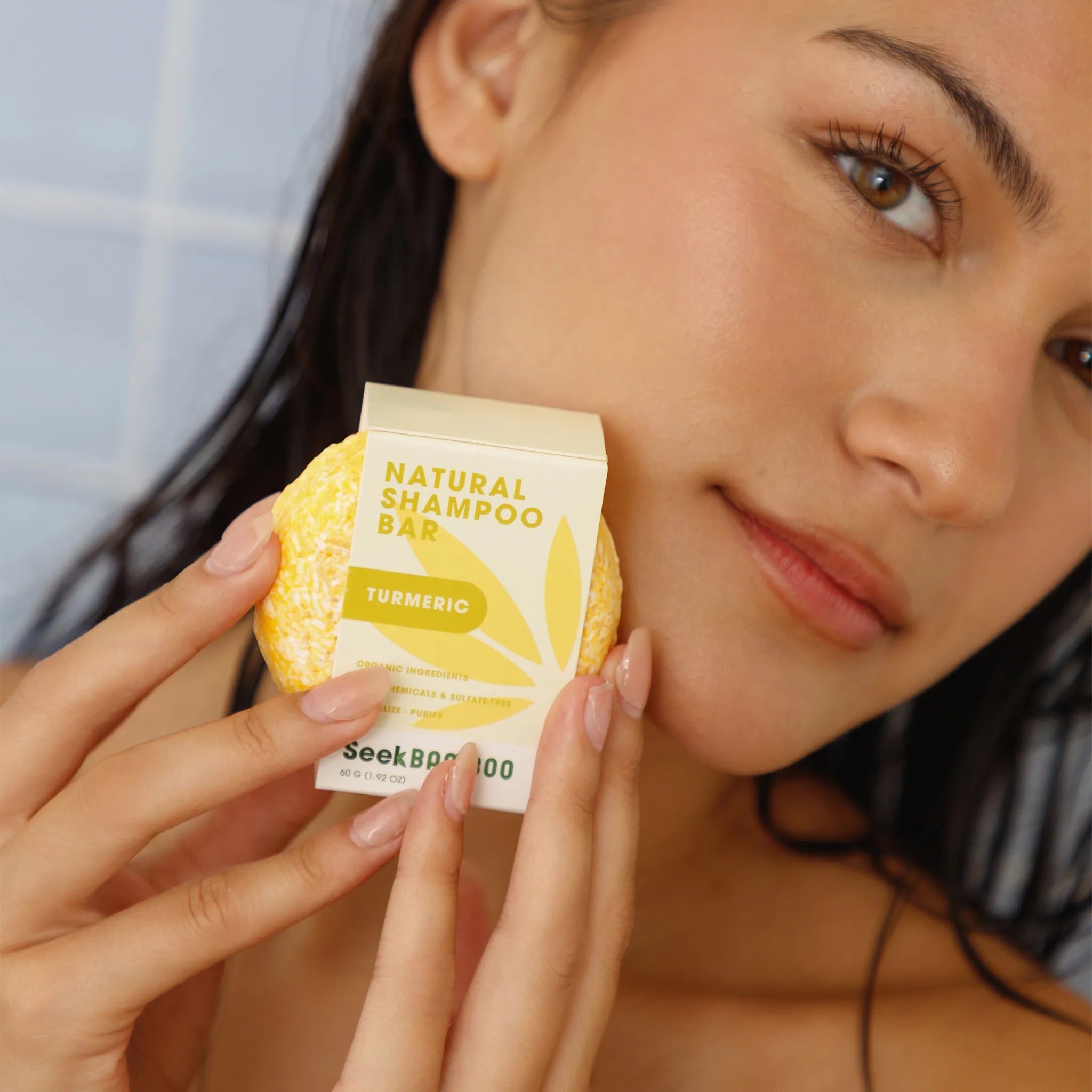
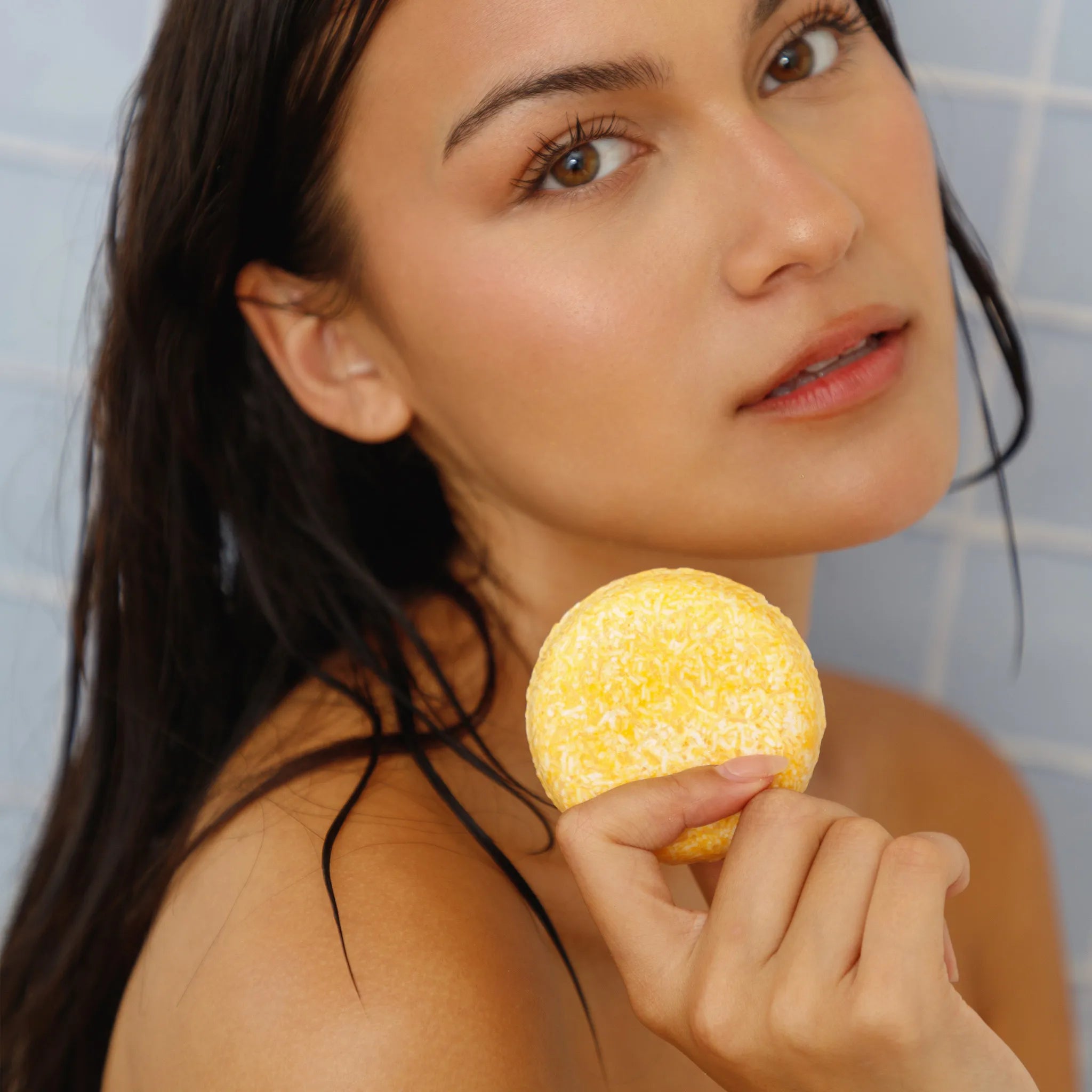

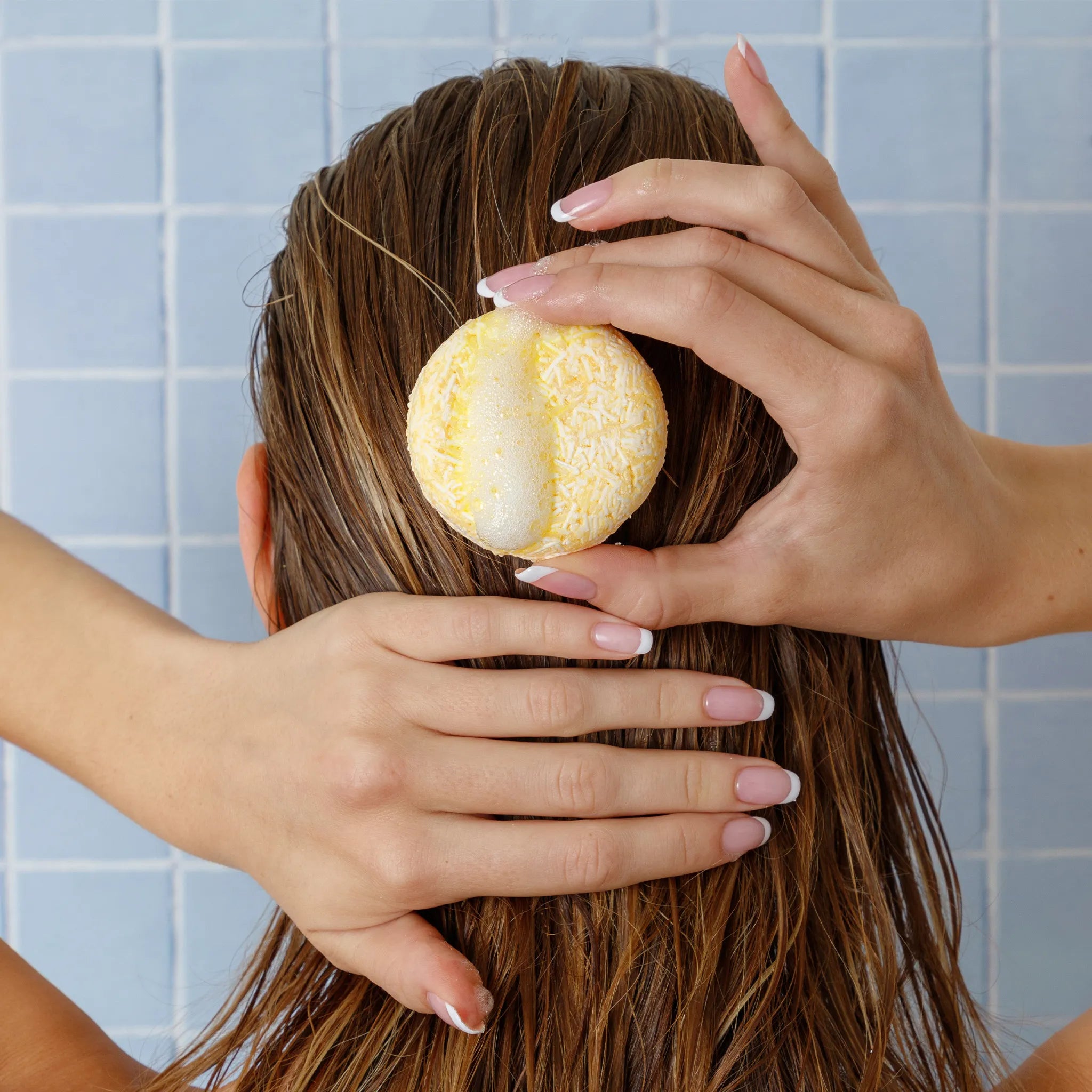
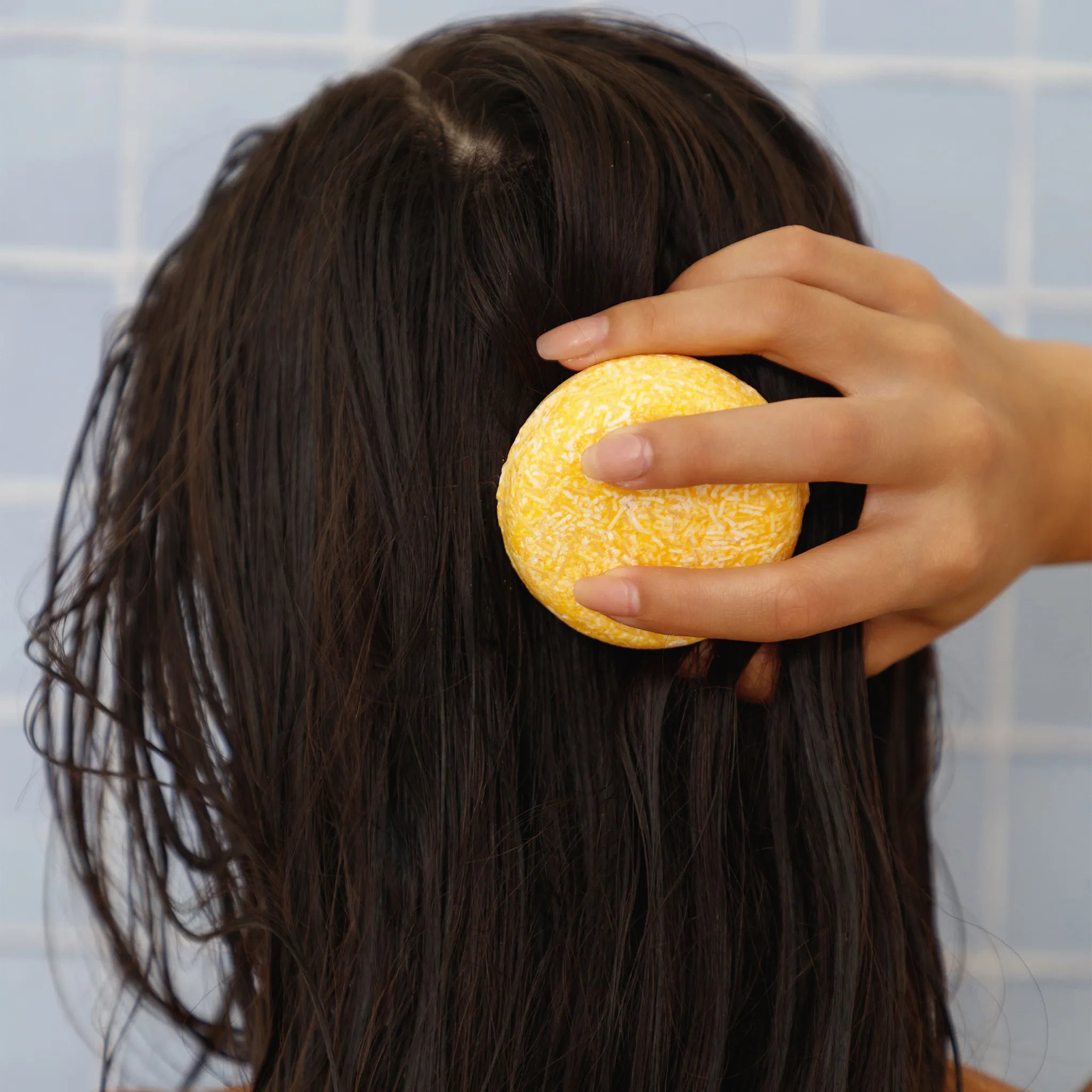
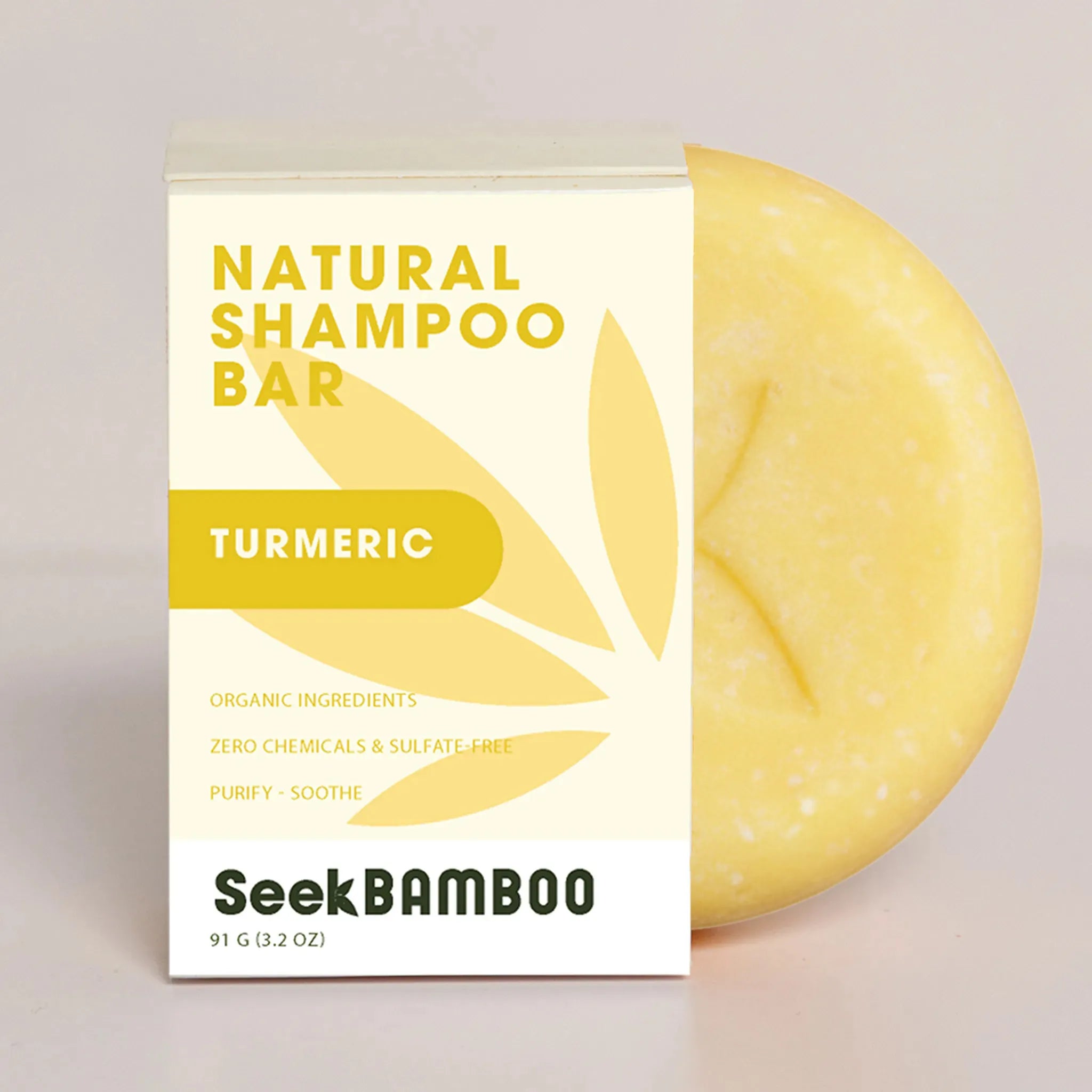
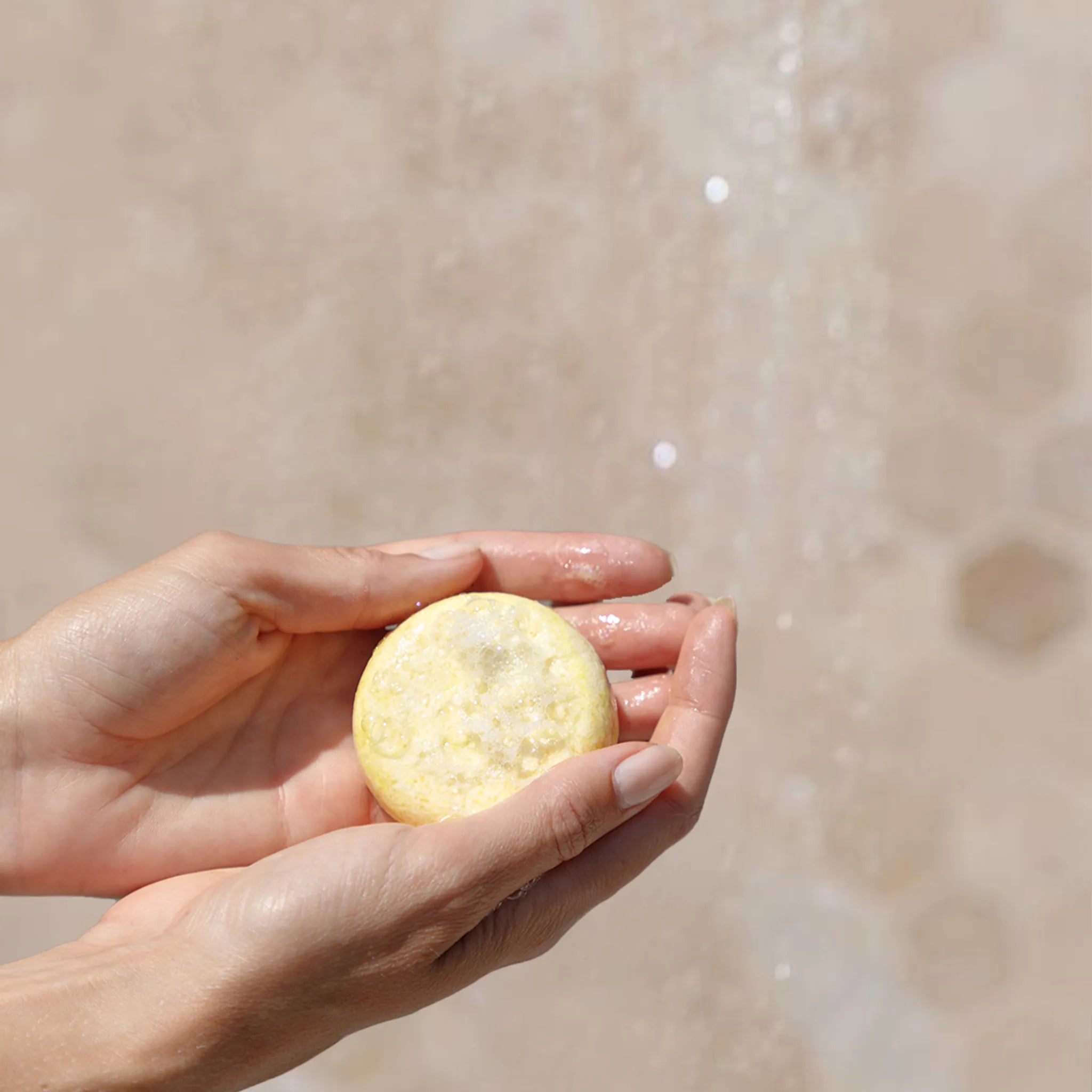
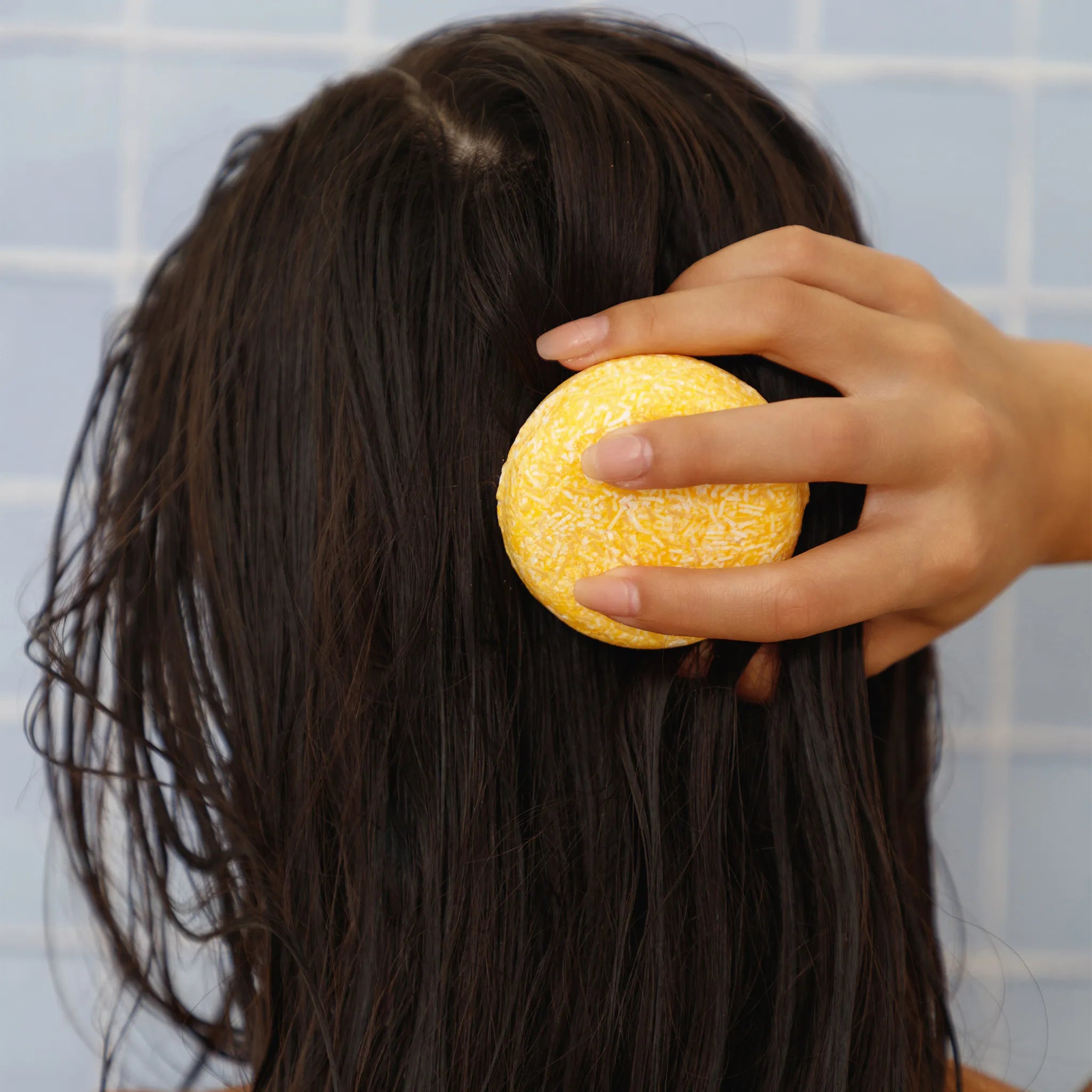
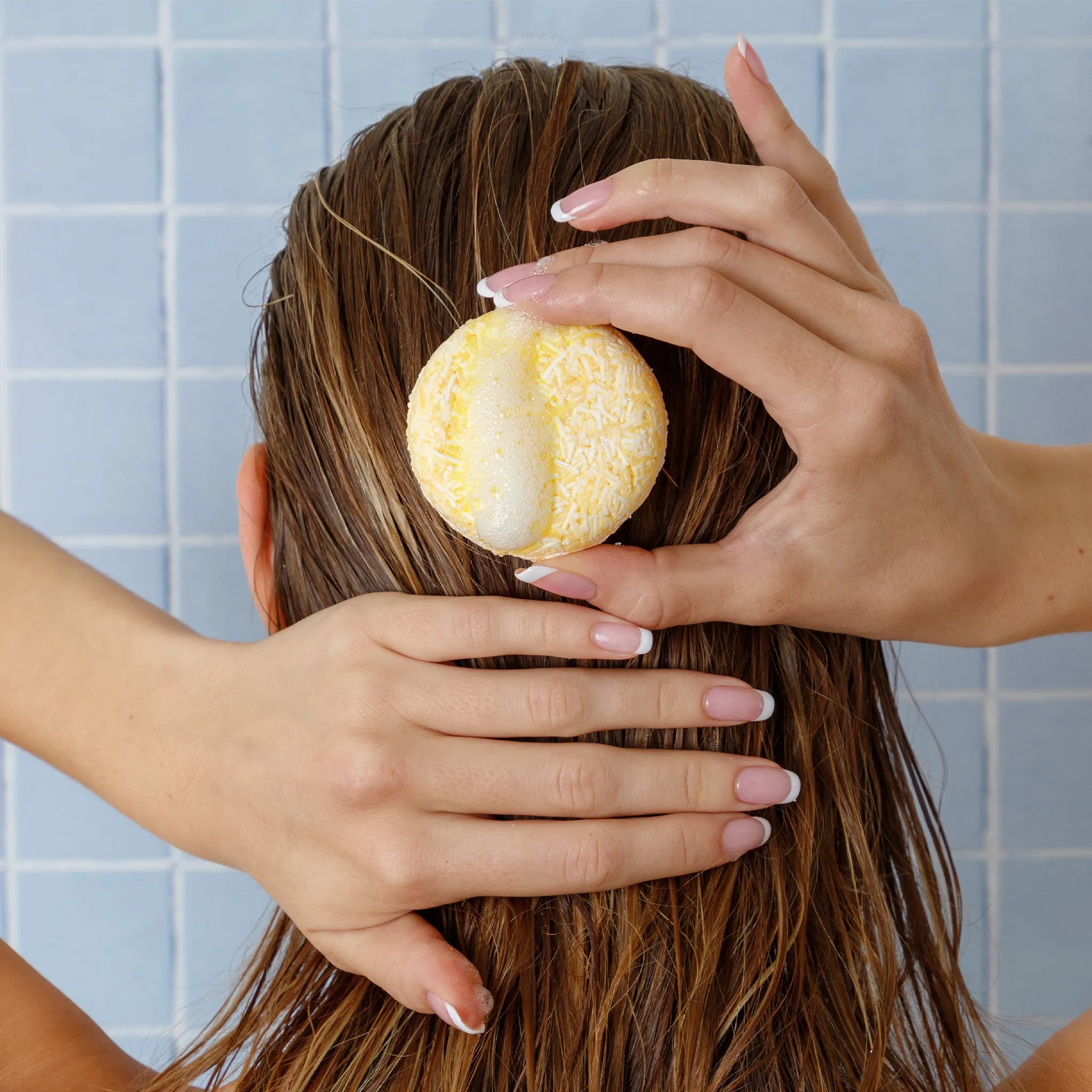

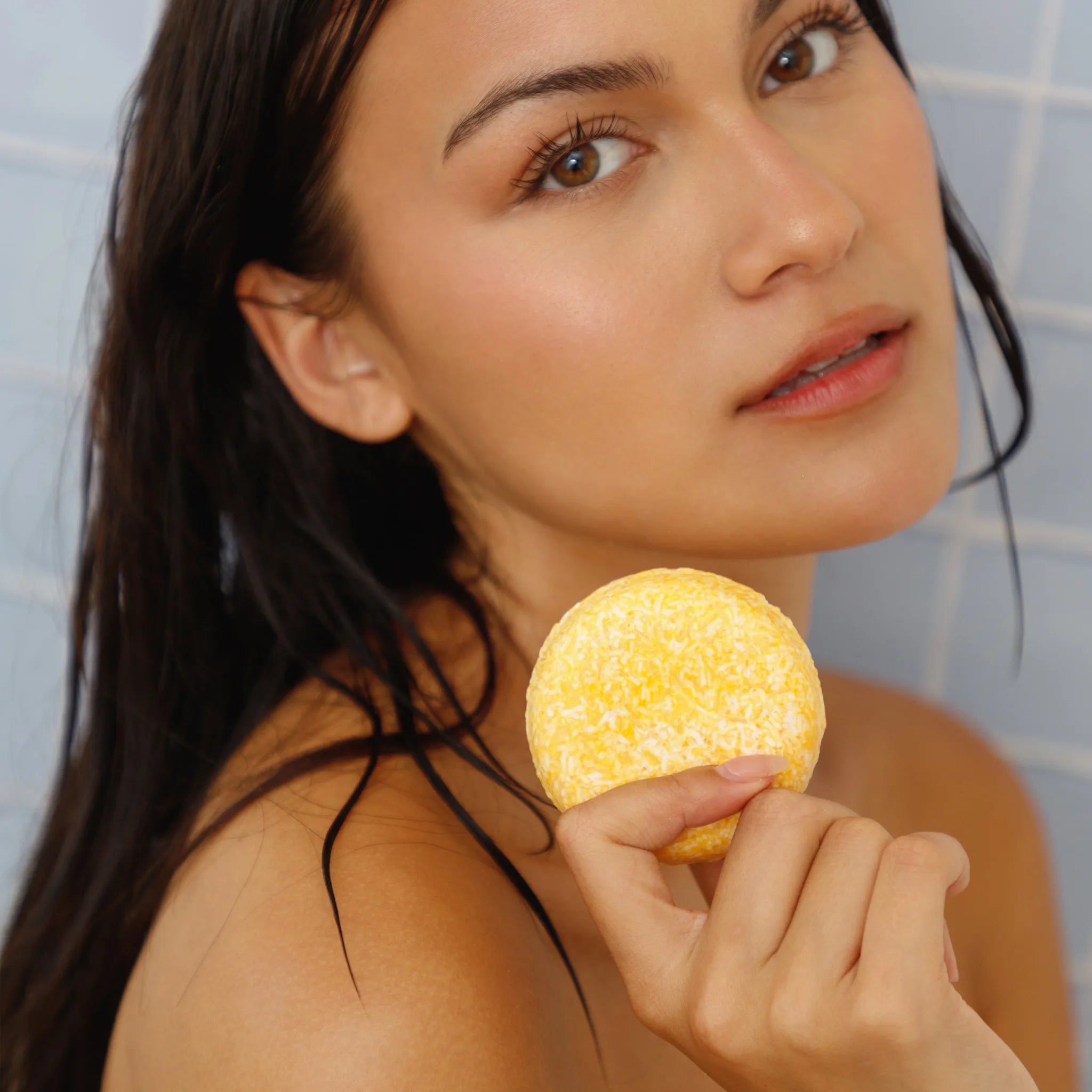
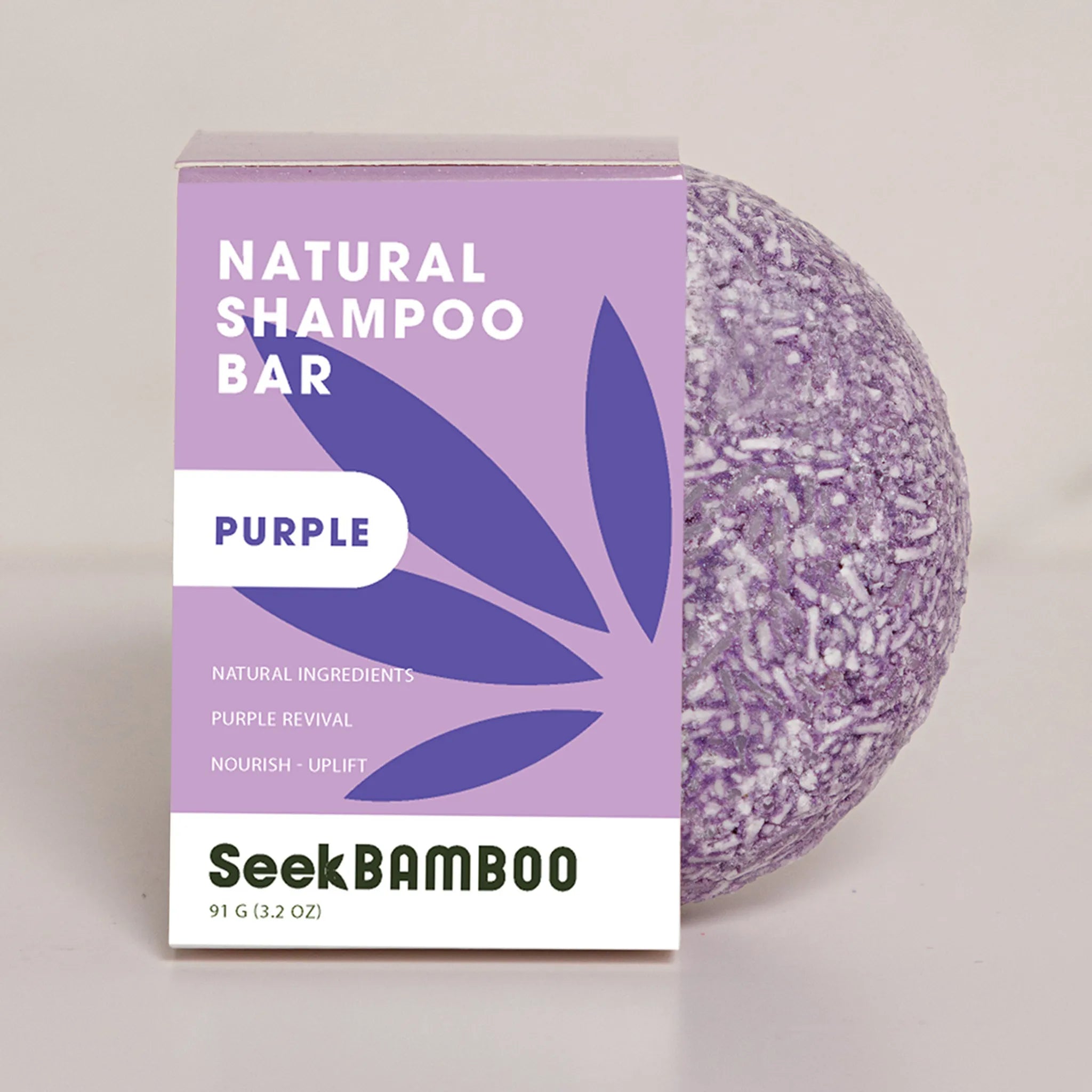
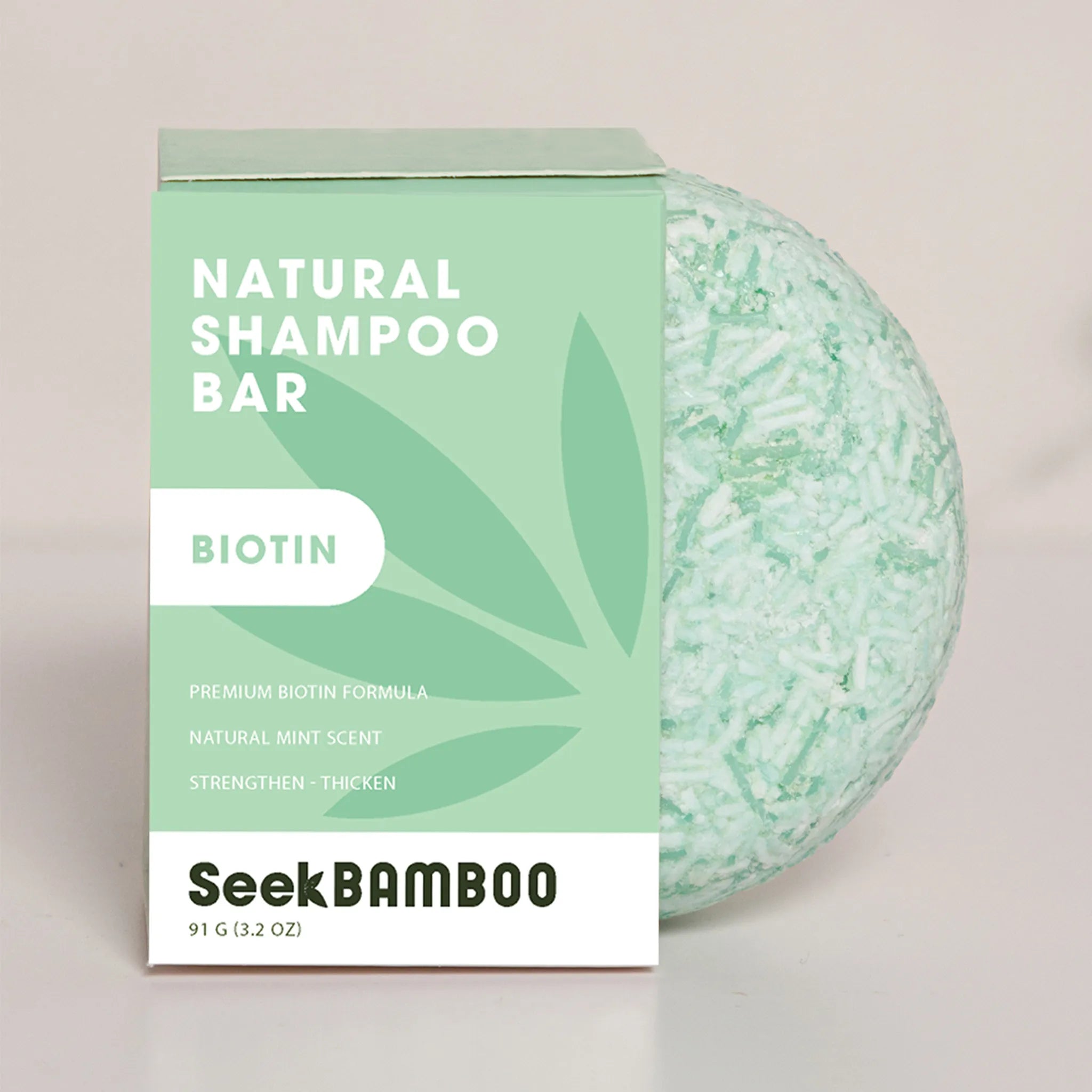
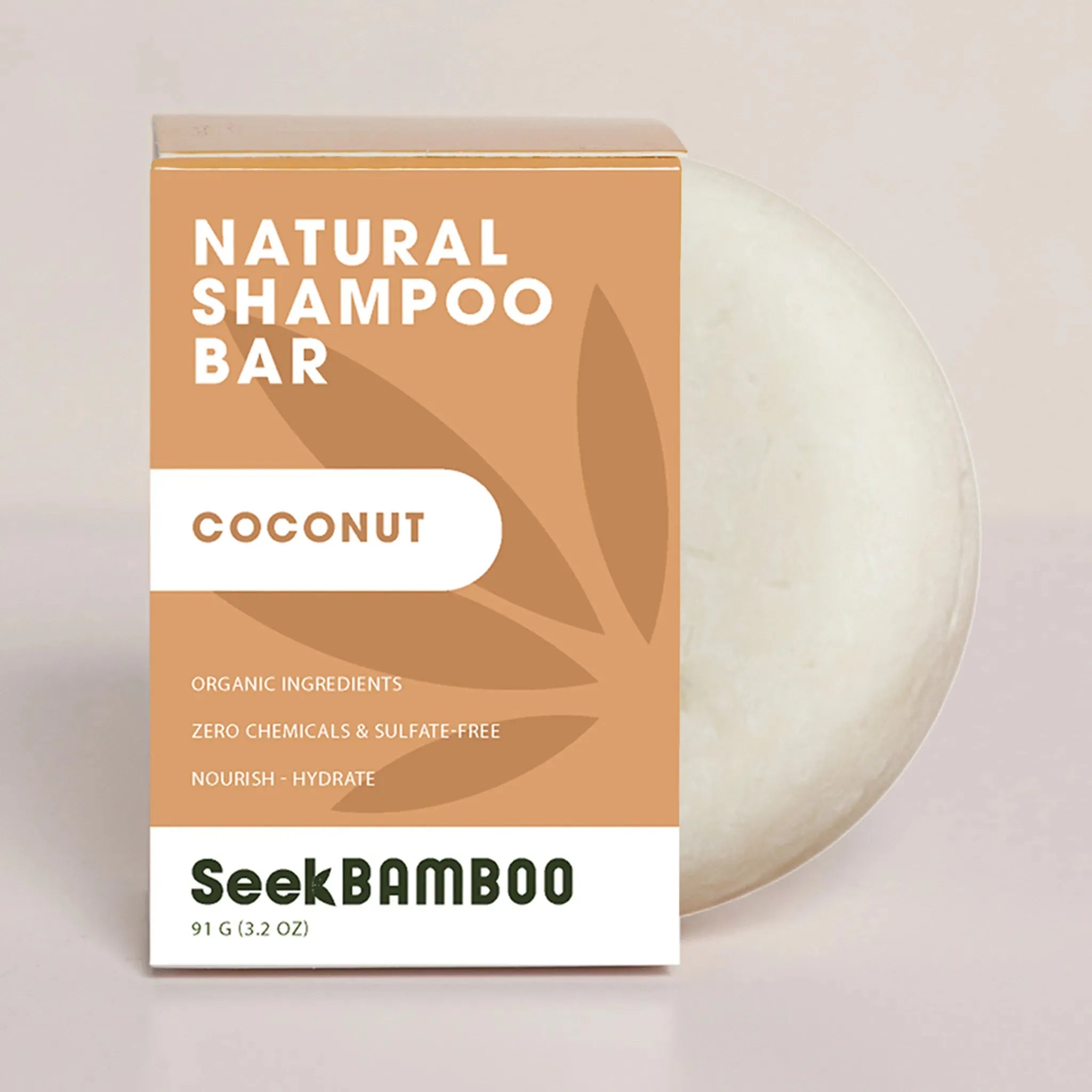
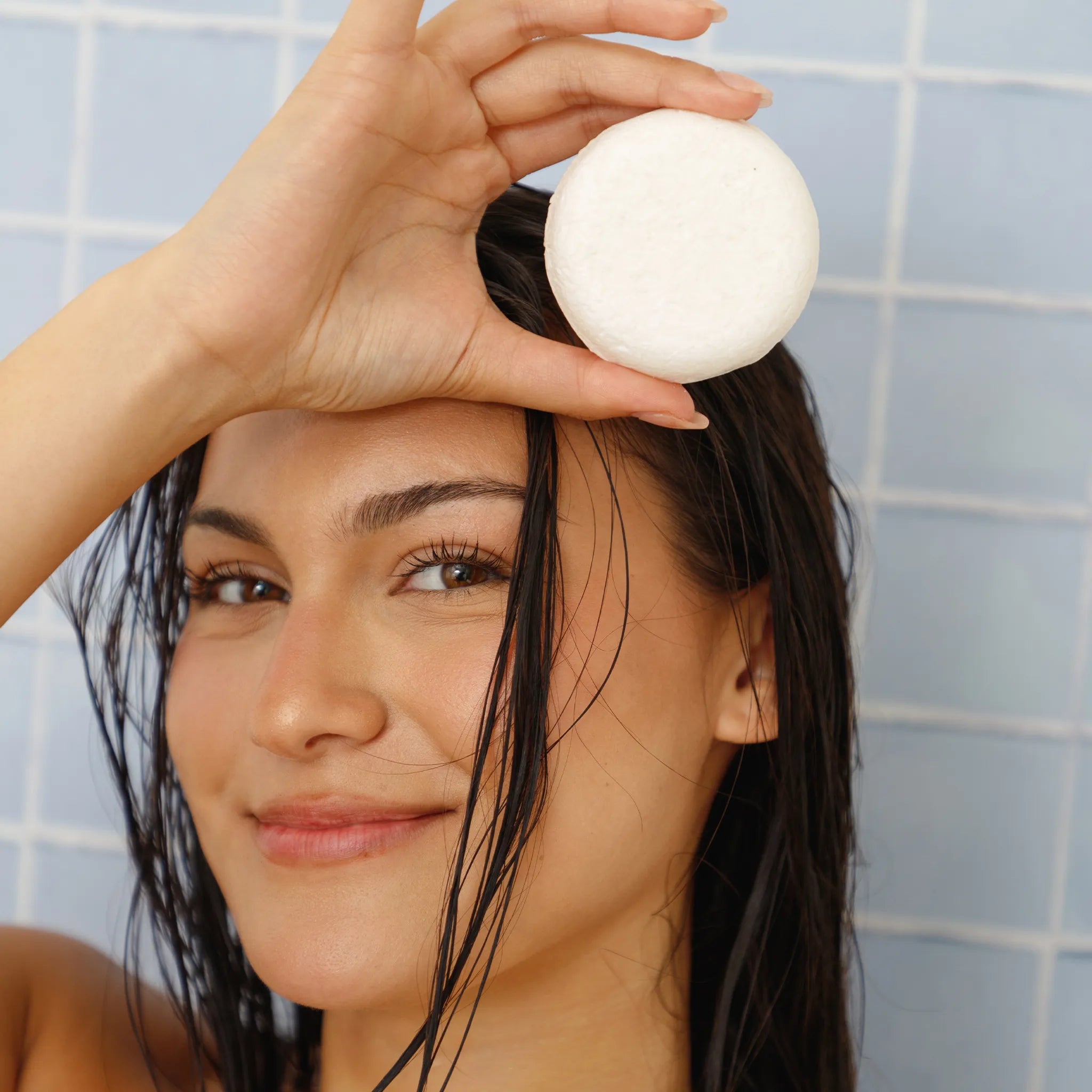
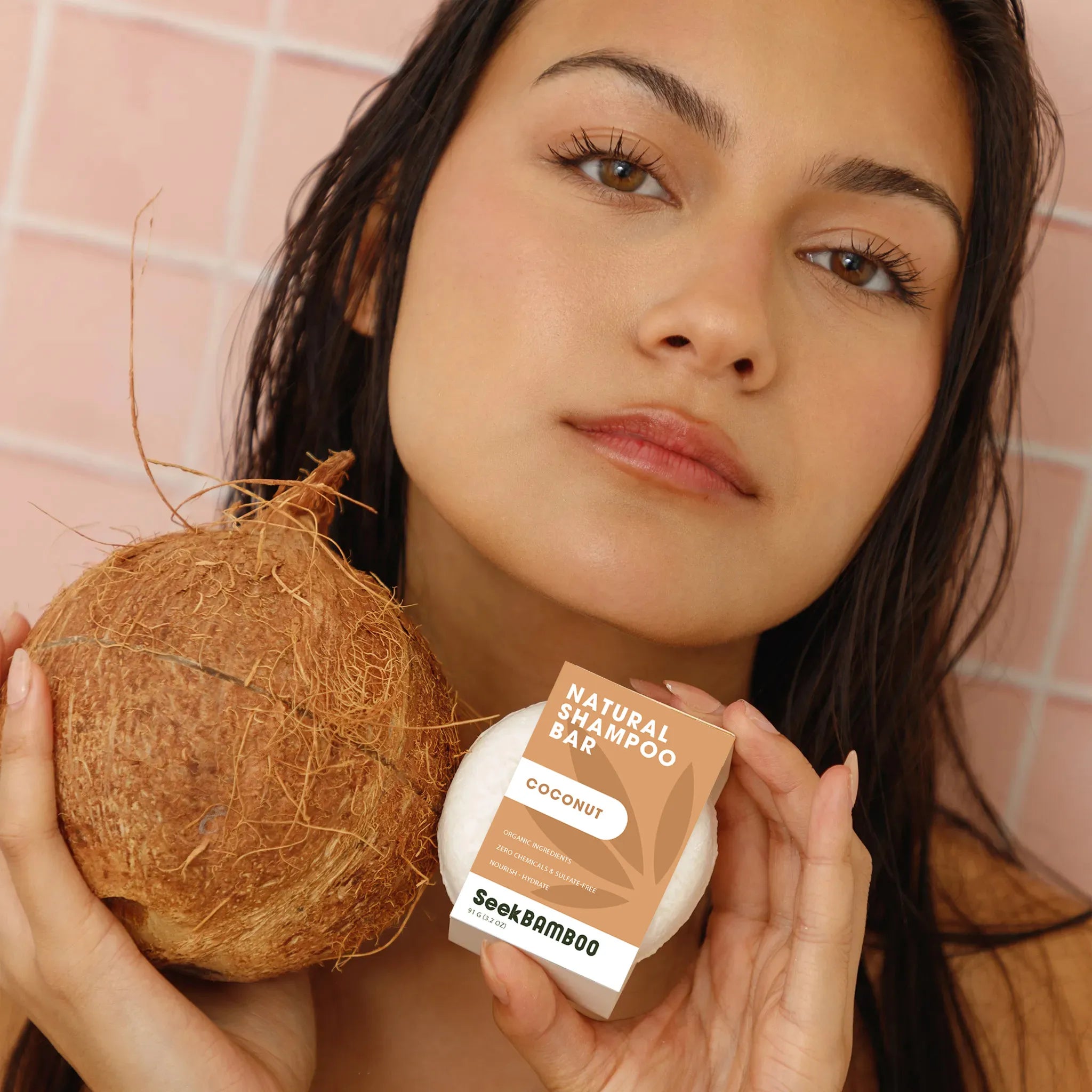
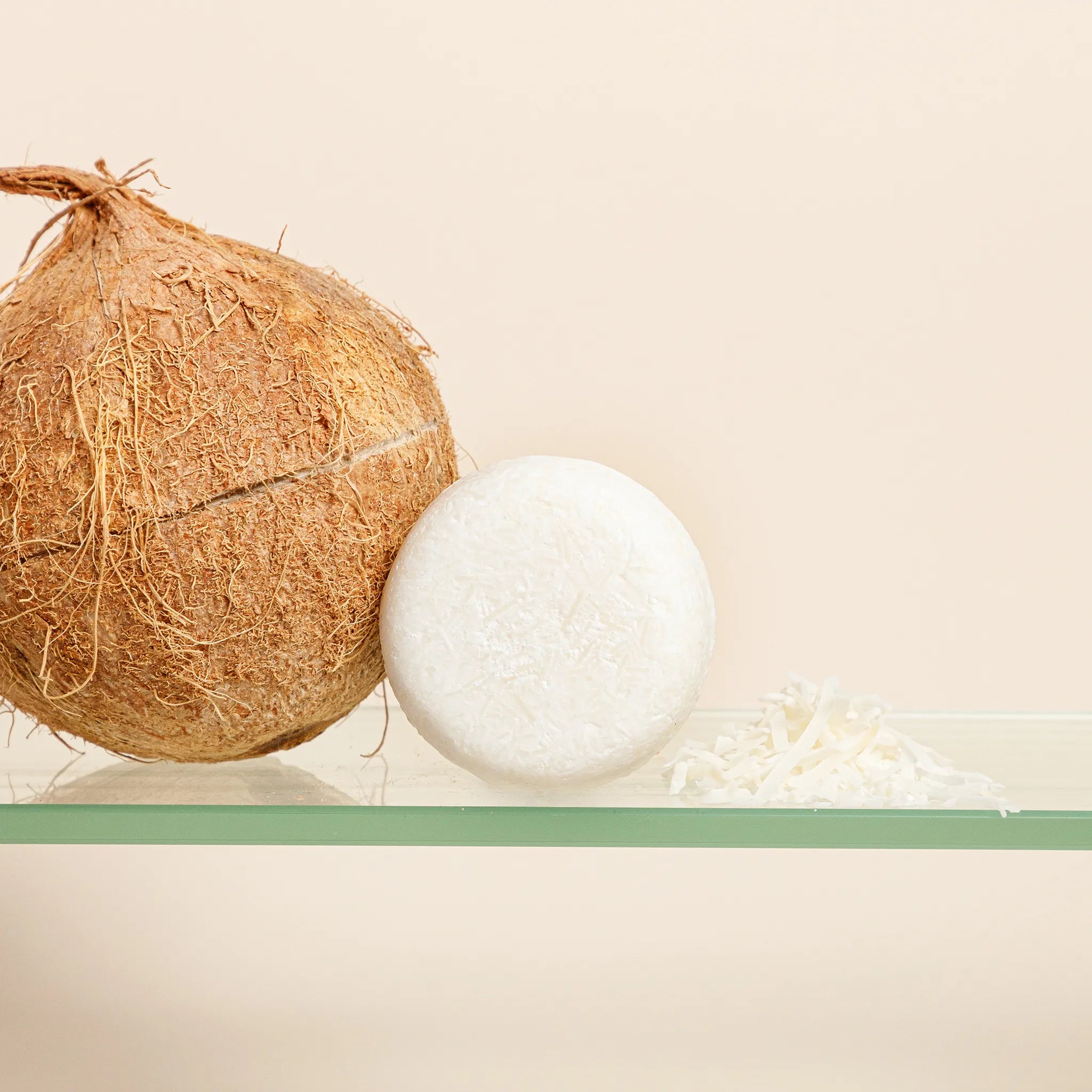
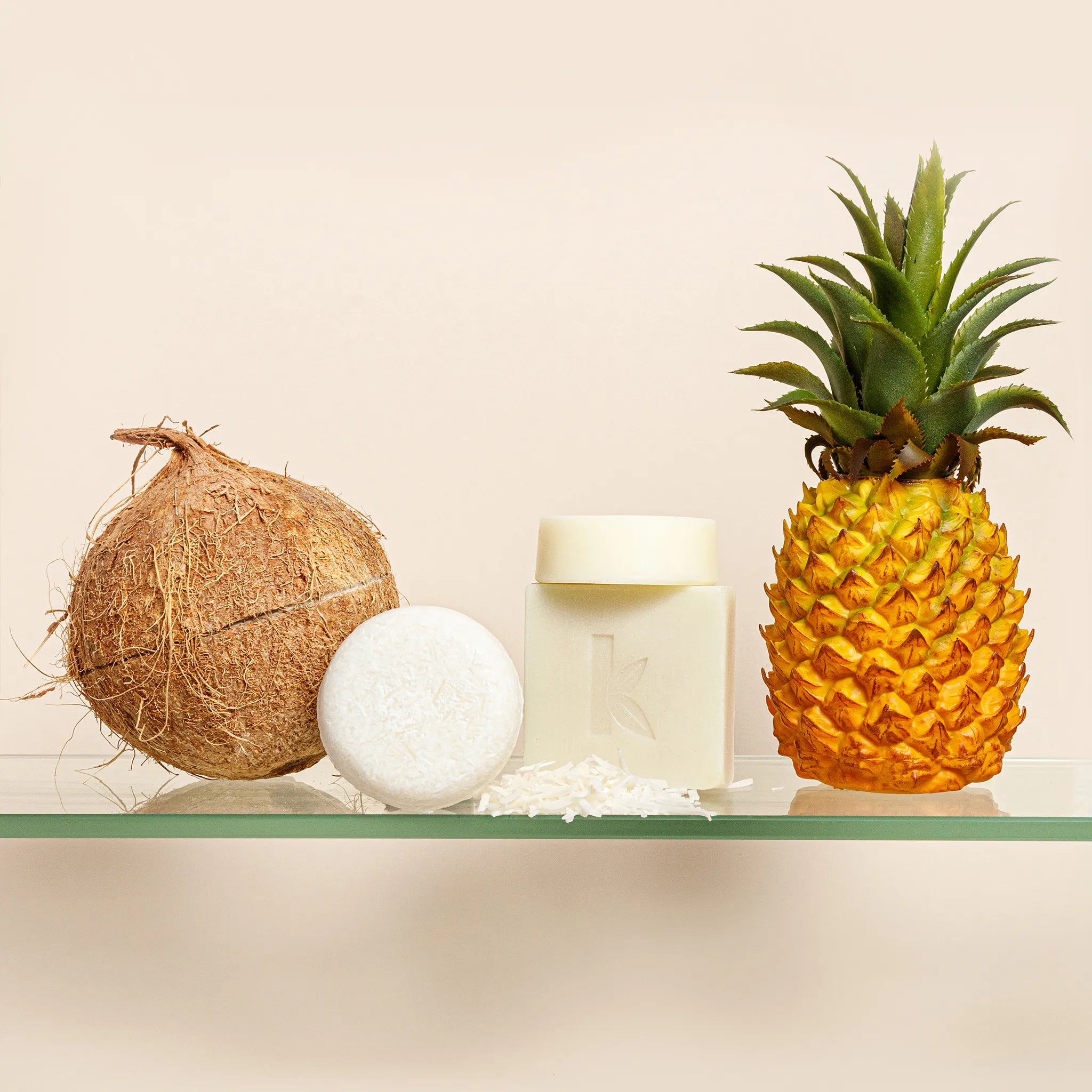
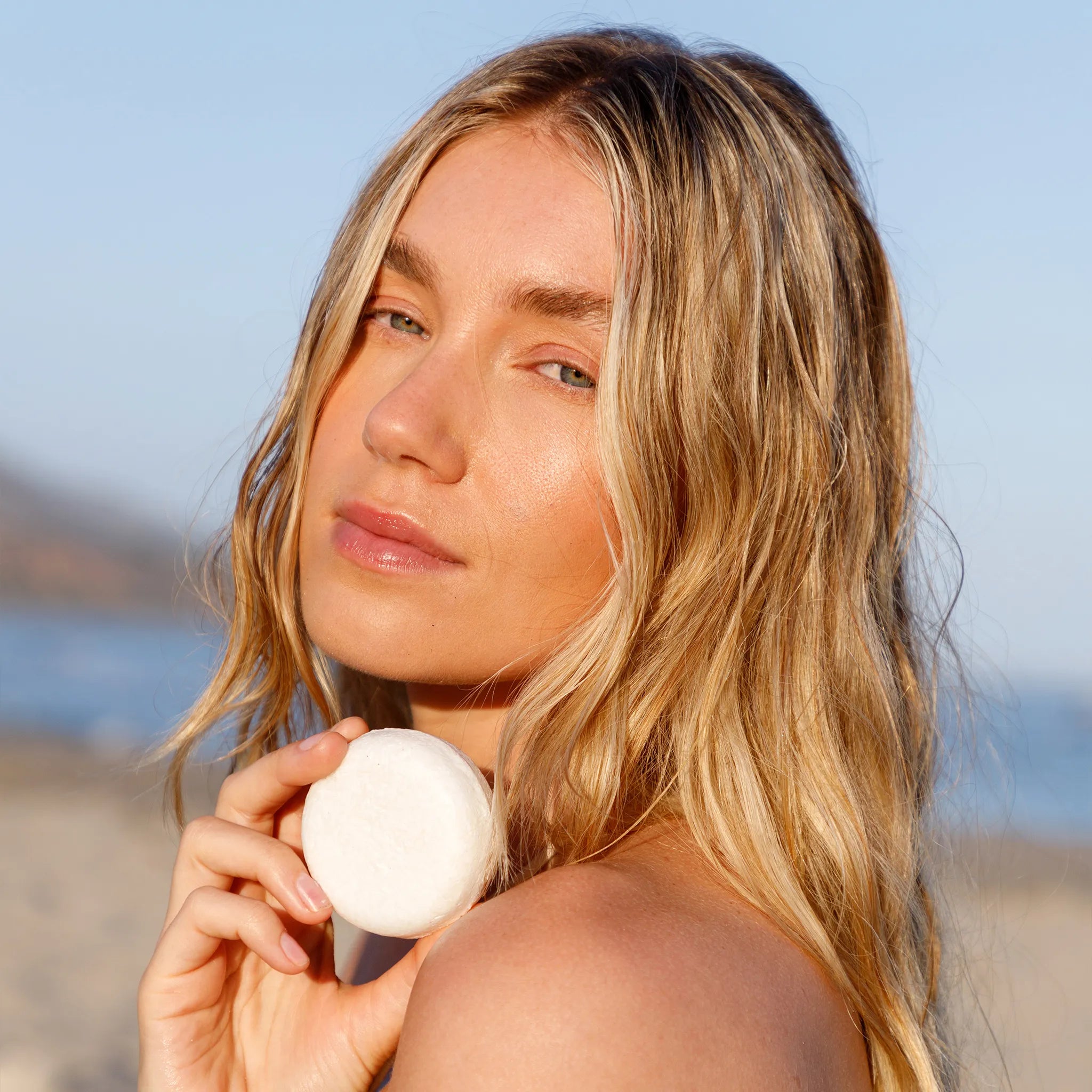
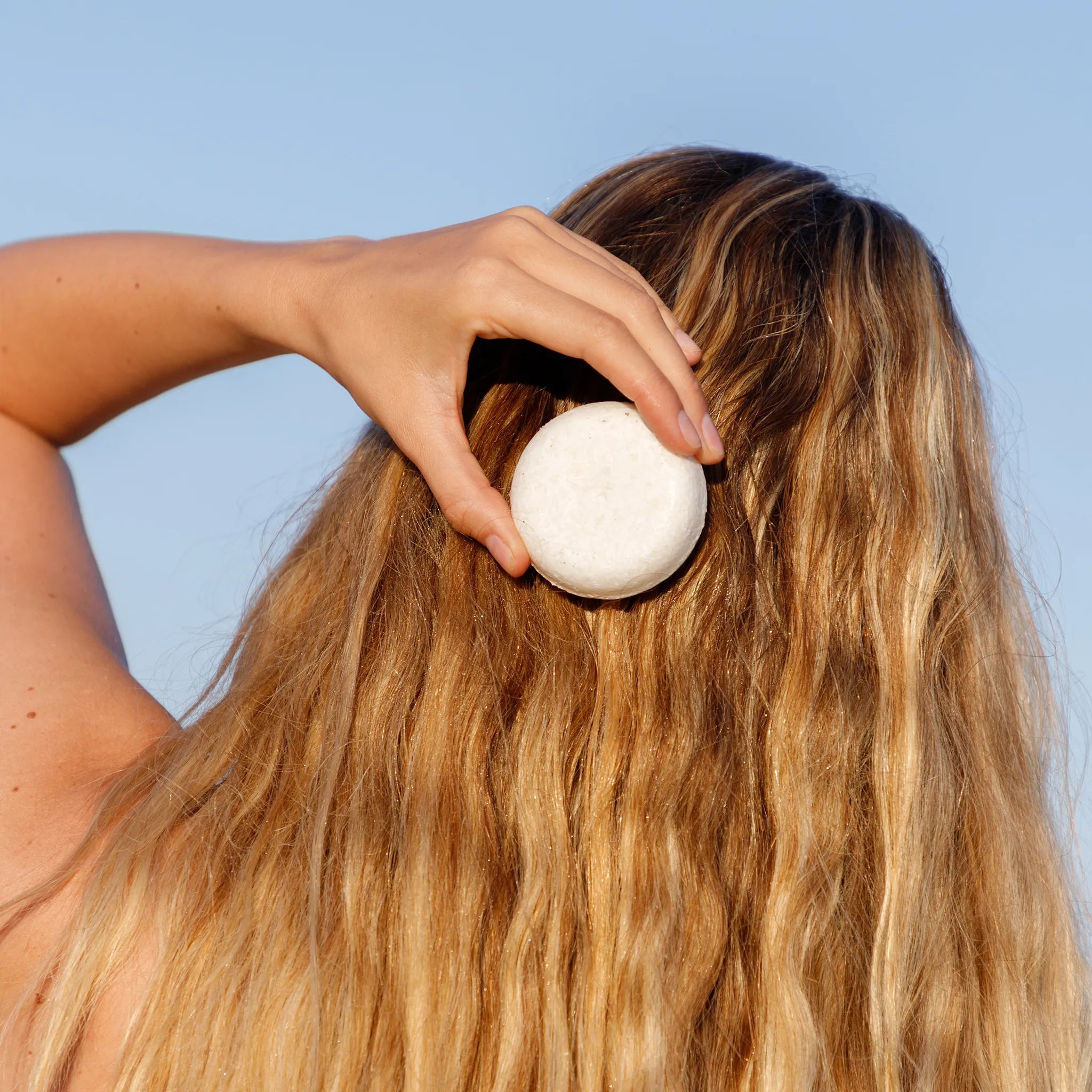
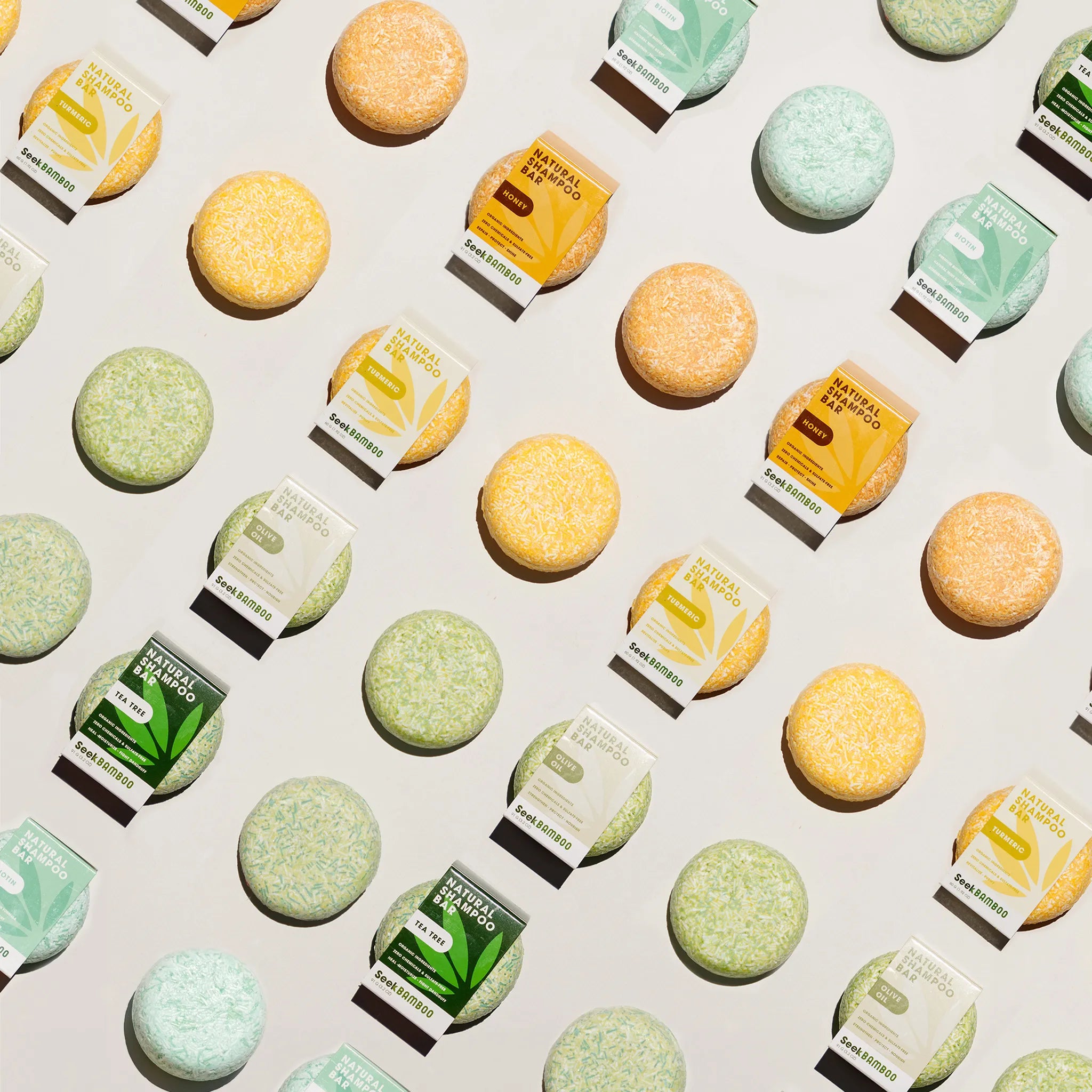
✓ Free of sulfates, palm oil, parabens, dyes, & synthetic fragrances
✓ Amino acid formula for all hair types, promoting strength, volume & vitality
✓ Packed with antioxidants & vitamins
✓ Larger 3.2 oz size lasts 70-90 washes, replacing up to 3 plastic bottles of shampoo
✓ Plastic-free & eco-friendly packaging, making it a sustainable choice for both your hair & the planet
Gentler on the Scalp
One of the biggest benefits of choosing SLS-free shampoo bars is how gentle they are on your scalp. SLS is known to strip the natural oils from your scalp, which can lead to dryness, irritation, and even an itchy or flaky scalp. For individuals with sensitive skin, eczema, or dandruff, SLS can exacerbate these conditions. By switching to an SLS-free shampoo, like one that uses amino acids as the foaming agent, you're giving your scalp a break from harsh chemicals. Instead, the formula gently cleanses without removing essential oils, maintaining your scalp’s natural moisture balance.
Avoiding Skin Irritation
SLS can be irritating, not just to your scalp, but to your skin overall. It's a common ingredient in cleaning products because it’s a powerful detergent, but that same strength can cause redness, dryness, and irritation when used frequently on the skin. SLS-free shampoo bars are a much milder alternative, especially for people with sensitive skin or anyone prone to allergic reactions. The natural ingredients in these bars, particularly amino acid-based cleansers, are formulated to be non-irritating, making them safe for all skin types, including those with sensitivities.
Healthier Hair
SLS can strip away too much oil, leaving hair dry and brittle over time. In contrast, SLS-free formulas using amino acids or other natural foaming agents help retain moisture, leaving your hair healthier, shinier, and more manageable. By preserving the hair’s natural oils, these shampoo bars reduce the need for excess conditioning or treatments, promoting long-term hair health.
The Science Behind Amino Acid Shampoo Foam
When it comes to creating a luxurious, creamy lather without relying on harsh chemicals, amino acids play a vital role. But how exactly do amino acids contribute to foaming in shampoo bars, and why are they a superior alternative to synthetic foaming agents like SLS?
Amino Acids: Nature’s Gentle Cleansers
Amino acids are the building blocks of proteins, and they are naturally gentle on both your hair and scalp. In shampoo bars, specific amino acids such as Sodium Cocoyl Glutamate and Sodium Lauryl Glutamate, derived from natural sources like coconut oil or palm oil, are used as foaming agents. These amino acids have unique molecular structures that allow them to cleanse effectively while creating a rich, satisfying lather.
Unlike sulfates, which can be aggressive and over-strip the hair, amino acids are milder yet still incredibly effective at removing dirt, oil, and impurities. The difference lies in how amino acids interact with your hair and scalp—while sulfates break down oils too harshly, amino acids maintain a delicate balance, cleansing without disrupting the natural moisture barrier.
How Amino Acids Produce Foam
Amino acids used in shampoo bars are surfactants—they reduce the surface tension between water and oils, allowing the shampoo to spread evenly across the hair and scalp. When combined with water, amino acids create foam by trapping air in small bubbles, forming a luxurious lather. This foam not only feels indulgent but also plays a key role in thoroughly cleansing the hair.
The reason amino acid-based foams feel softer and more luxurious is because they form smaller, denser bubbles compared to sulfates. This creates a more concentrated foam that is gentle yet highly effective, ensuring the hair is cleansed without feeling stripped or dried out.
Foaming Shampoo Bars
Amino Acids and Hair Health
In addition to their gentle foaming capabilities, amino acids provide added benefits for hair health. Because they are naturally moisturizing, they help lock in hydration while cleansing, preventing the hair from becoming brittle or dry. The amino acids also contribute to the overall texture and manageability of the hair, leaving it soft, smooth, and full of life after every wash.
In fact, amino acid-based shampoo bars are especially beneficial for those with sensitive scalps, color-treated hair, or anyone looking to avoid the harshness of traditional foaming agents. By creating a balance between cleansing and conditioning, amino acids ensure your hair remains healthy and nourished, wash after wash.
Environmentally Friendly Foam
Another major benefit of using amino acids as a foaming agent is their environmental impact—or rather, the lack of it. Unlike sulfates, which can harm aquatic life and contribute to water pollution, amino acids are biodegradable and break down naturally in the environment. This means that when you rinse out your shampoo bar, you’re not only caring for your hair but also making a sustainable choice that’s kinder to the planet.
Myths About Foam and Cleansing Power
When it comes to shampoo, many people associate a rich, thick lather with effective cleaning. This is one of the most common myths in hair care—the idea that more foam equals a deeper clean. While foam can certainly make your hair-washing experience feel more luxurious, it’s not the amount of foam that determines how well your shampoo works.
The Misconception: More Foam, Better Clean
This misconception stems from the popularity of traditional shampoos that use Sodium Lauryl Sulfate (SLS) or other sulfates as foaming agents. Sulfates produce a lot of foam very quickly, and for years, consumers have been conditioned to believe that if their shampoo isn’t foaming up a lot, it’s not working. However, this isn’t the case.
In reality, the cleaning power of shampoo comes from its ability to break down oils, dirt, and impurities on the scalp and hair—not from the amount of foam it creates. Sulfates are efficient at producing foam, but they can be too harsh for your hair and scalp, stripping away not only dirt but also the natural oils your hair needs to stay healthy.
The Truth: Cleansing Without Excess Foam
Amino acid-based shampoo bars, like the ones you offer, cleanse effectively without the need for excessive foam. These bars use mild, natural surfactants derived from amino acids, which work just as well—if not better—at cleaning your hair than sulfate-laden shampoos. The difference is in how they achieve this.
Amino acids are much gentler and work by breaking down oils and impurities without stripping the scalp of its protective oils. The foam they produce may be softer and less abundant than that of sulfate shampoos, but it’s just as effective at removing dirt and excess oil. You might not see mountains of bubbles, but that doesn’t mean your hair isn’t getting a thorough cleanse. In fact, amino acid-based foams are denser and more conditioning, helping your hair retain moisture and stay healthy.
Why Less Foam Can Be Better
Excessive foam is not only unnecessary for cleaning, but it can also be a sign that your shampoo contains harsh chemicals that could damage your hair in the long run. Sulfates like SLS create quick, abundant foam, but they also dry out the hair, leading to issues like frizz, breakage, and scalp irritation.
By choosing SLS-free shampoo bars that foam with amino acids, you’re opting for a gentler, more balanced cleanse. While the lather may seem lighter, it’s actually more beneficial for your hair’s long-term health. Less foam means fewer harsh chemicals, which in turn means a healthier scalp, less dryness, and more naturally hydrated hair.
Shampoo Partners
A Foamy, Gentle Clean You Can Feel Good About
When it comes to shampoo bars that foam, the key is understanding that not all foam is created equal. While traditional shampoos rely on harsh chemicals like SLS to create abundant lather, amino acid-based shampoo bars offer a gentler, more effective solution. These natural ingredients work to cleanse your hair while maintaining moisture, protecting your scalp, and reducing environmental impact.
The idea that more foam means better cleansing is a myth—it's the ingredients in your shampoo that truly matter. With amino acids as the foaming agents, you’re still getting a luxurious lather, but without the harshness of sulfates or synthetic chemicals. Plus, choosing SLS-free shampoo bars is not only a healthier choice for your hair, but also for the planet, as these bars are biodegradable and eco-friendly.
Whether you’re looking to avoid irritation, maintain scalp health, or make a more sustainable choice, shampoo bars that foam naturally with amino acids provide the perfect balance of gentle cleansing and rich, indulgent foam. So, the next time you reach for a shampoo bar, rest assured that you’re getting a high-quality, effective product that doesn’t compromise on your hair’s health—or the environment.
Switch to shampoo bars that foam naturally, and experience a clean that’s gentle, luxurious, and truly sustainable.
Lathering Up Your Foaming Questions
Everything You Need To Know About Our Foaming Shampoo Bars
Do shampoo bars foam like liquid shampoos?
Yes, shampoo bars can foam just like liquid shampoos, but the source of the foam differs. Many traditional liquid shampoos use Sodium Lauryl Sulfate (SLS), a harsh chemical that produces quick and abundant foam. SLS-free shampoo bars, like those containing amino acid-based surfactants (such as Sodium Cocoyl Glutamate), create a rich, creamy lather that is gentler on both the scalp and hair while still delivering an effective cleanse.
What makes shampoo bars foam without SLS?
SLS-free shampoo bars foam using natural, plant-based ingredients like amino acids. Ingredients such as Sodium Cocoyl Glutamate and Sodium Lauryl Glutamate are derived from coconut or palm oil and act as gentle foaming agents. These amino acid-based cleansers create a lather by lowering the surface tension between oils and water, allowing for effective cleaning without harsh sulfates.
Are SLS-free shampoo bars as effective as regular shampoo?
Yes, SLS-free shampoo bars are just as effective at cleaning hair as traditional shampoos. While they may produce less foam, the amino acids and natural surfactants in these bars cleanse just as thoroughly without stripping your hair of its natural oils. This makes them a great option for maintaining healthy, moisturized hair and a balanced scalp.
Is foam necessary for cleaning hair?
No, foam is not necessary for effective hair cleansing. Foam is often associated with cleanliness, but the cleaning power actually comes from the shampoo’s ingredients breaking down oils and impurities. Amino acid-based shampoo bars create a denser foam that cleans just as well as sulfate-heavy shampoos, while being gentler on your hair and scalp.
Can SLS-free shampoo bars help with scalp irritation?
Yes, SLS-free shampoo bars can be much better for sensitive or irritated scalps. Sodium Lauryl Sulfate (SLS), commonly found in traditional shampoos, can cause dryness, irritation, and even exacerbate conditions like eczema. Amino acid-based foaming agents, on the other hand, cleanse gently while preserving the natural oils that protect your scalp from irritation.
How do I use a shampoo bar to get the best foam?
To get the best foam from a shampoo bar, ensure your hair and the bar are thoroughly wet. Rub the bar between your hands to create lather, or directly apply the bar to your scalp using circular motions. Work the foam through your hair and scalp, adding water as needed to increase lather. Amino acid-based shampoo bars create a more luxurious lather when combined with sufficient water.
Are SLS-free shampoo bars good for all hair types?
Yes, SLS-free shampoo bars are suitable for all hair types, including curly, wavy, and color-treated hair. The gentle nature of amino acid-based cleansers makes these bars ideal for maintaining moisture, reducing frizz, and keeping hair soft. Unlike sulfate shampoos, which can dry out or damage hair, SLS-free bars nourish and cleanse without stripping natural oils.
Are shampoo bars environmentally friendly?
Yes, shampoo bars are a more eco-friendly option compared to traditional liquid shampoos. Not only do they come in plastic-free, zero-waste packaging, but amino acid-based foaming agents used in these bars are biodegradable and safer for the environment. Traditional sulfates, like SLS, can contribute to water pollution and harm marine life, making shampoo bars the better choice for a sustainable routine.


